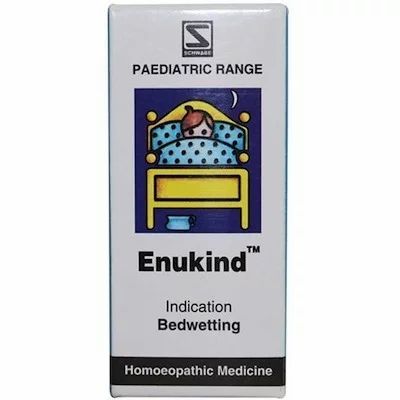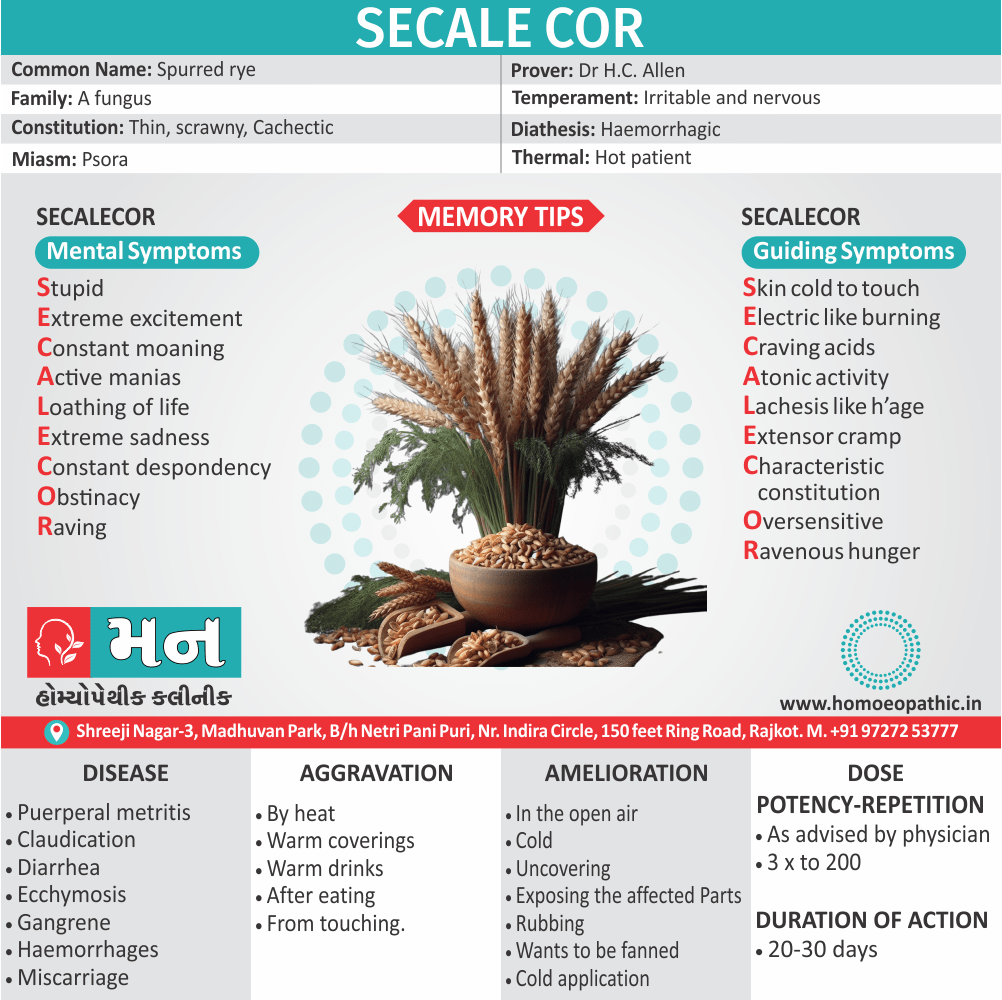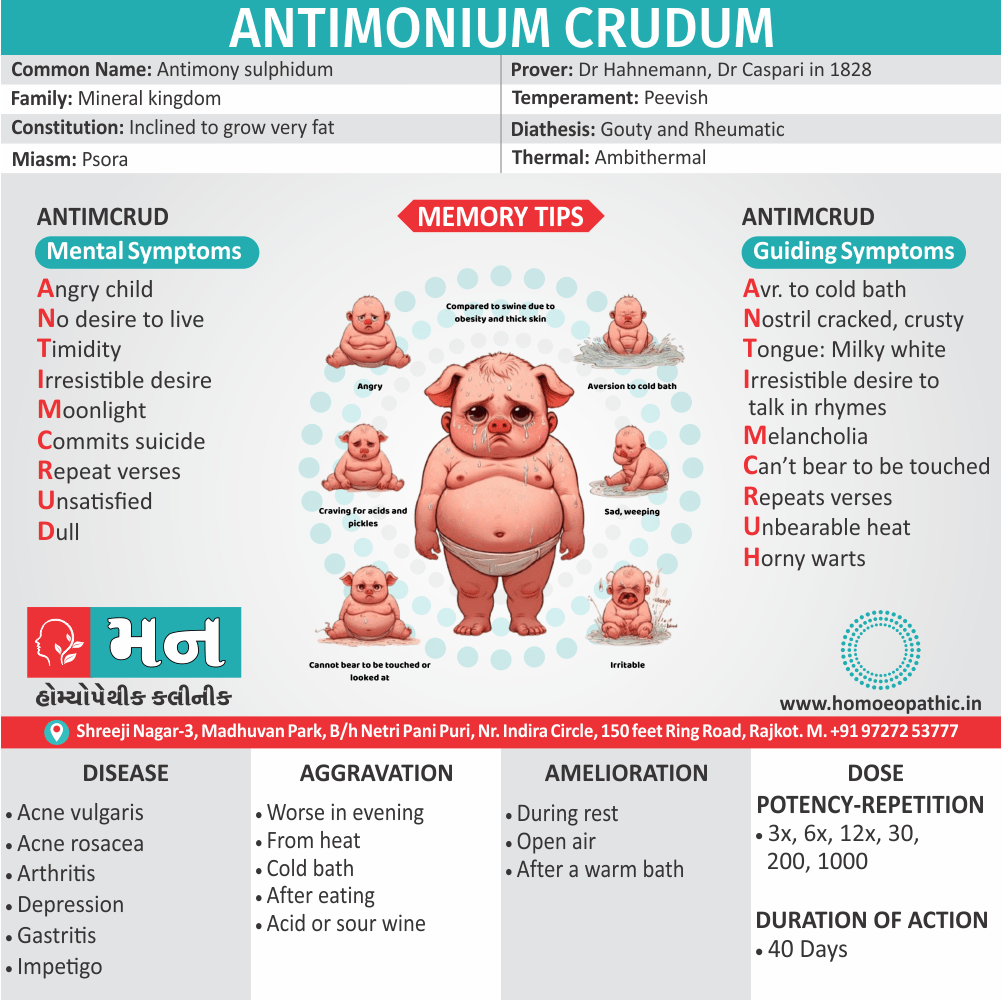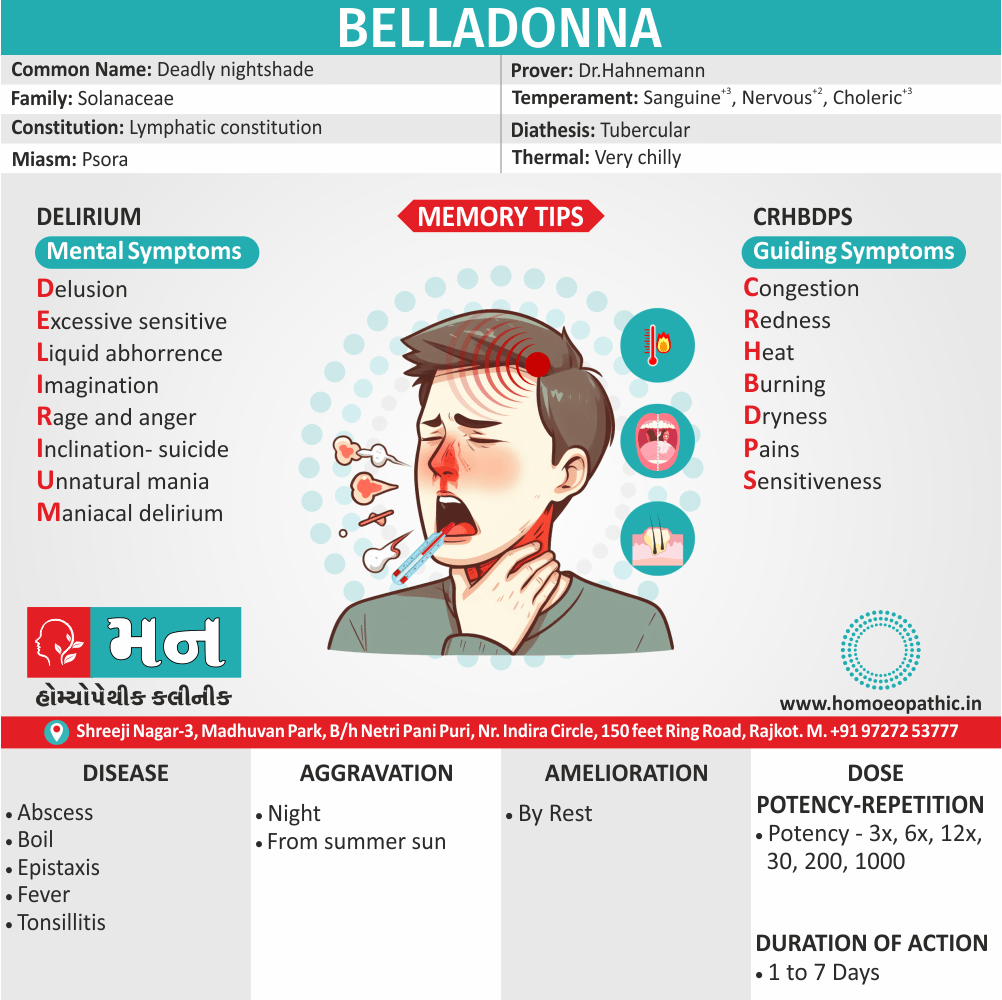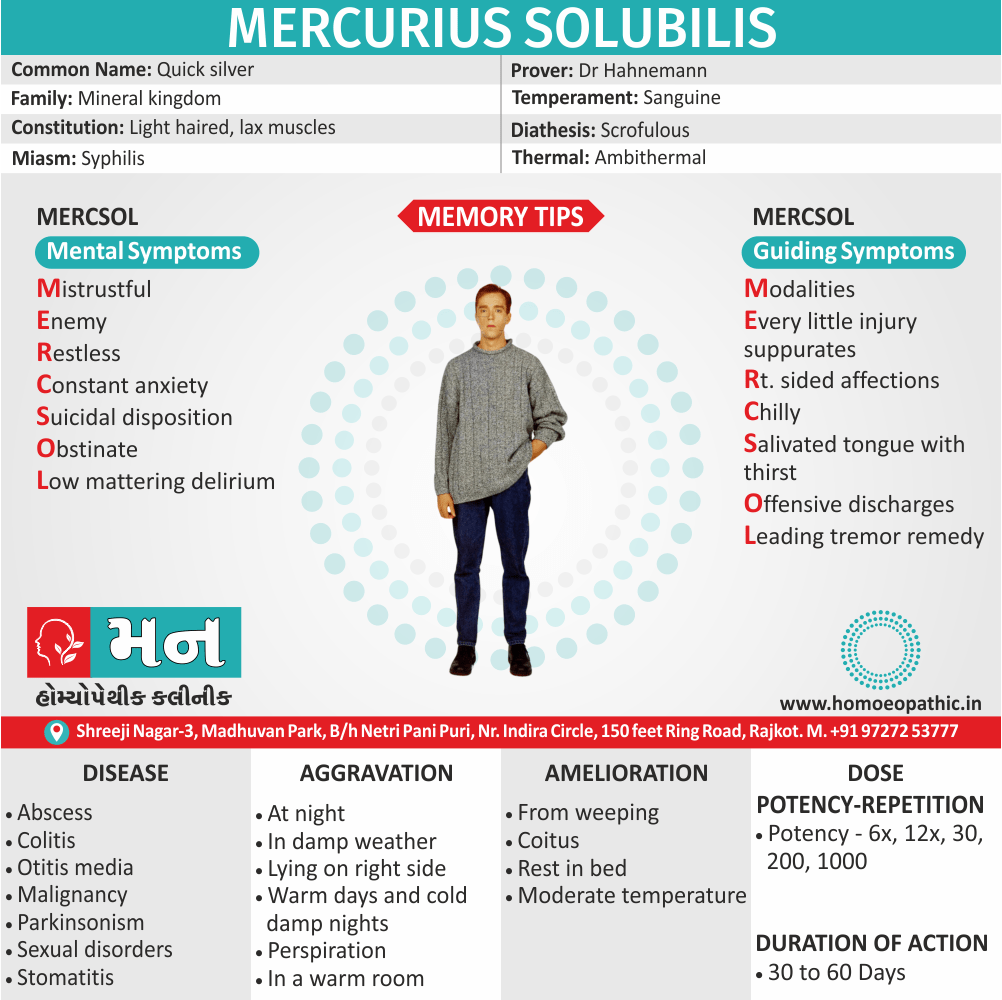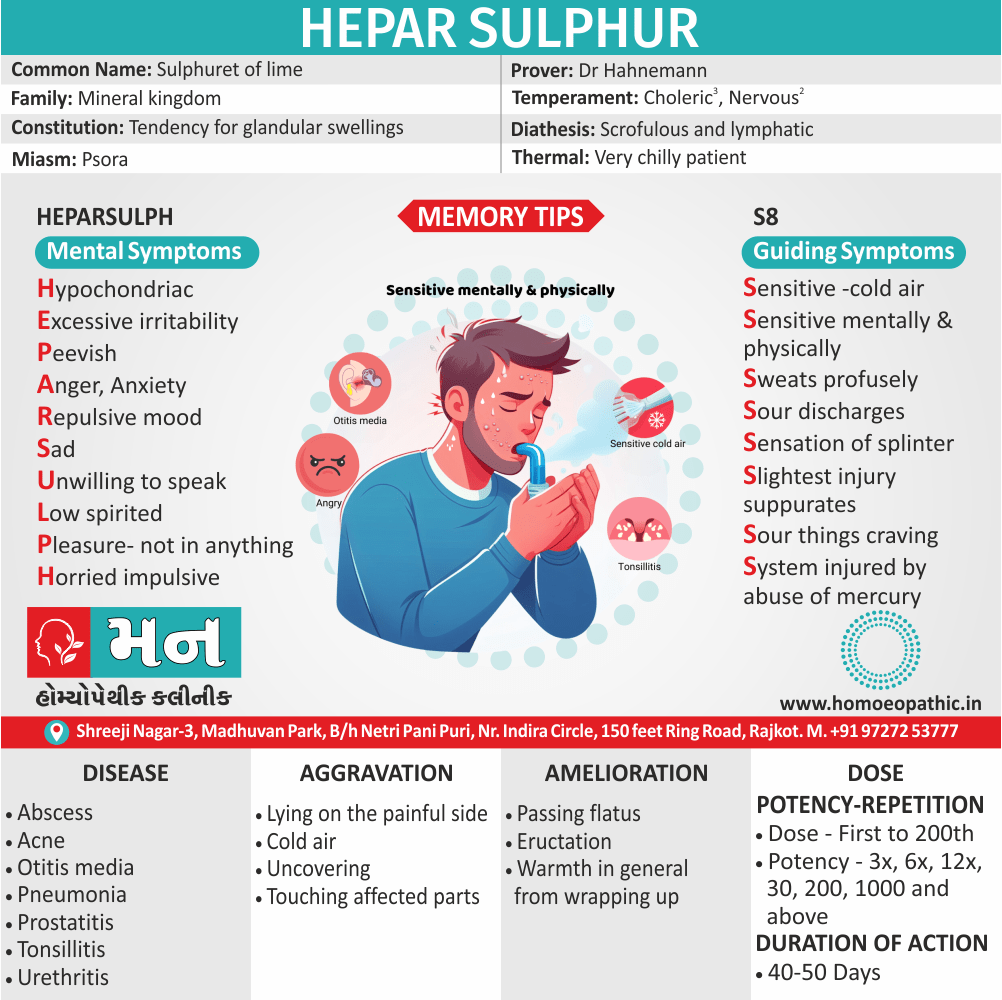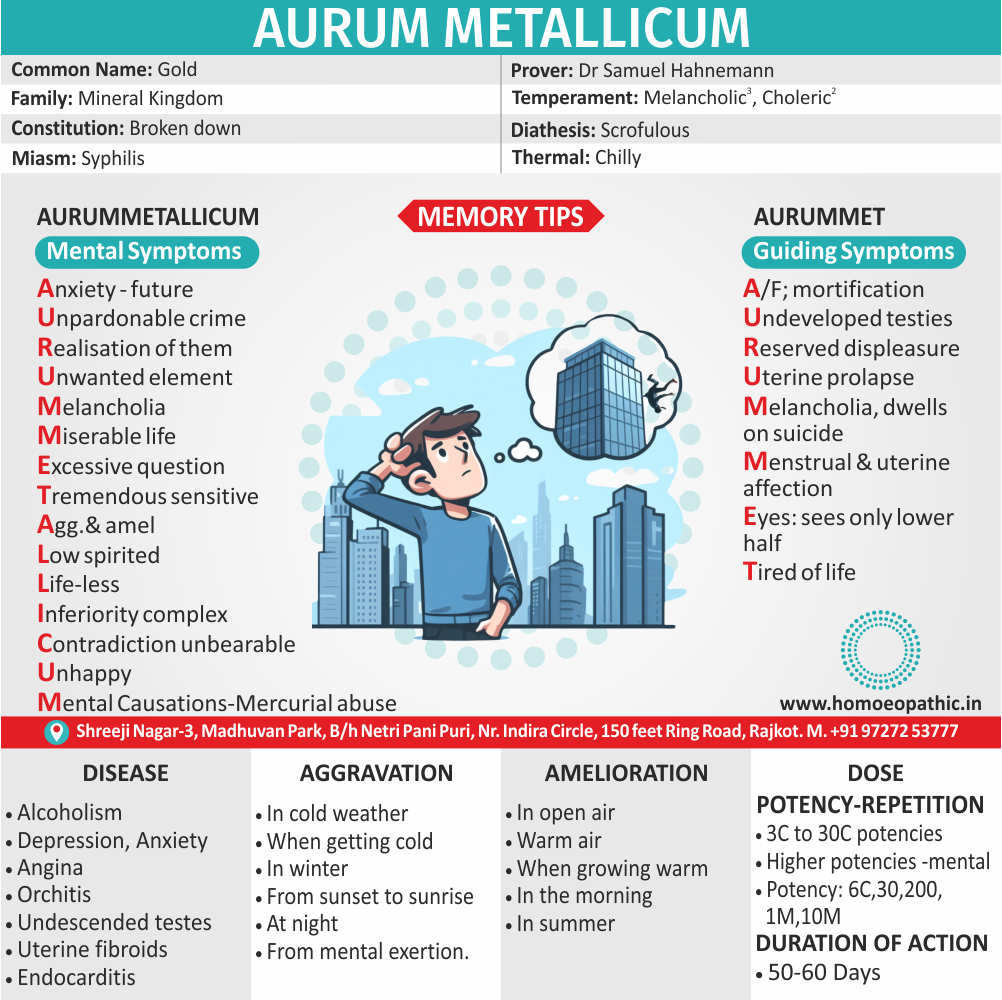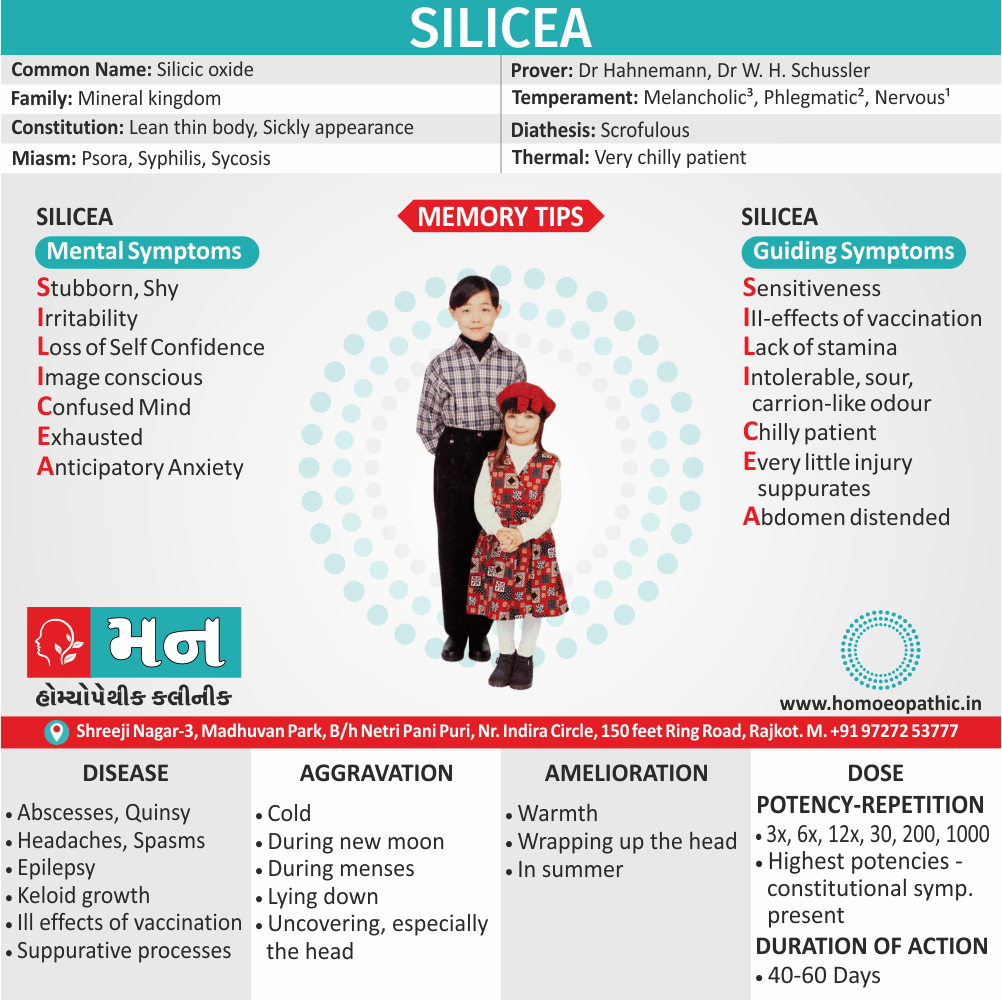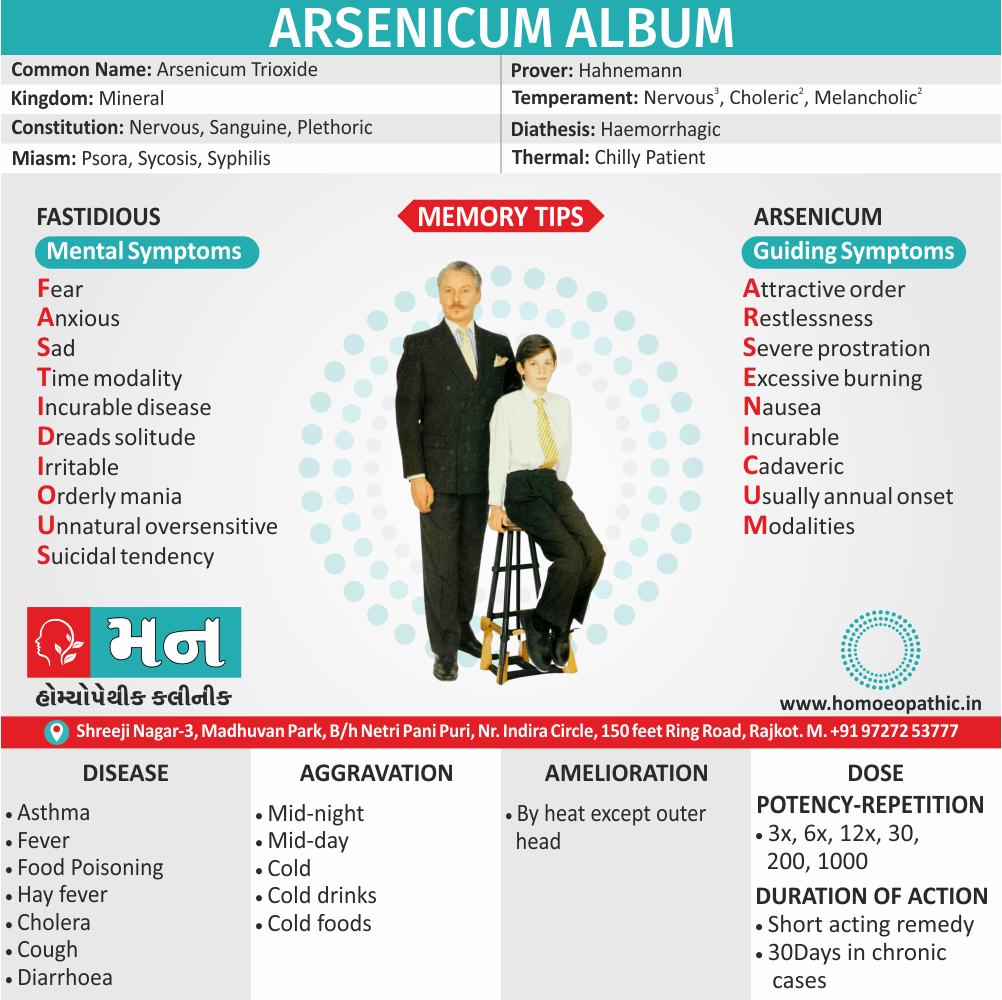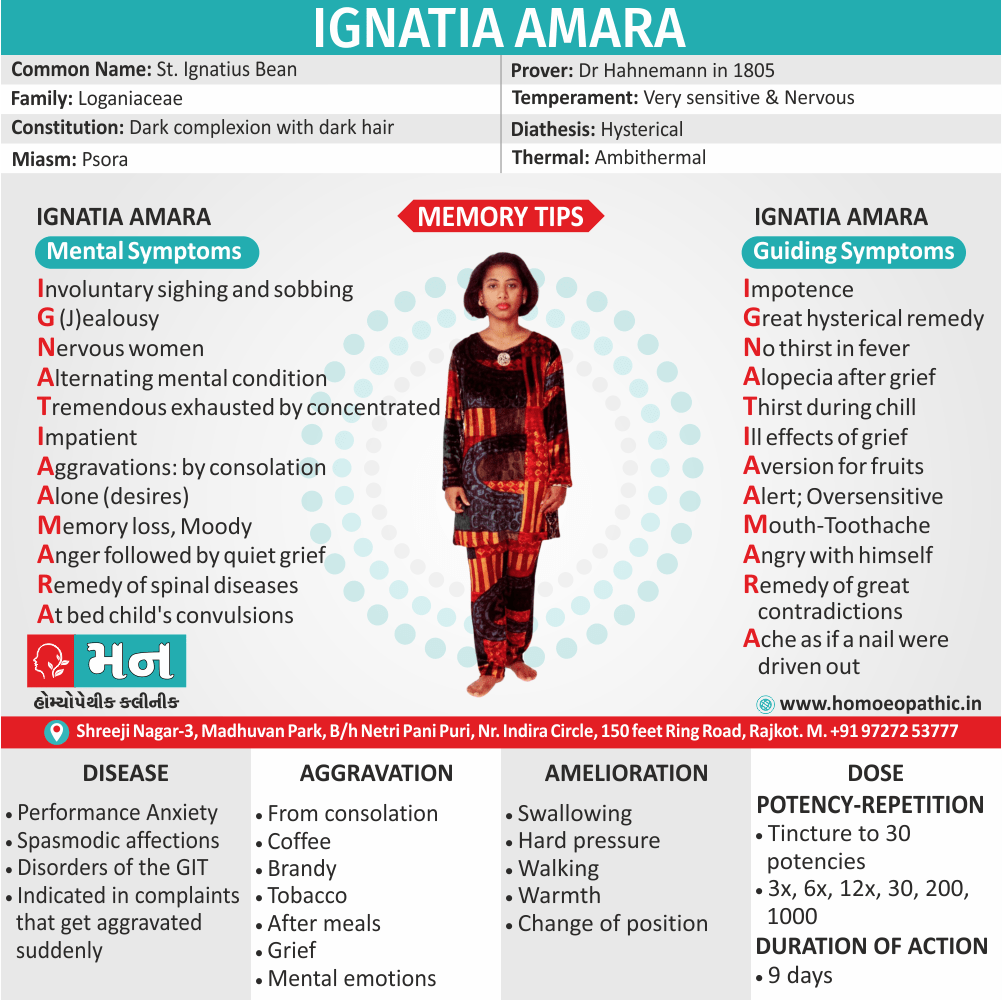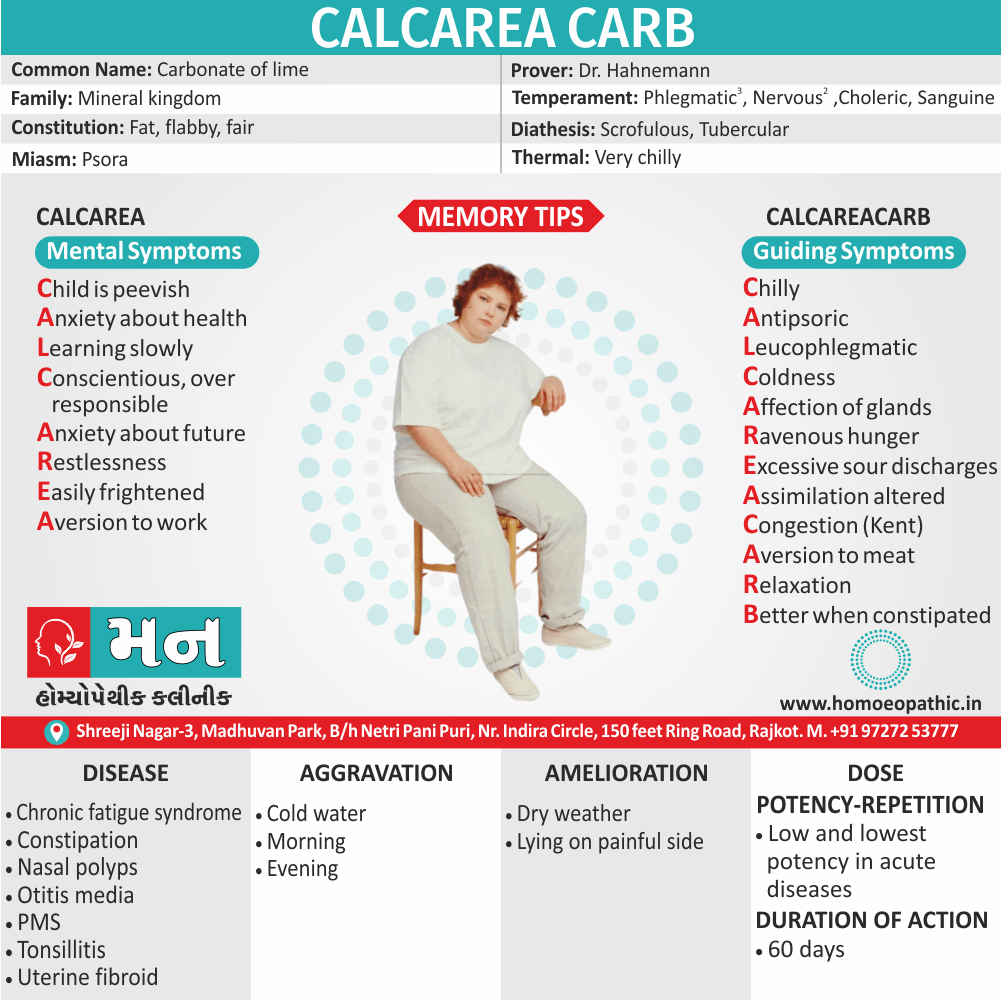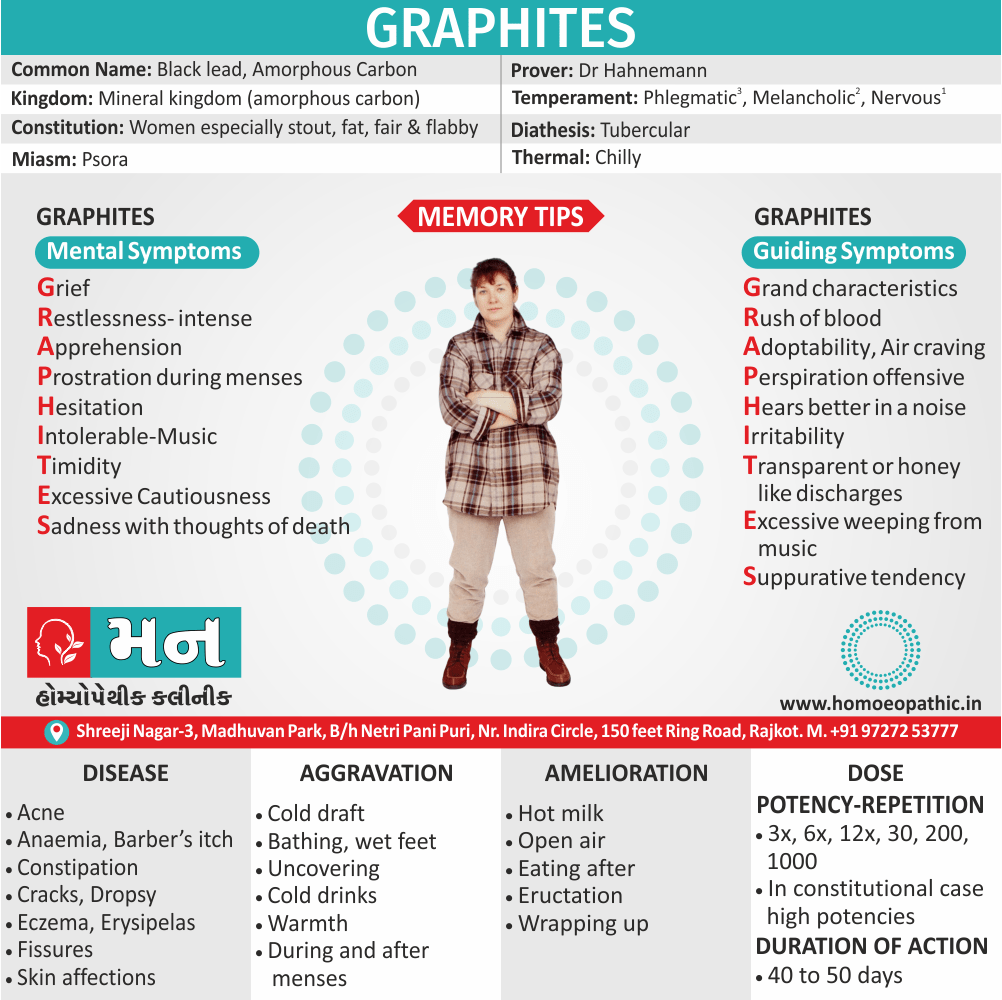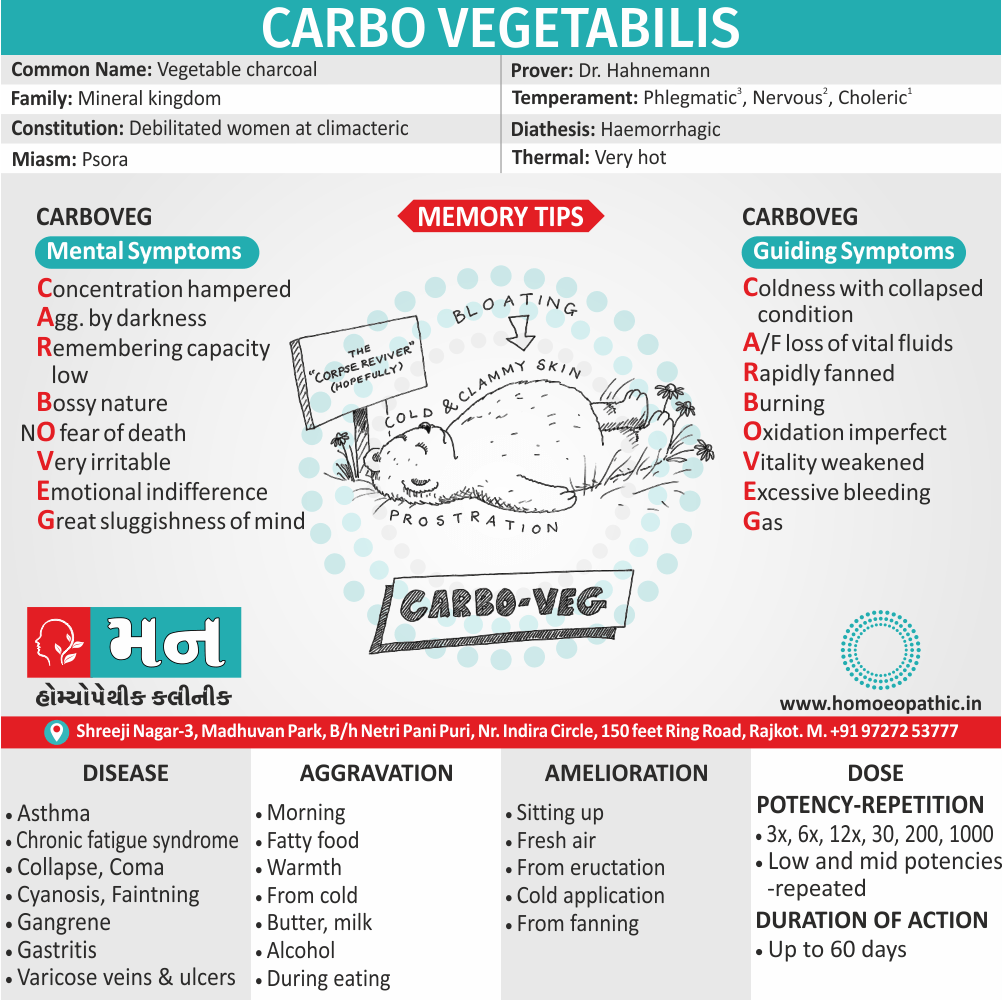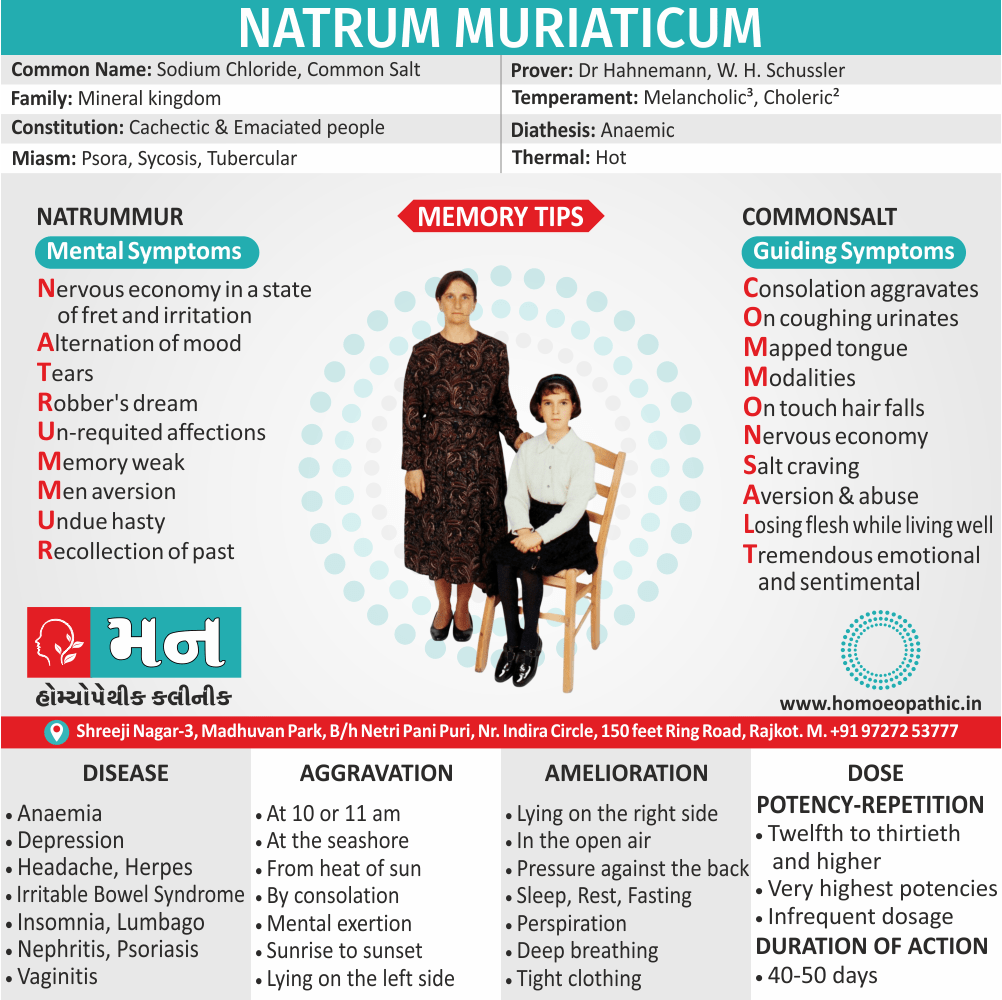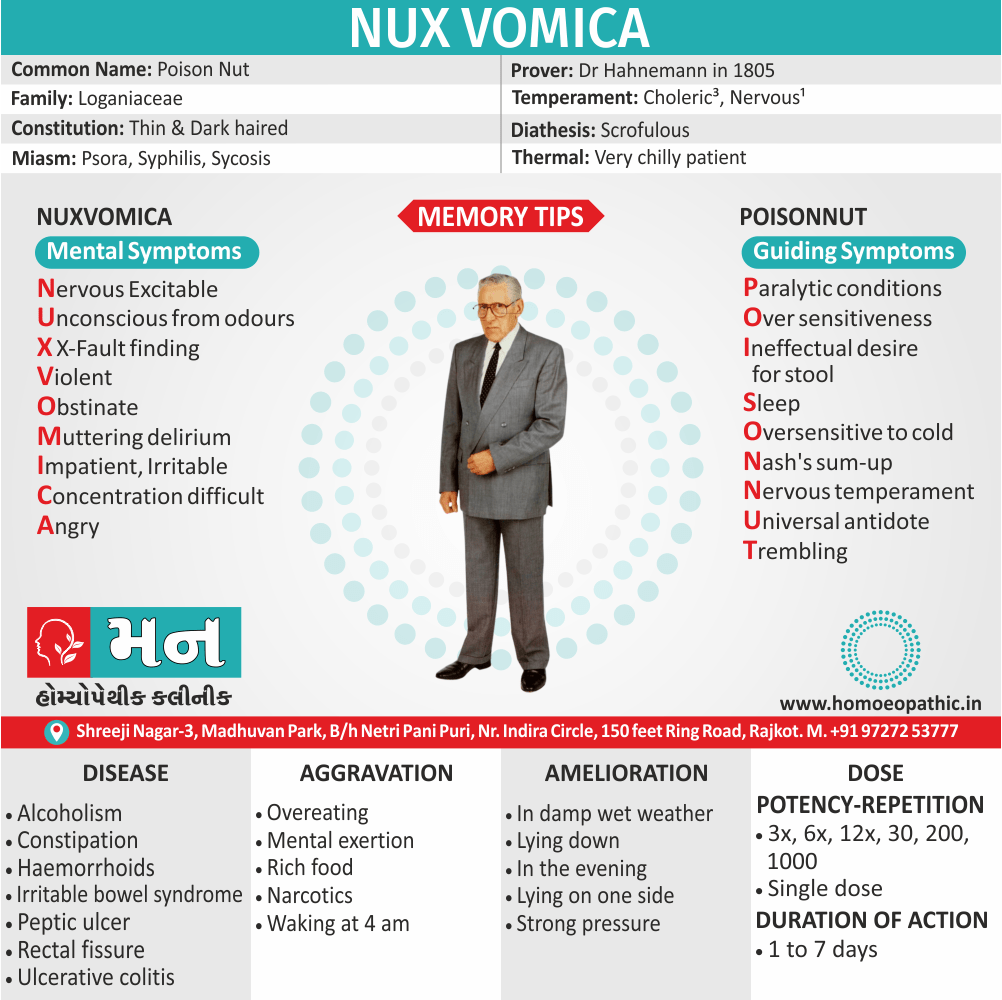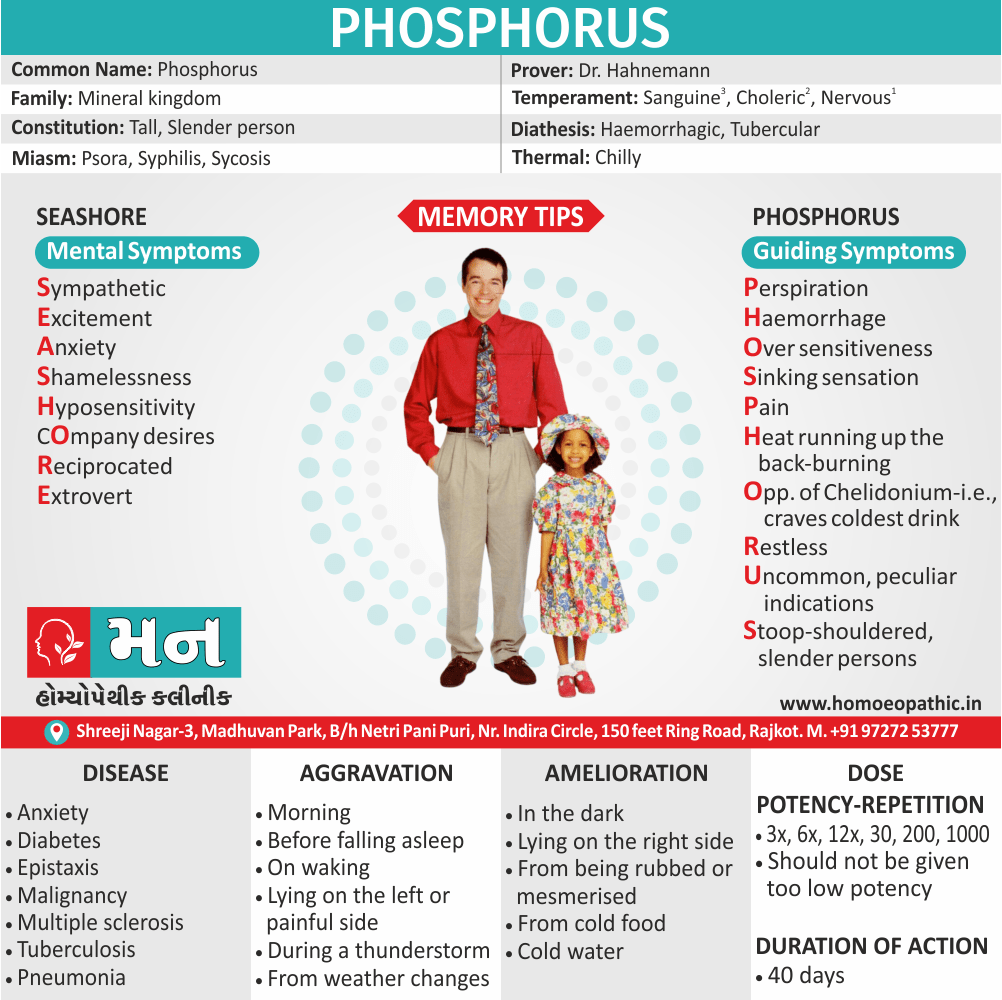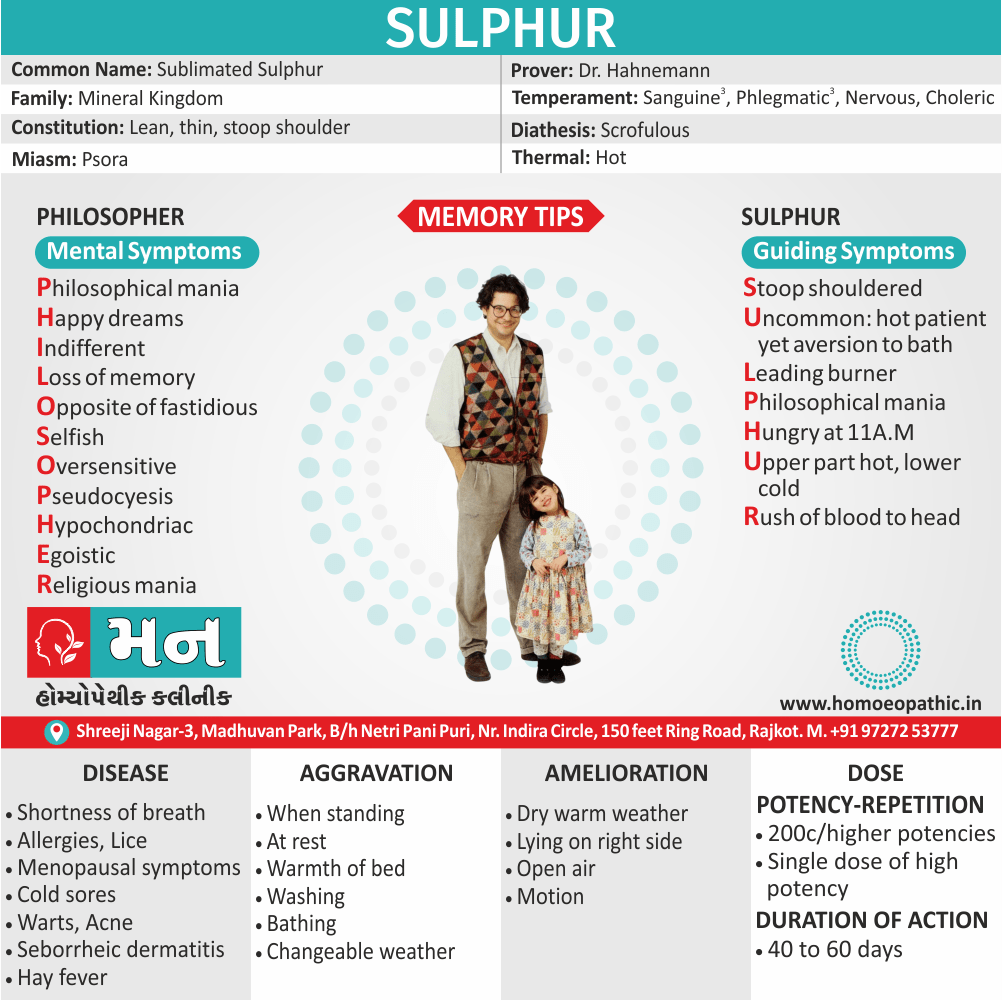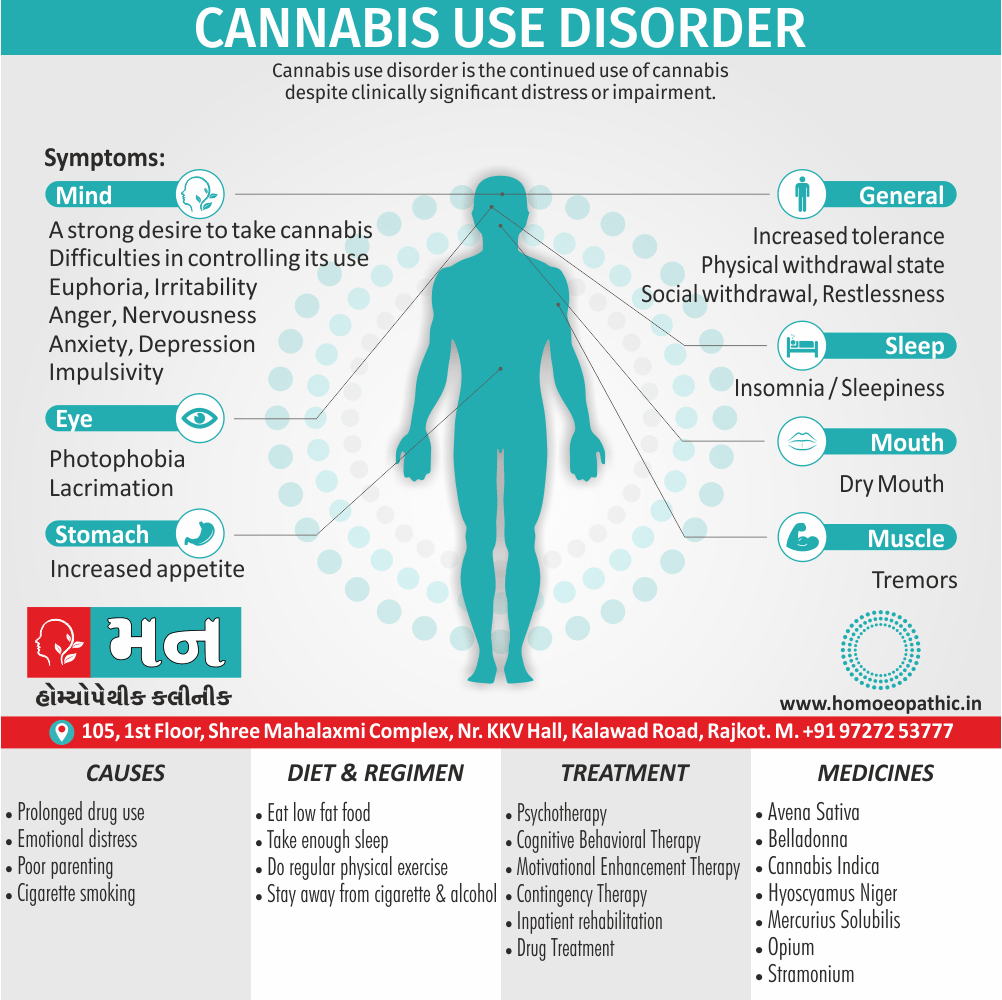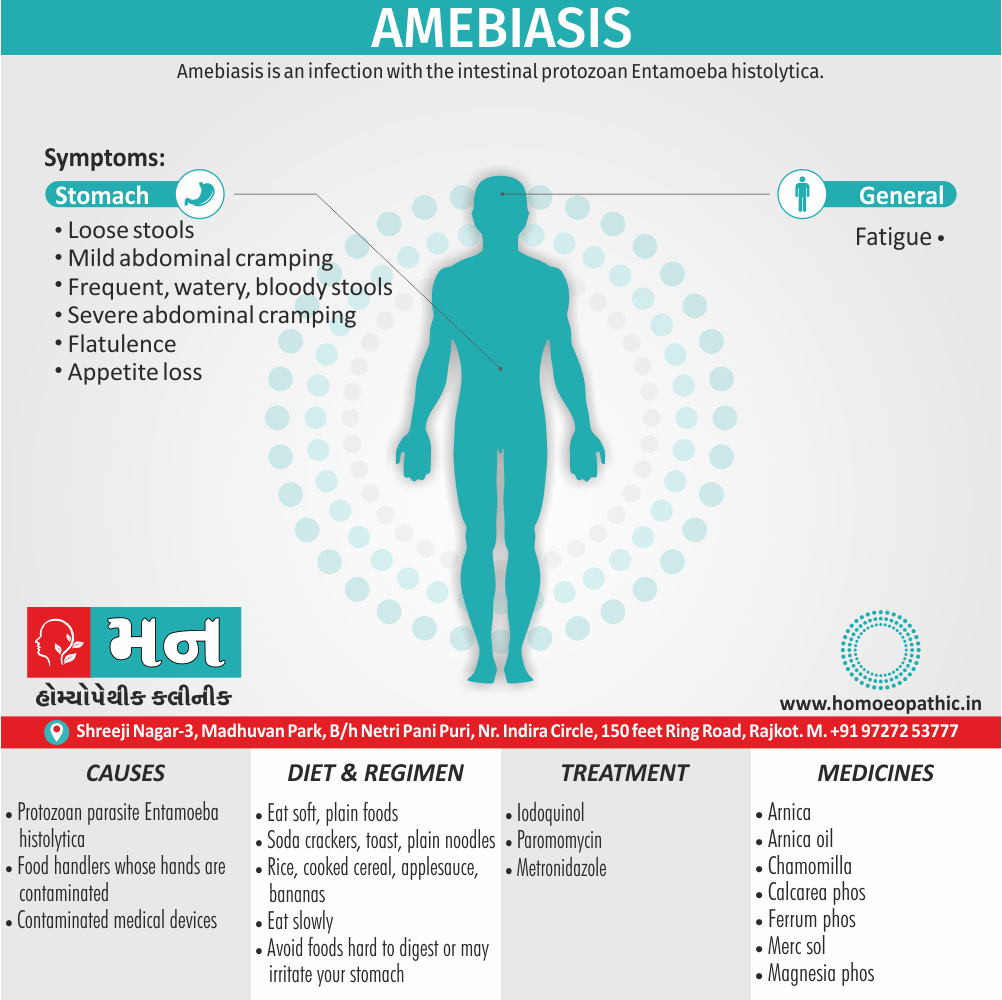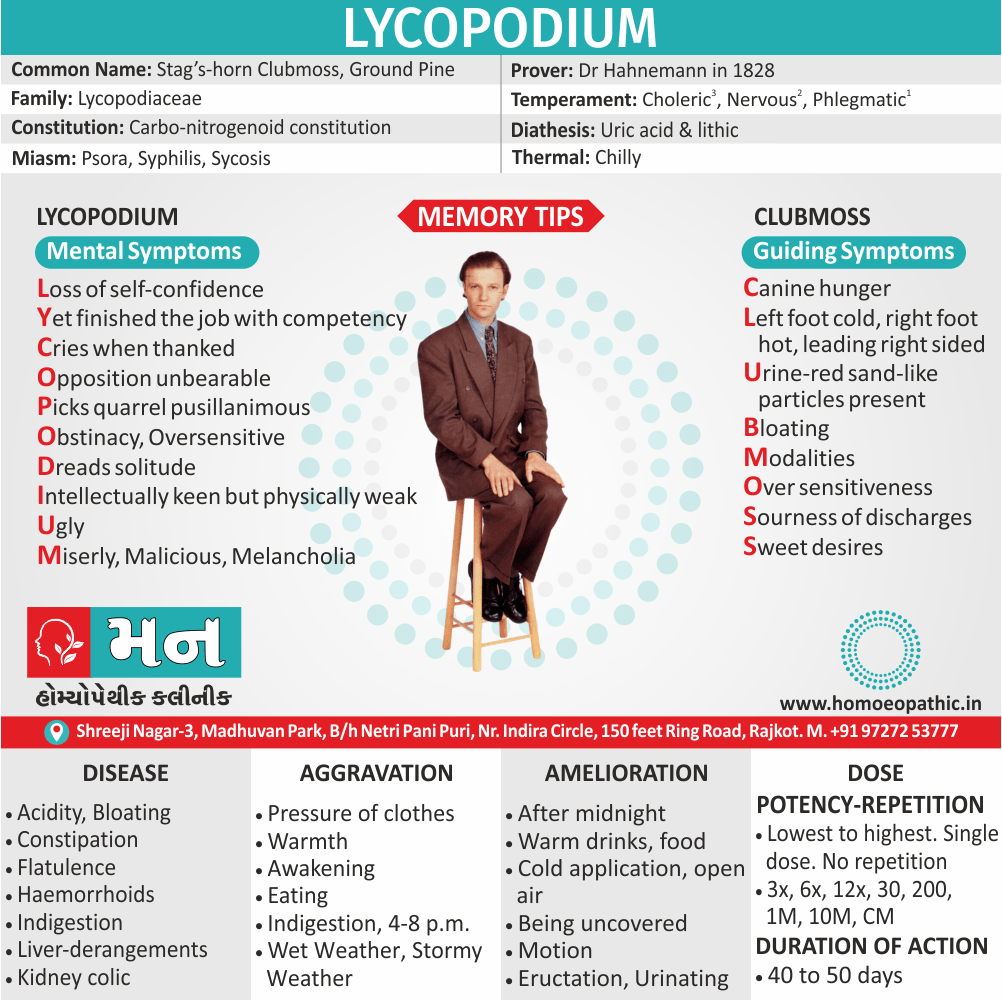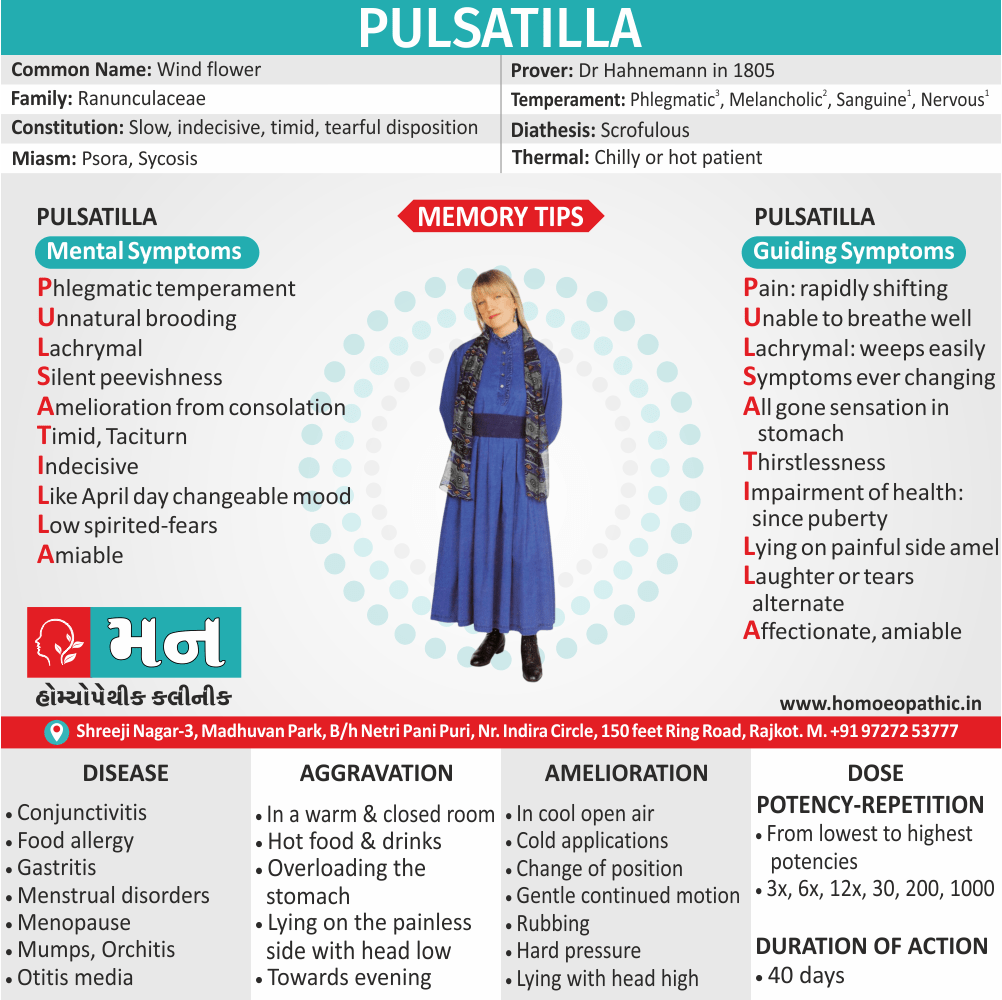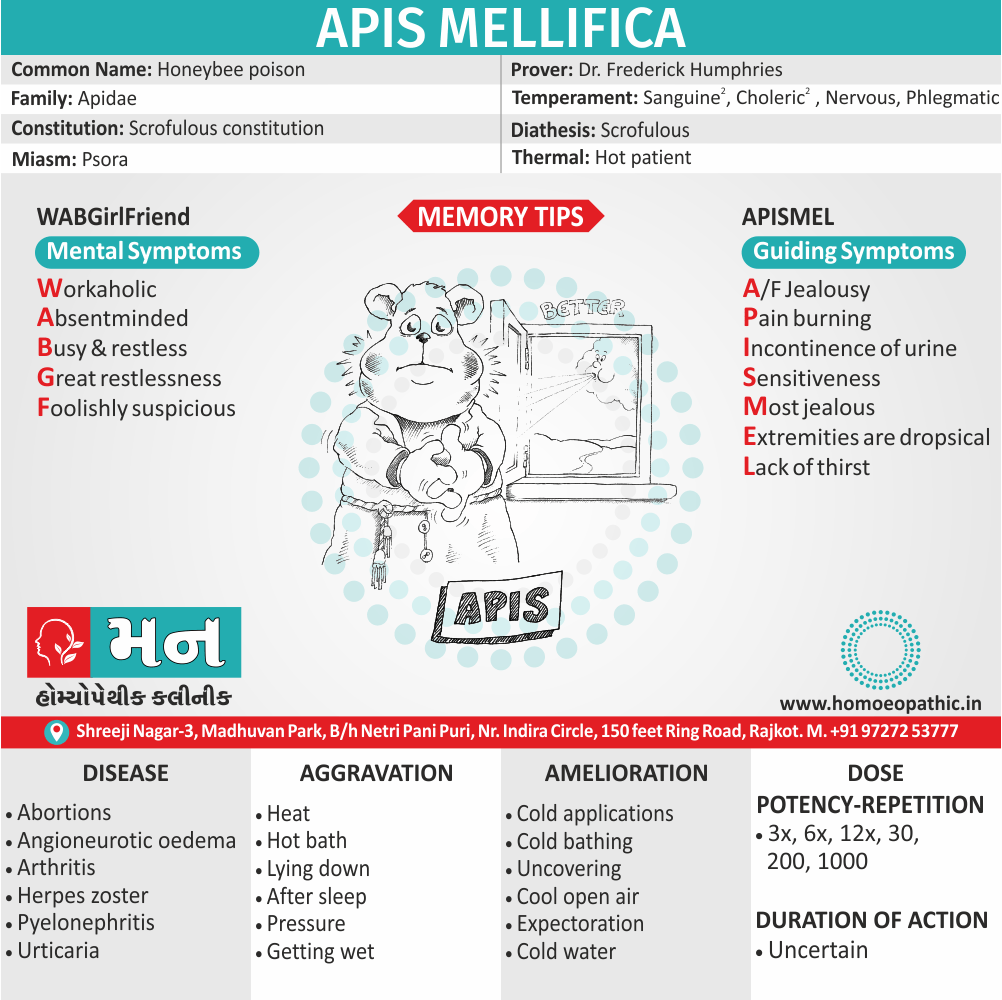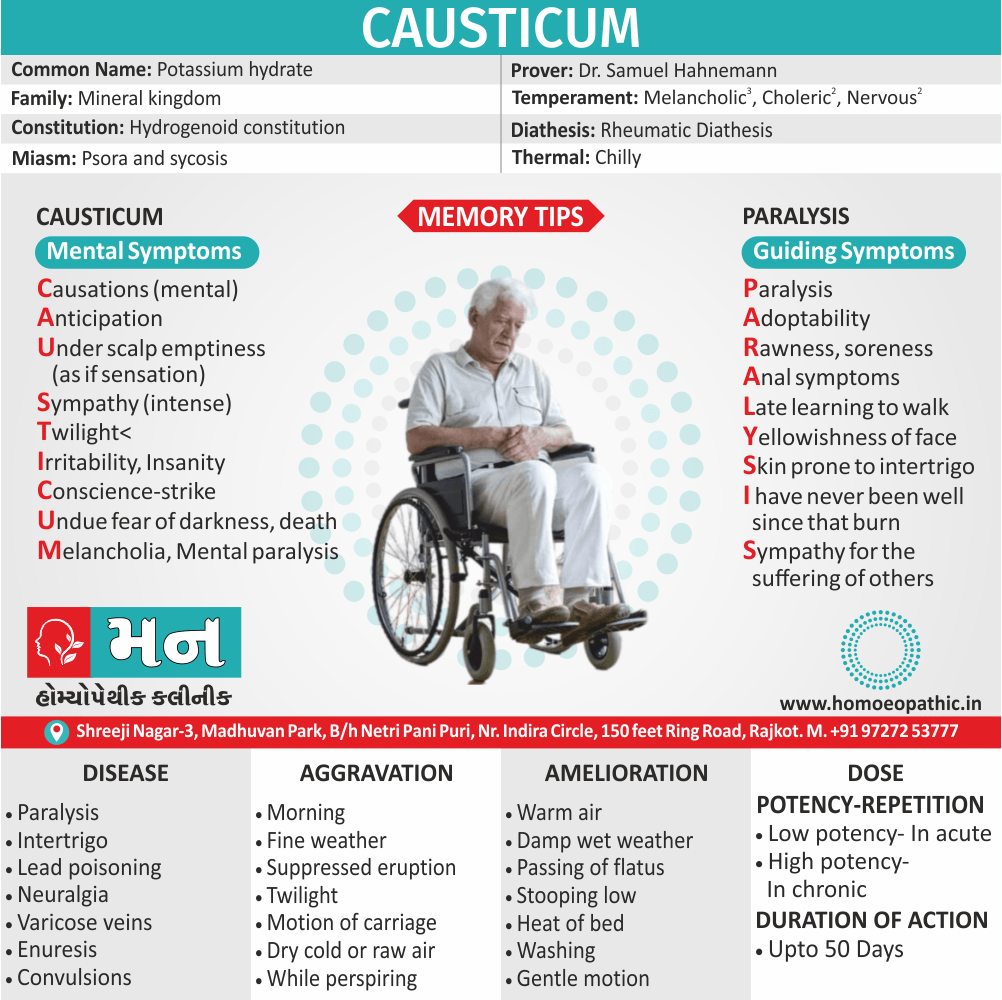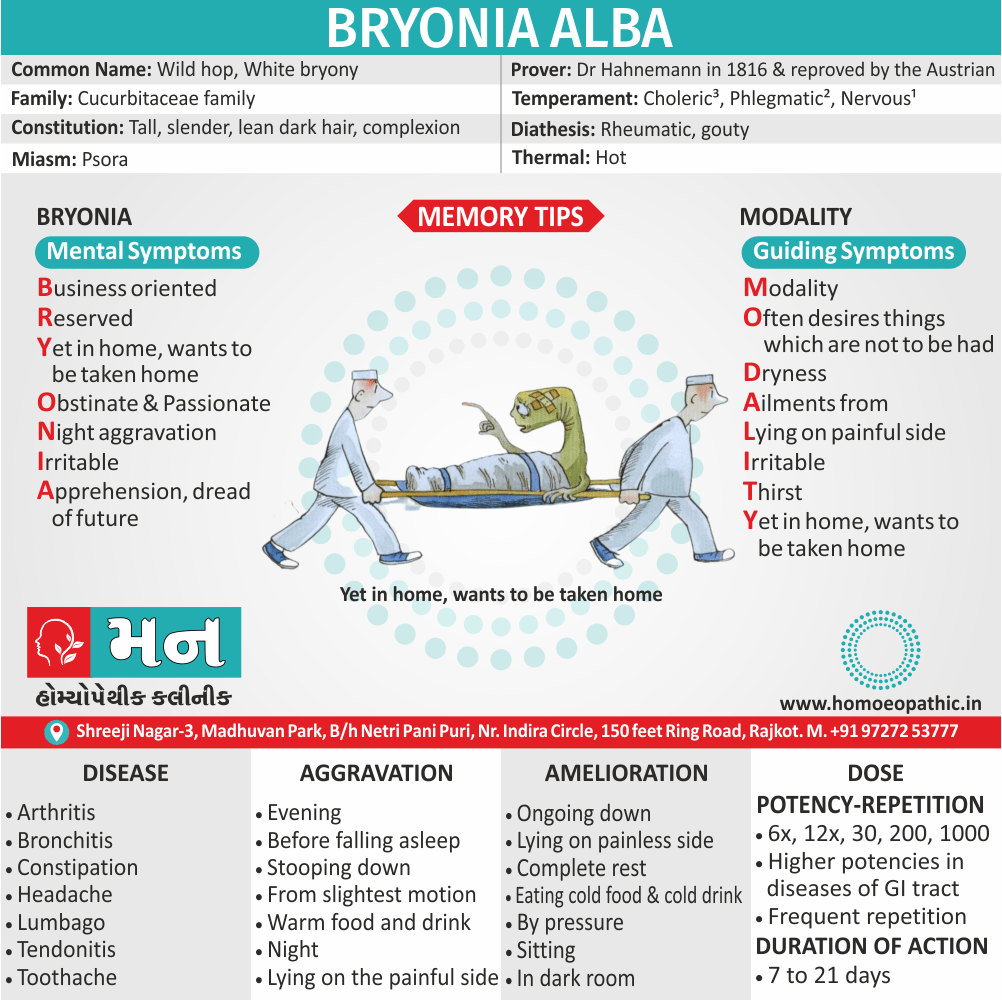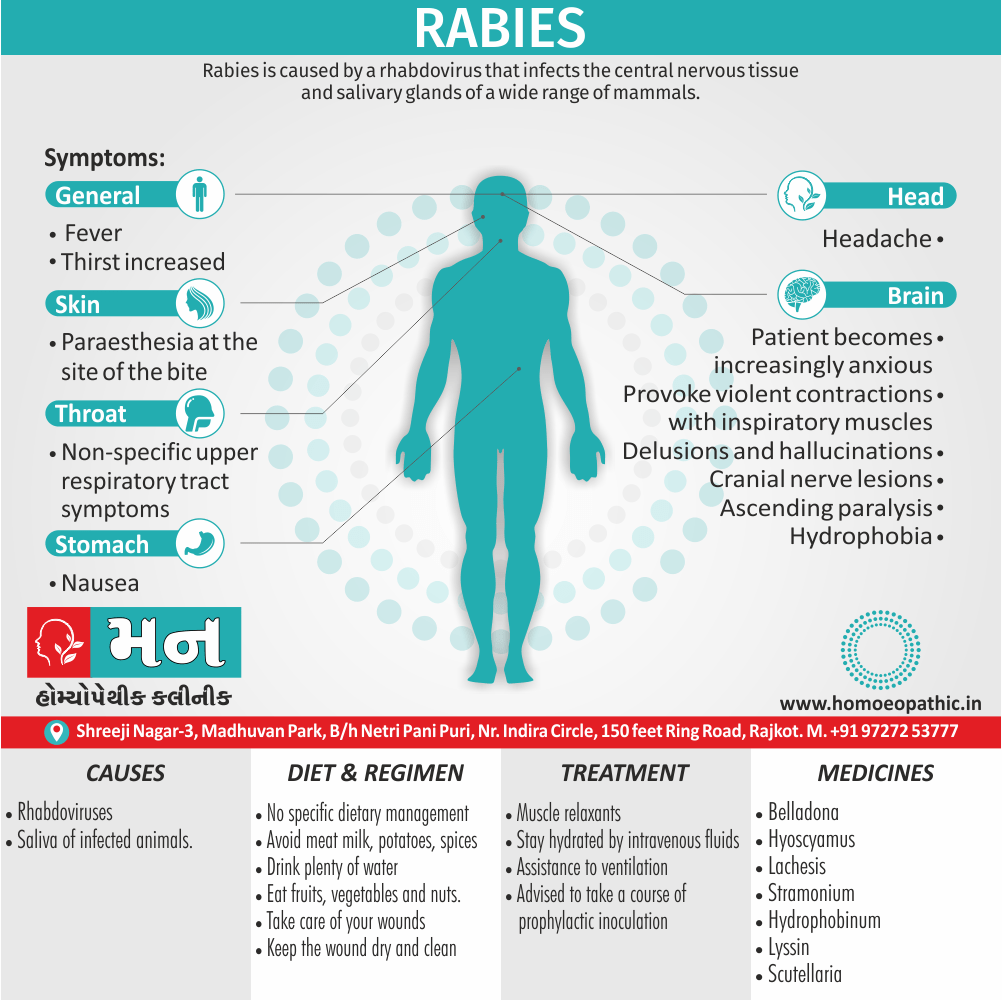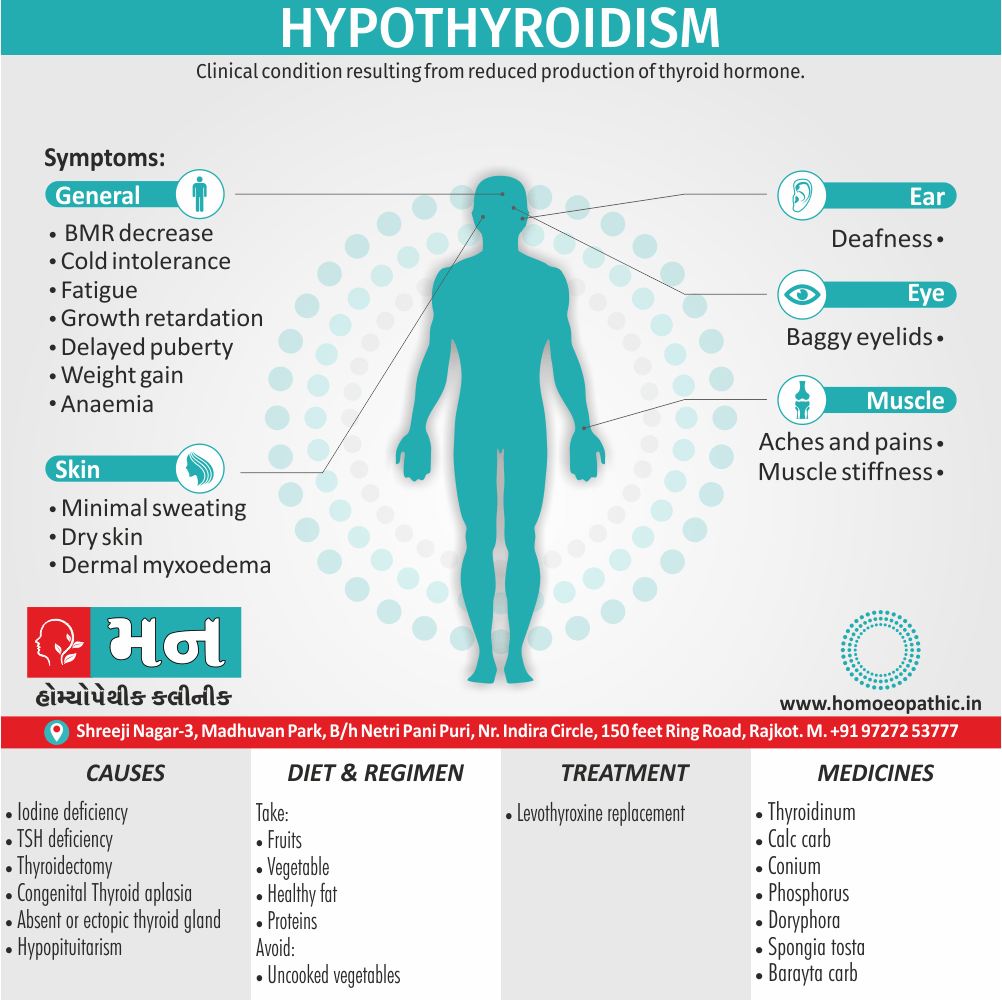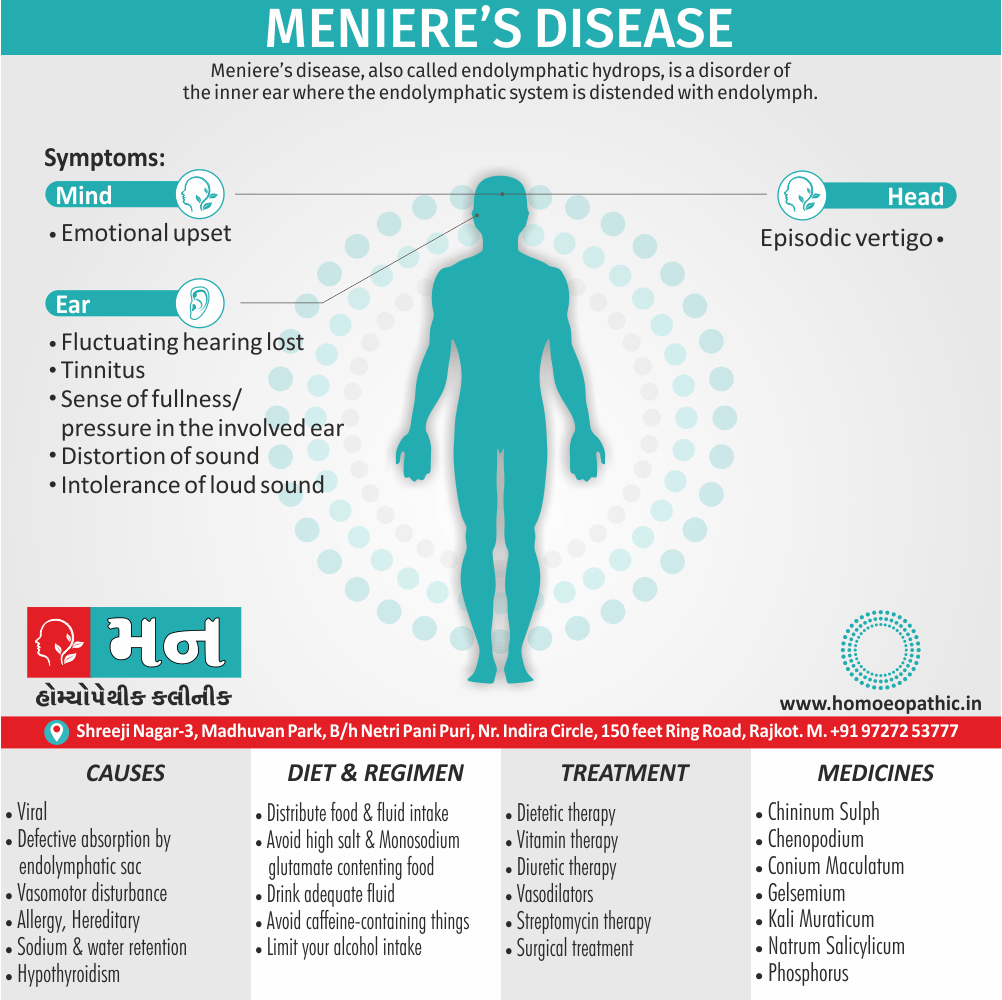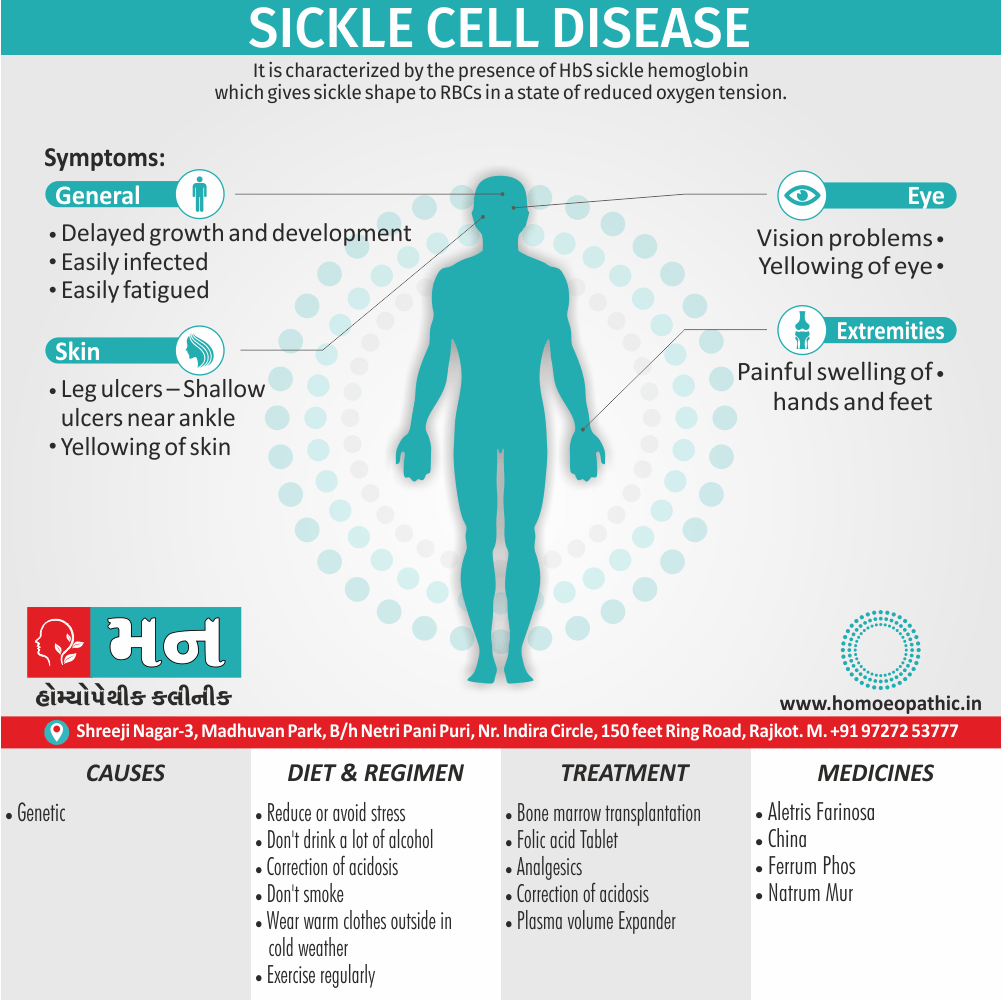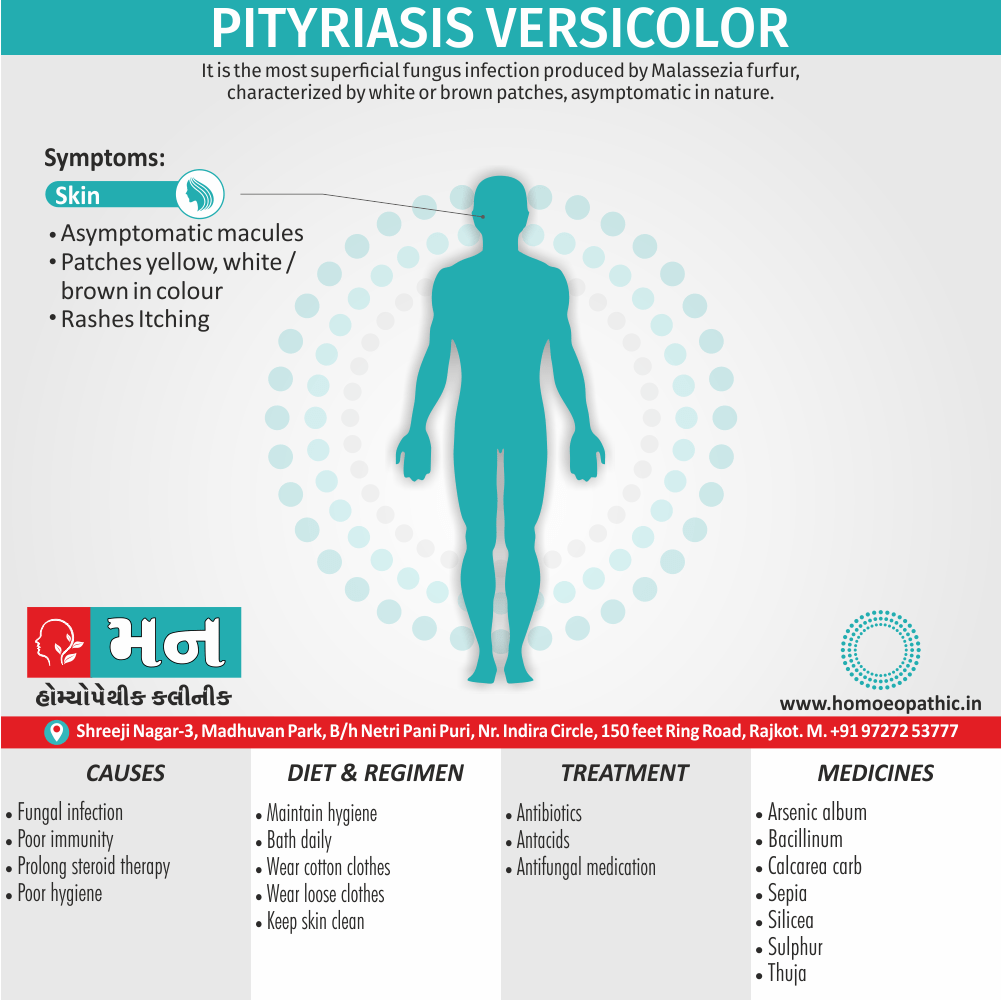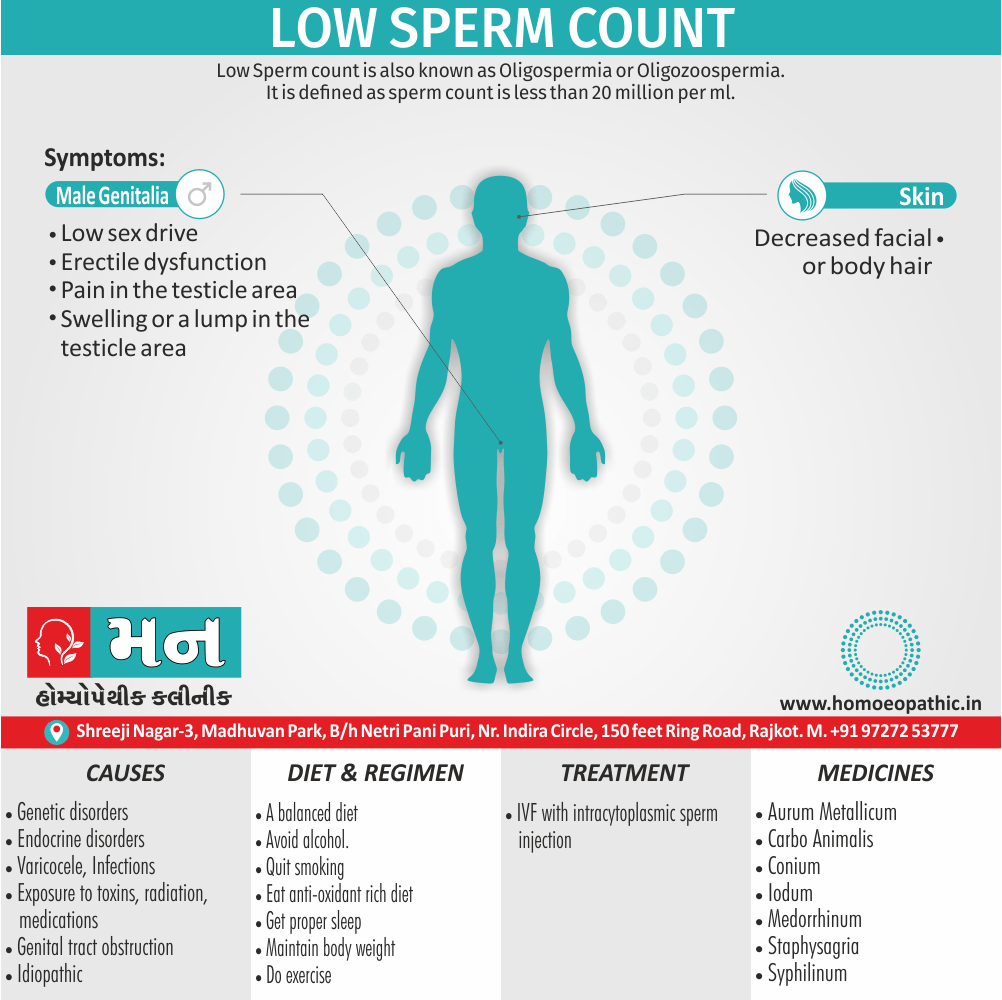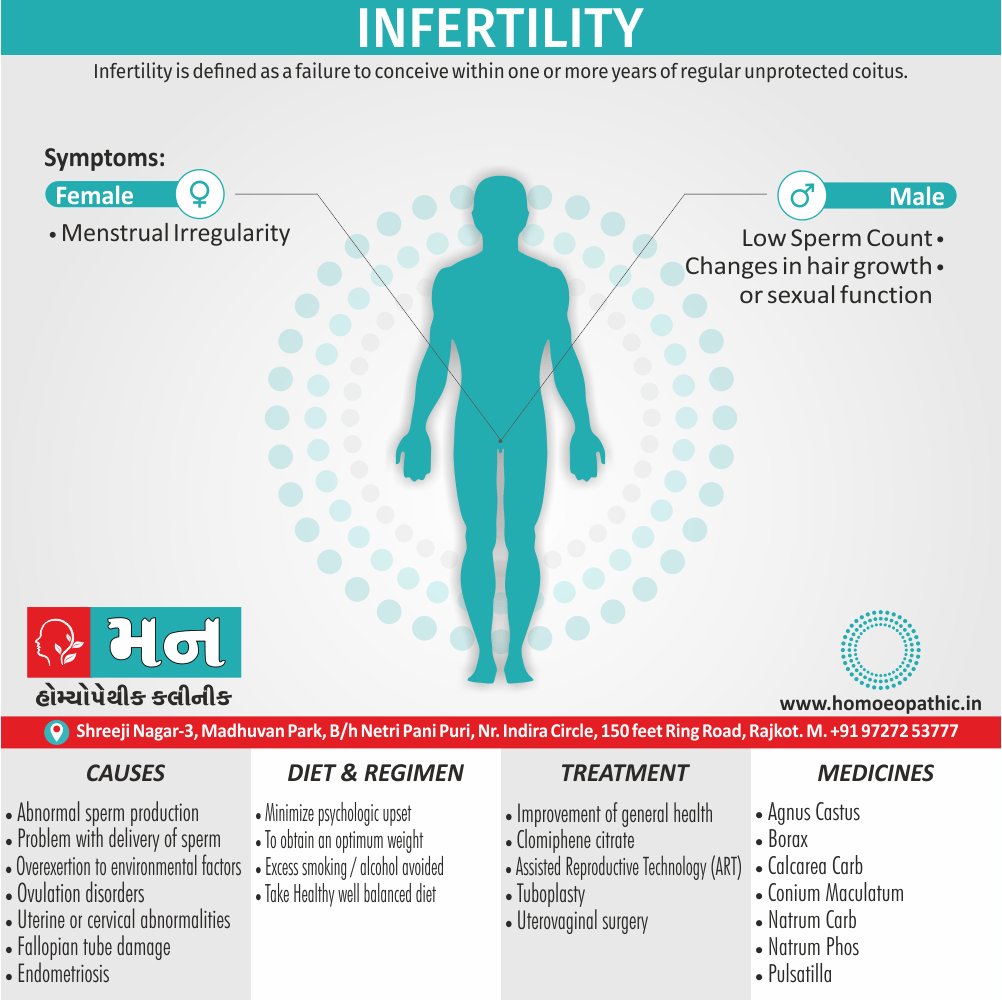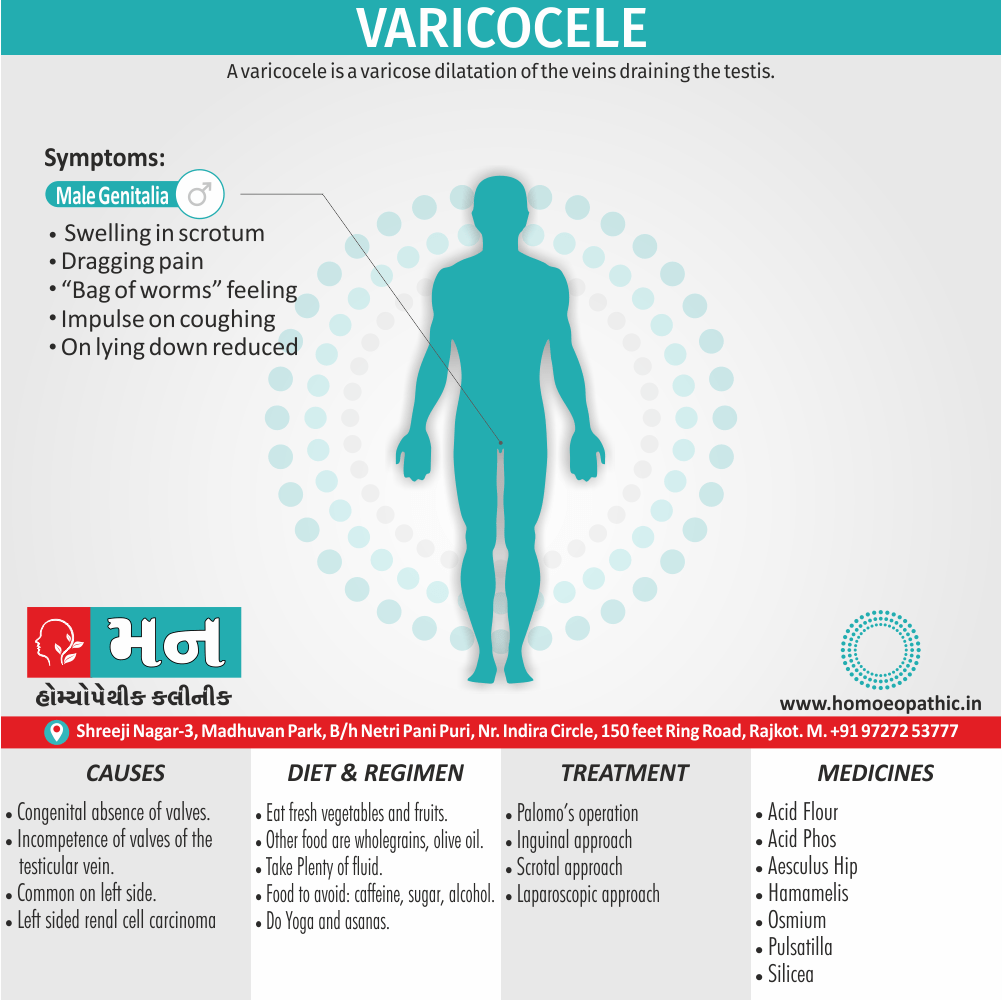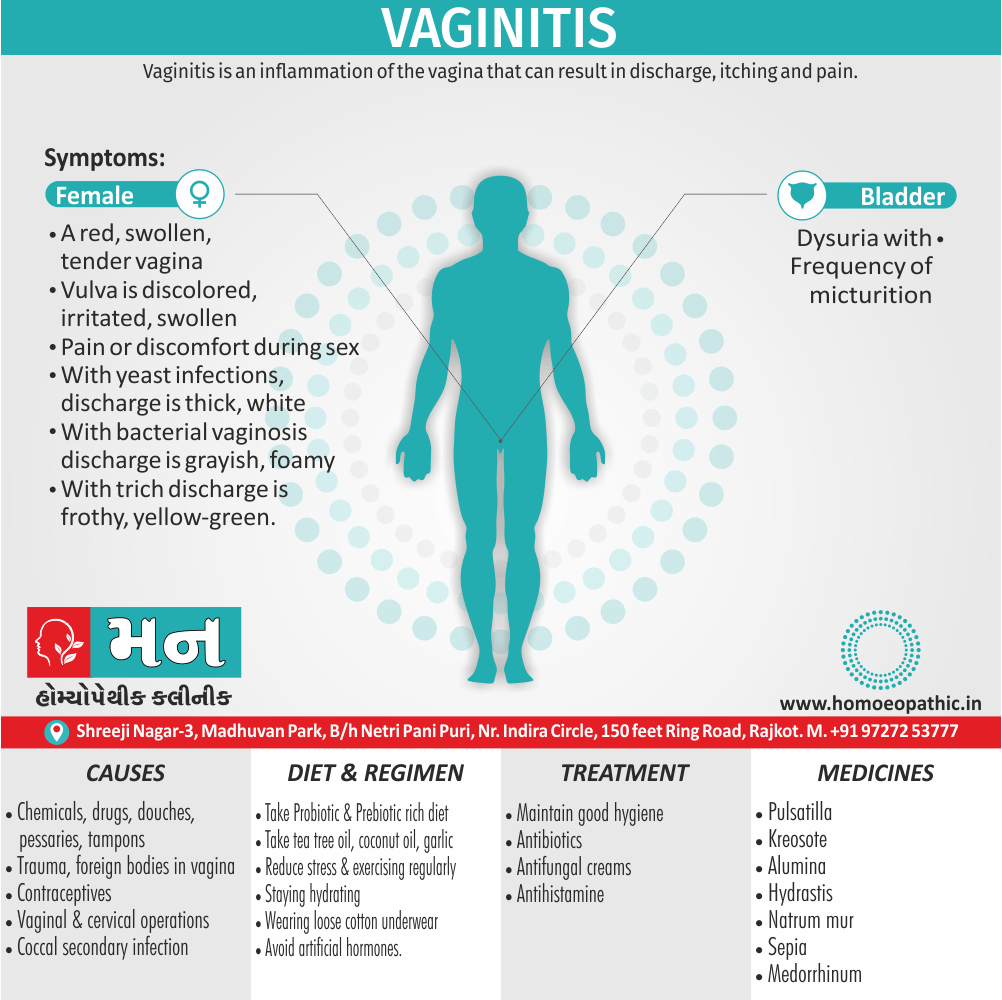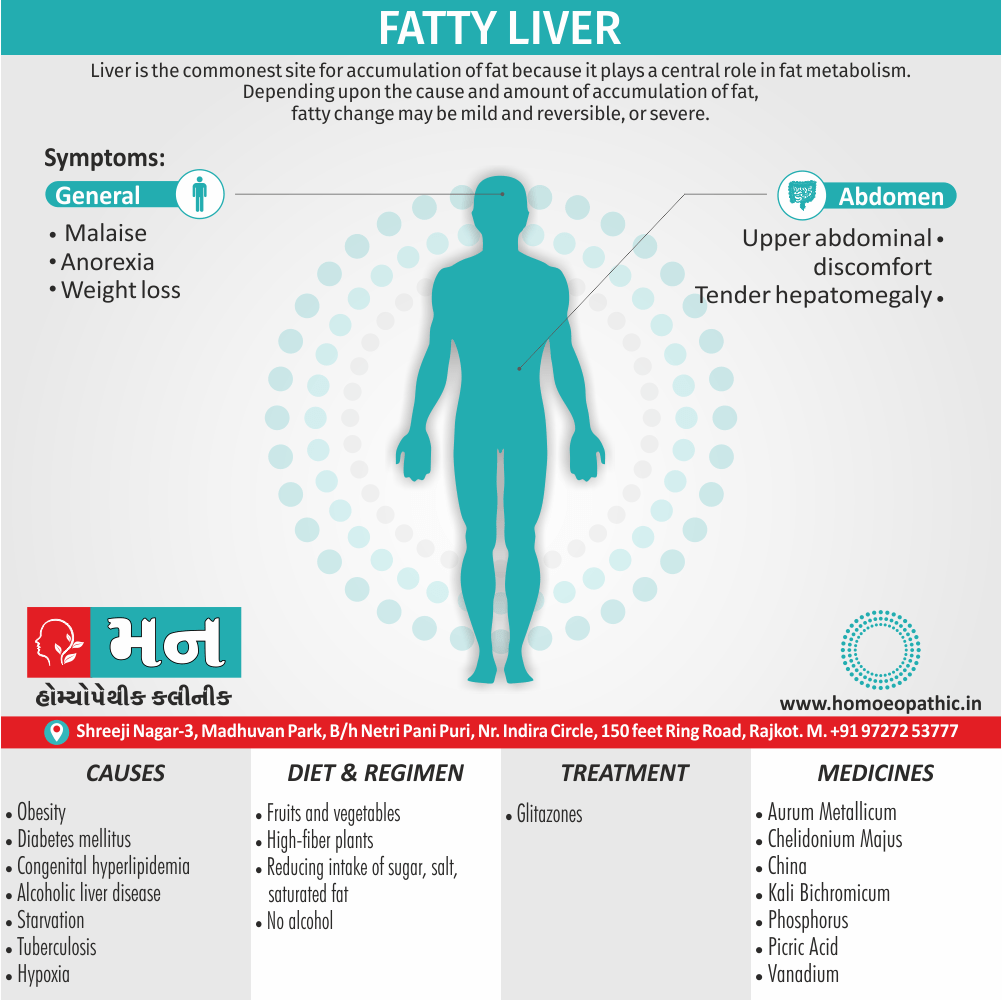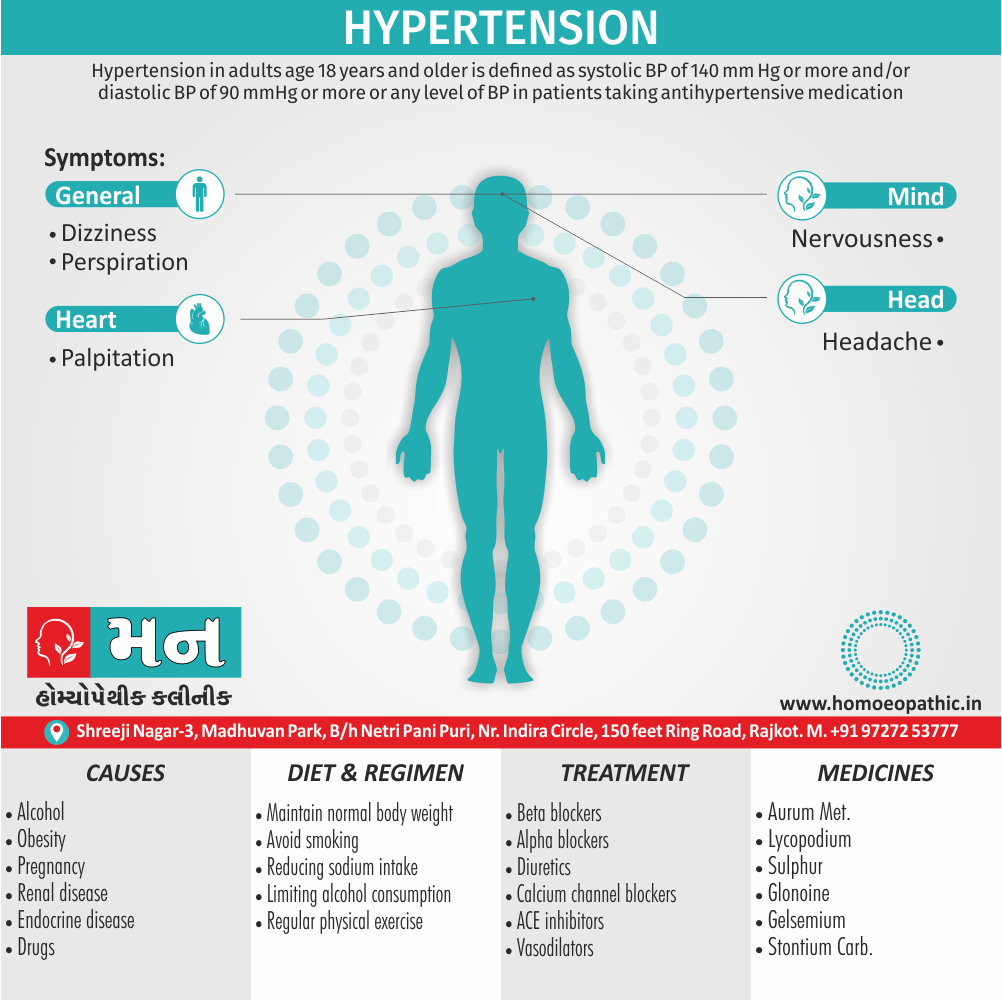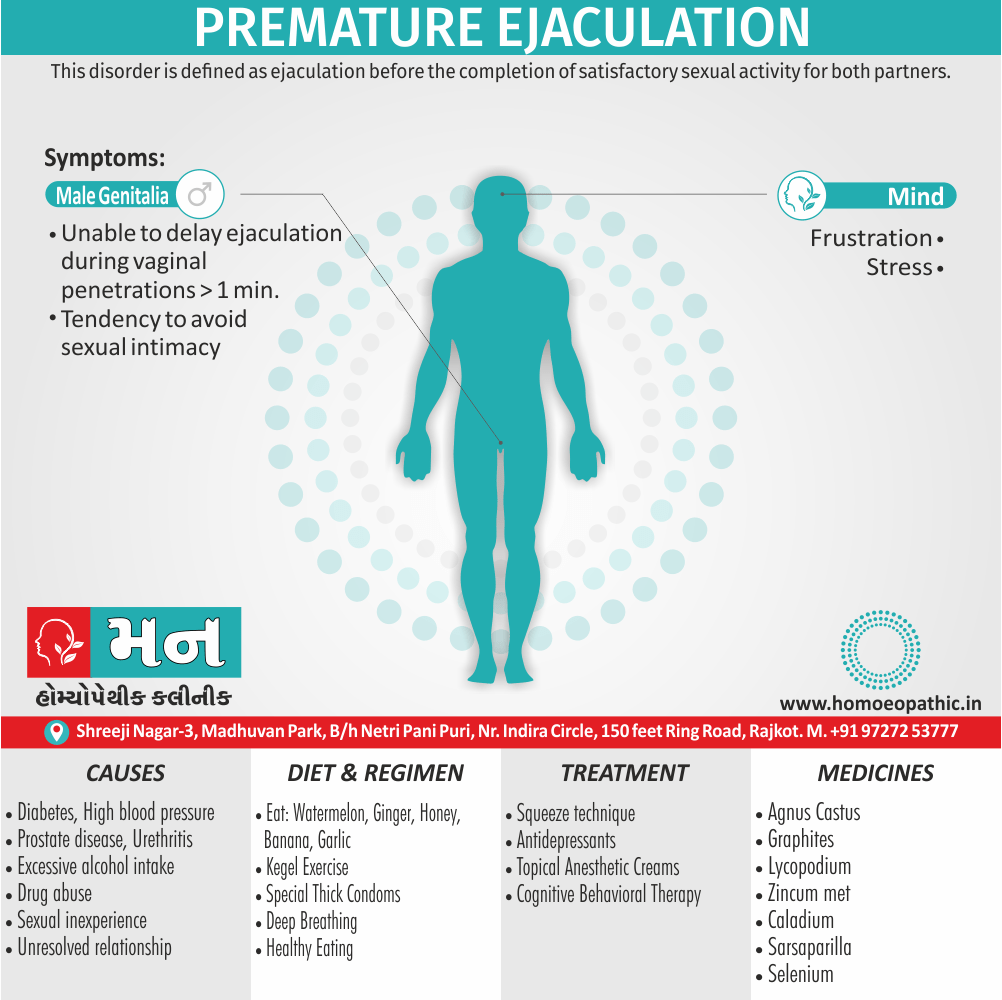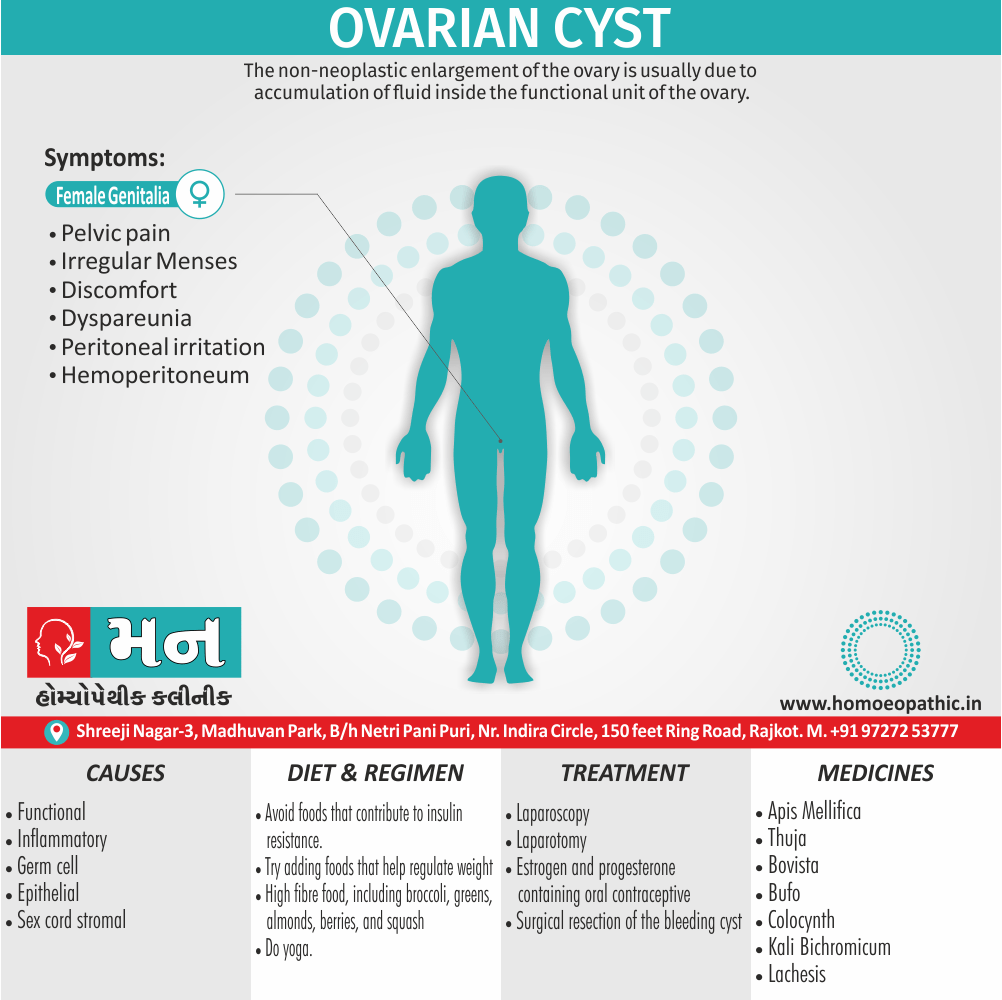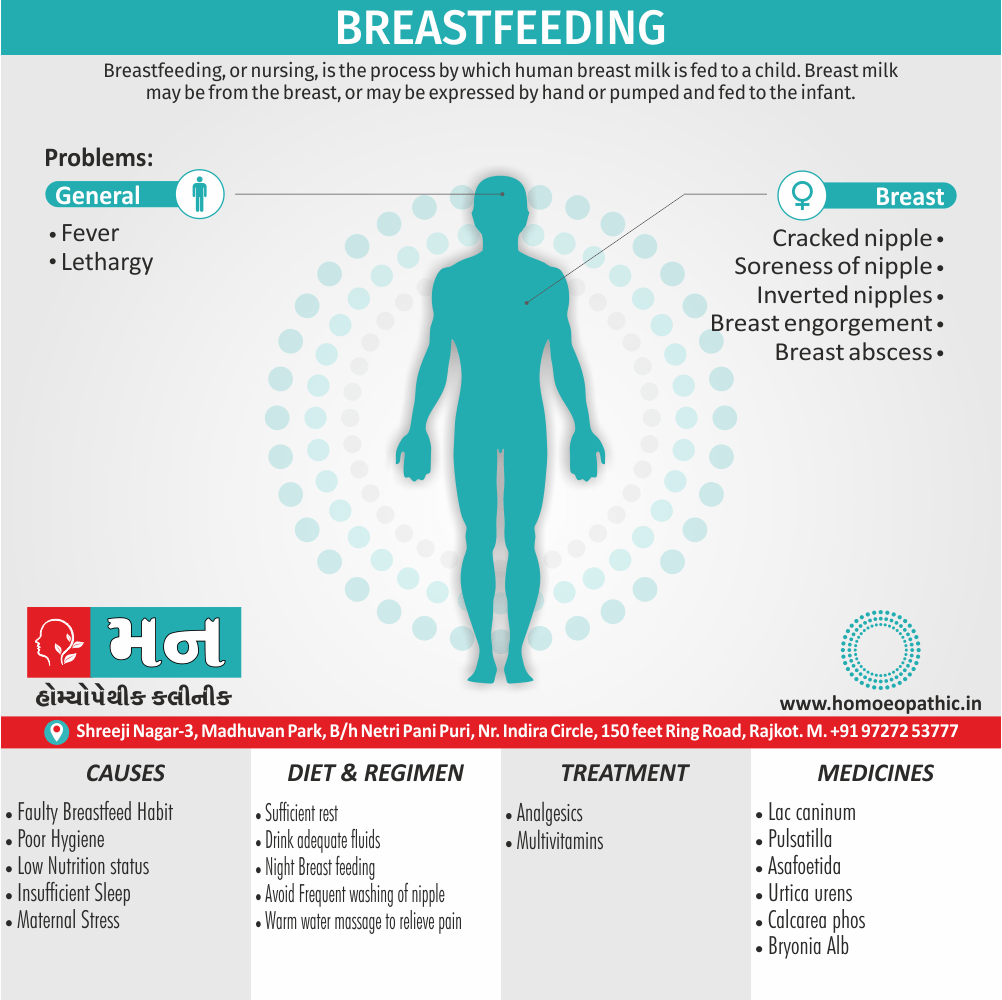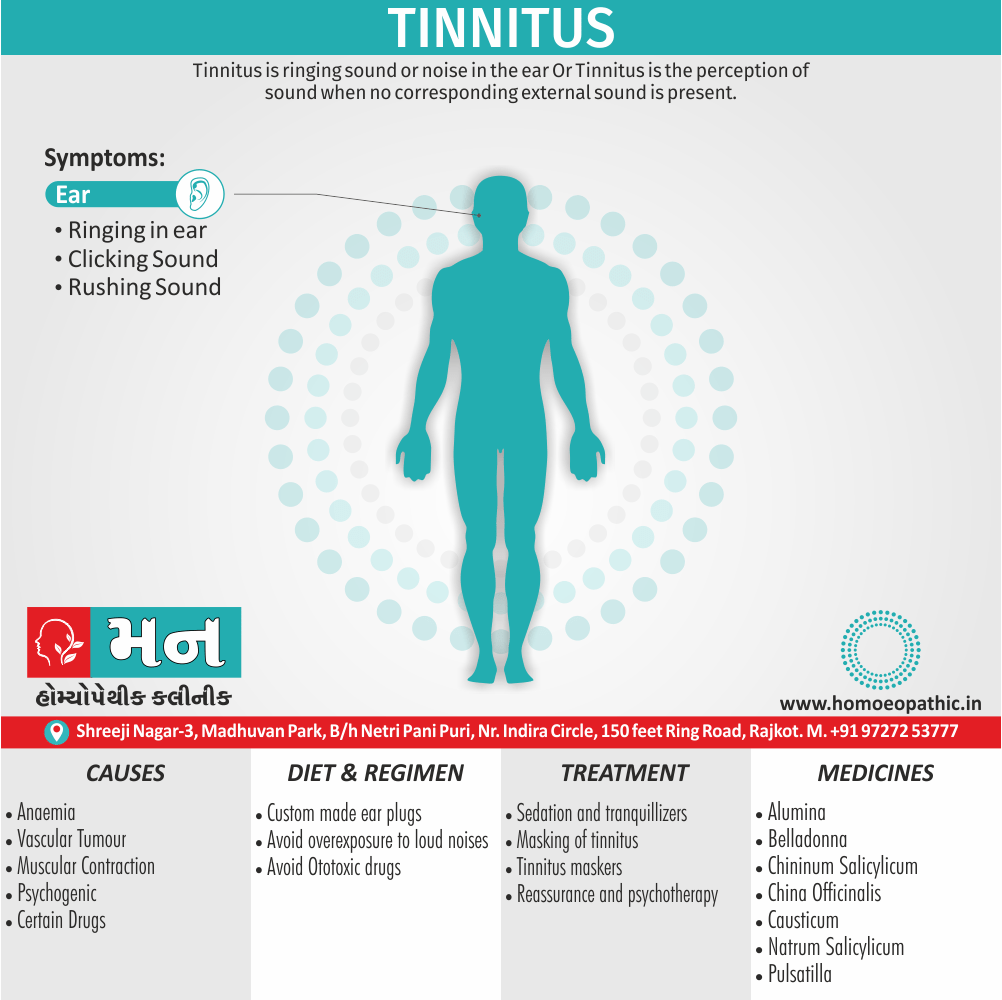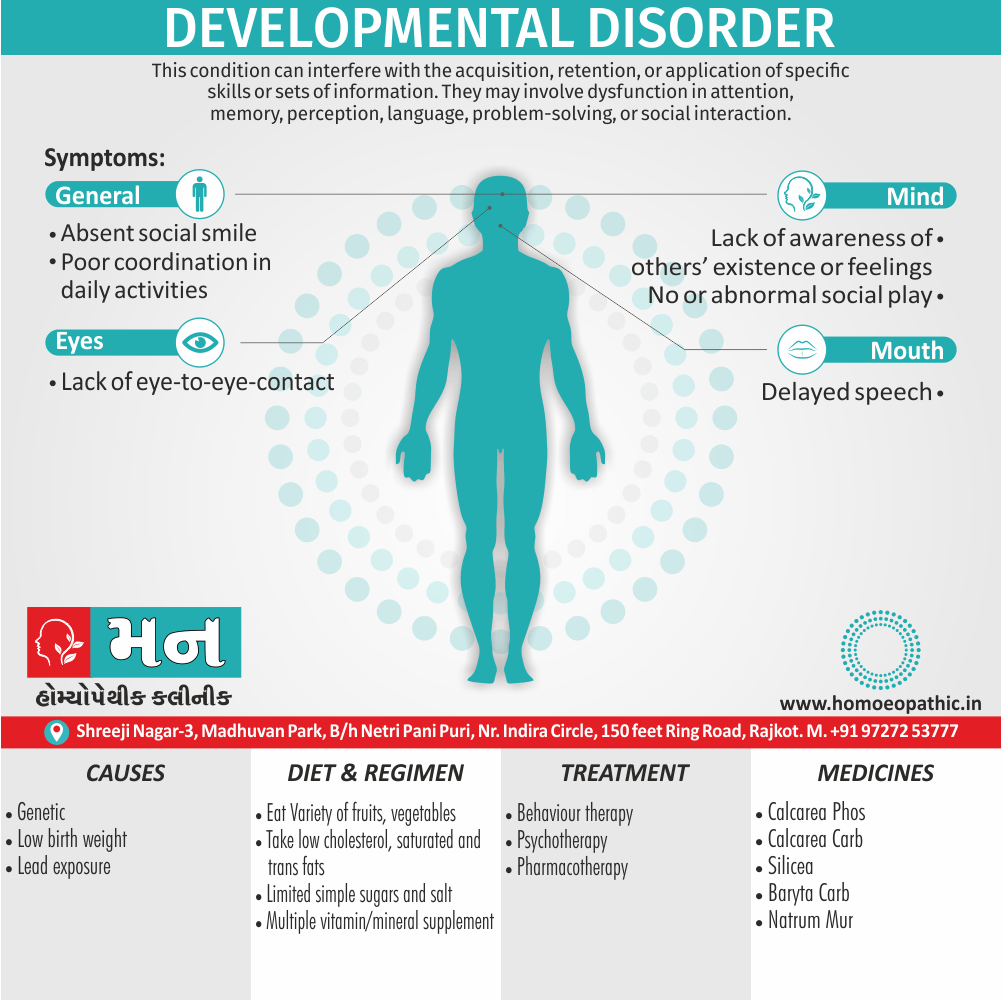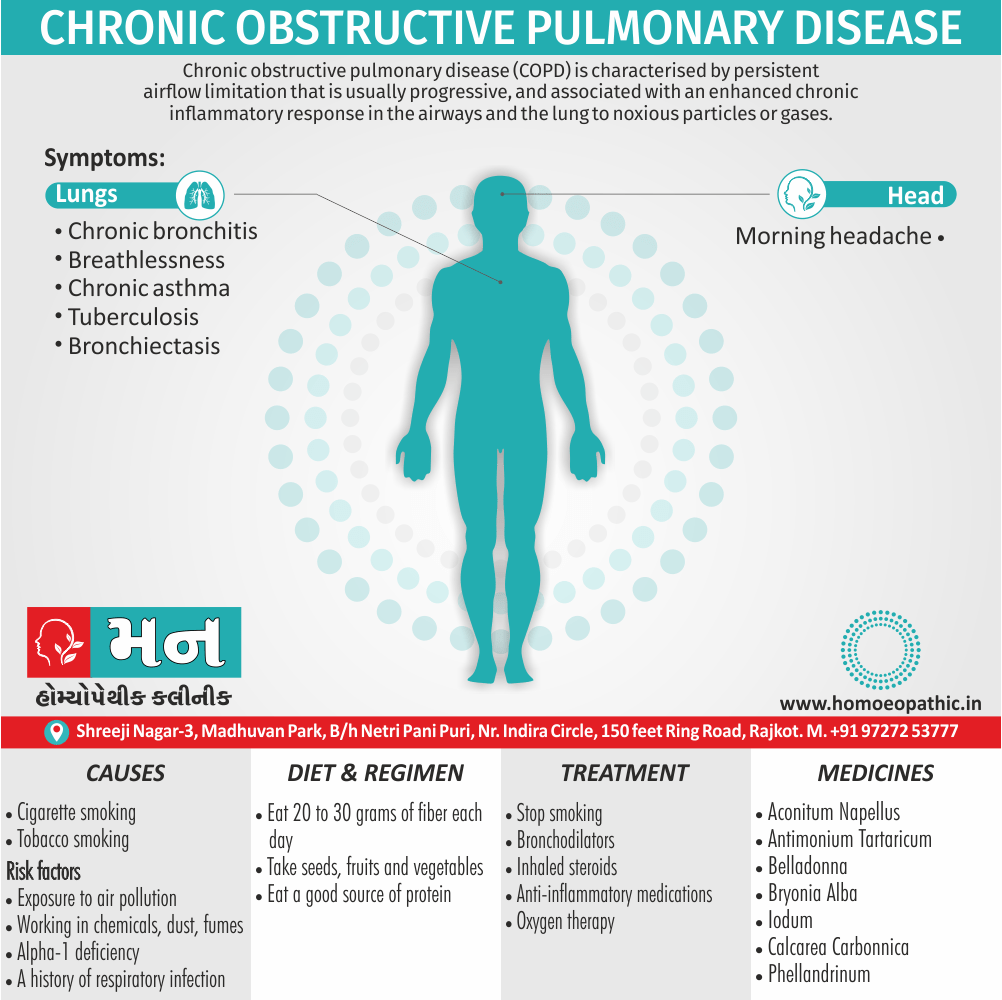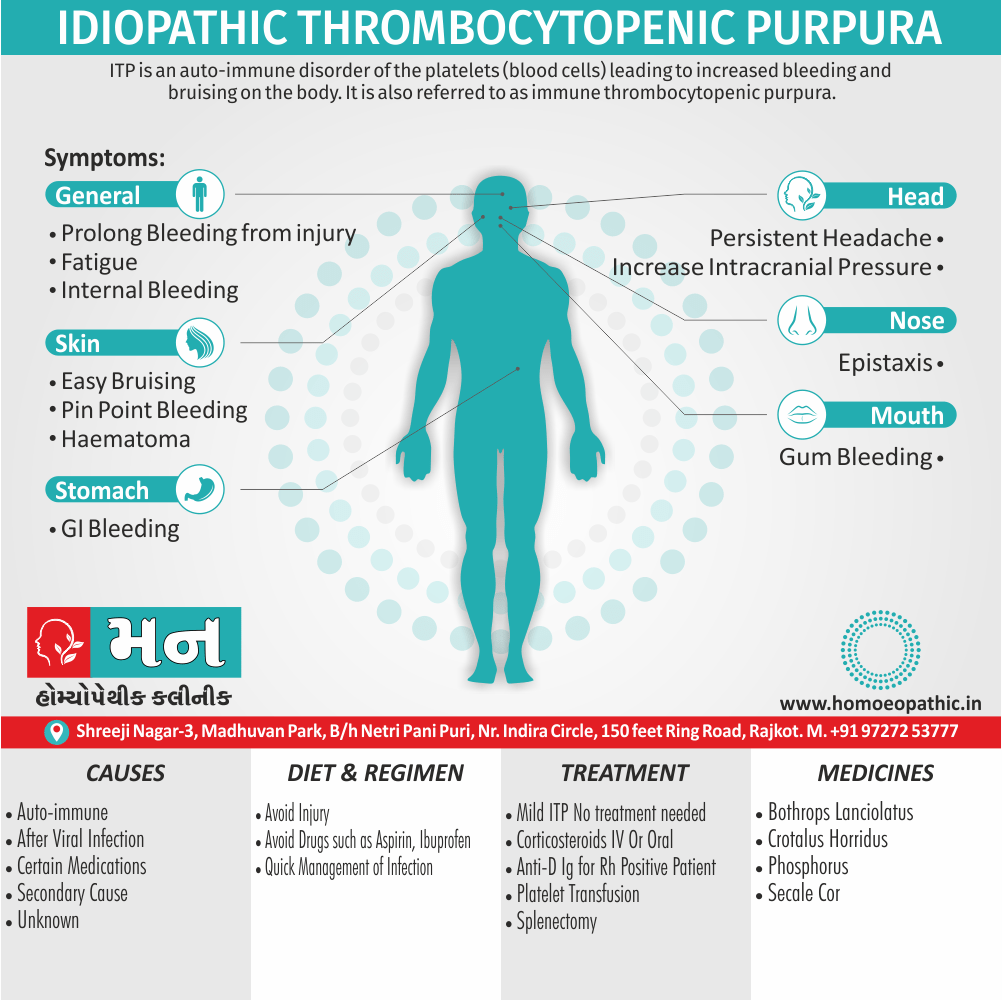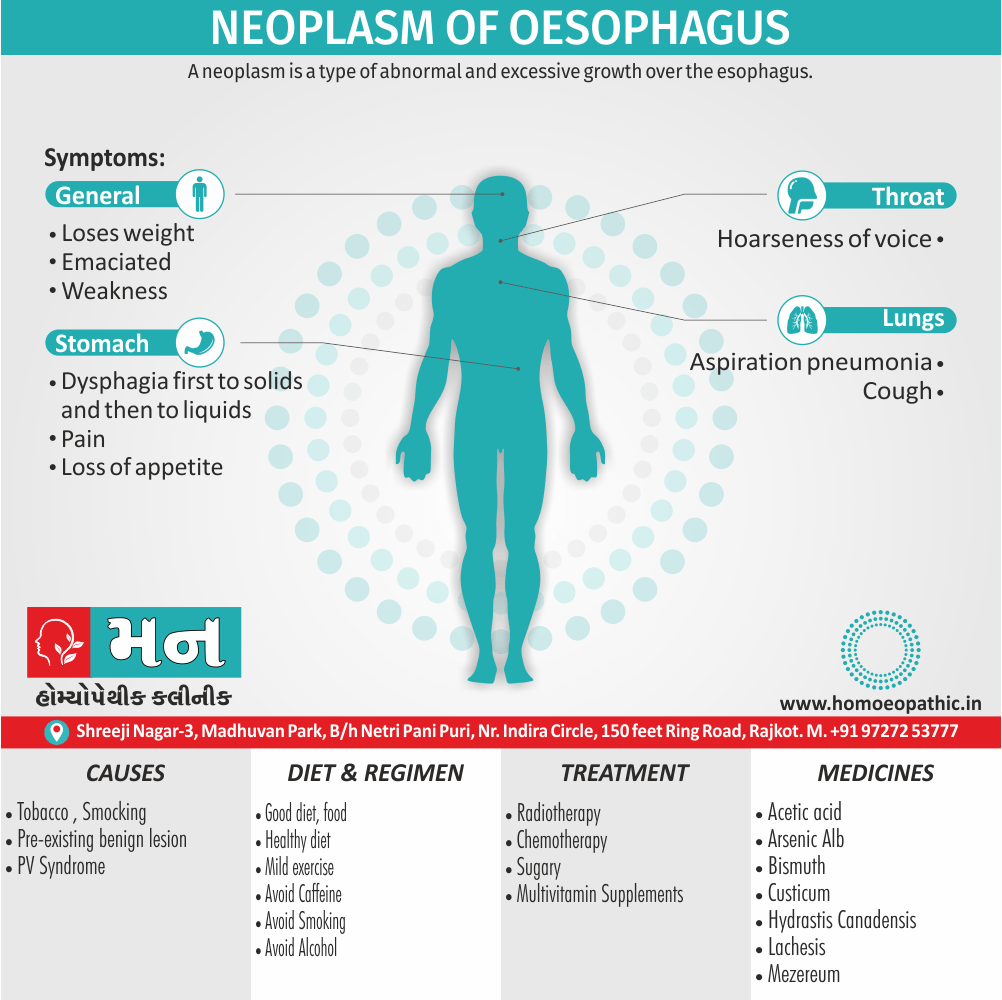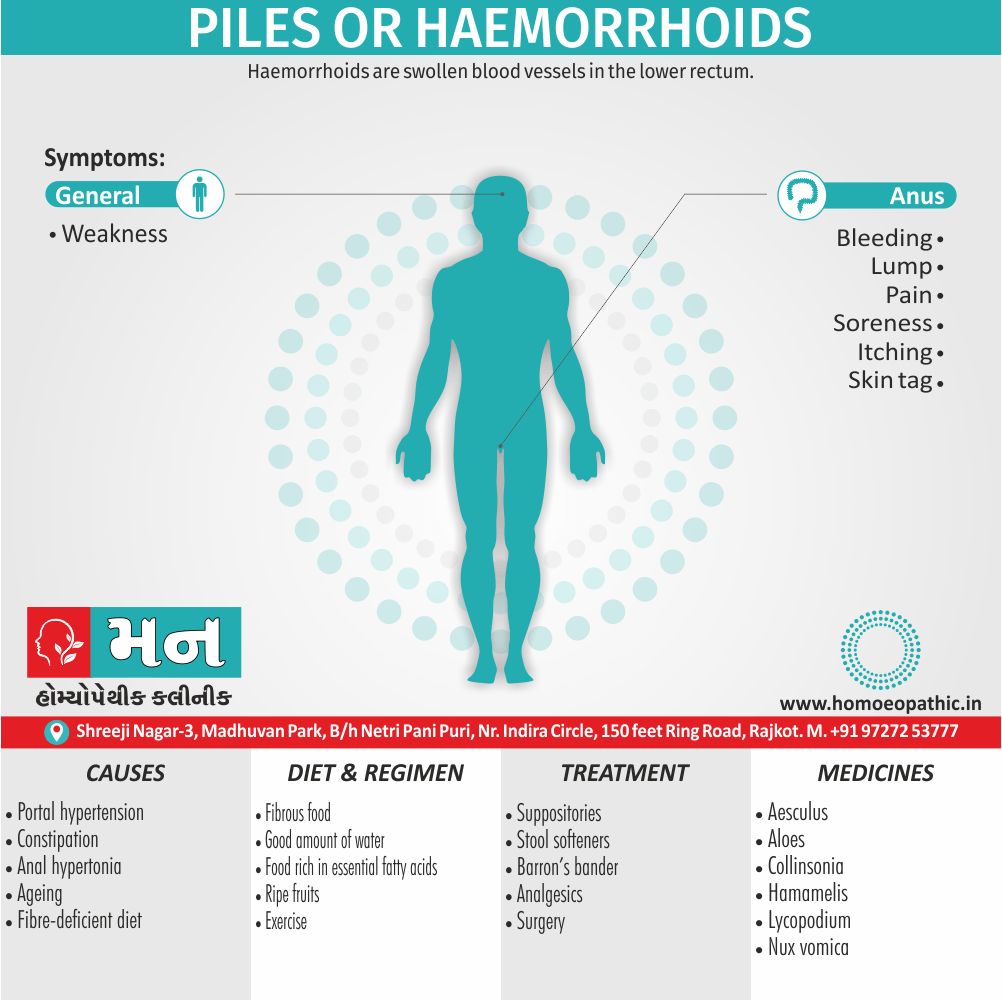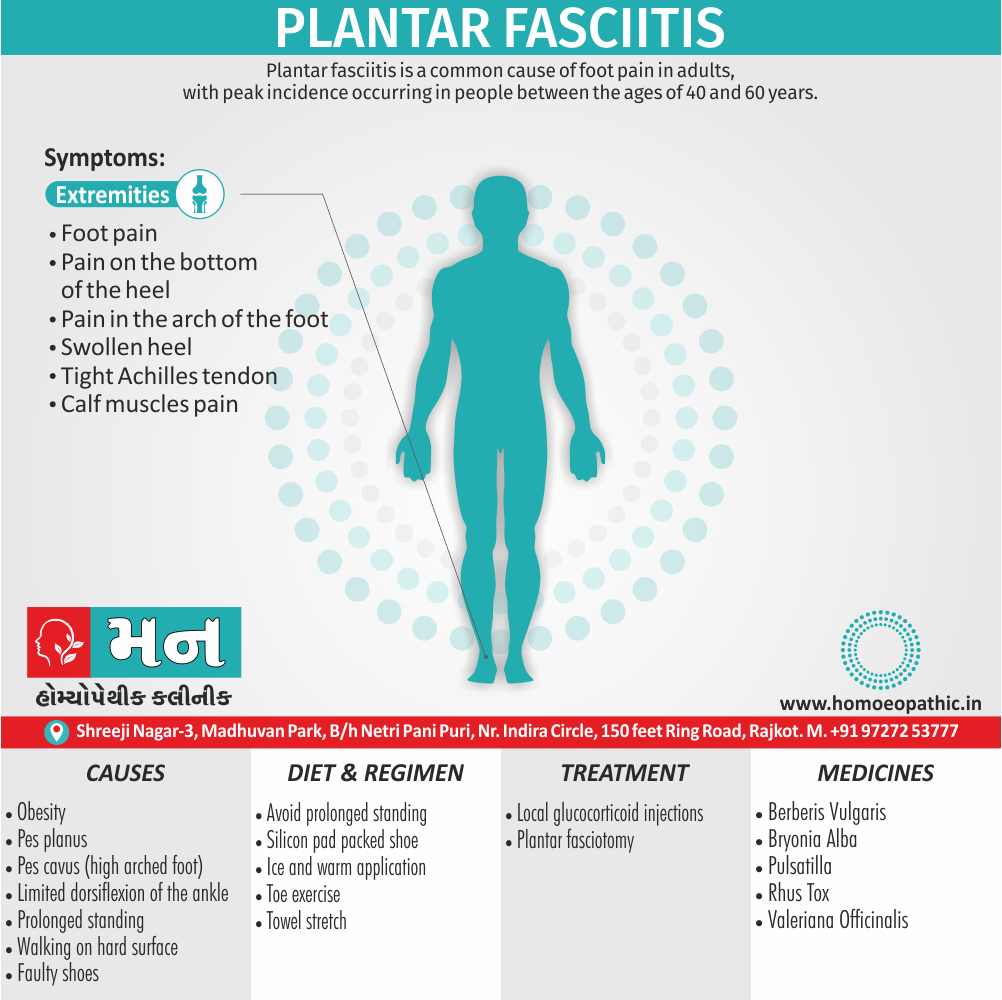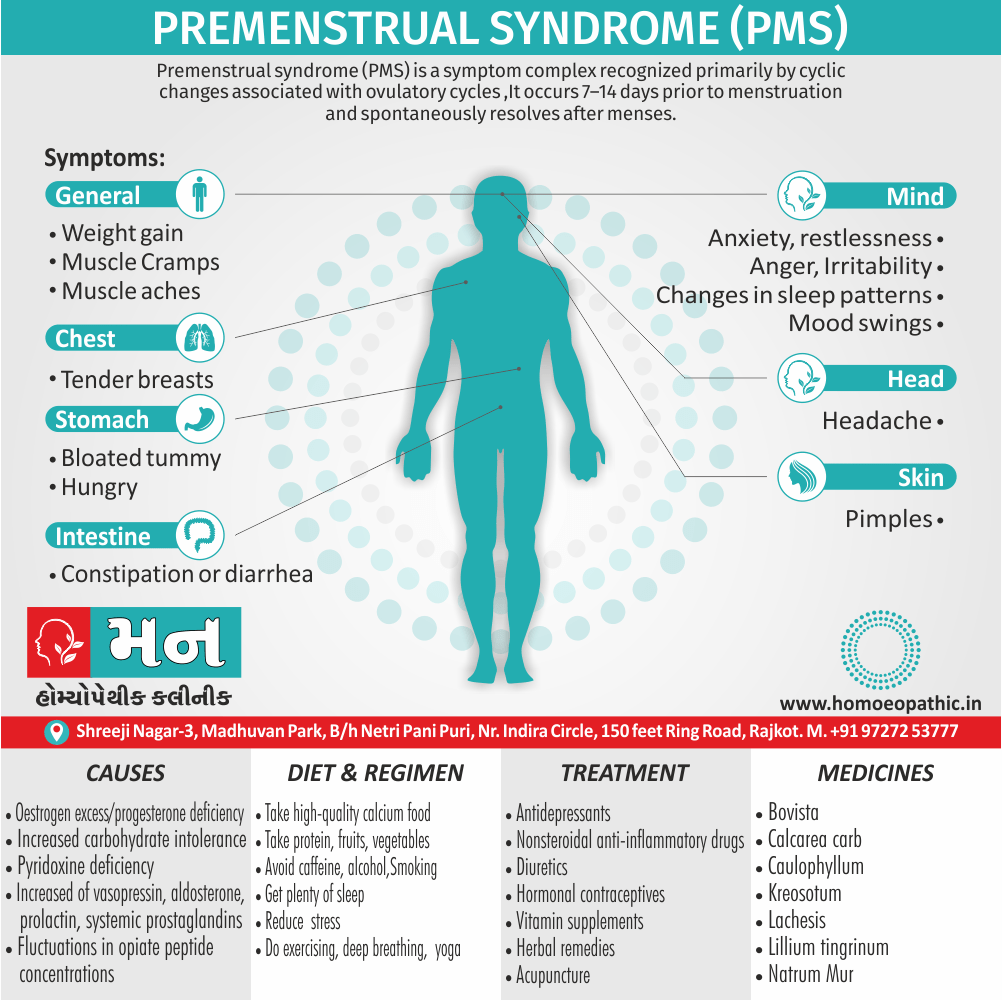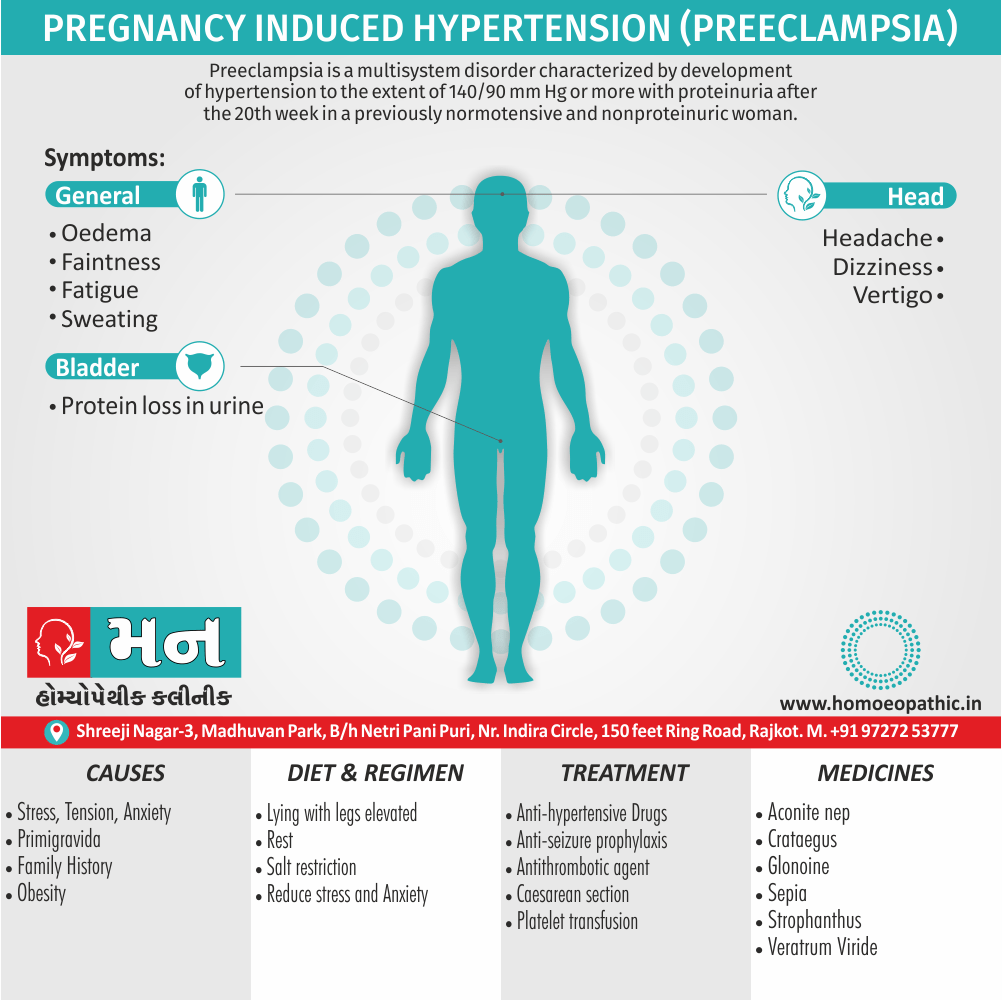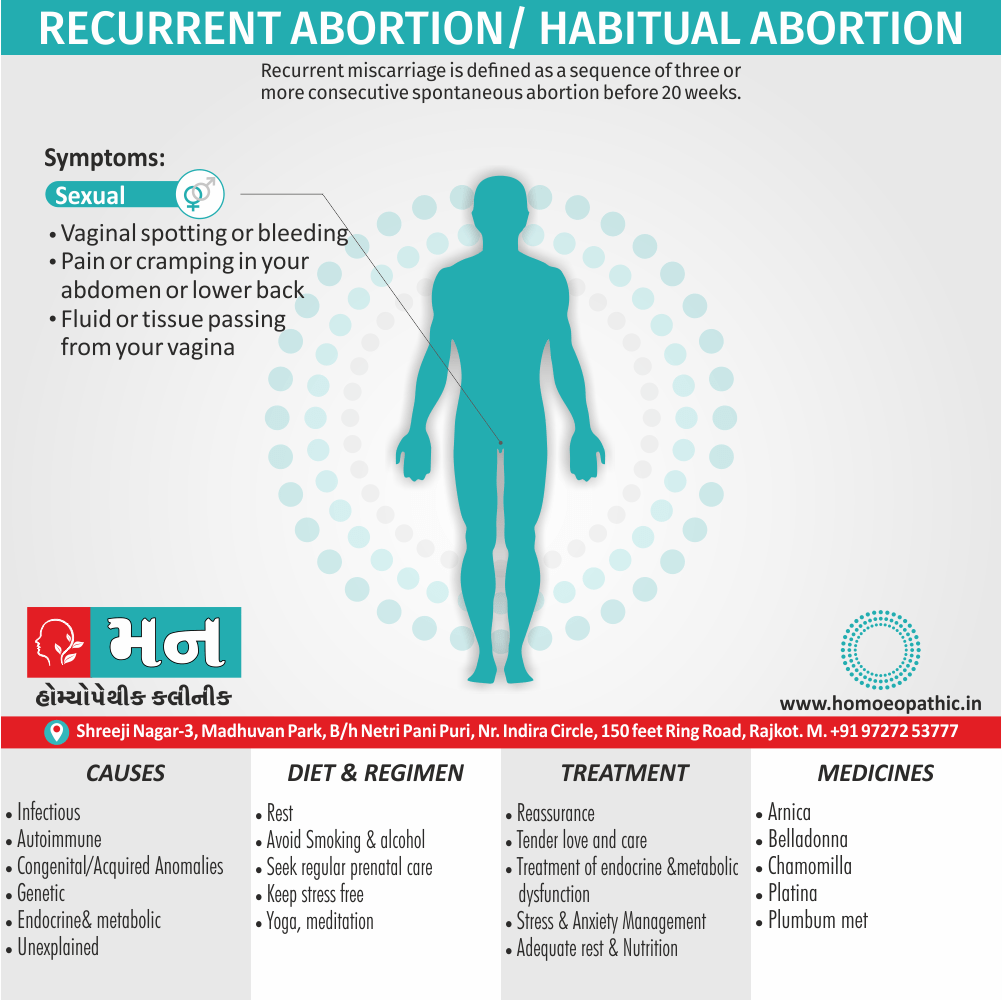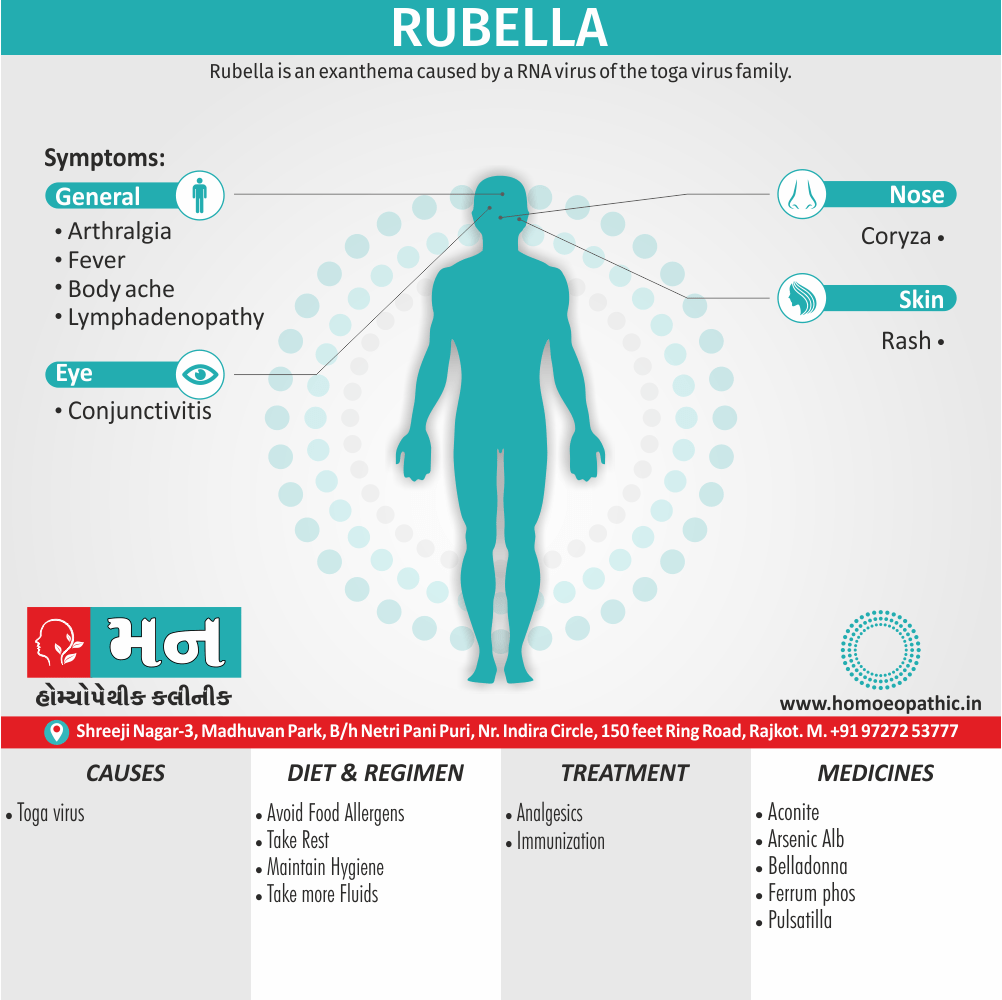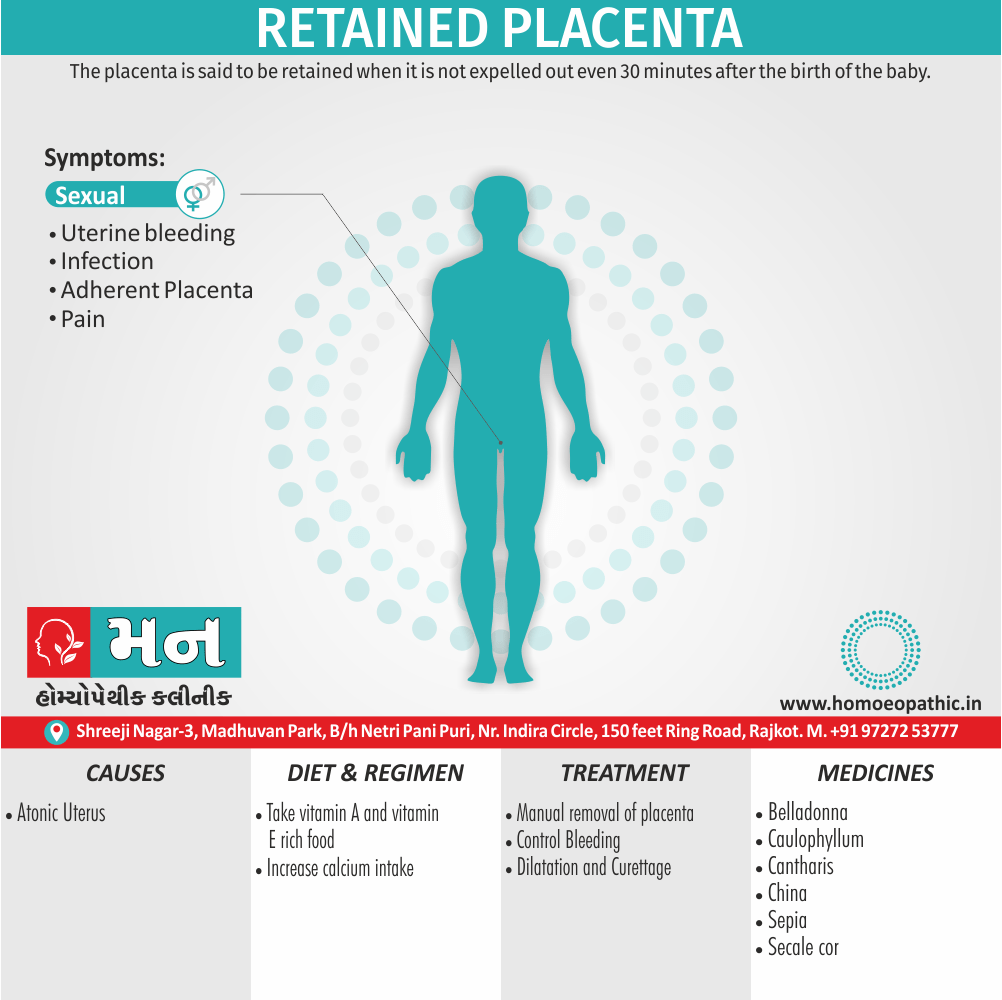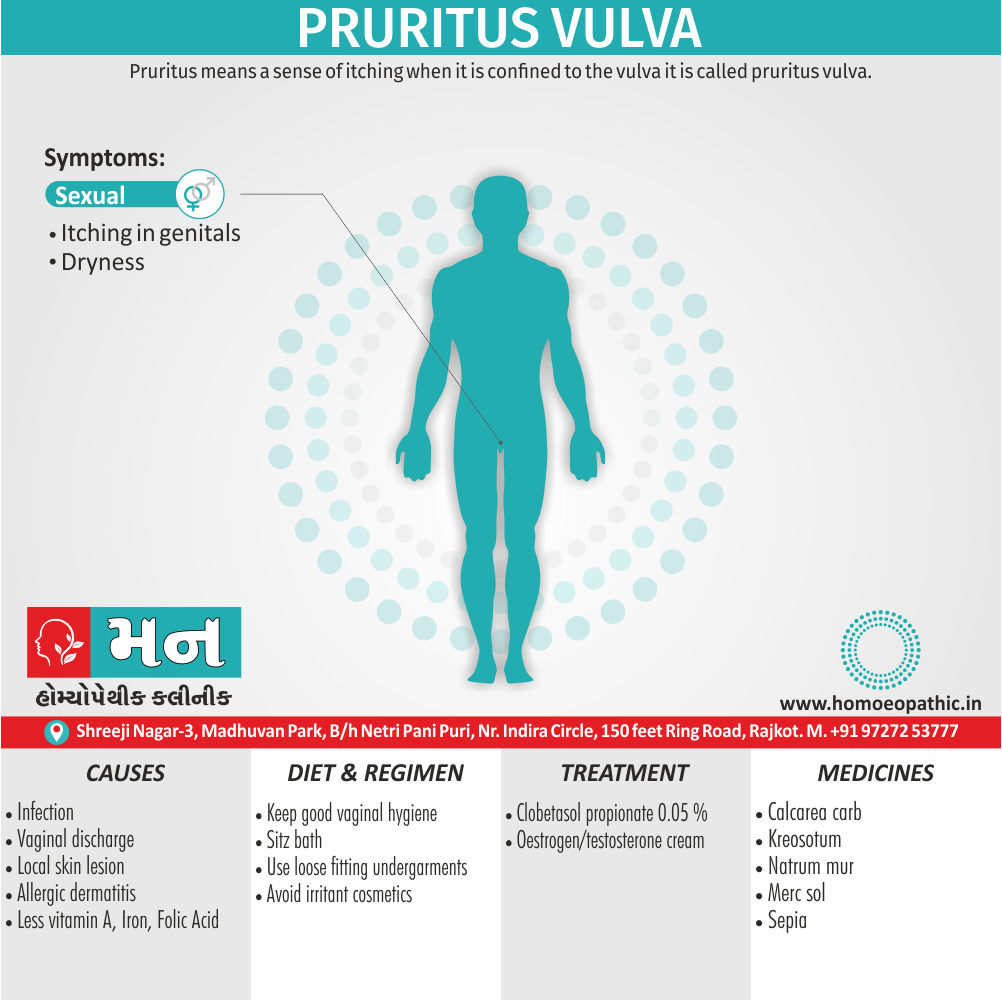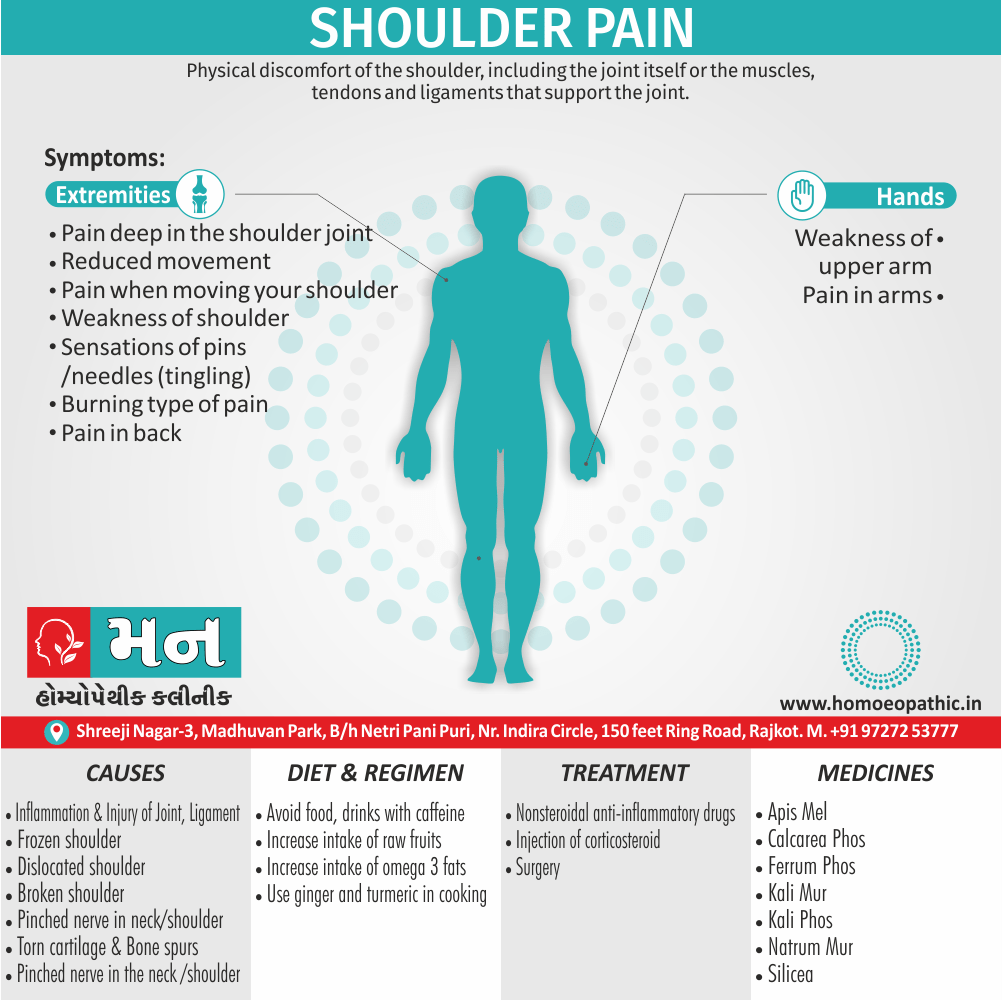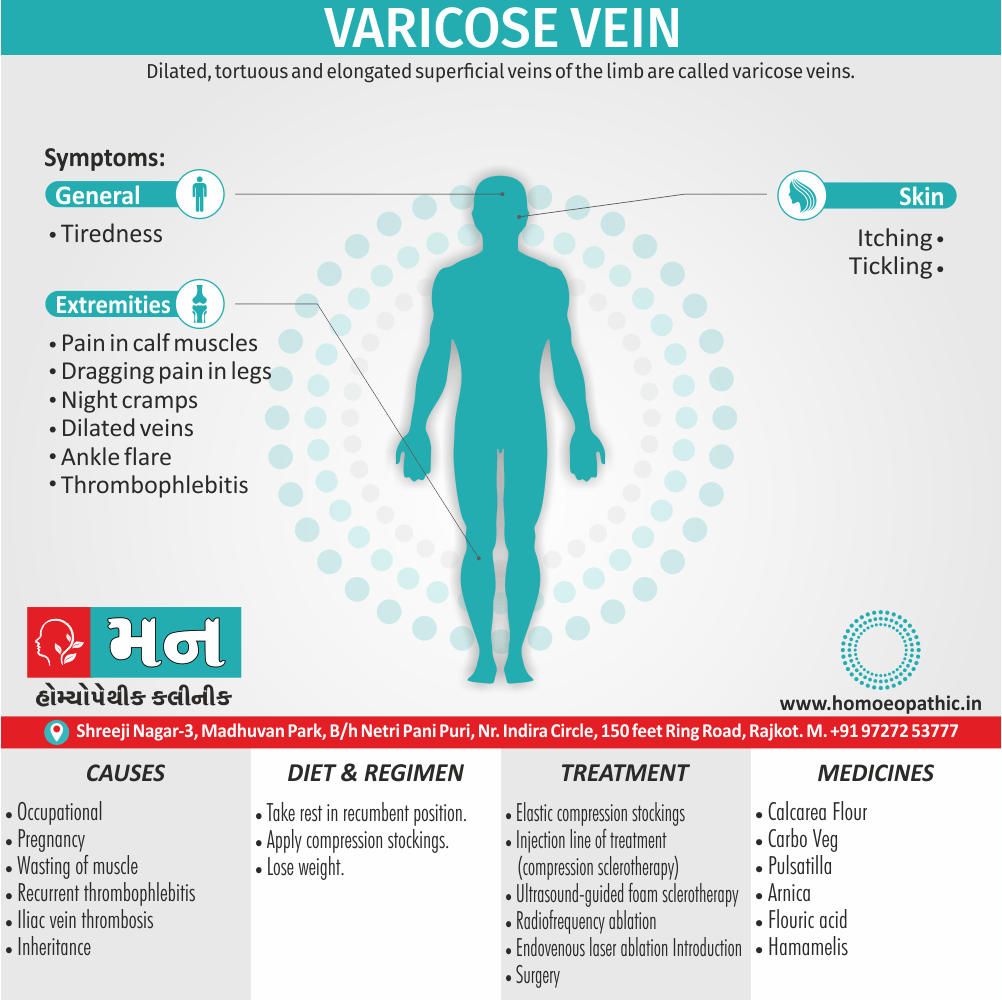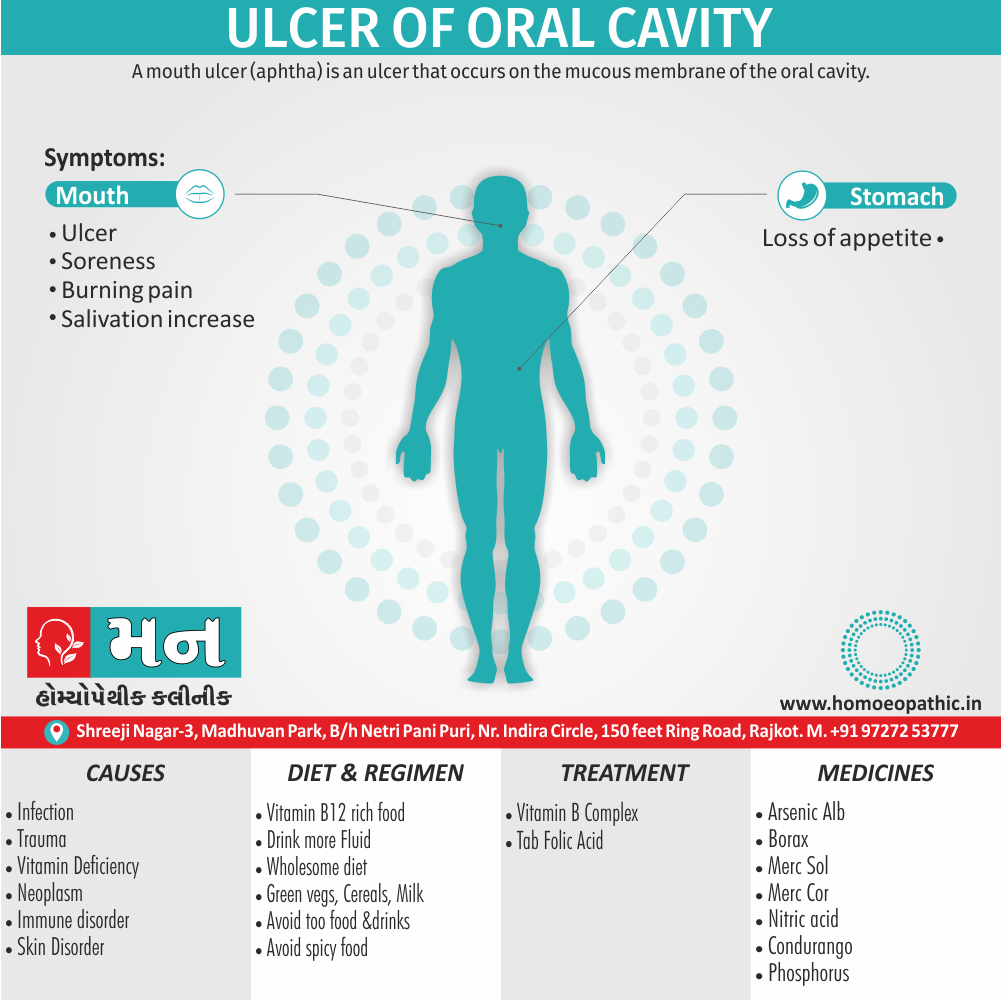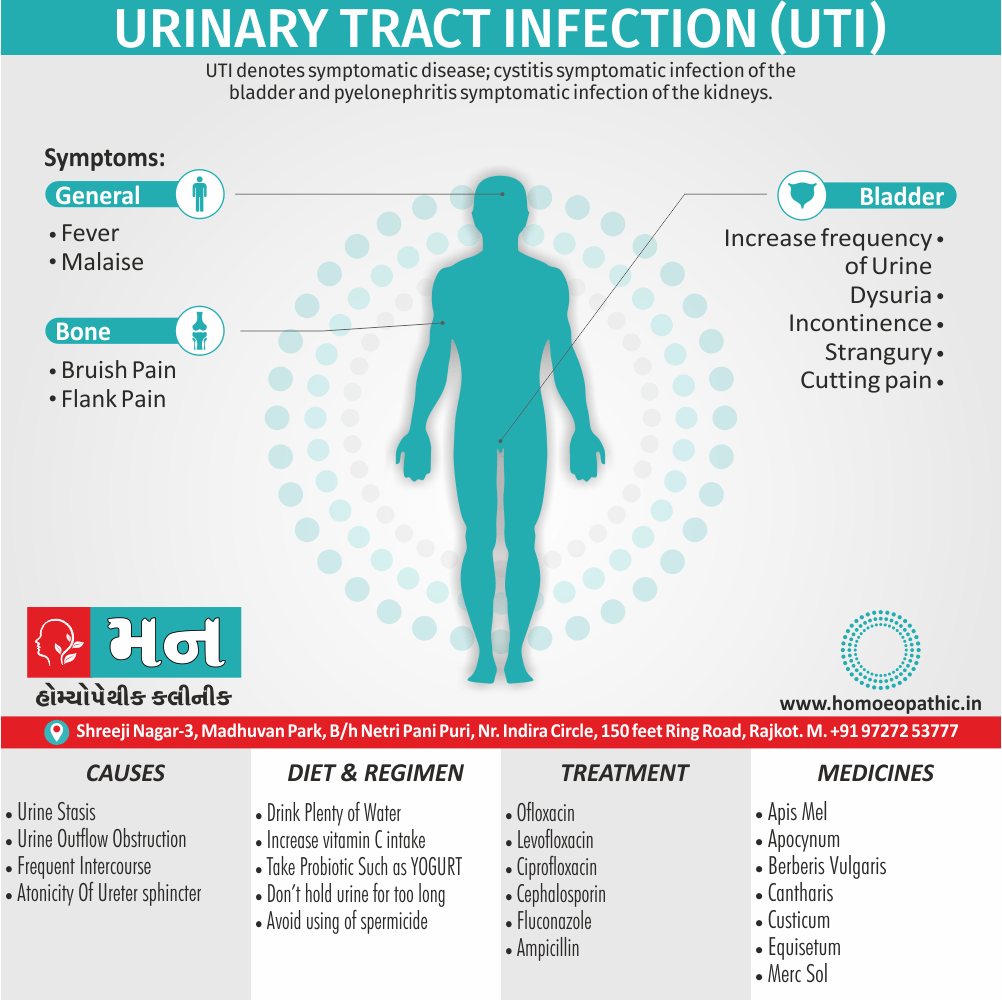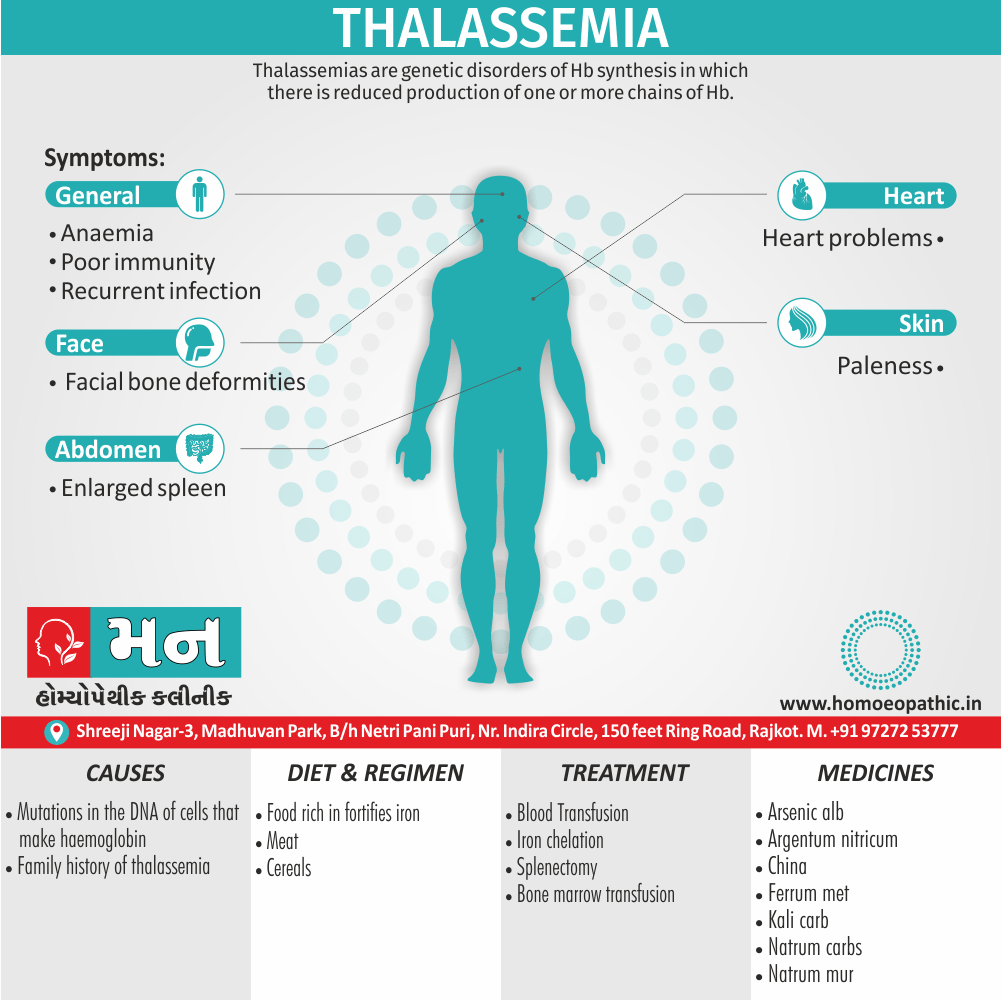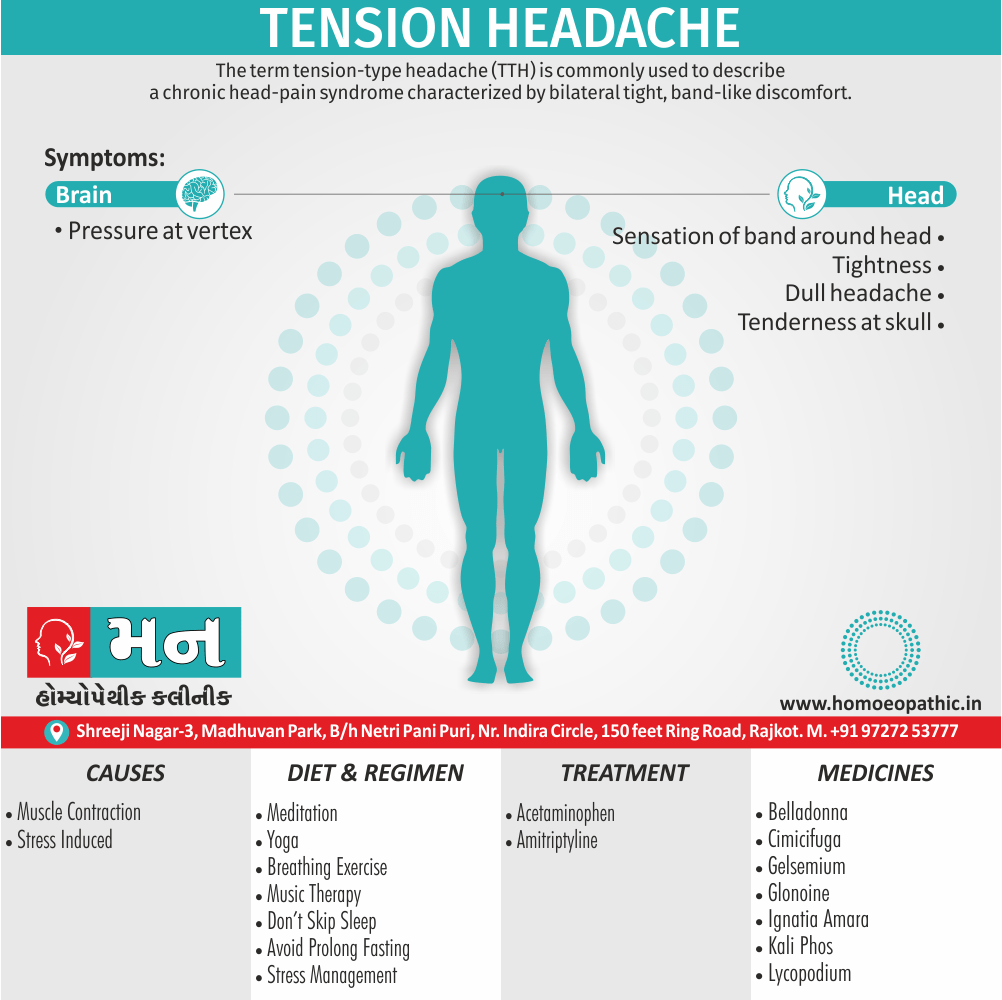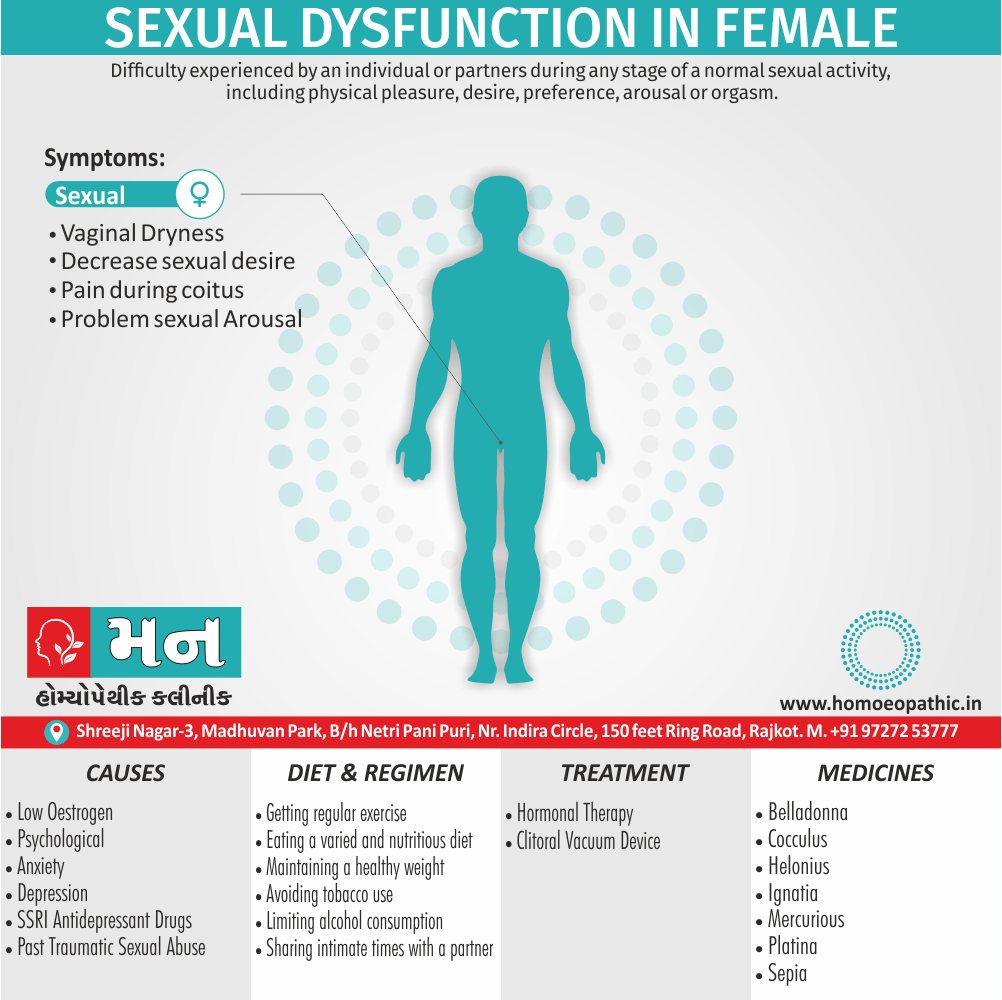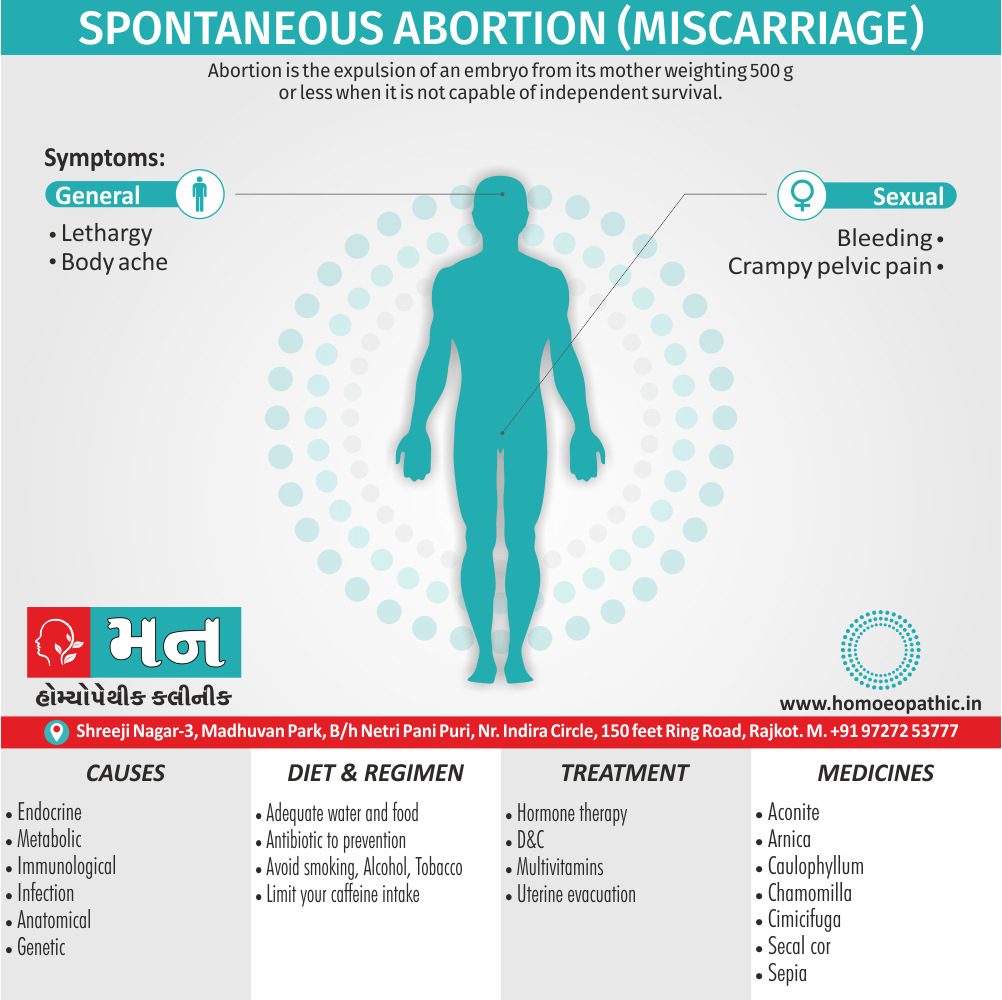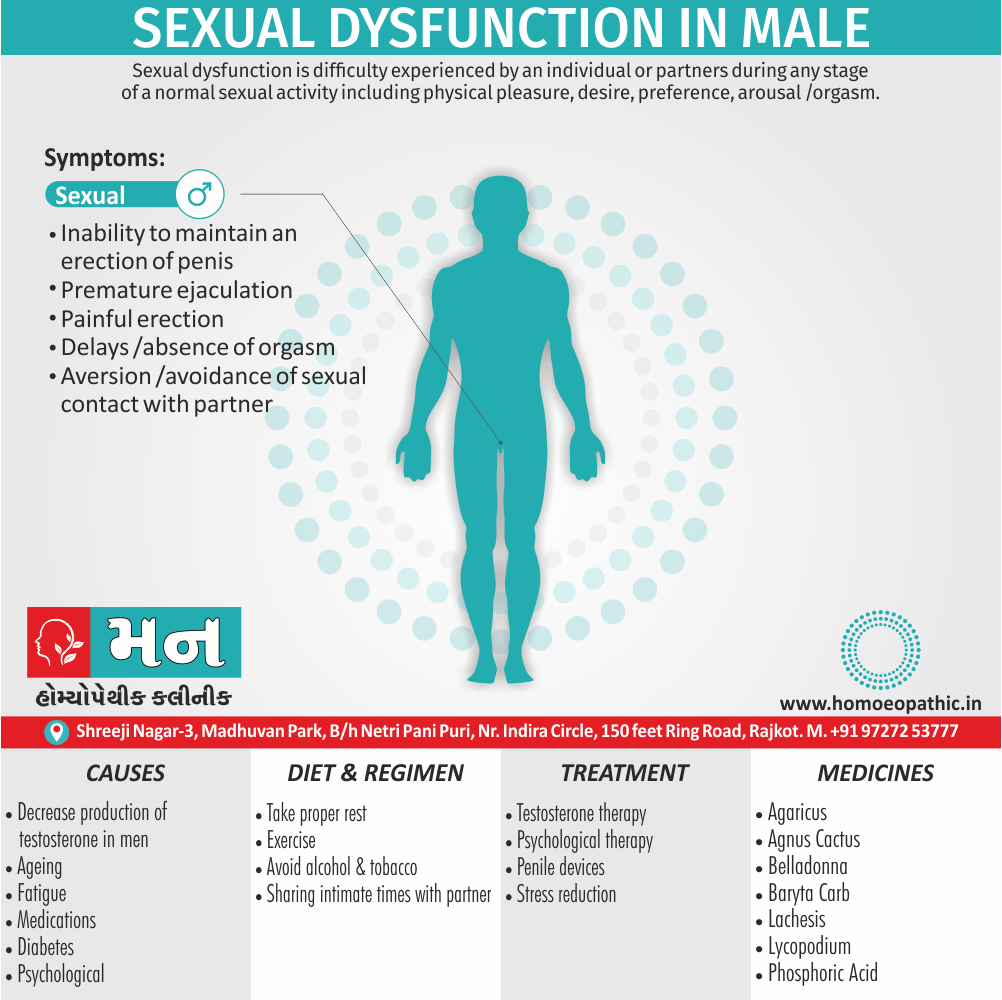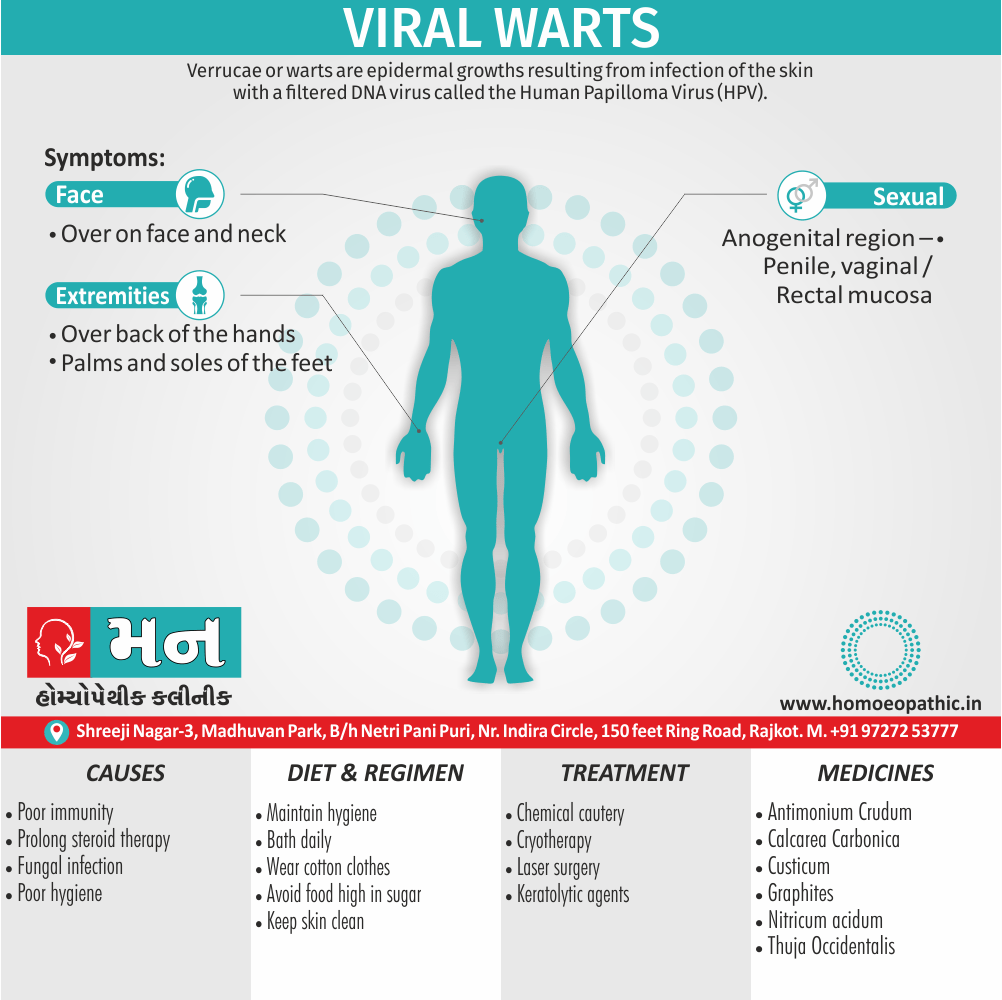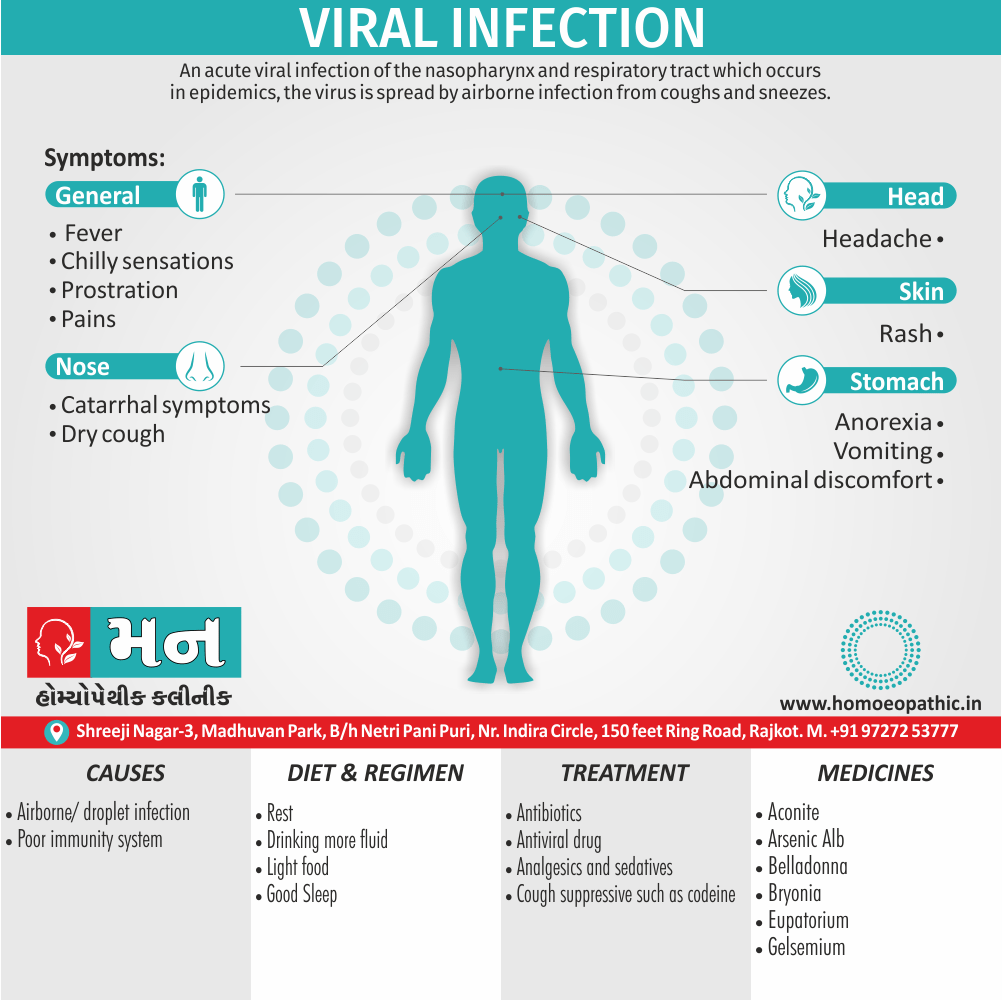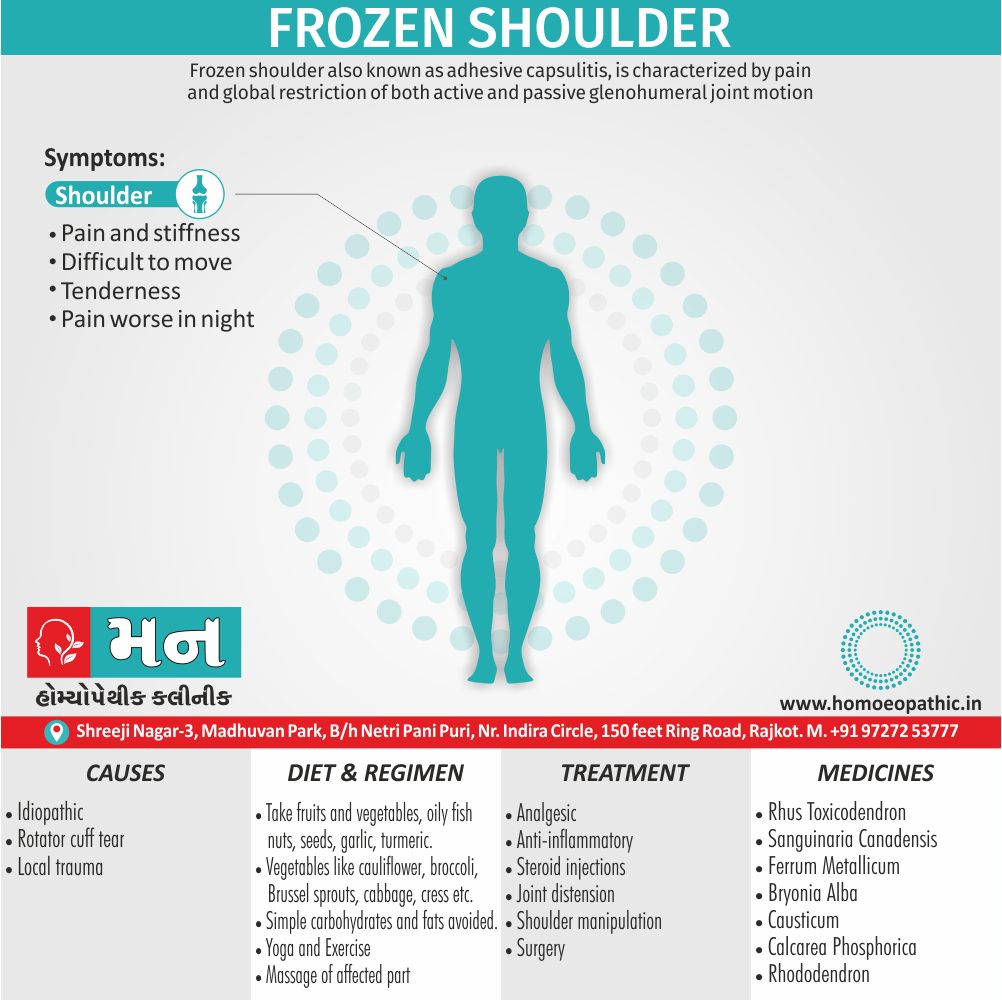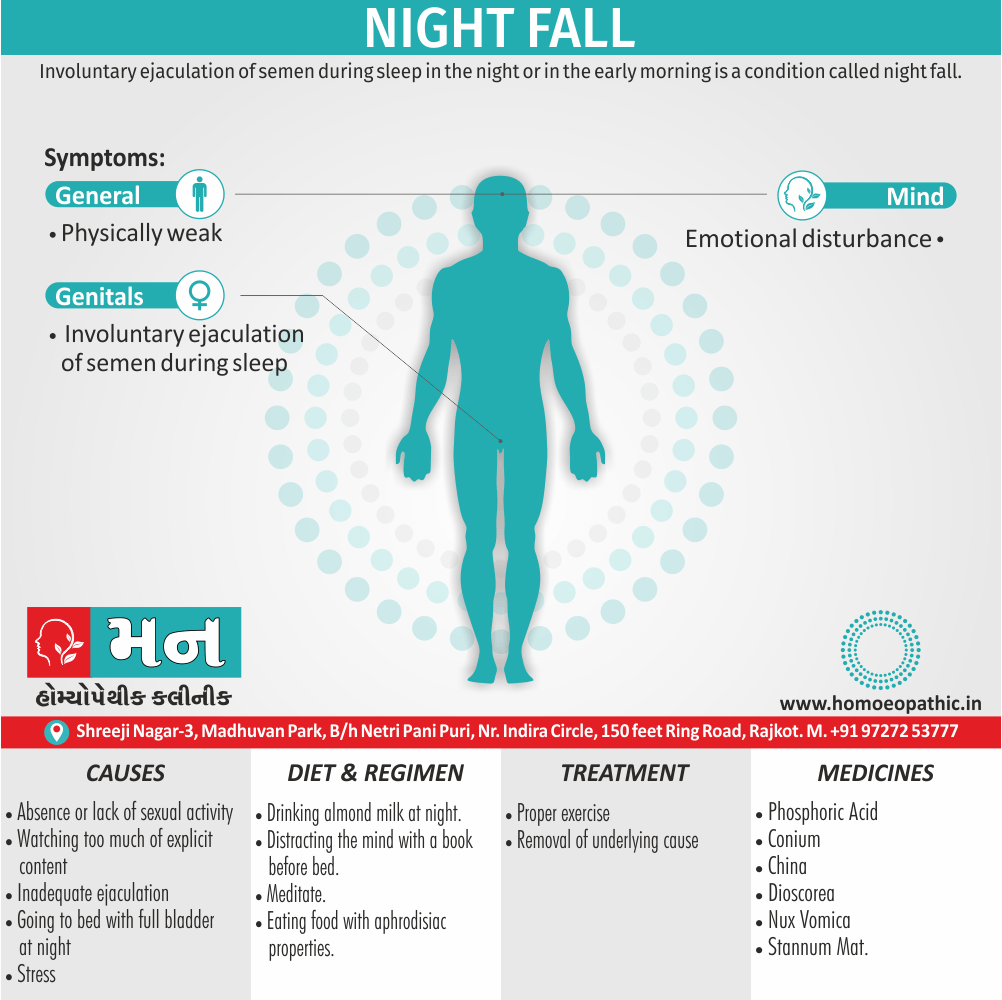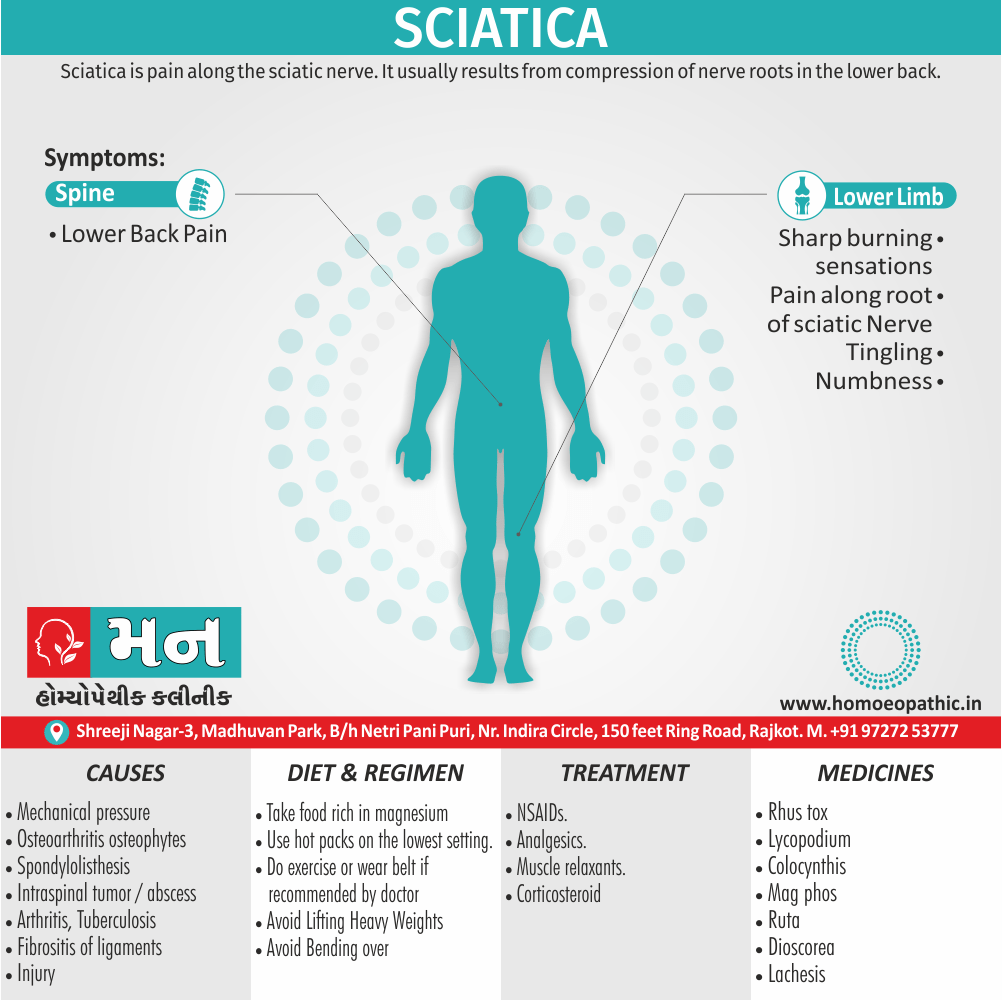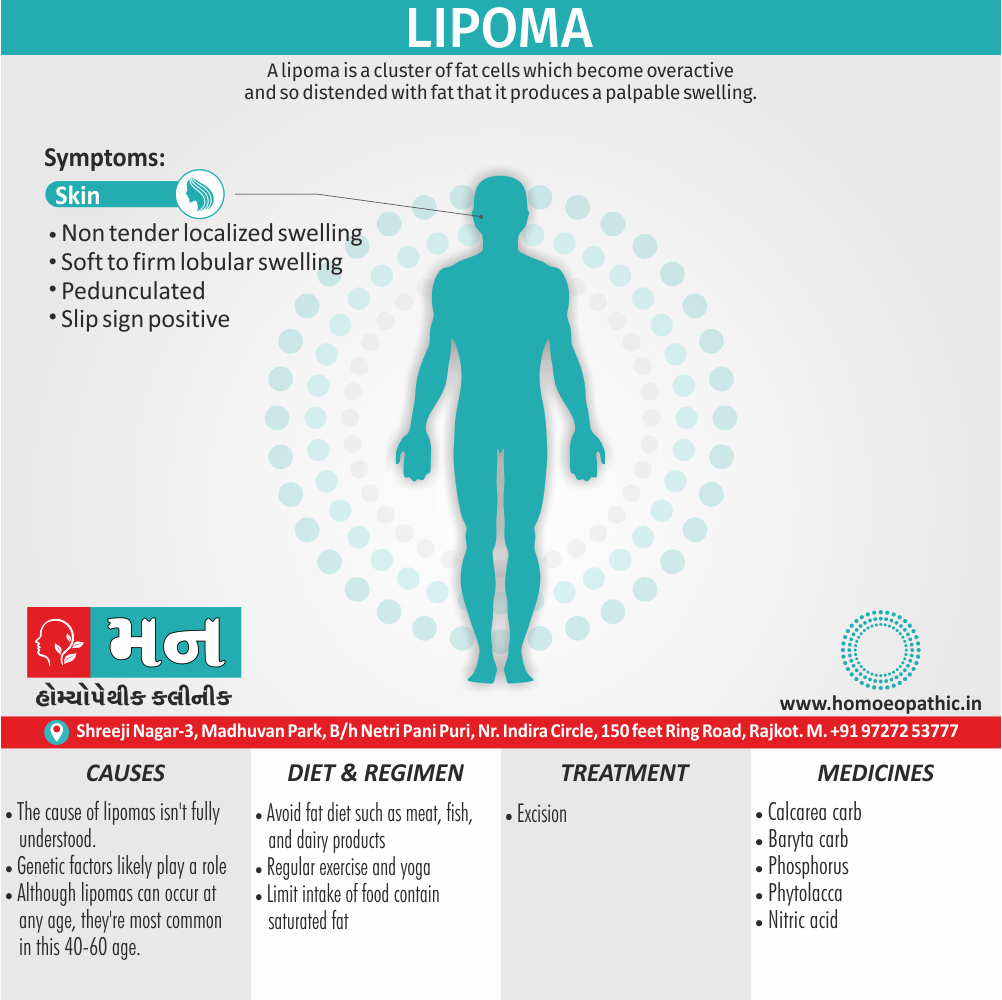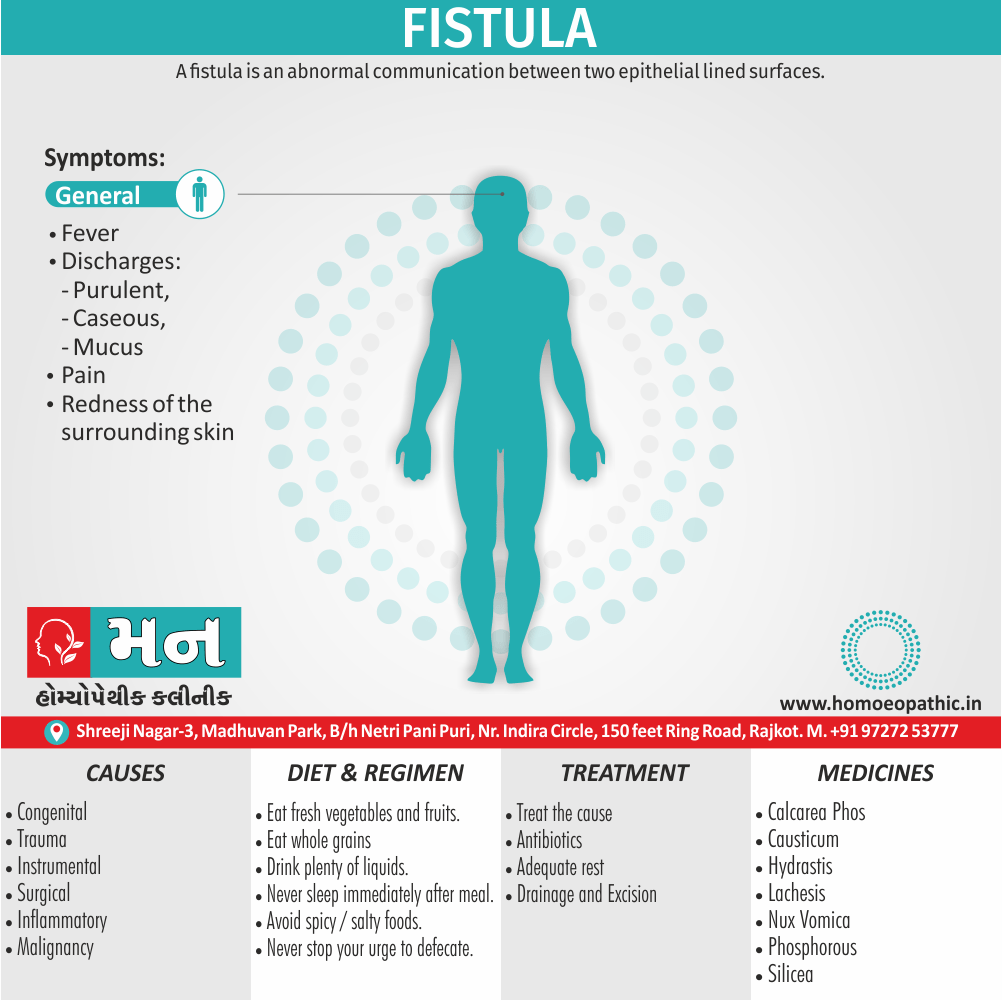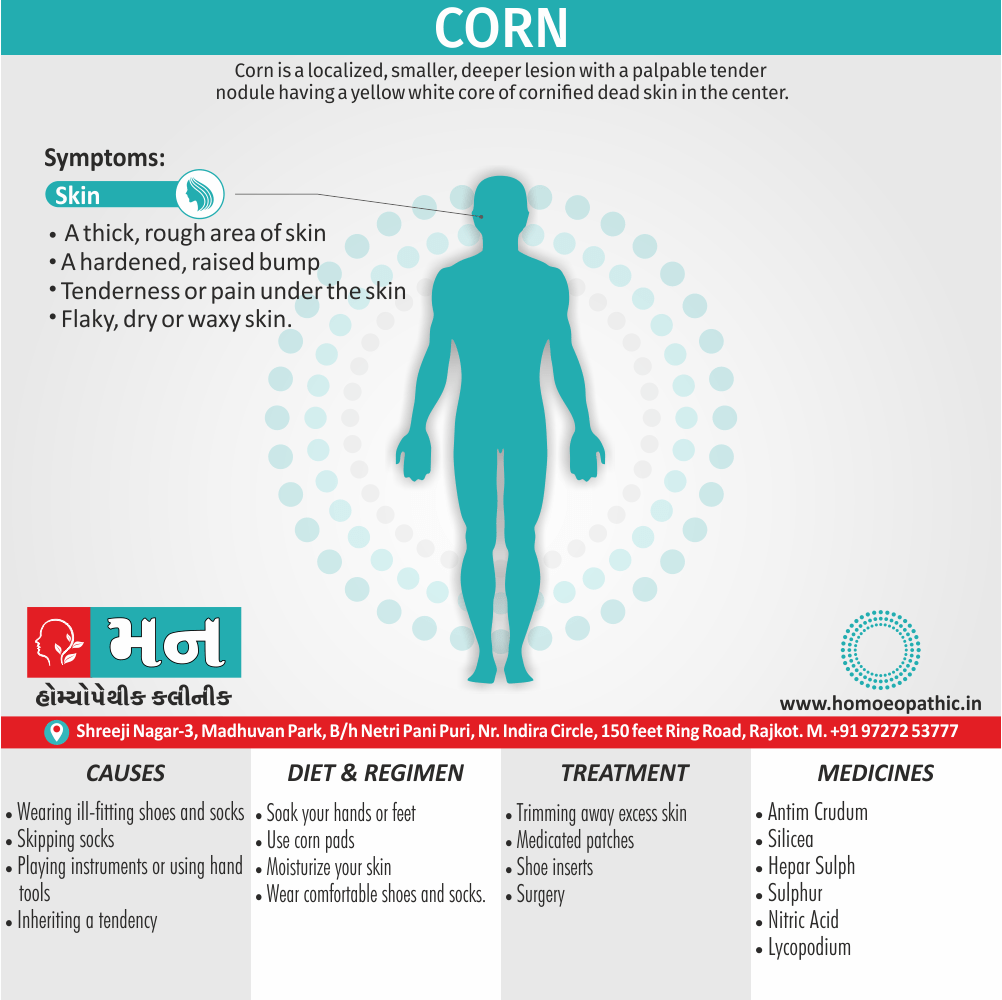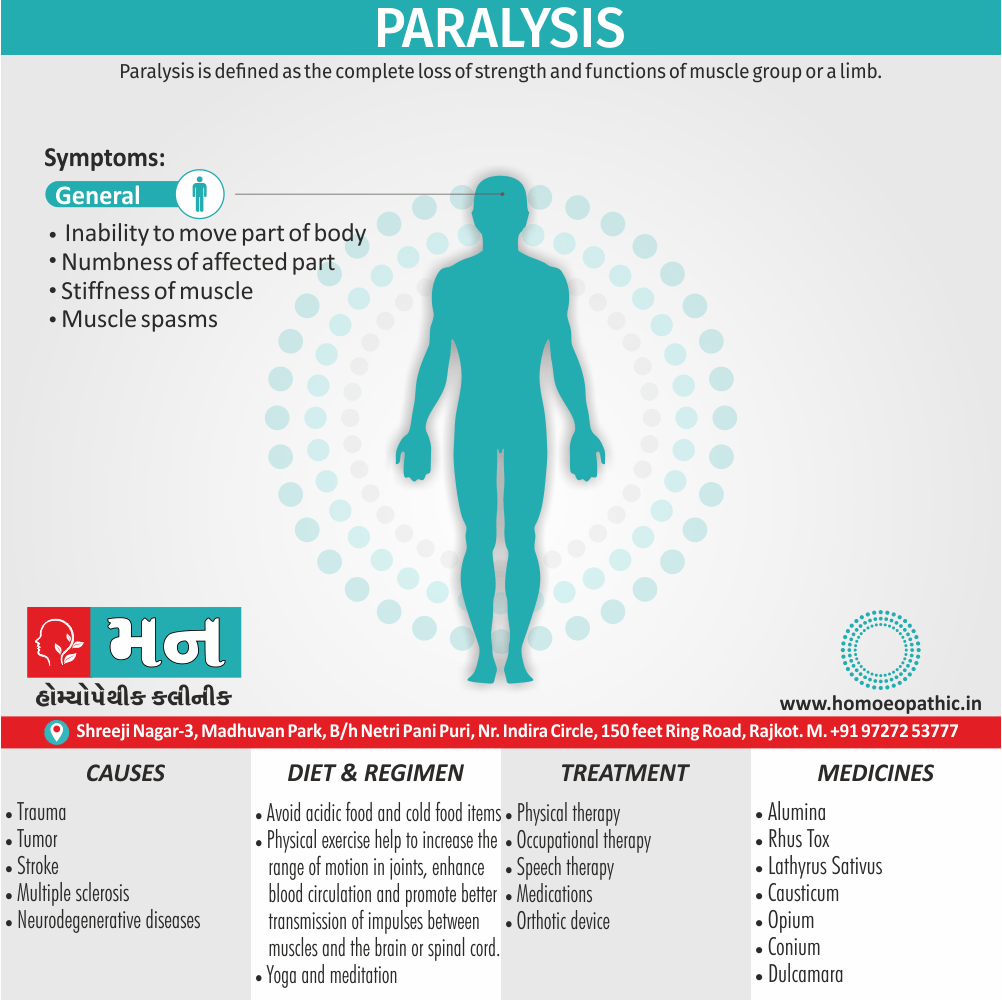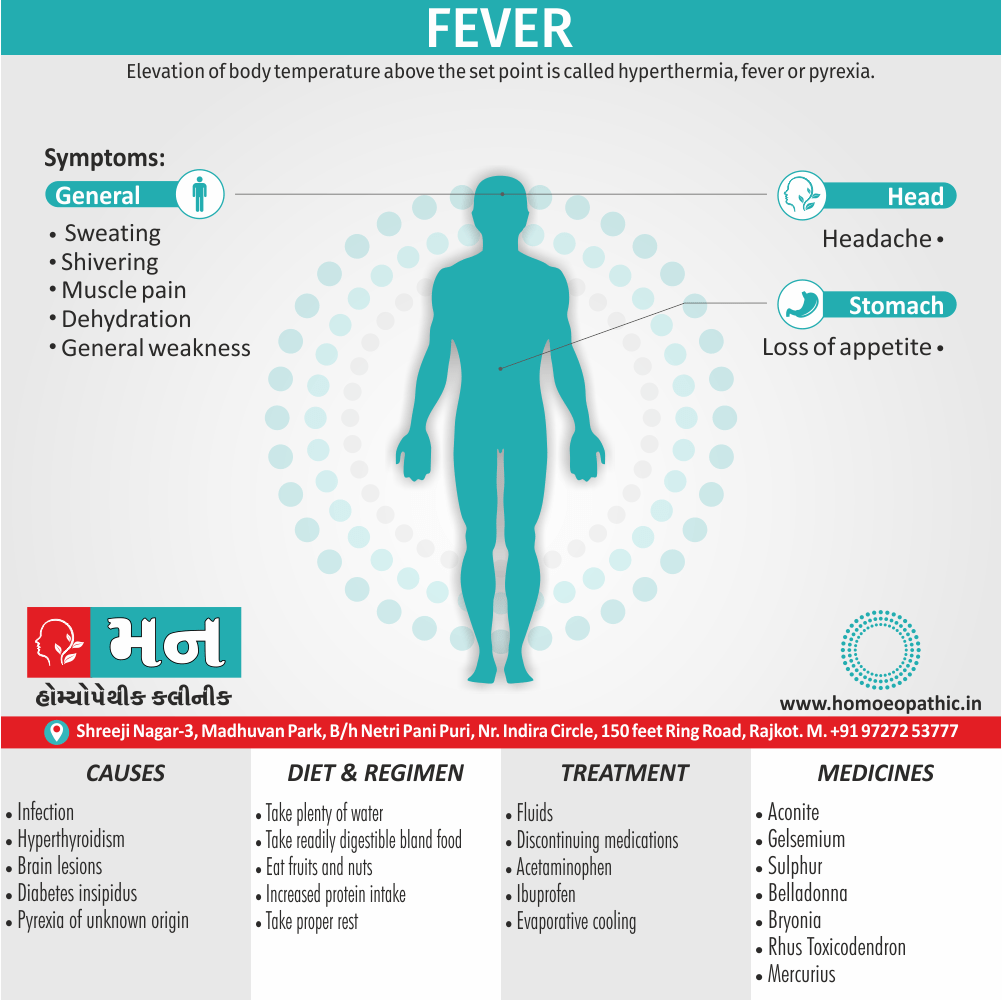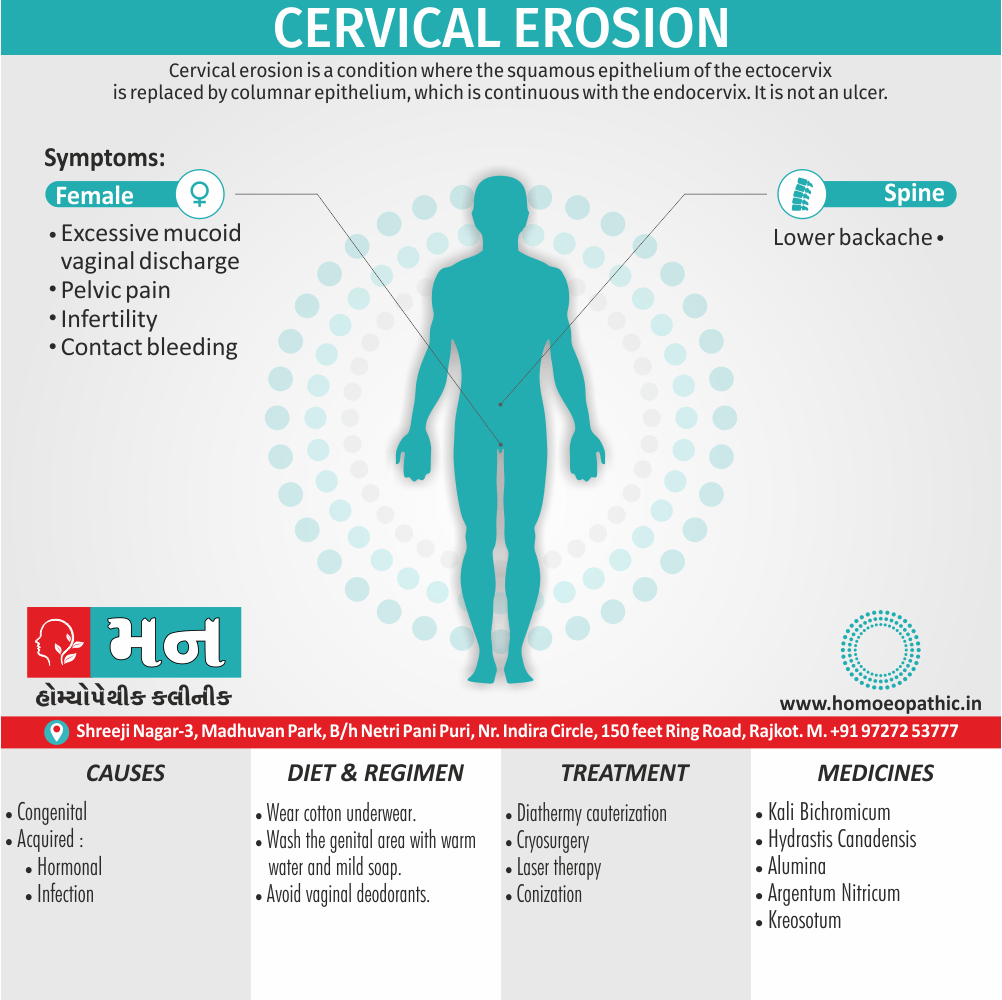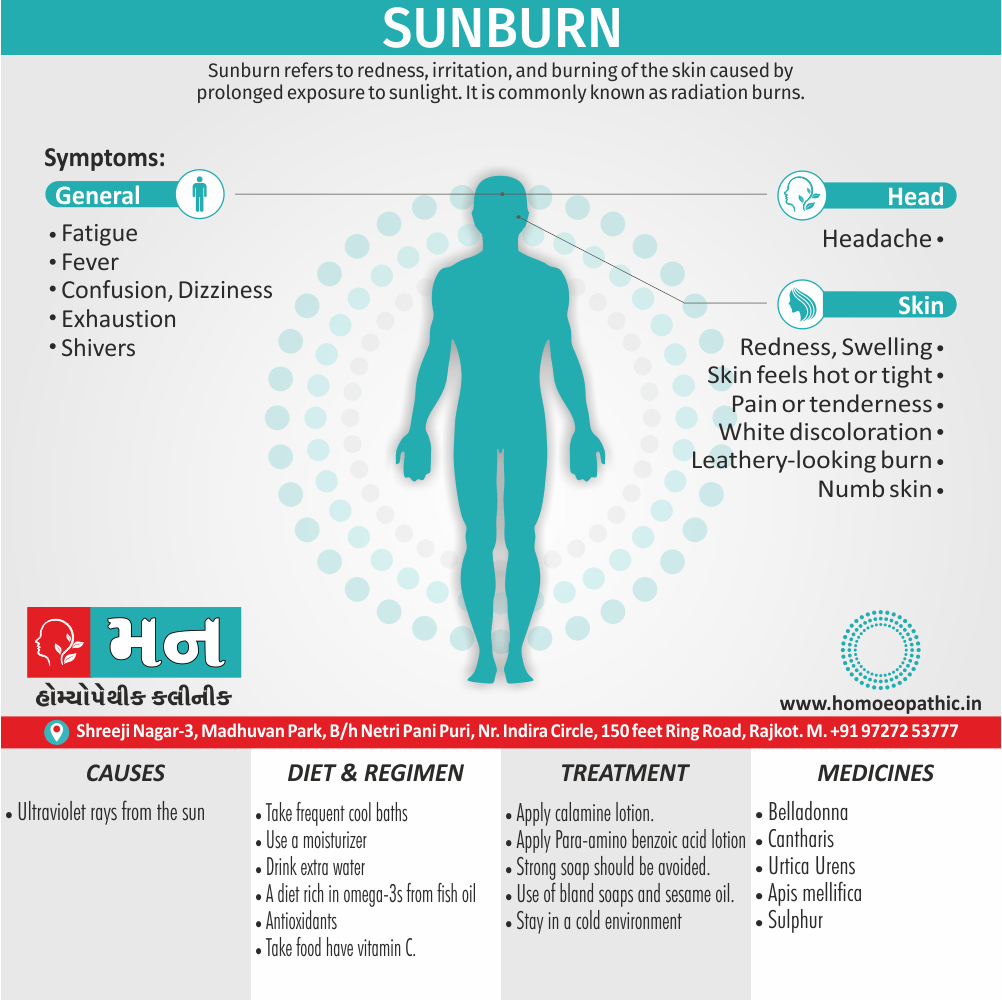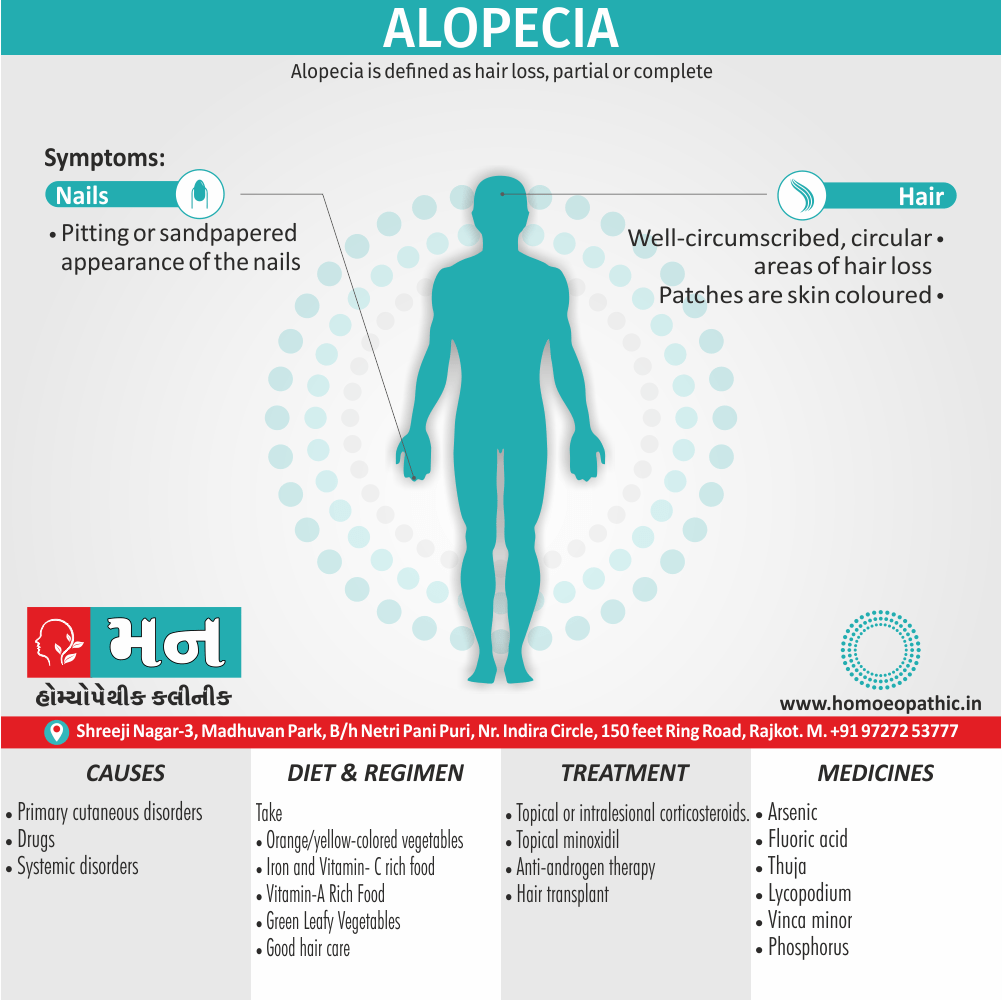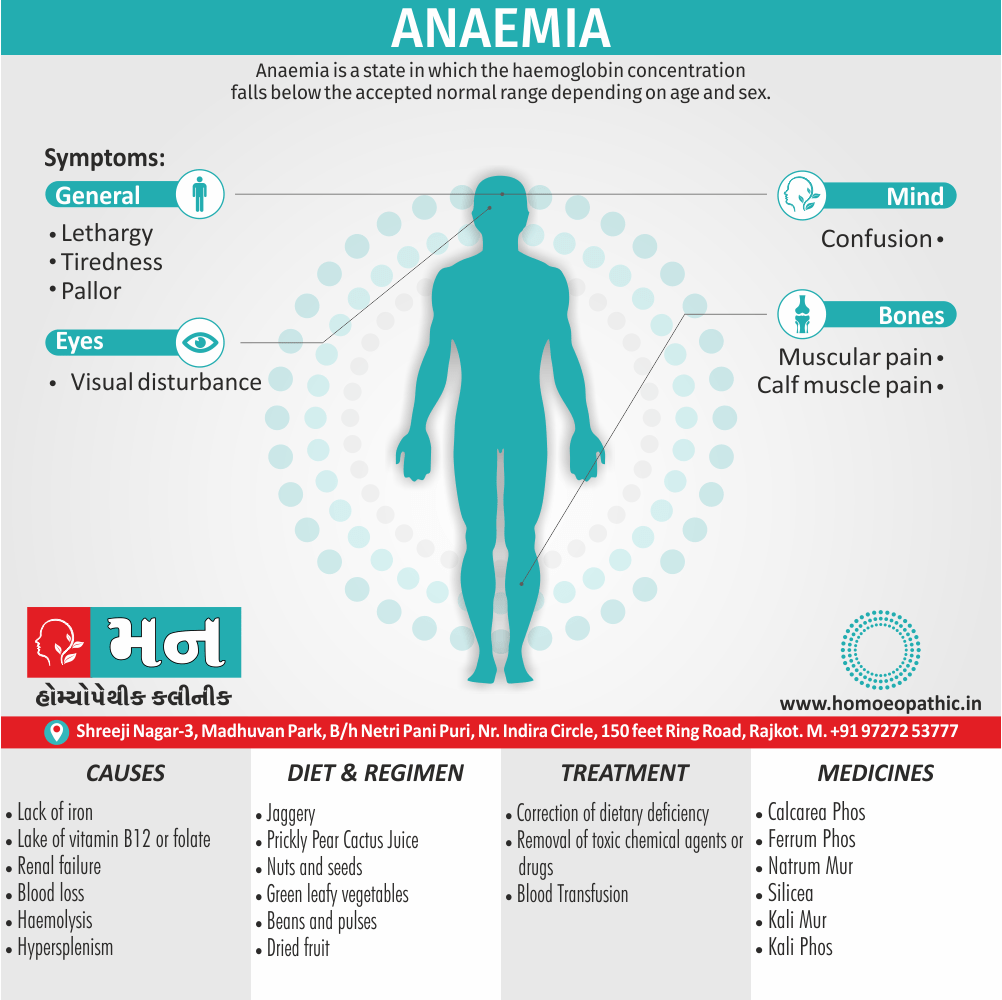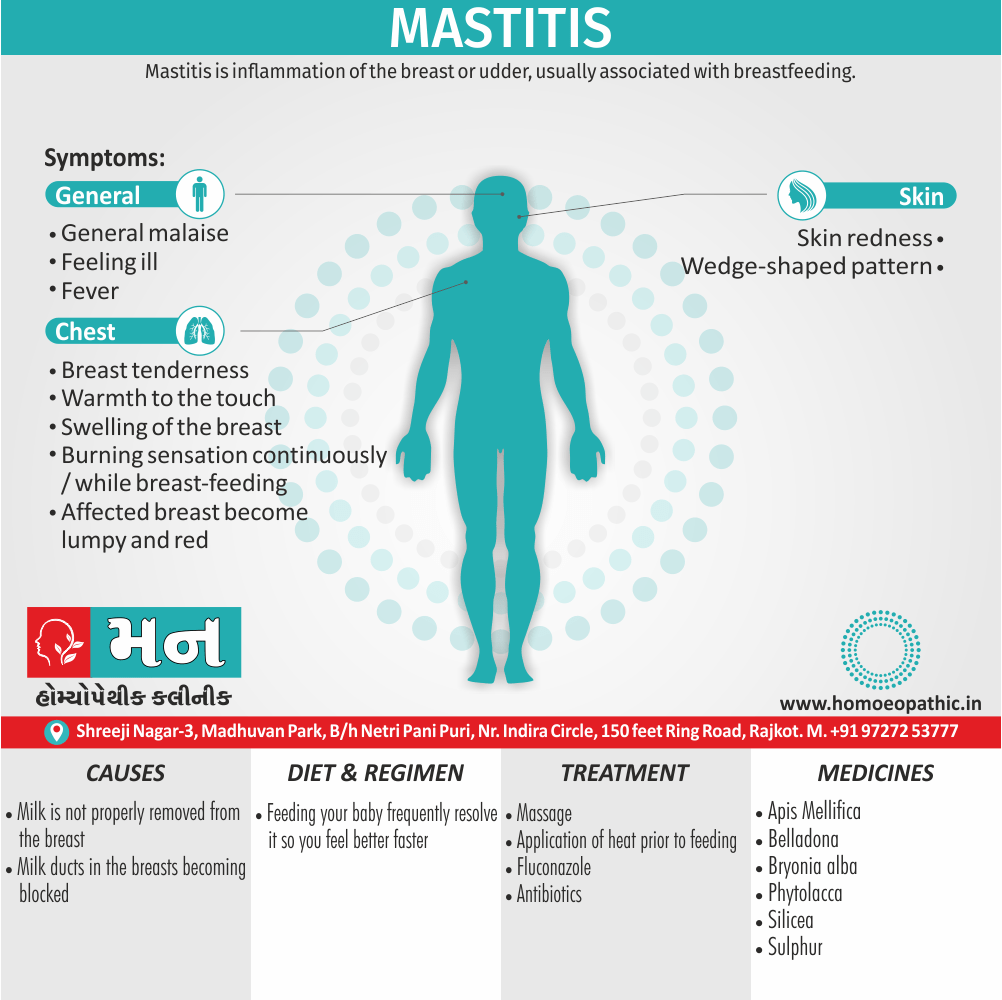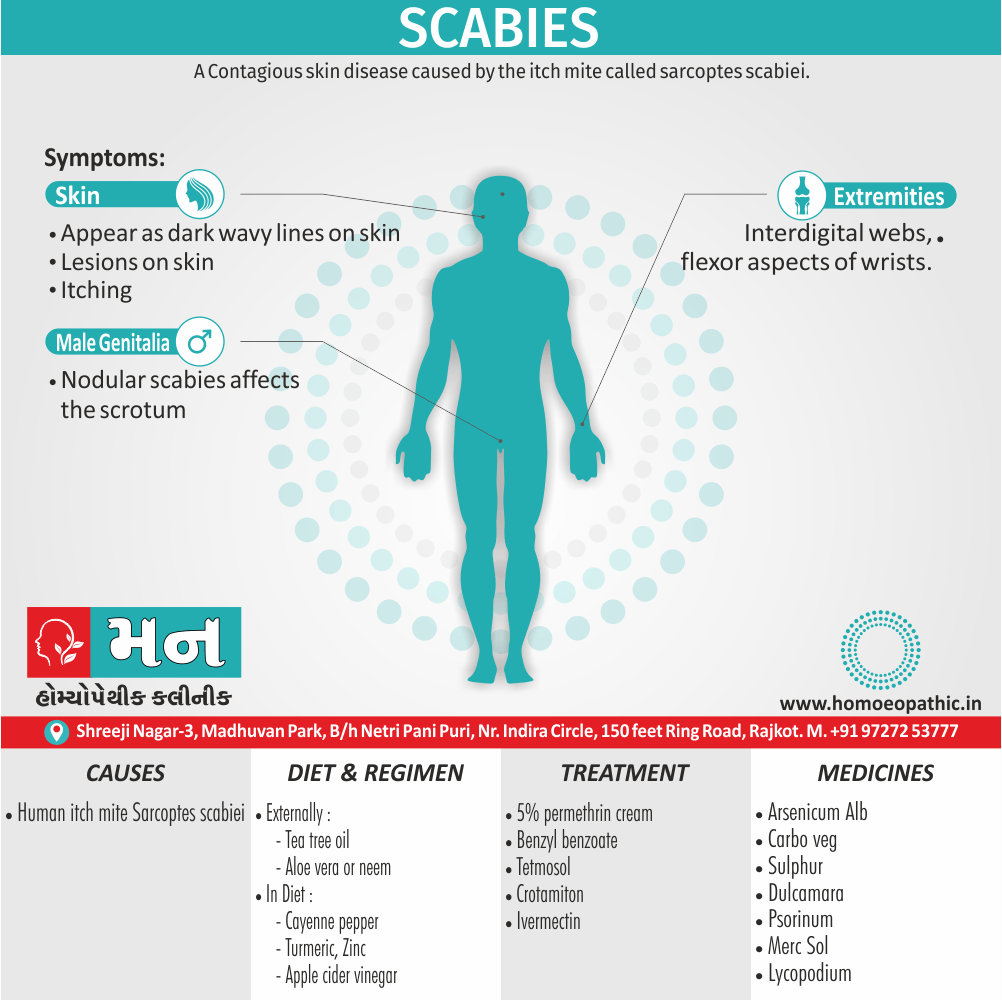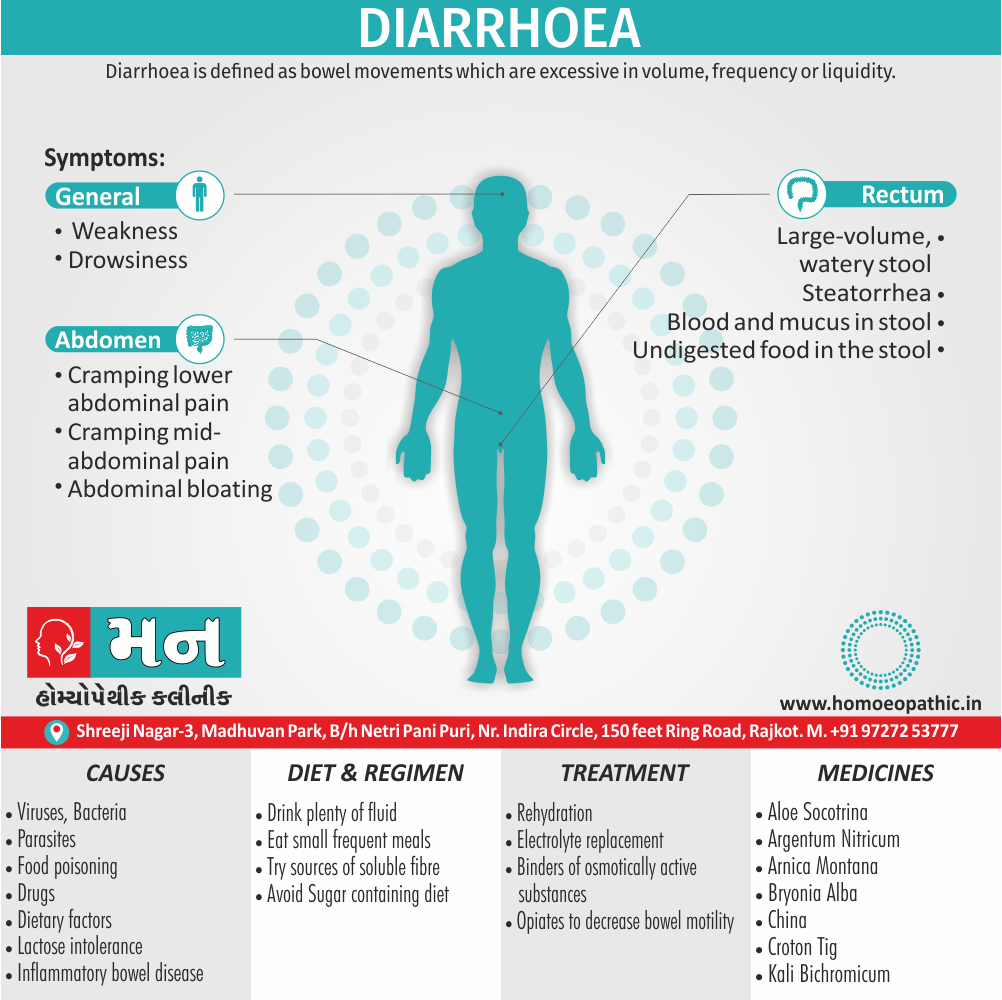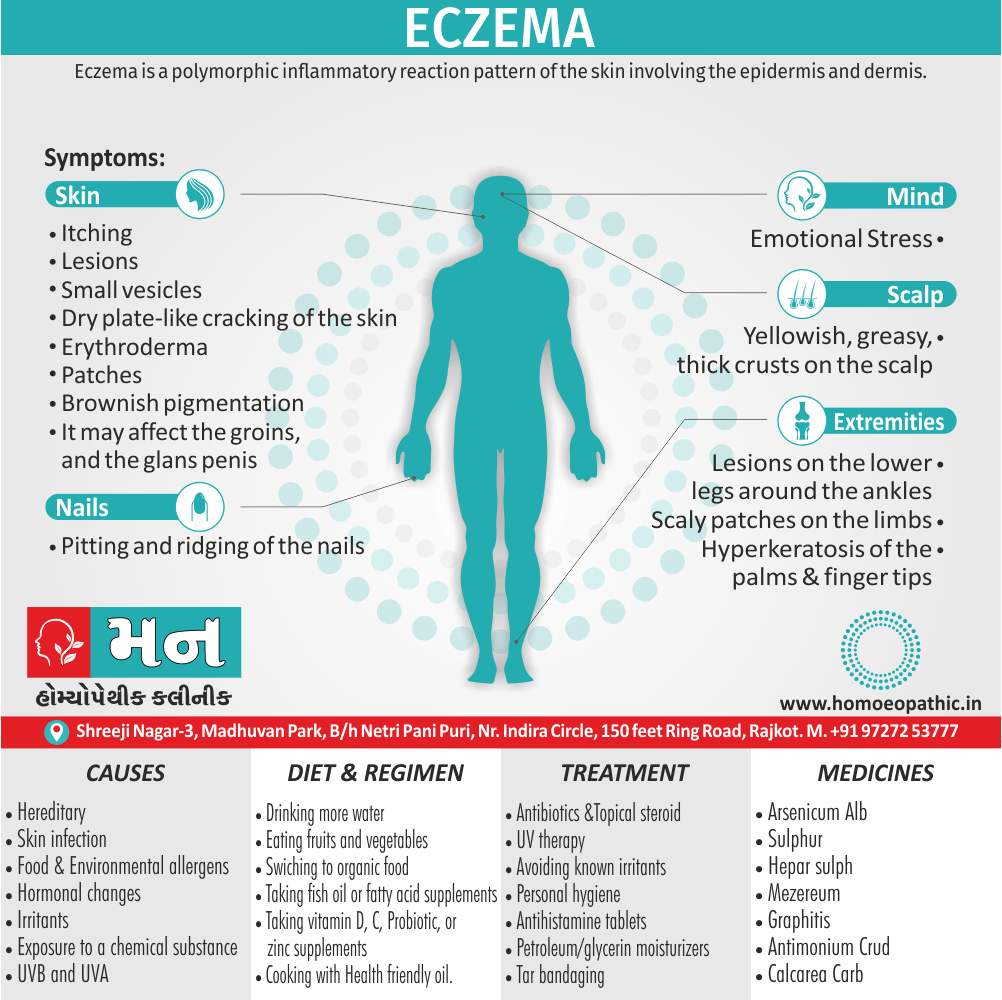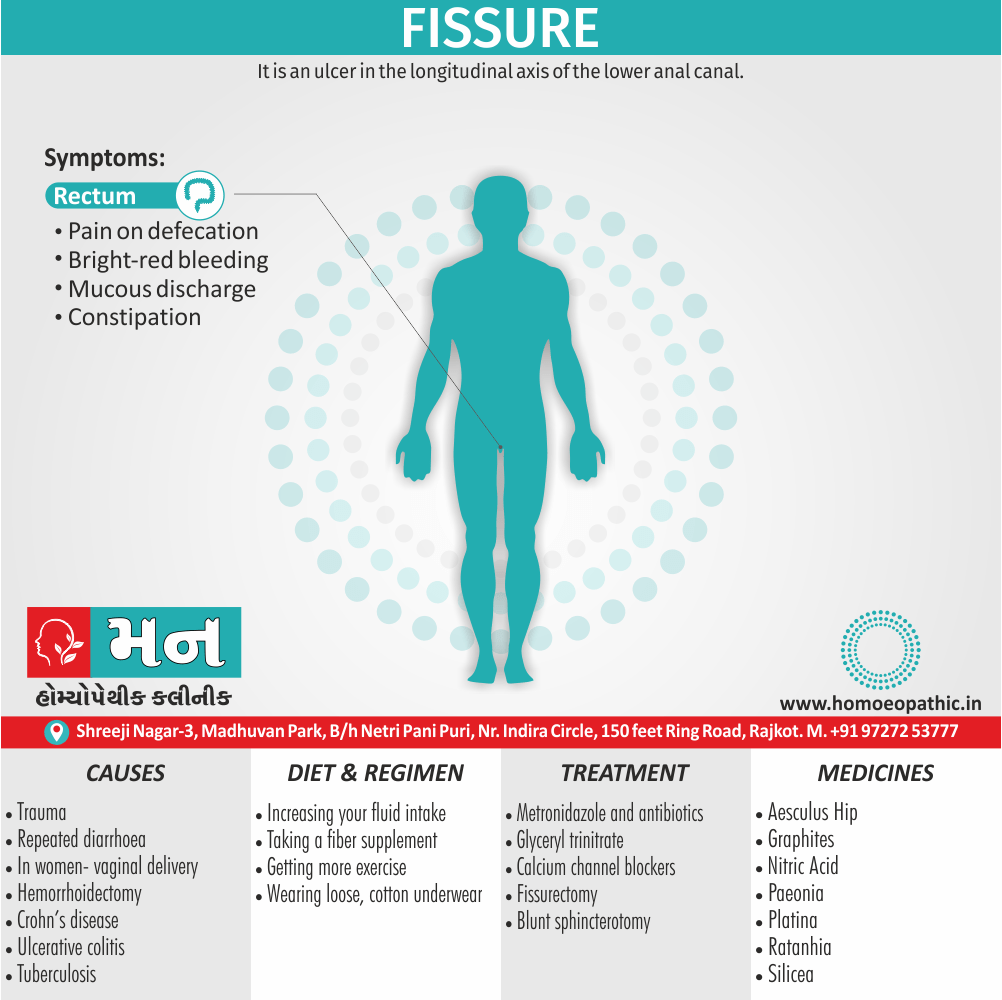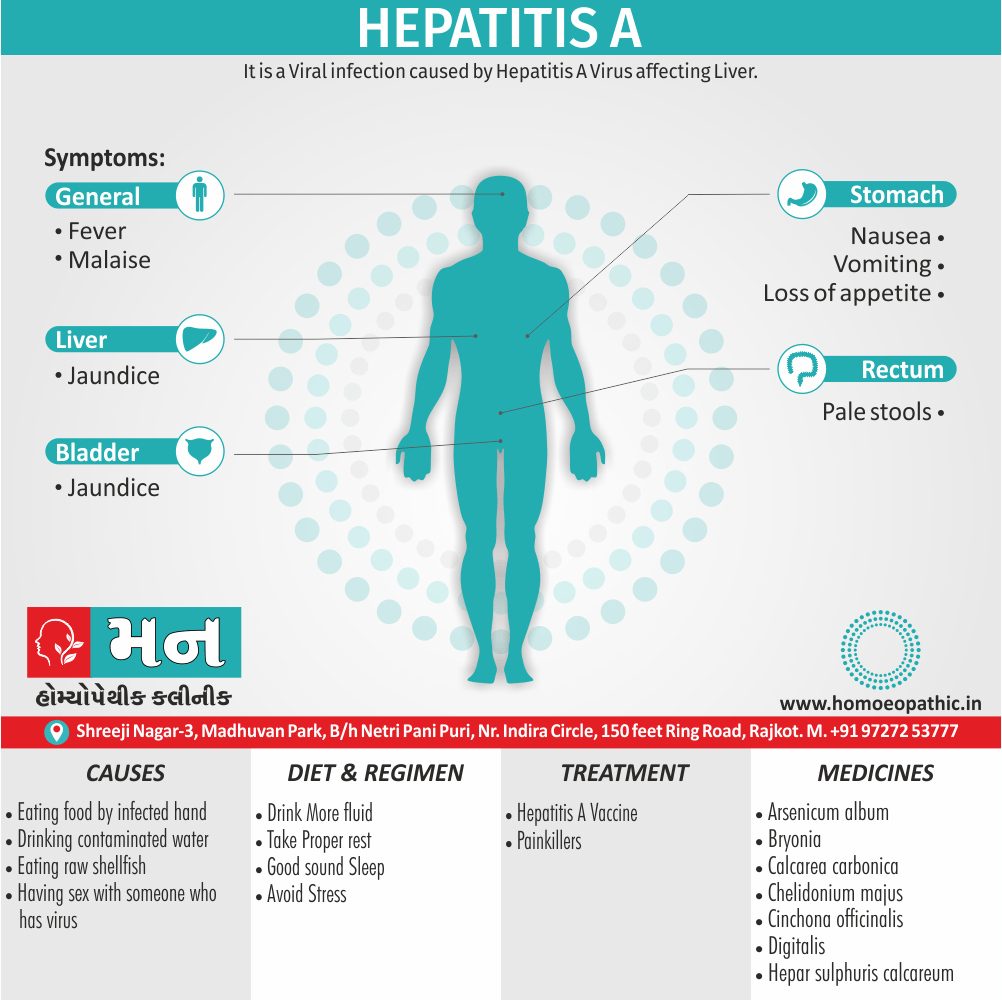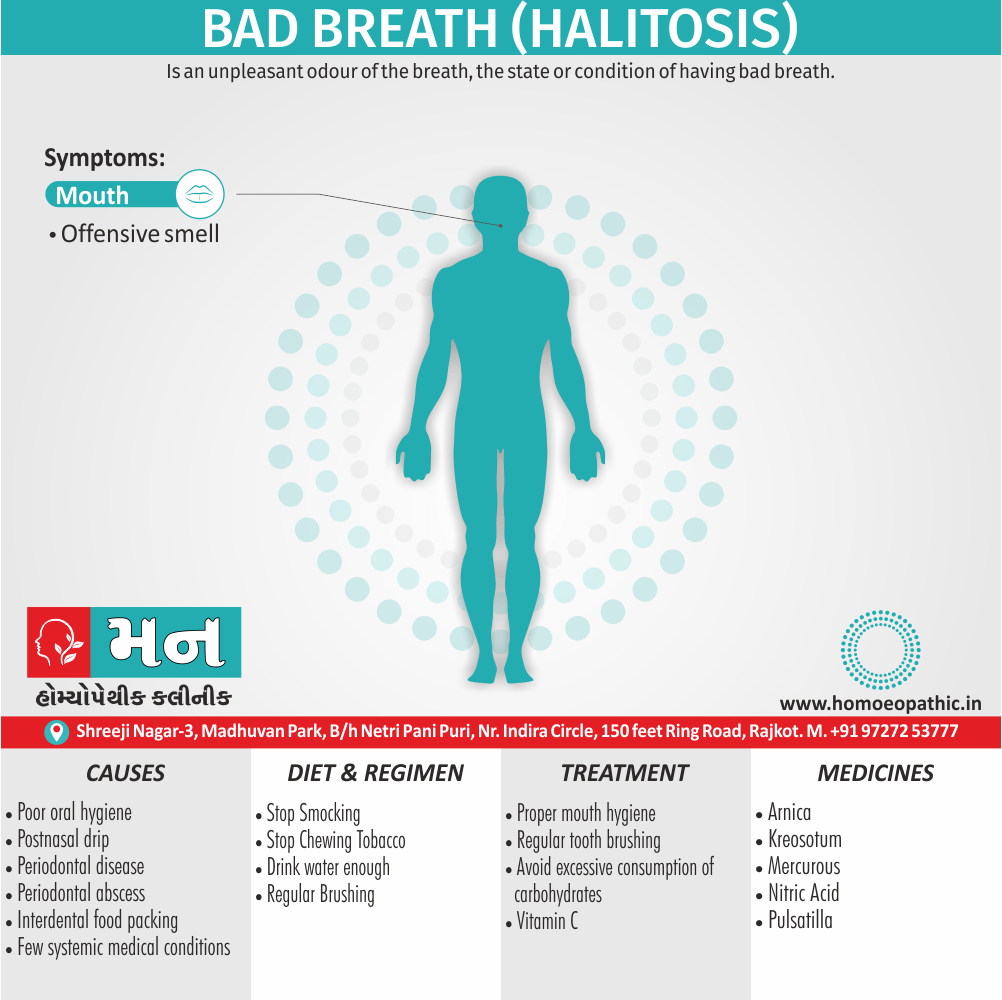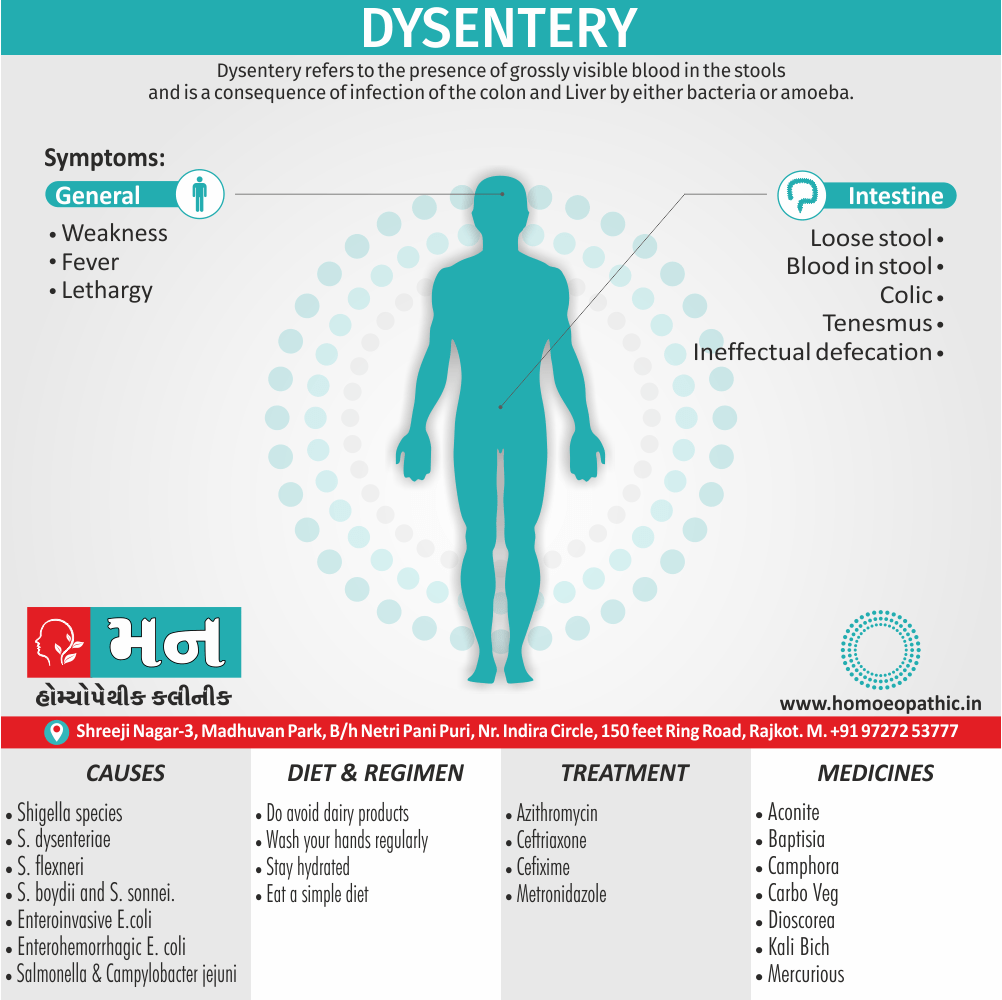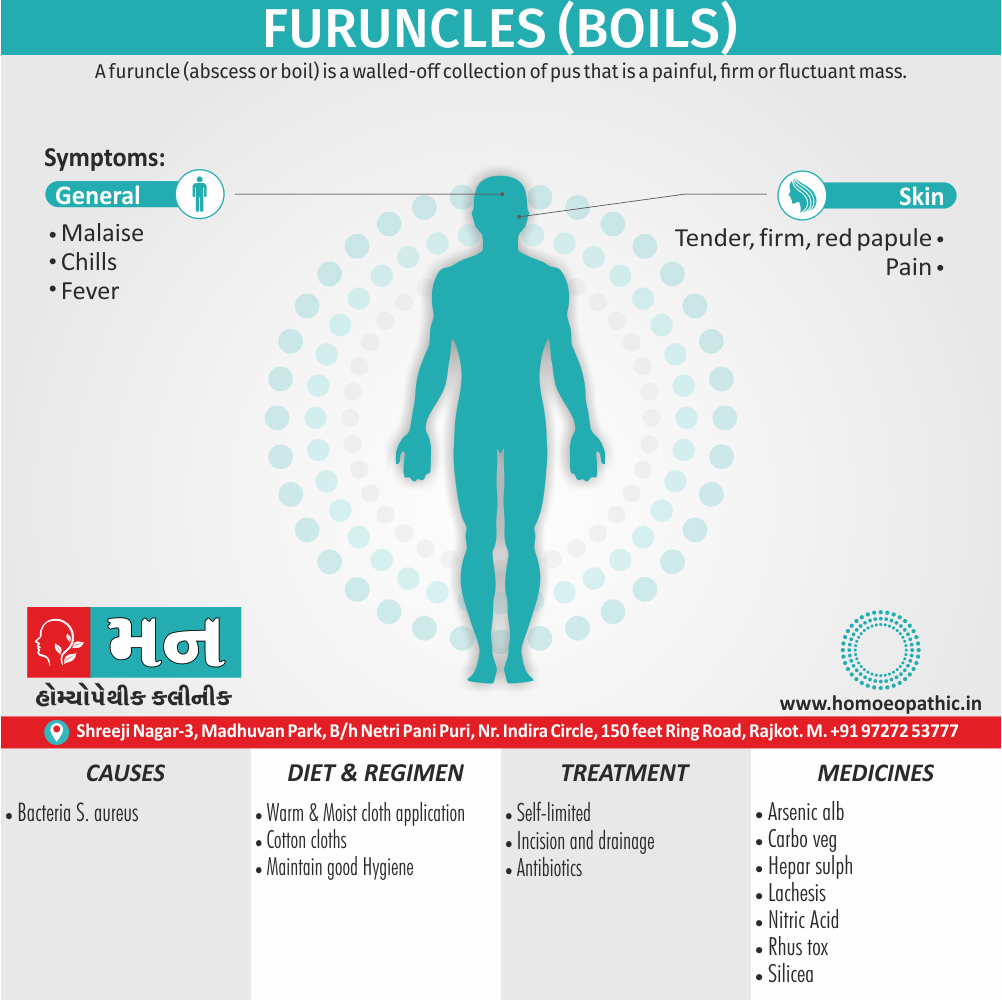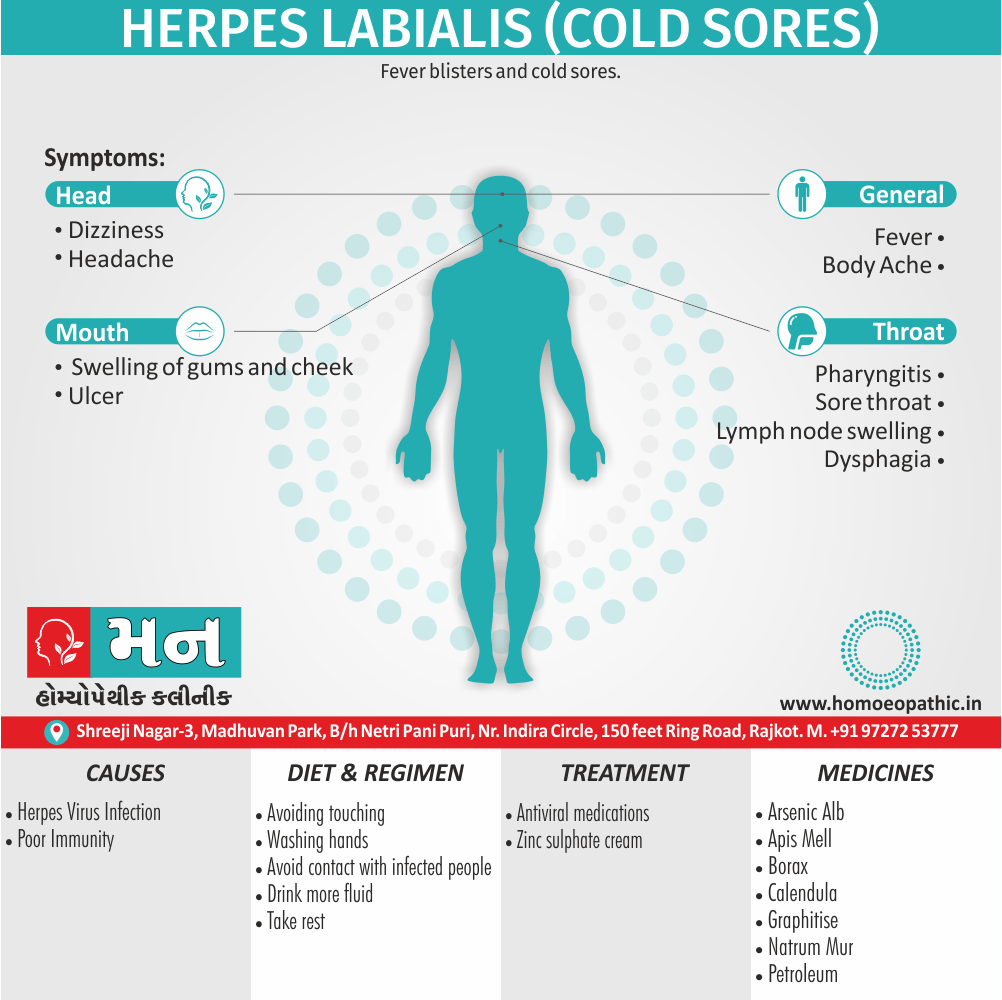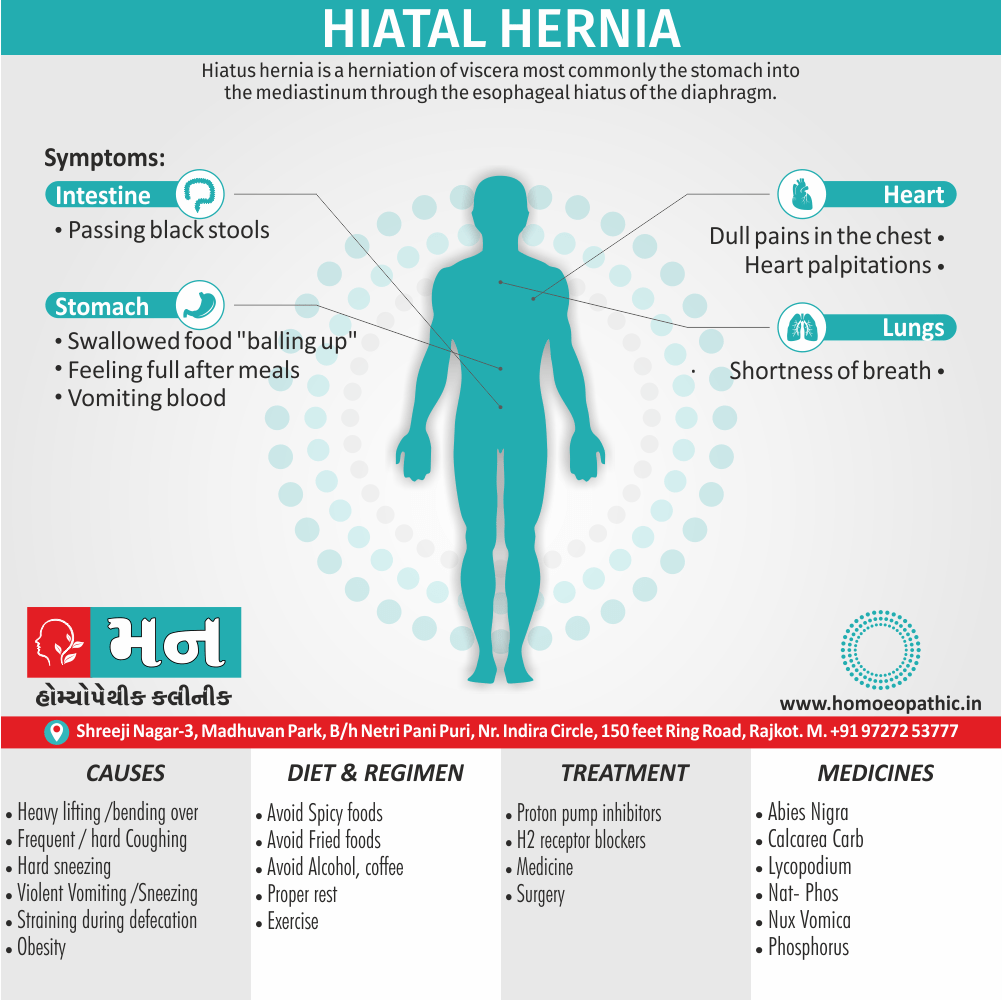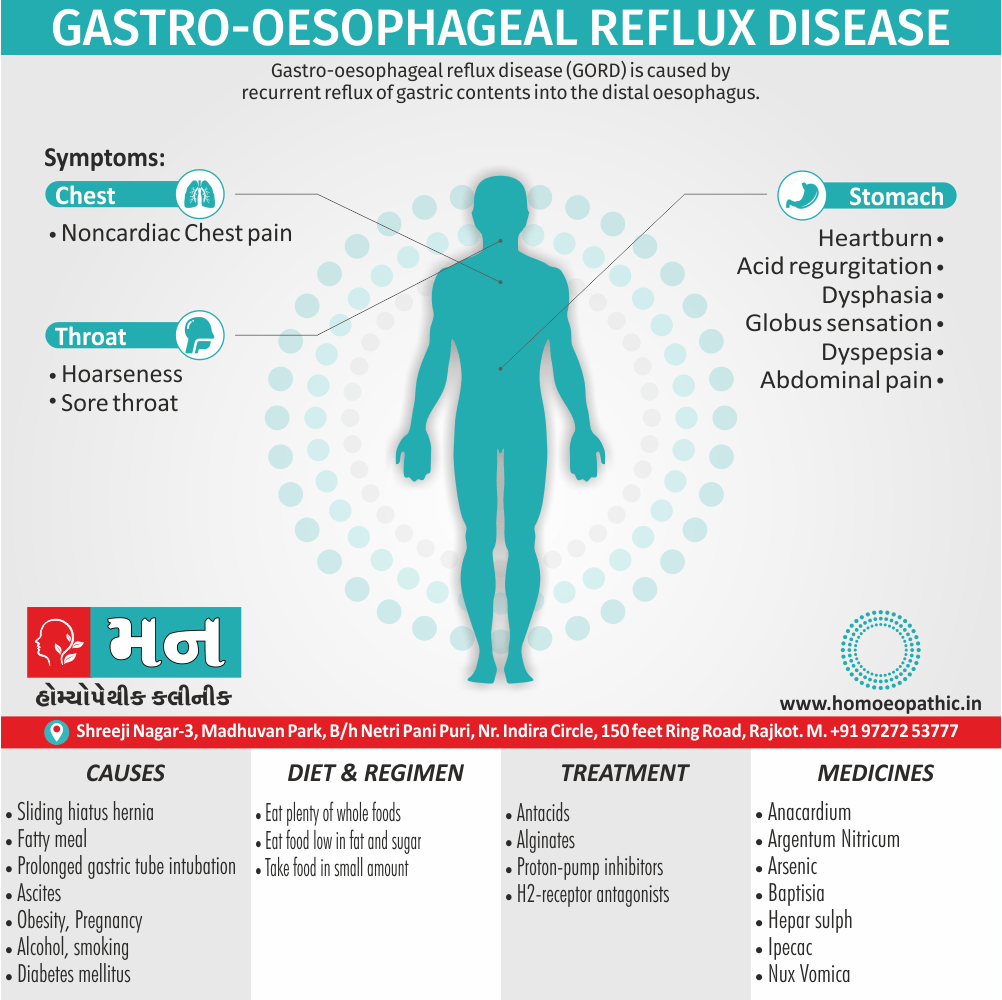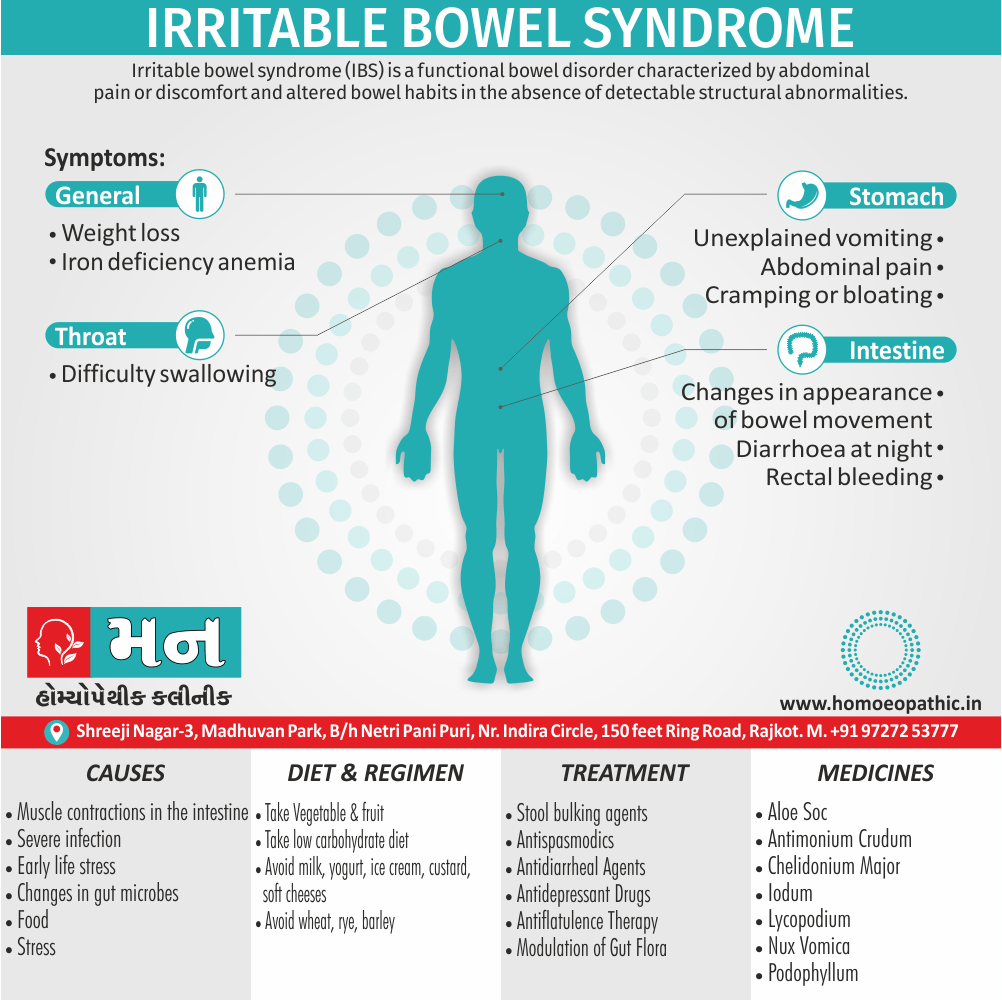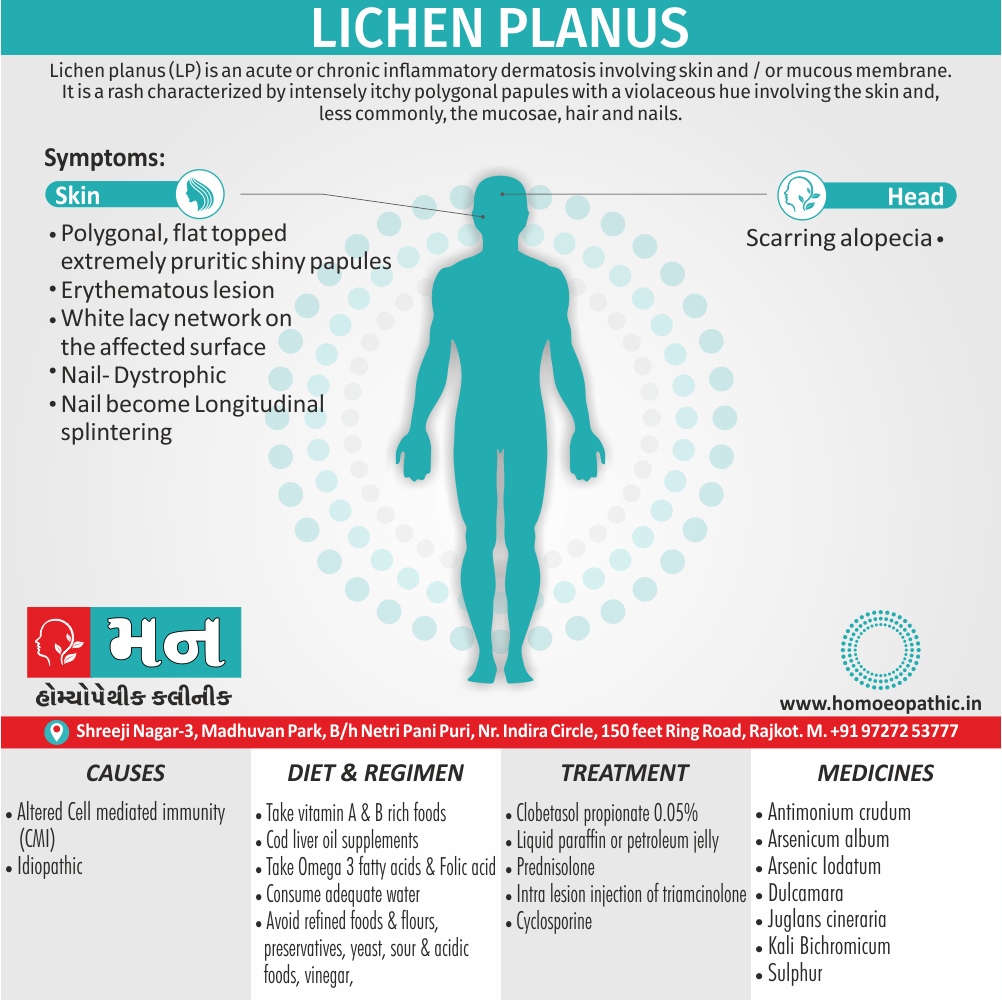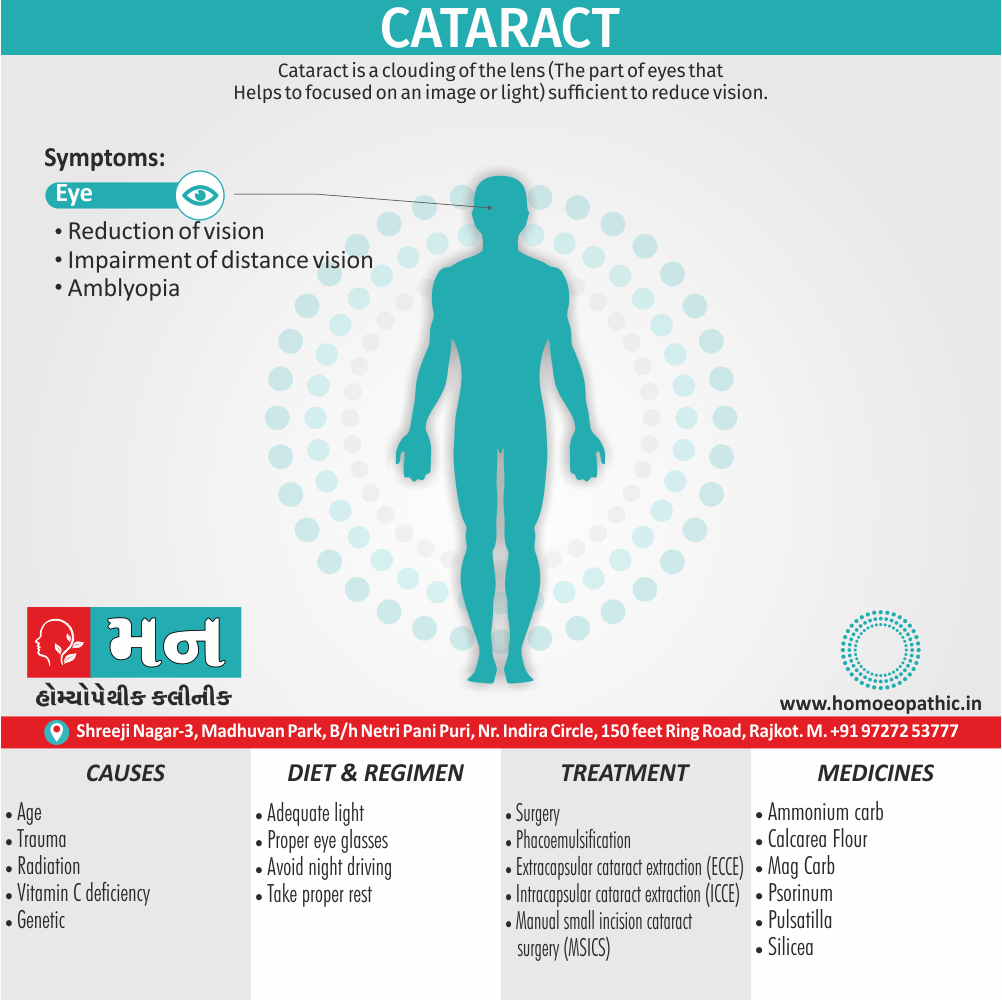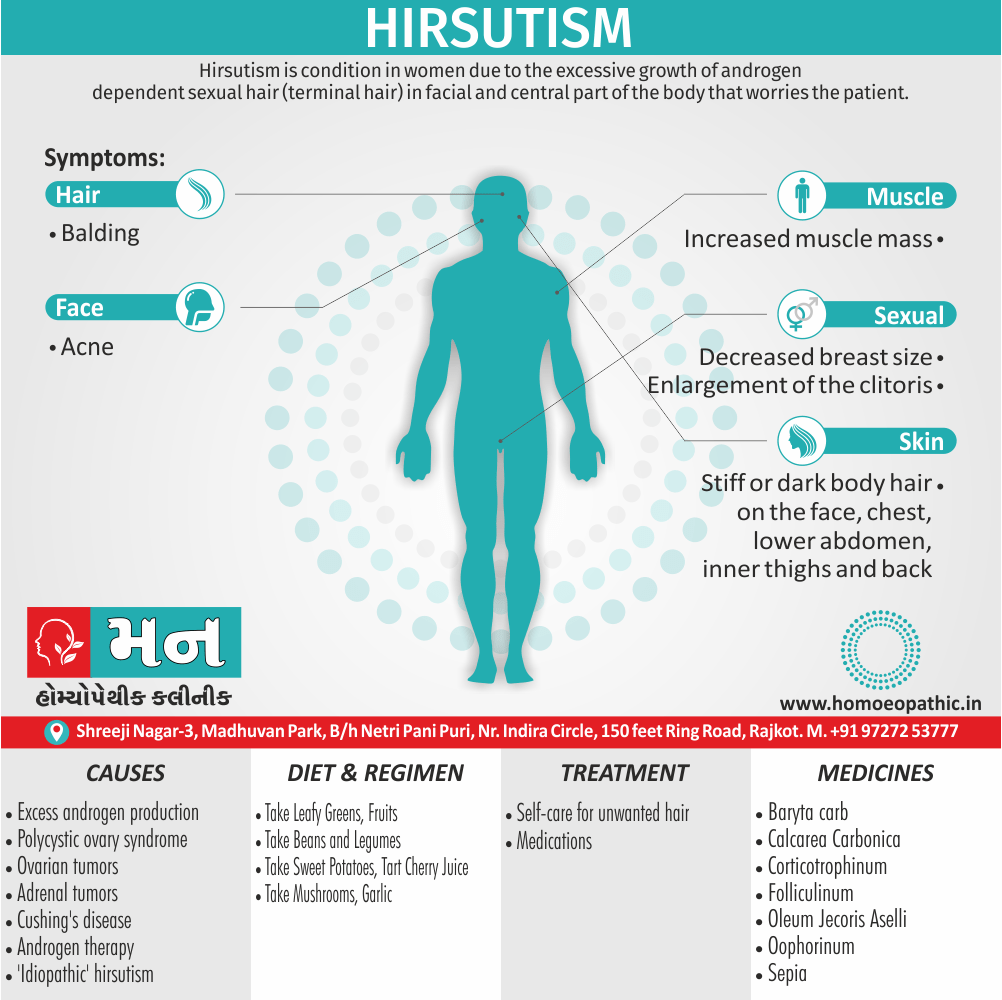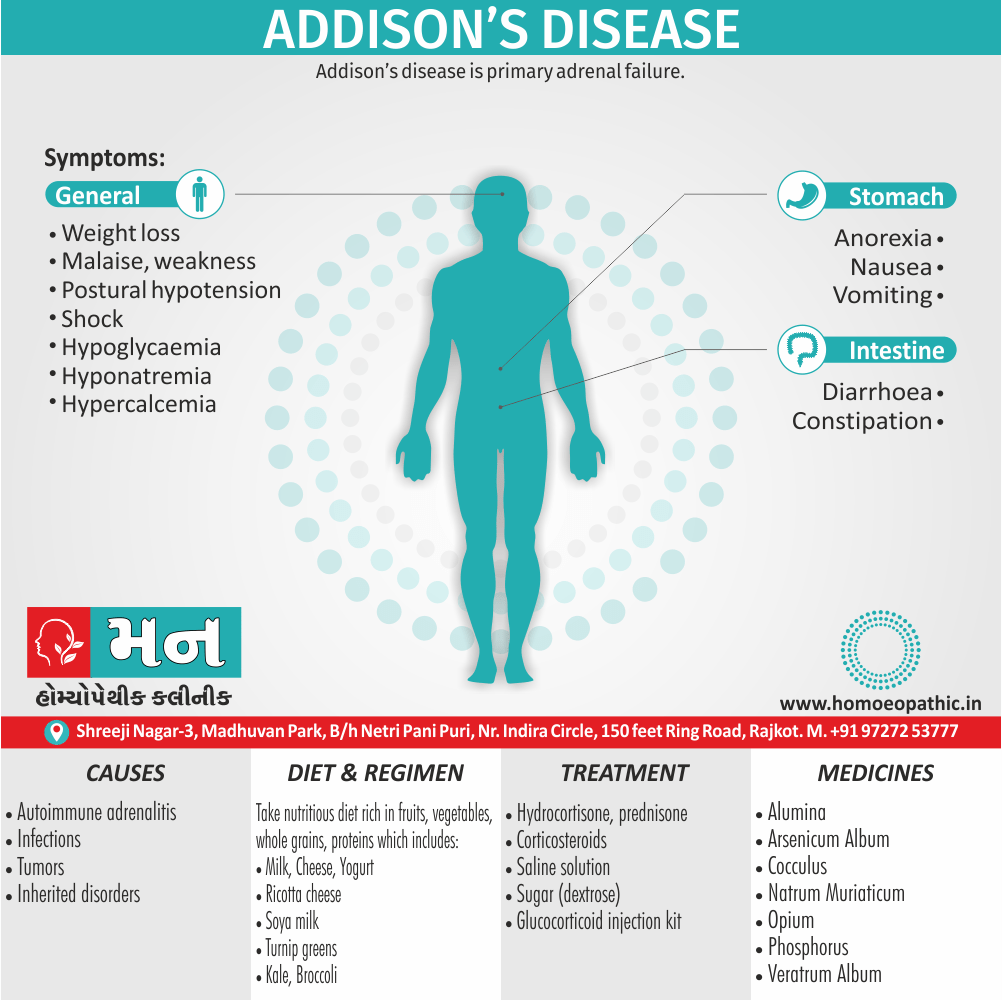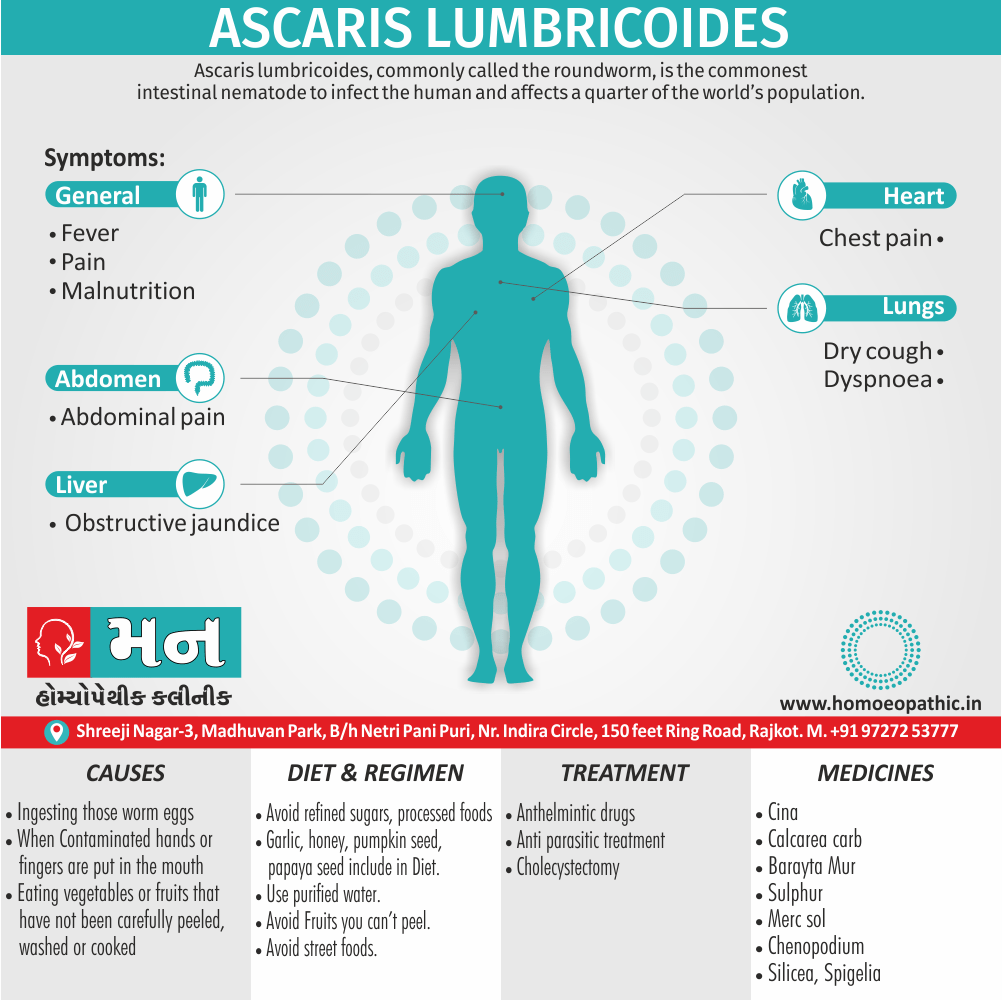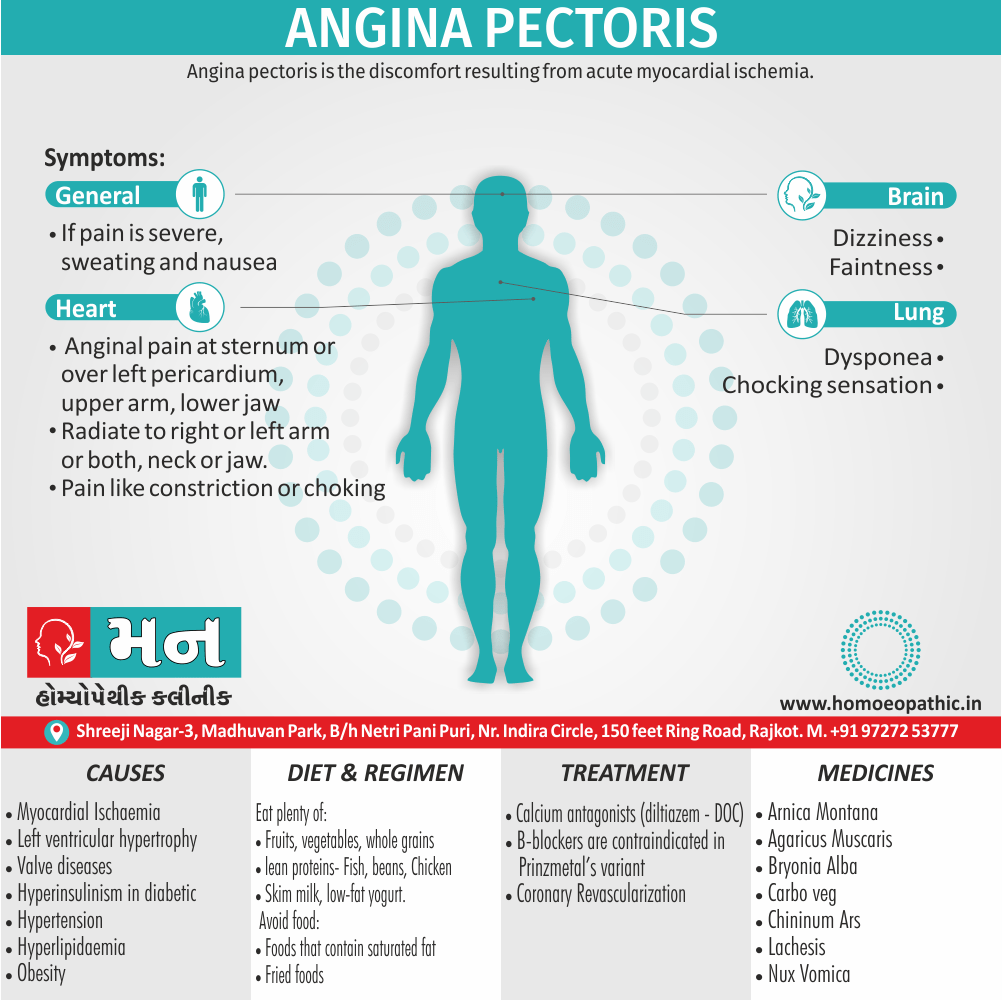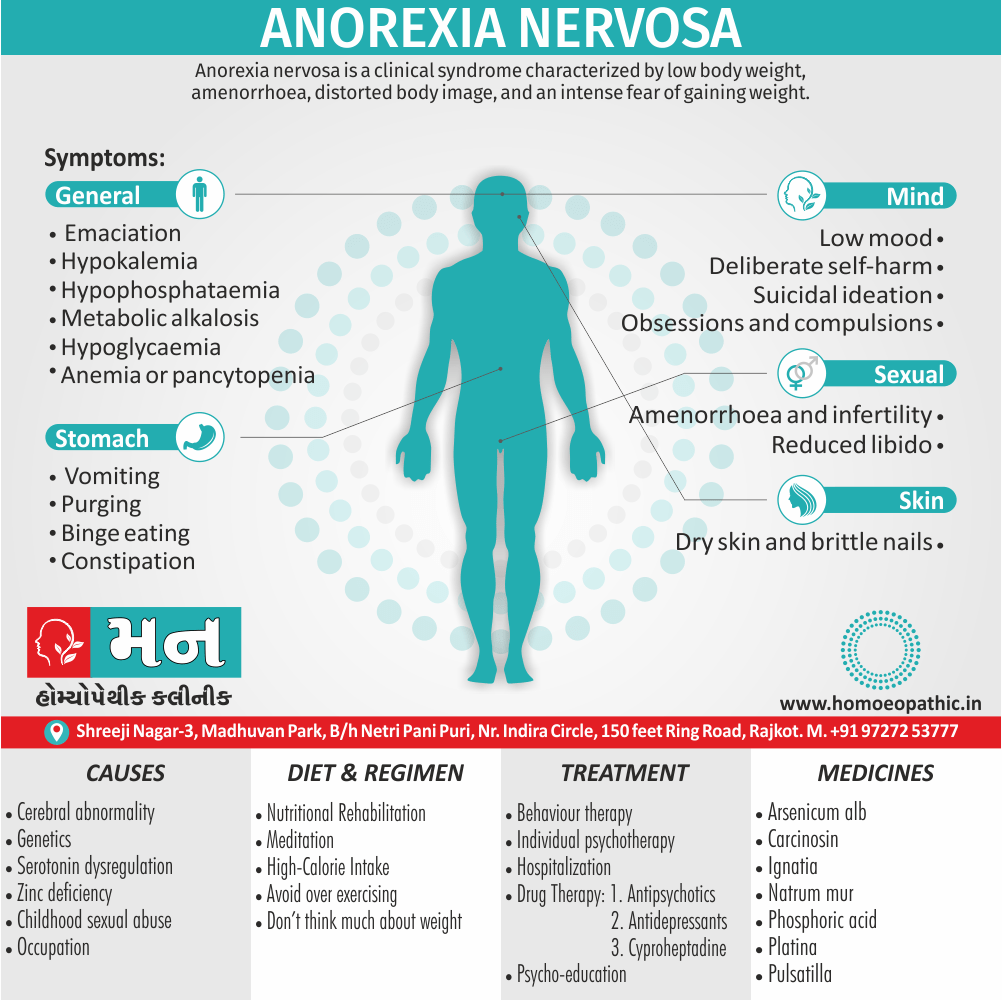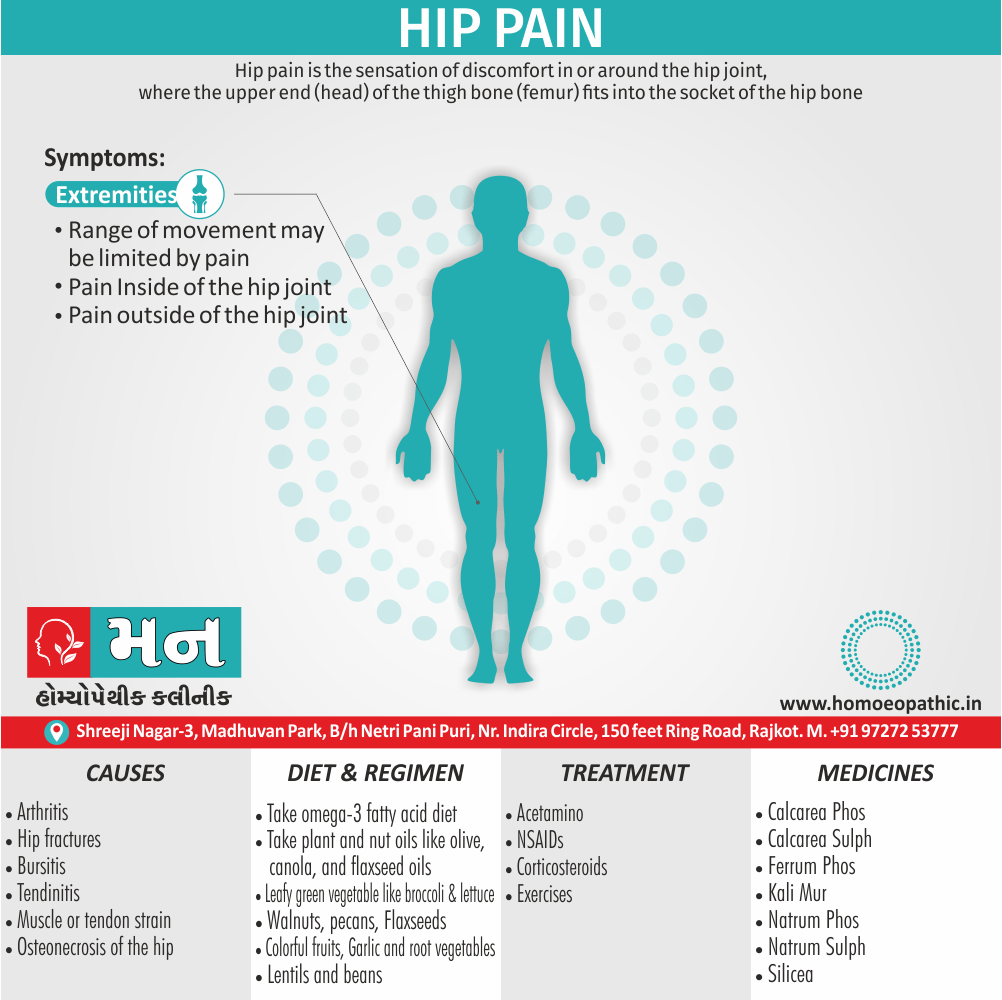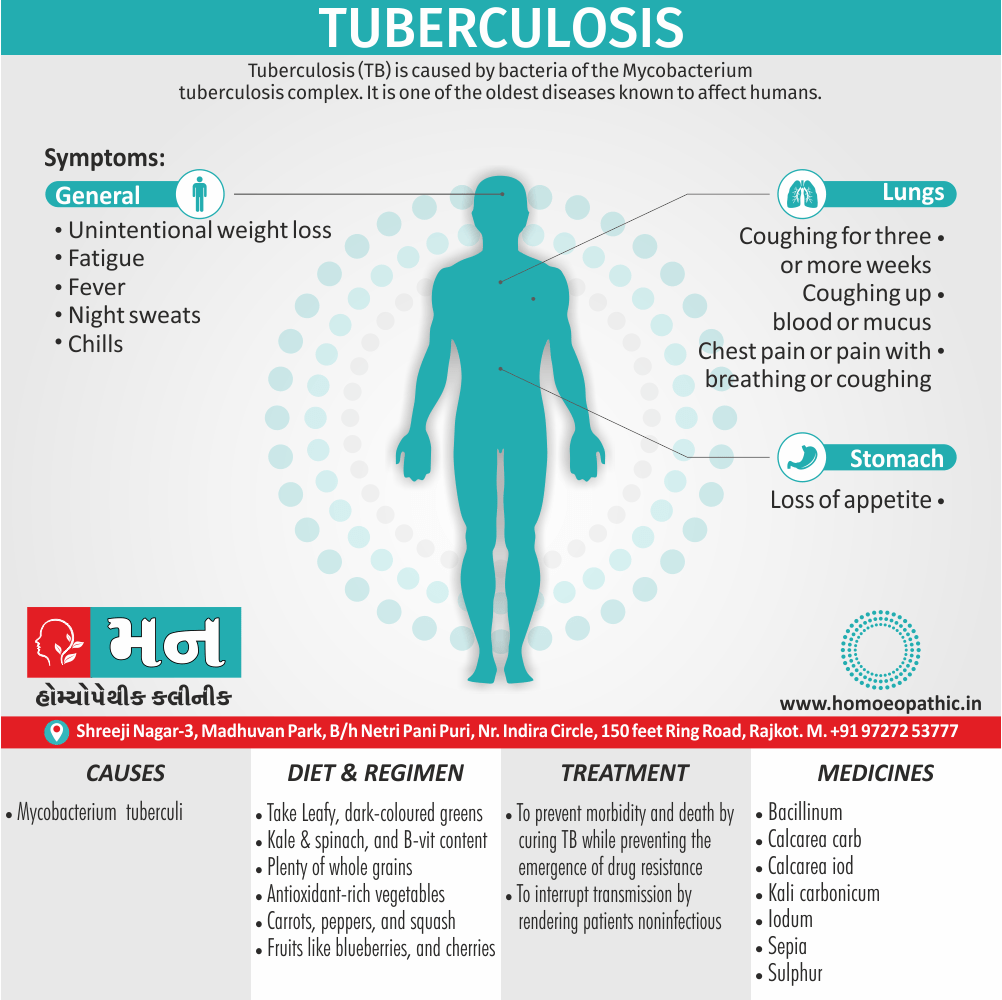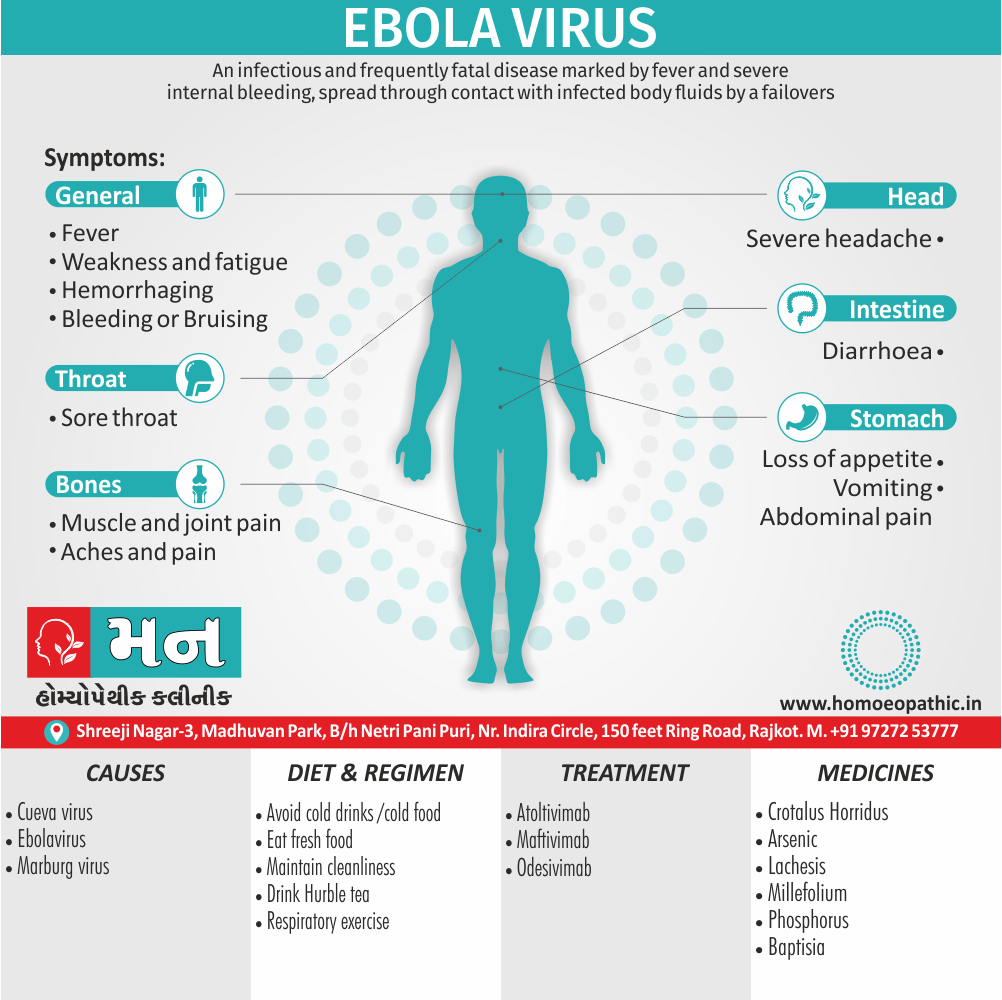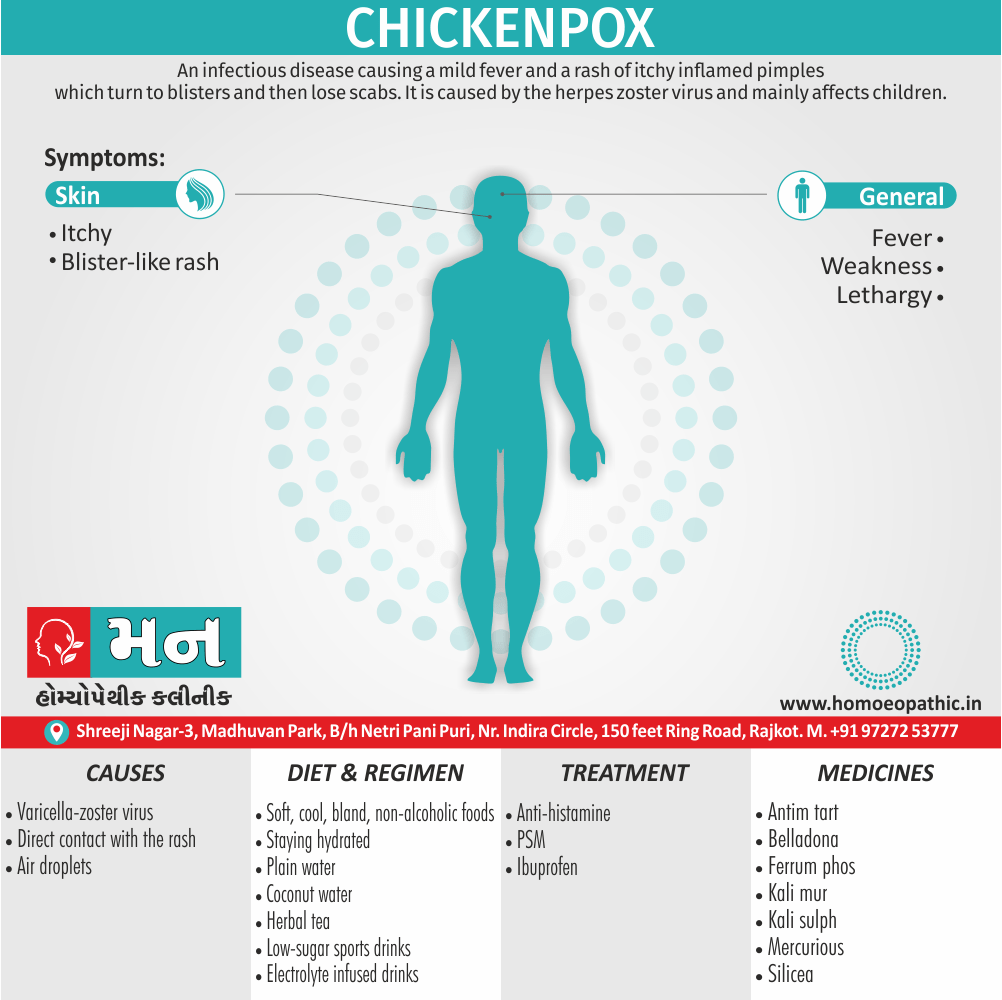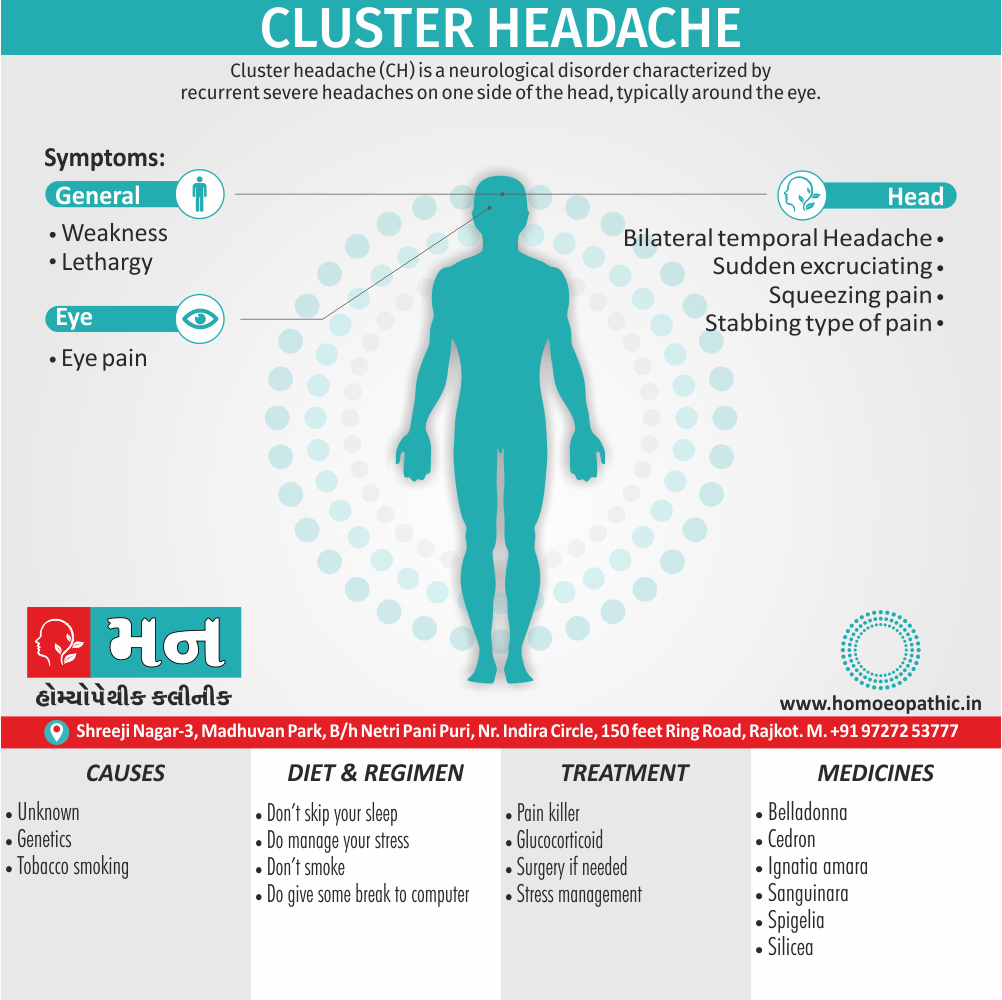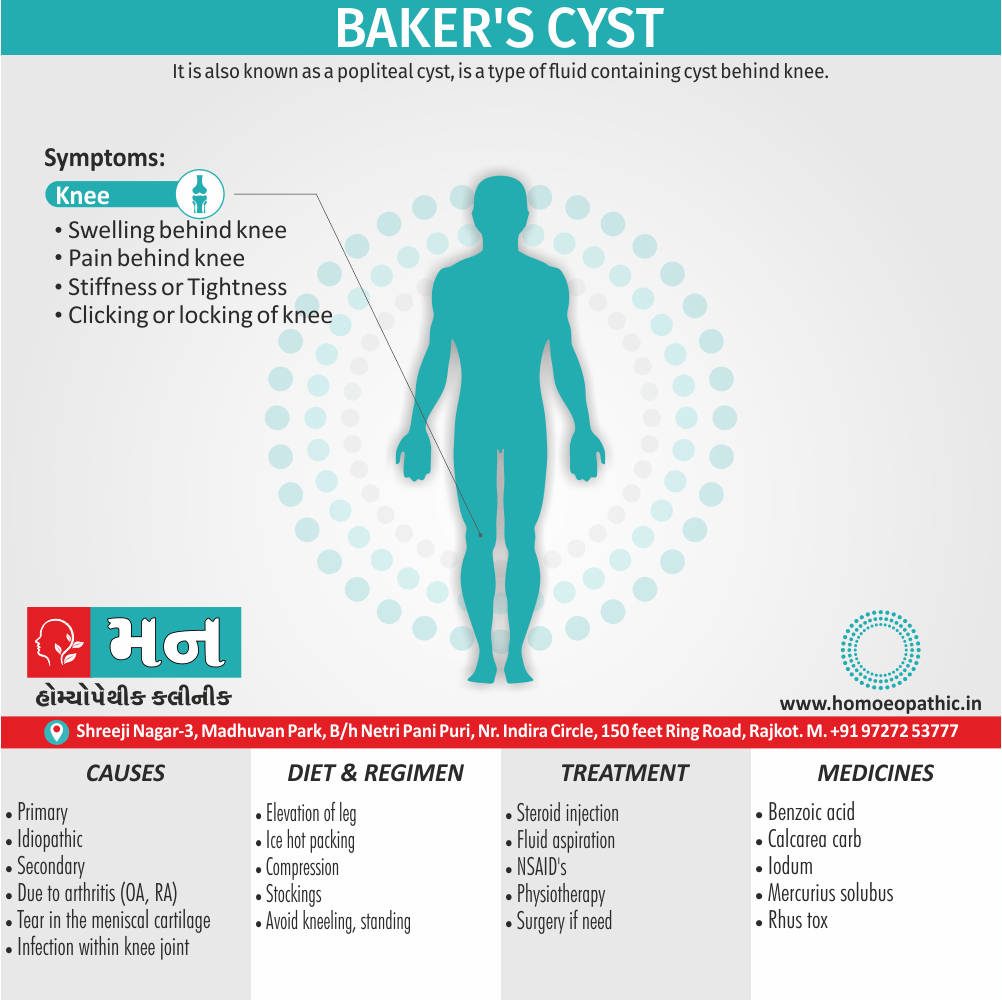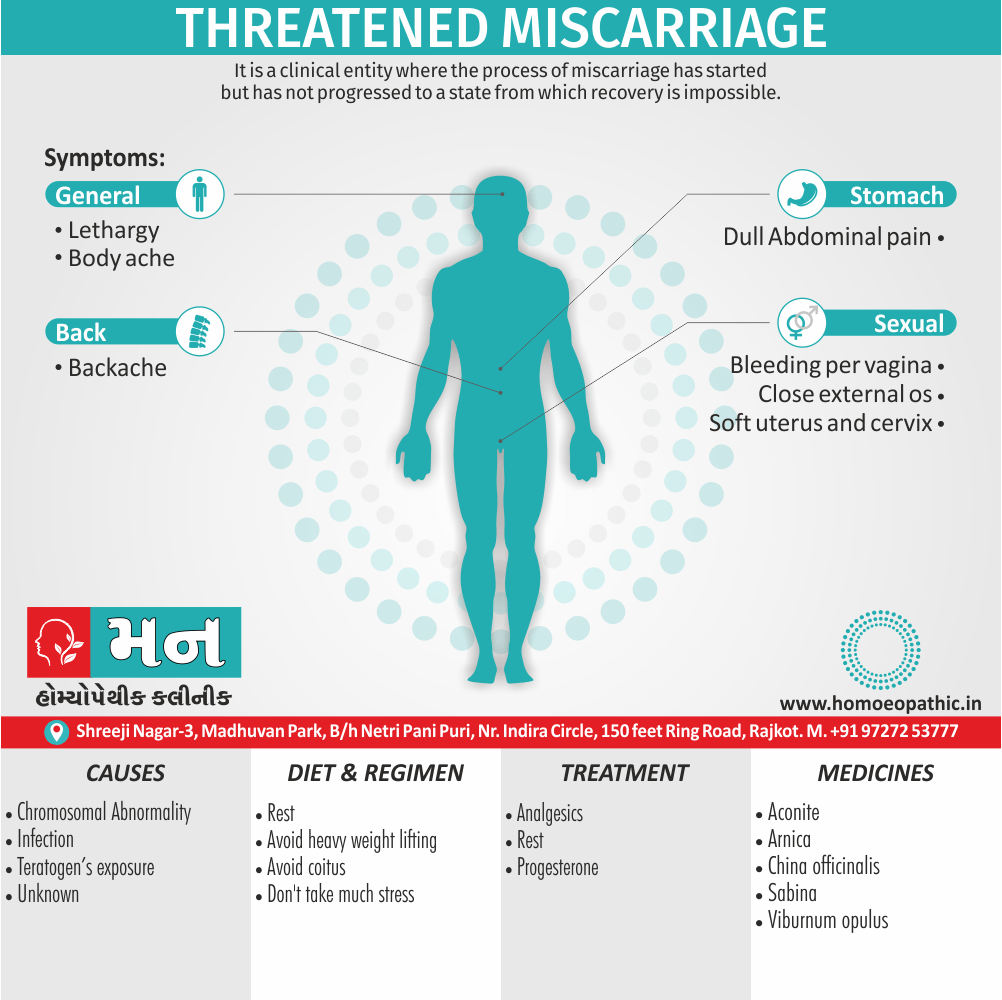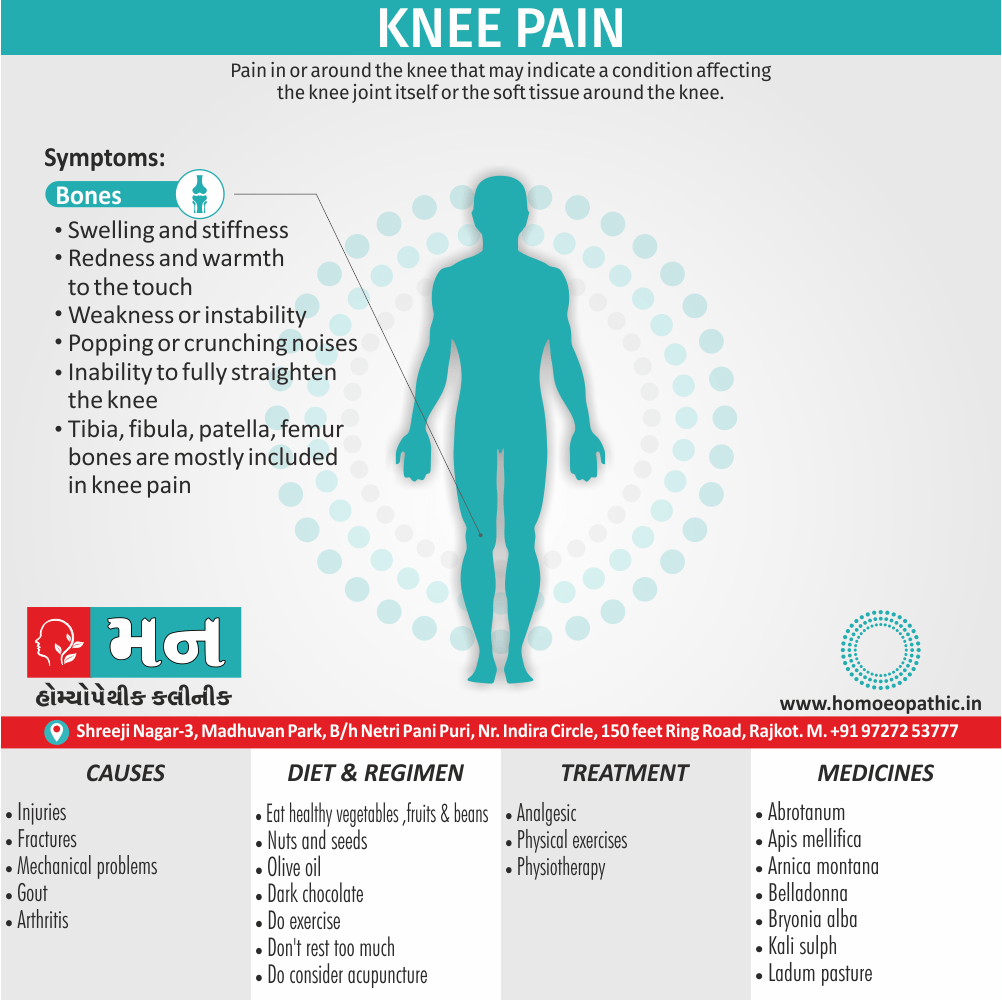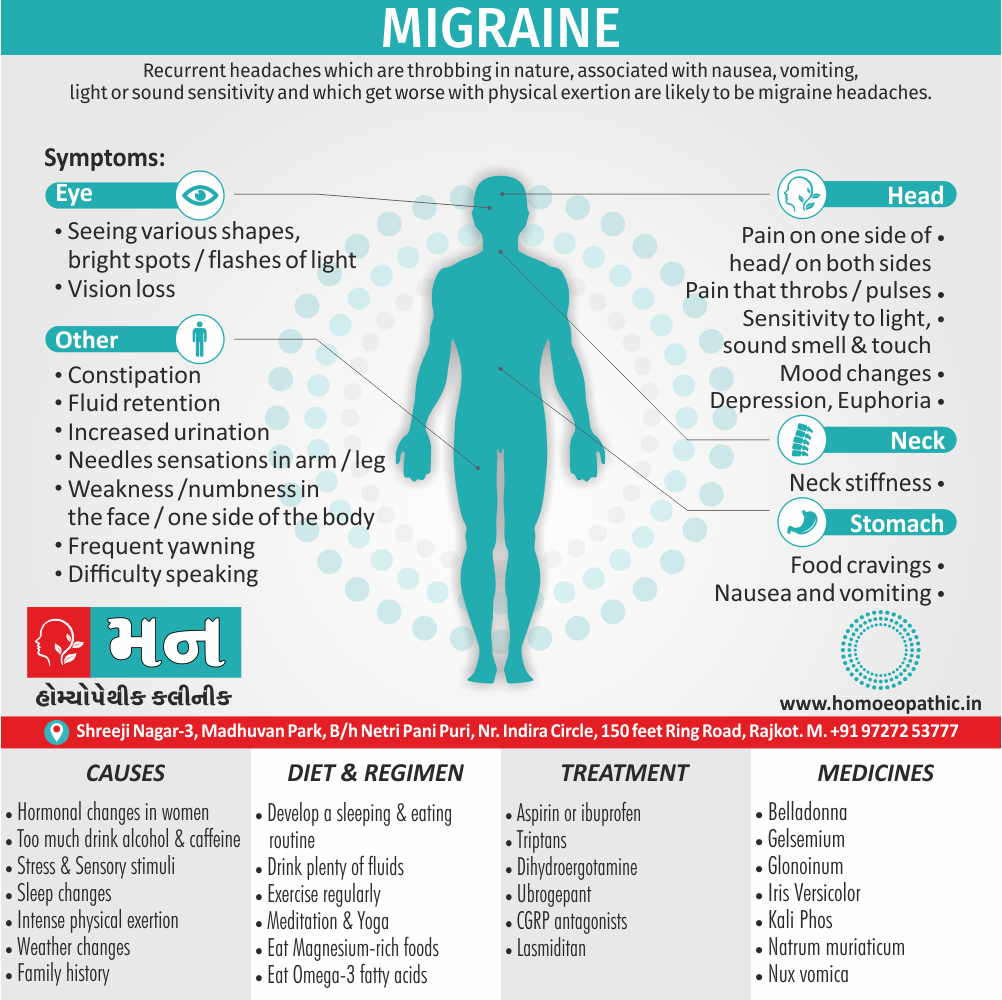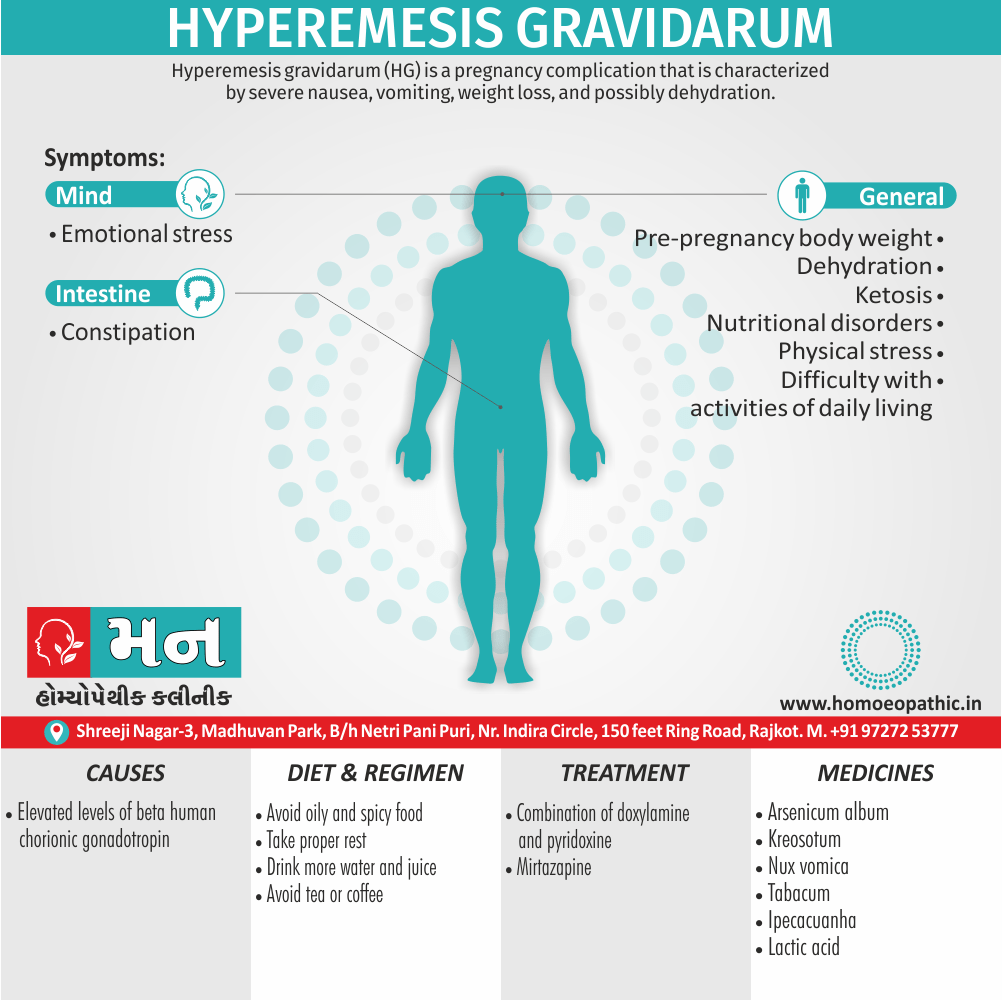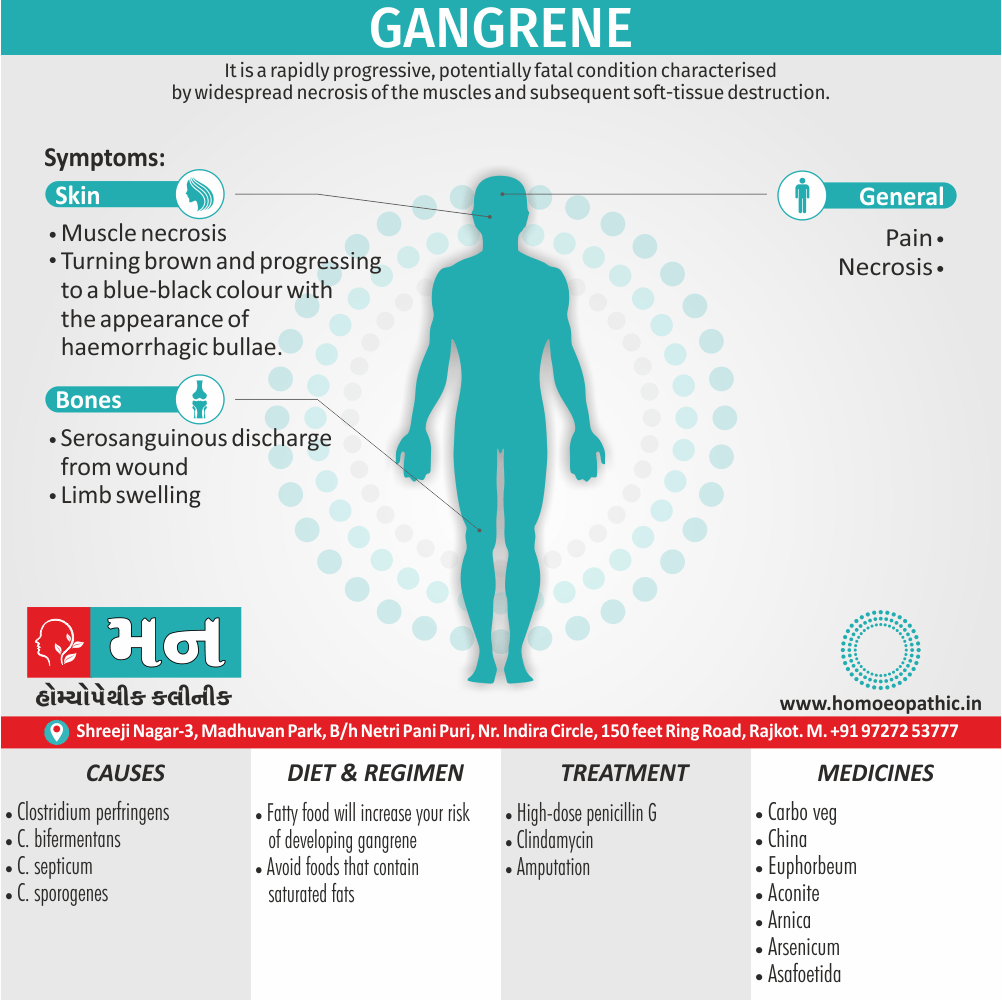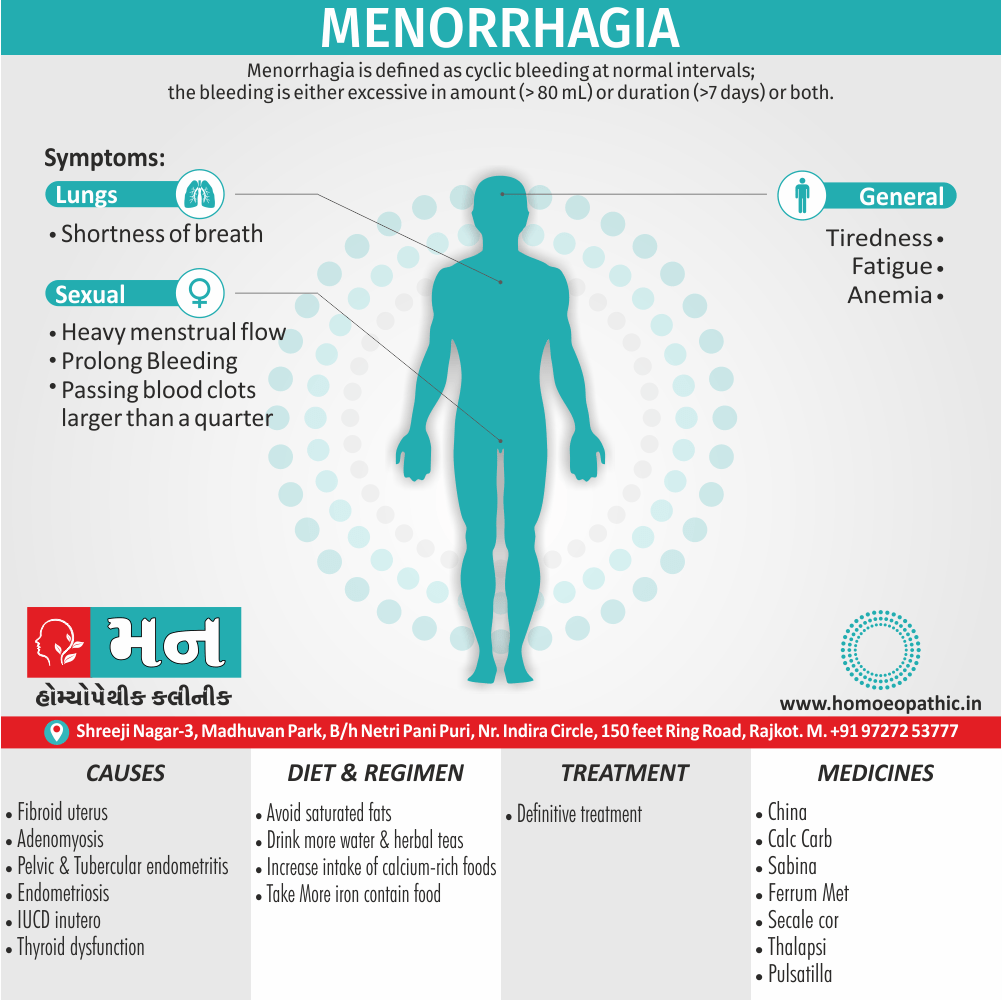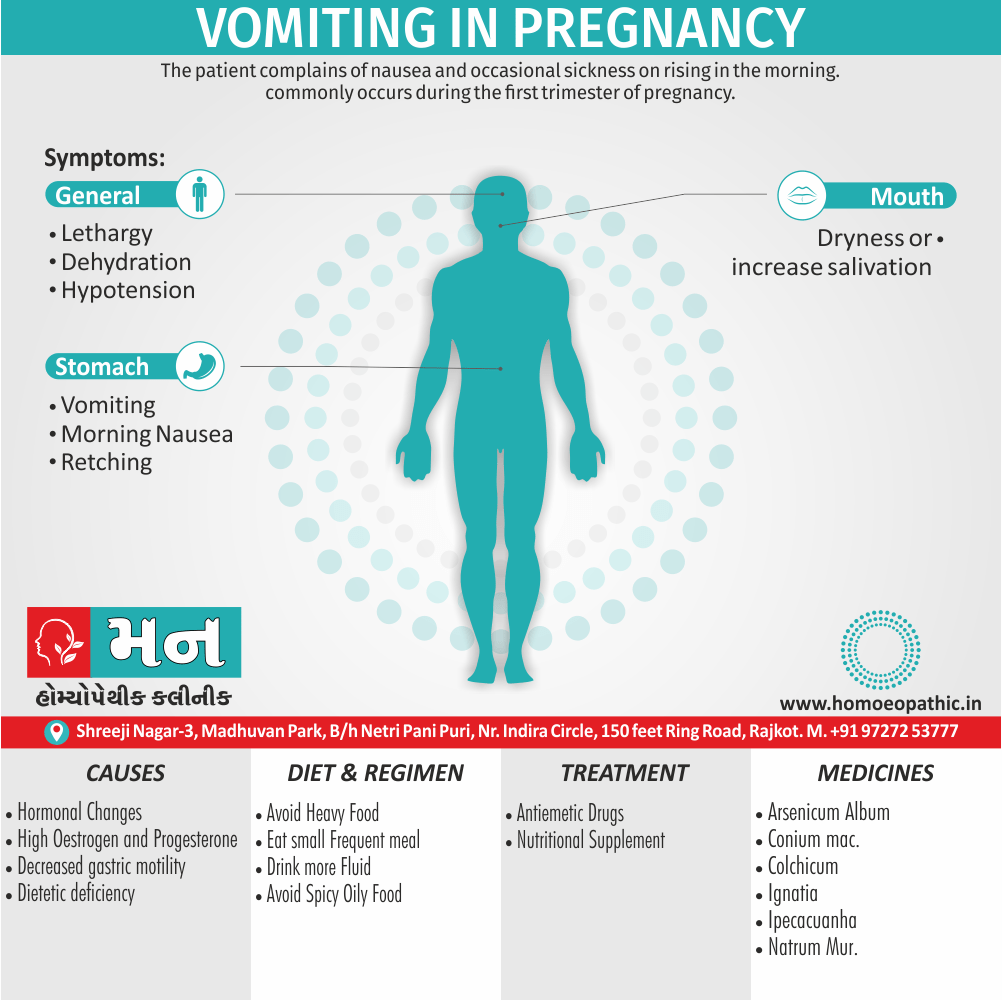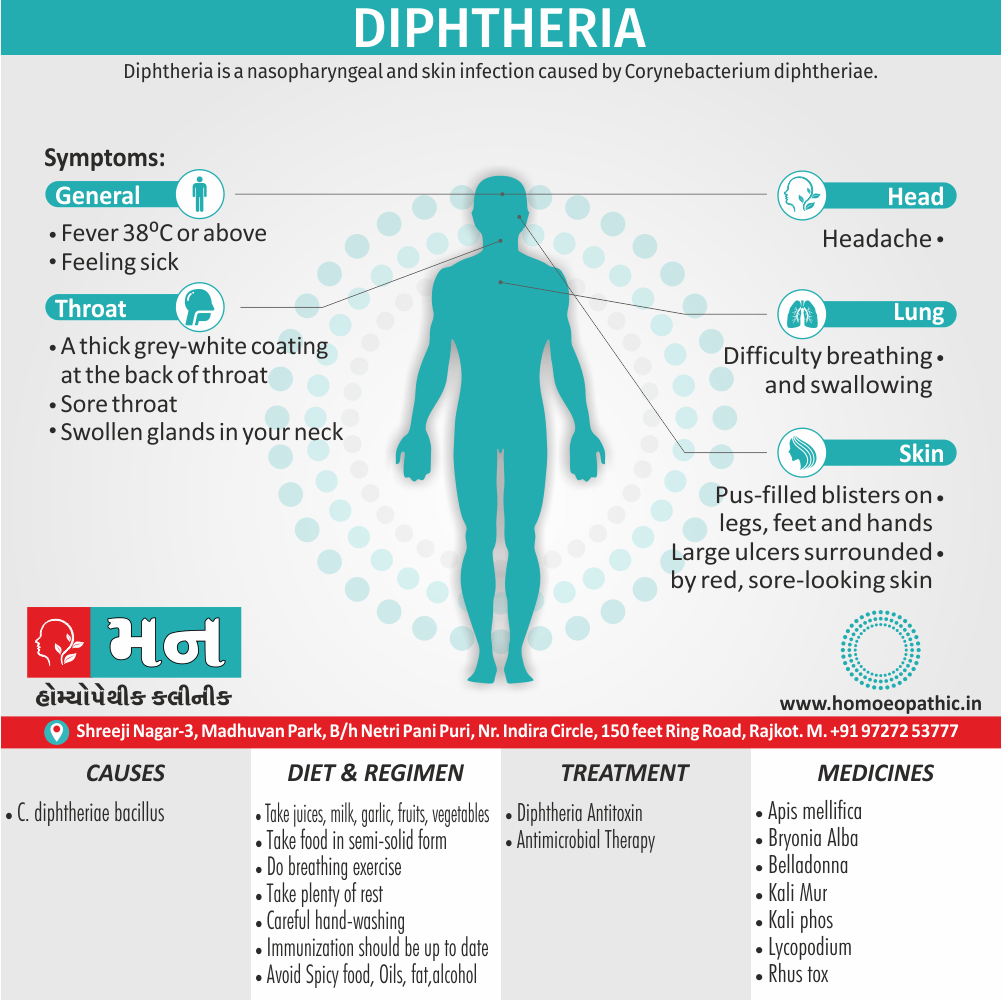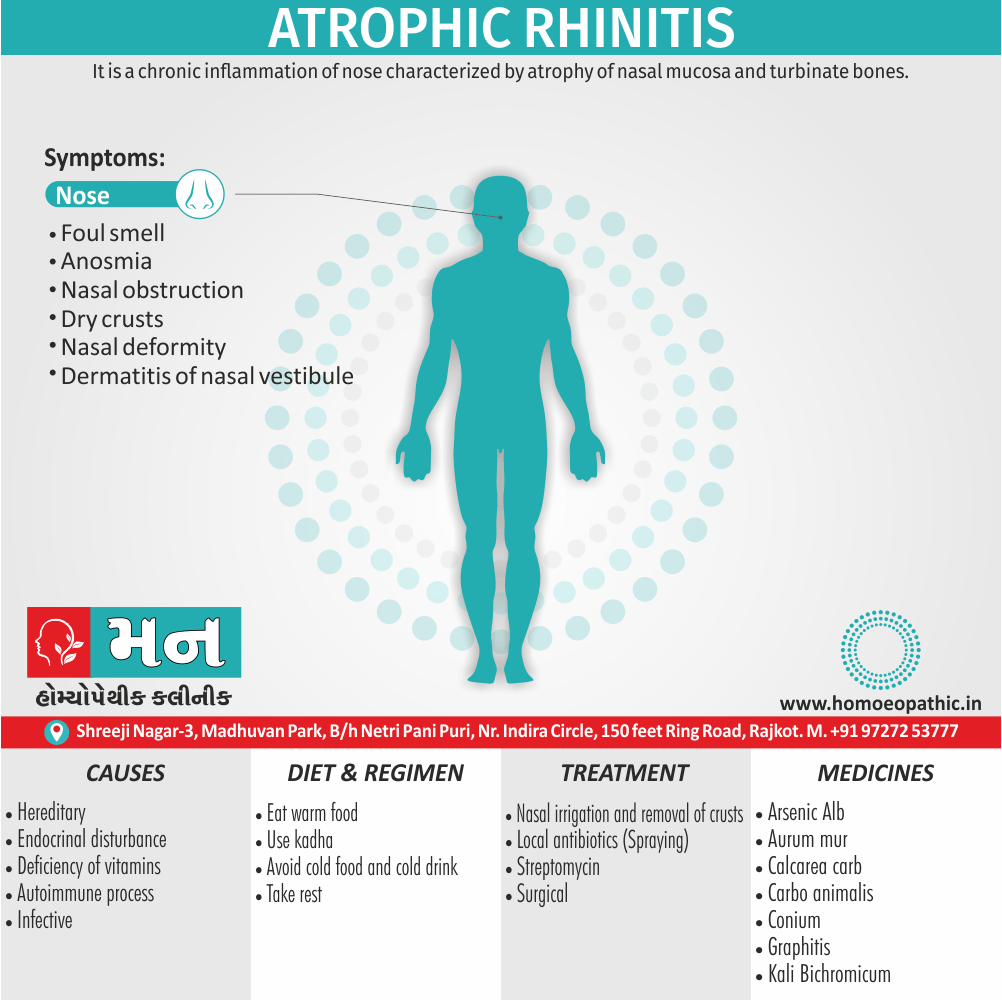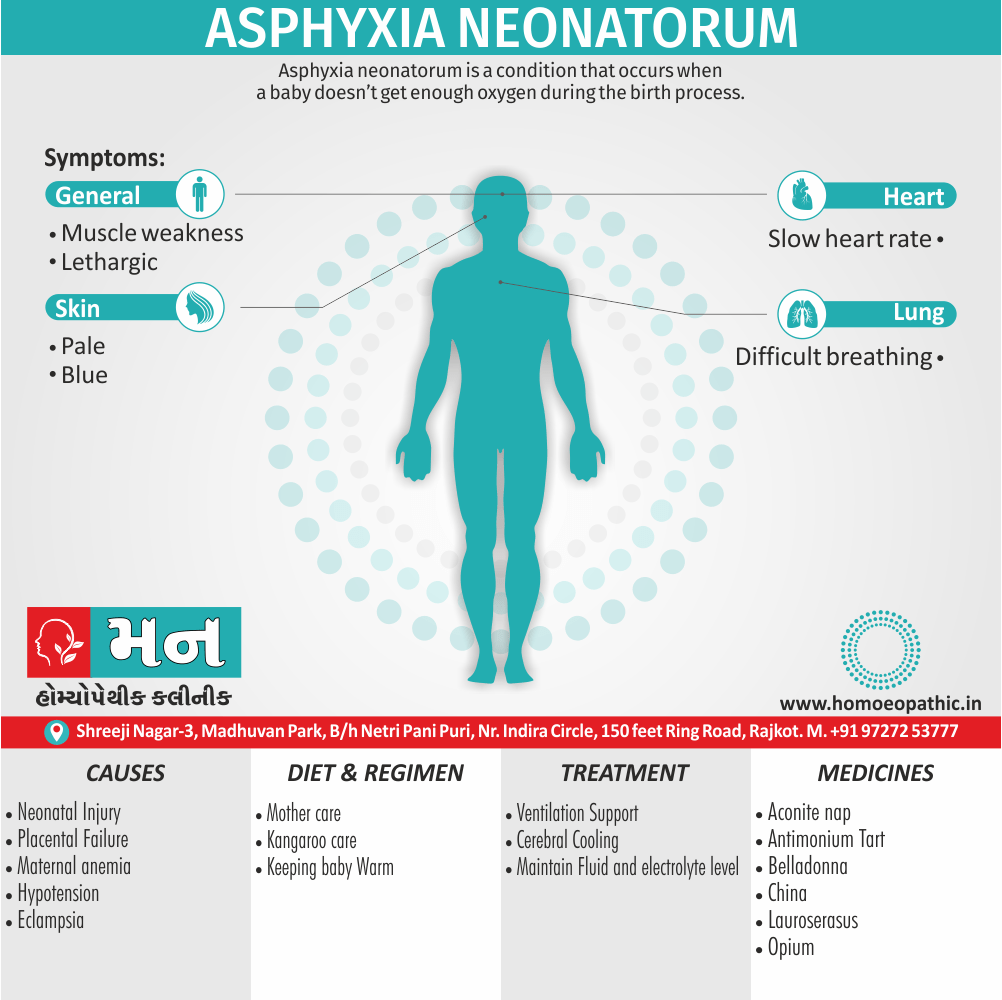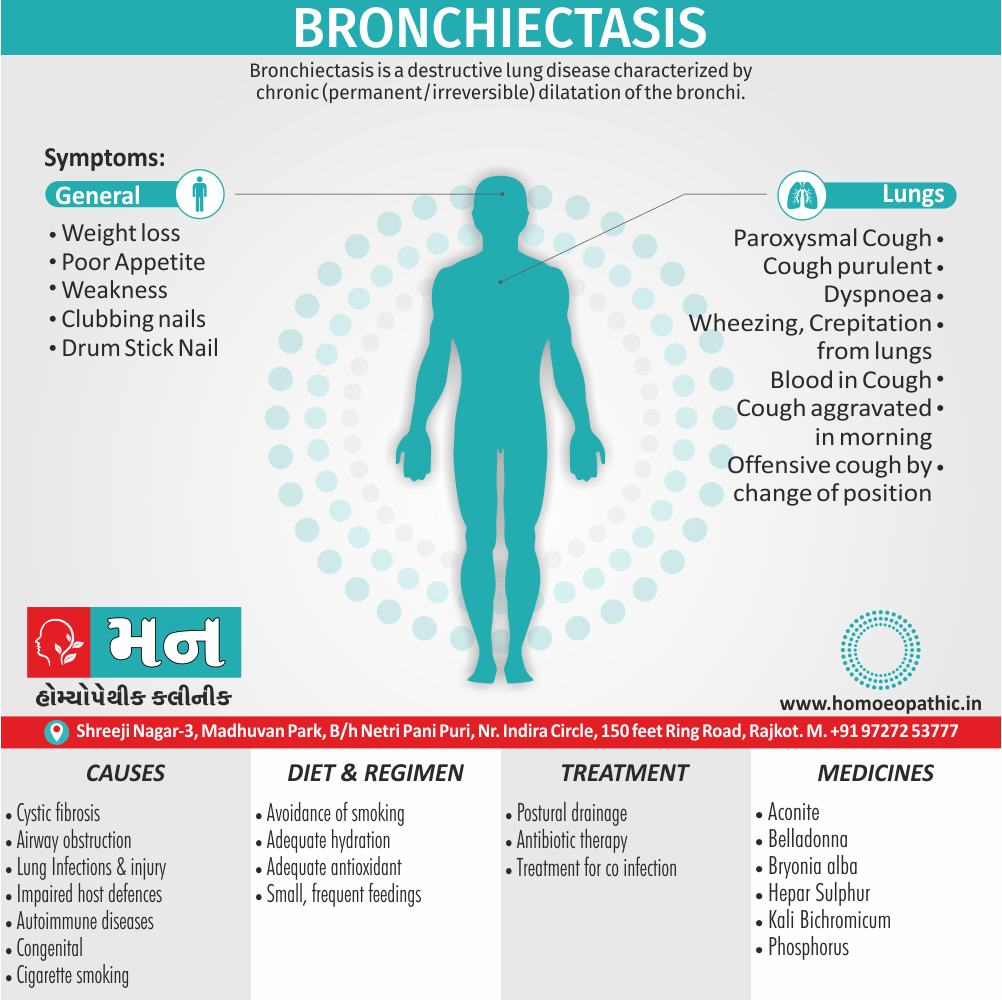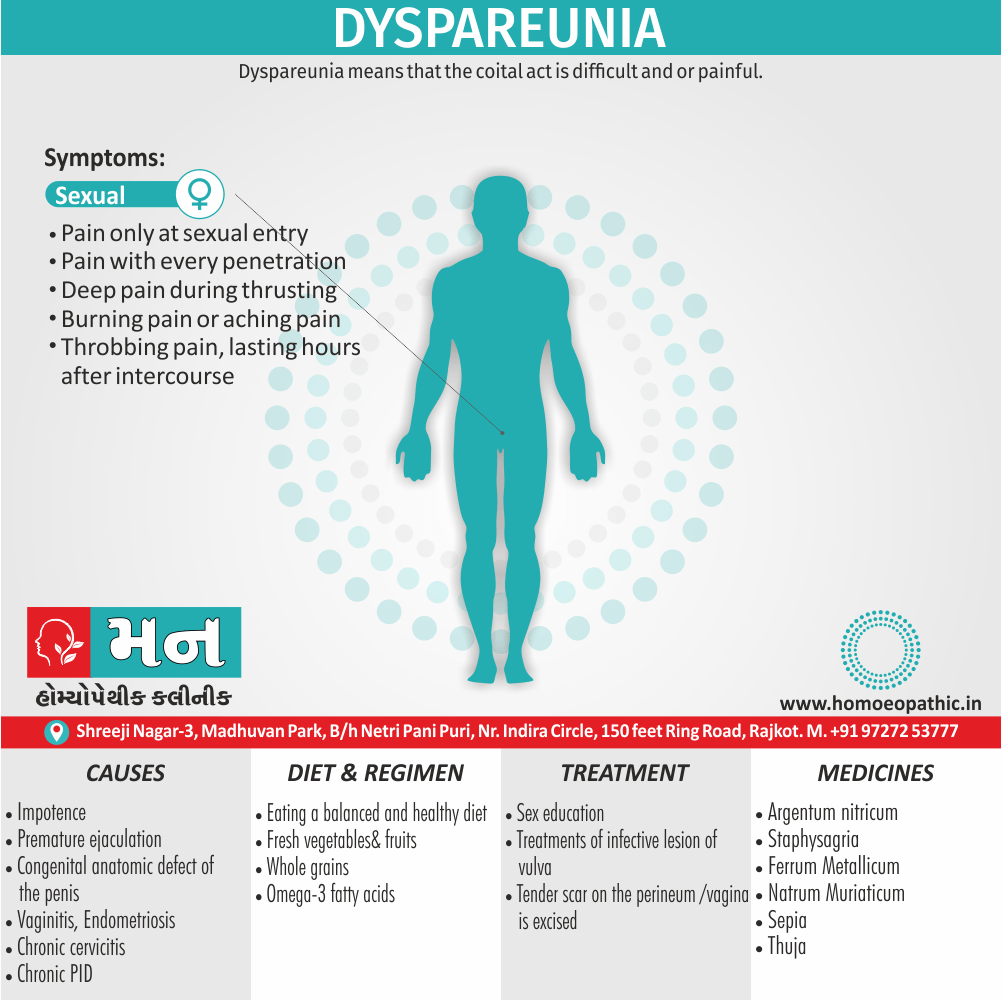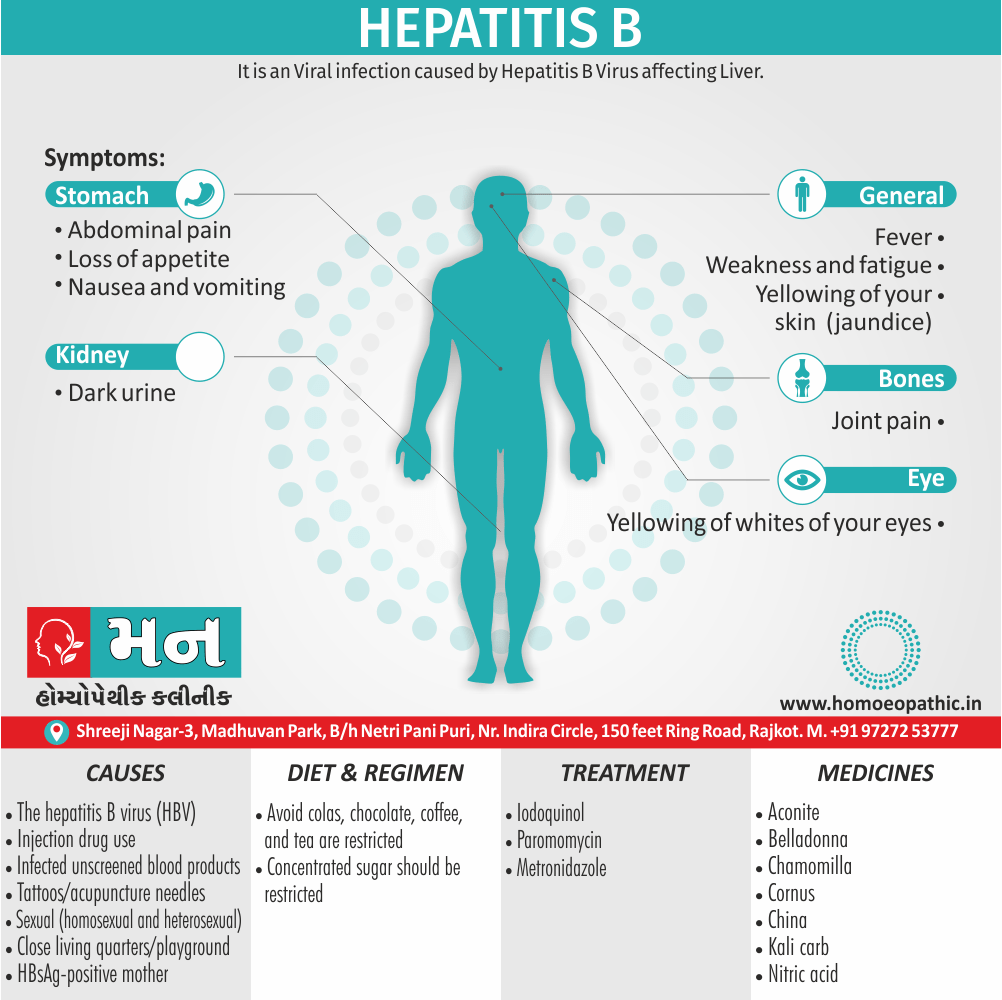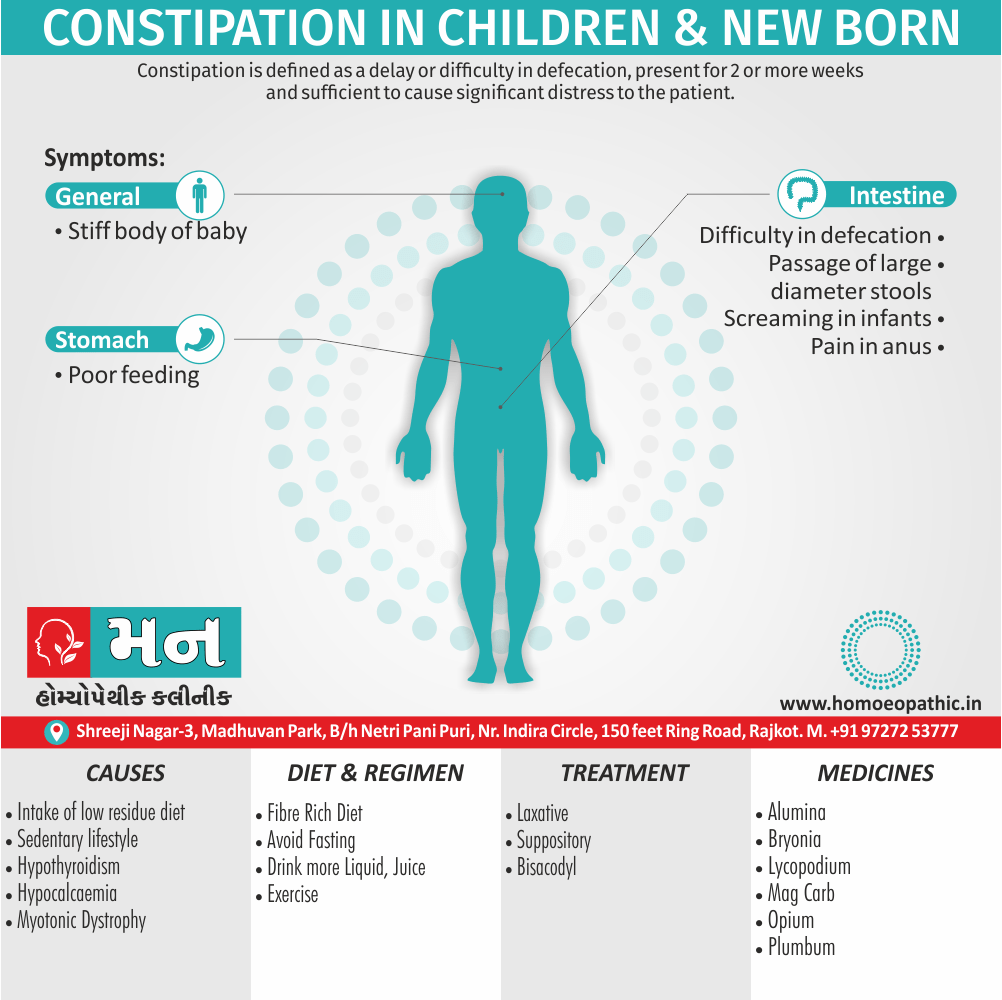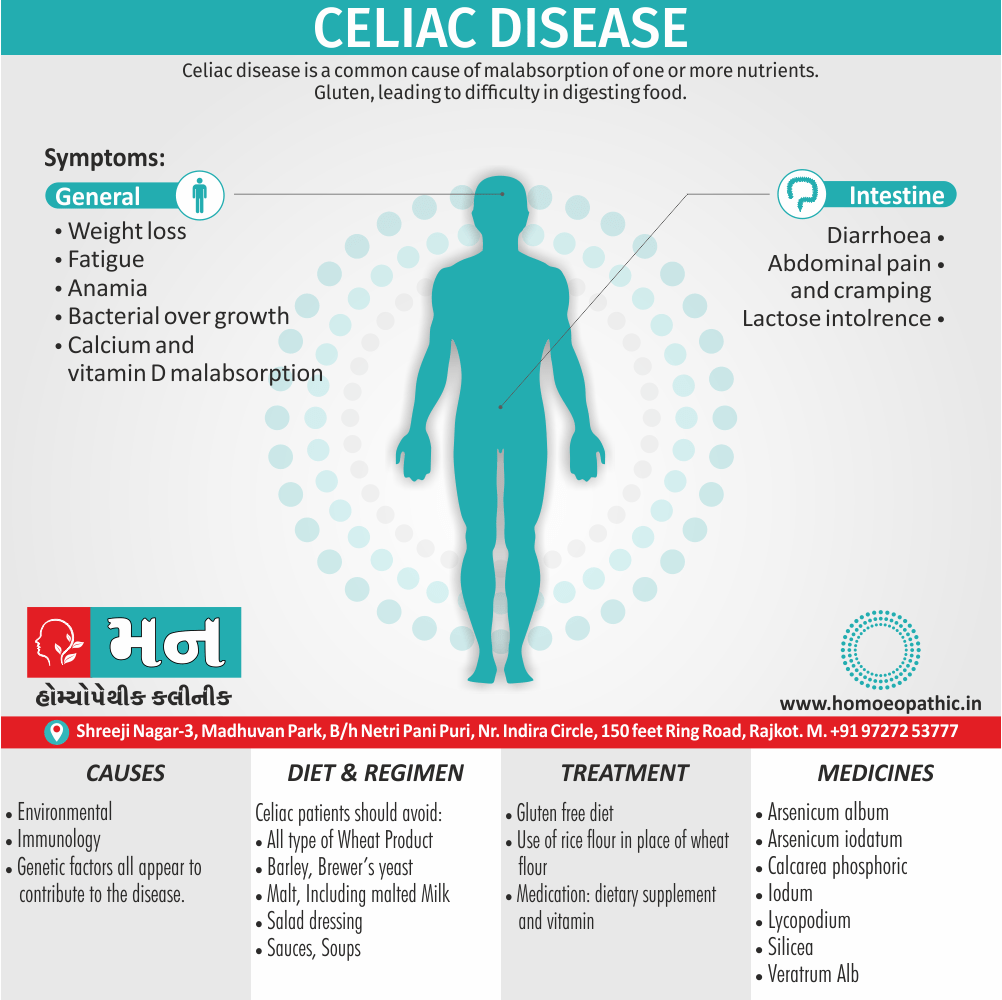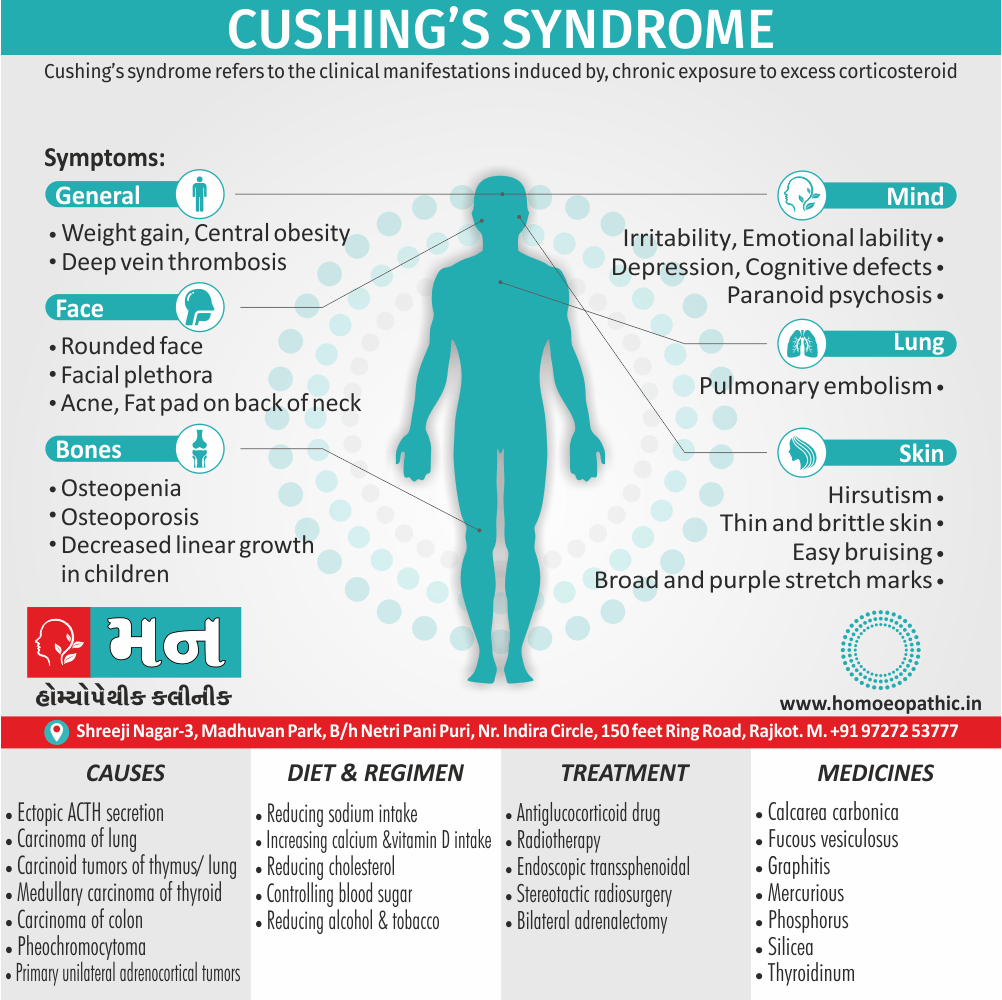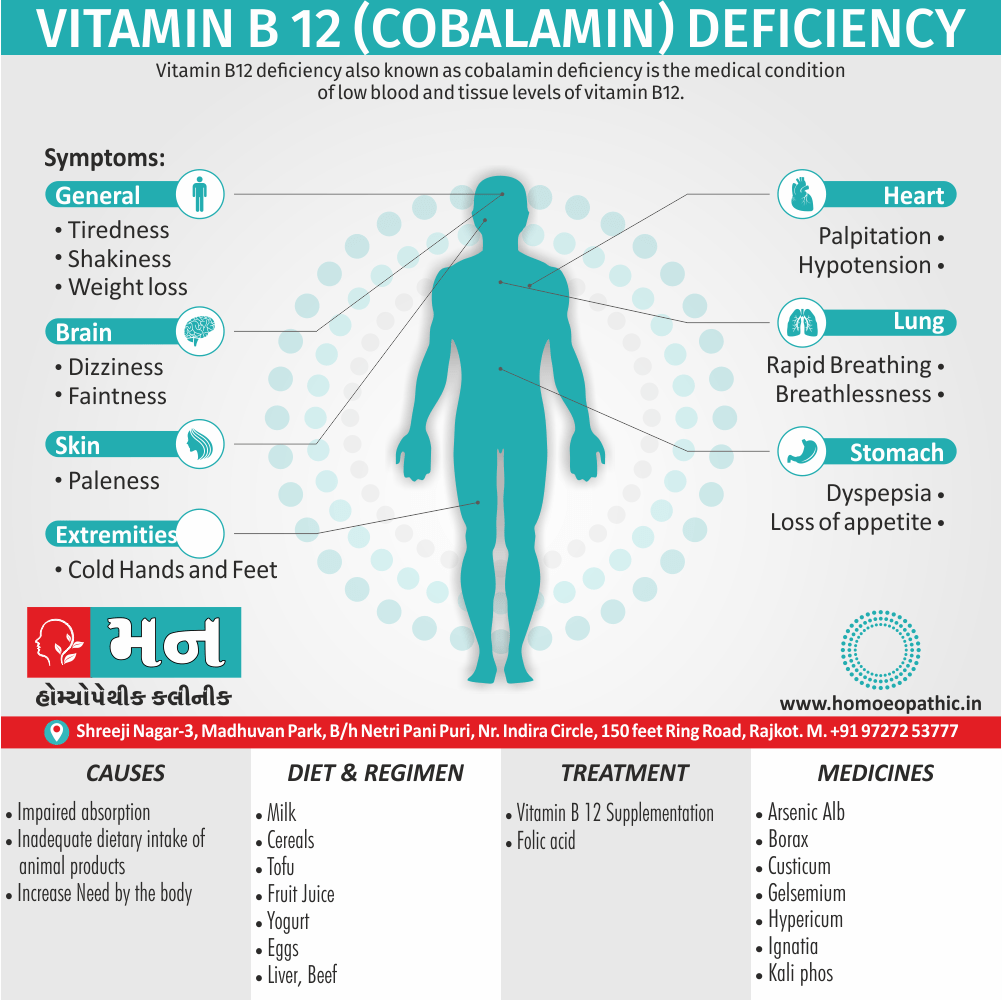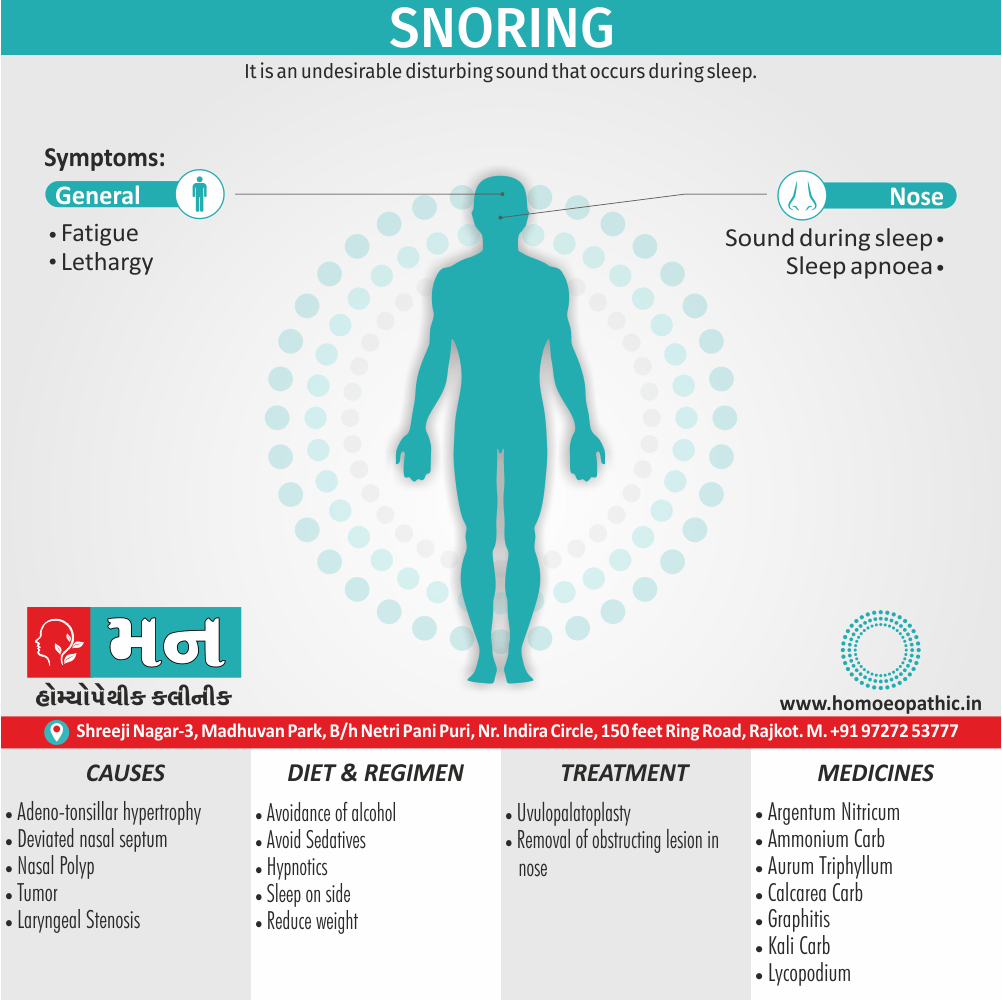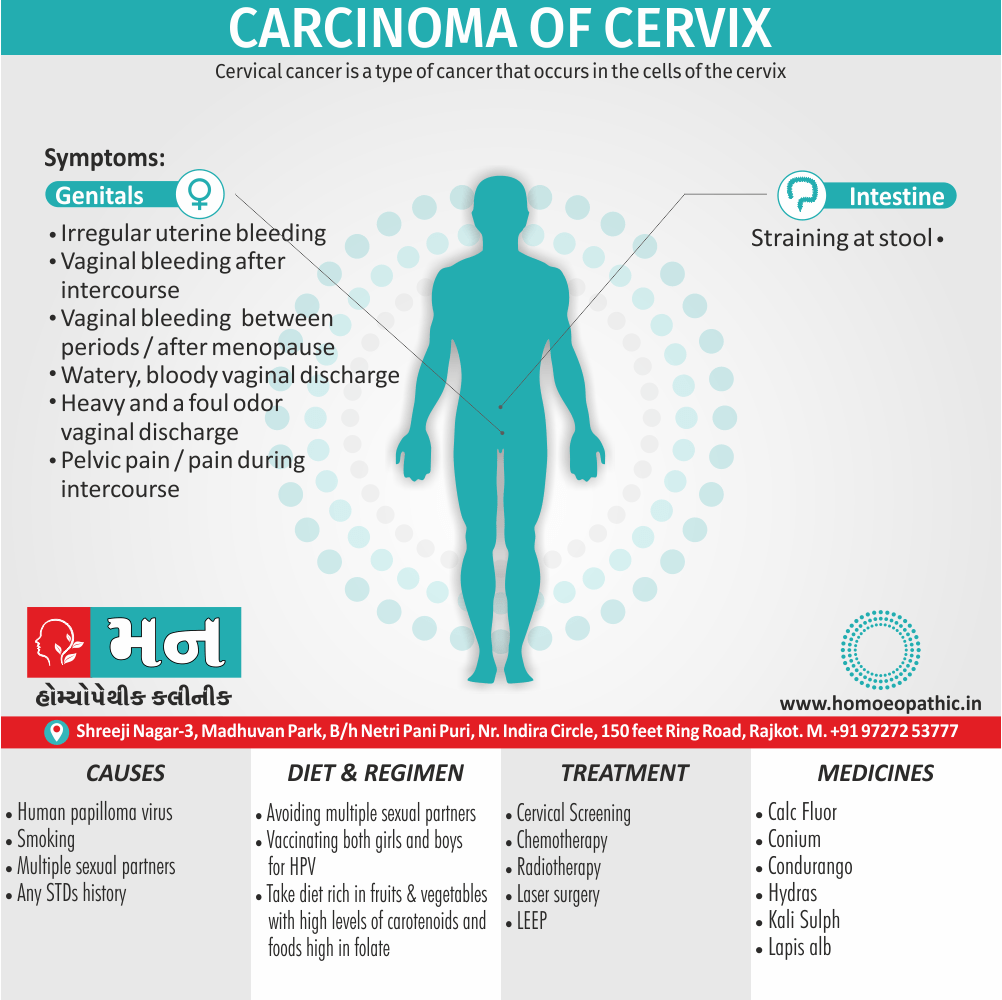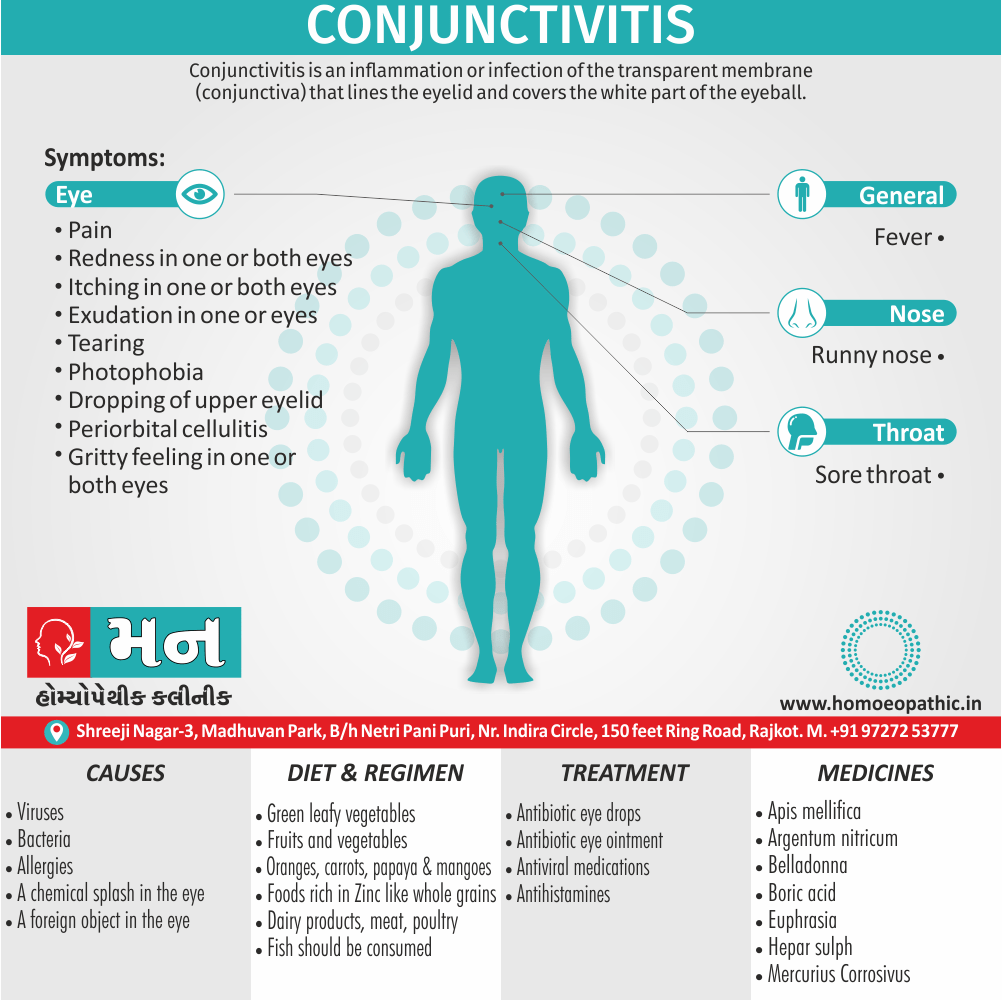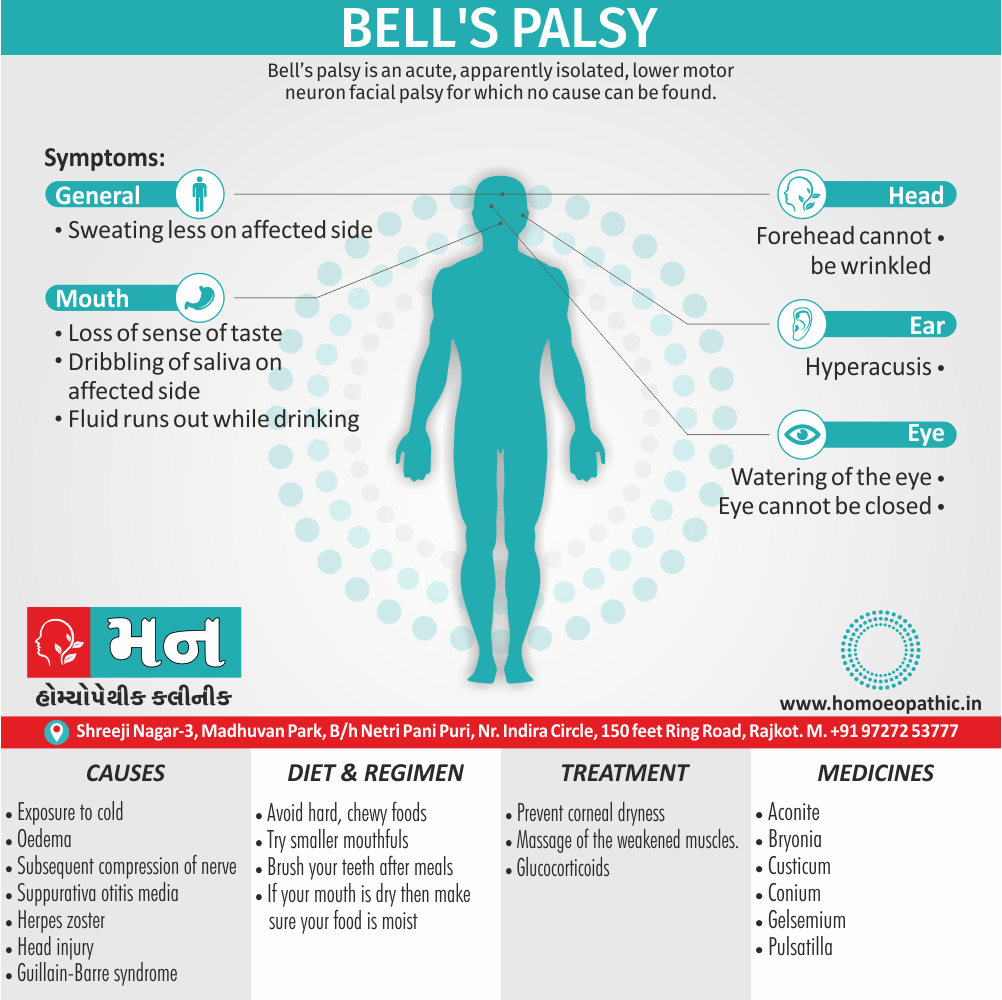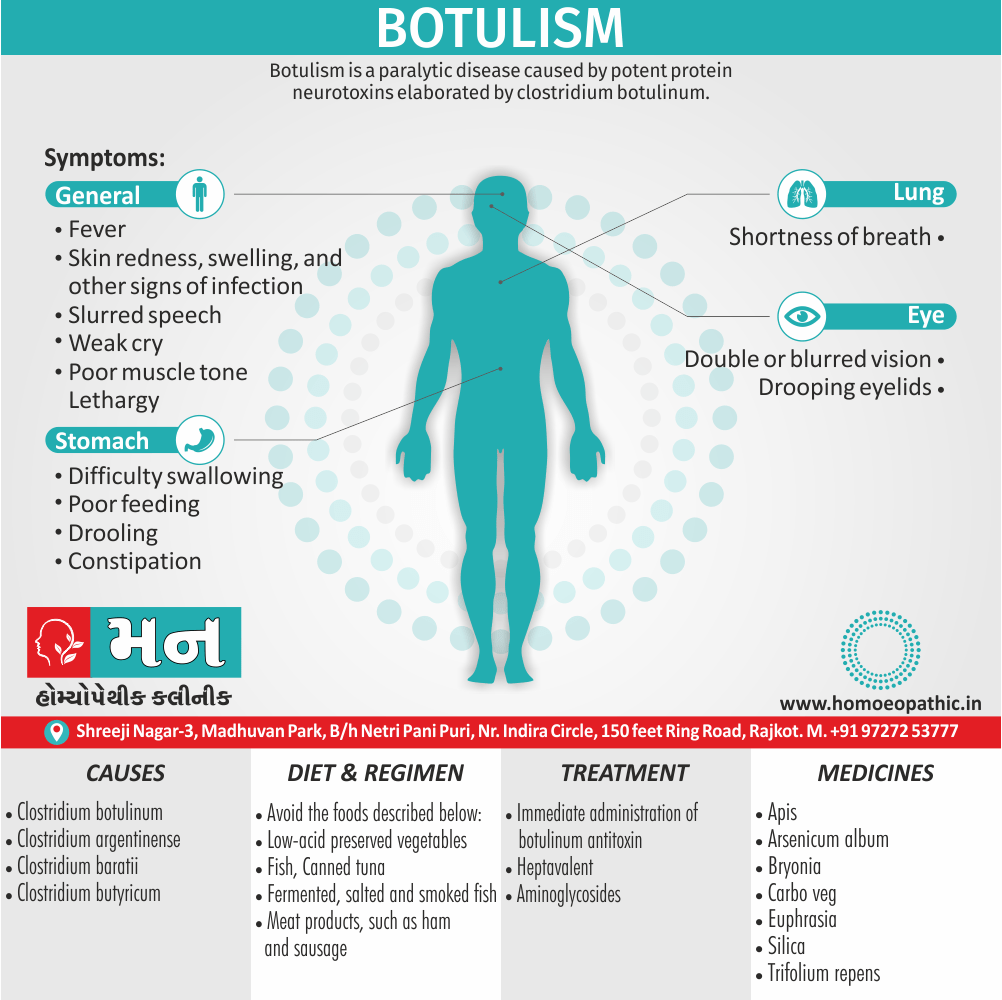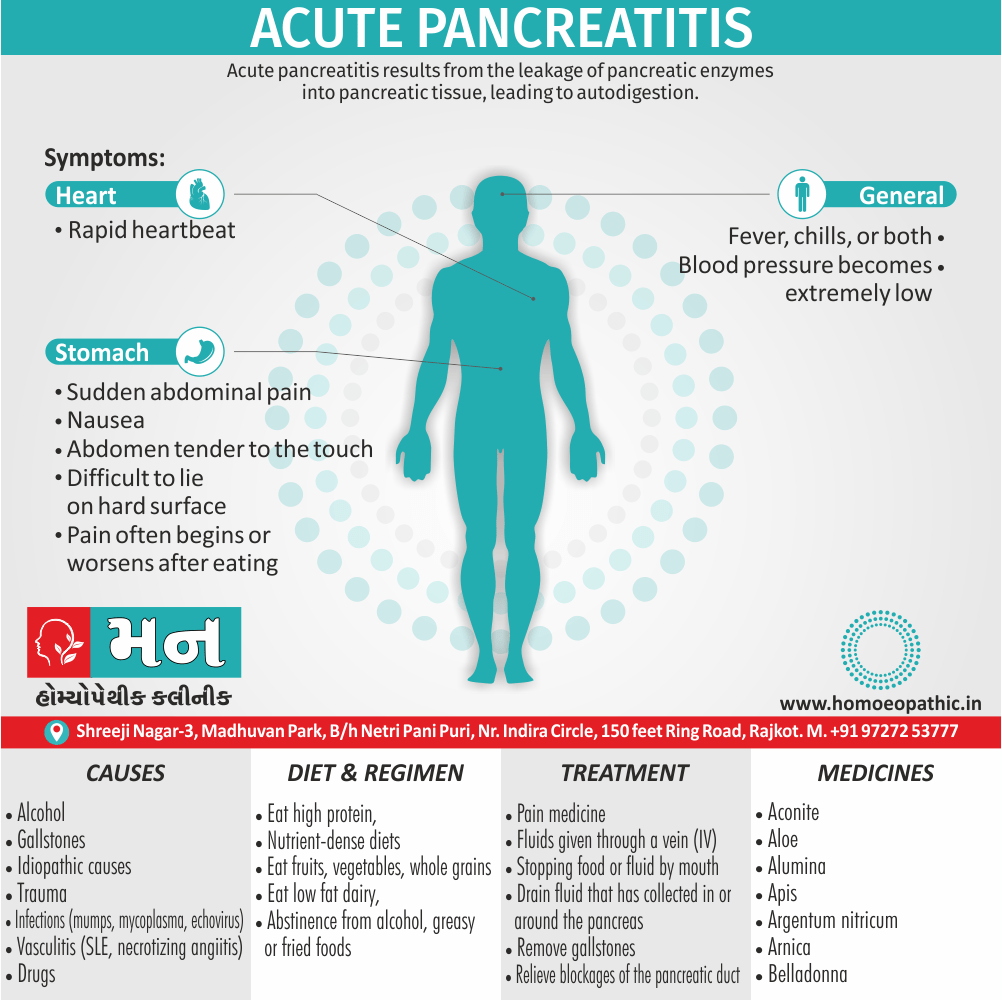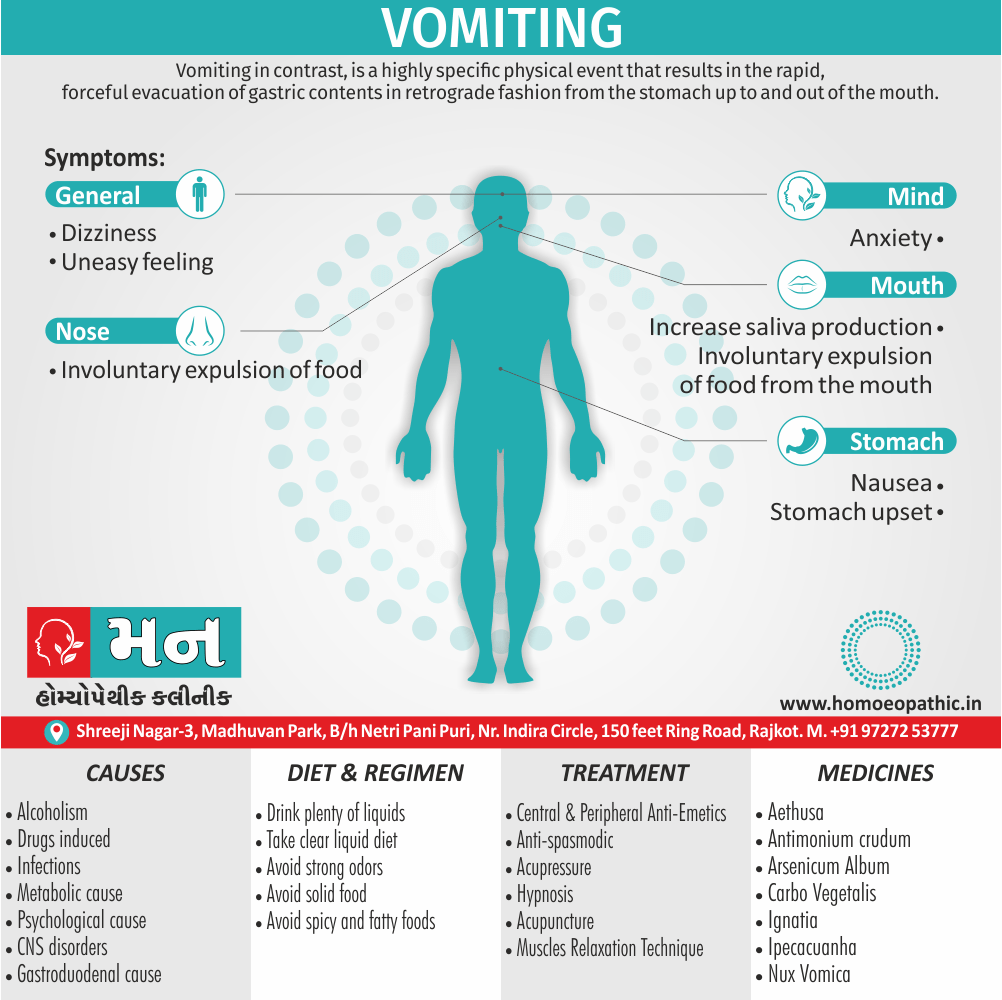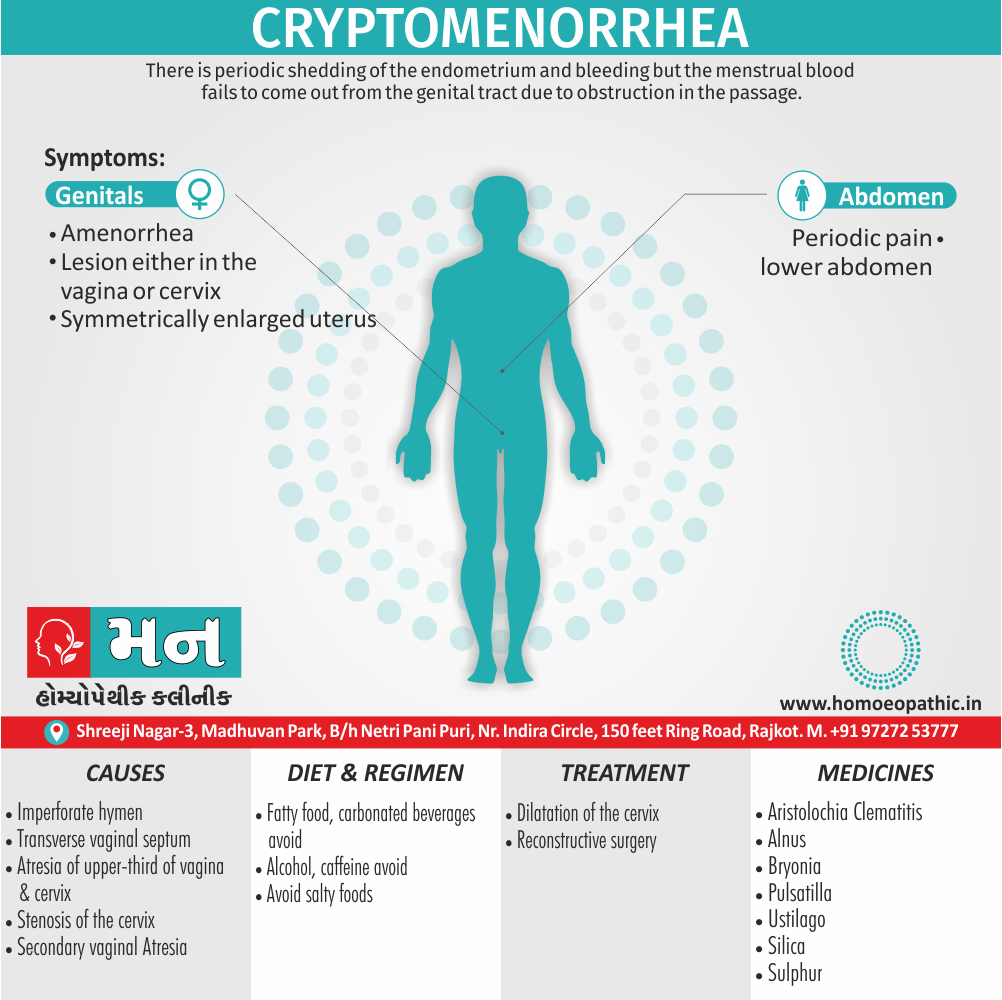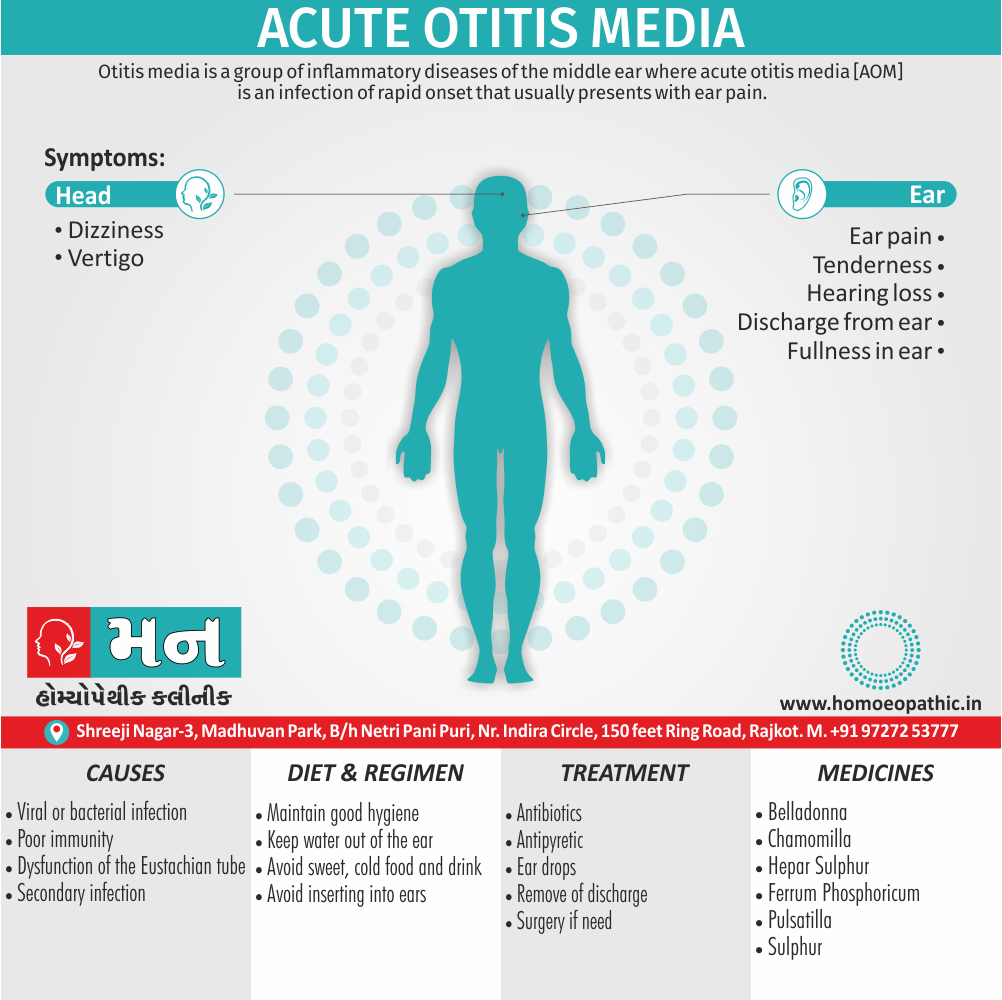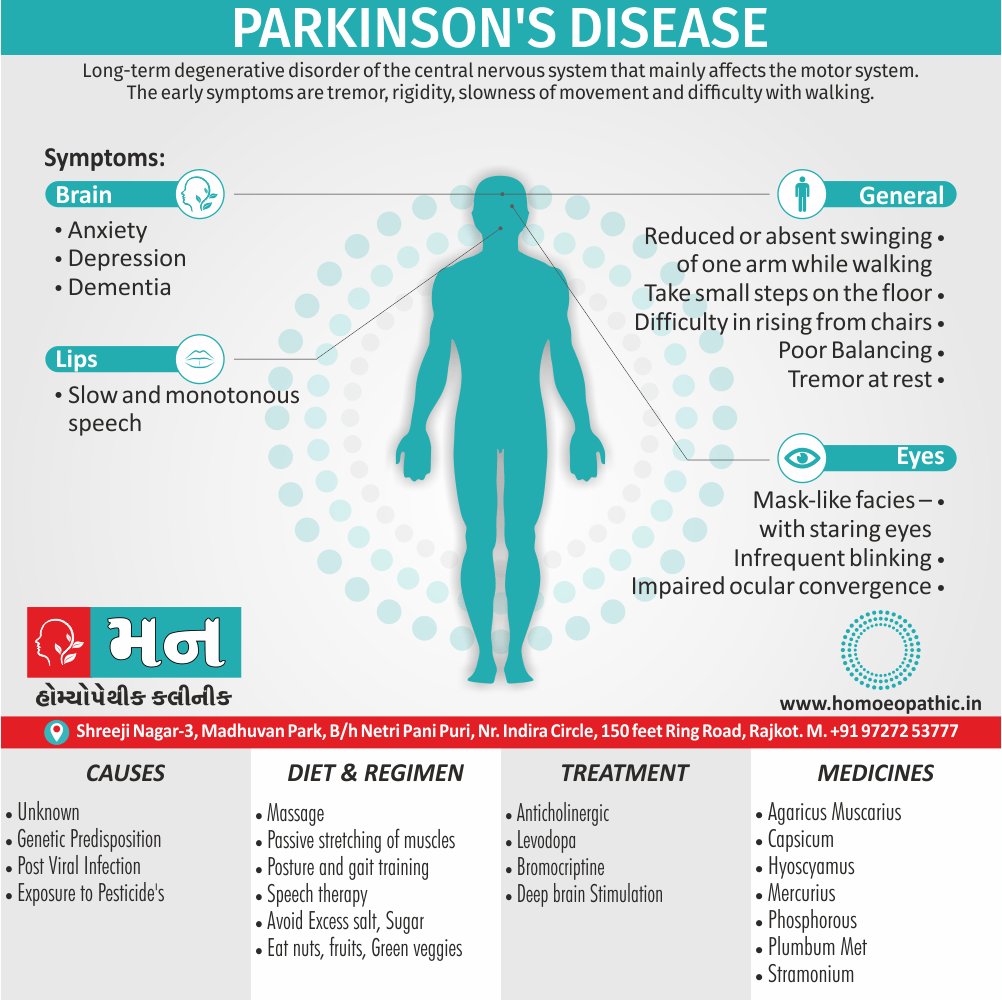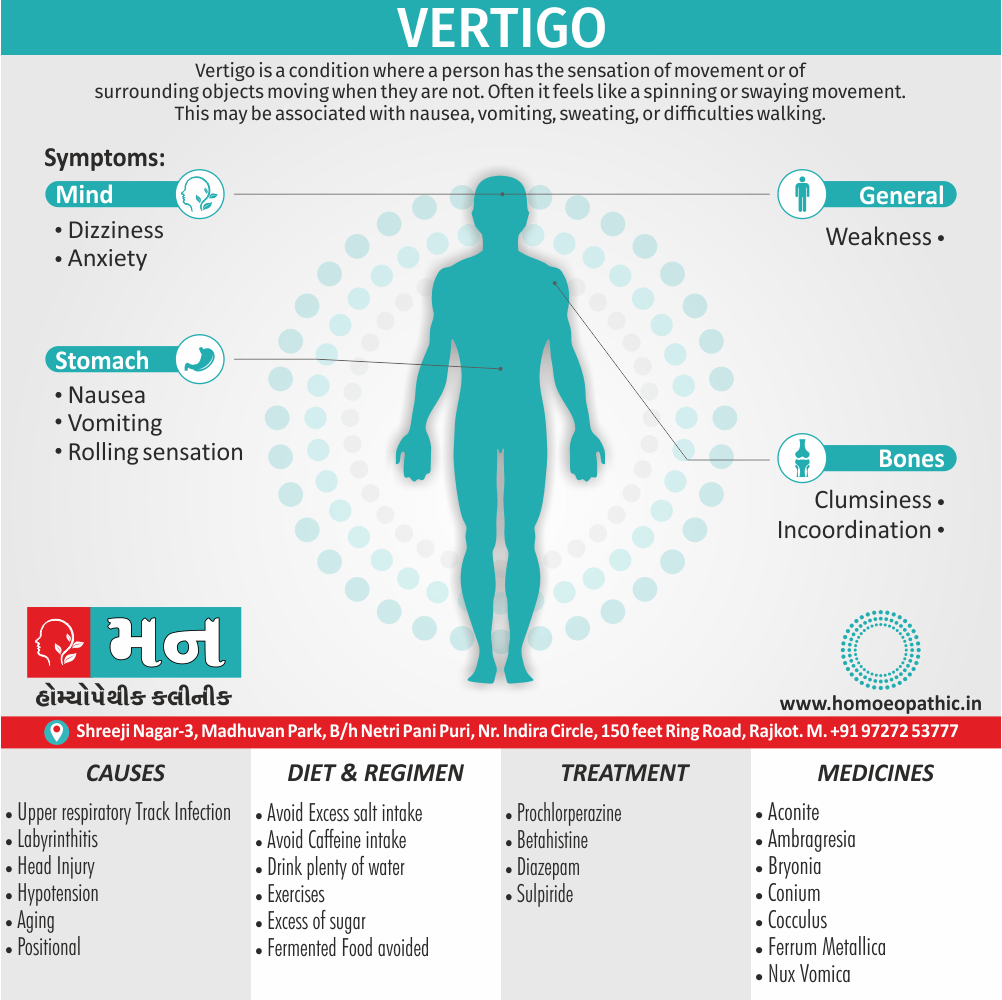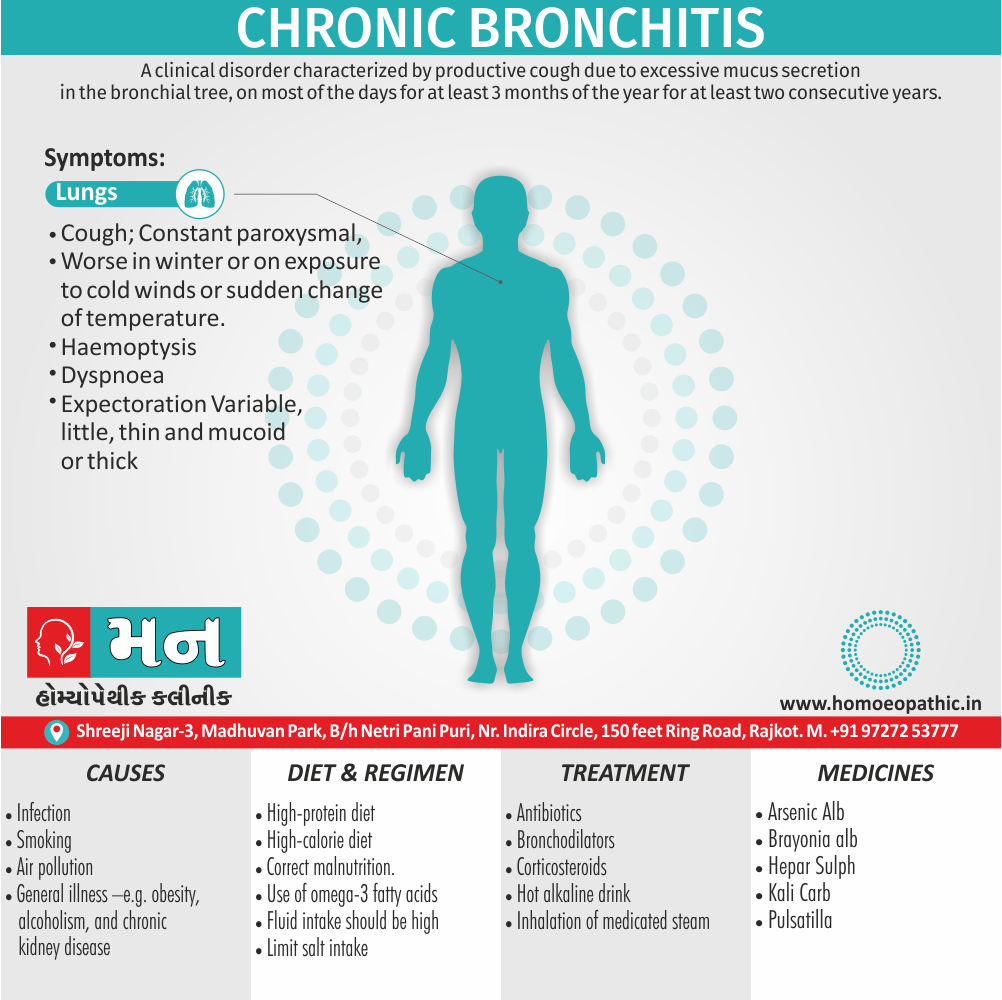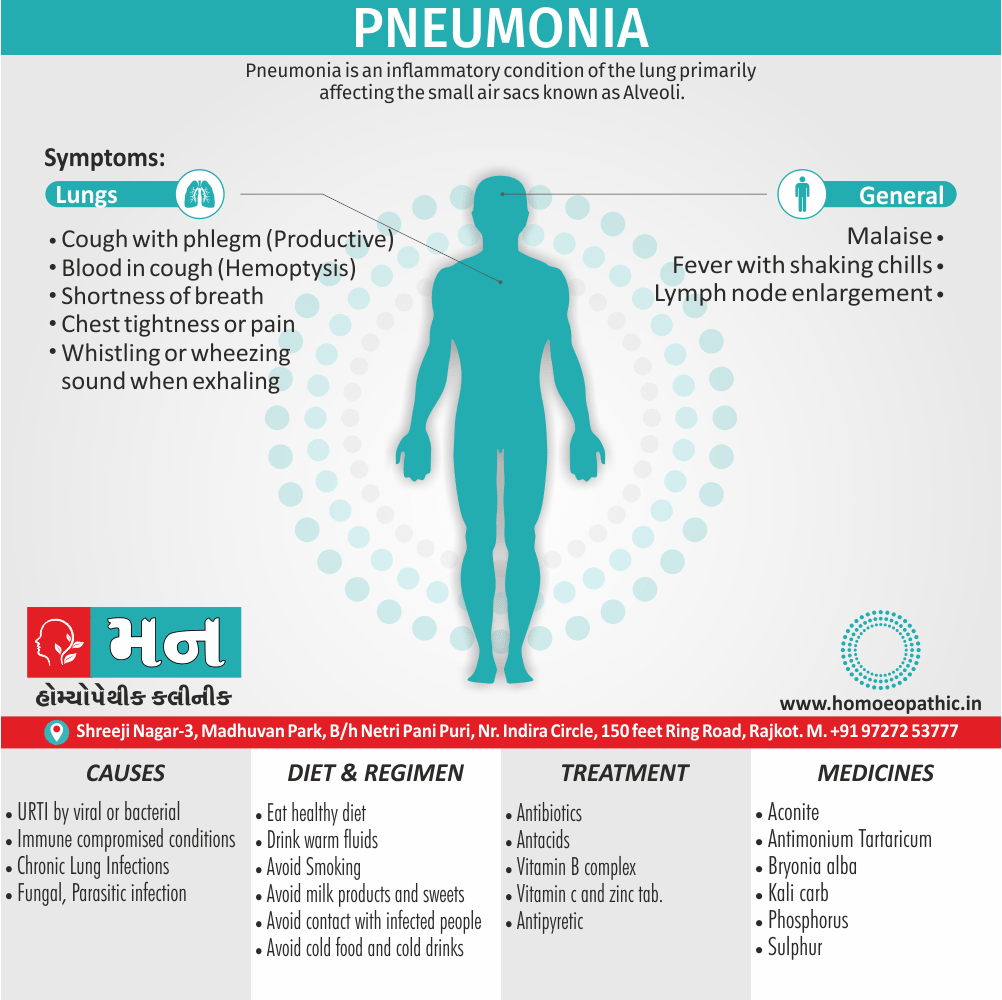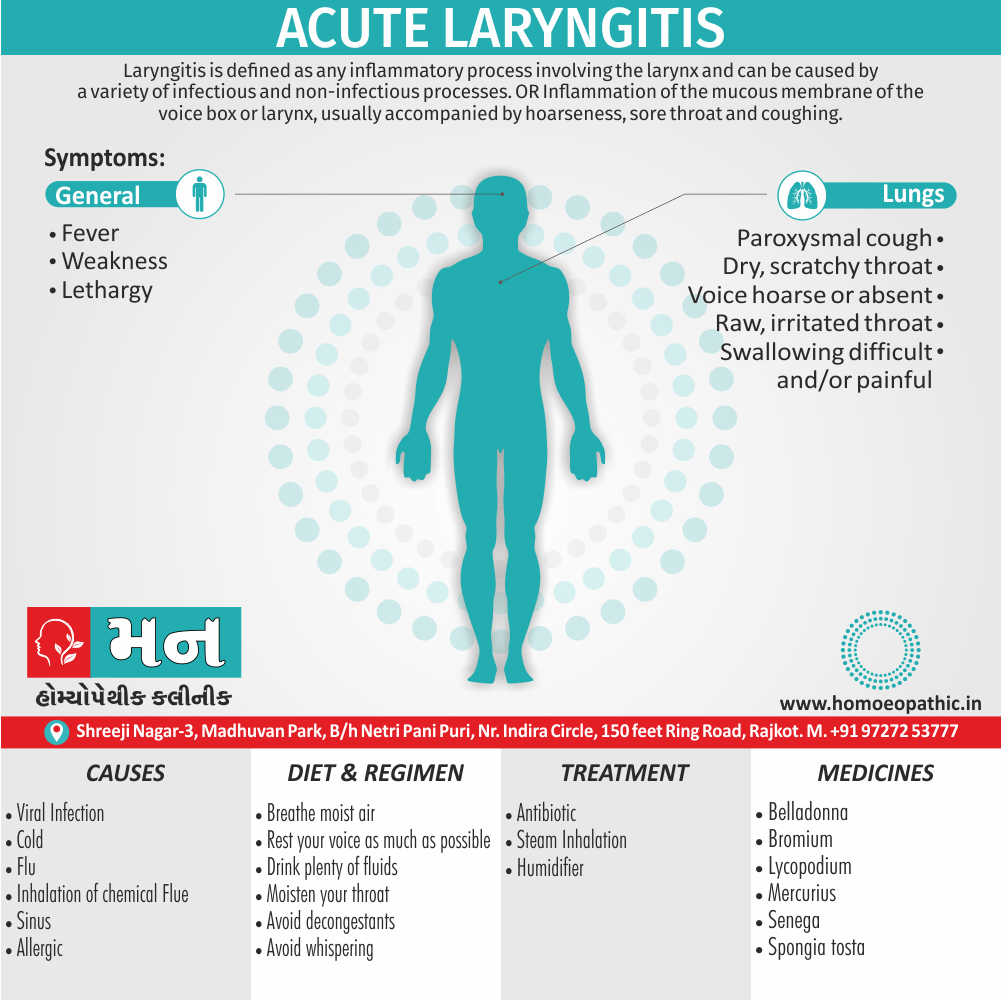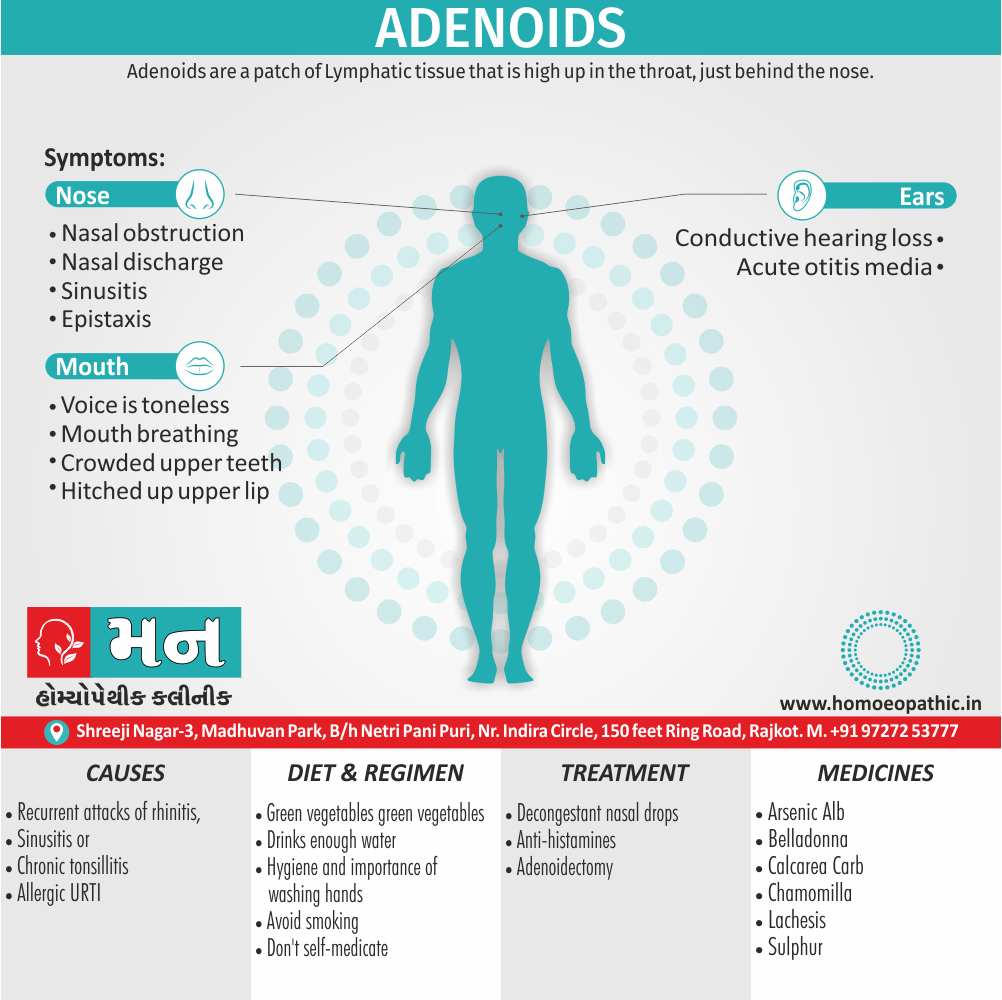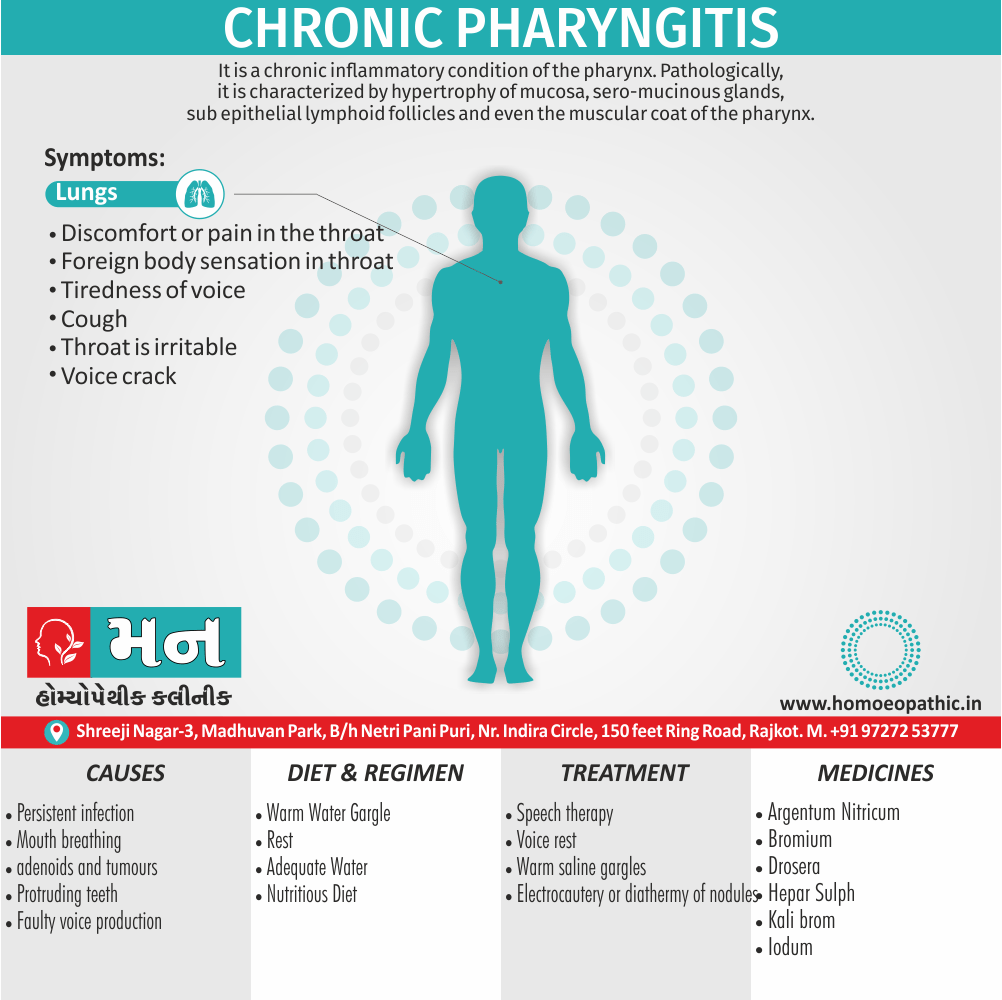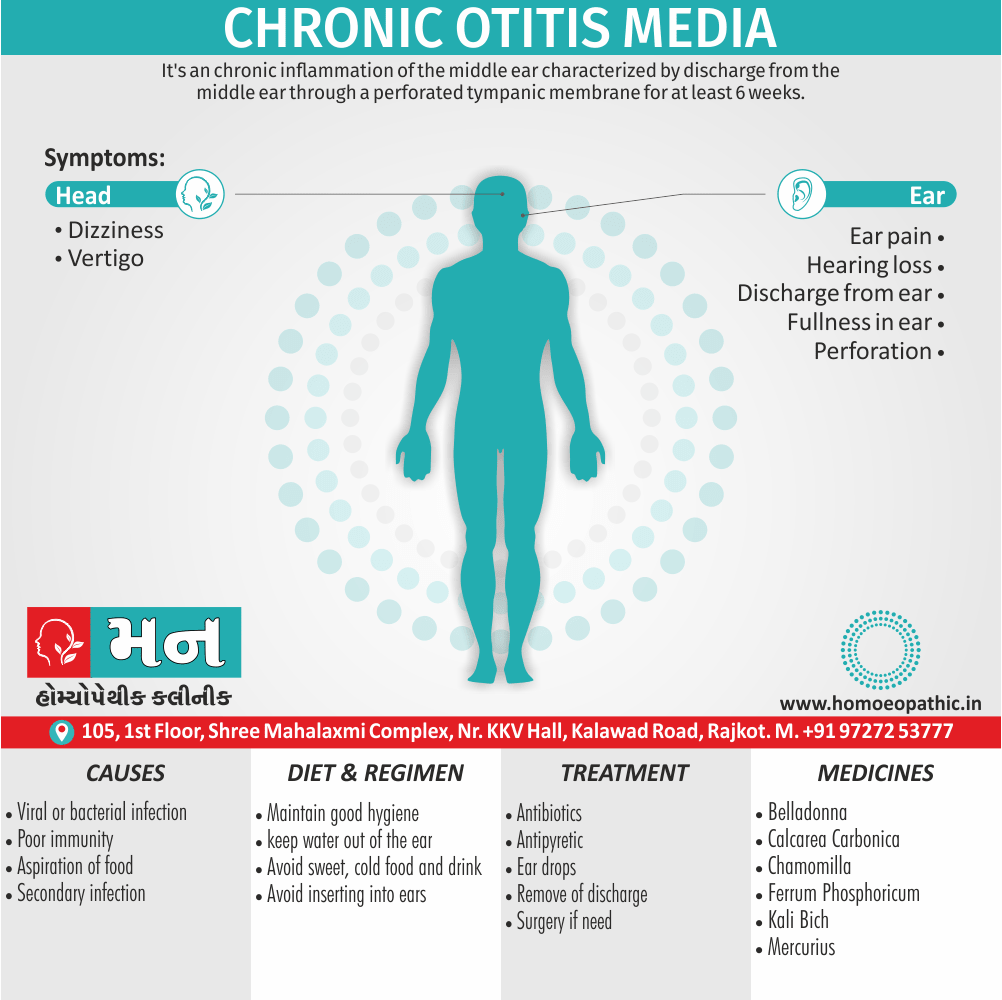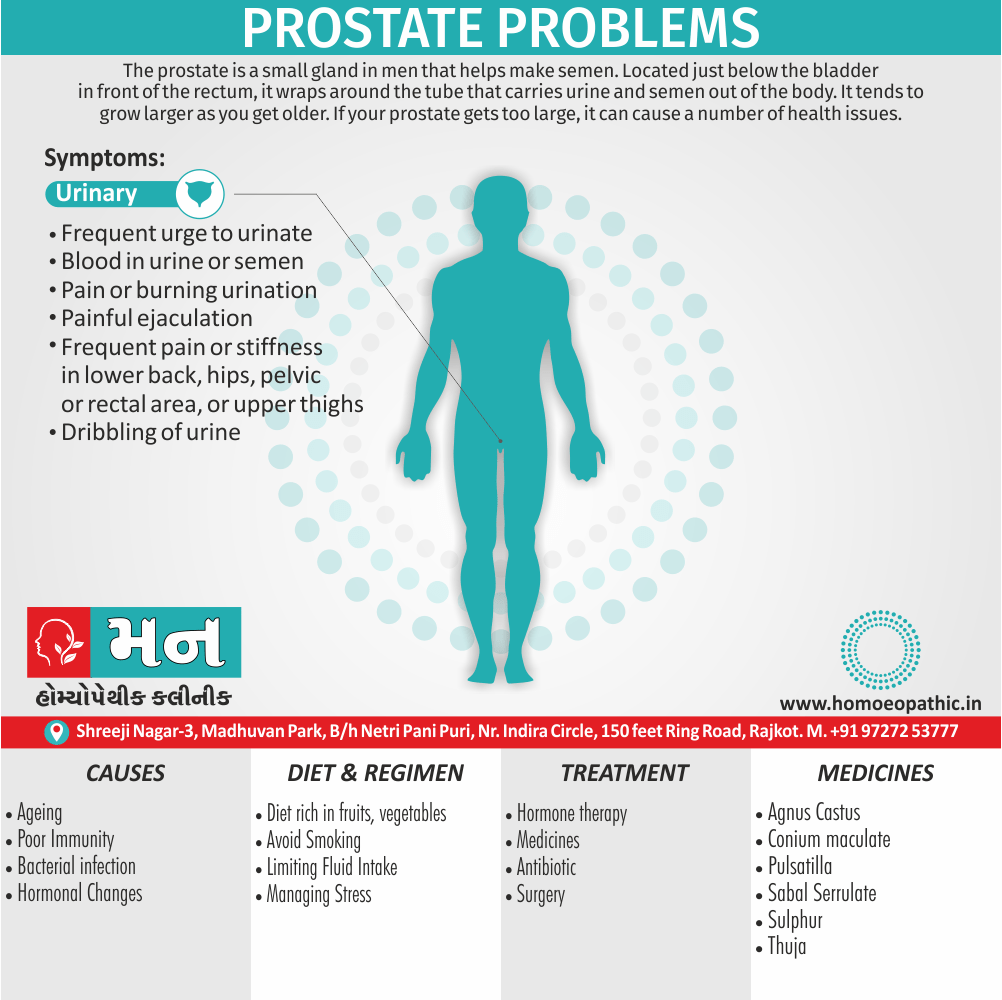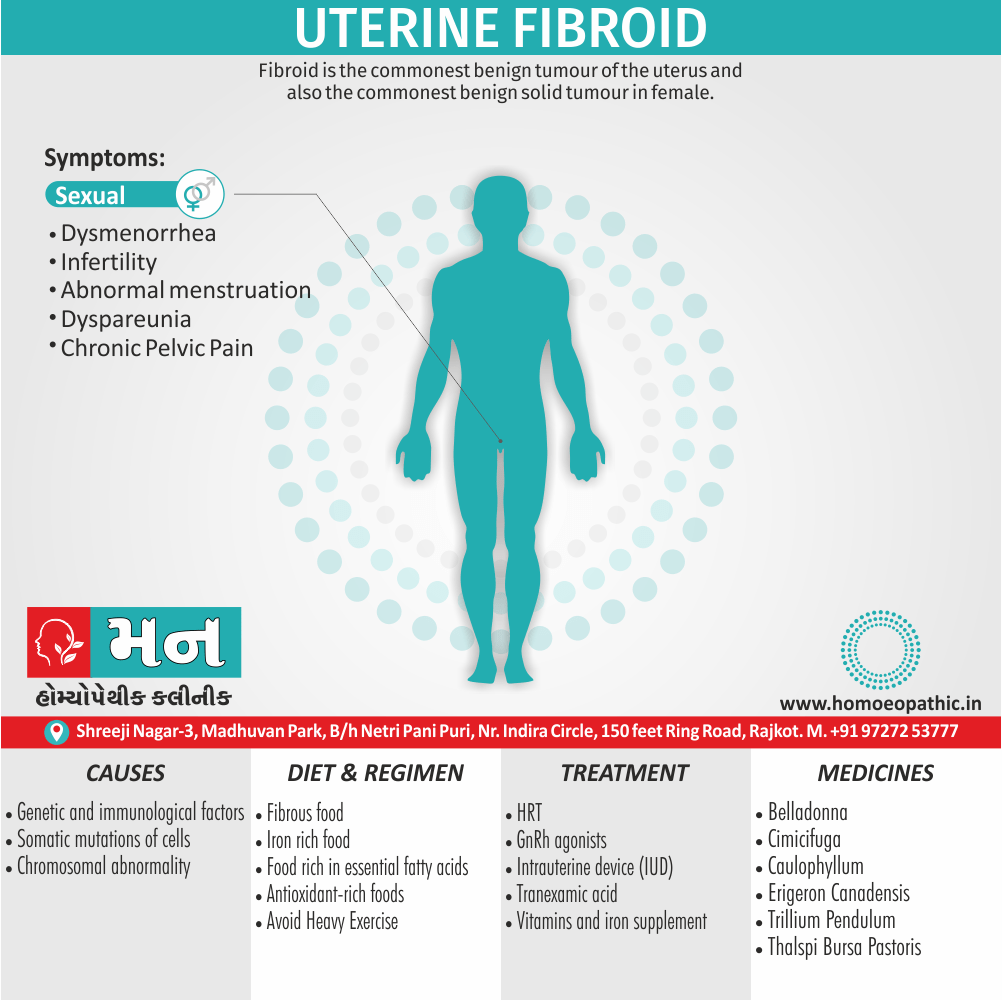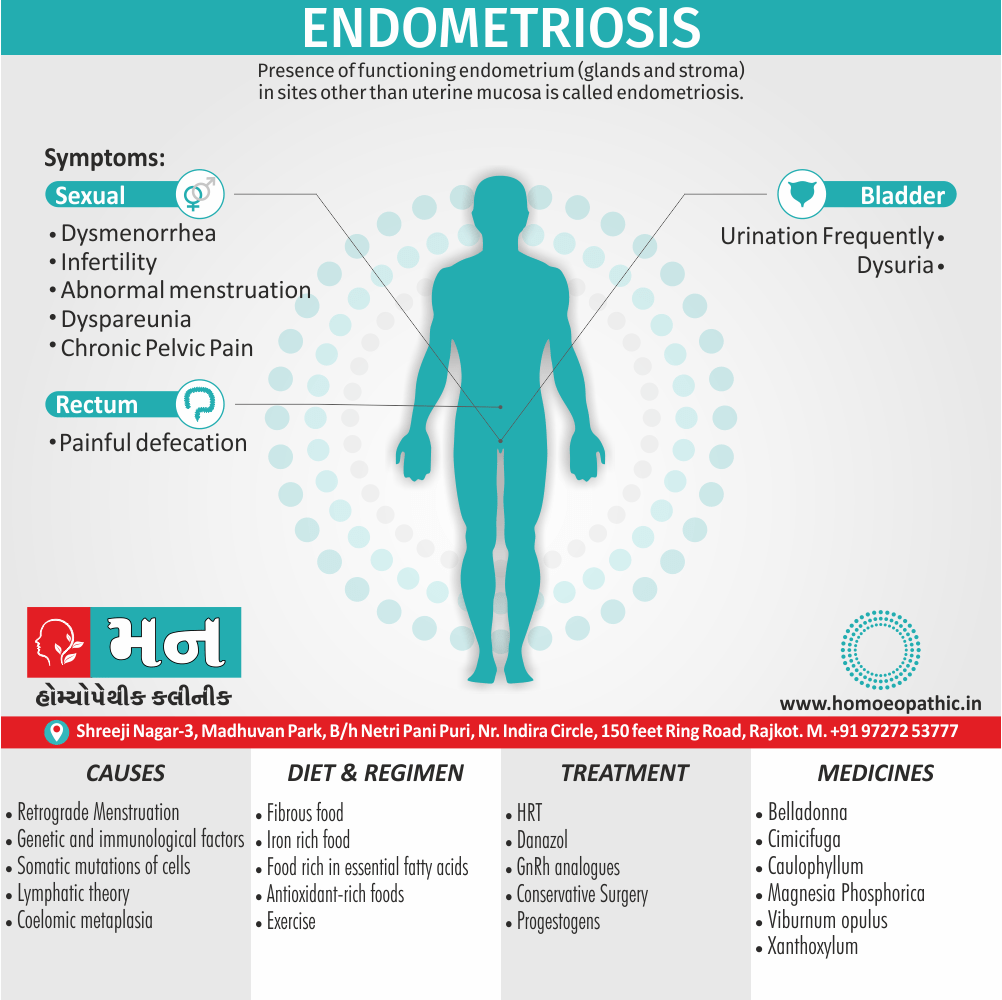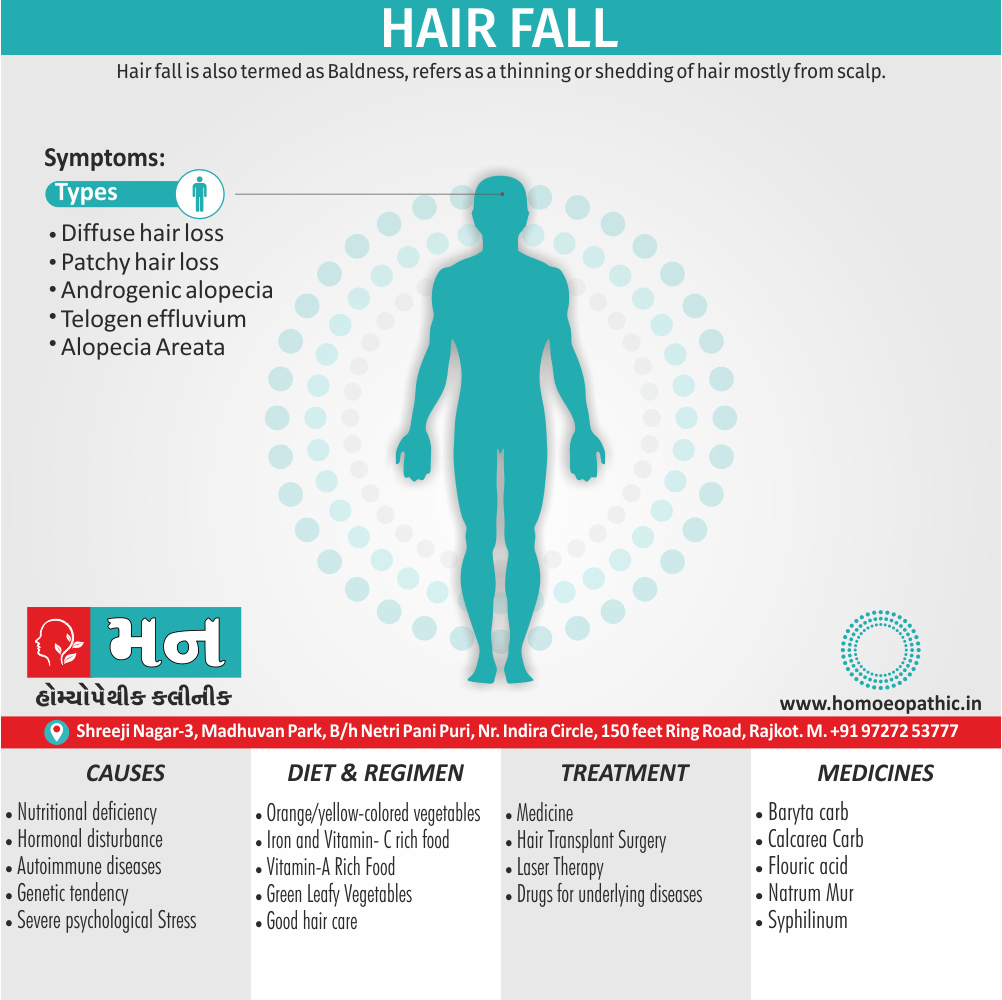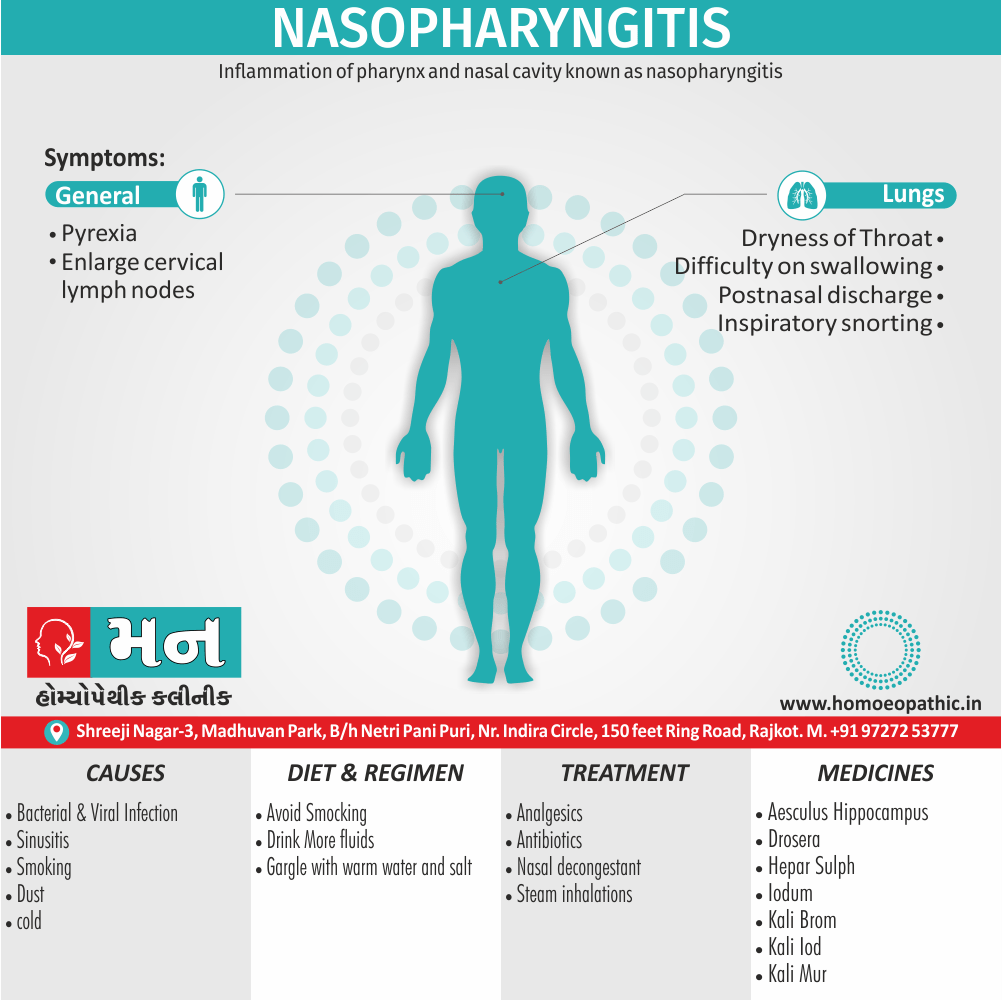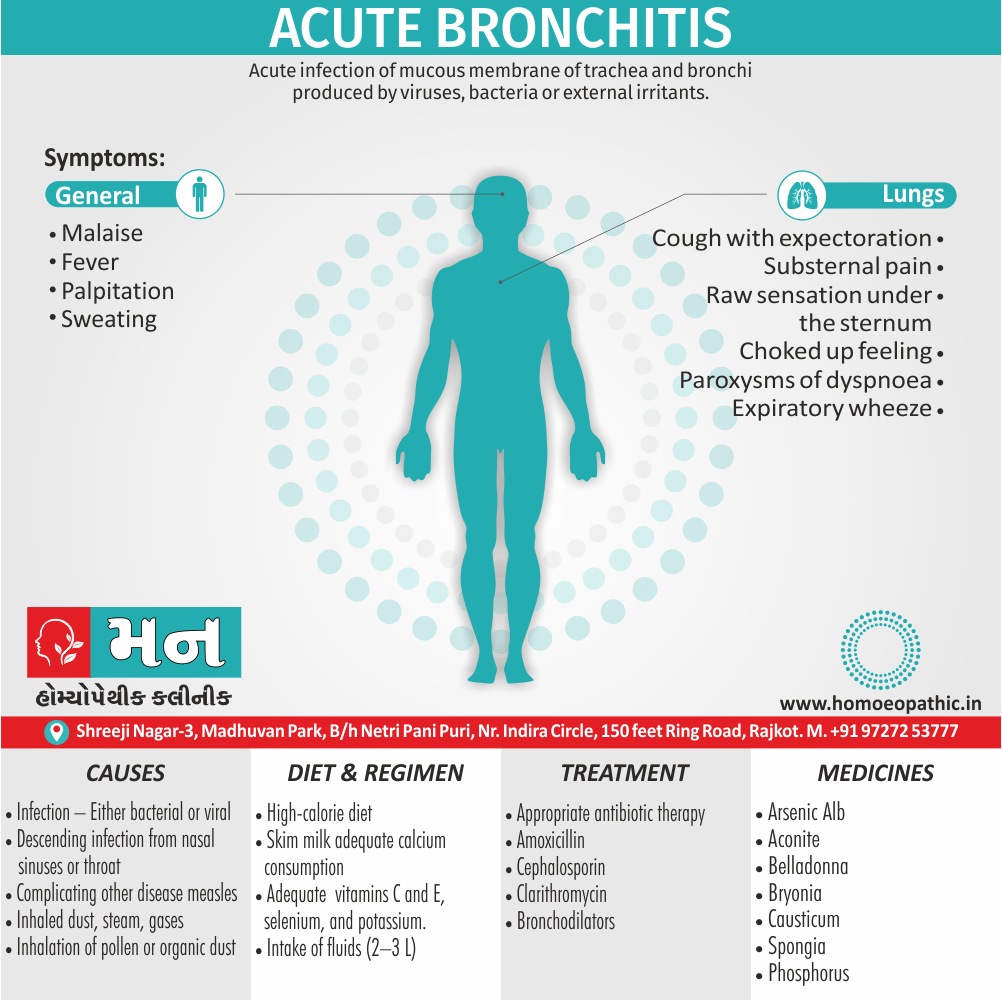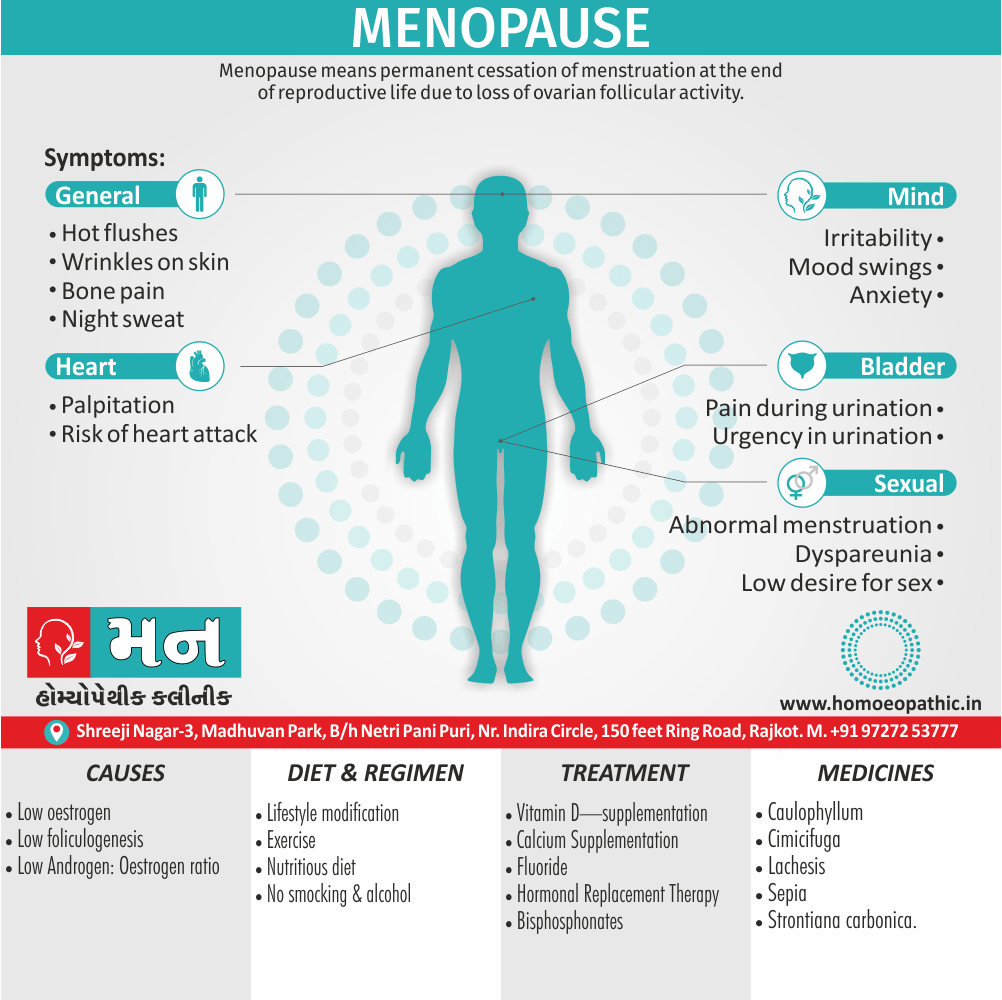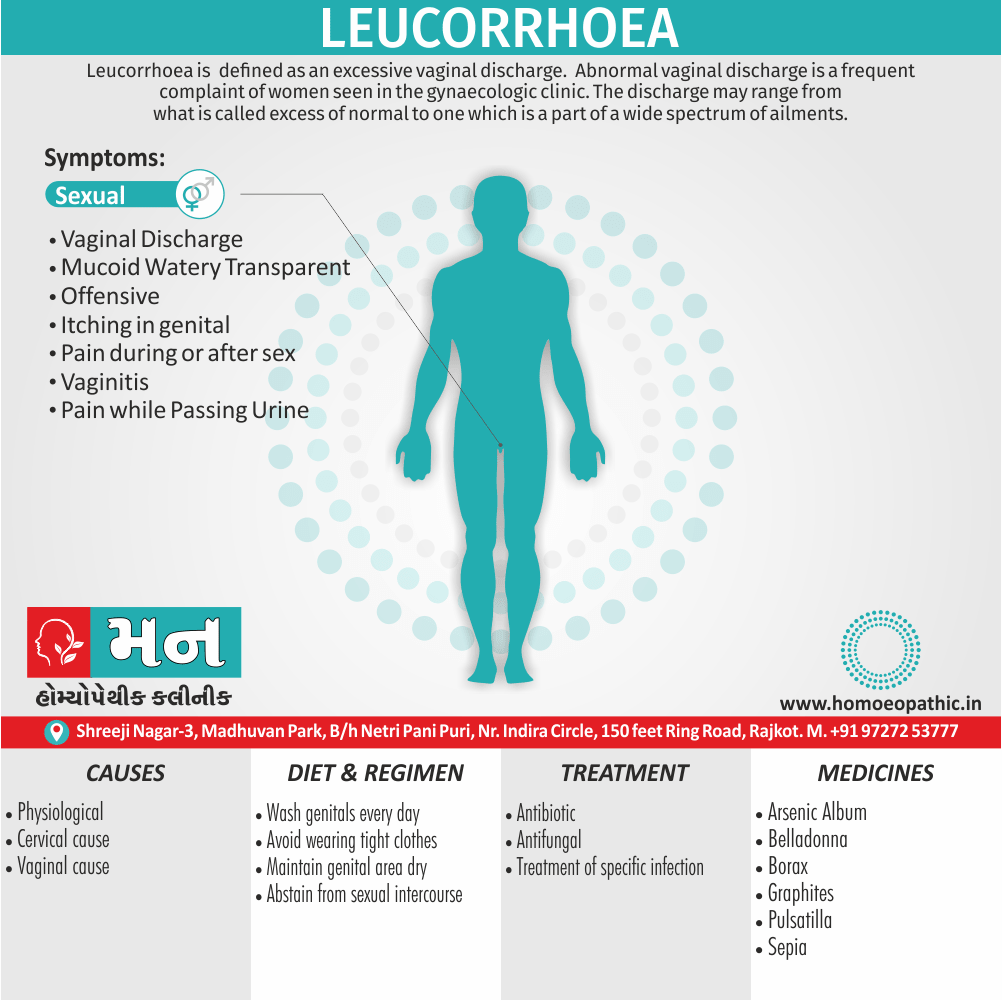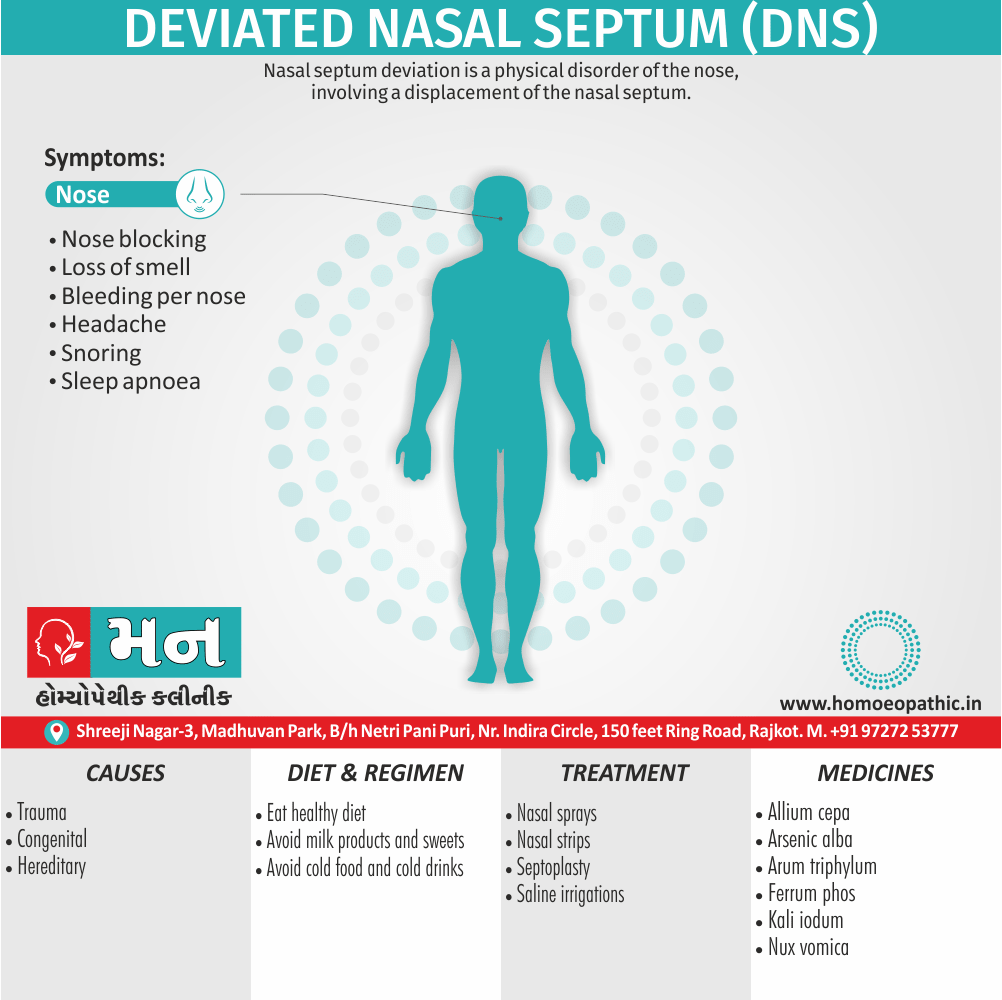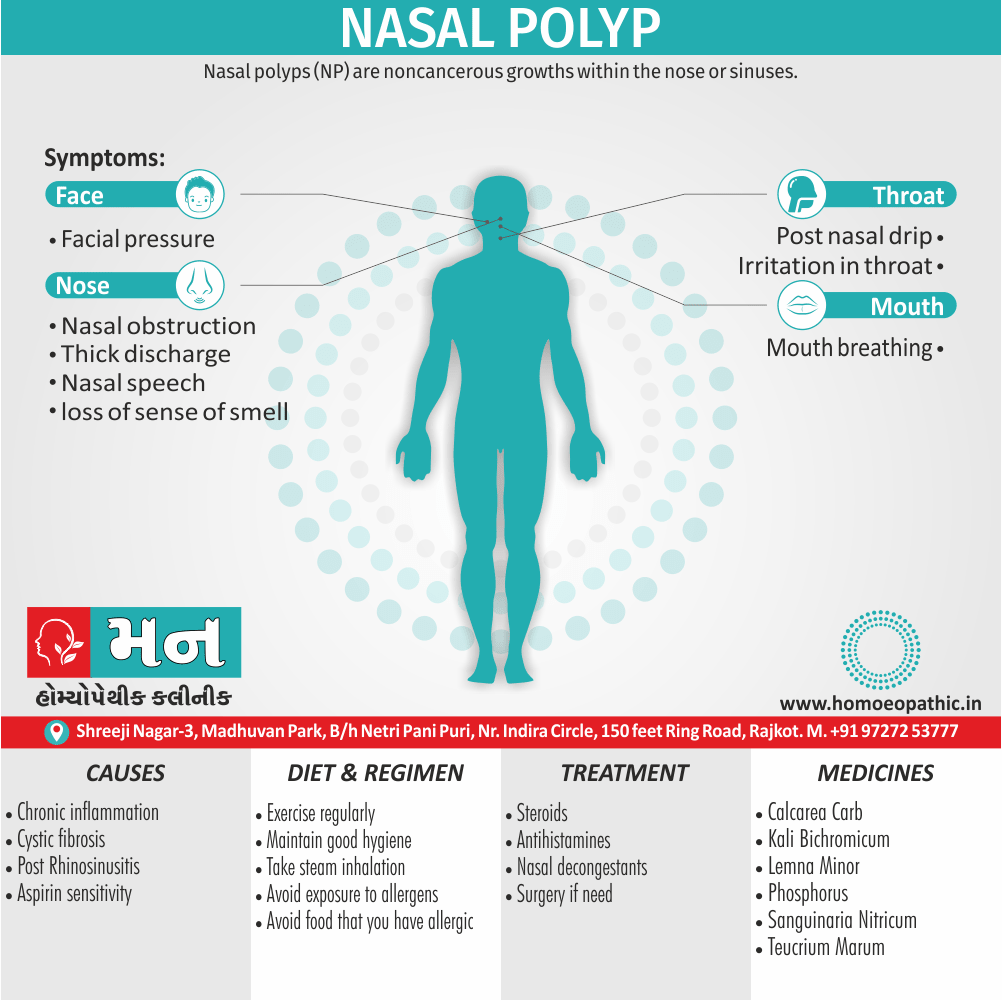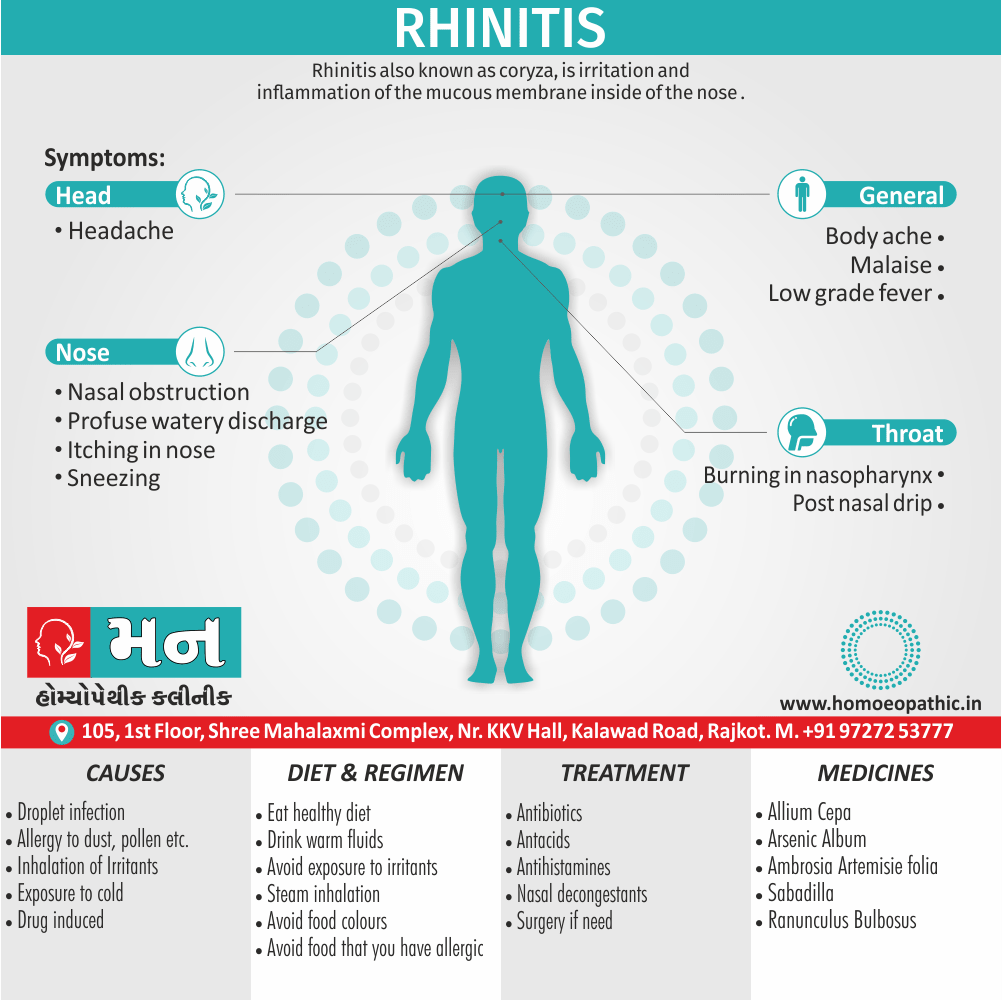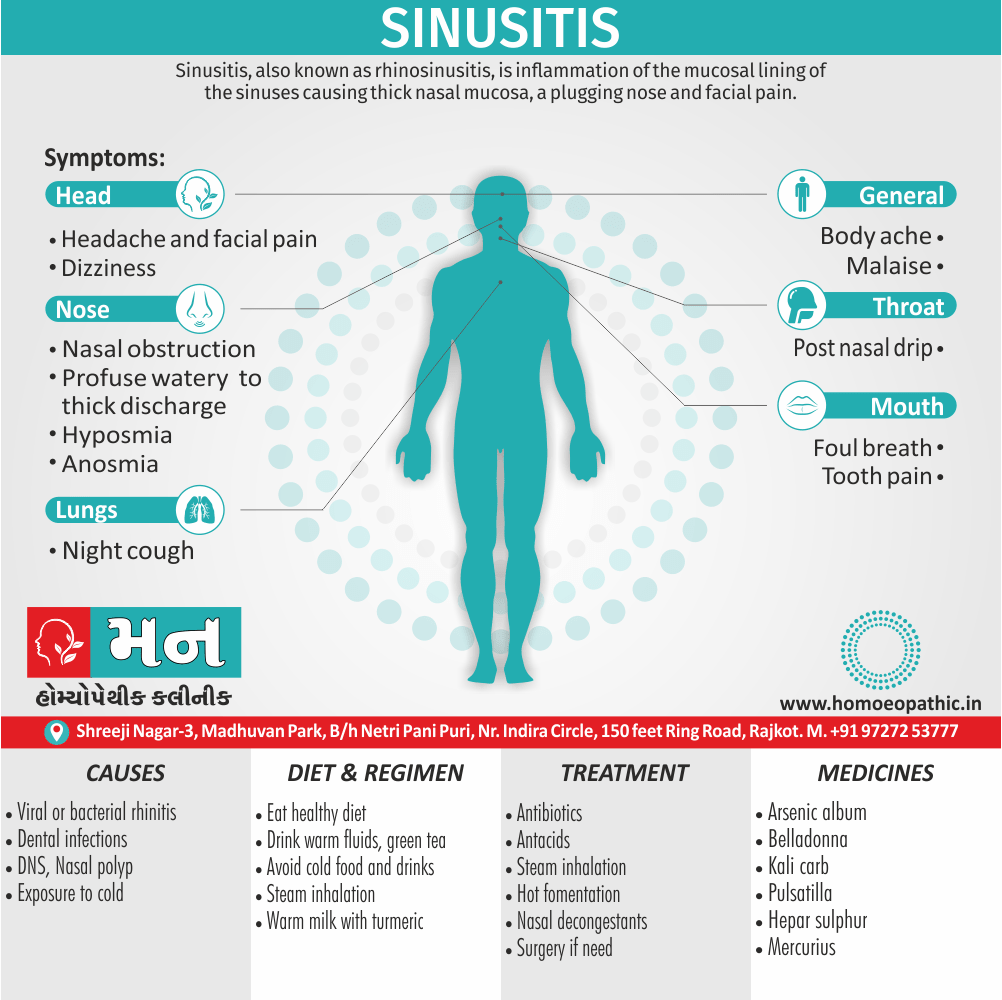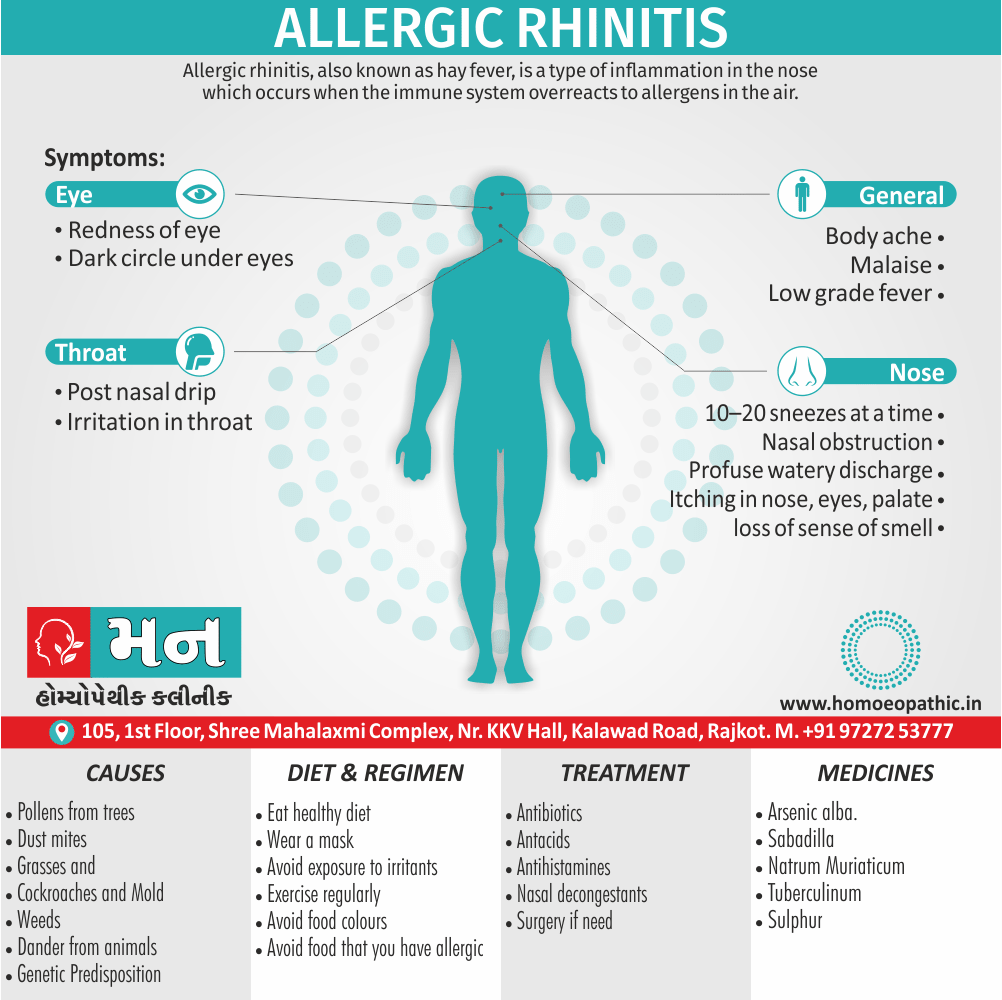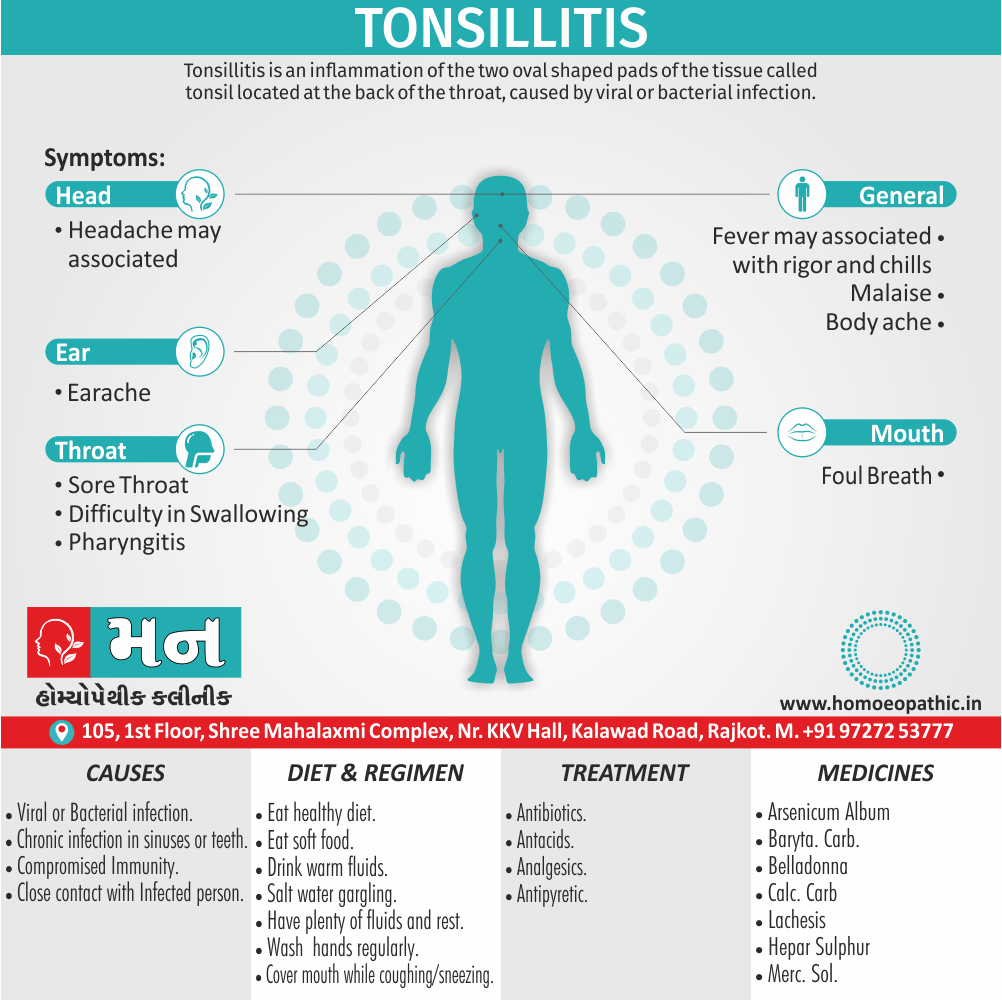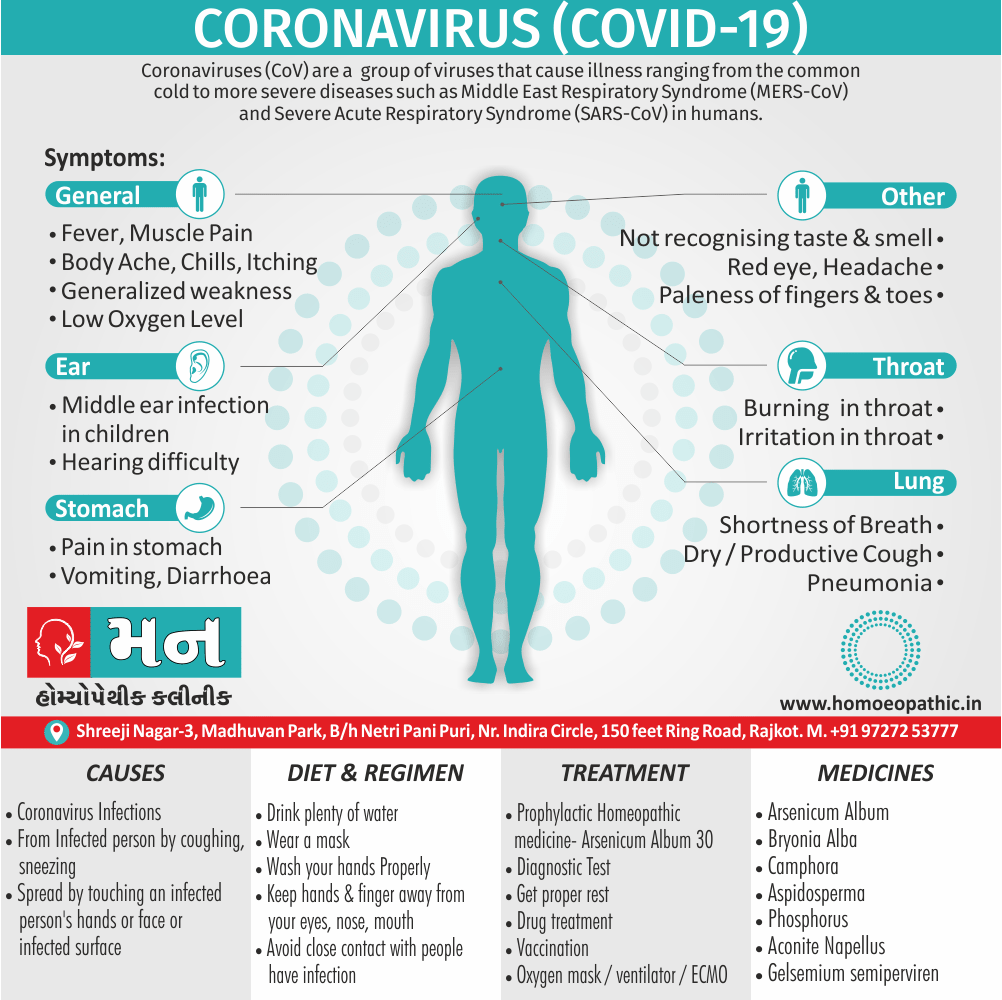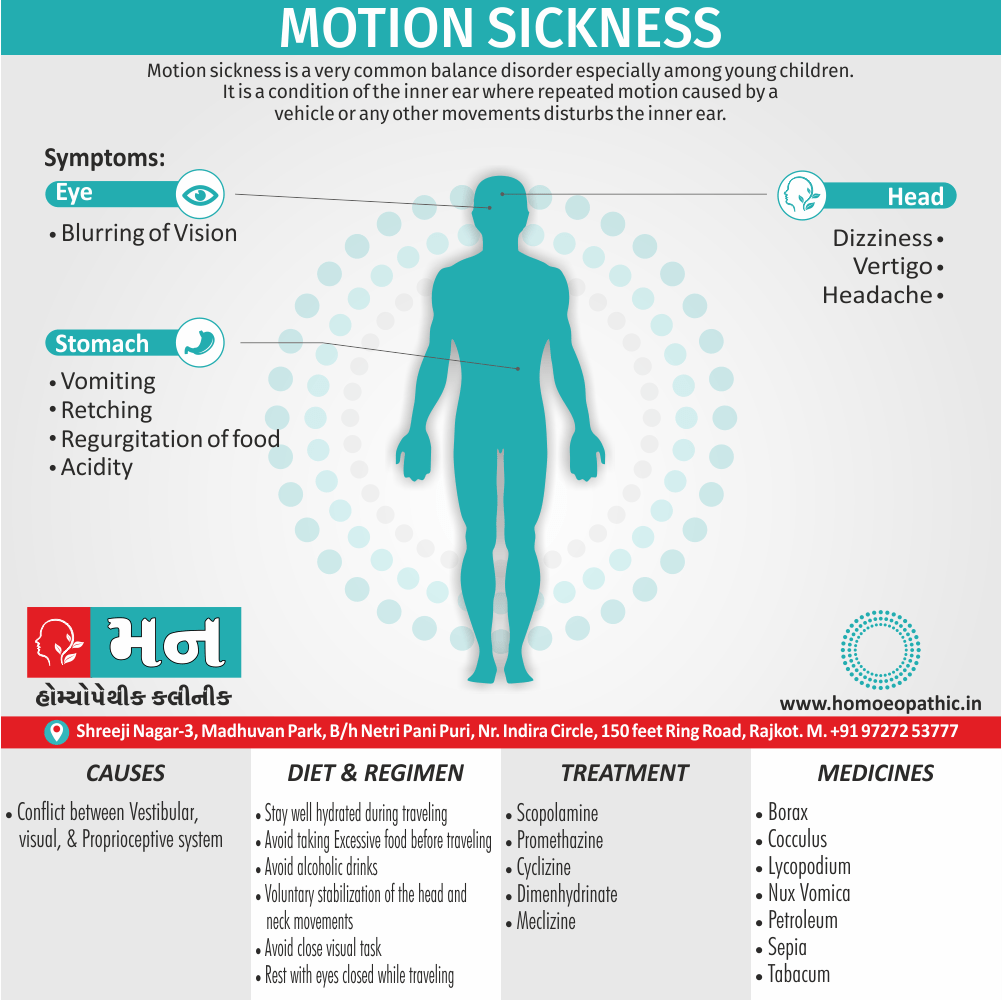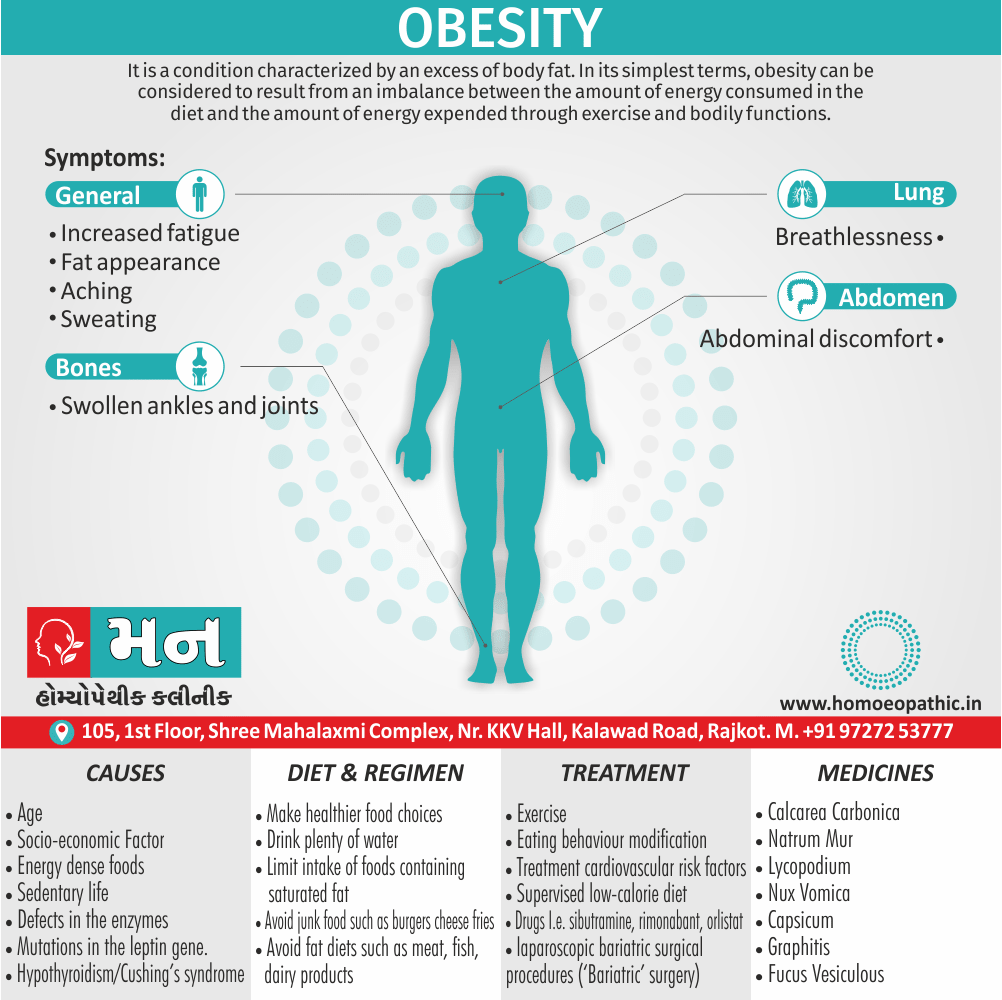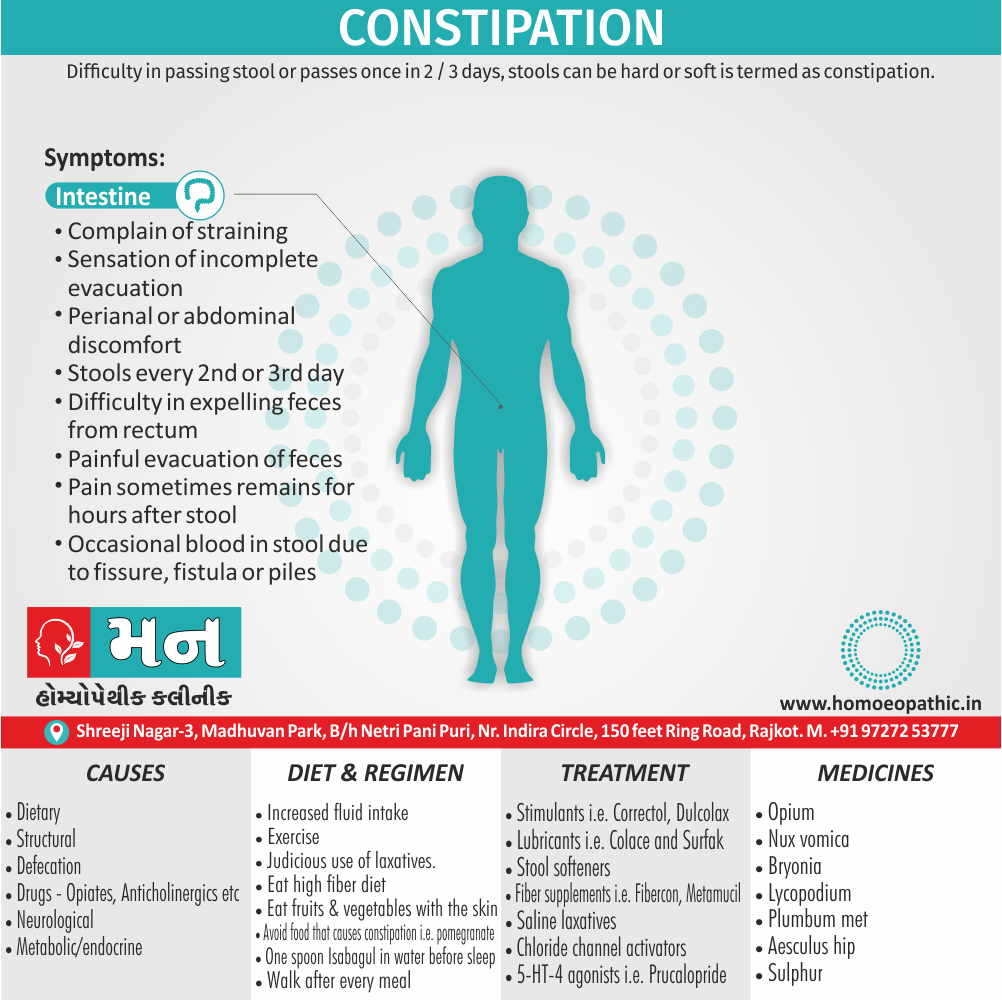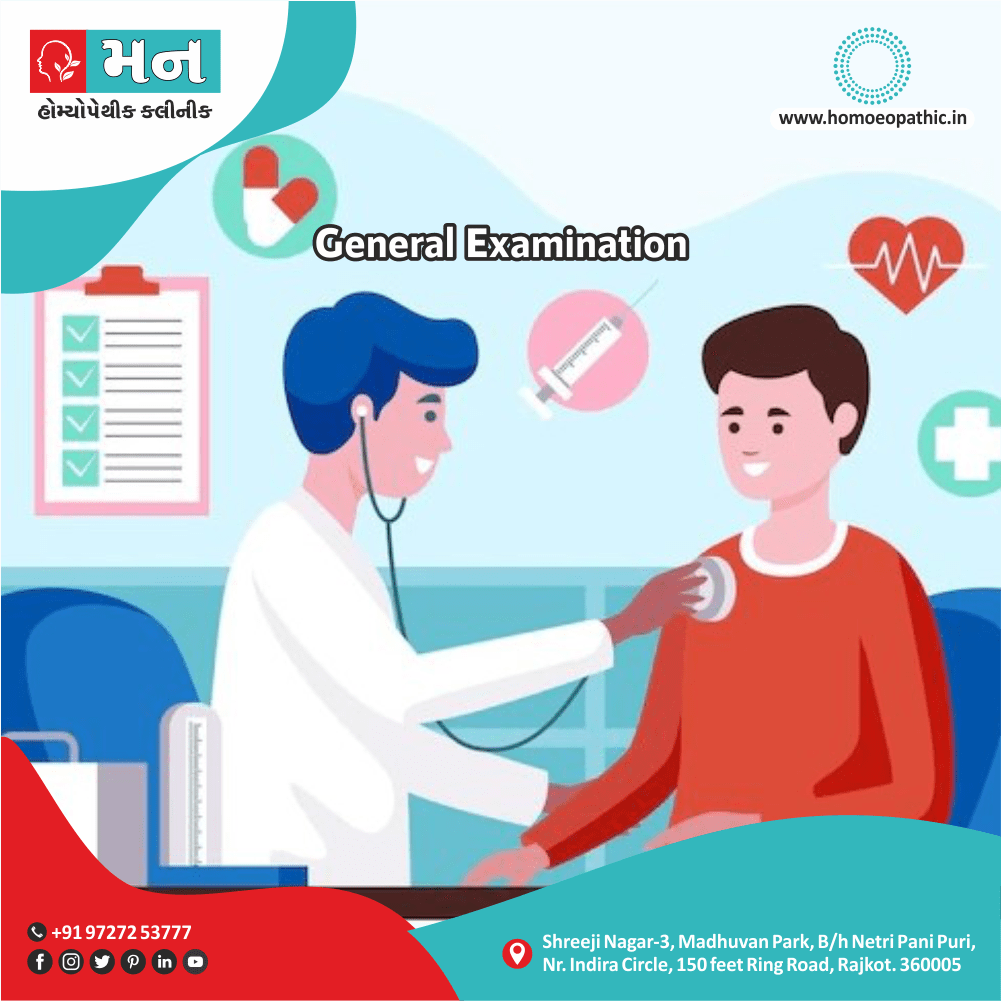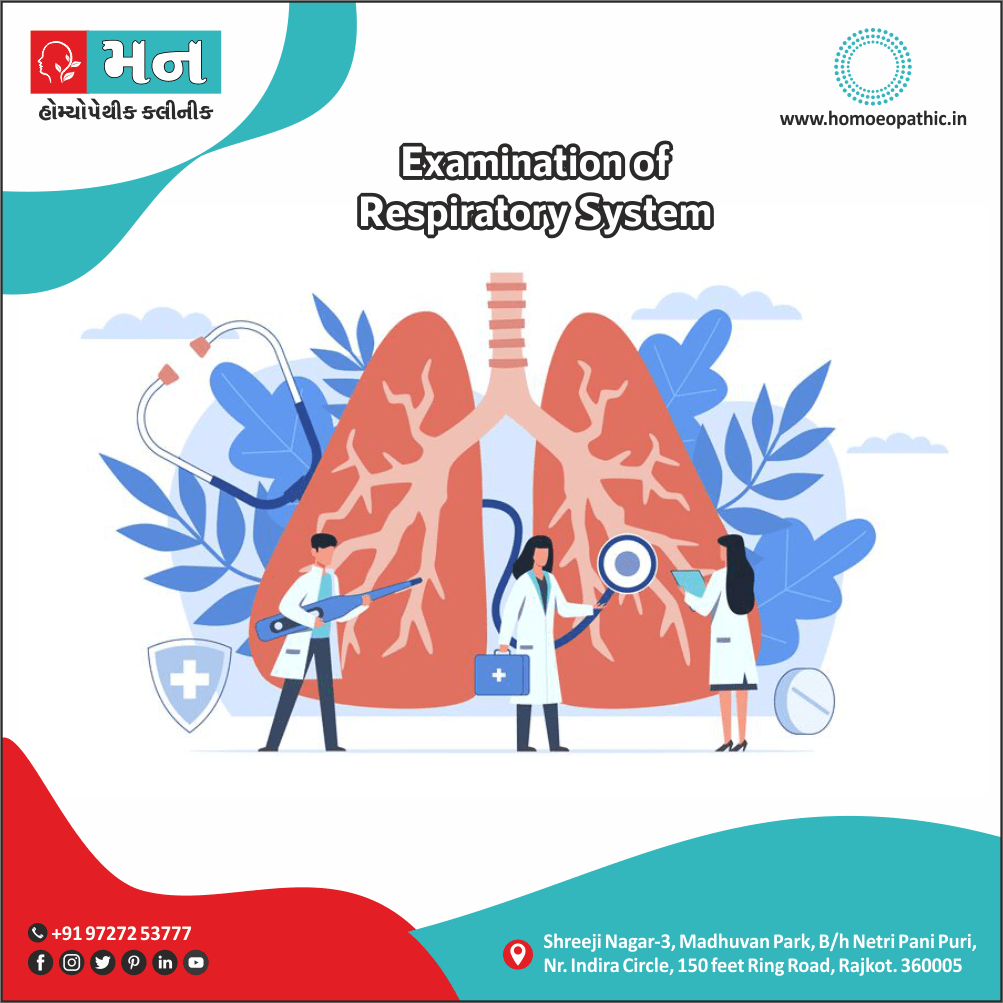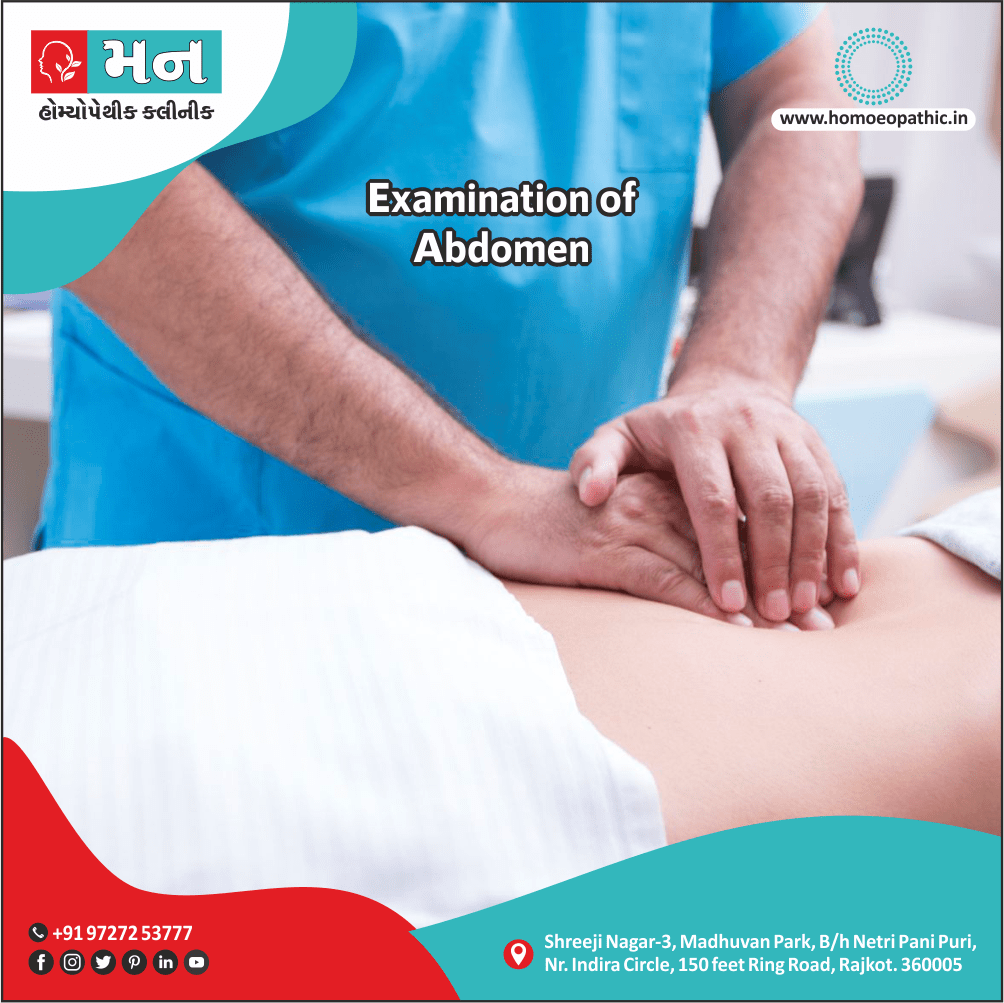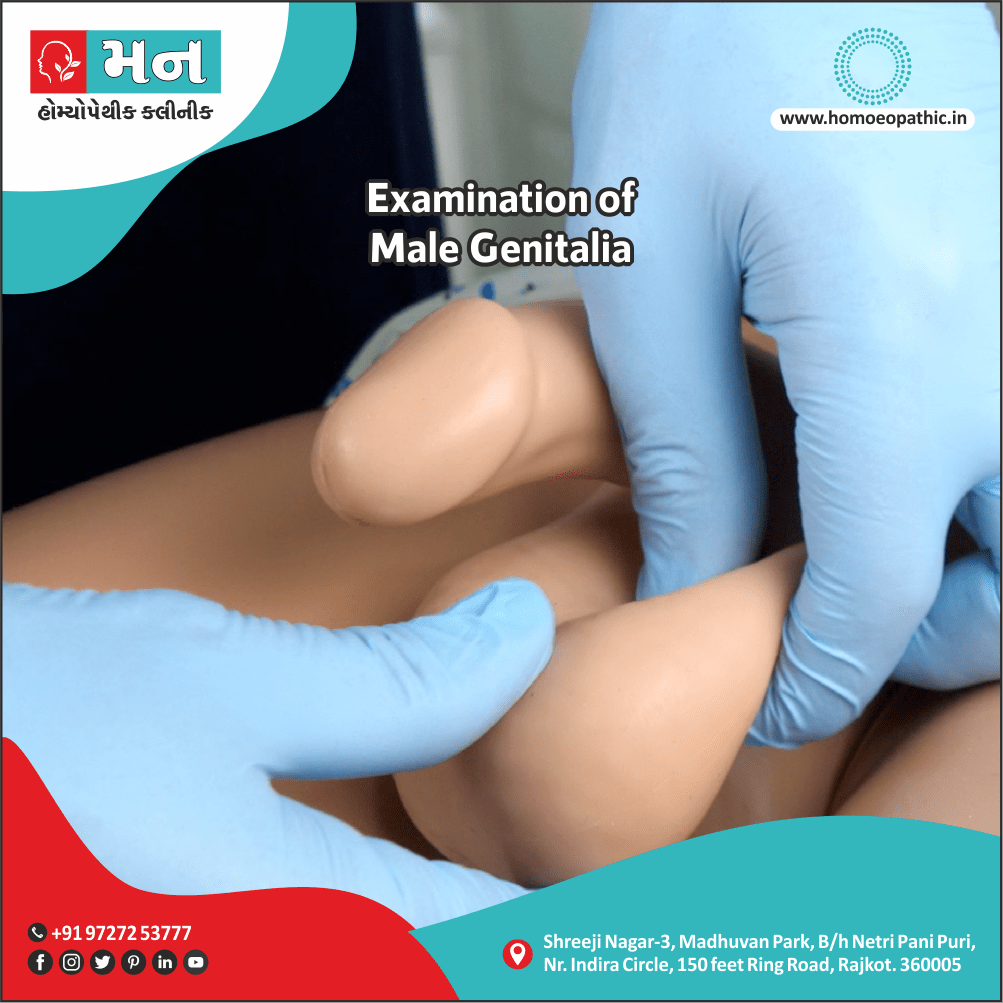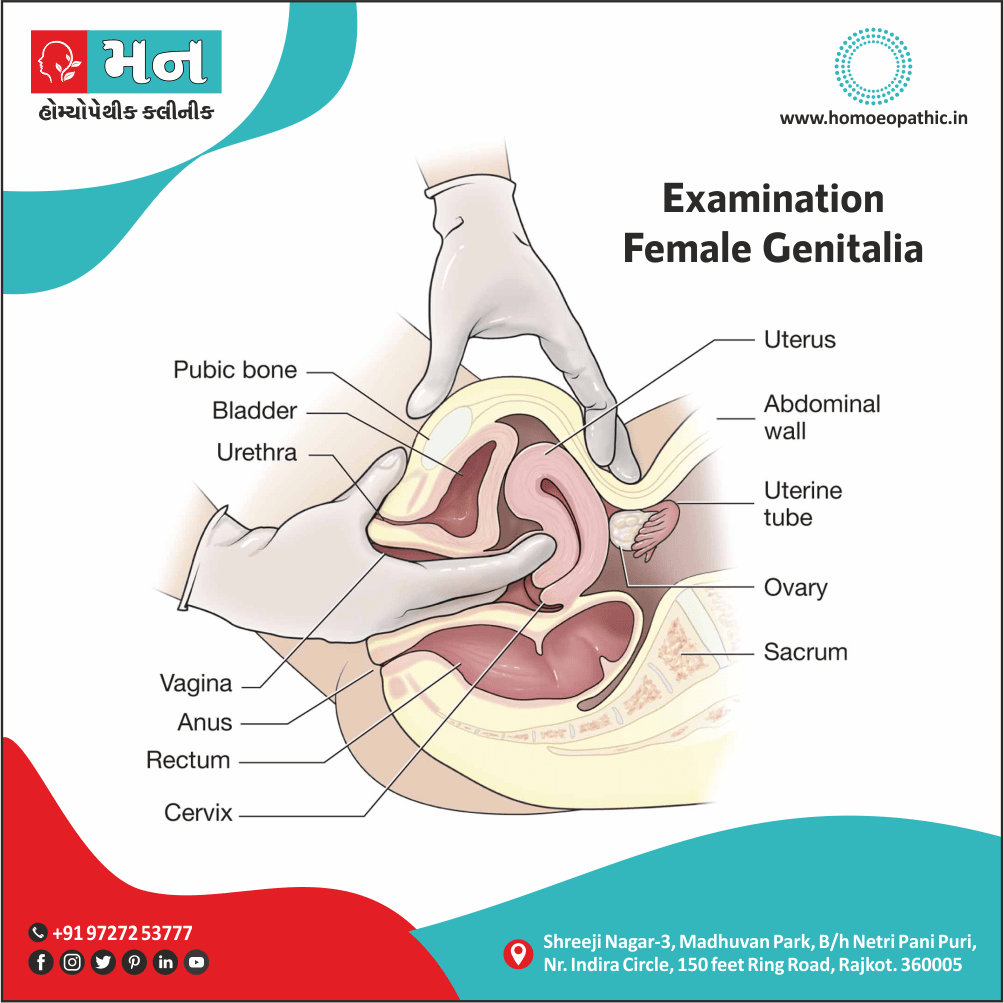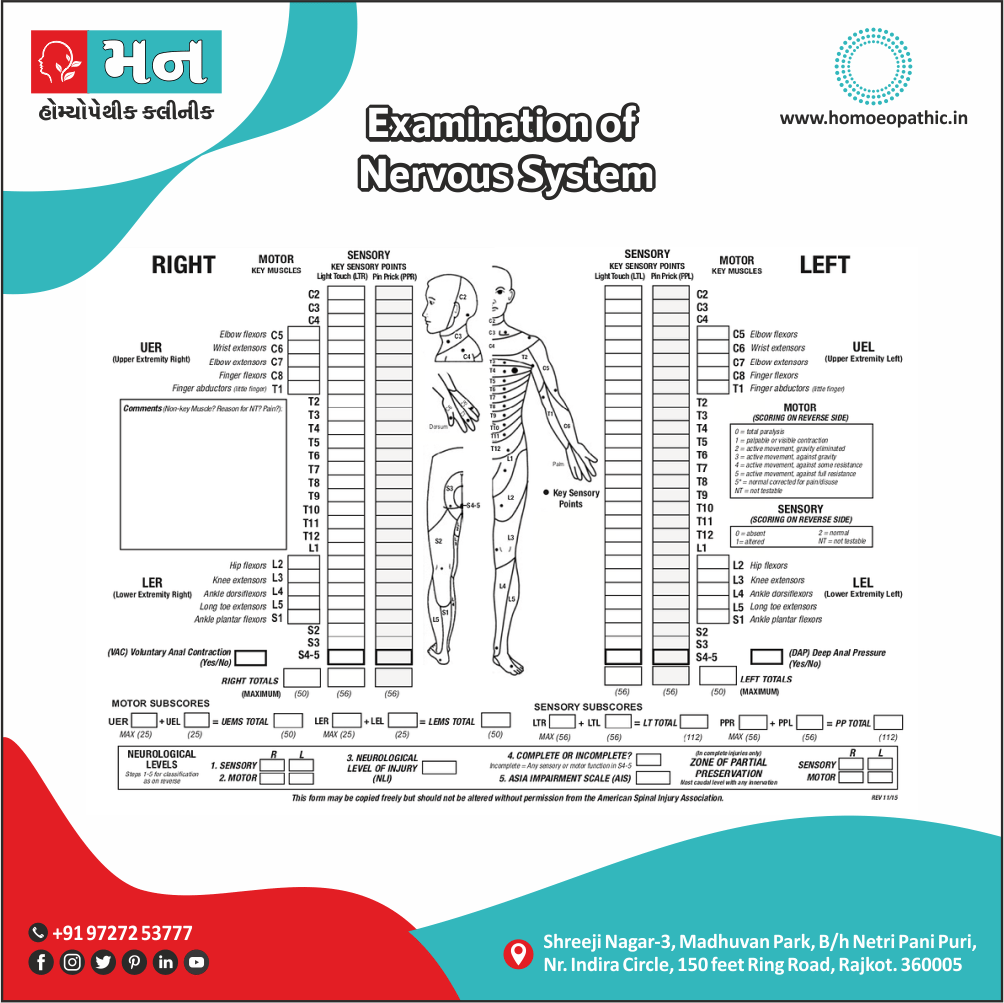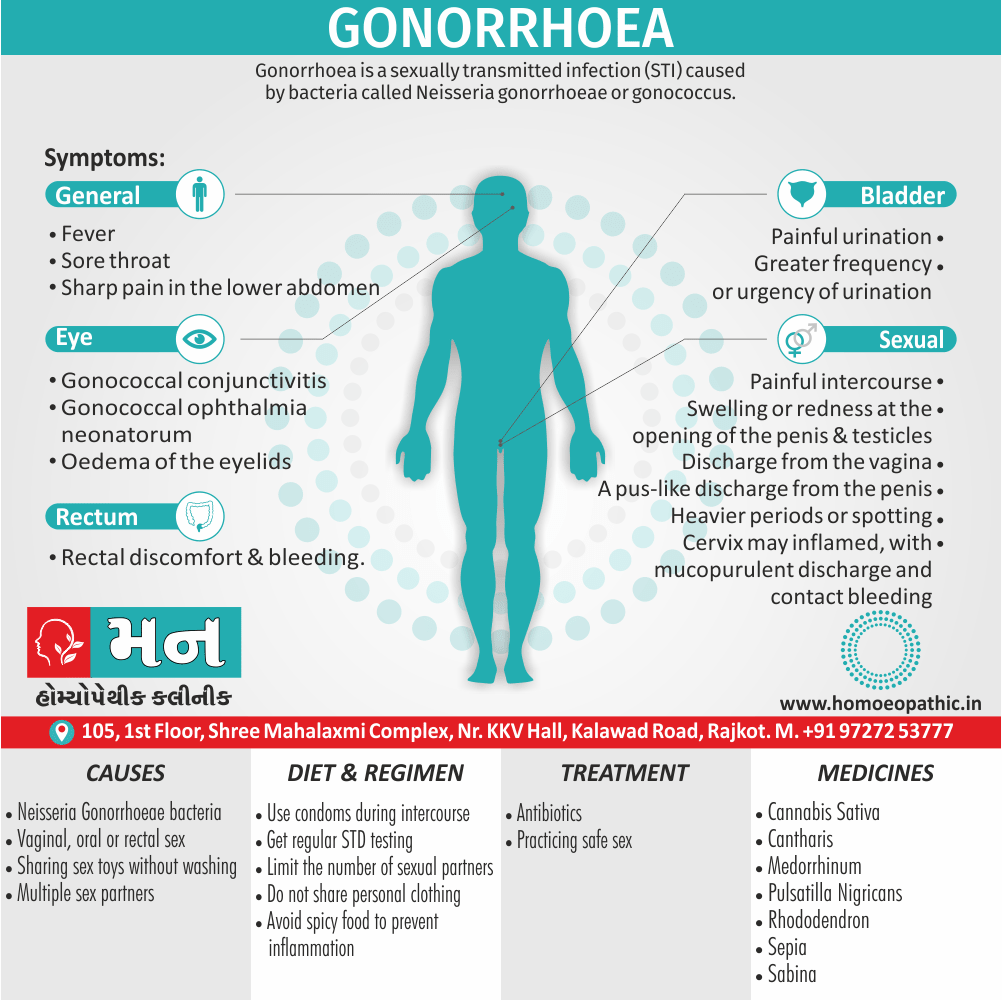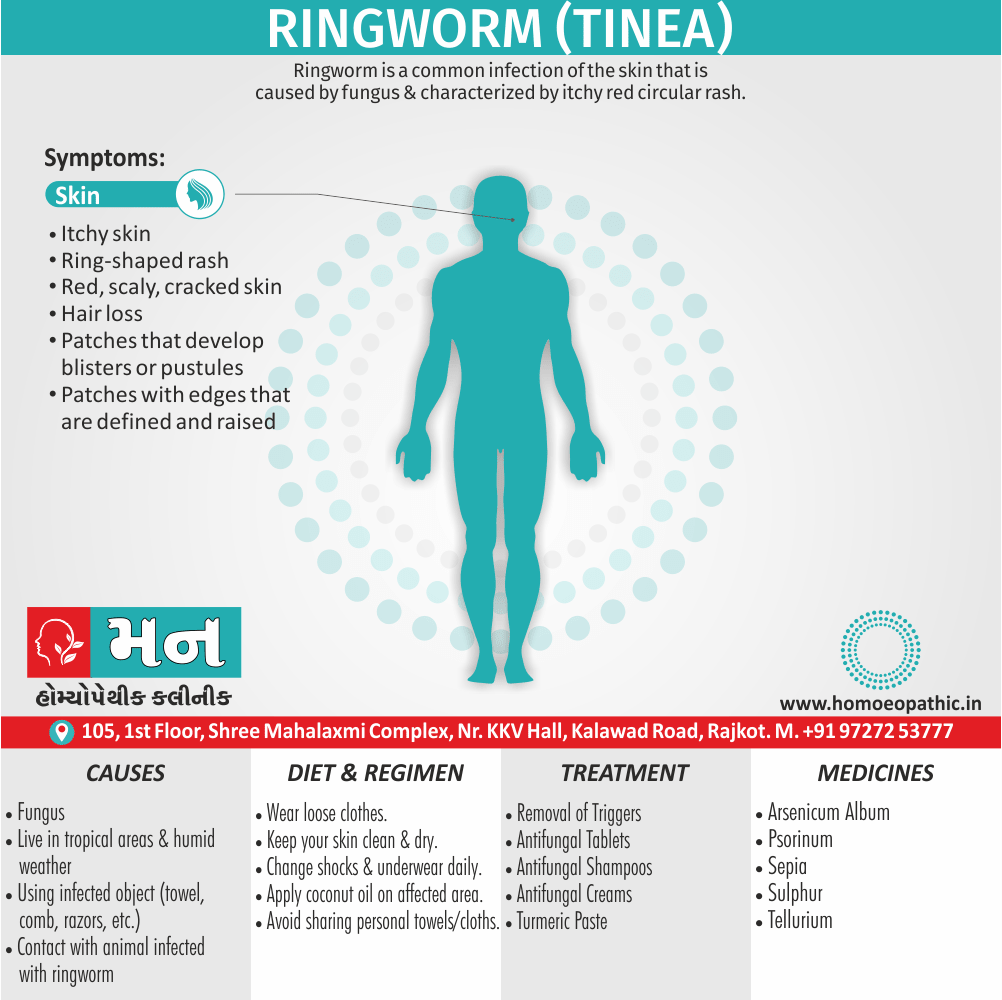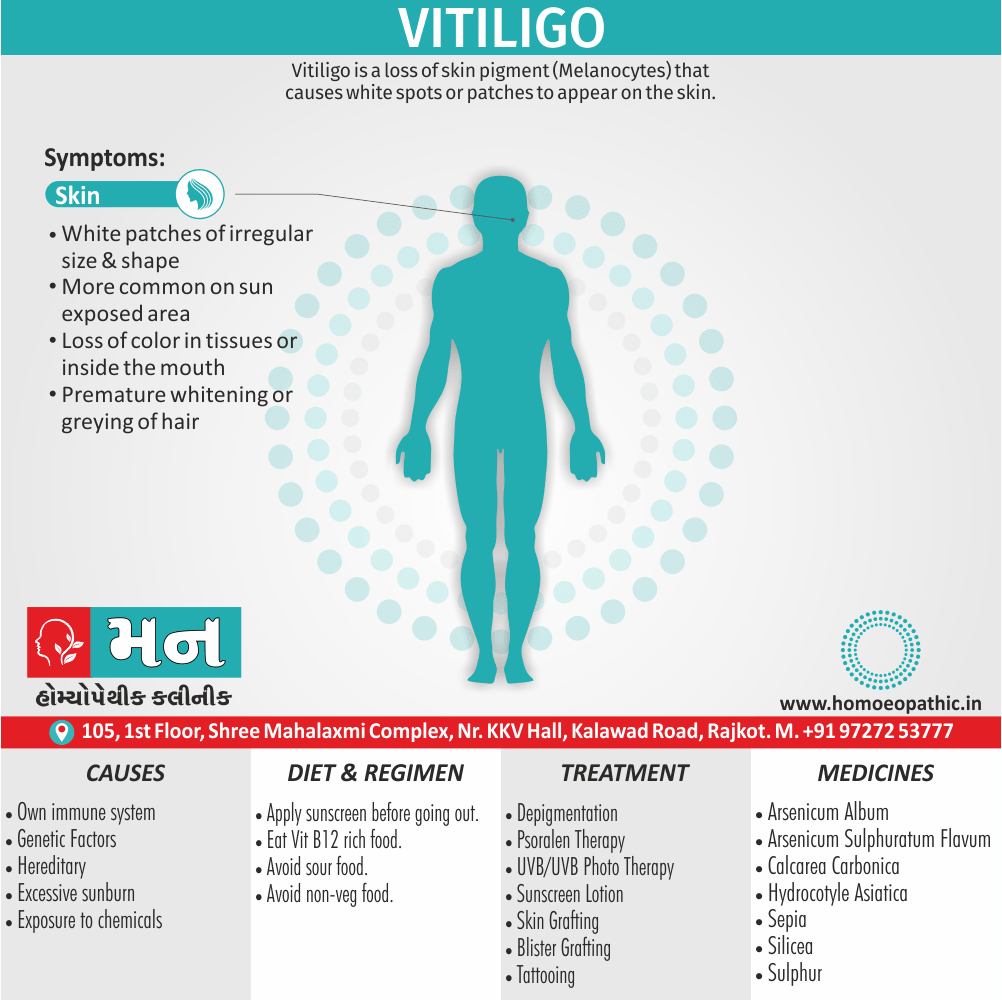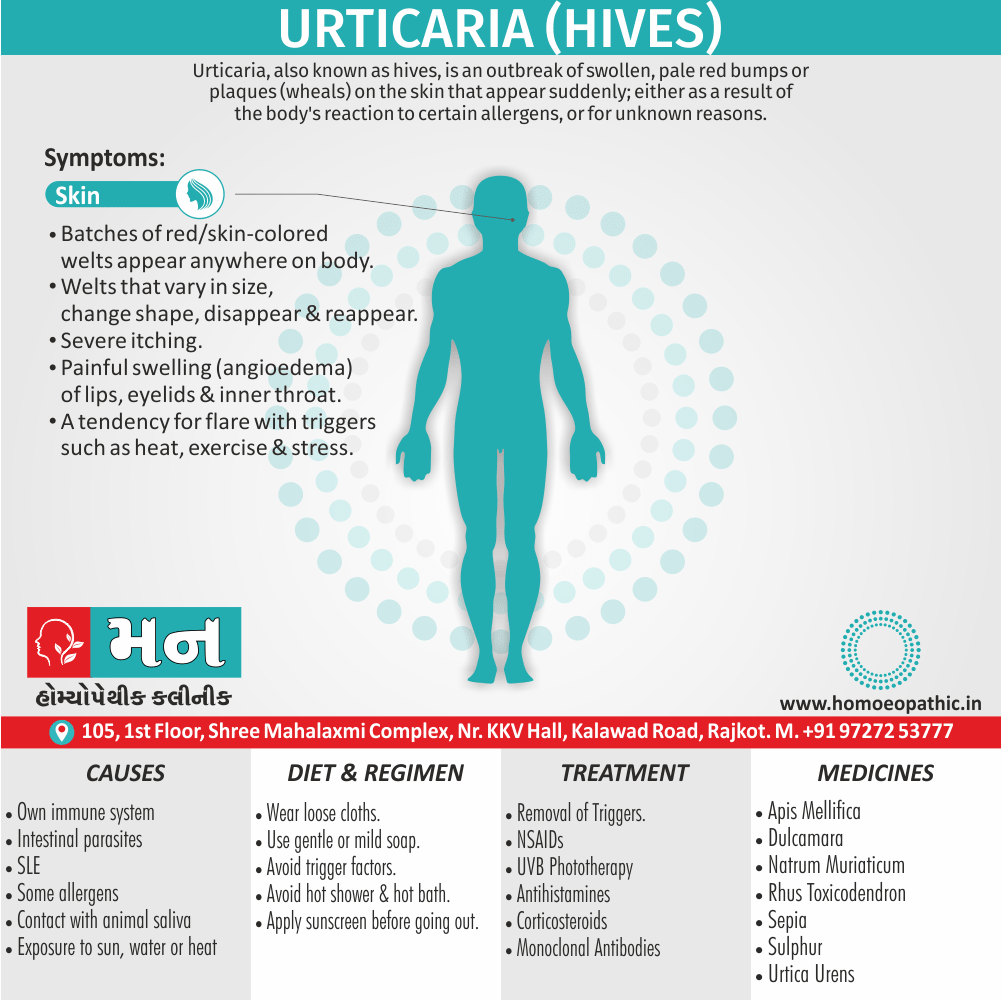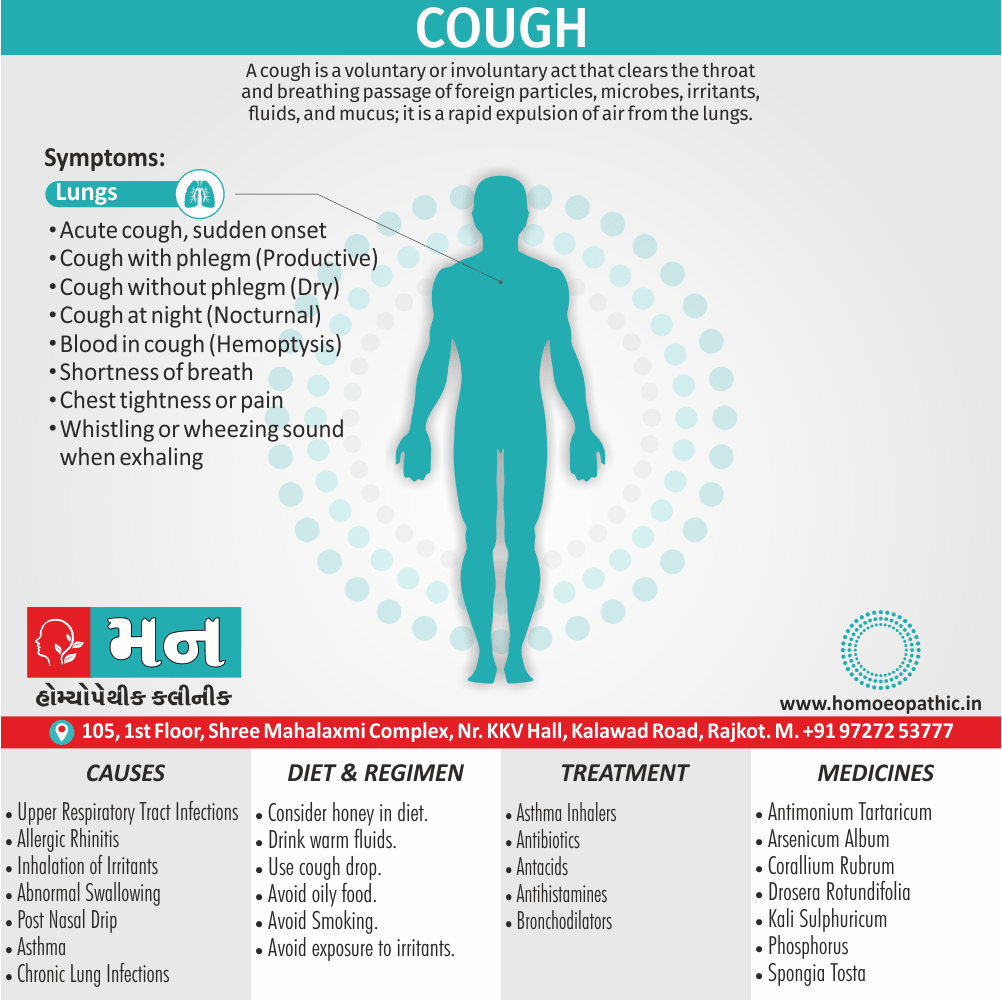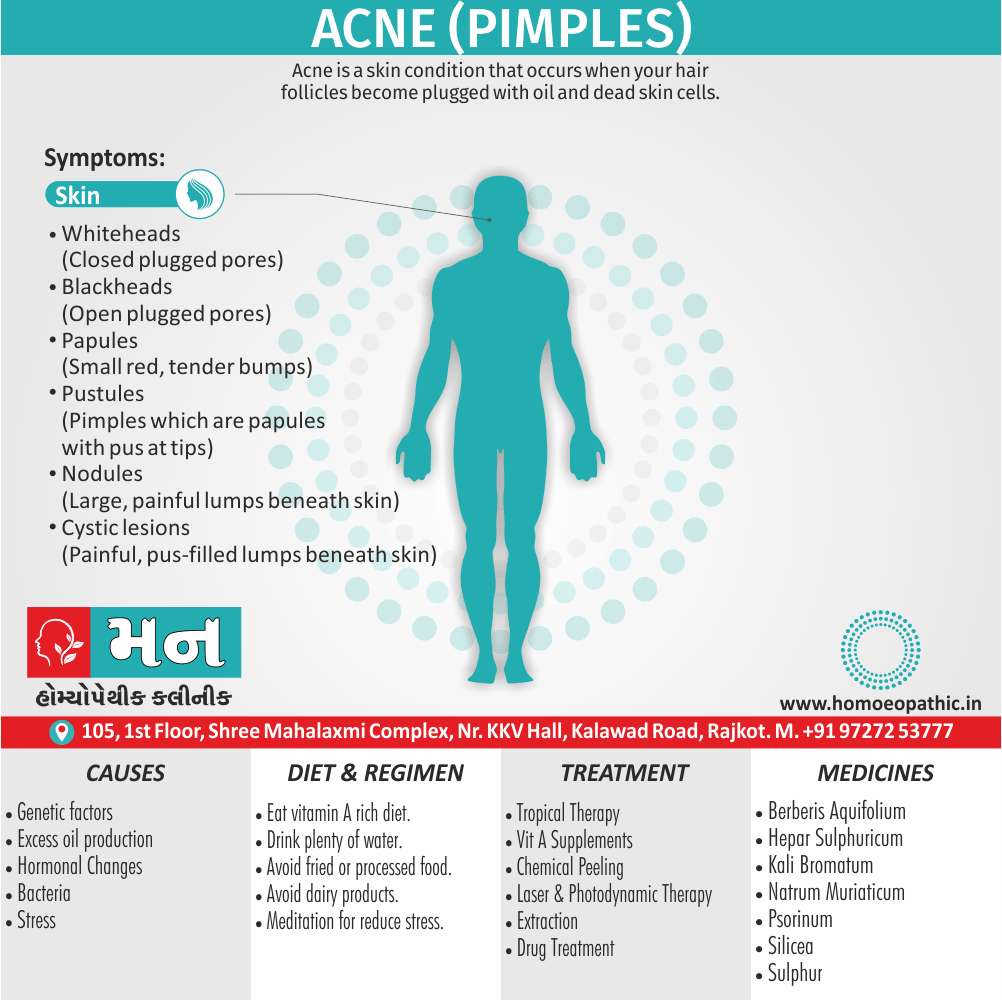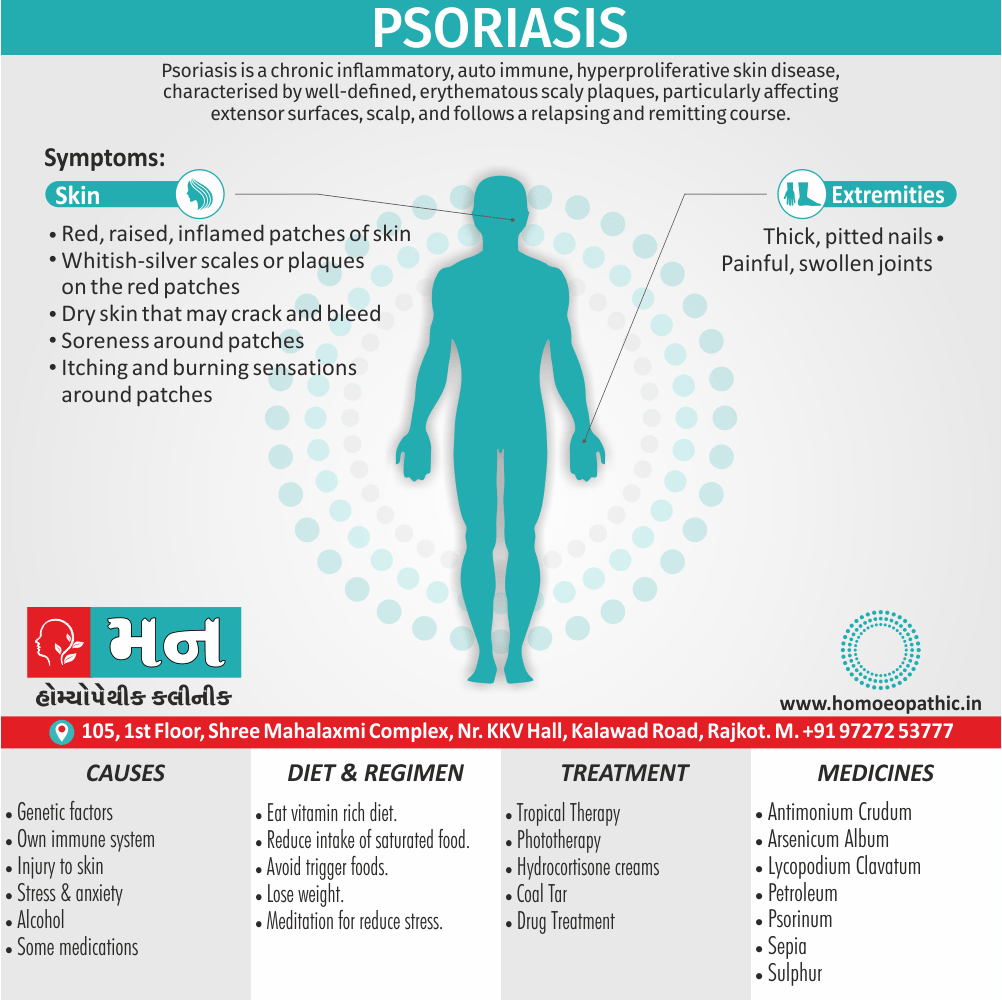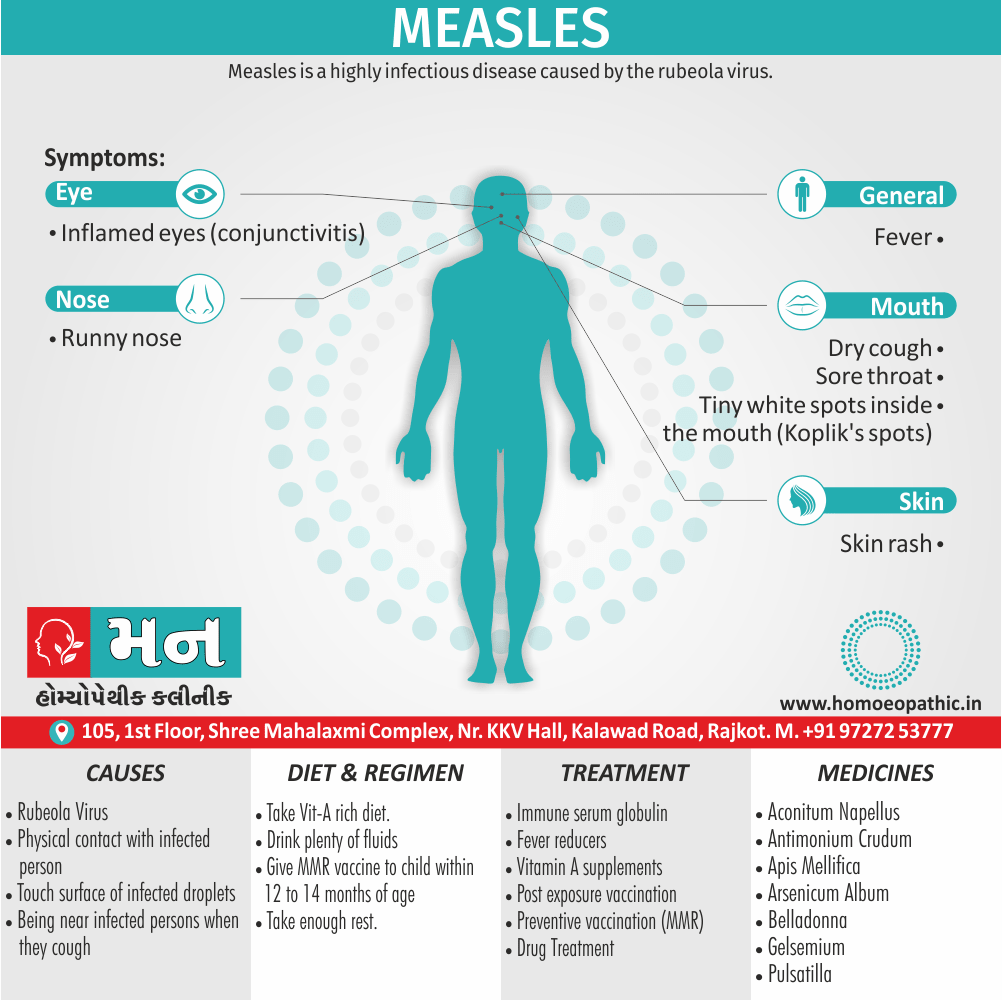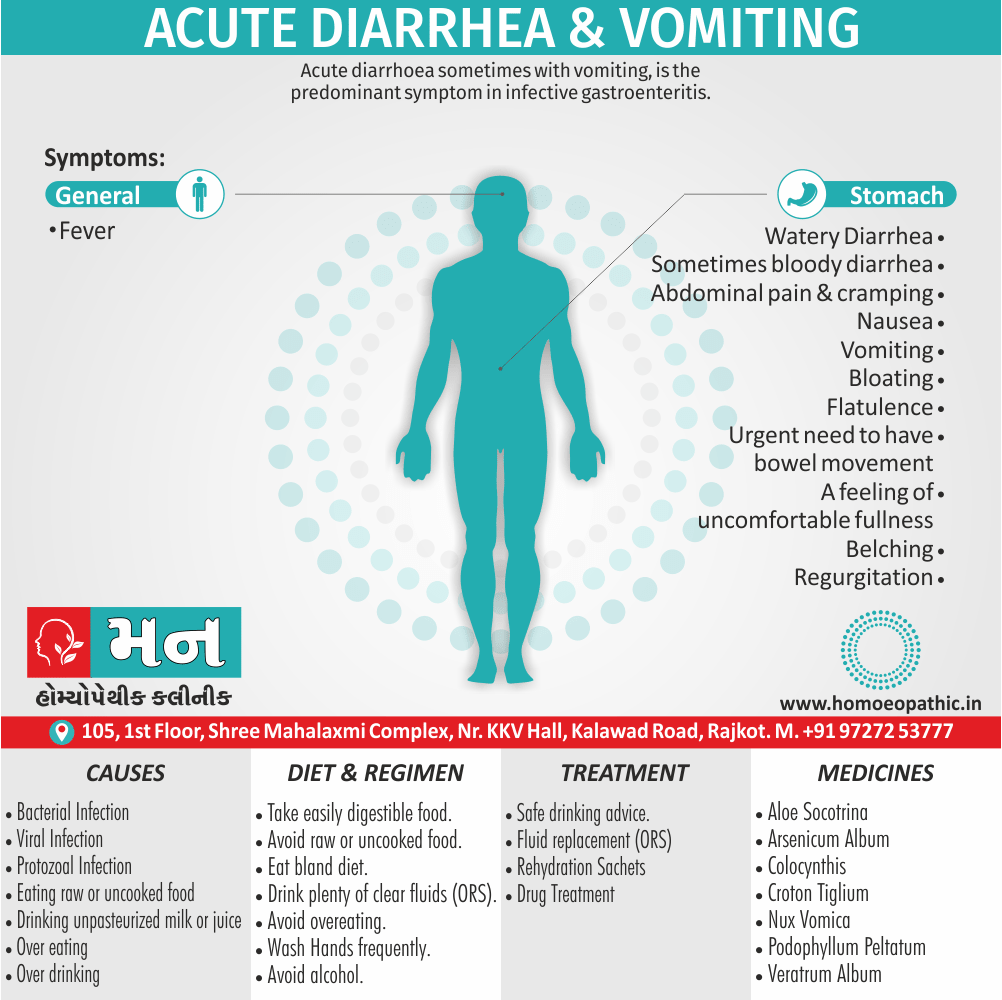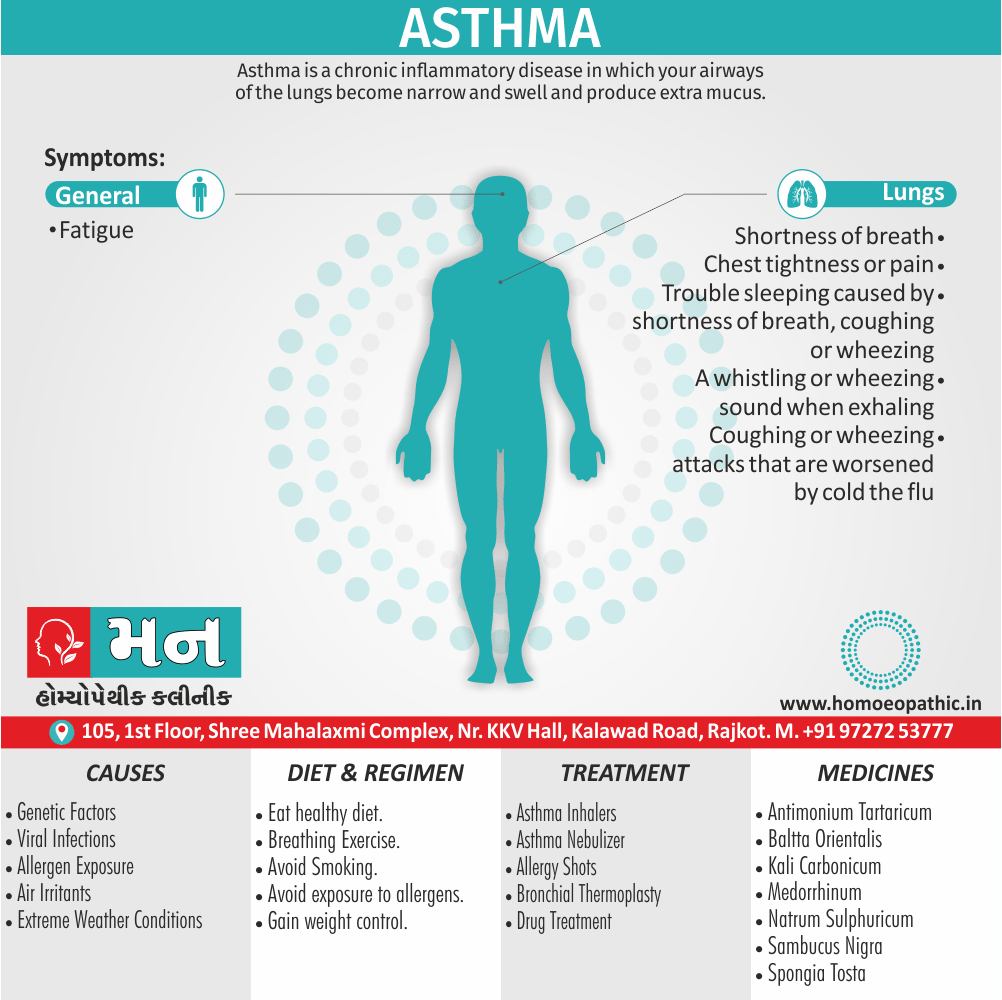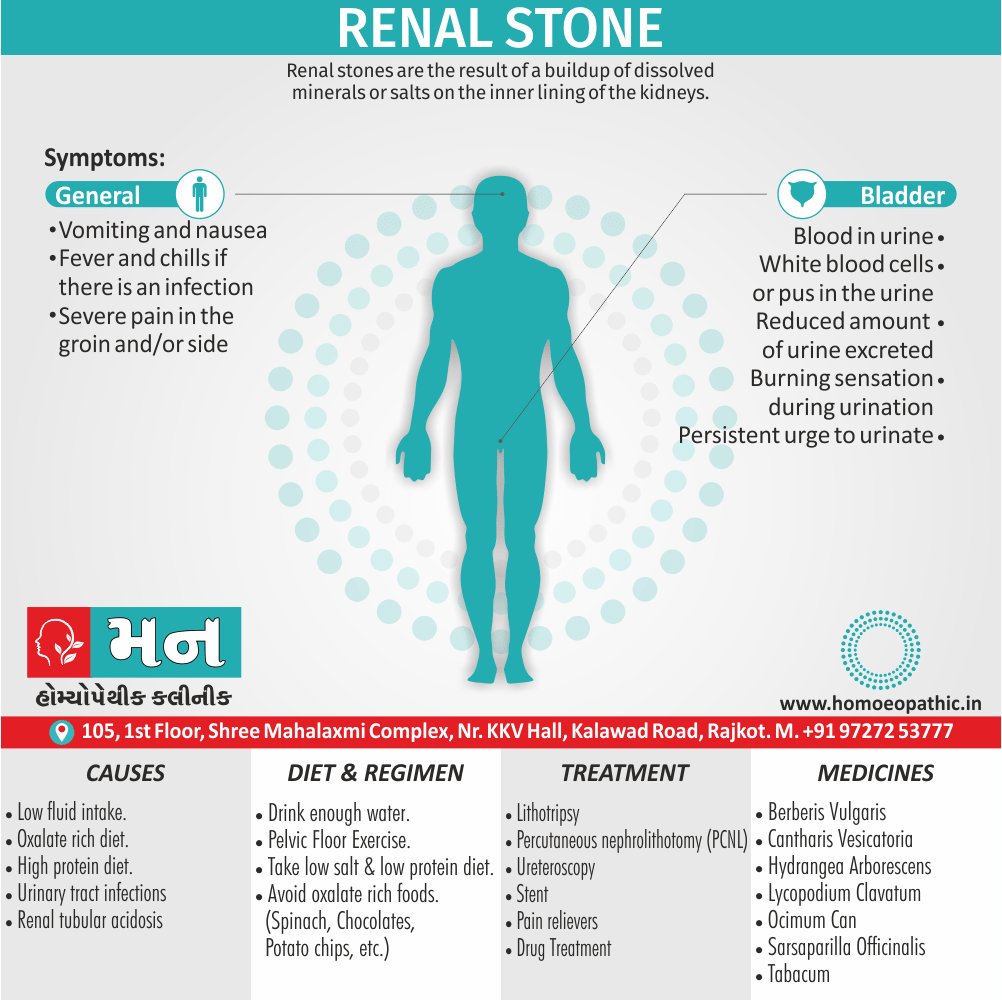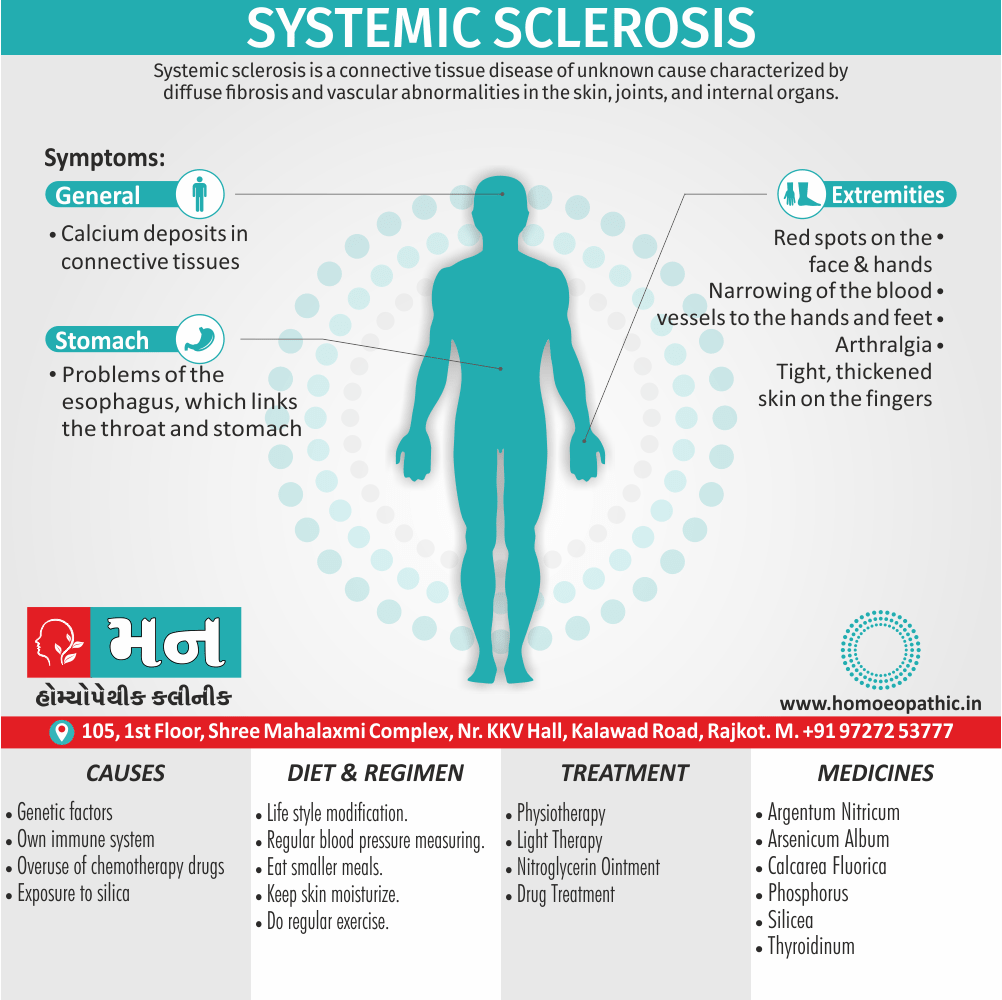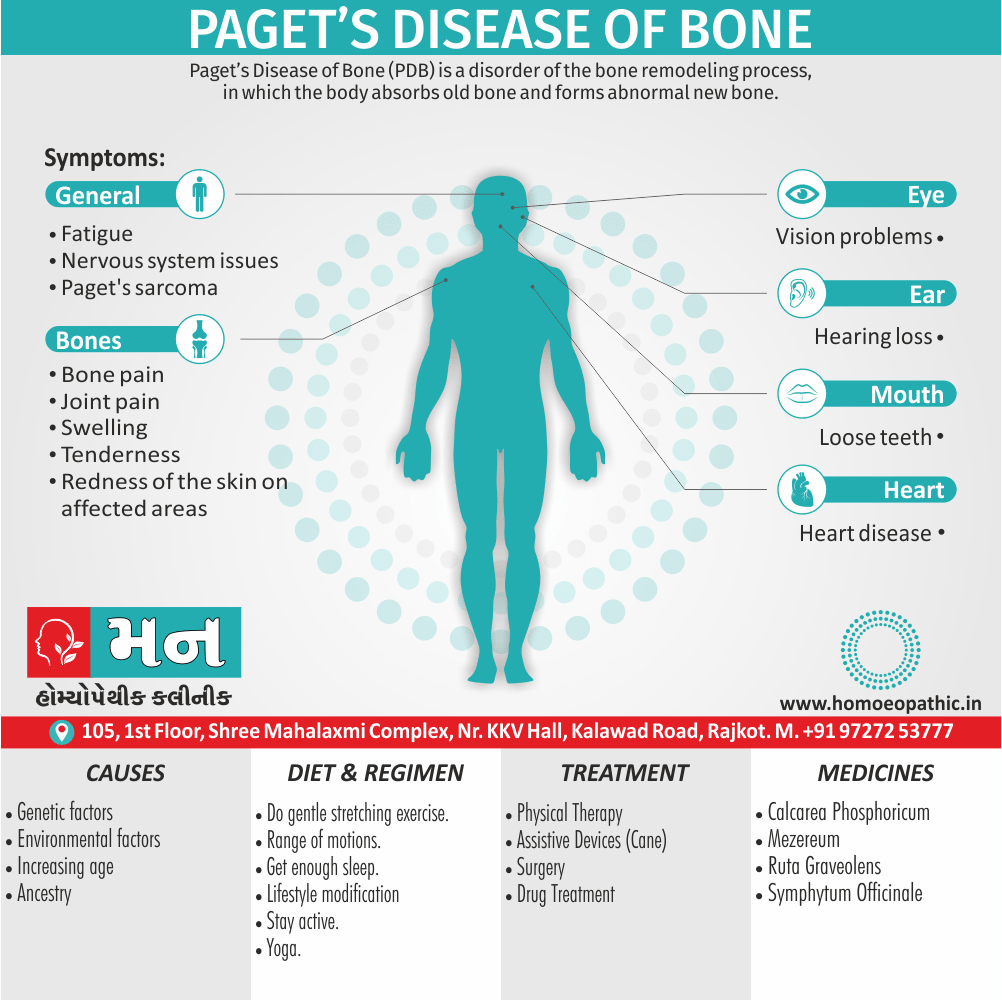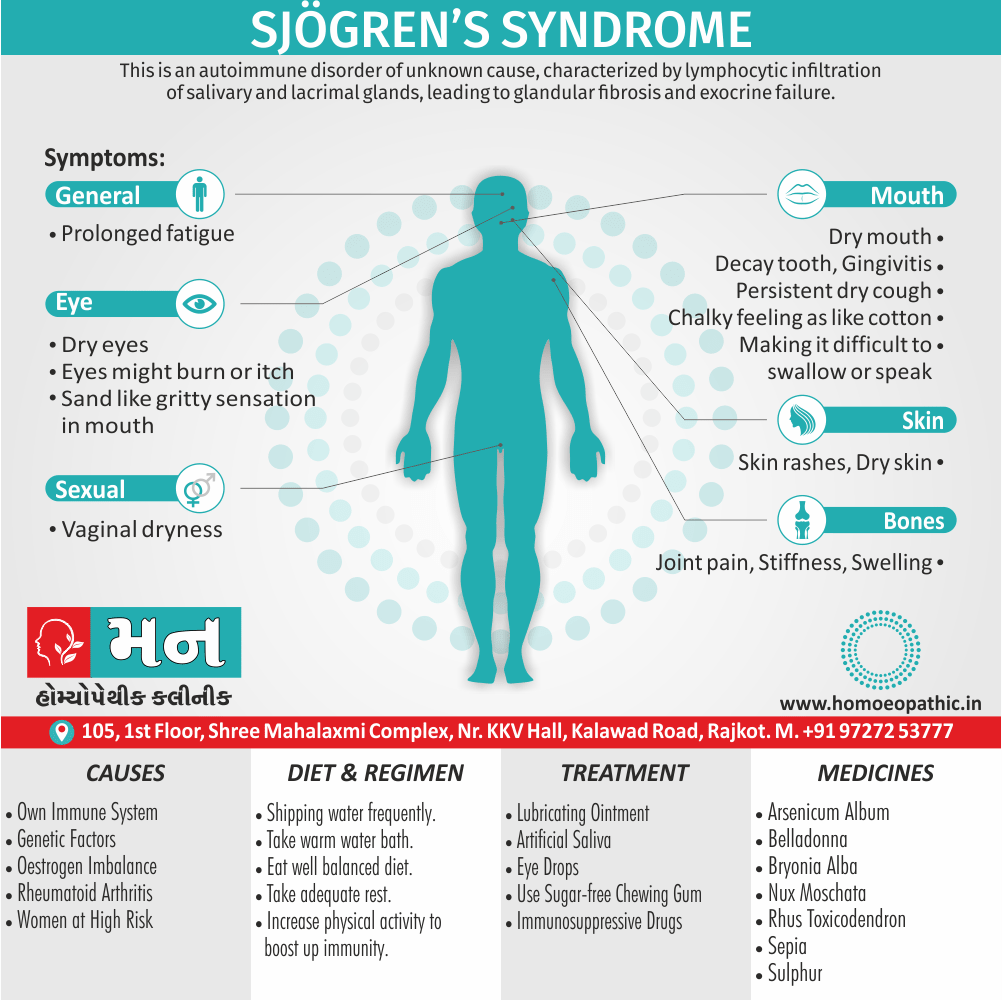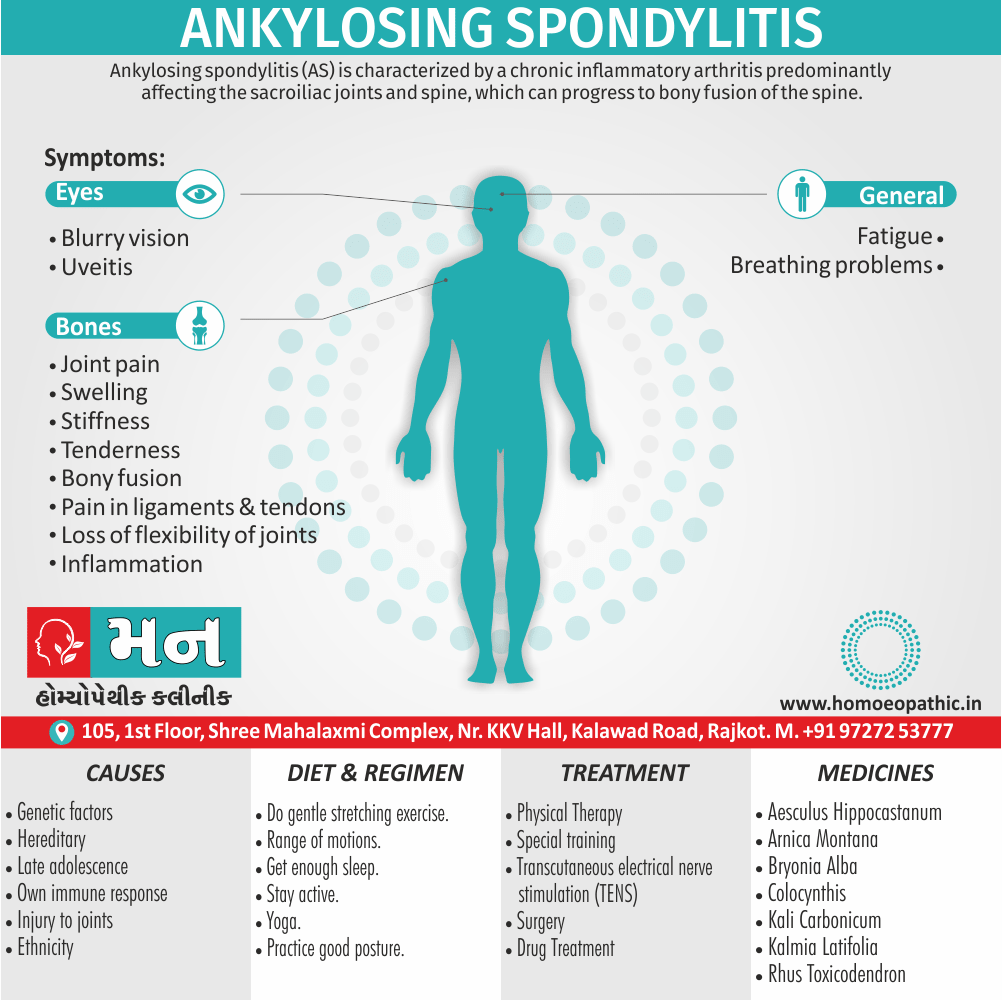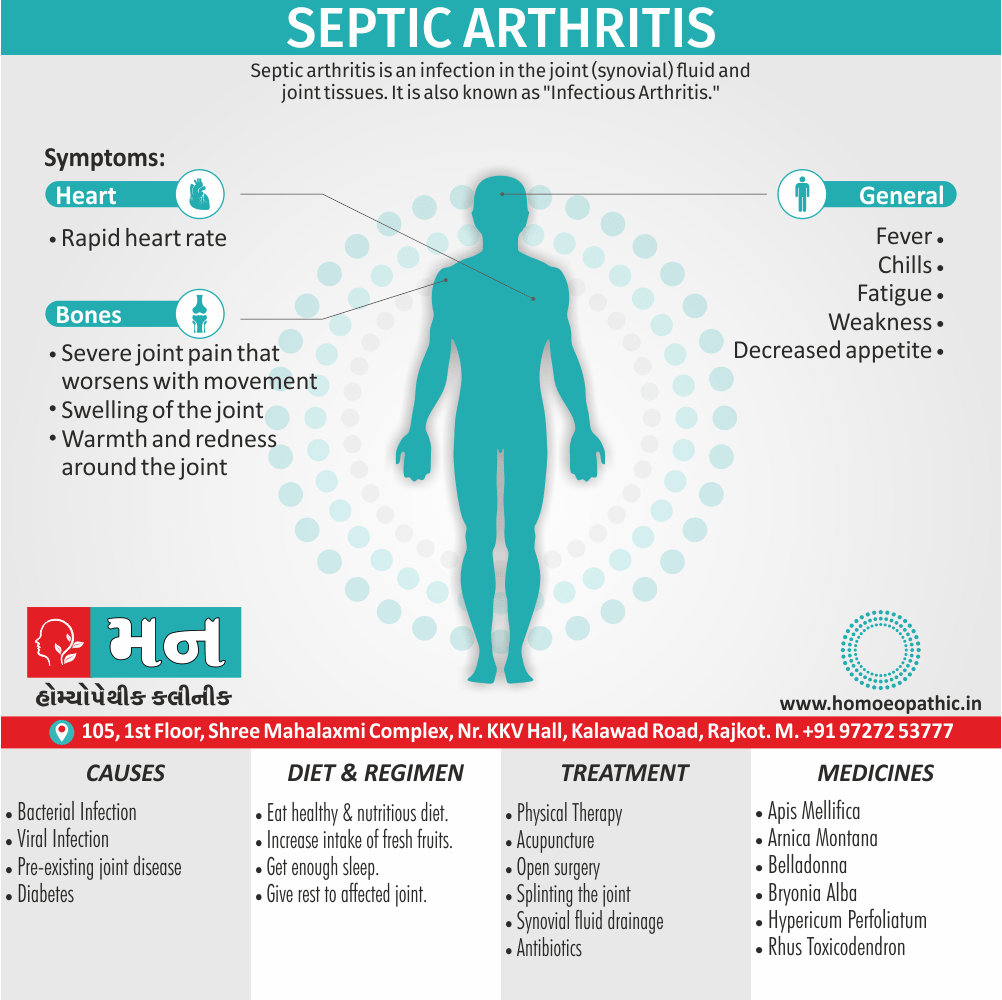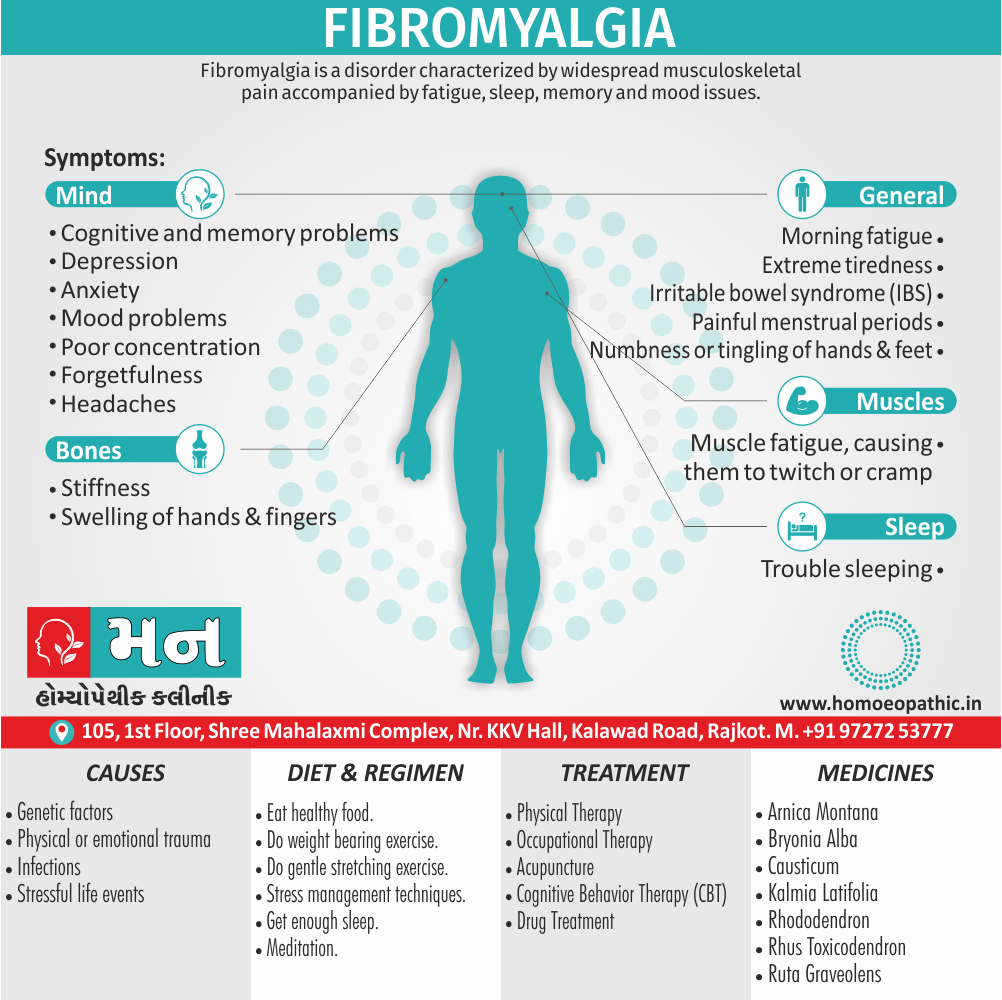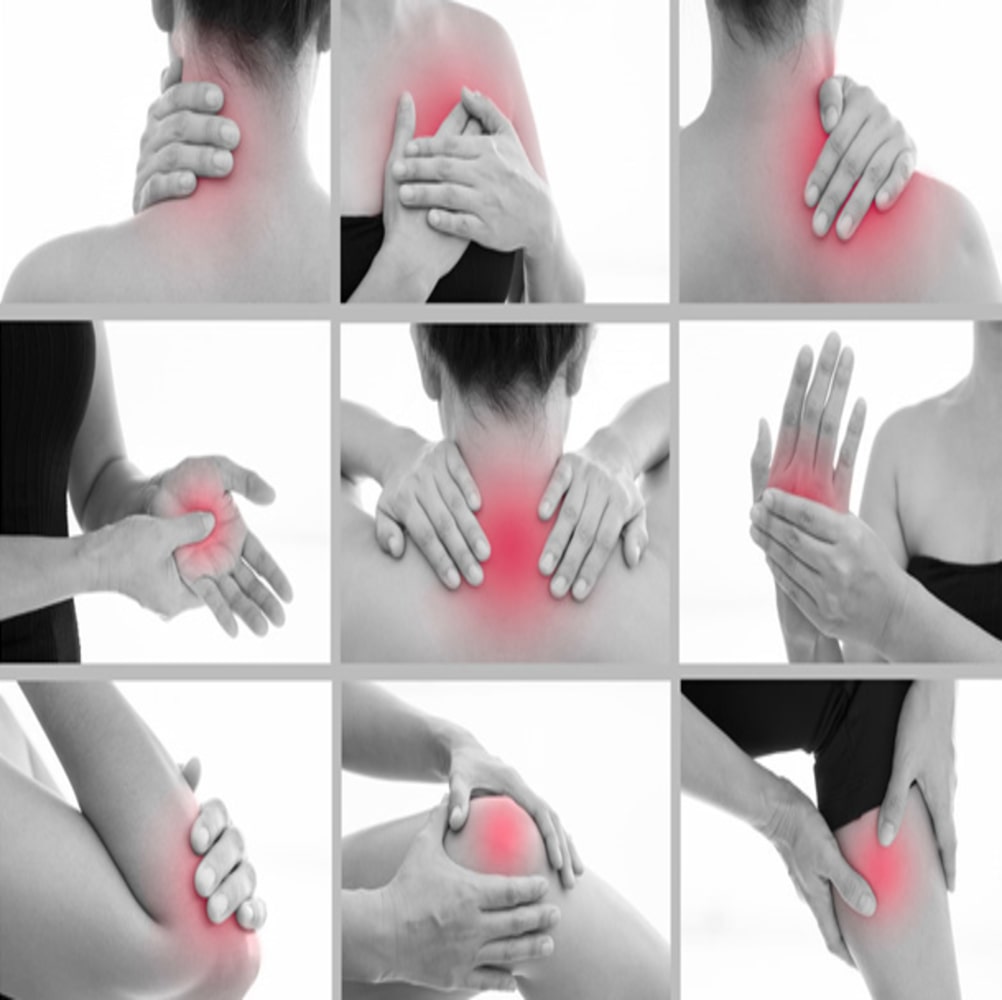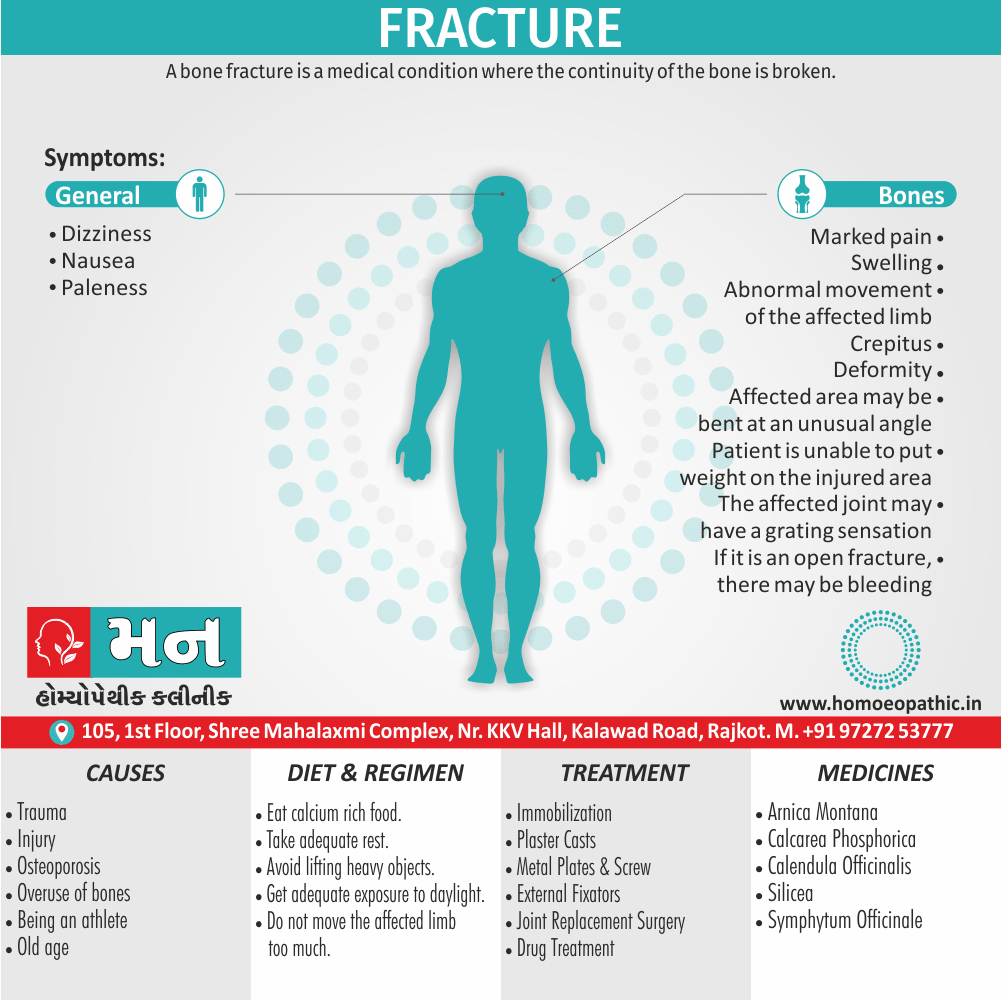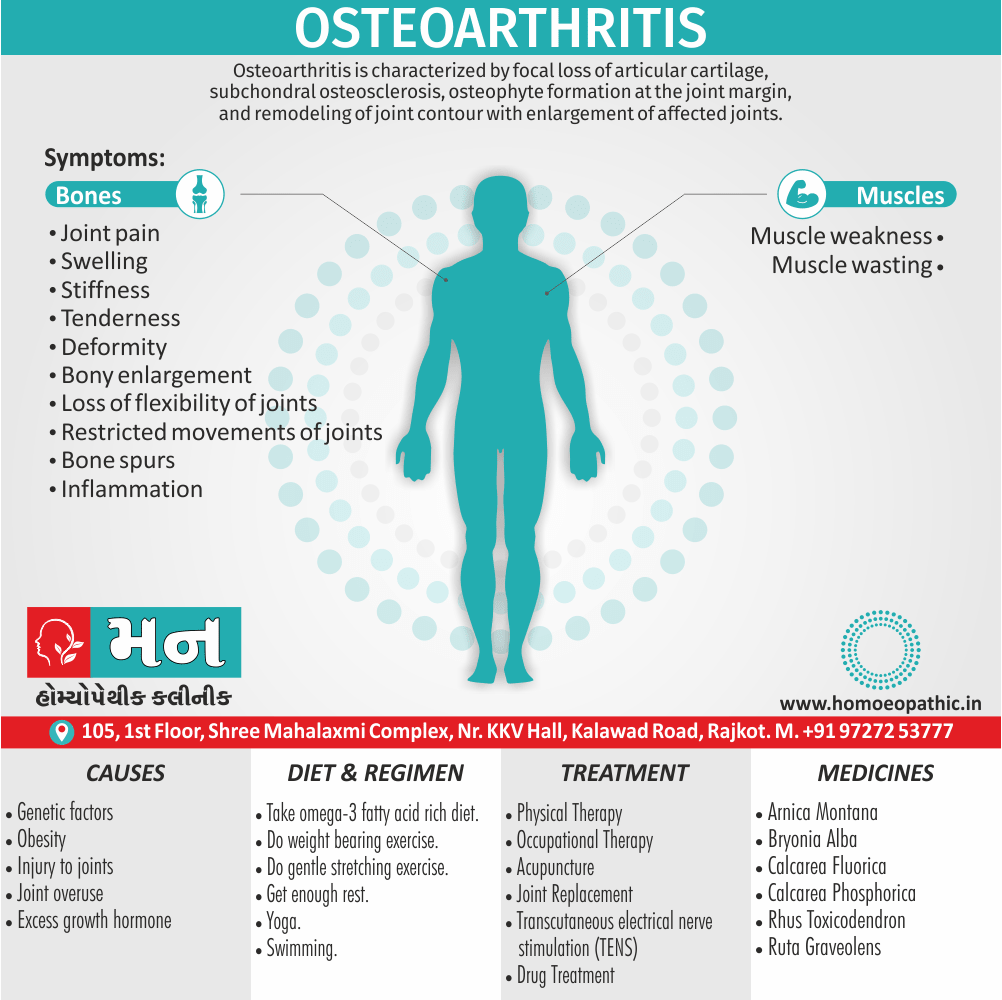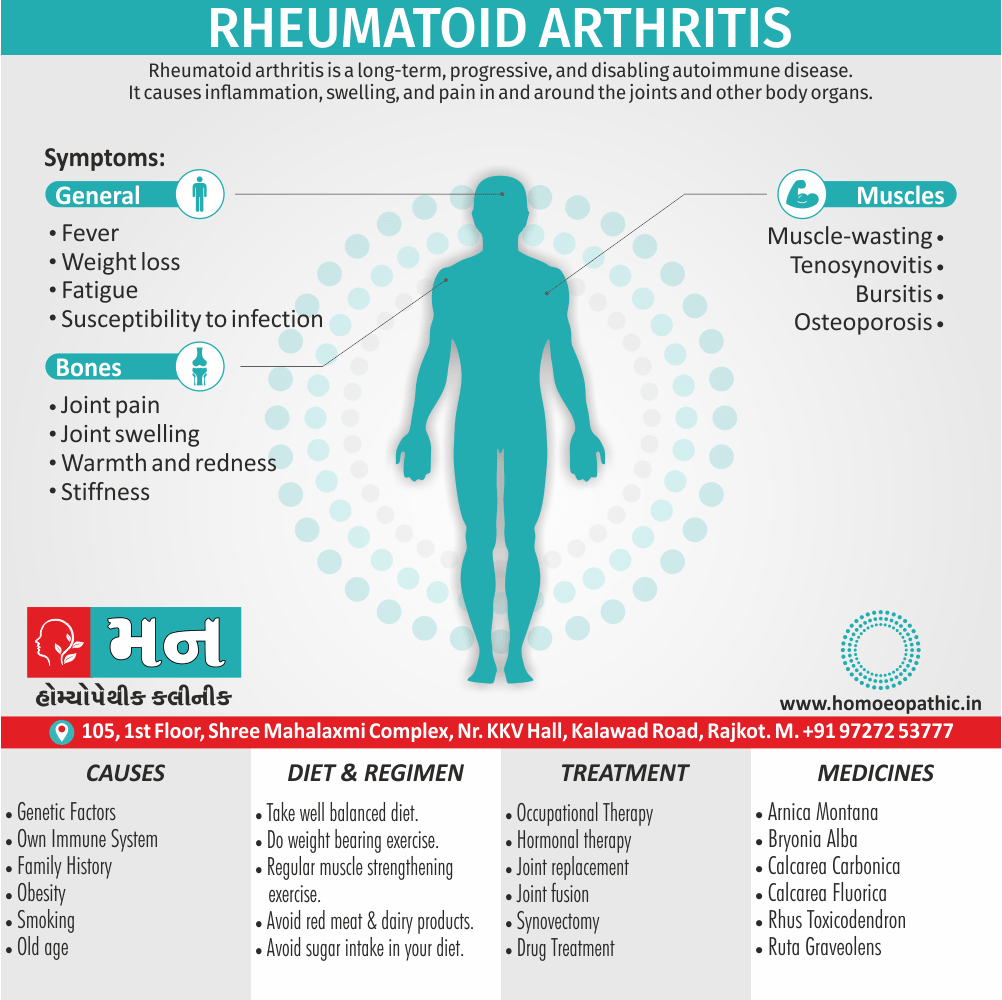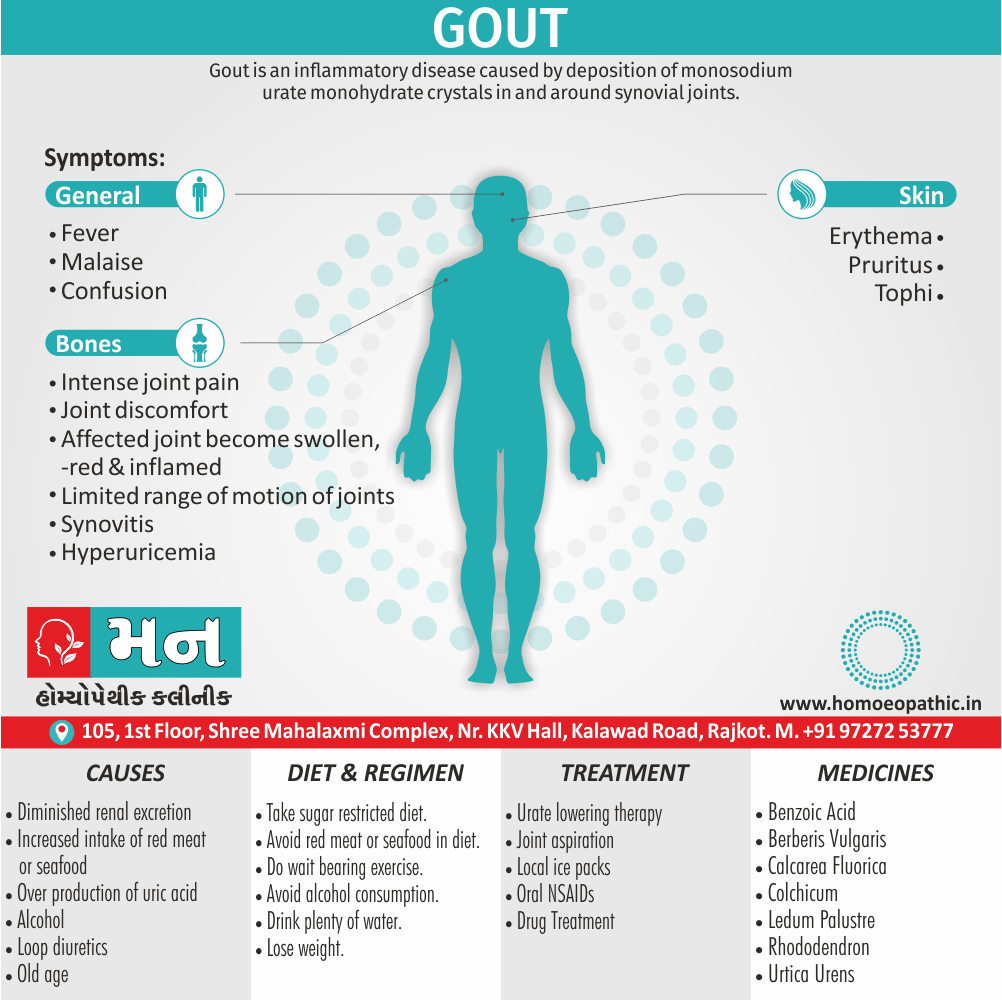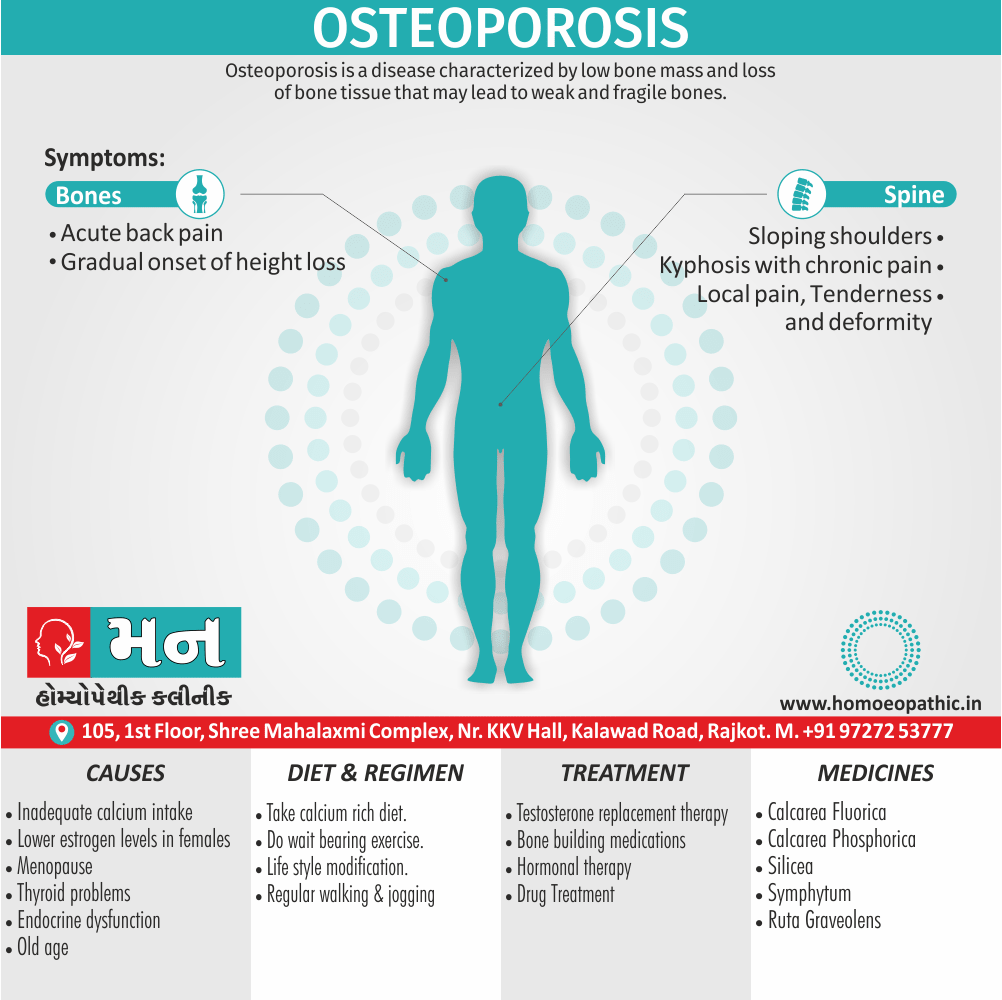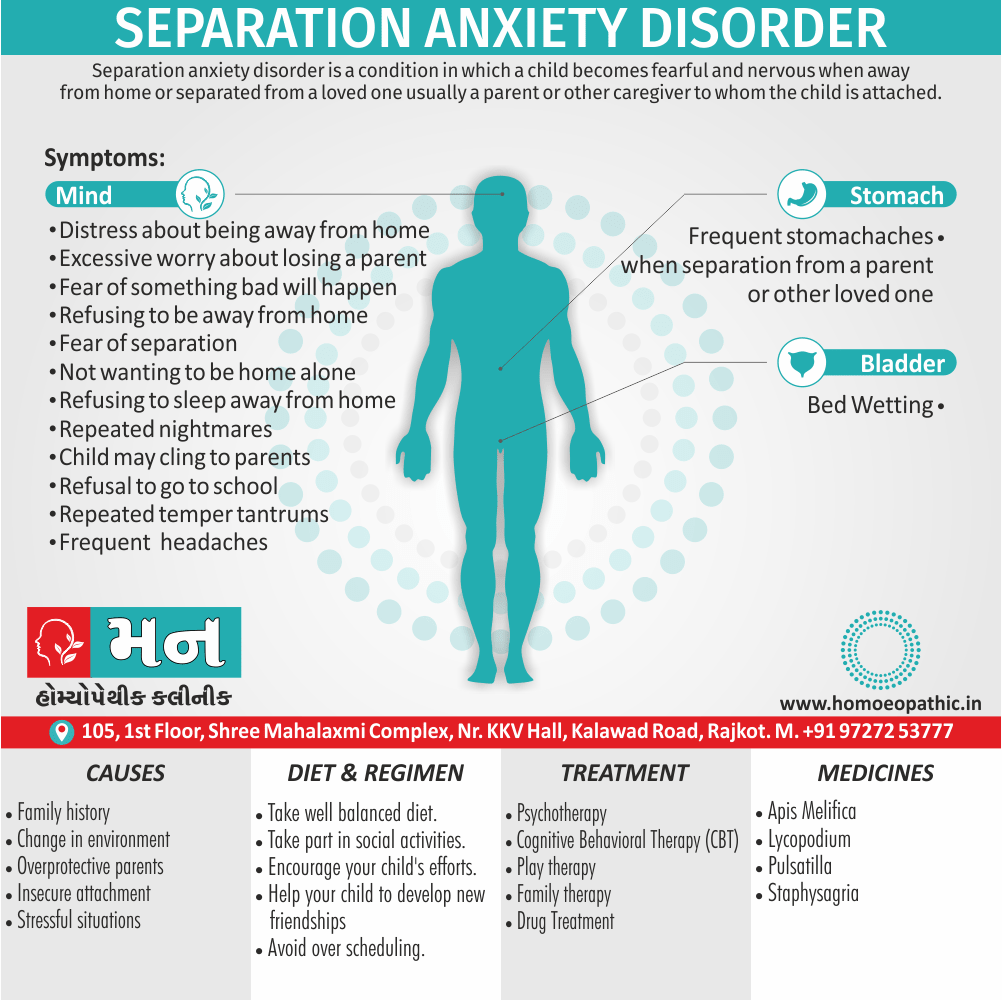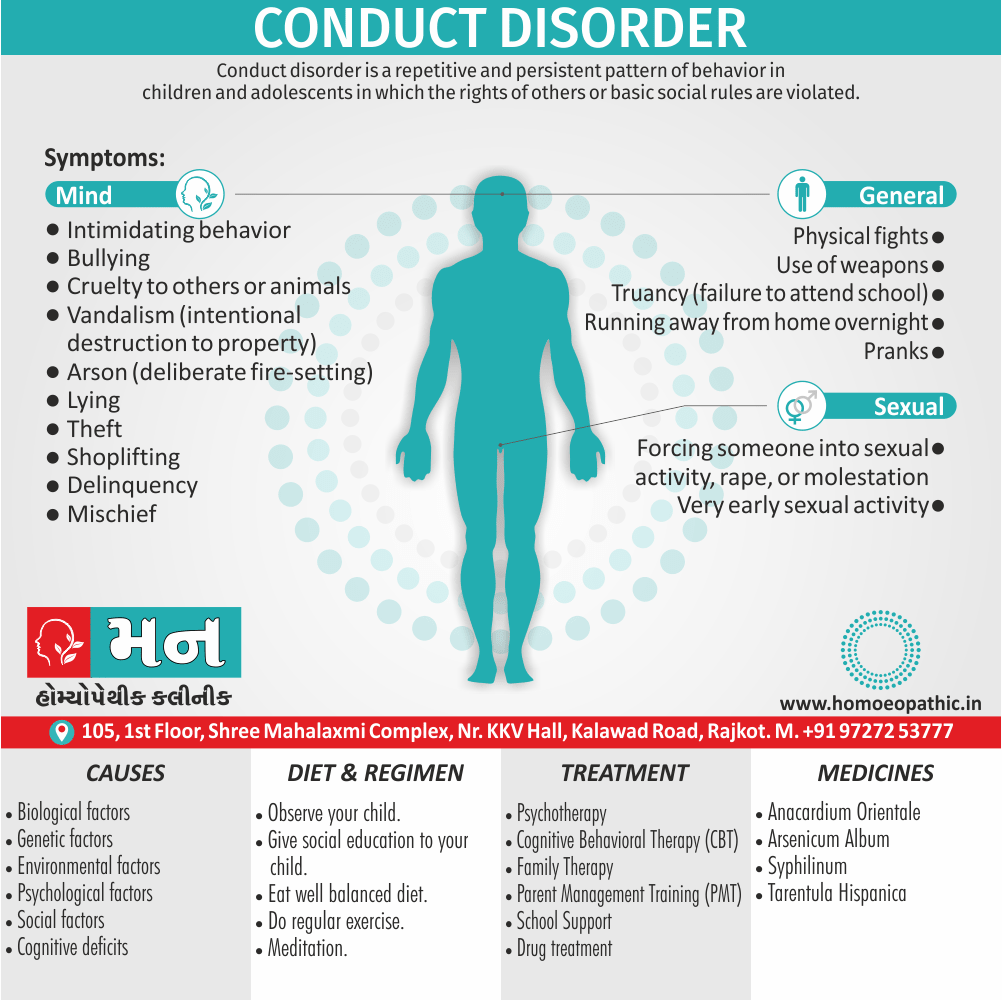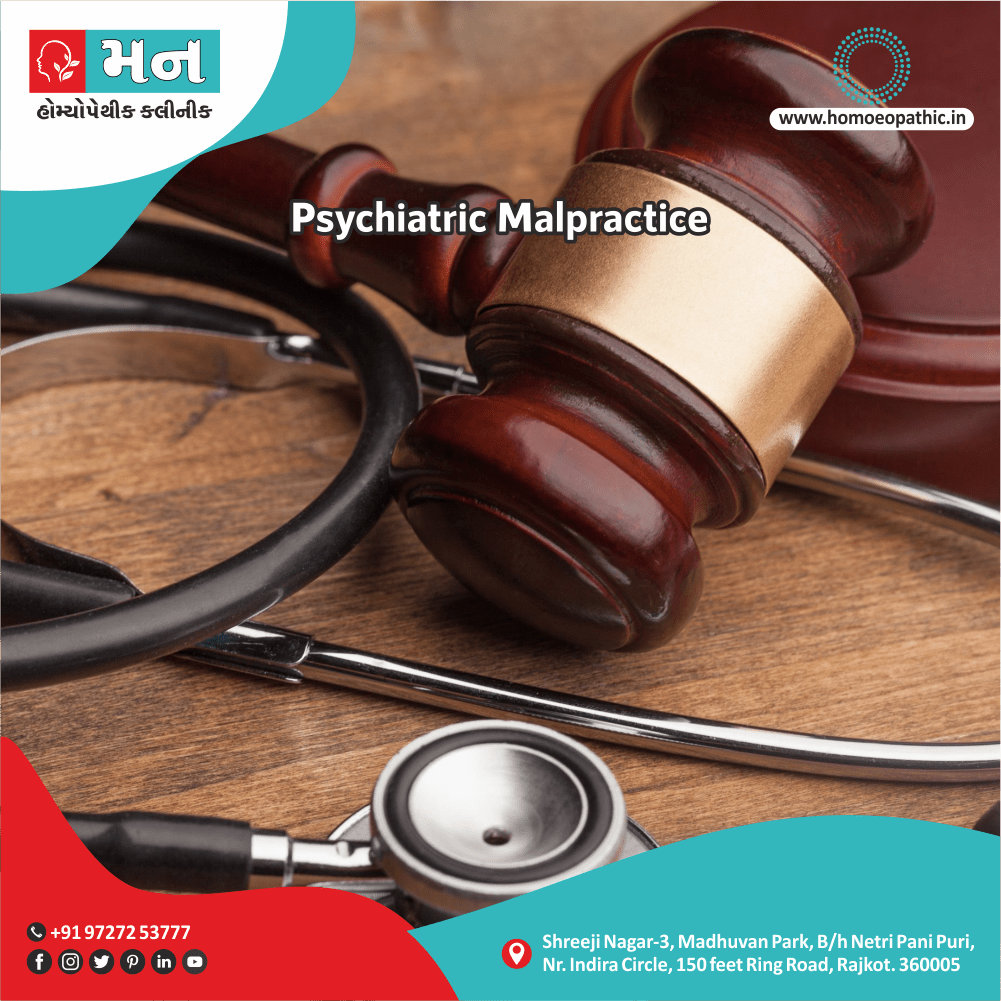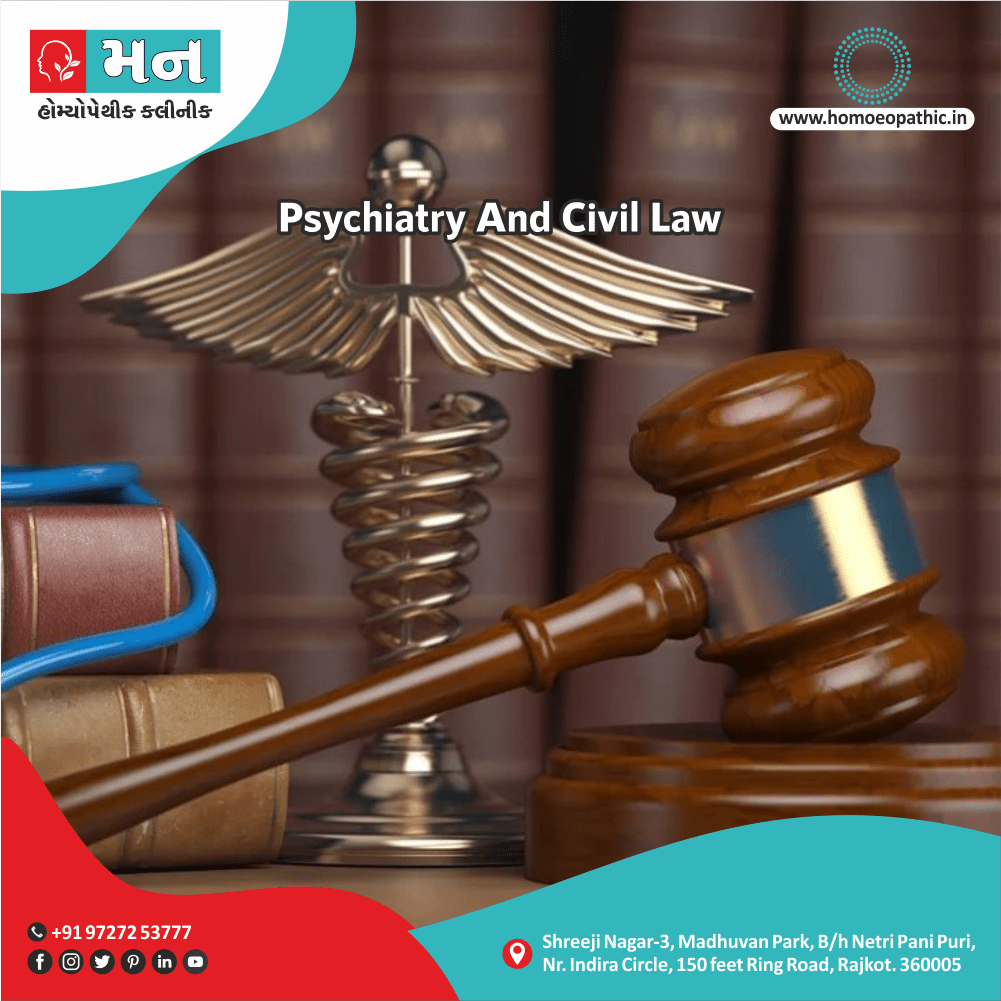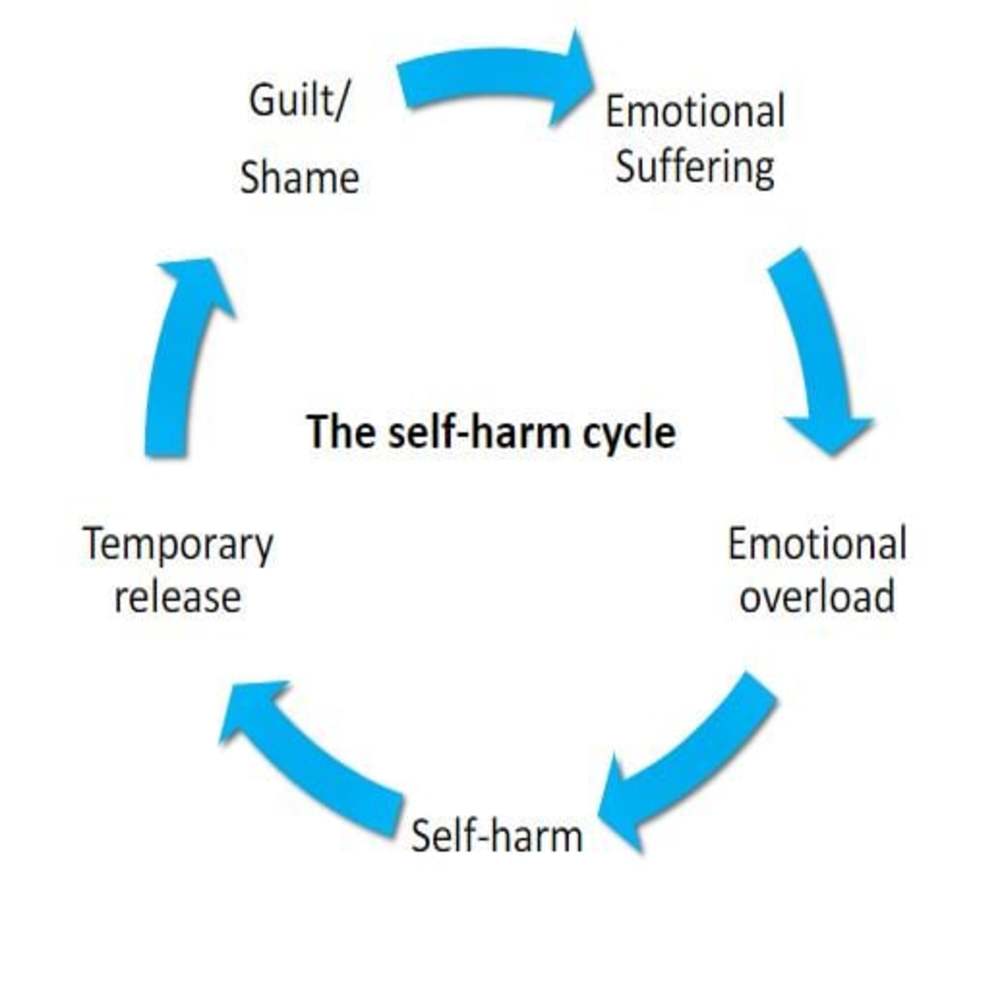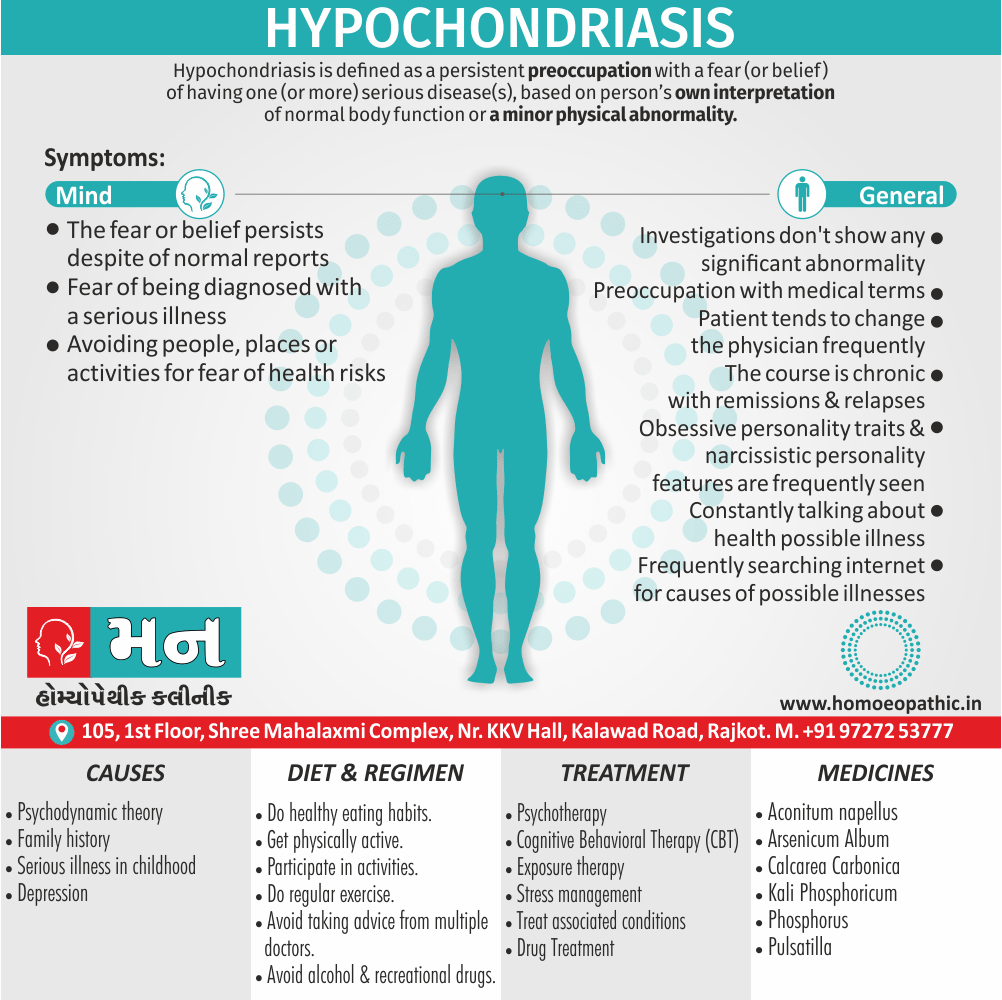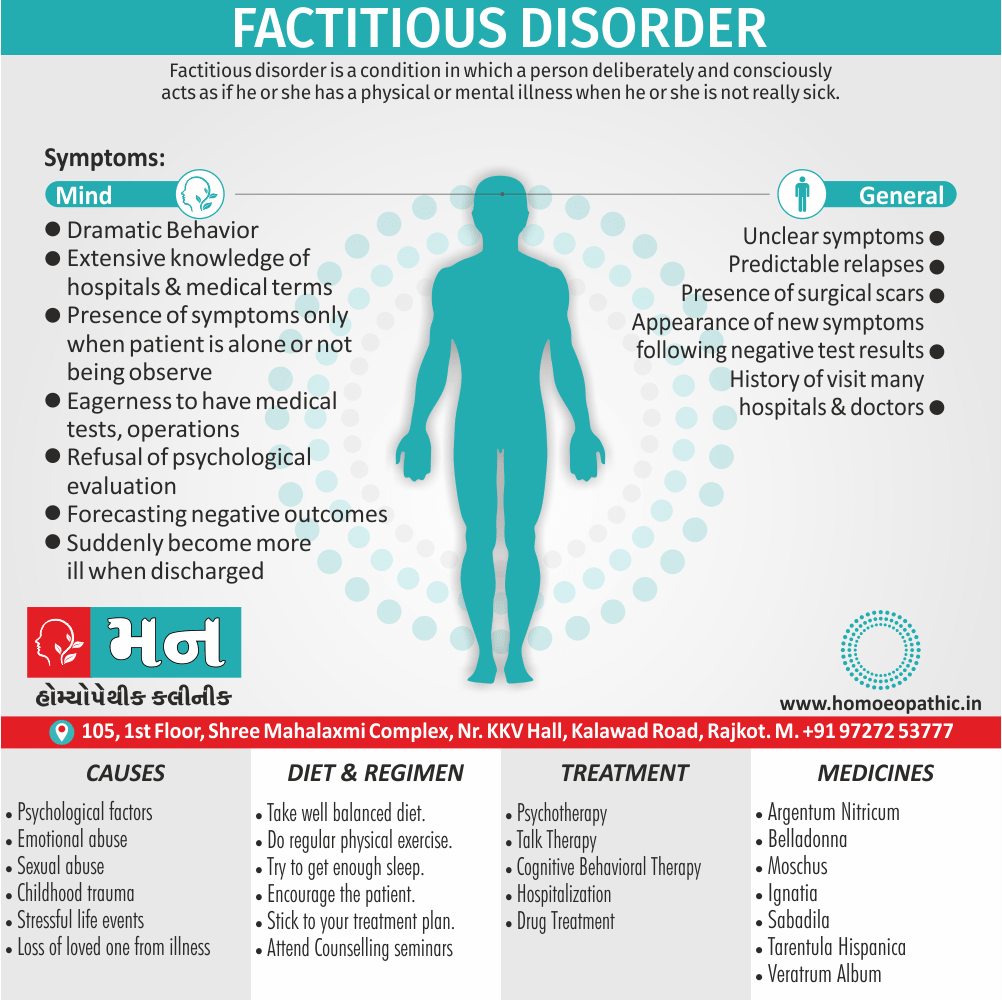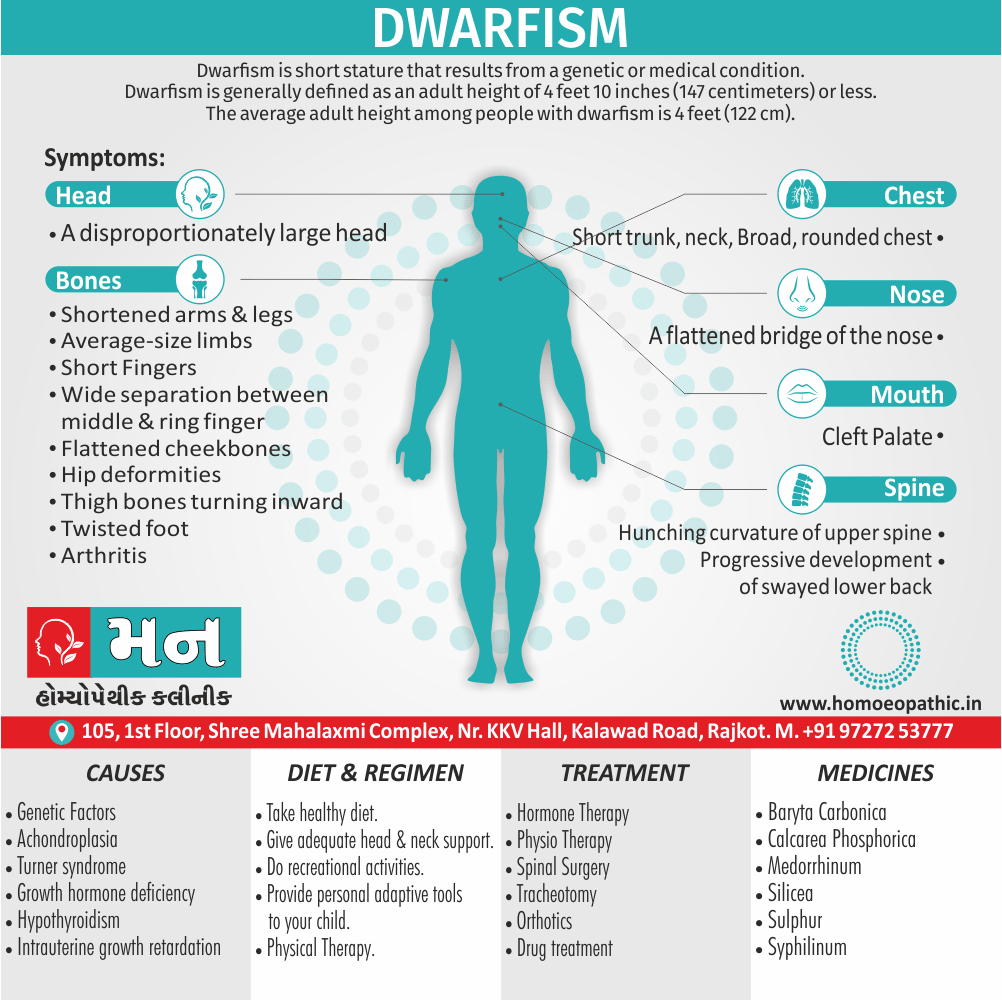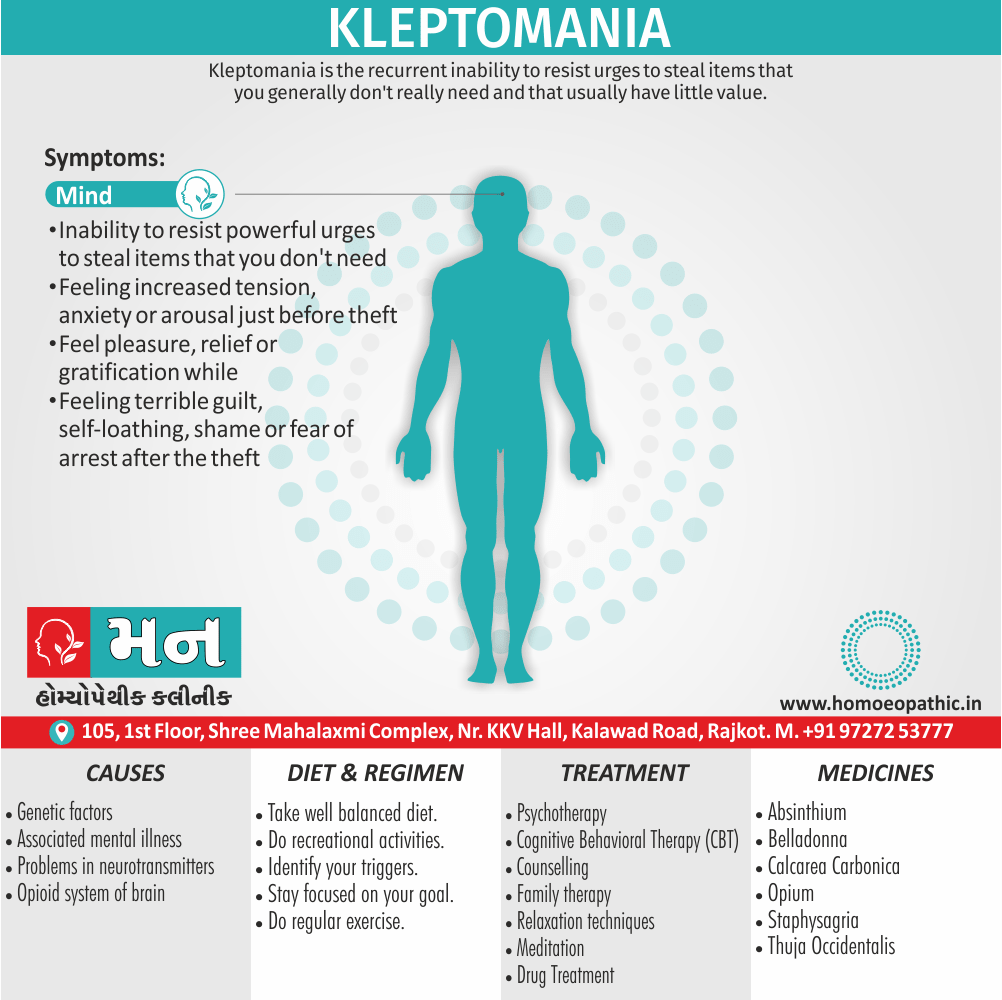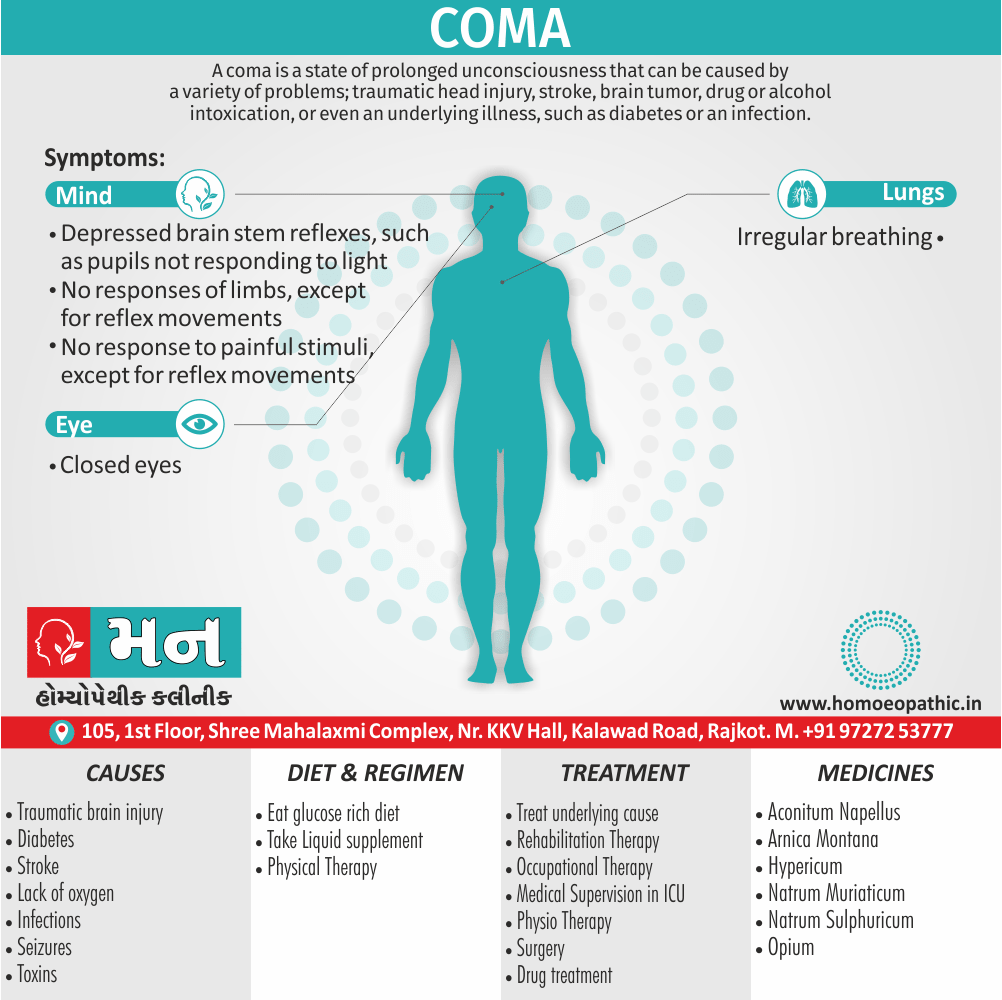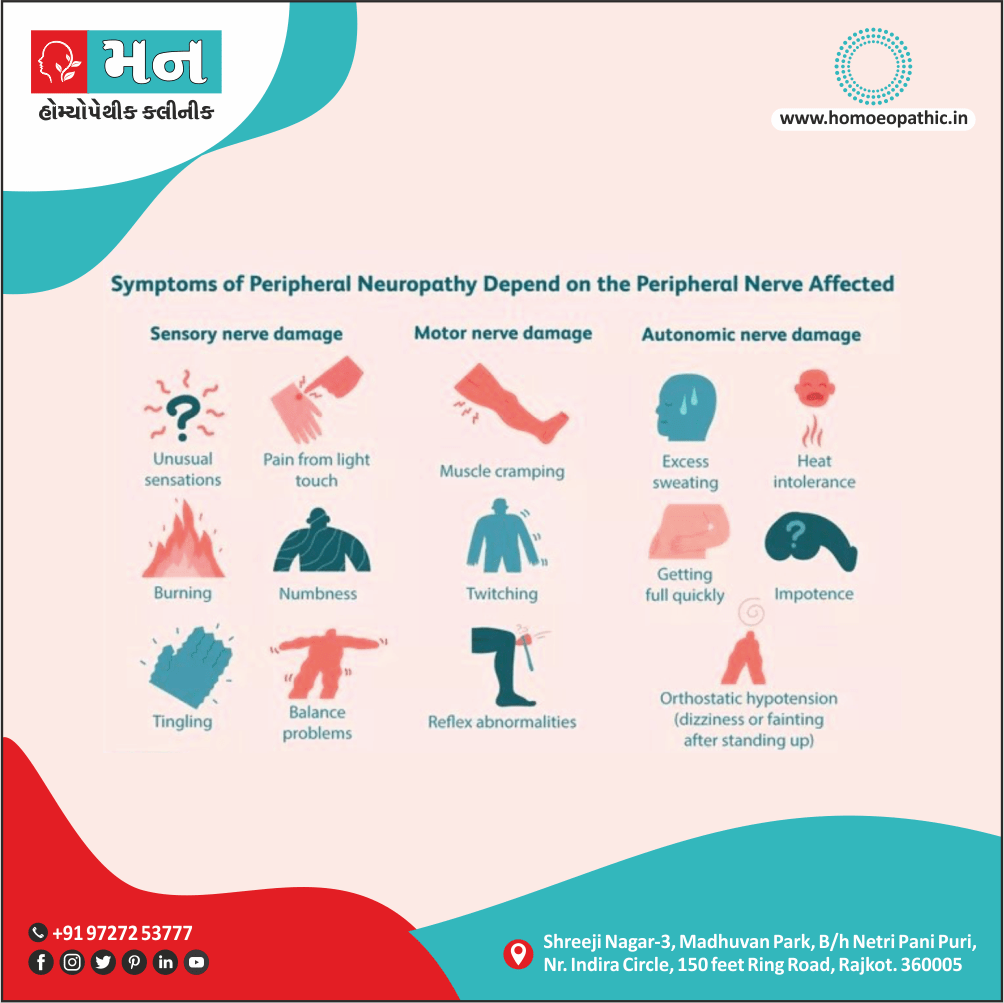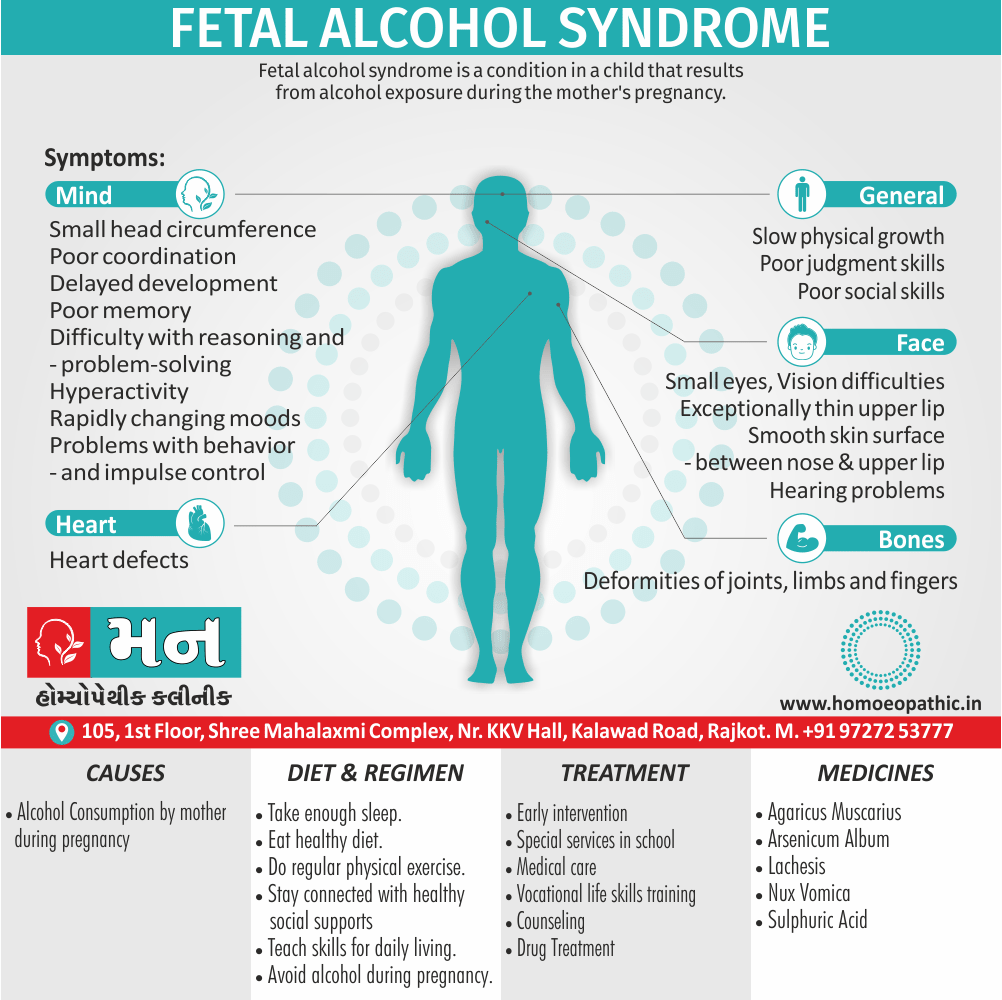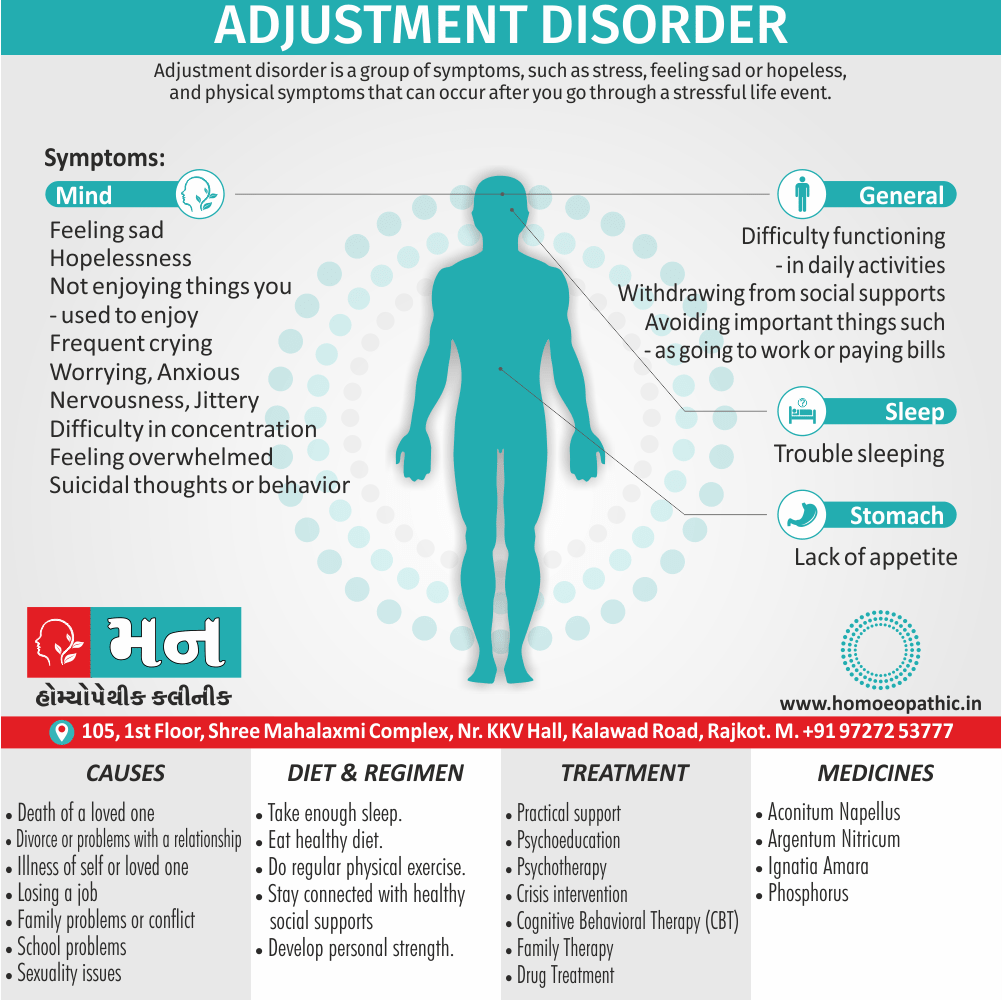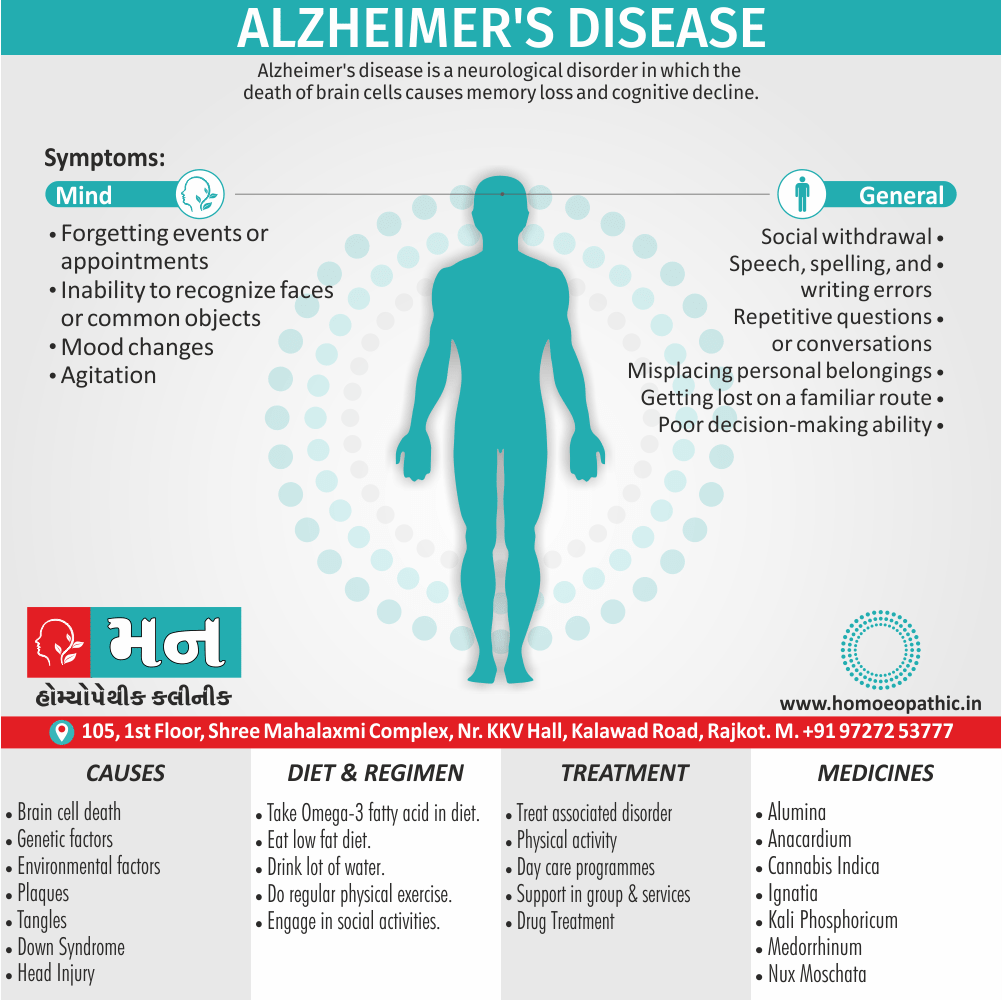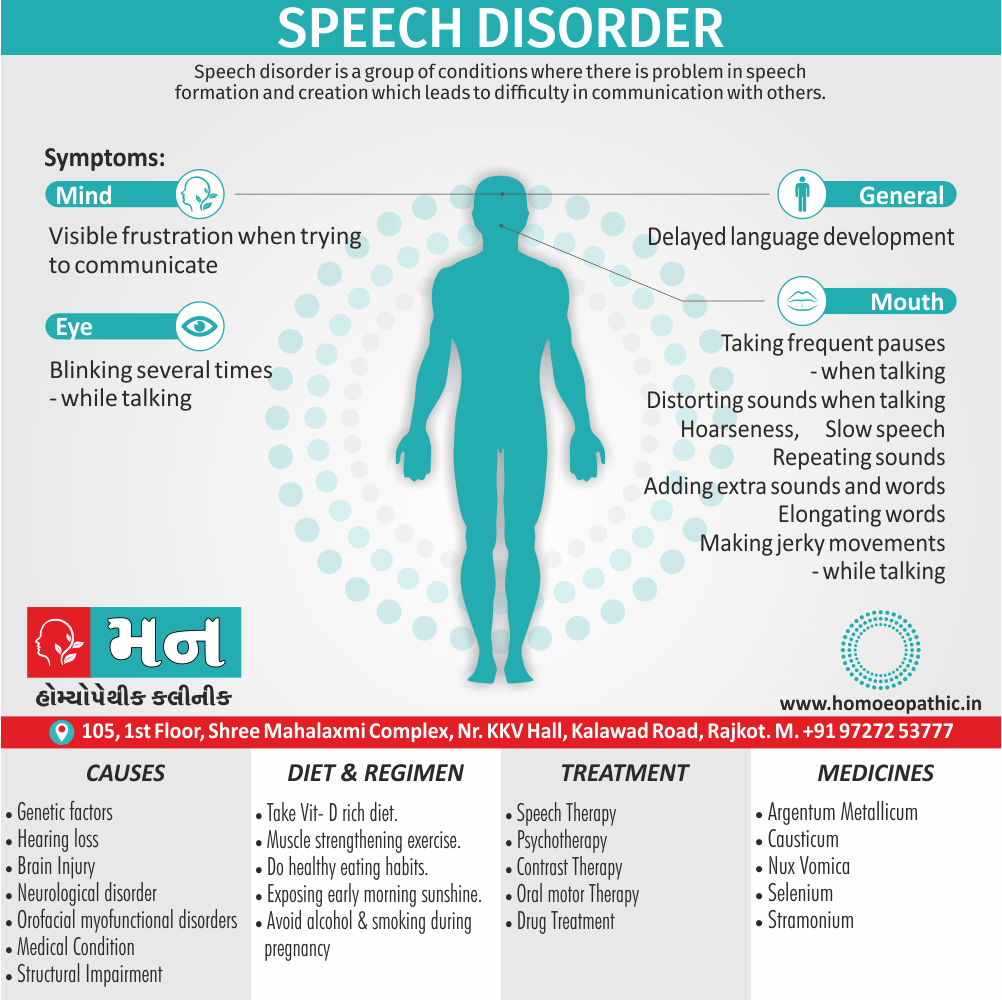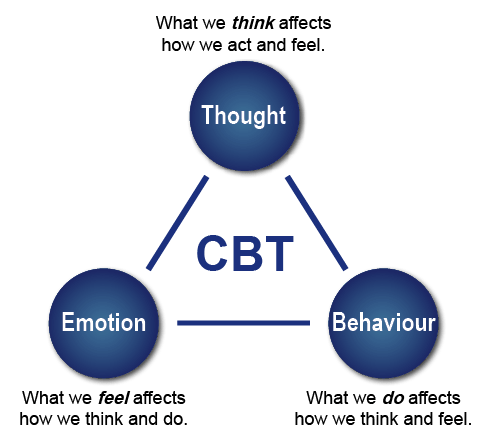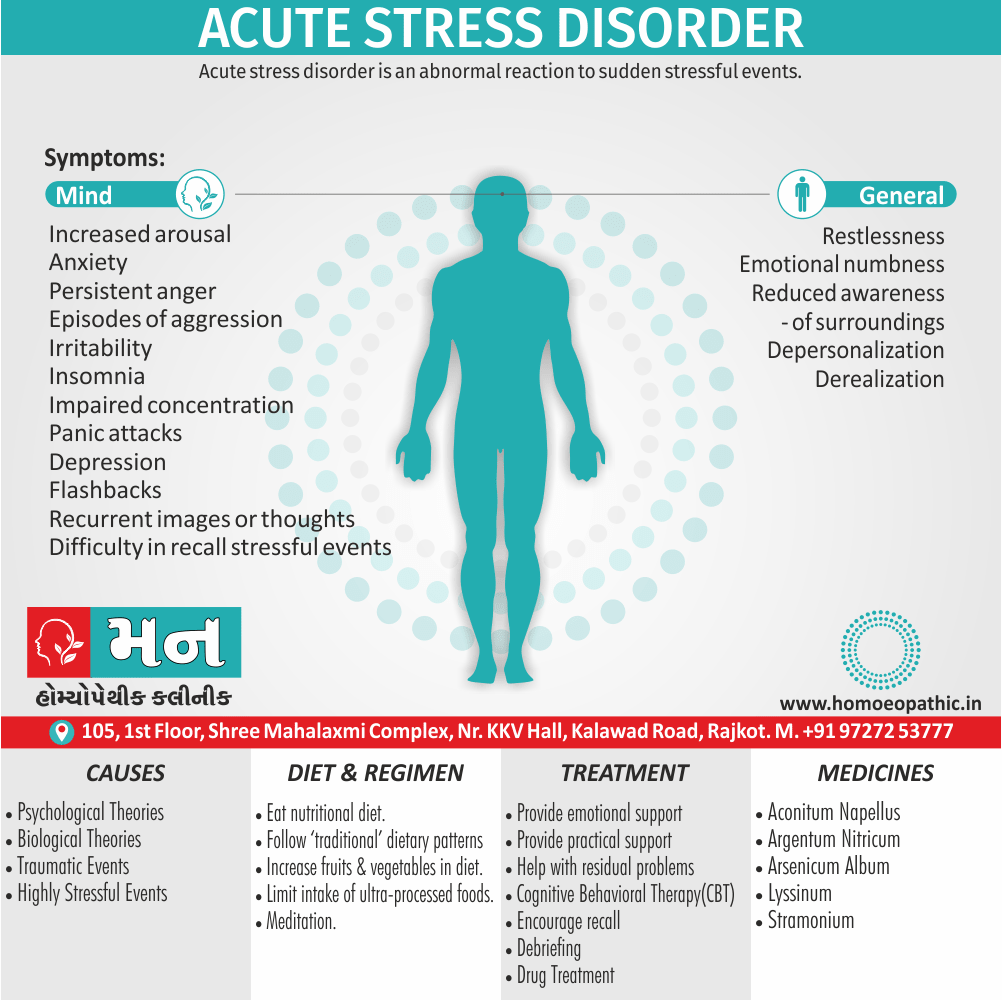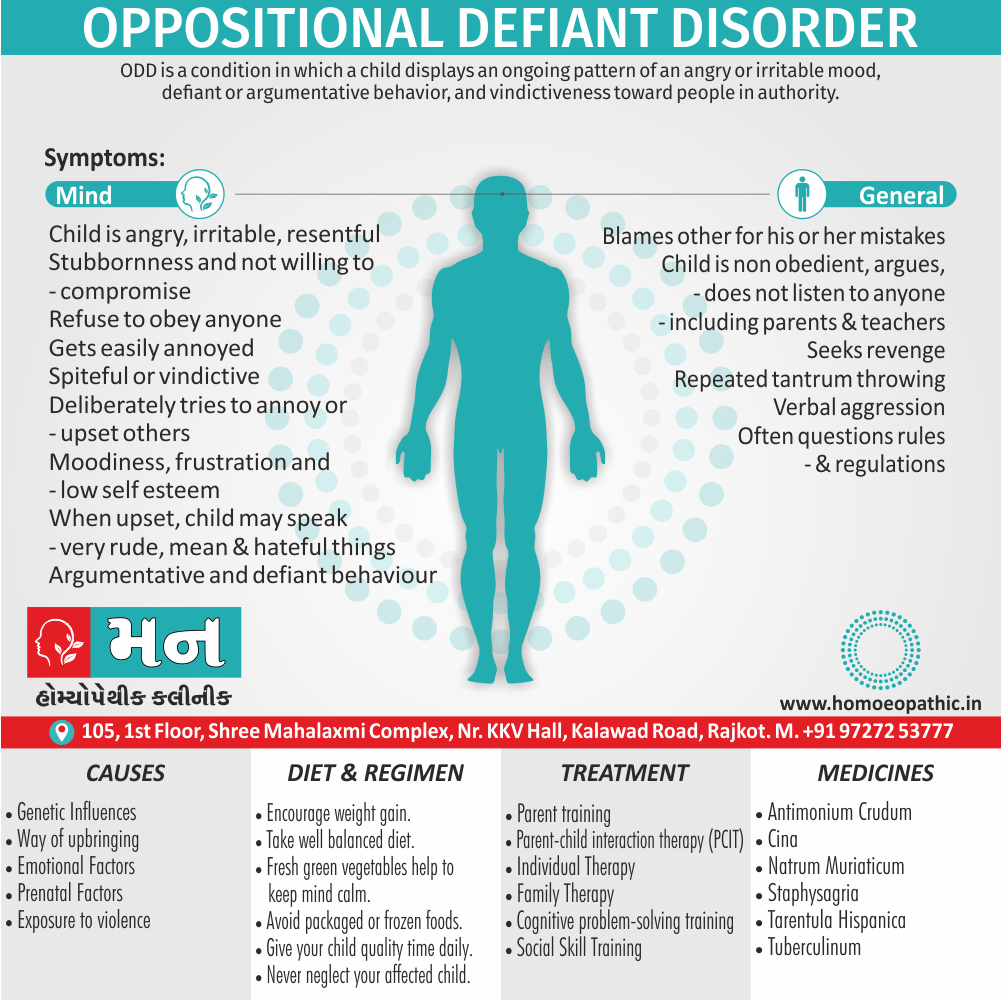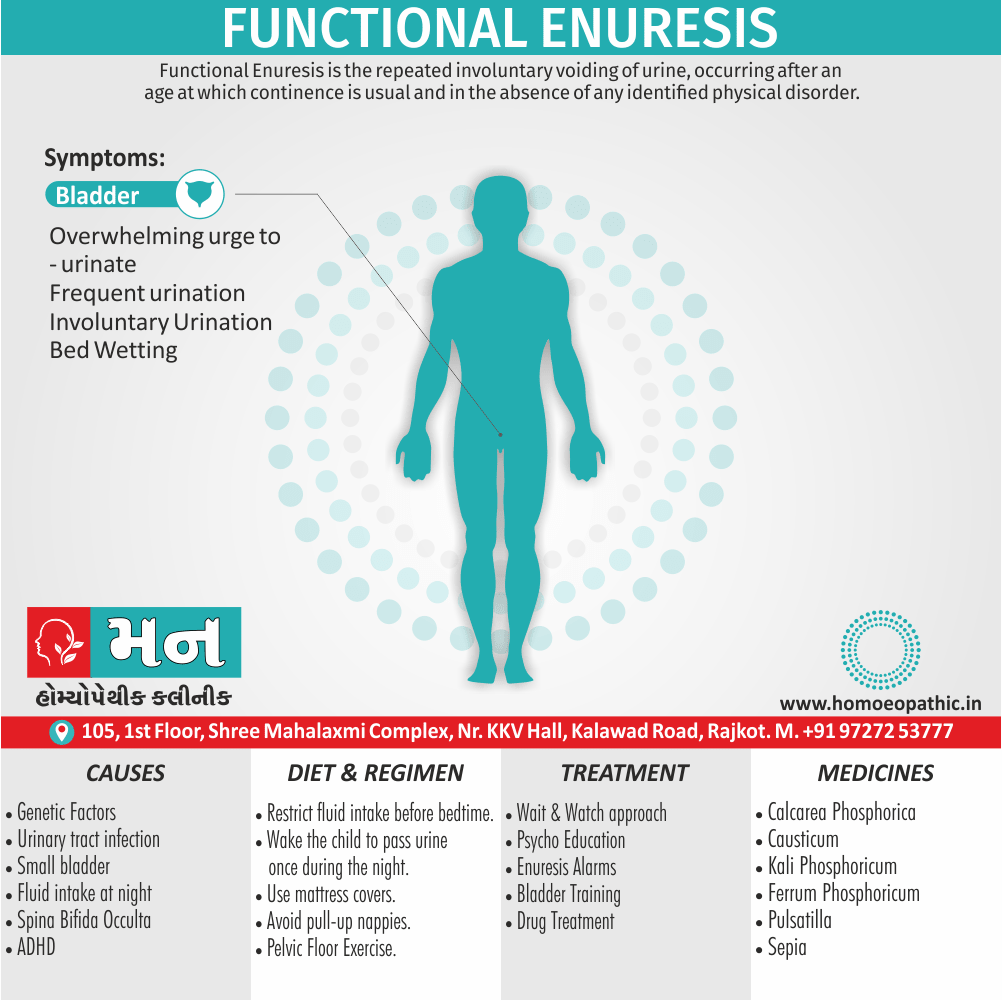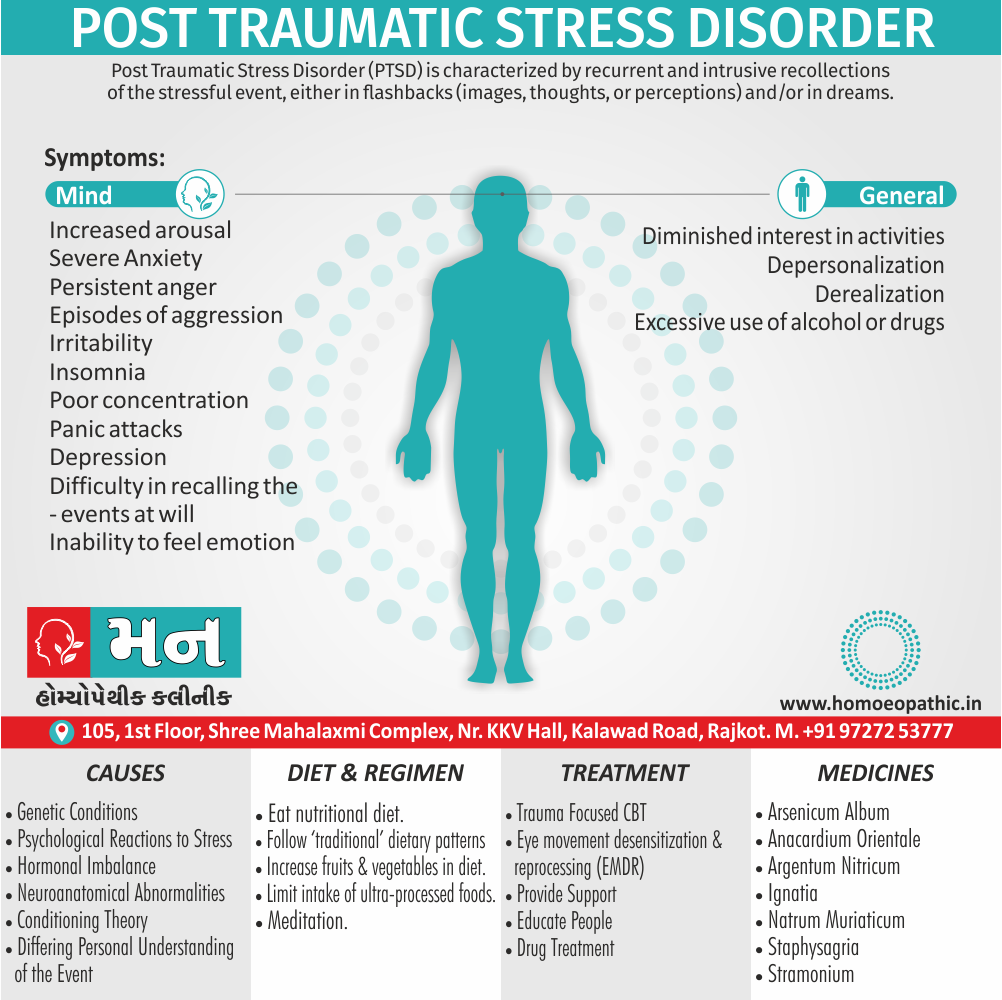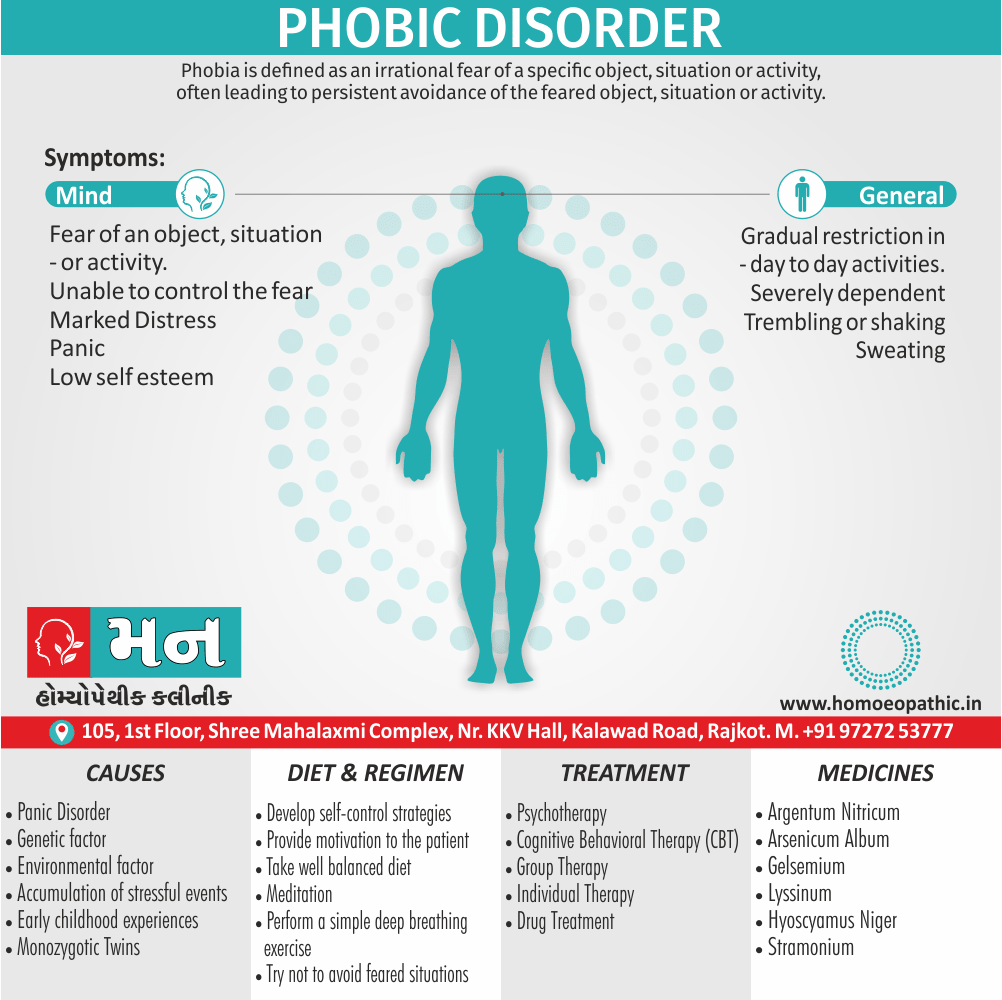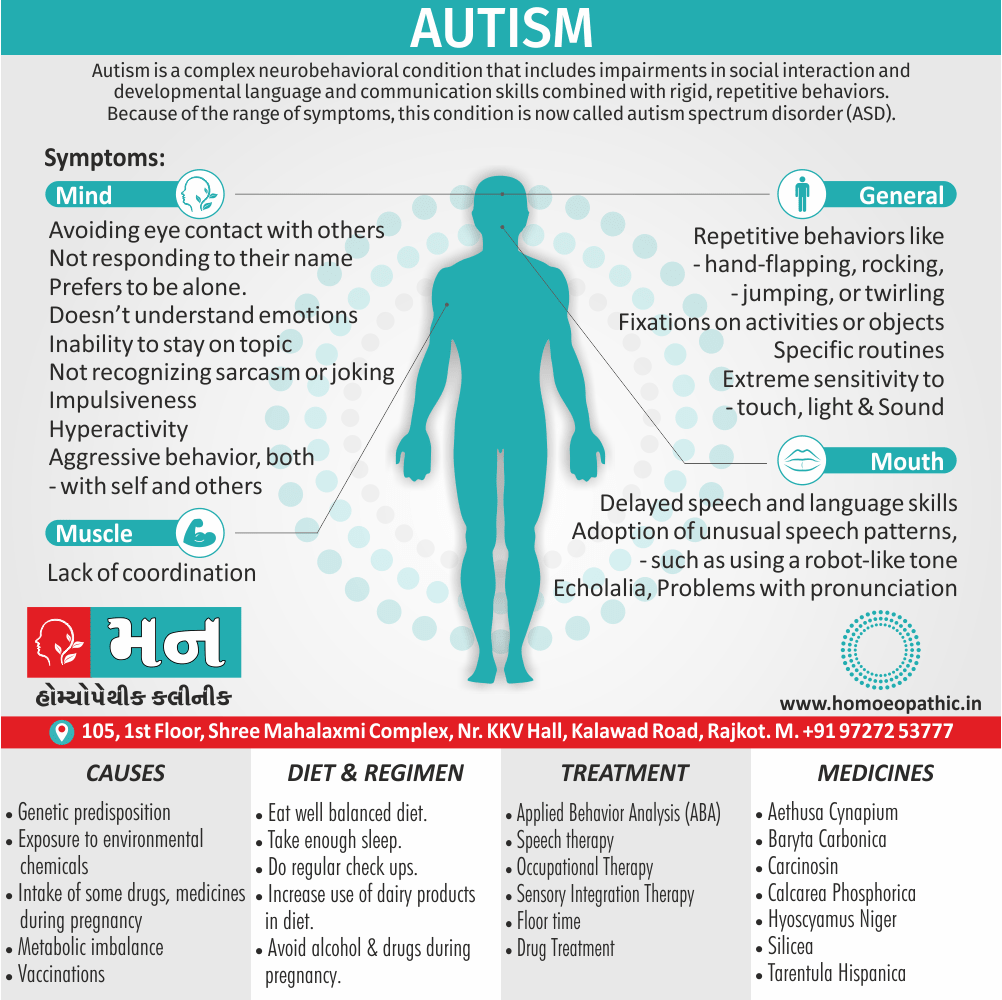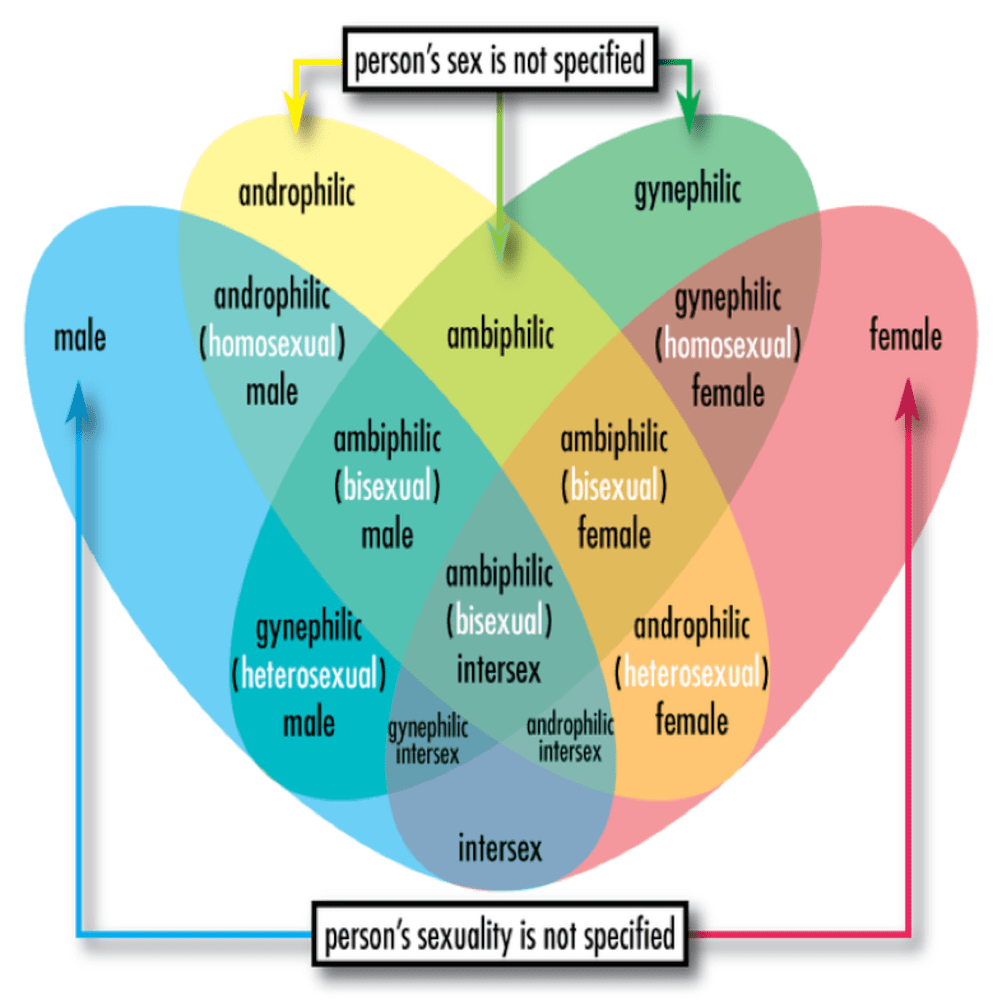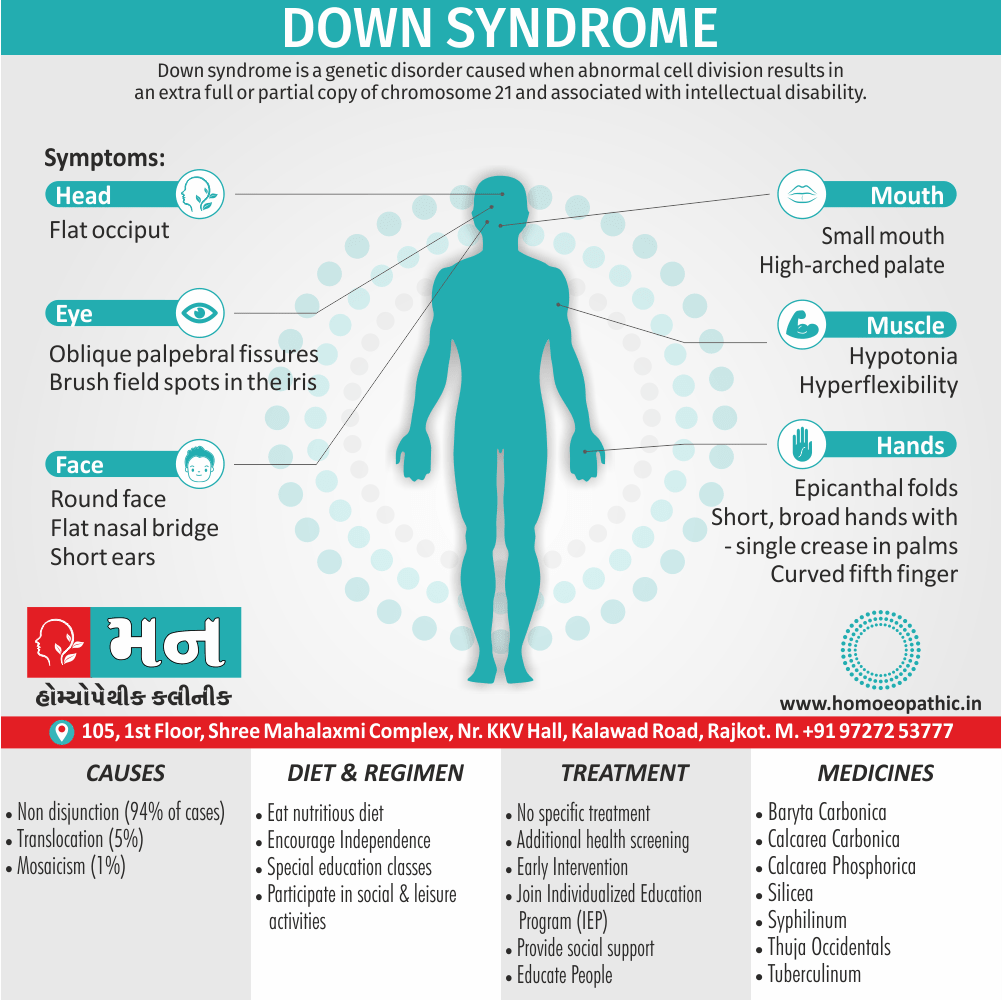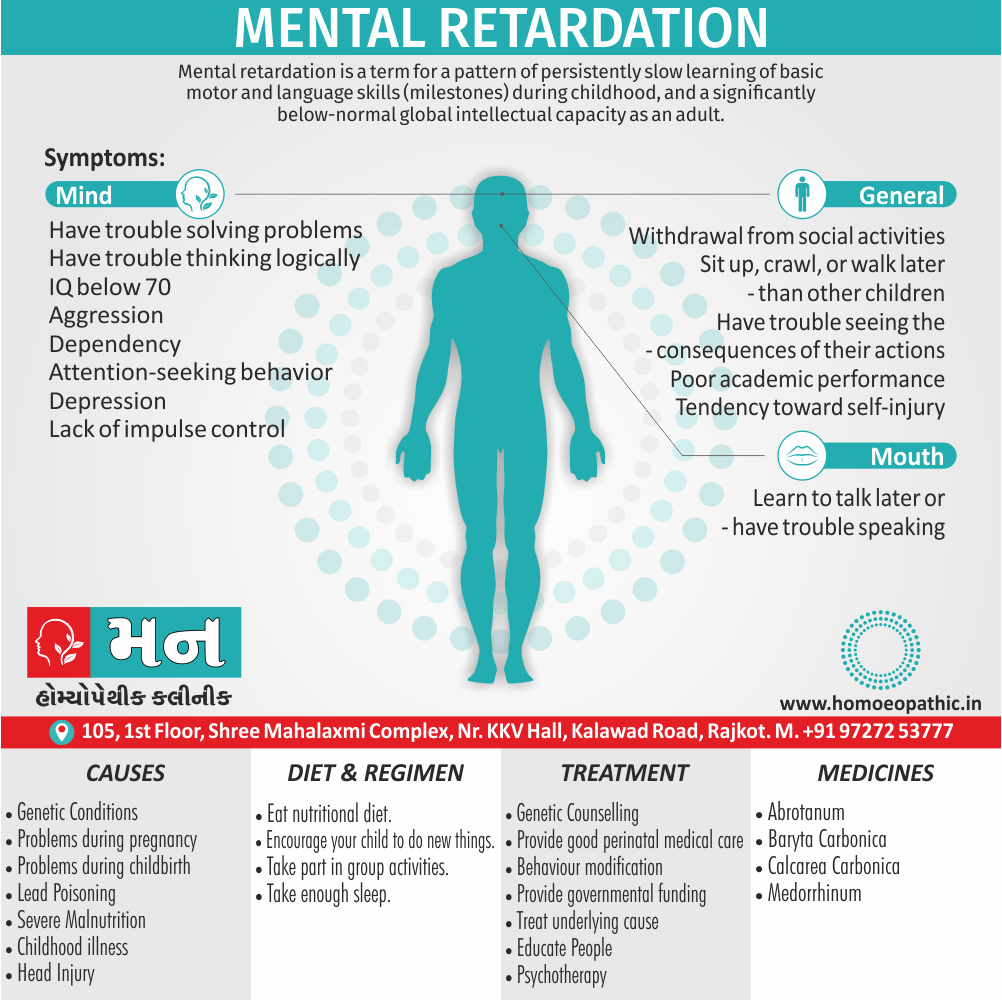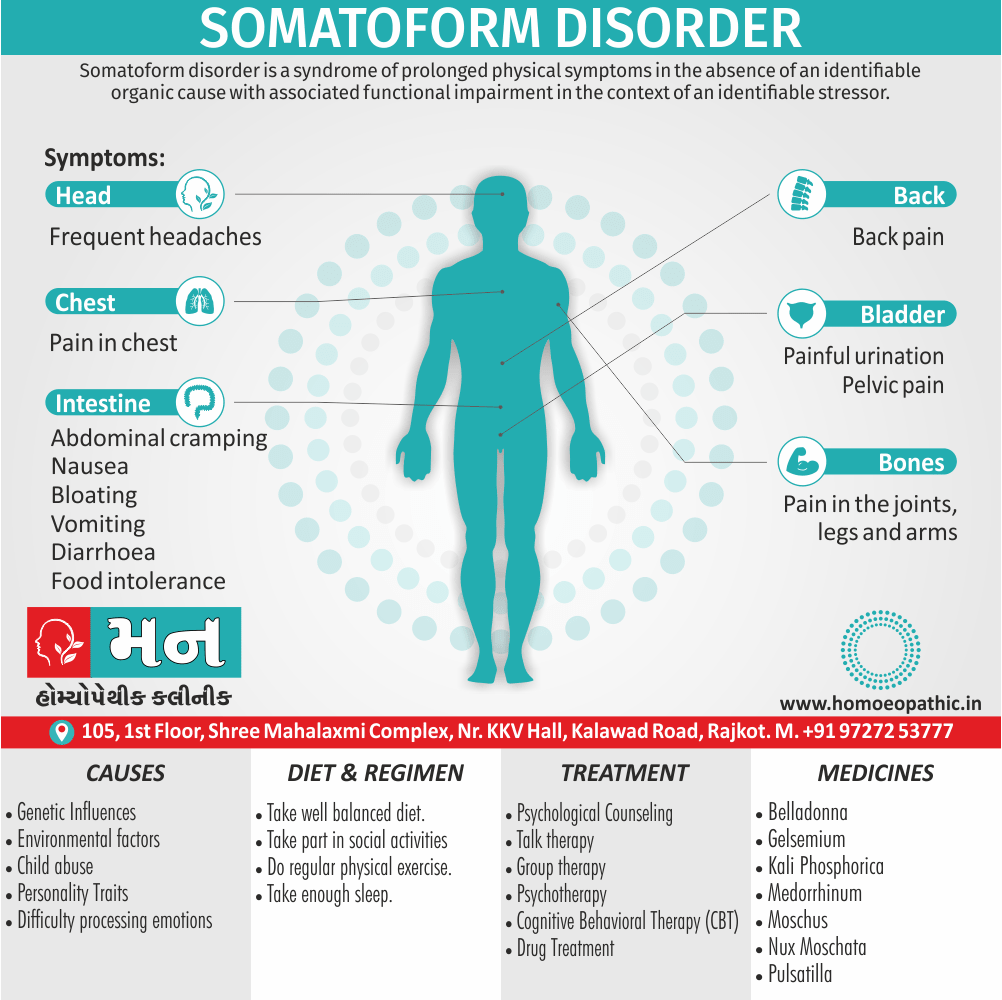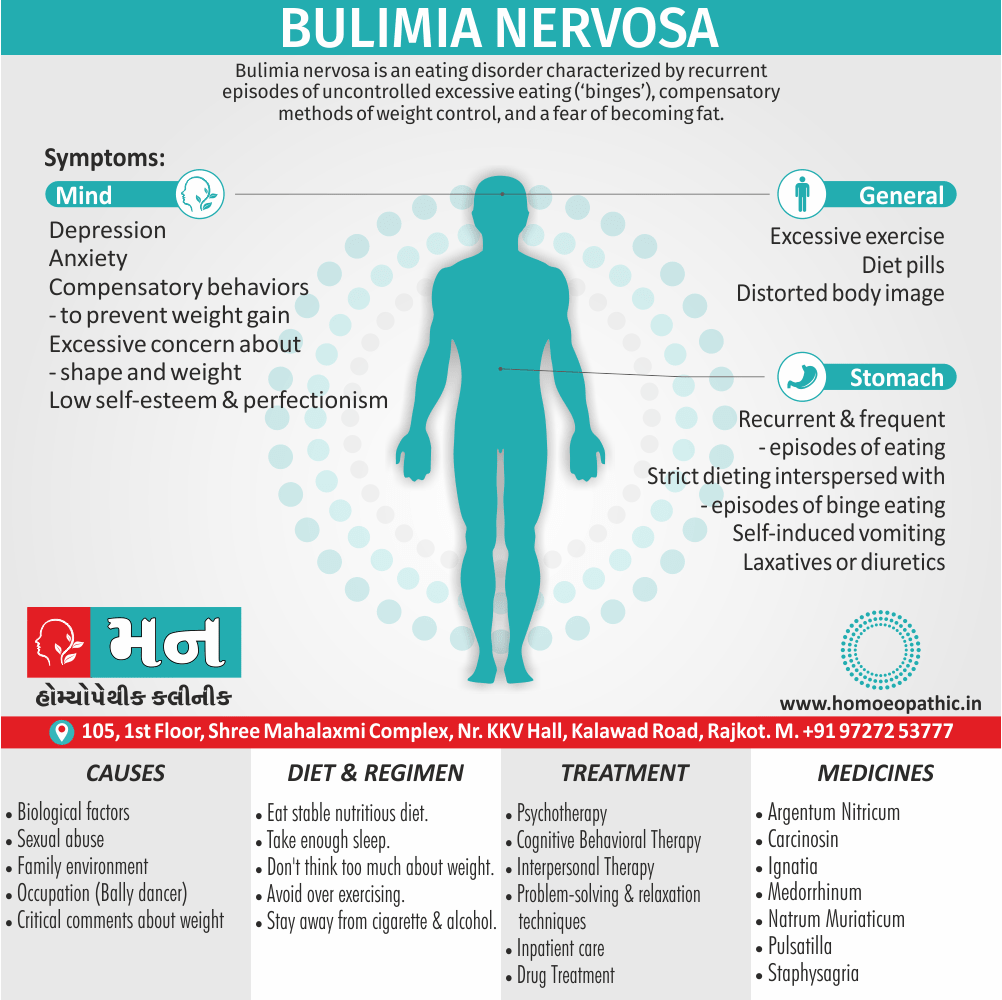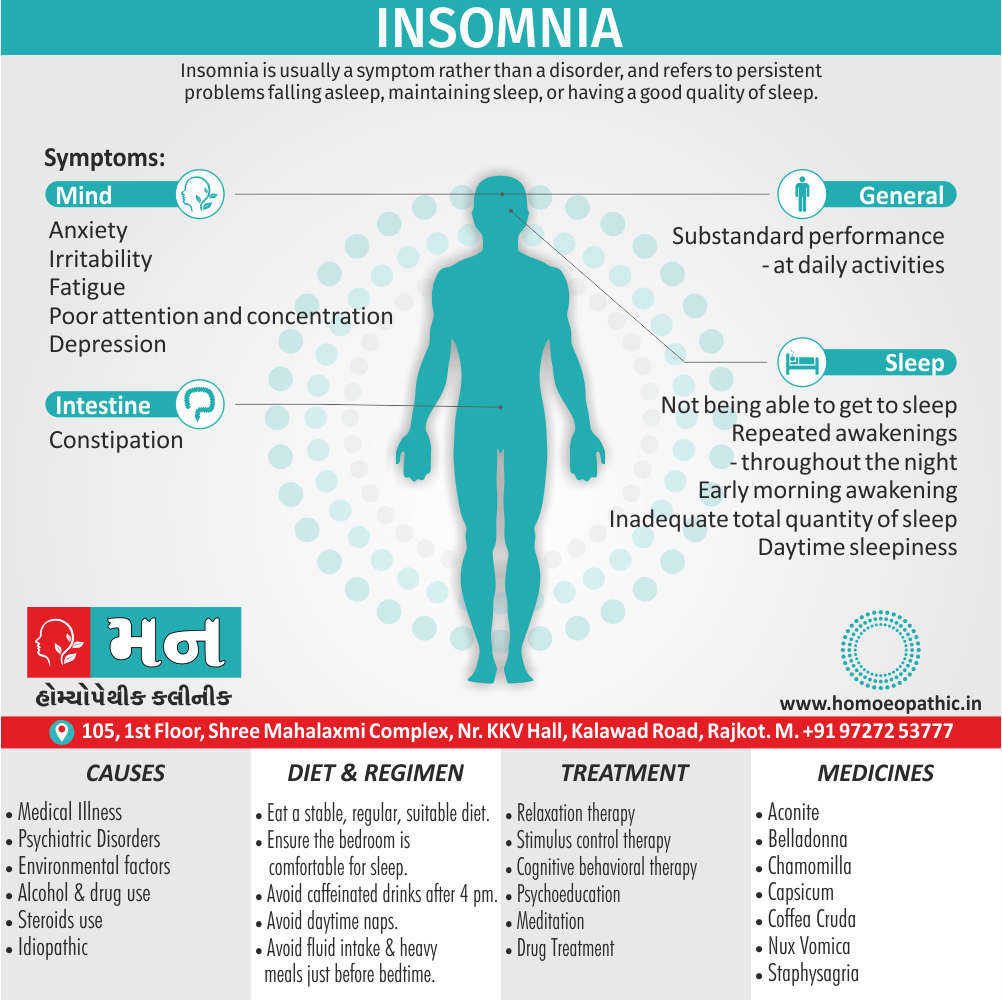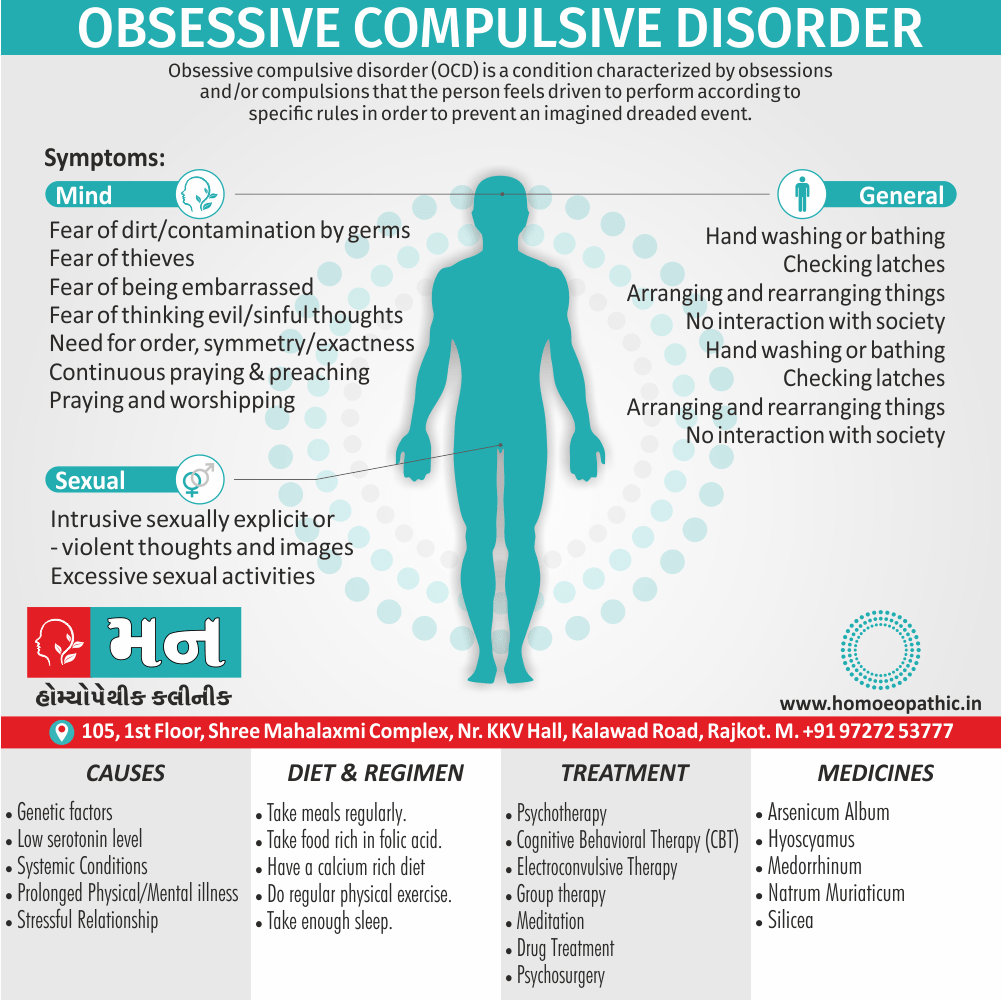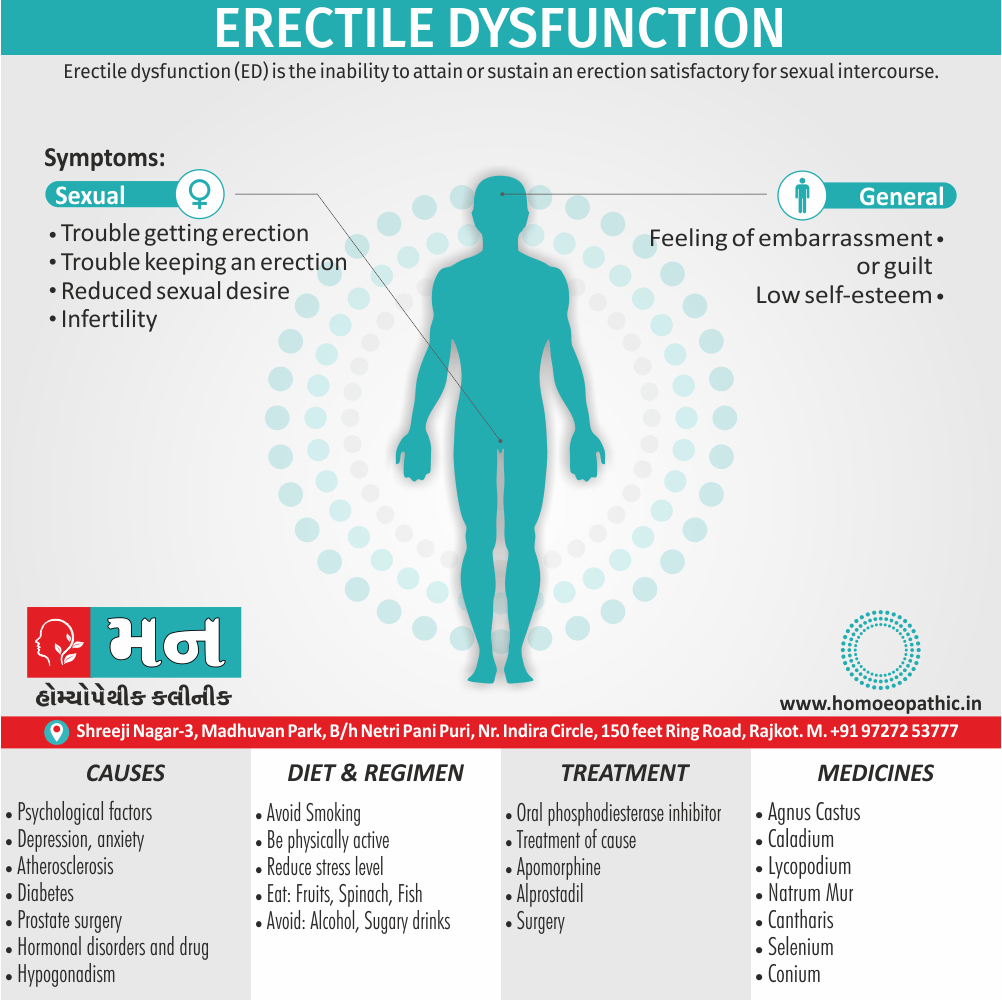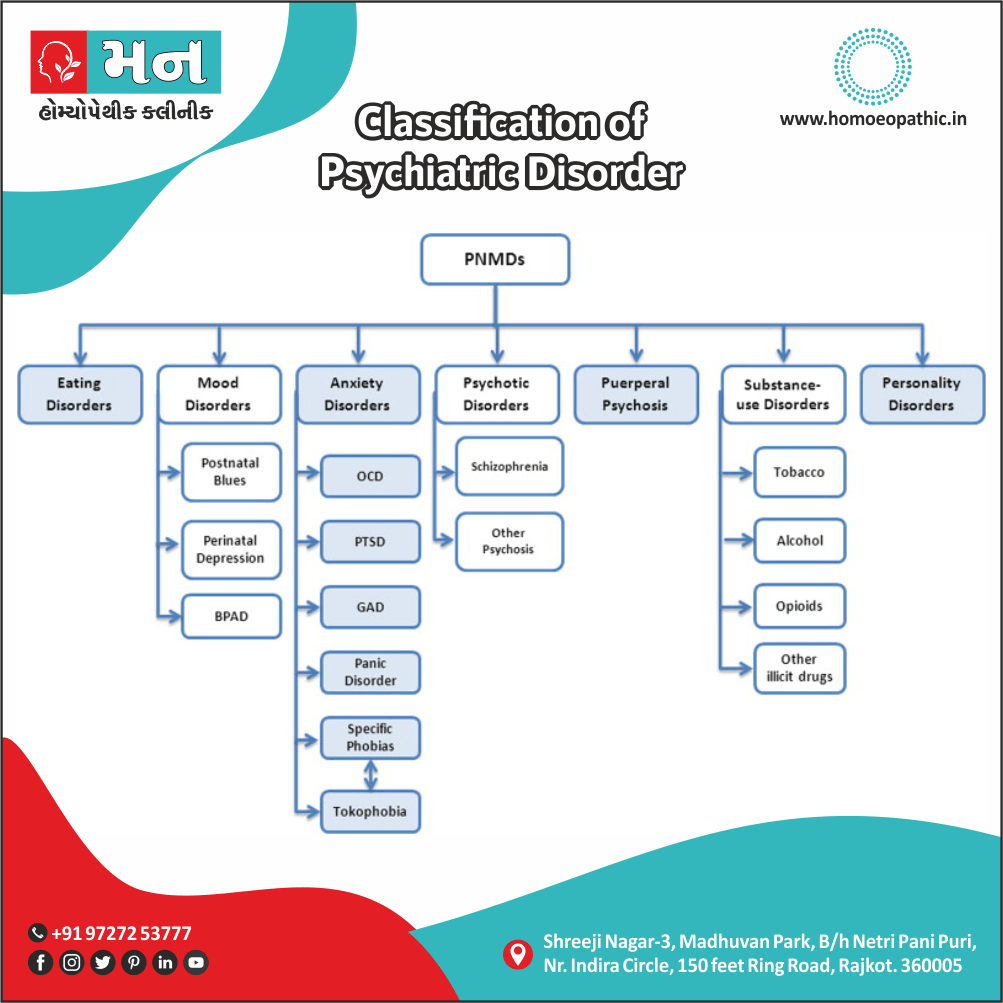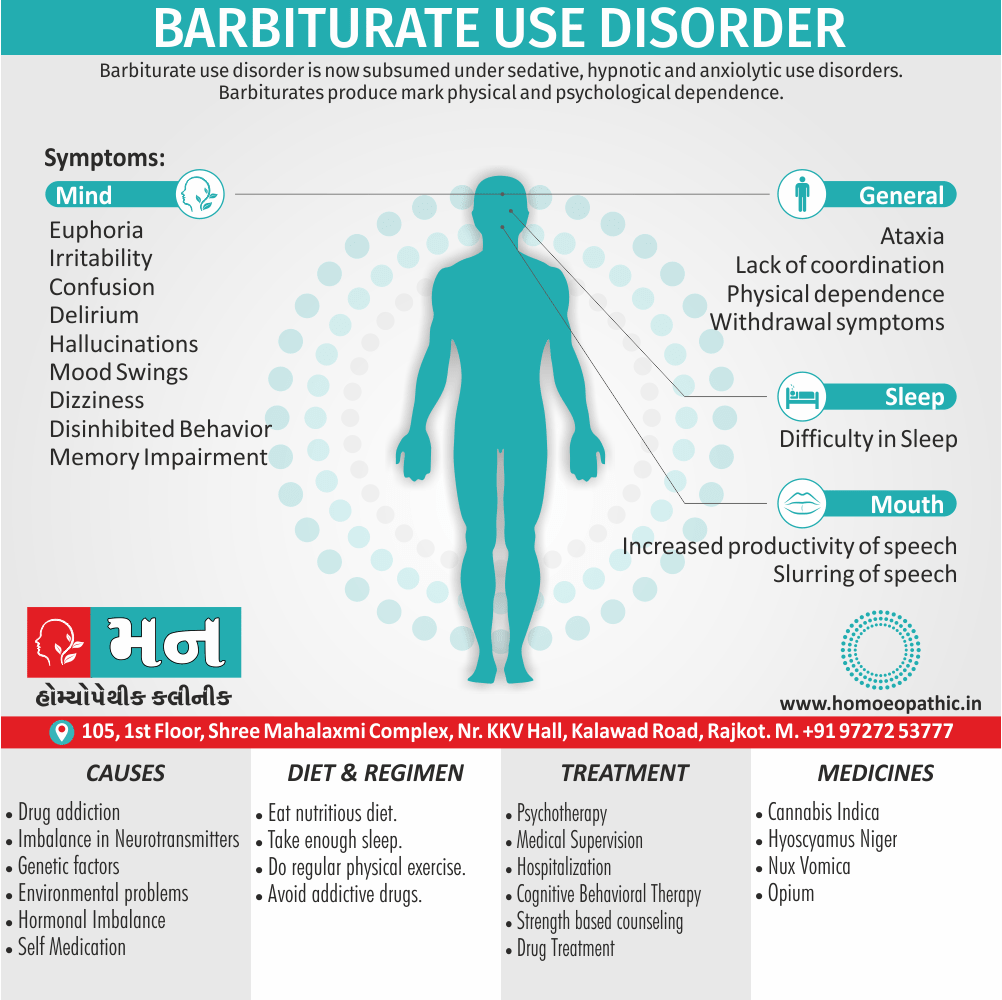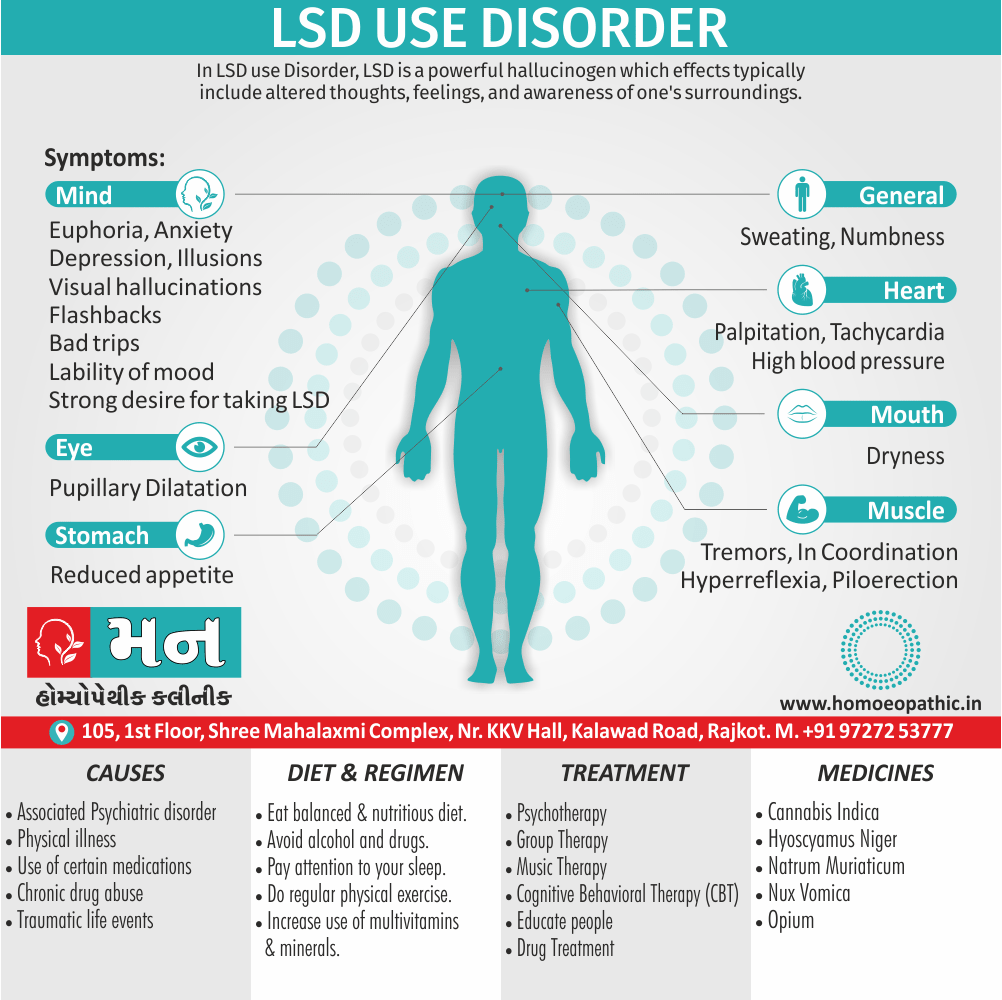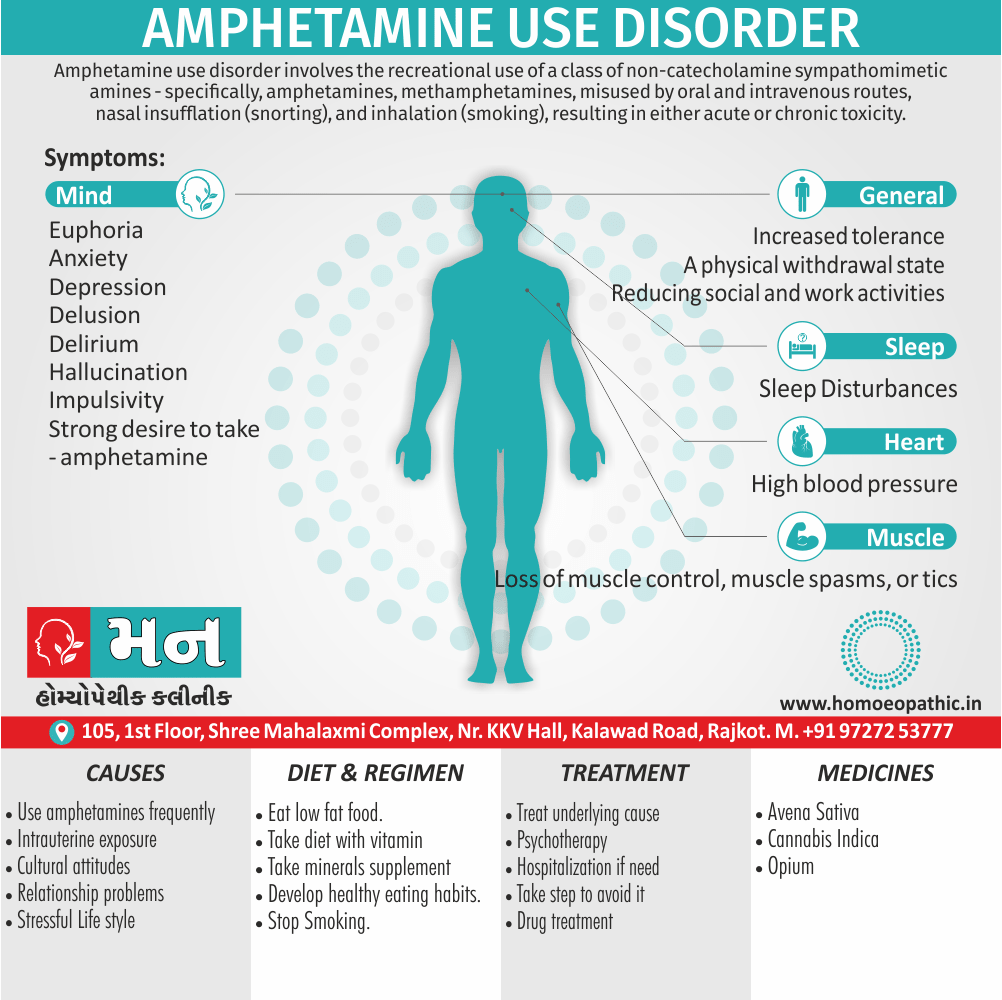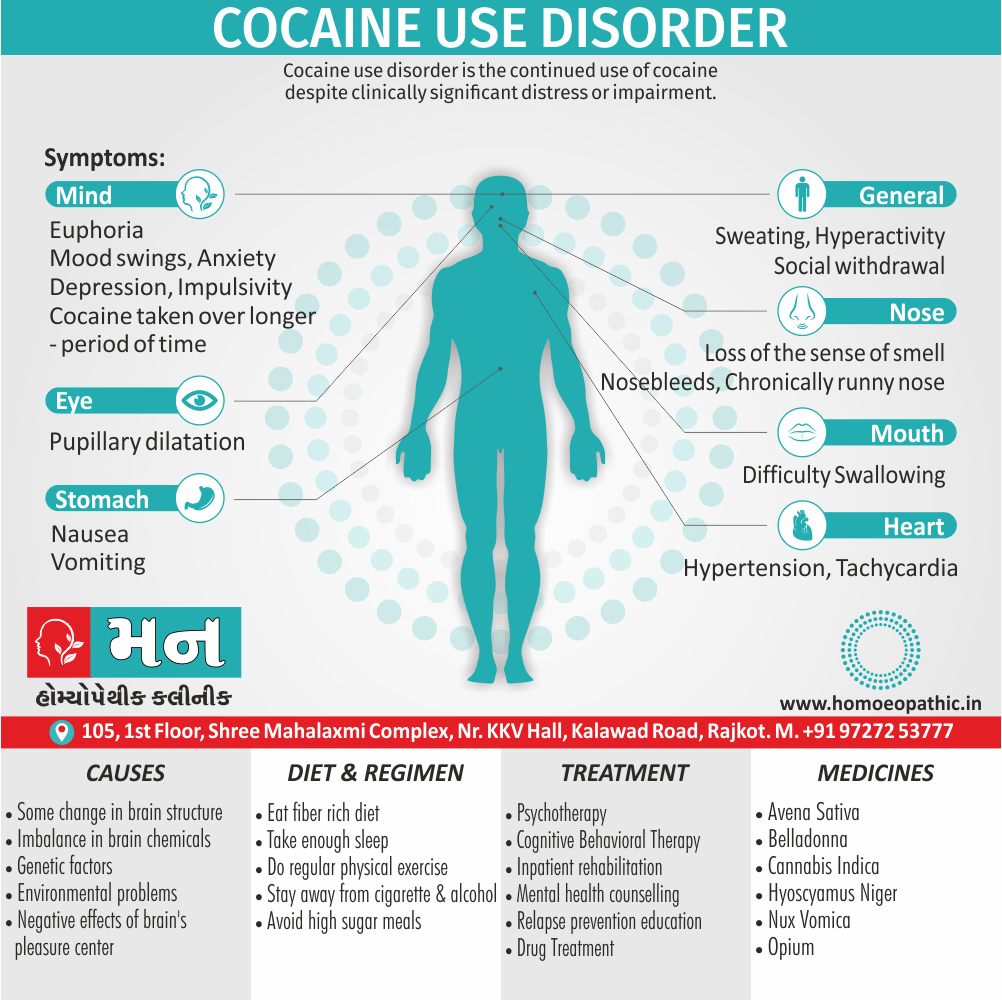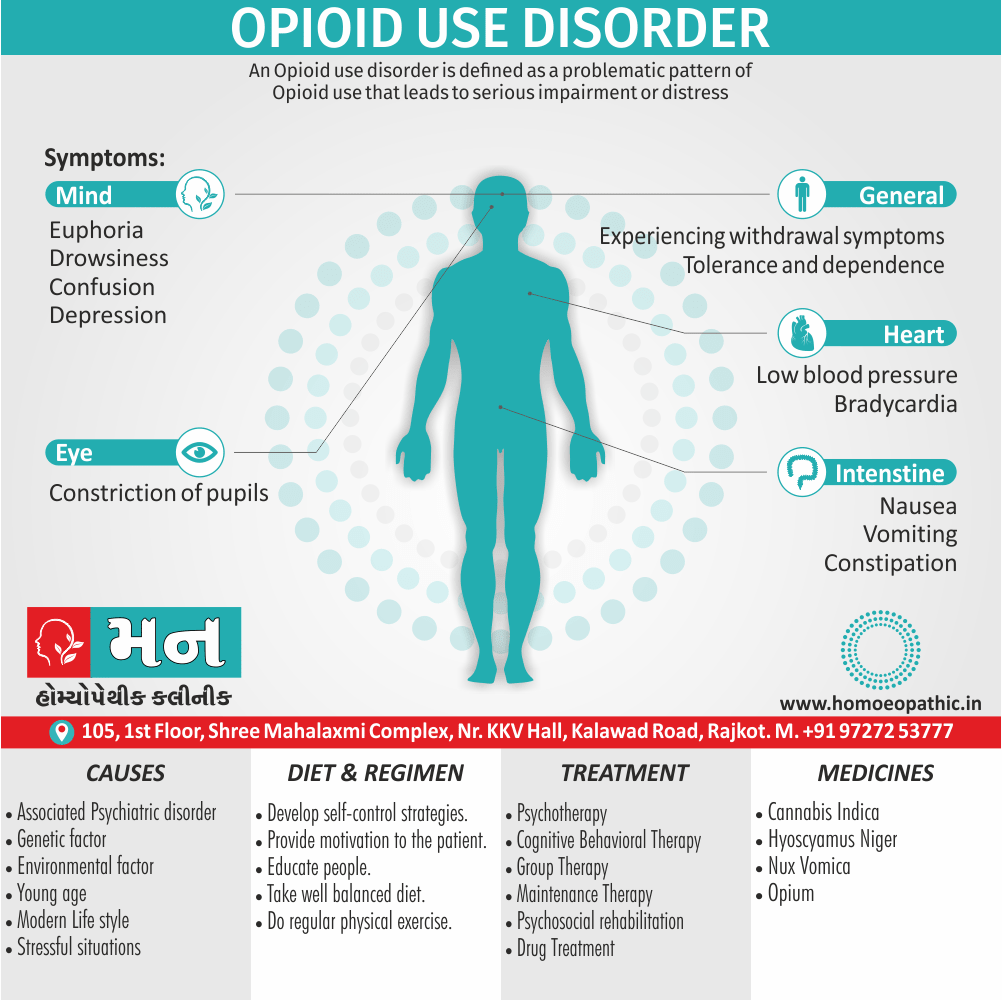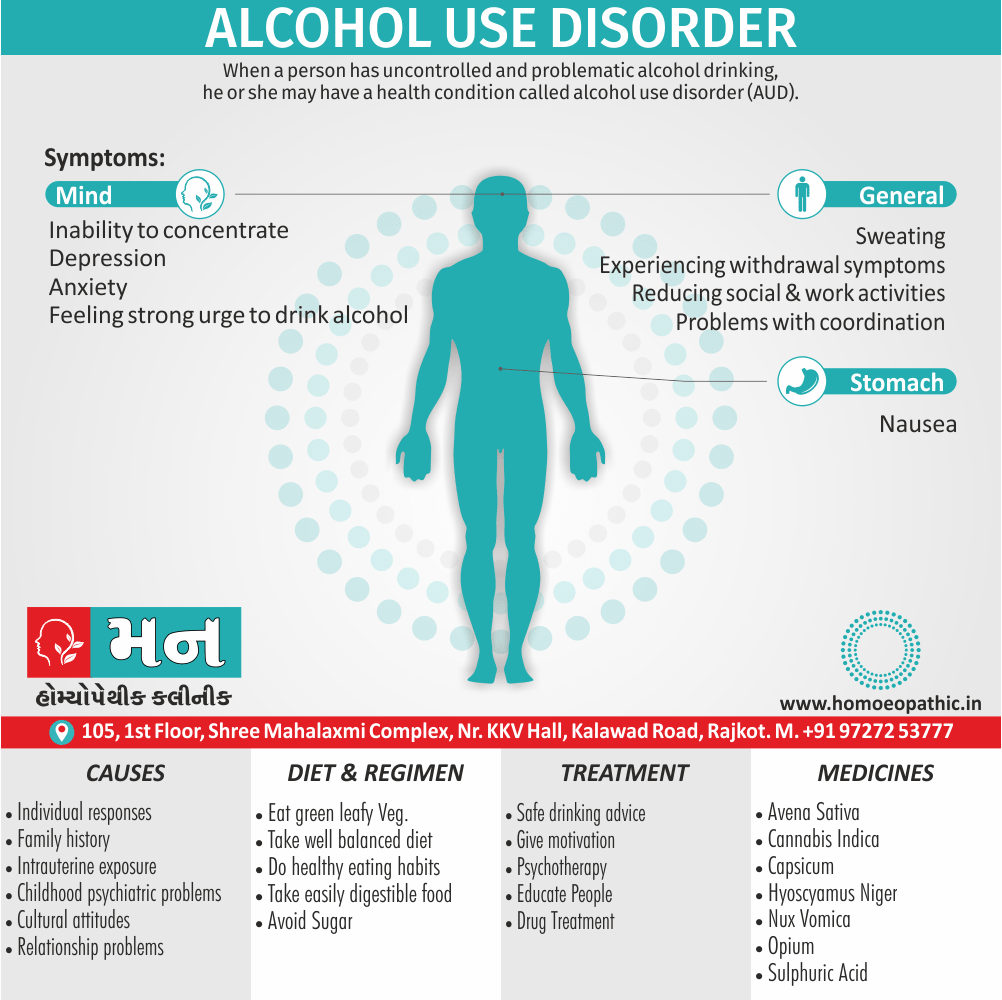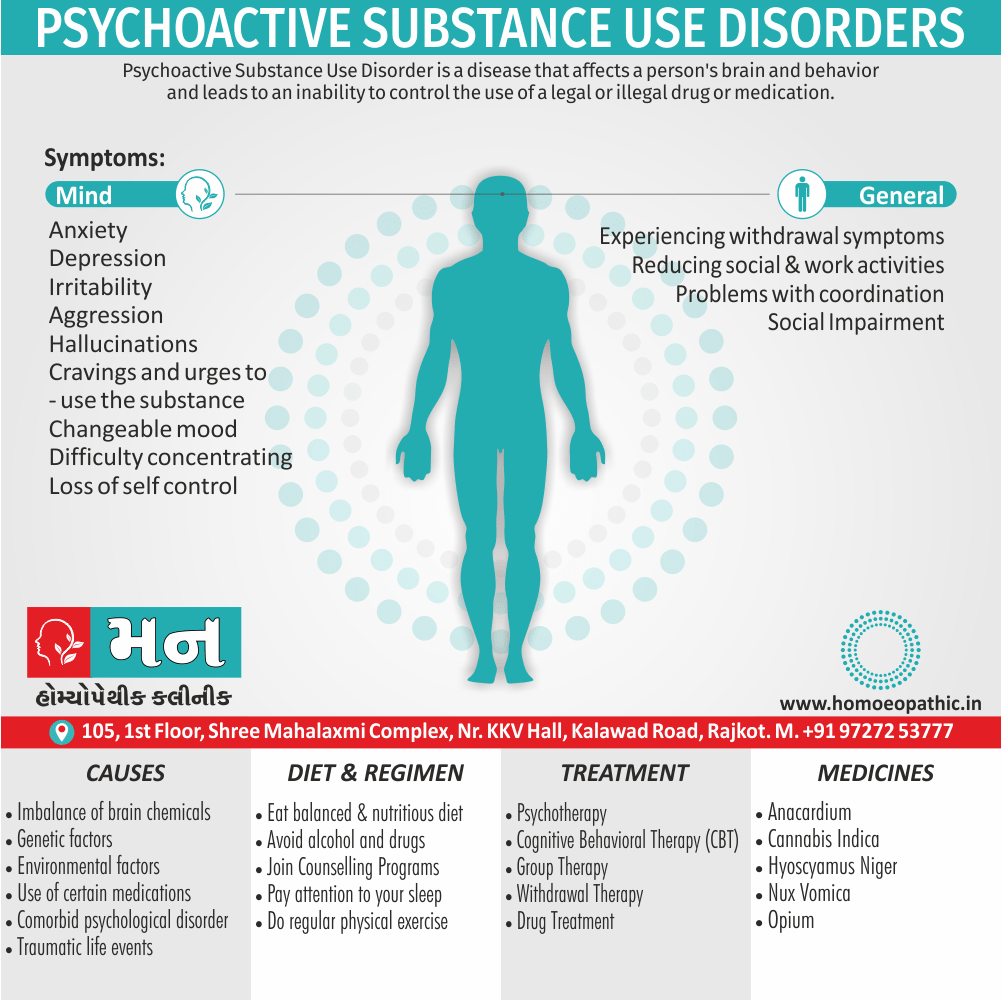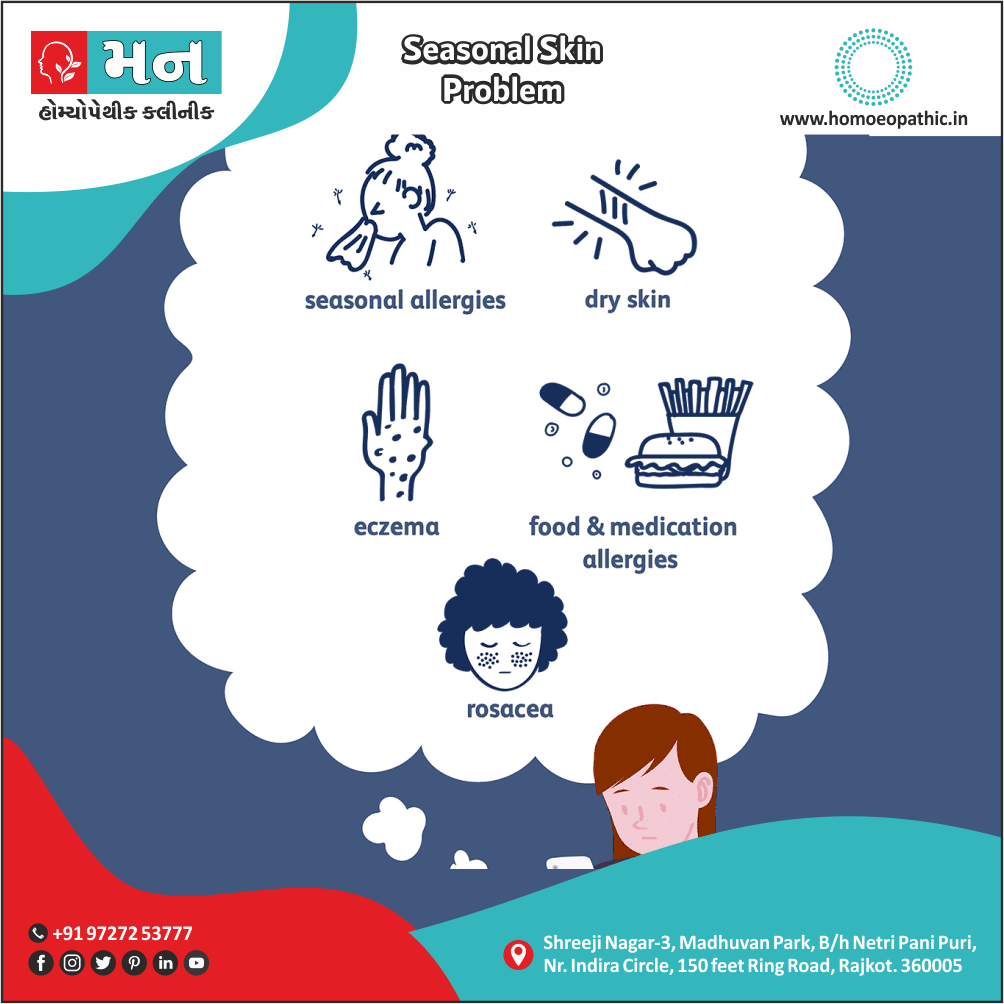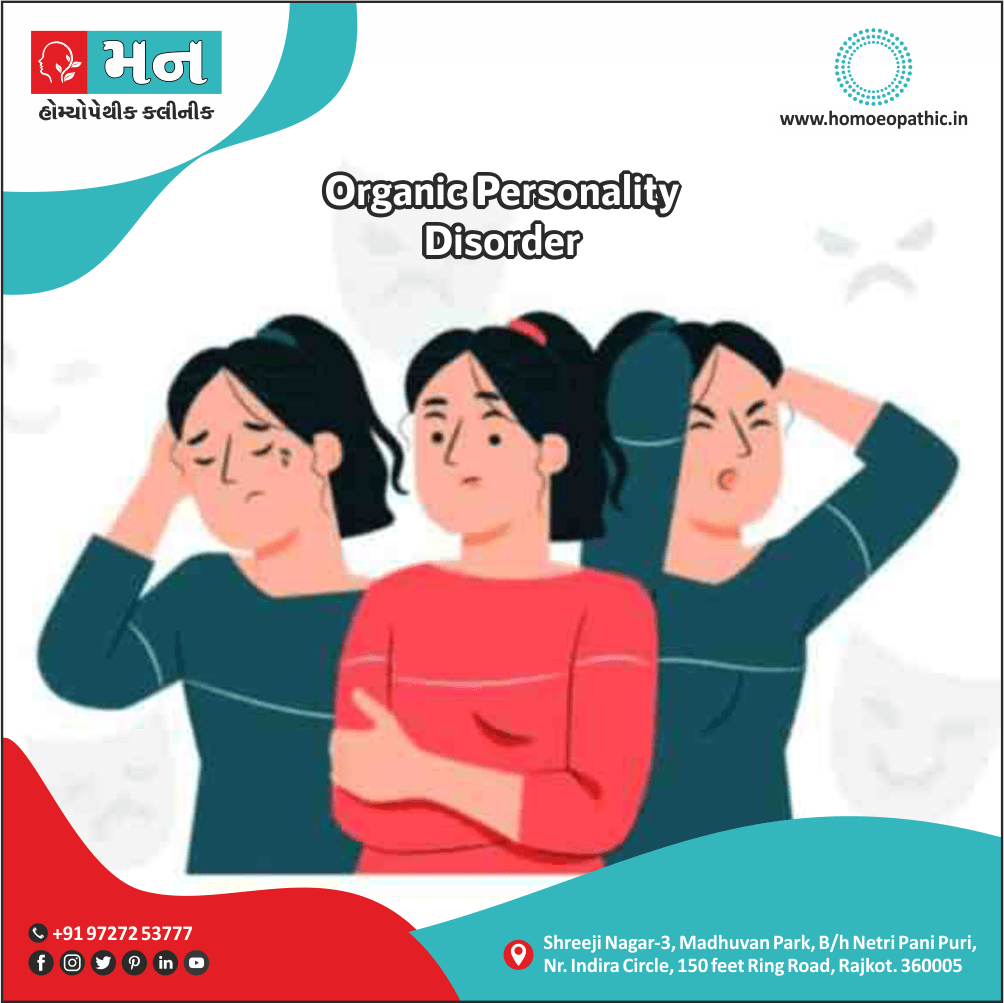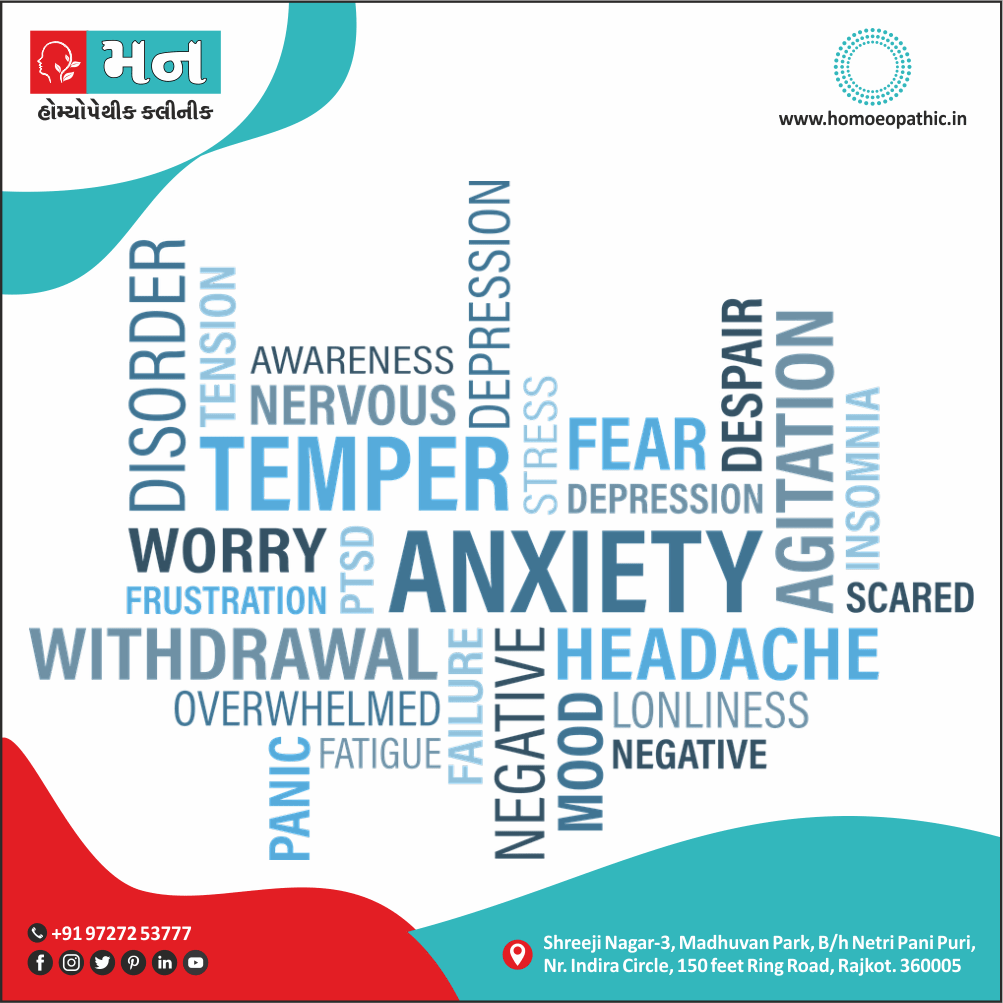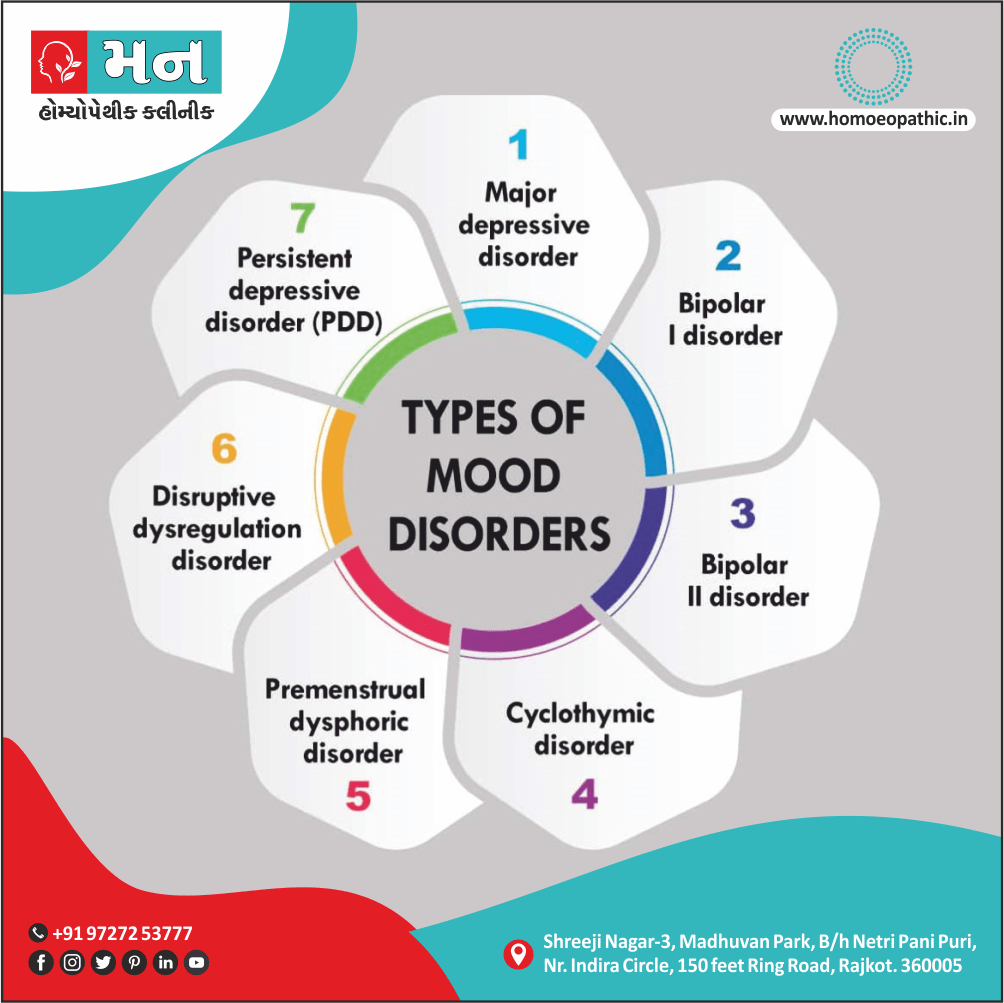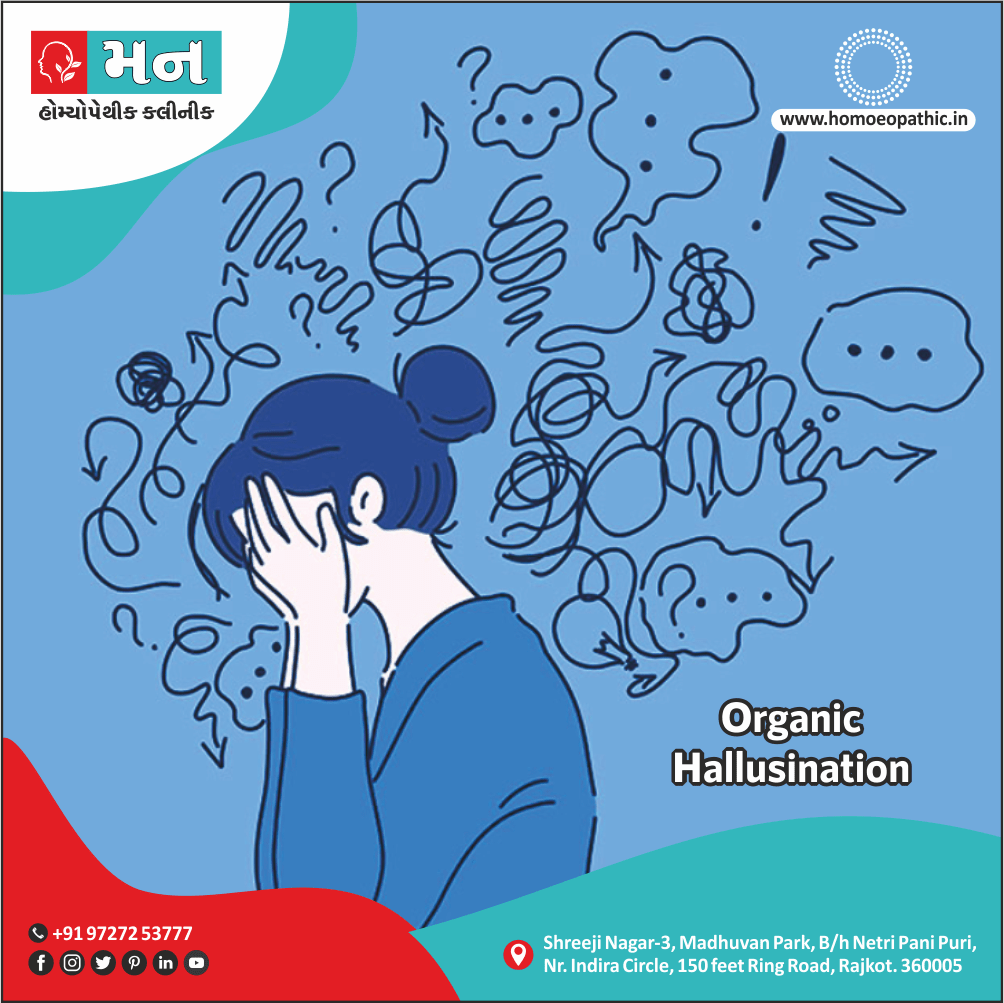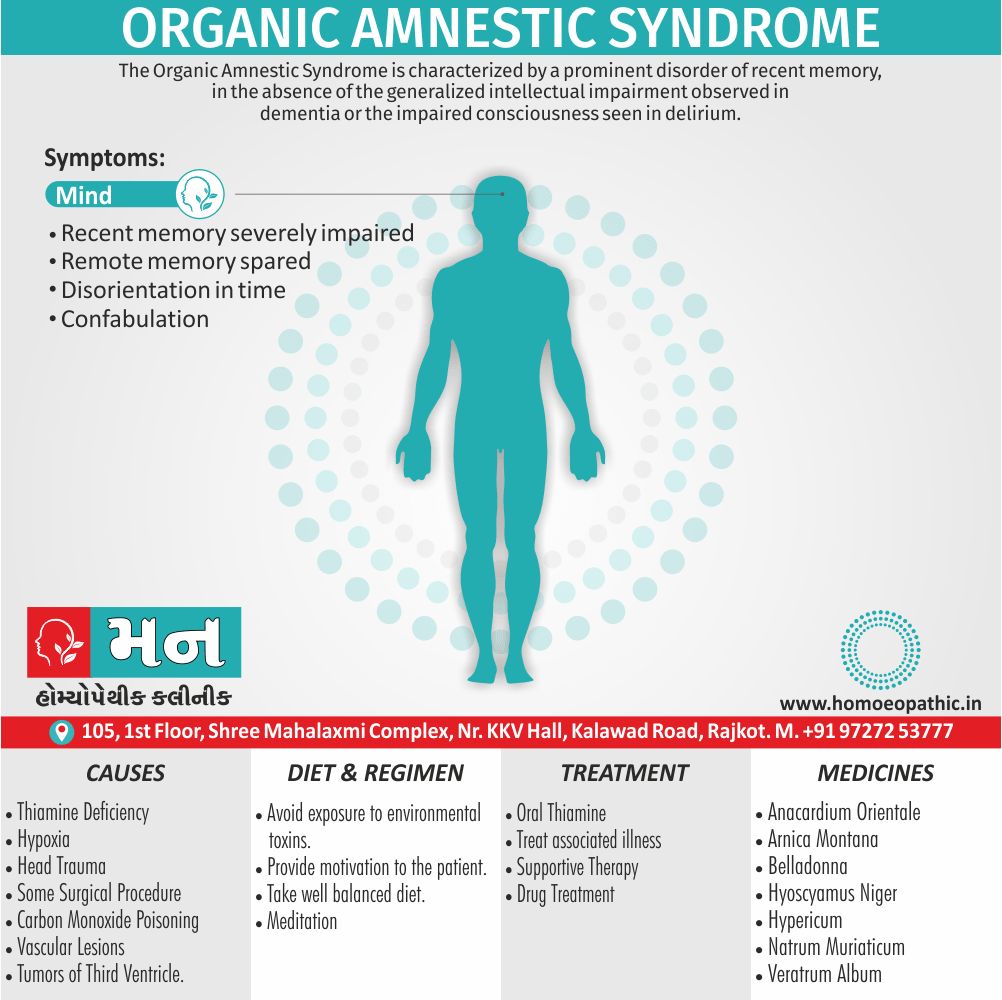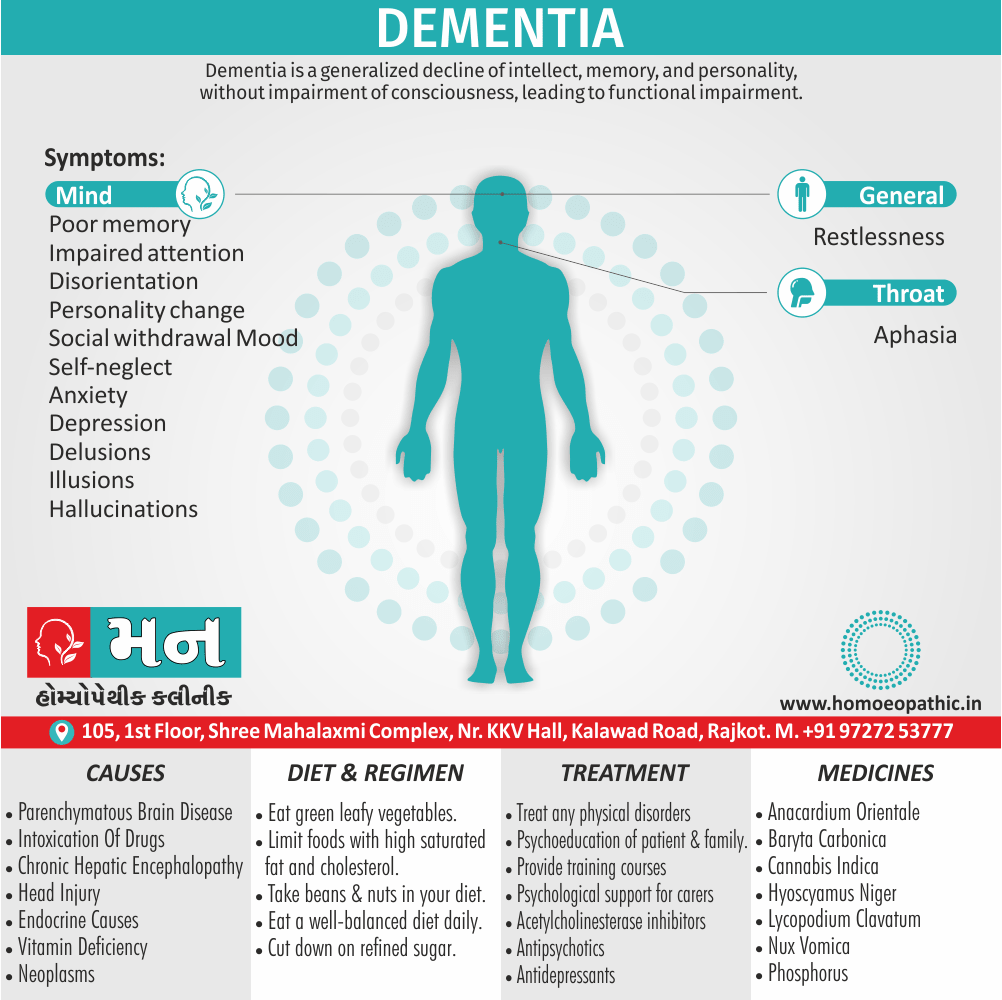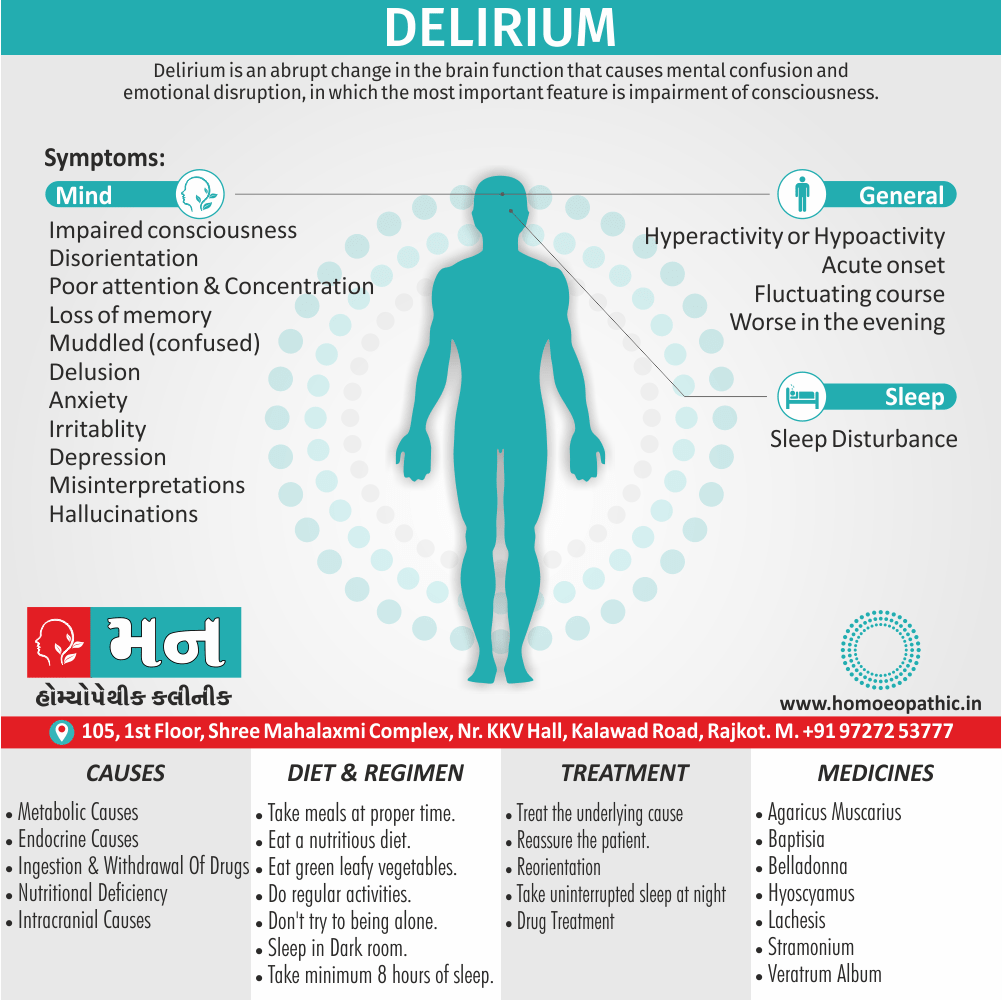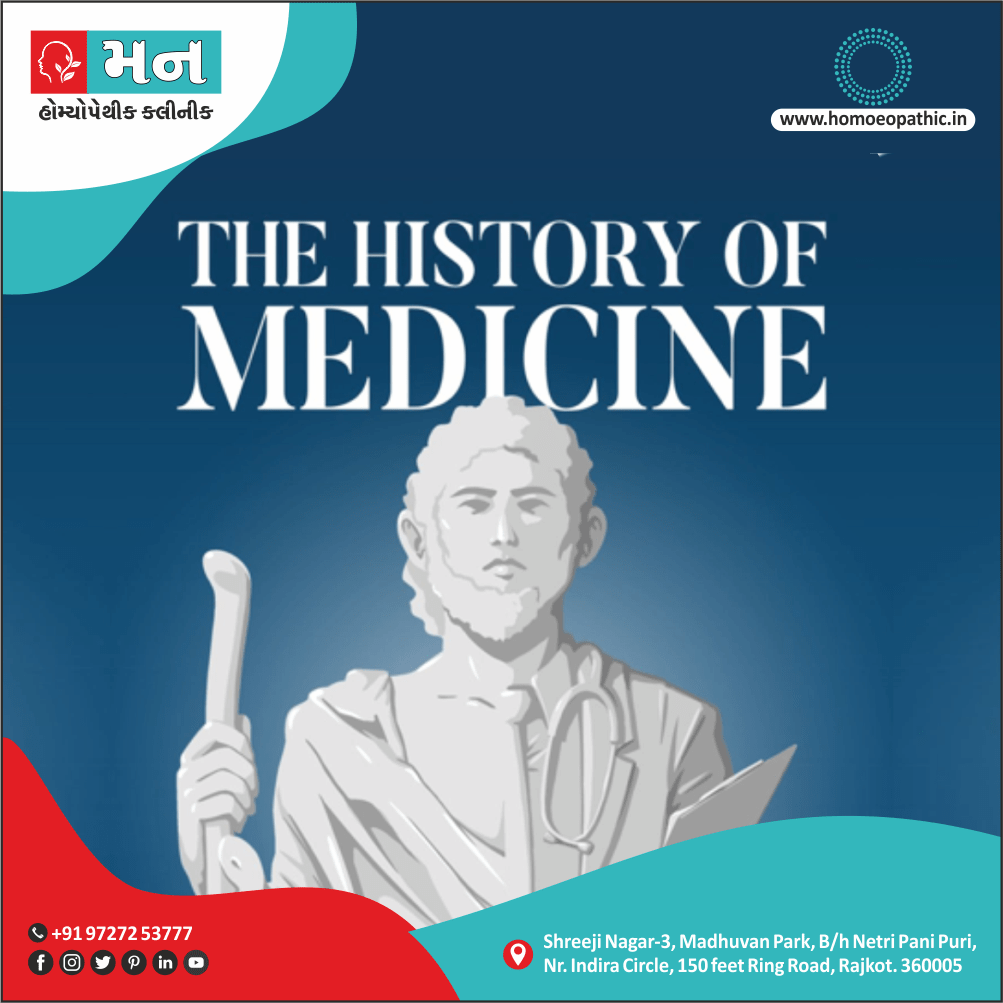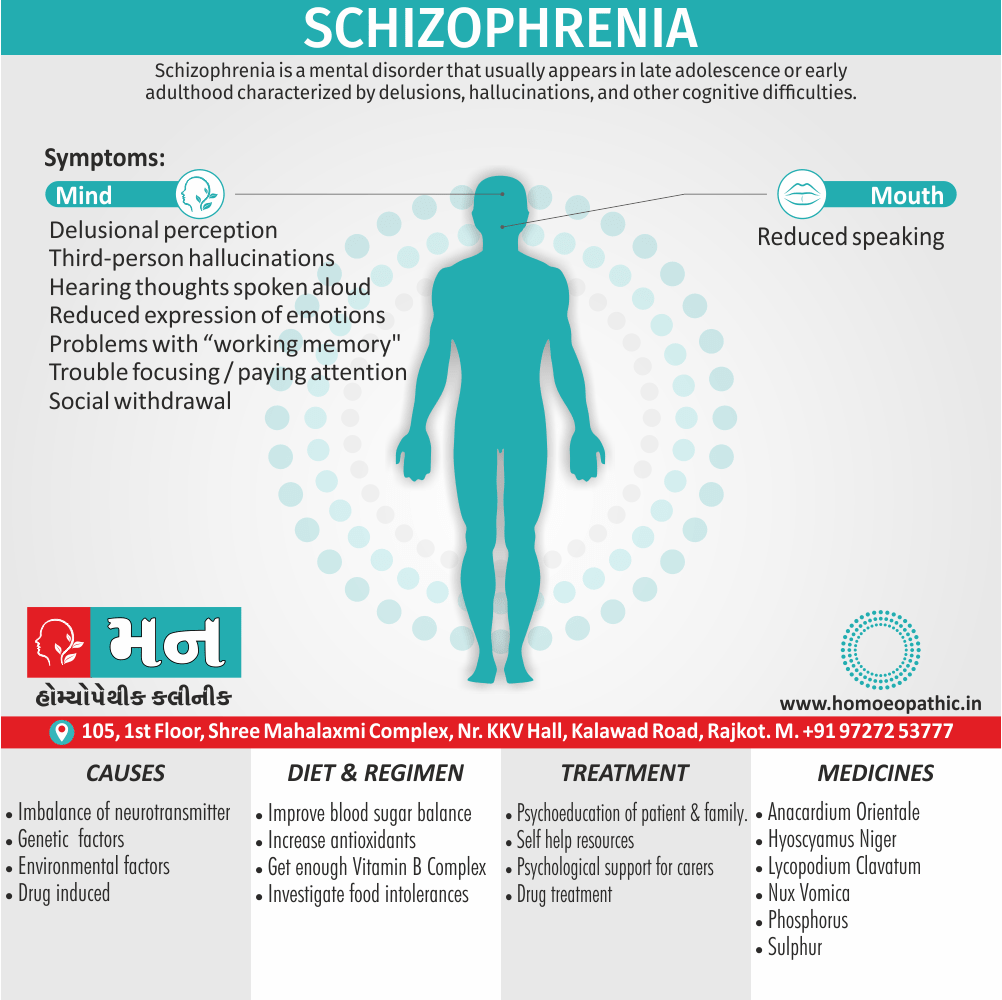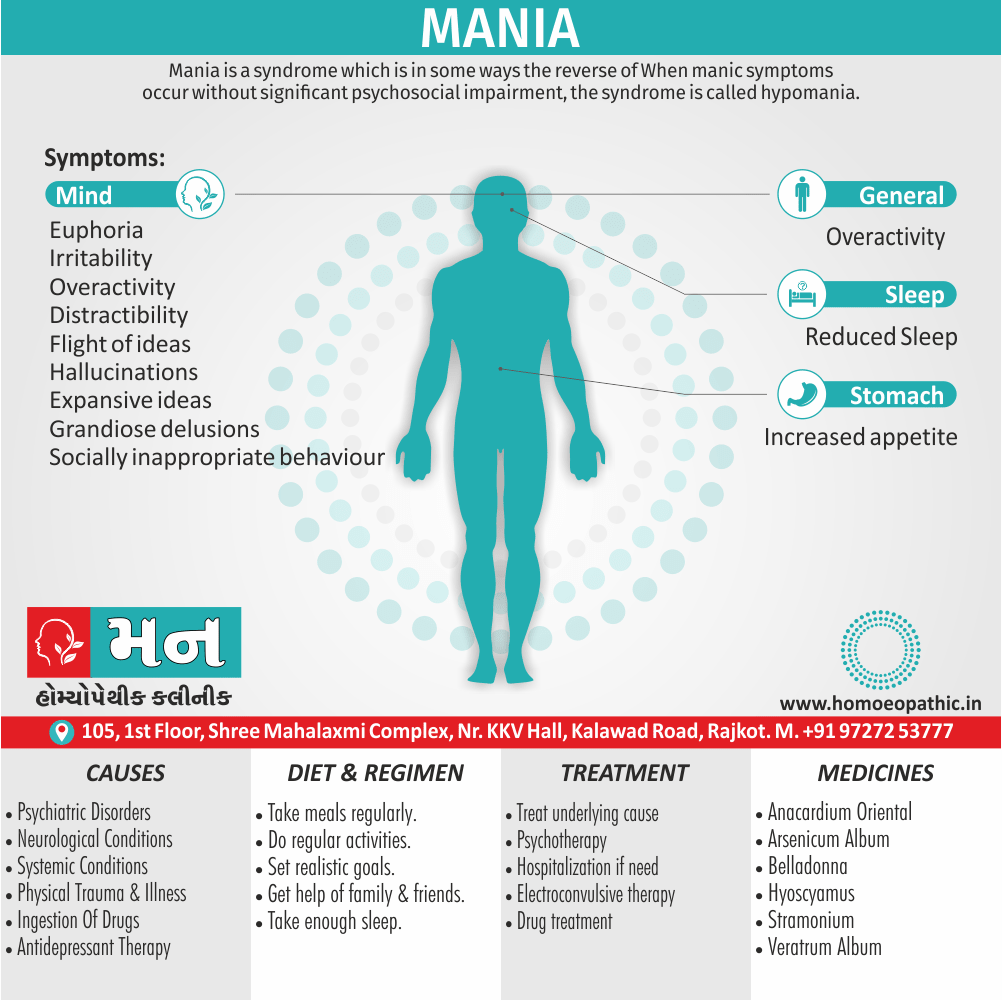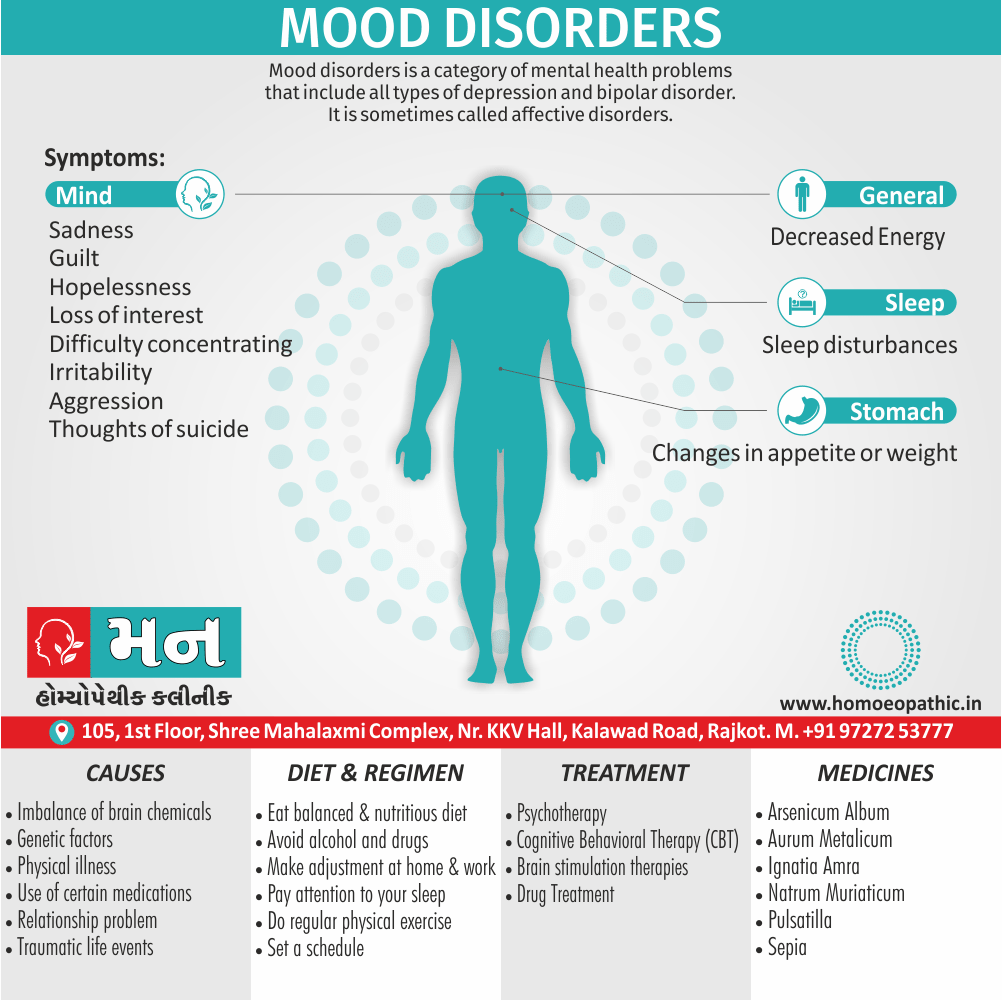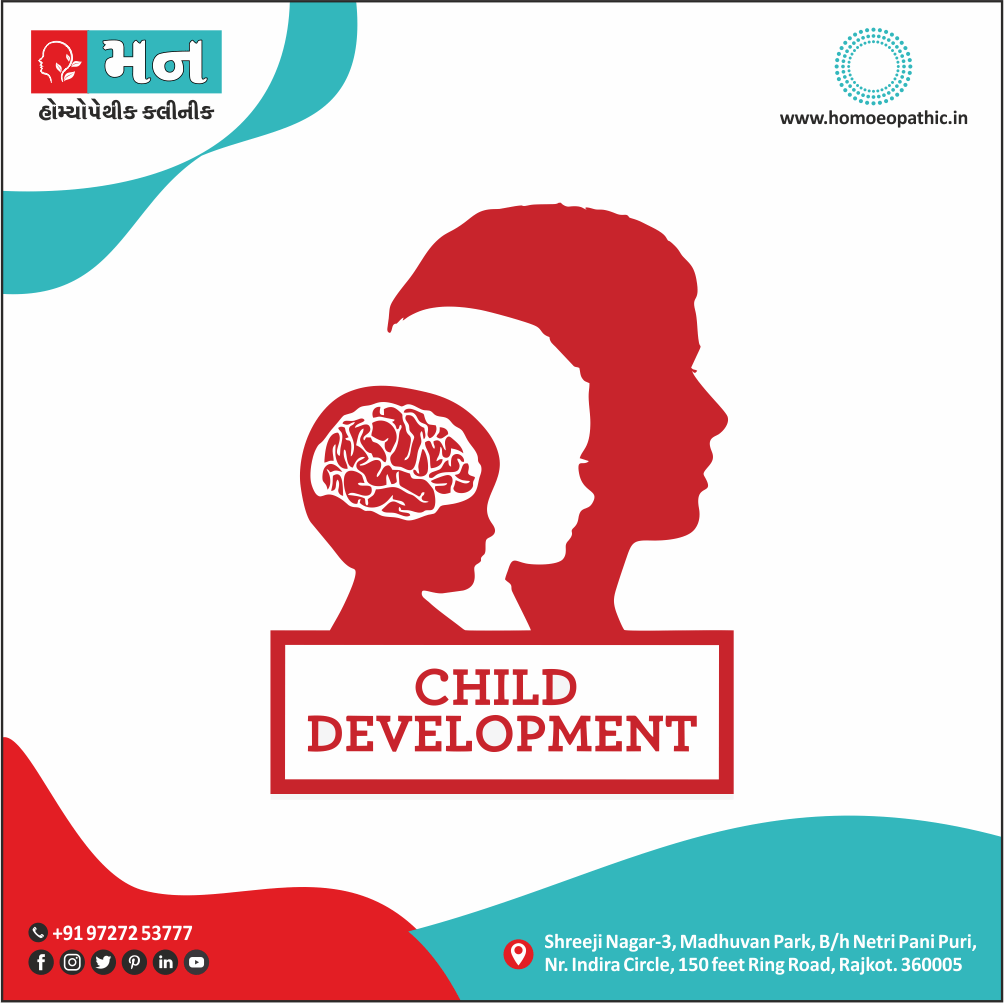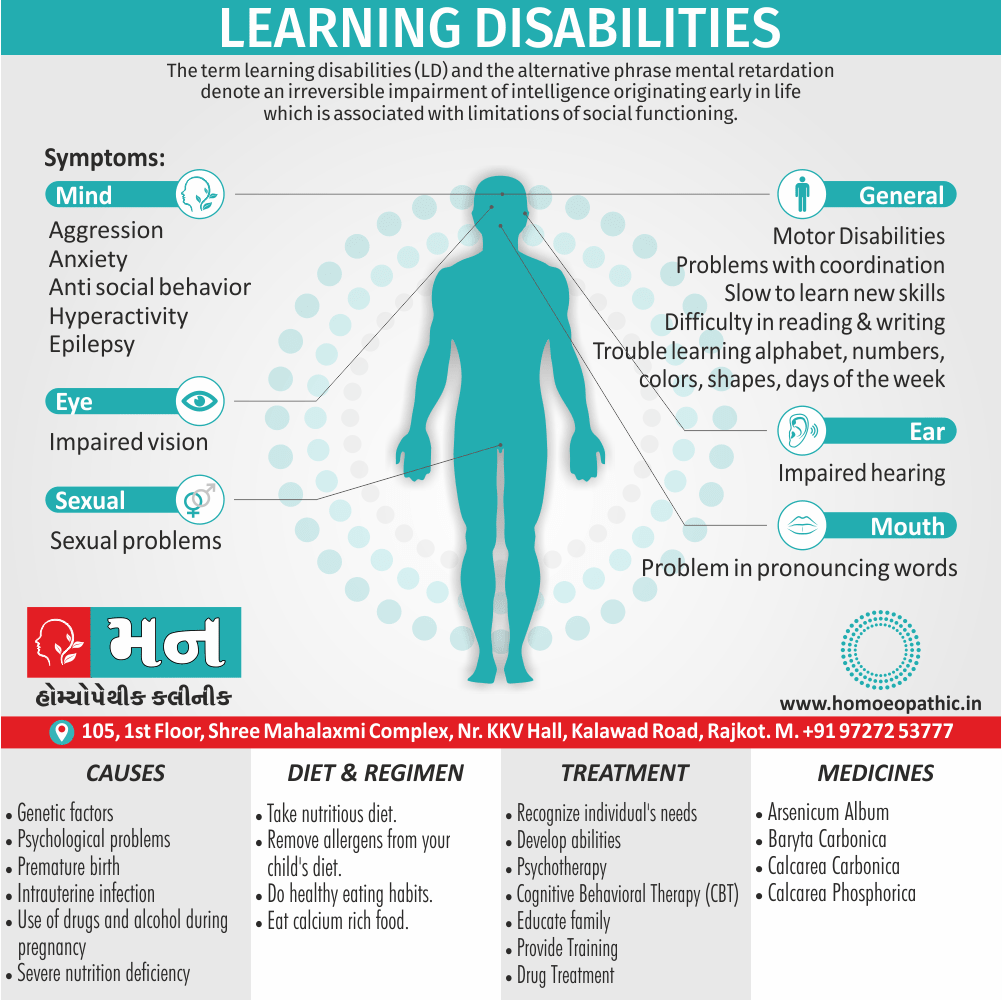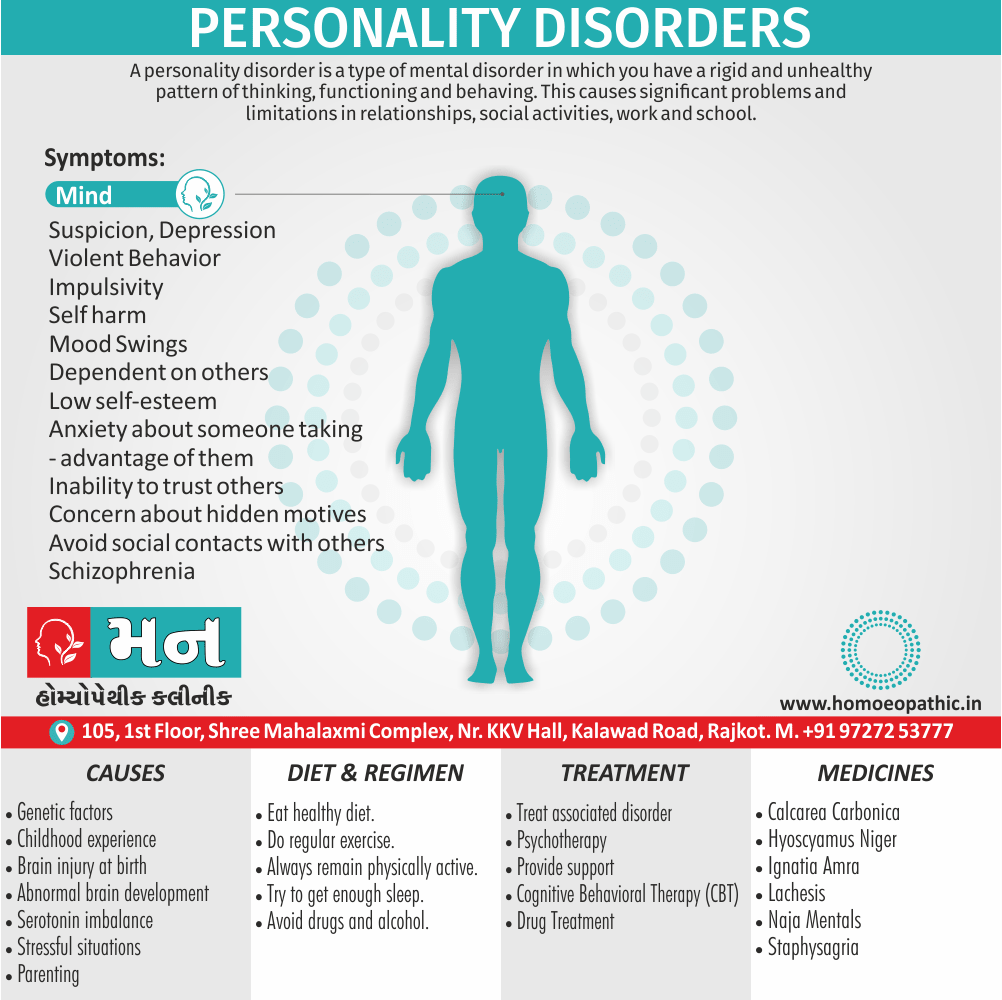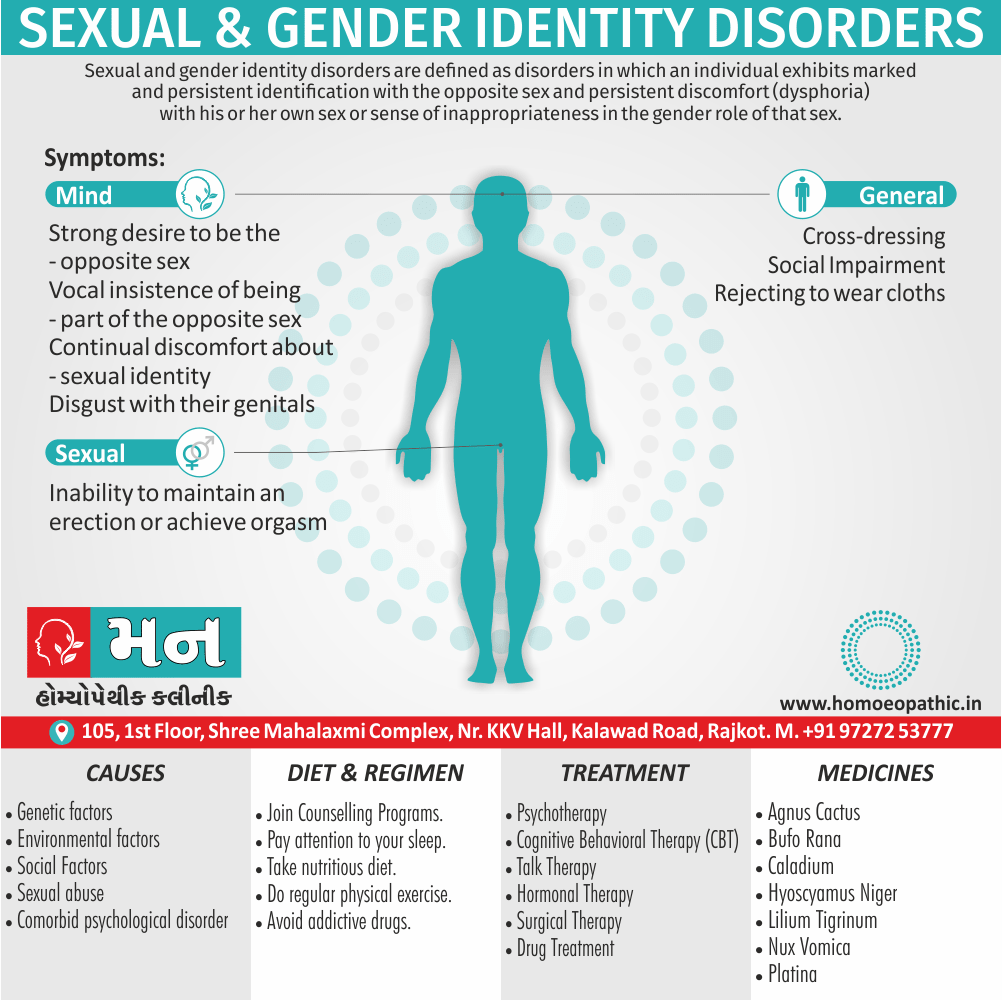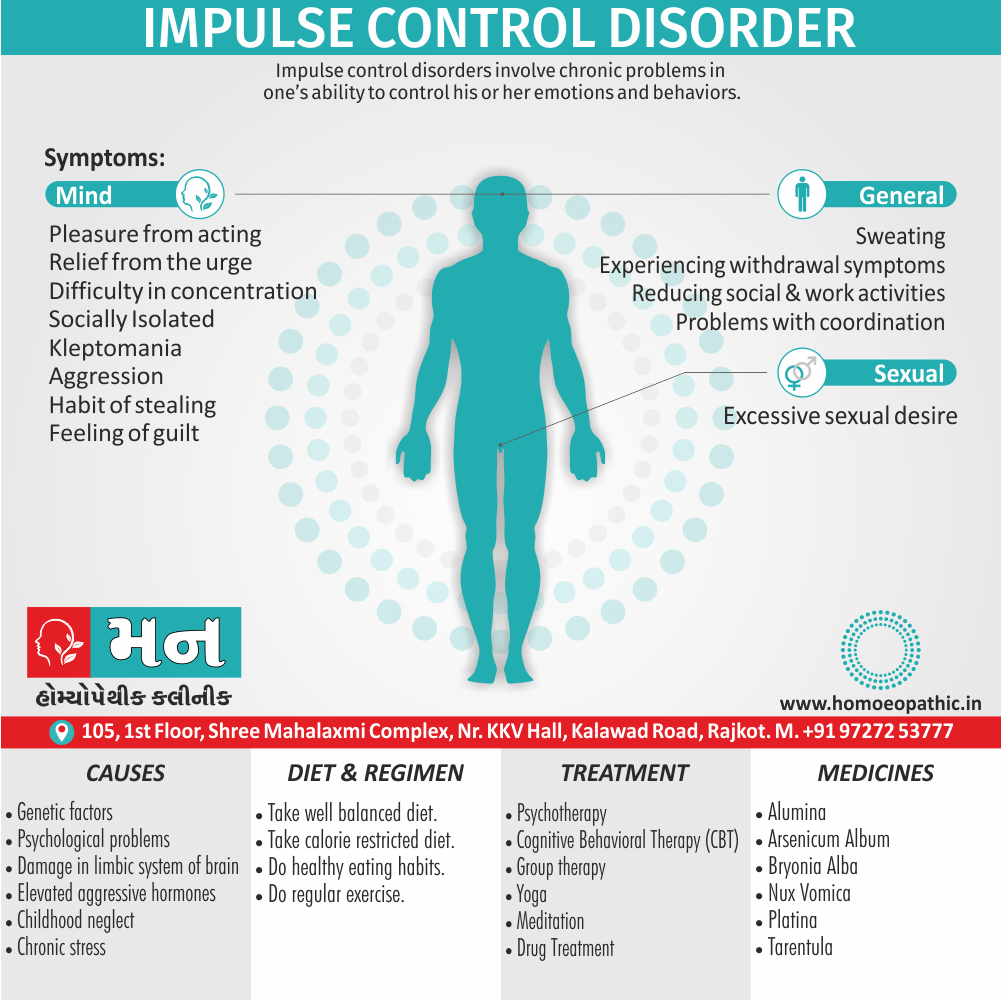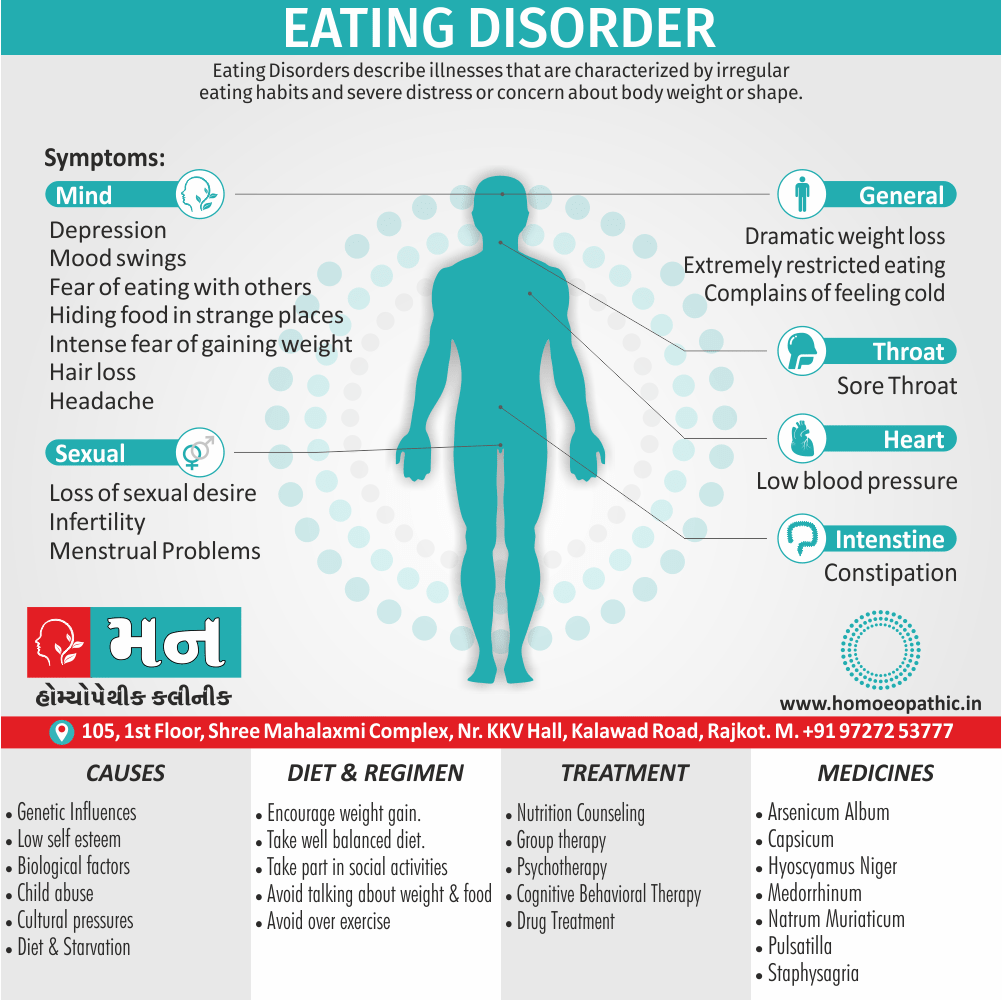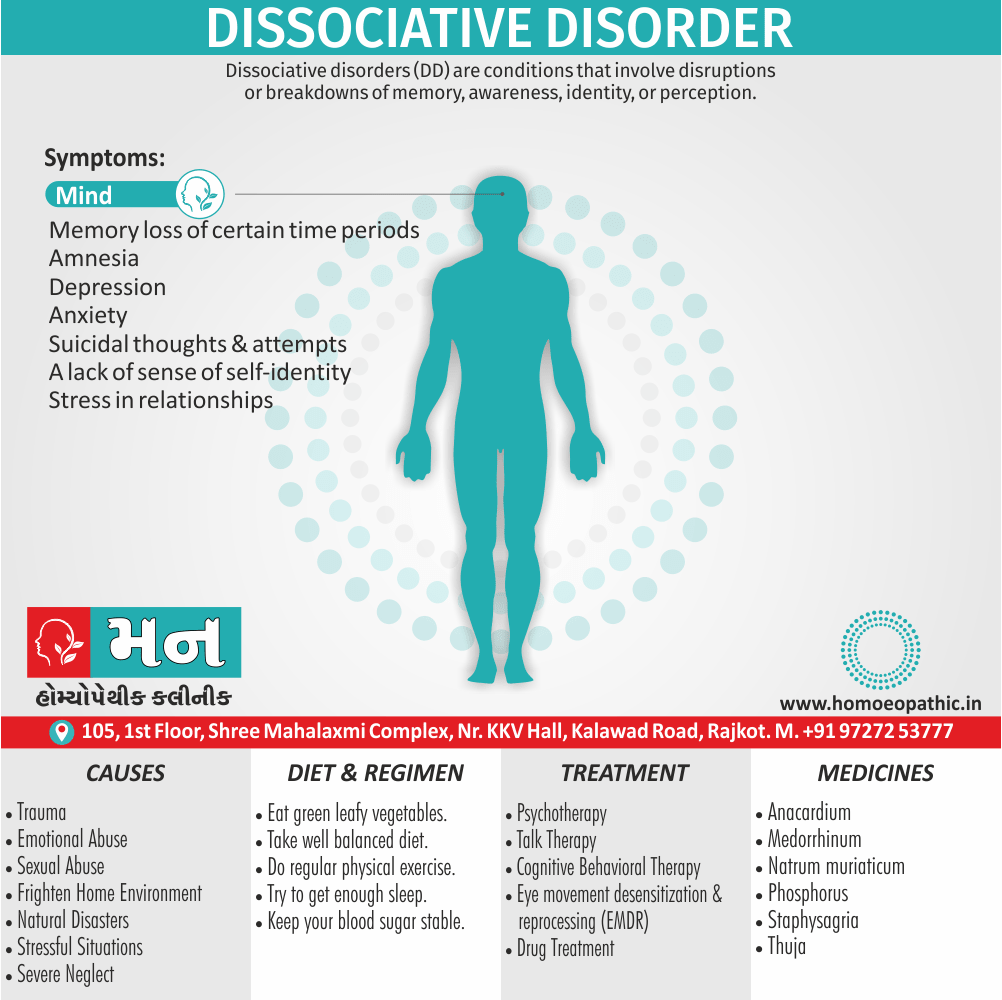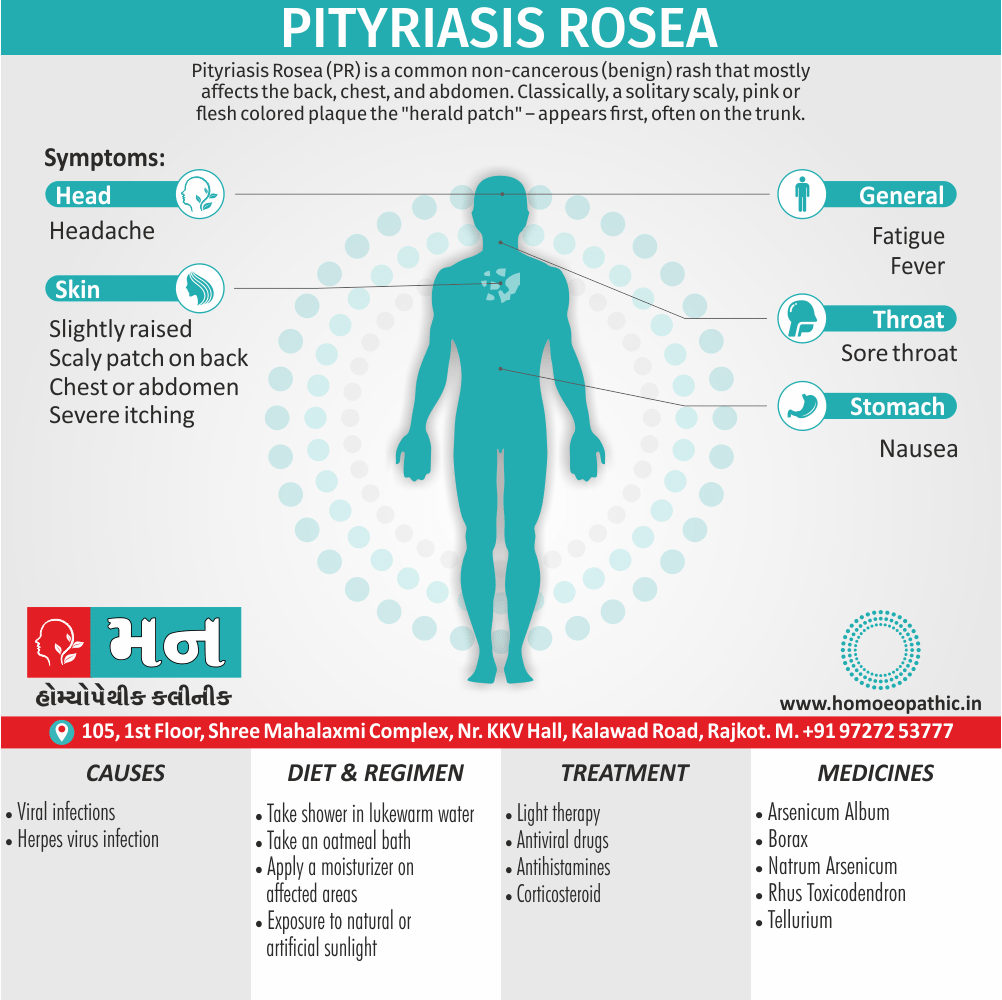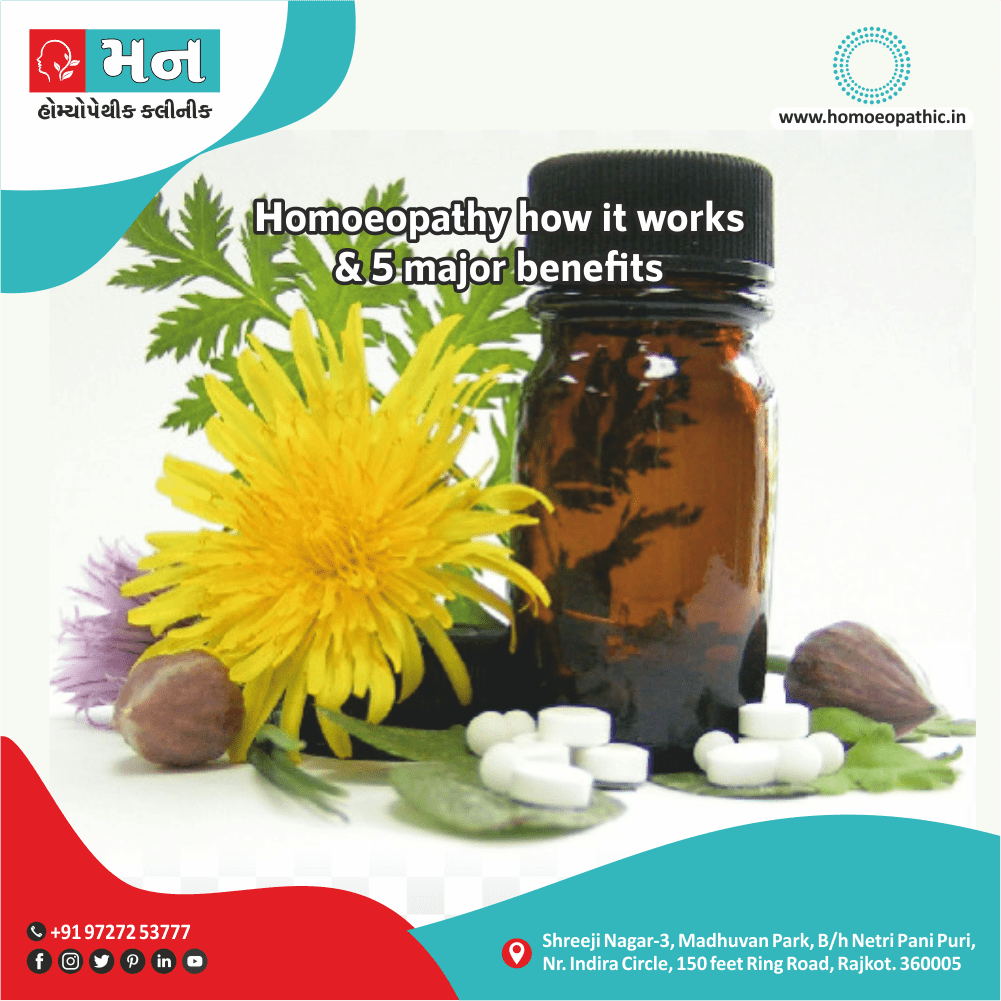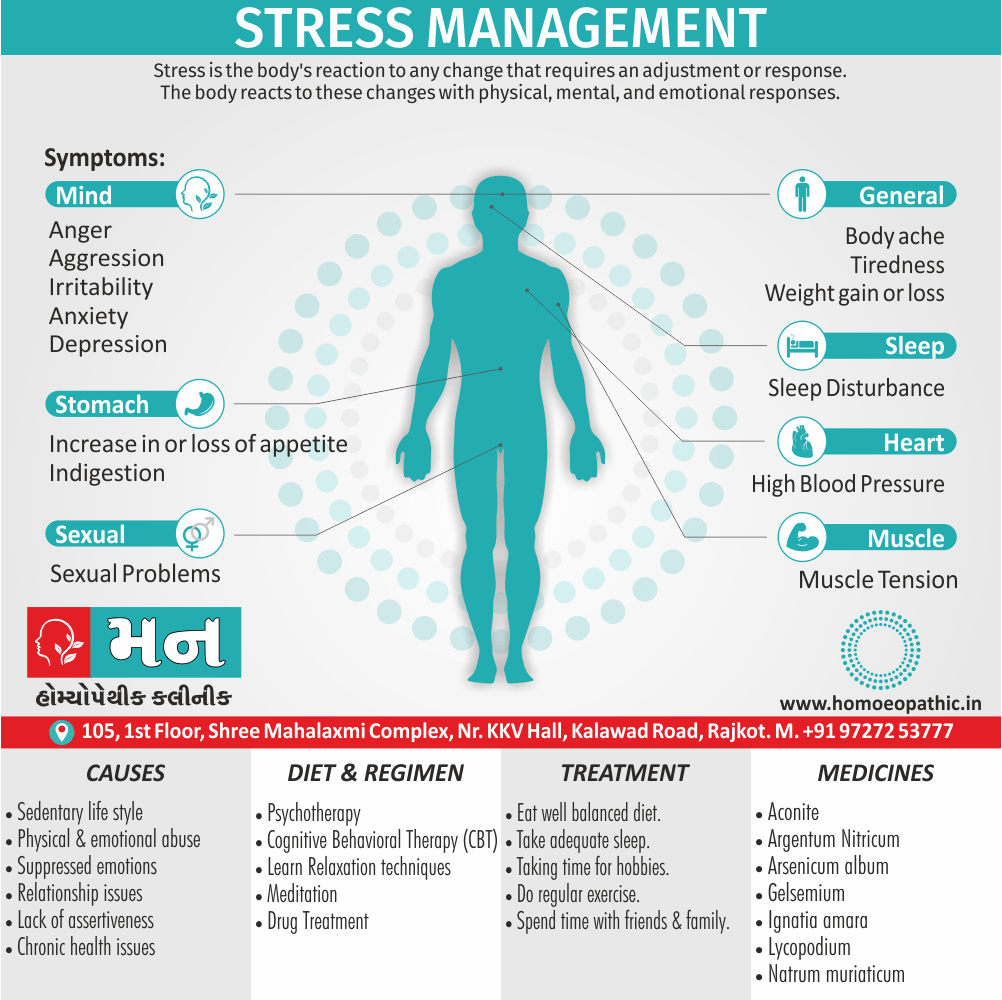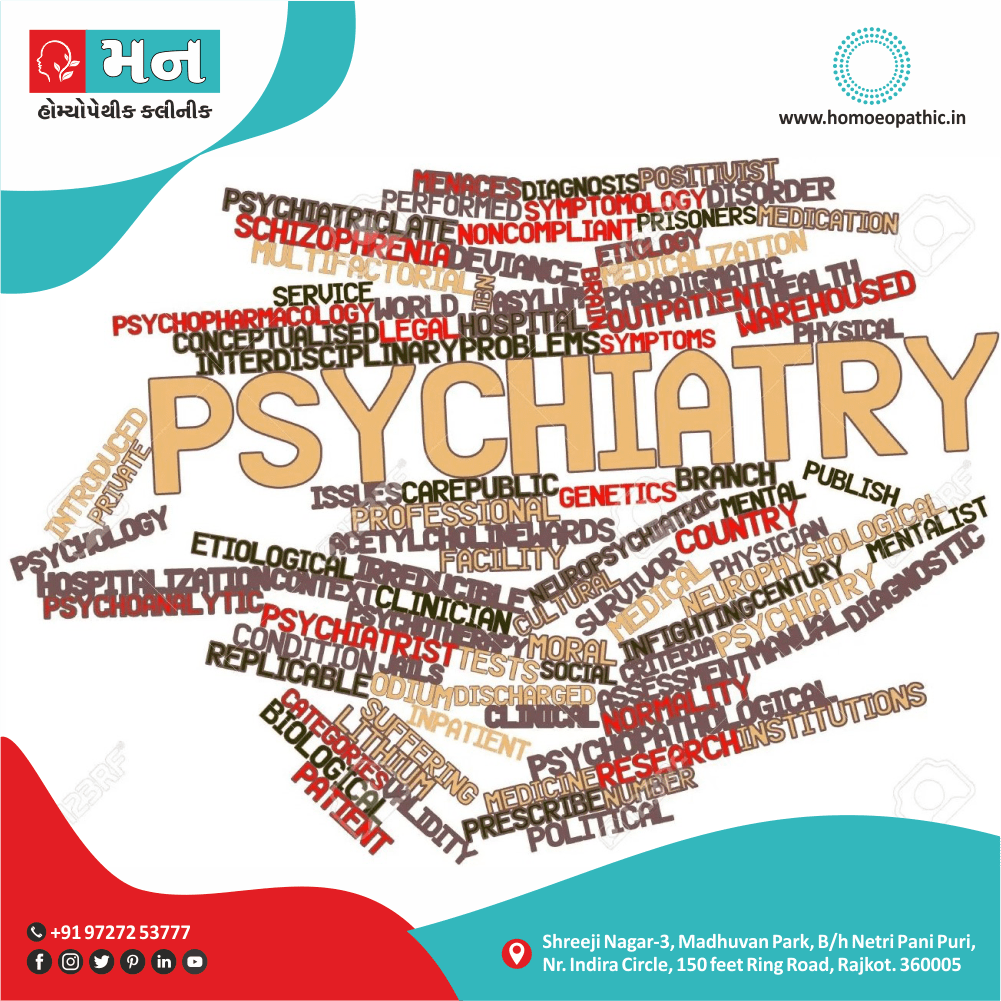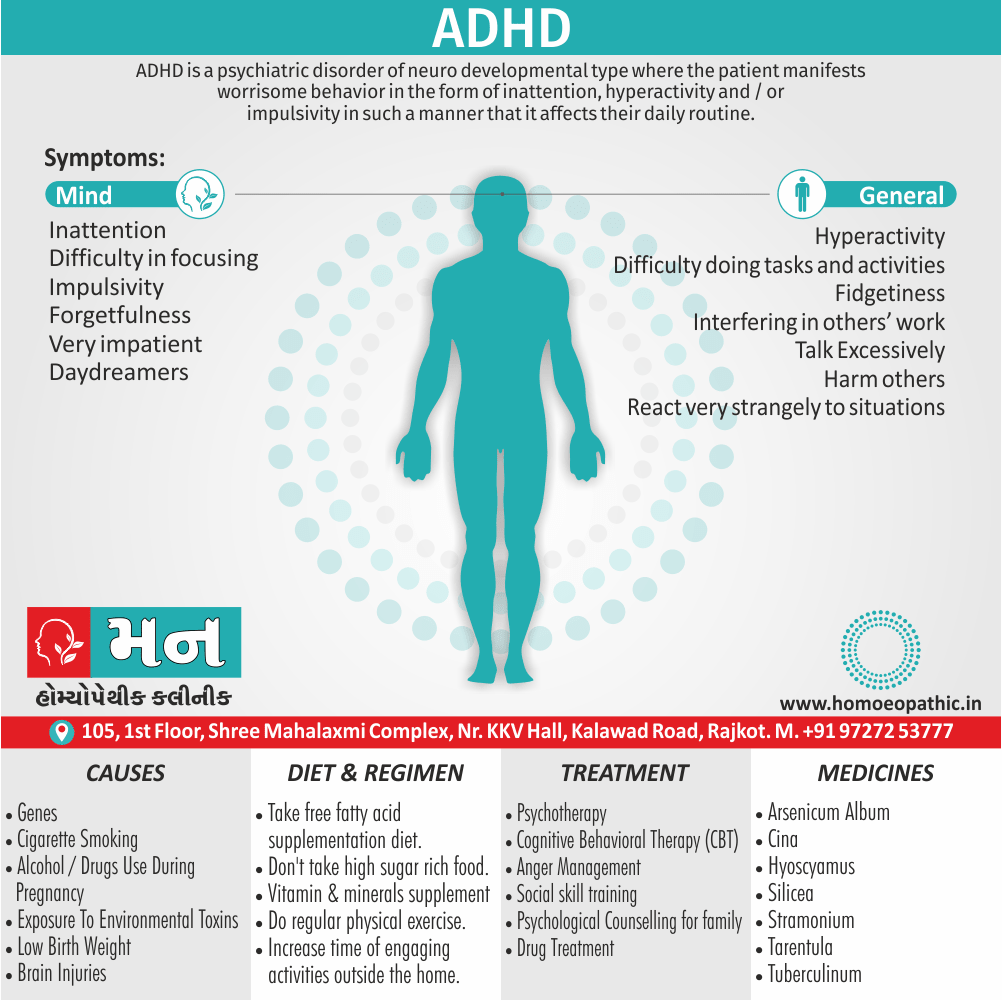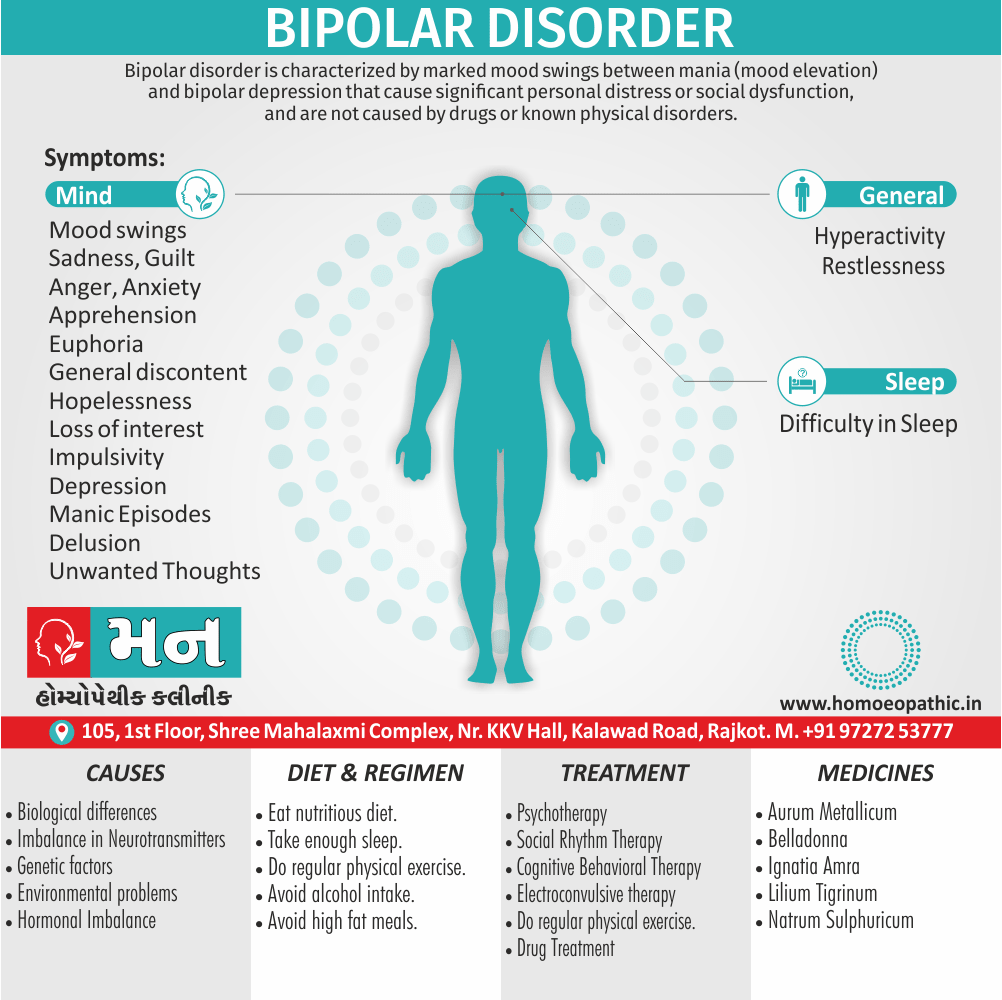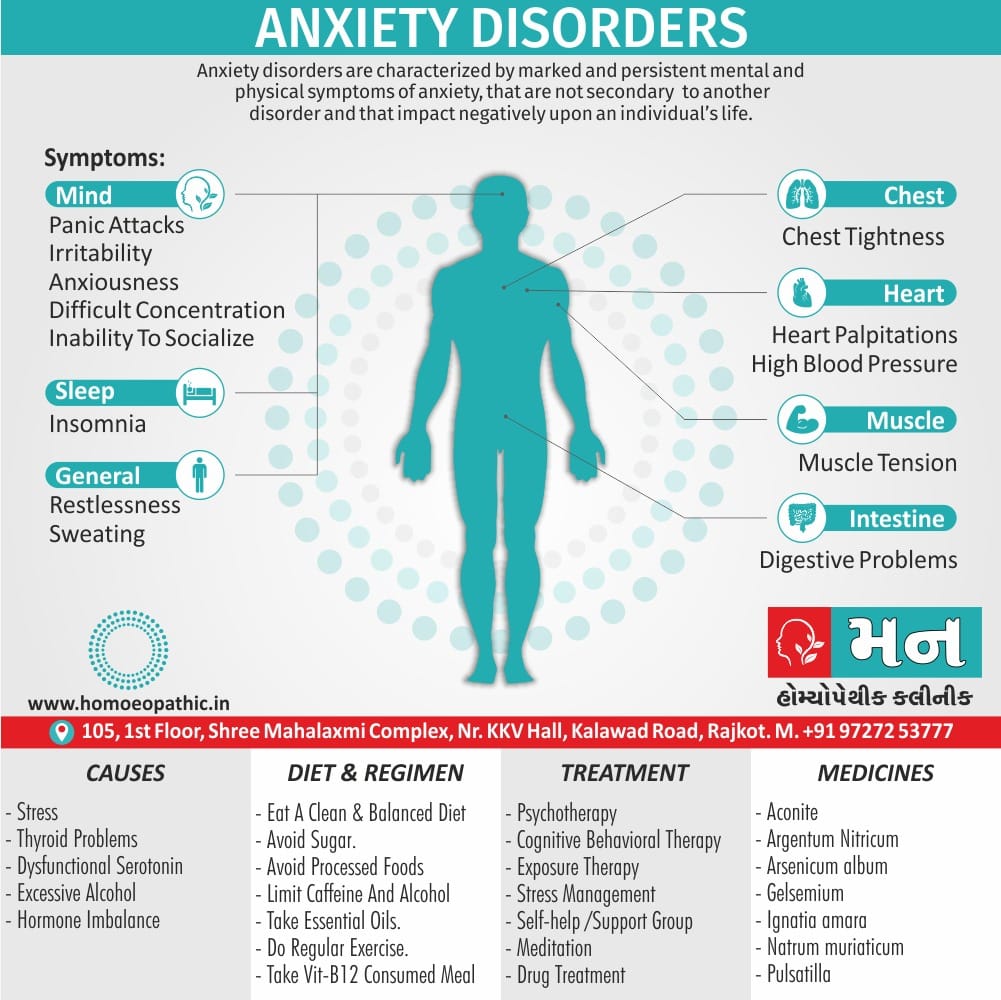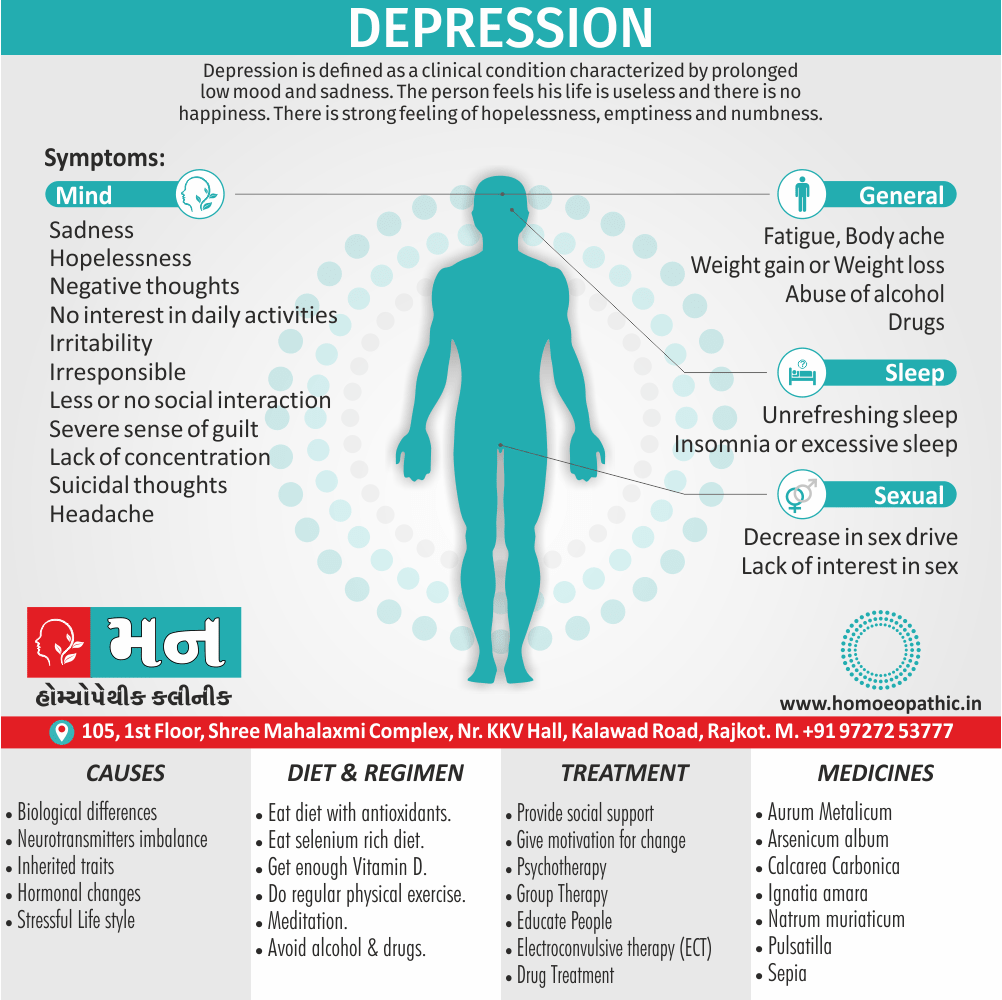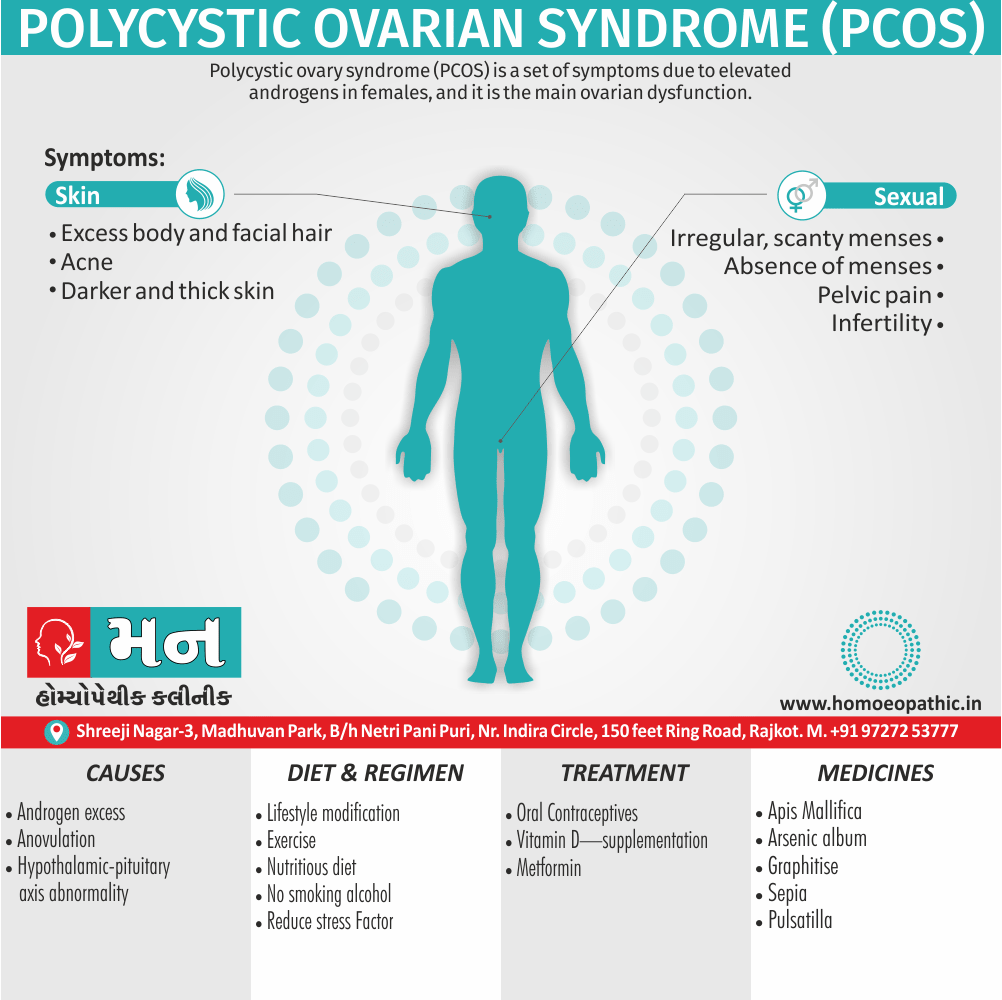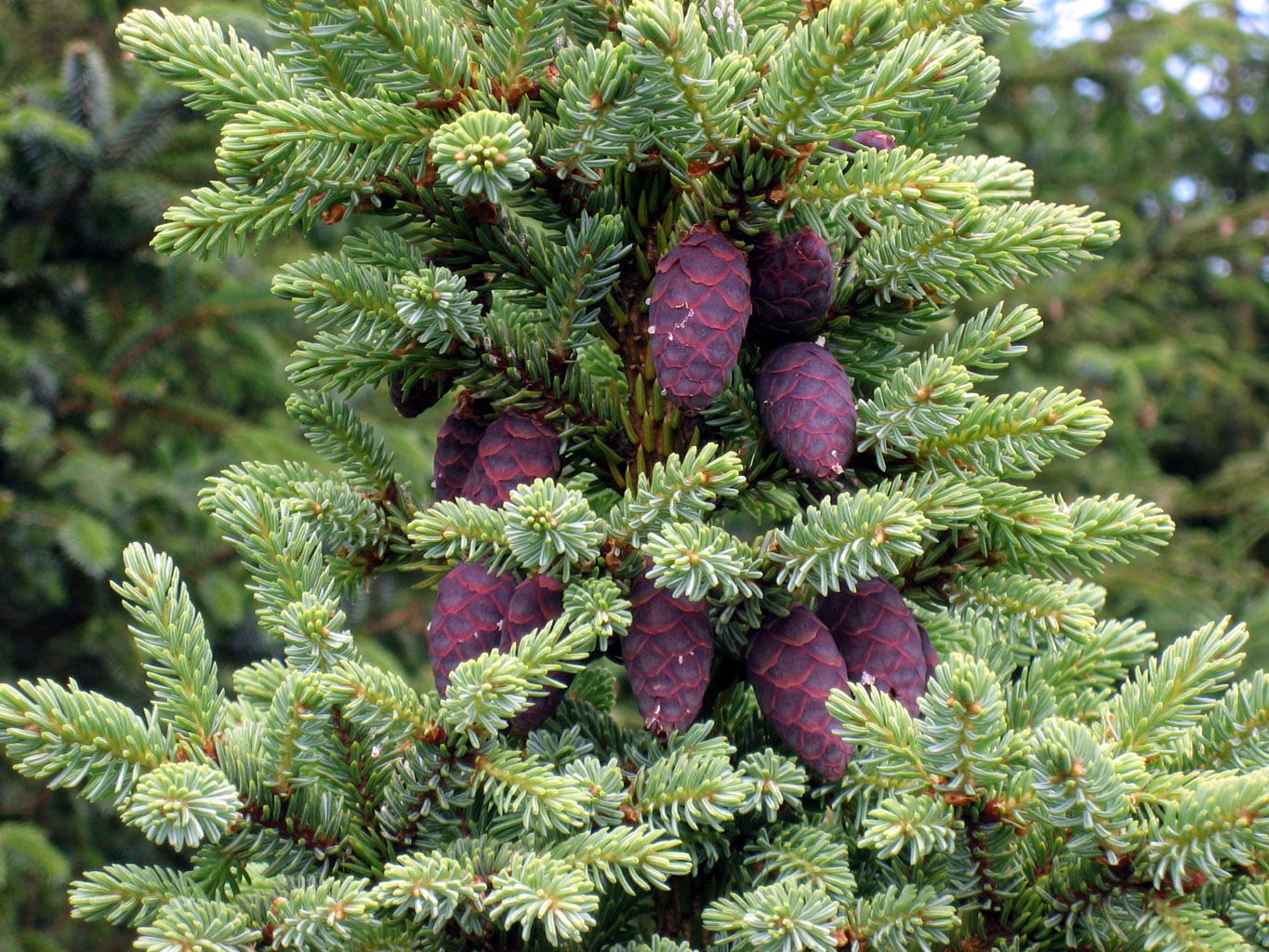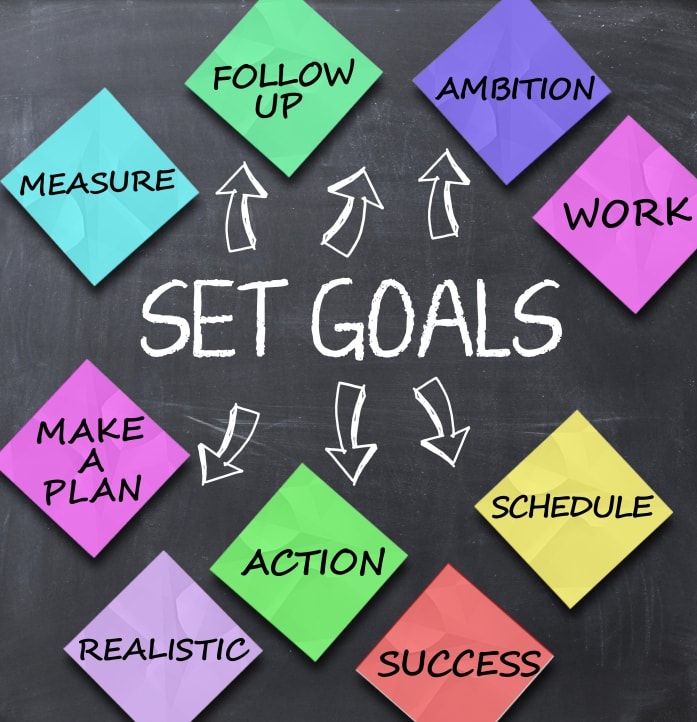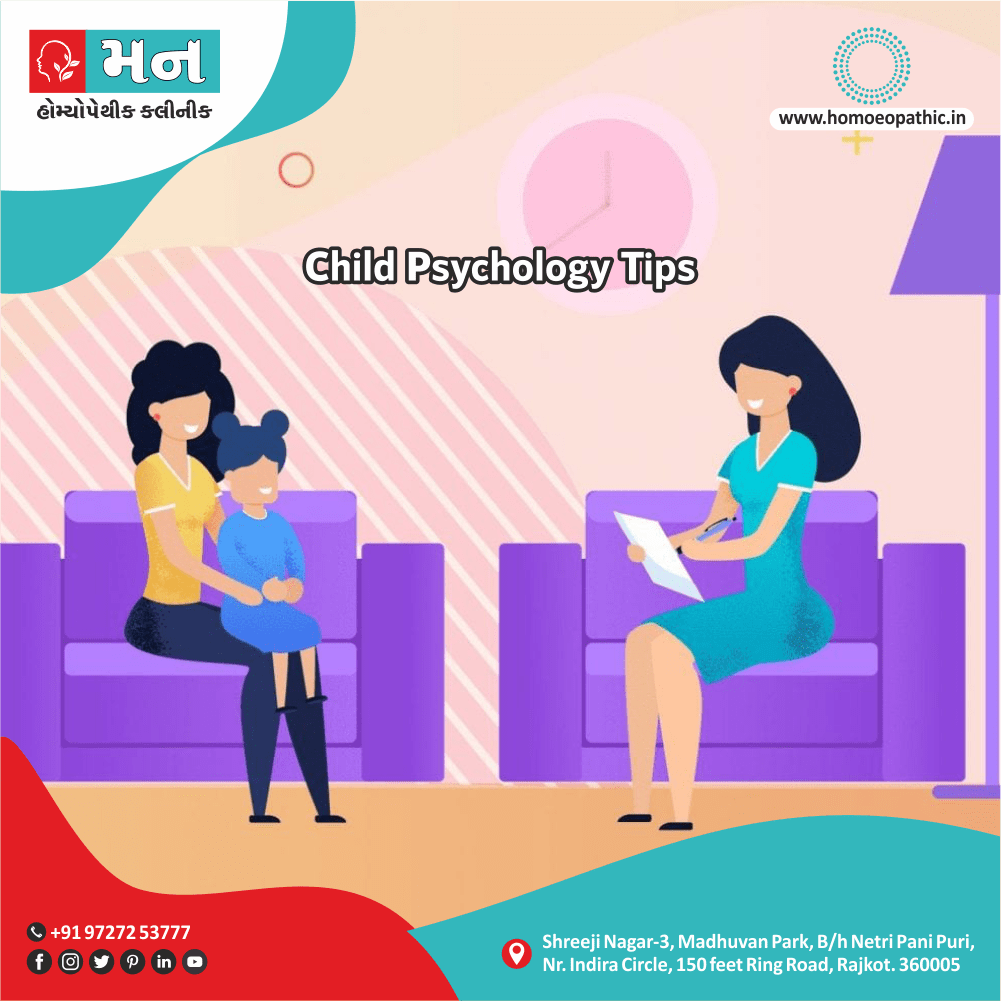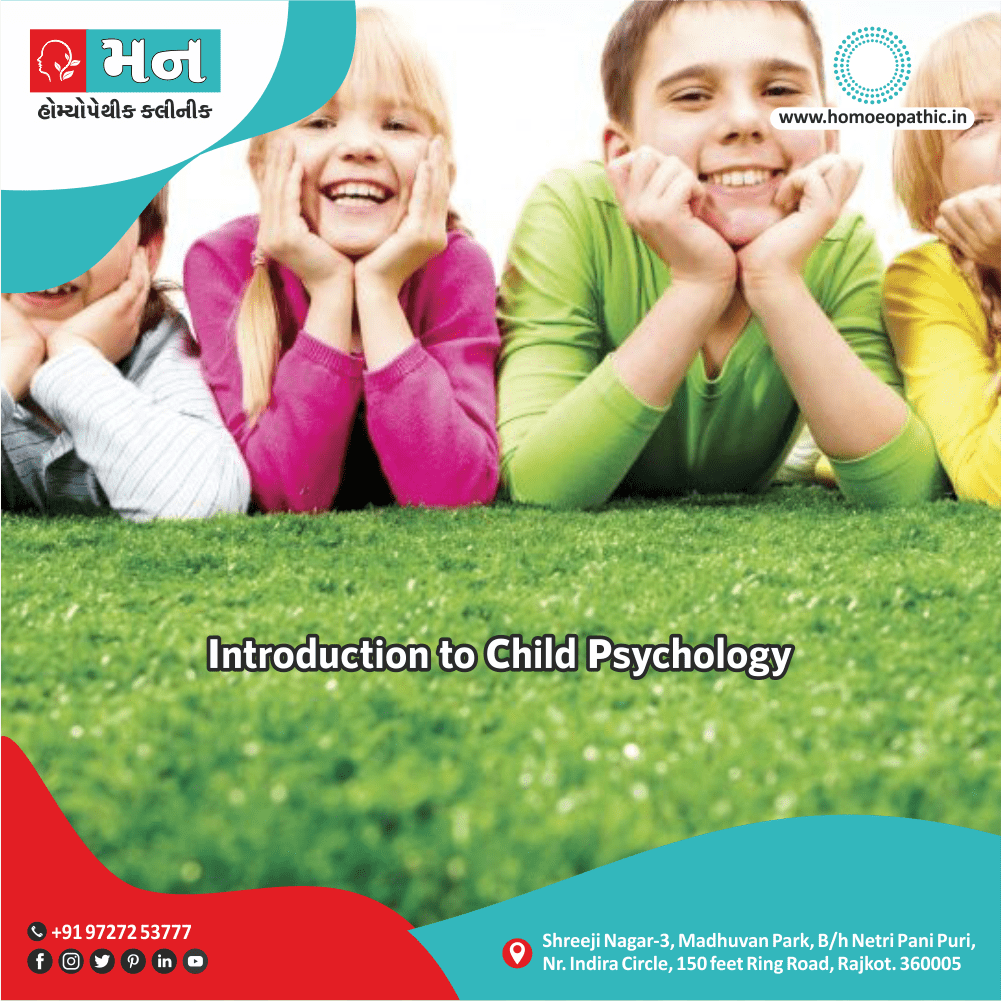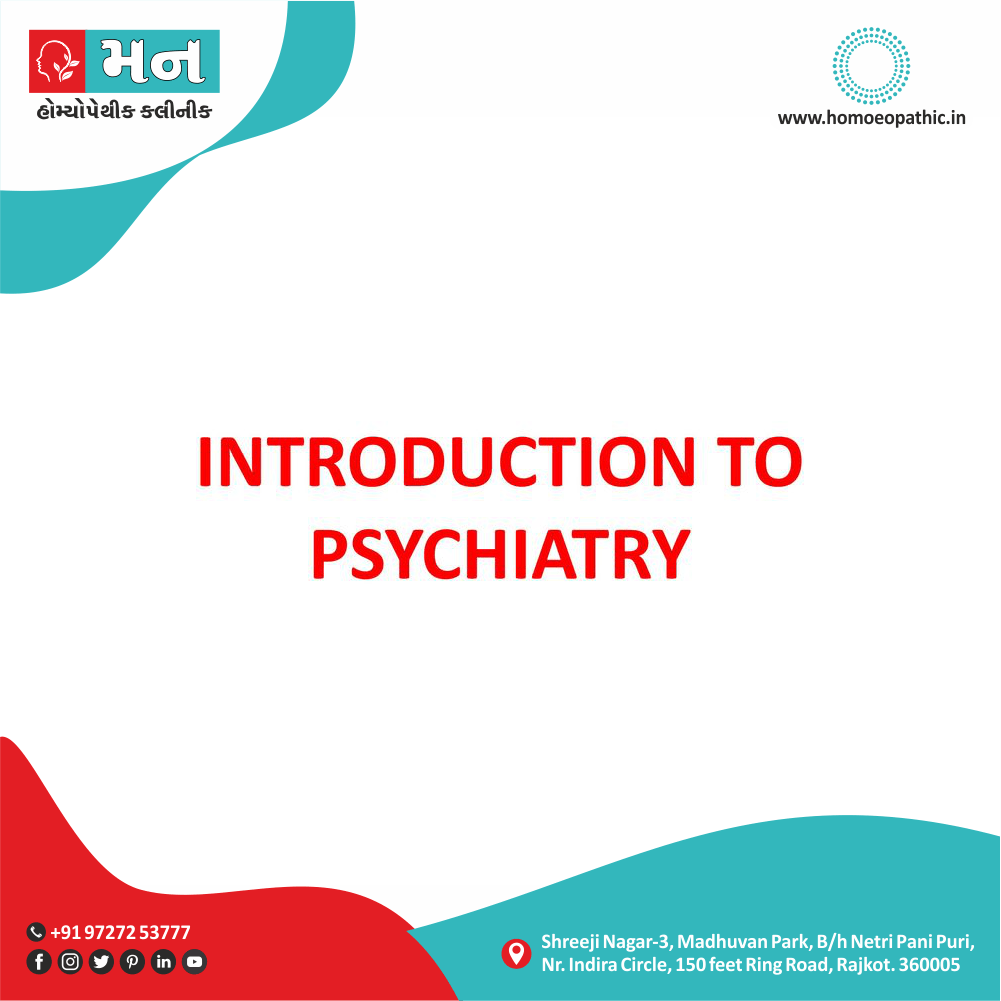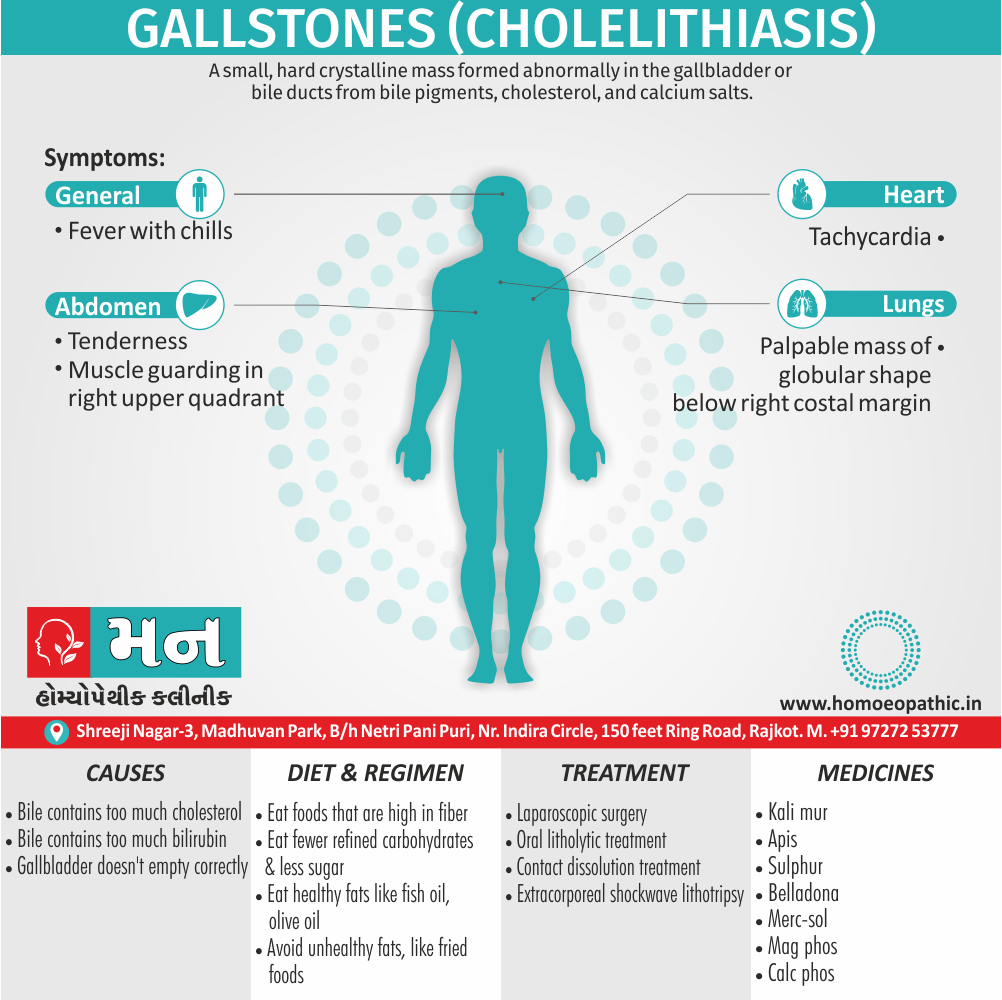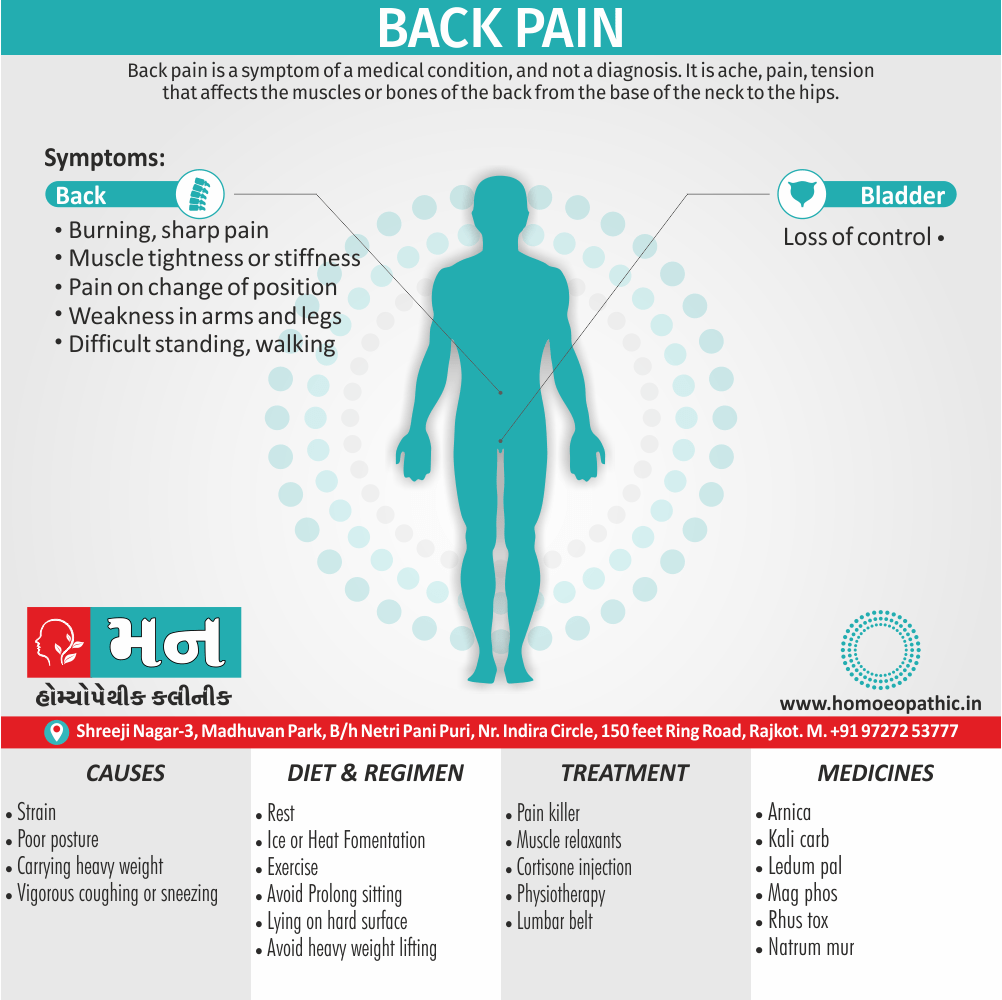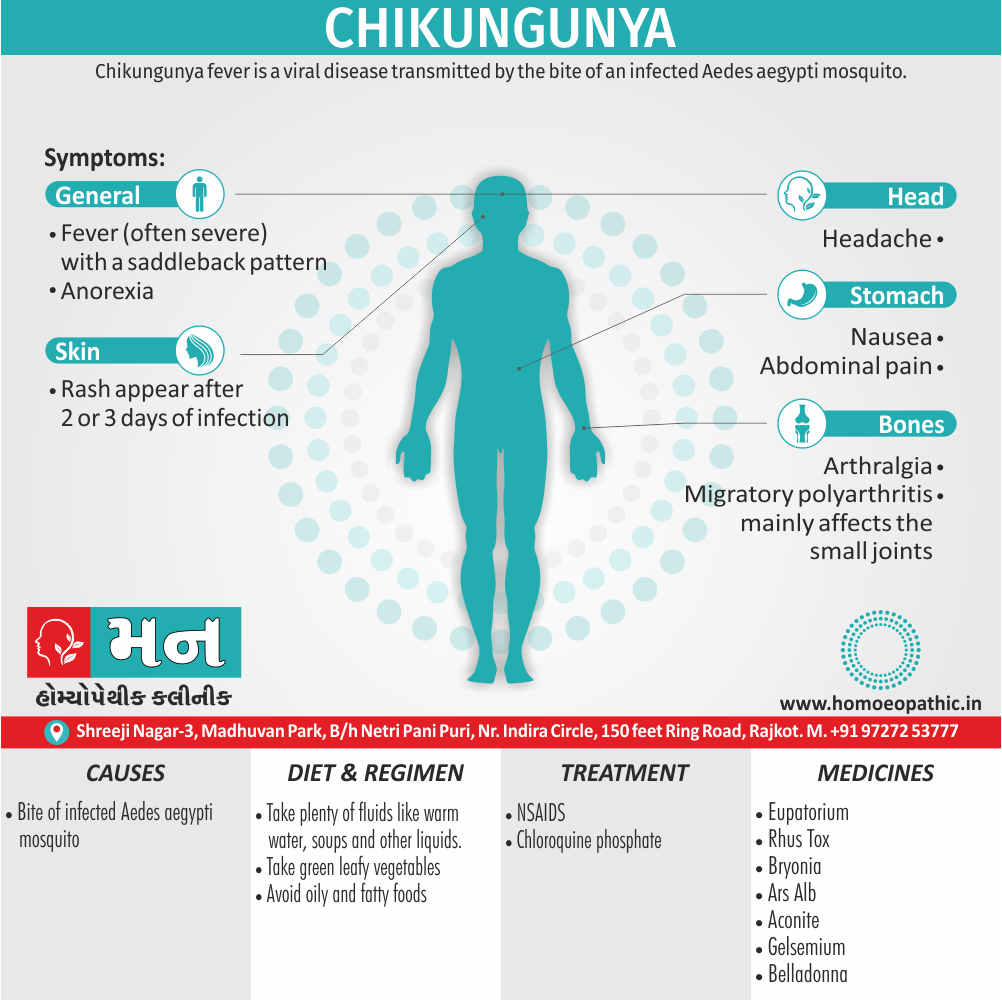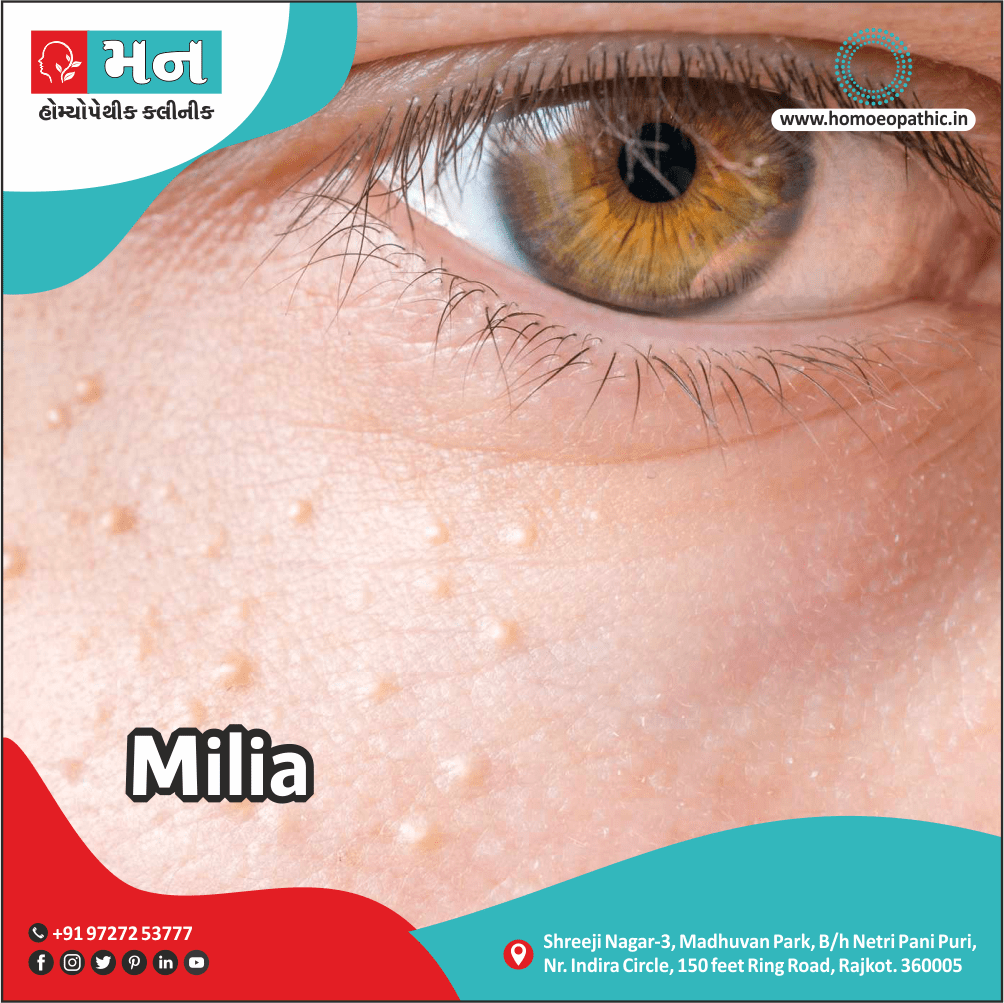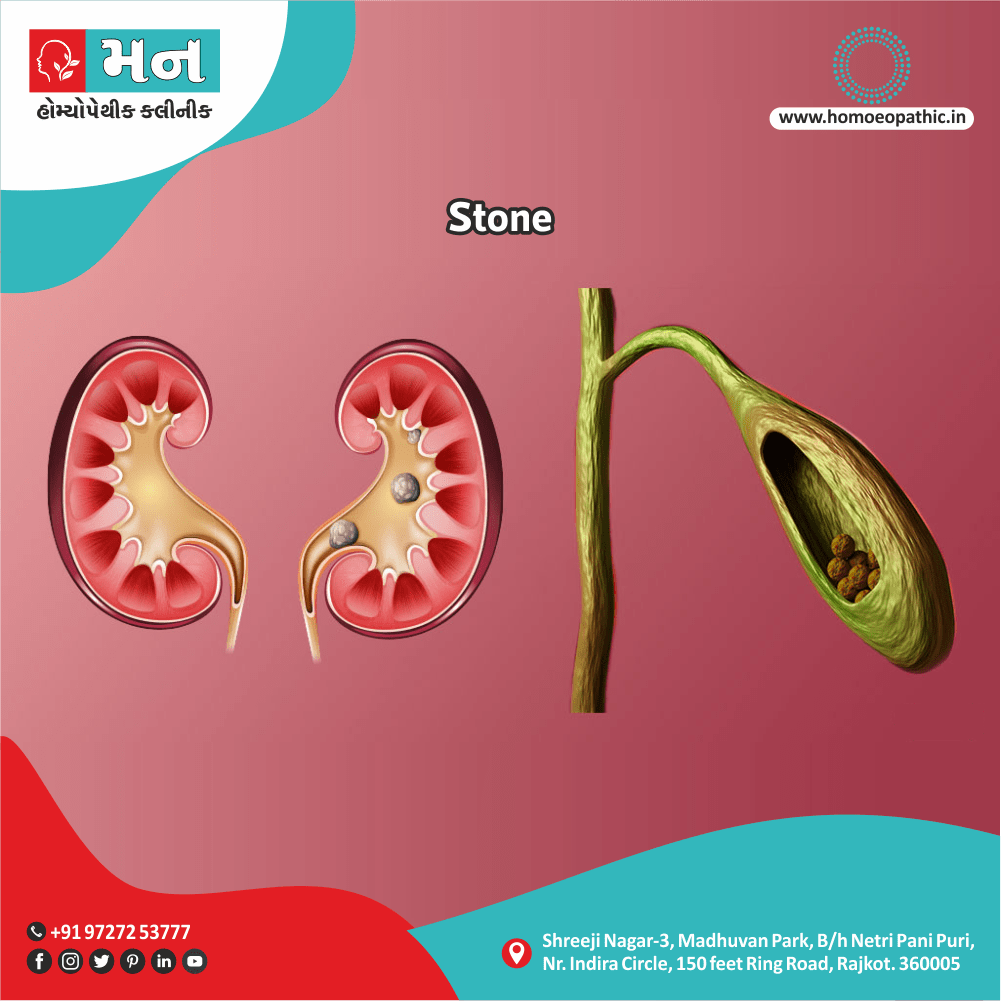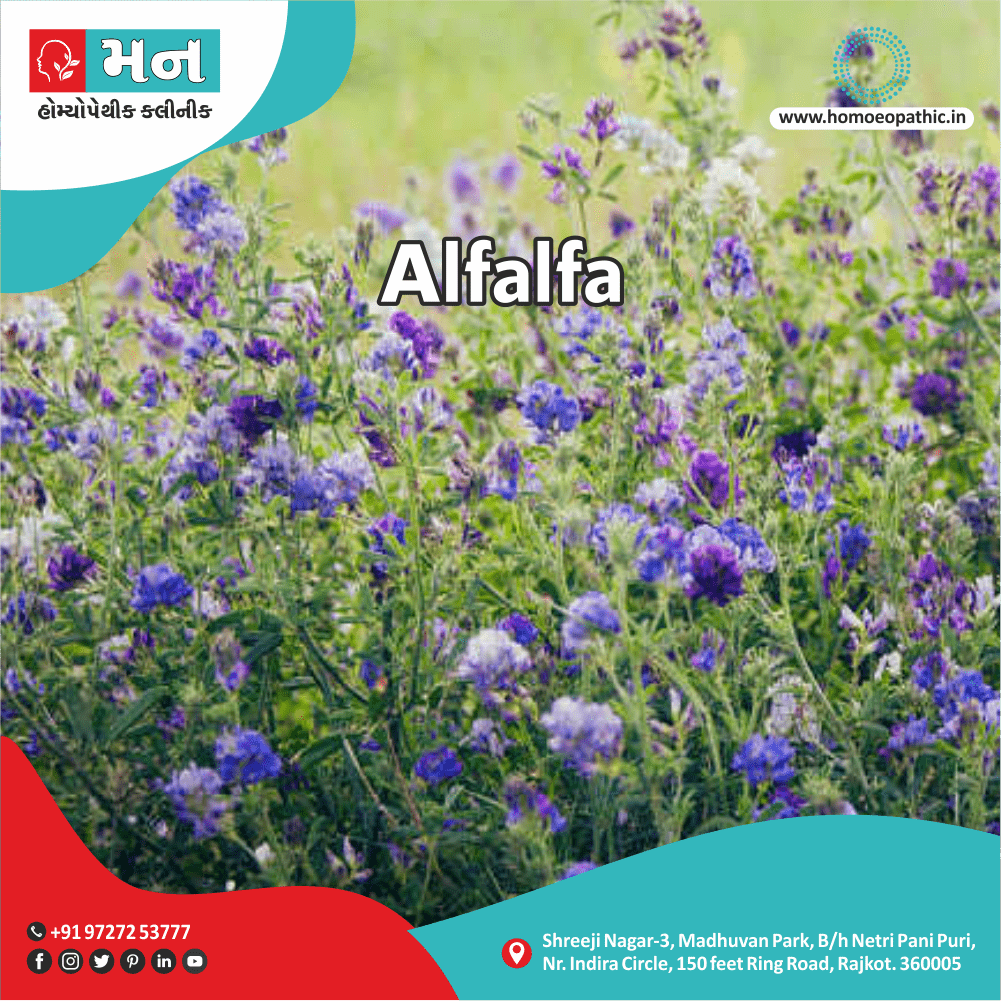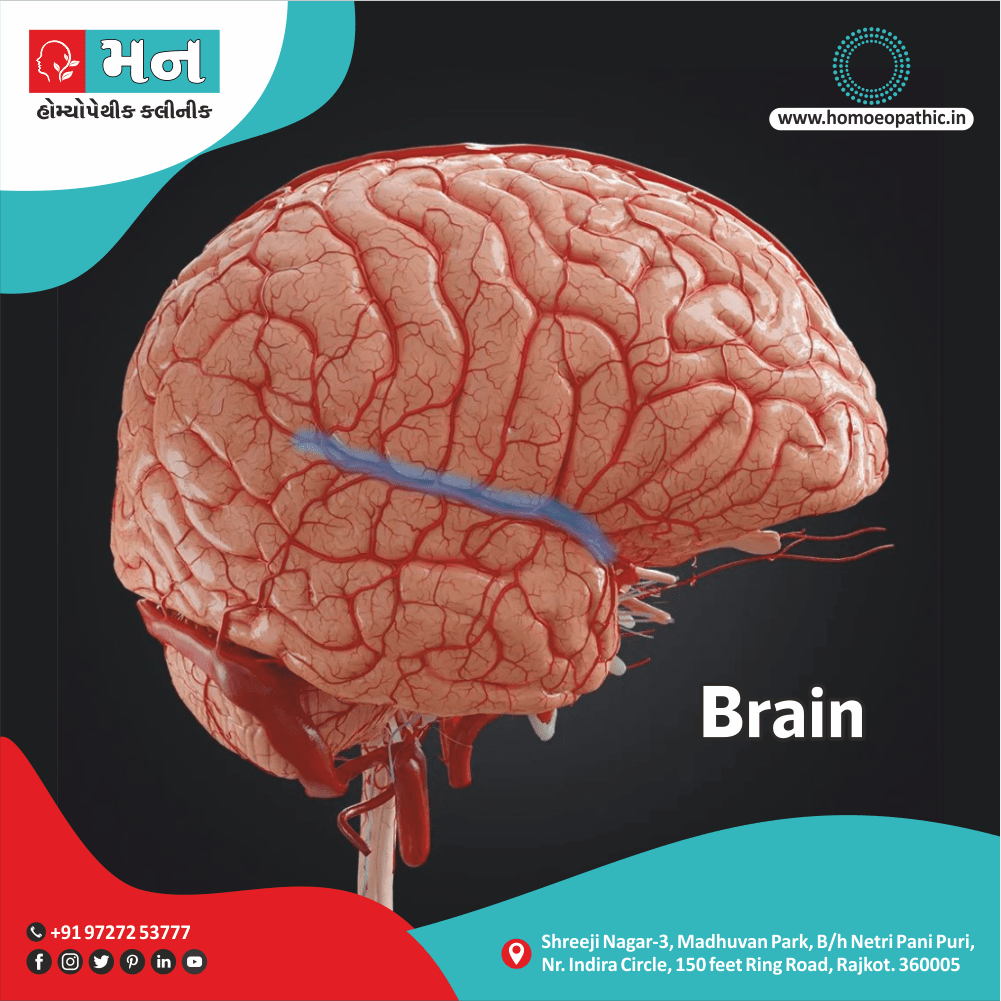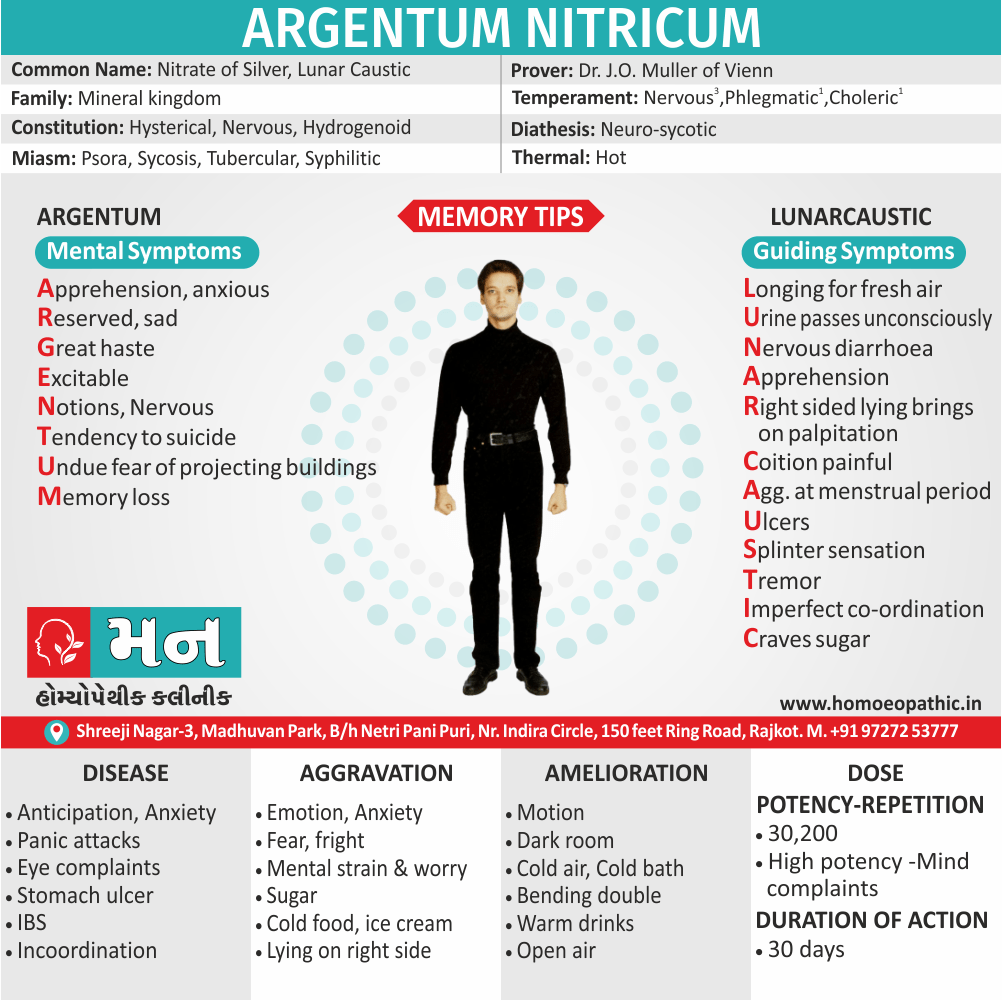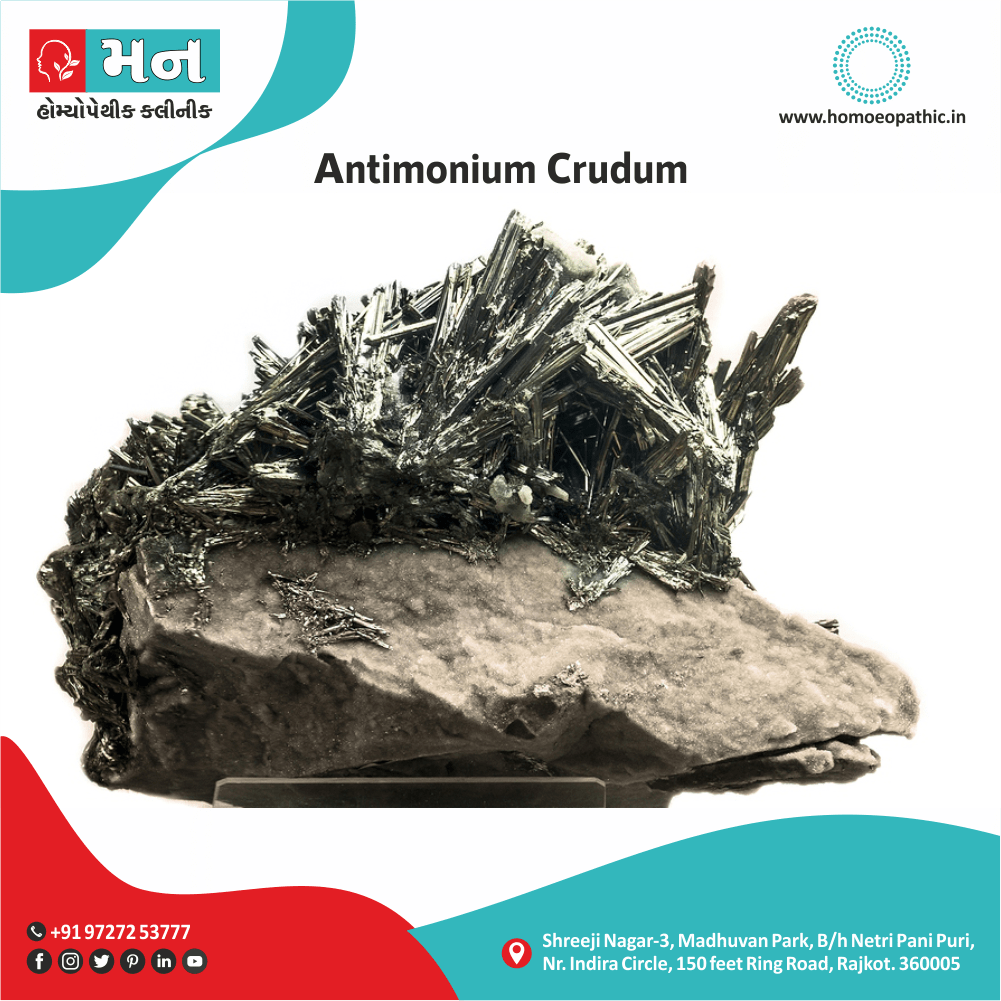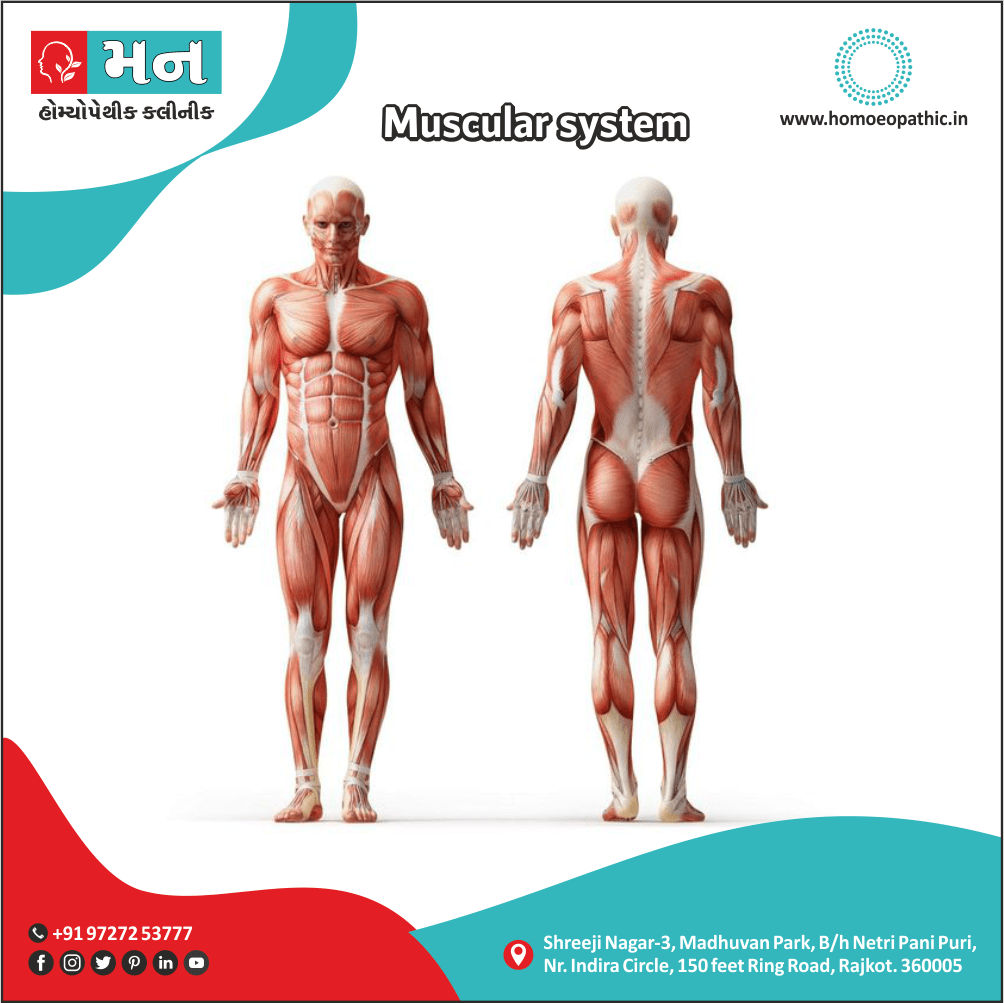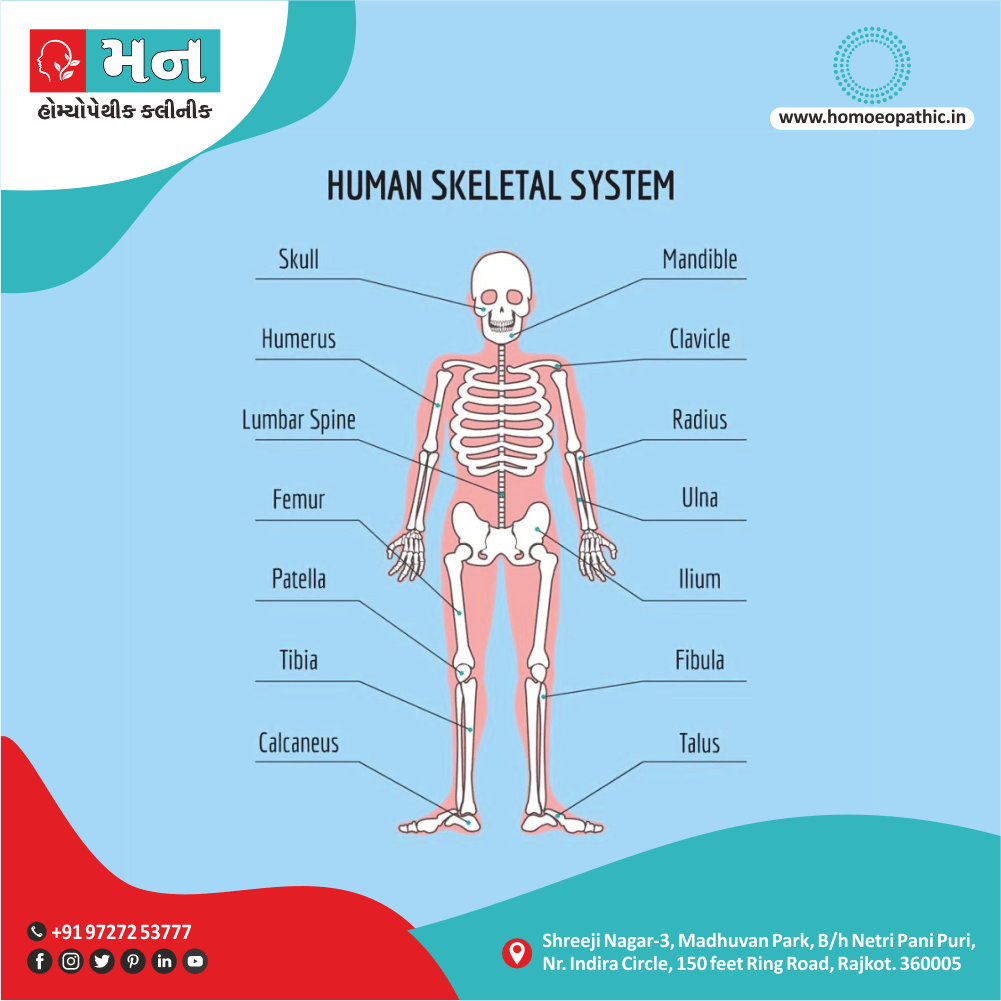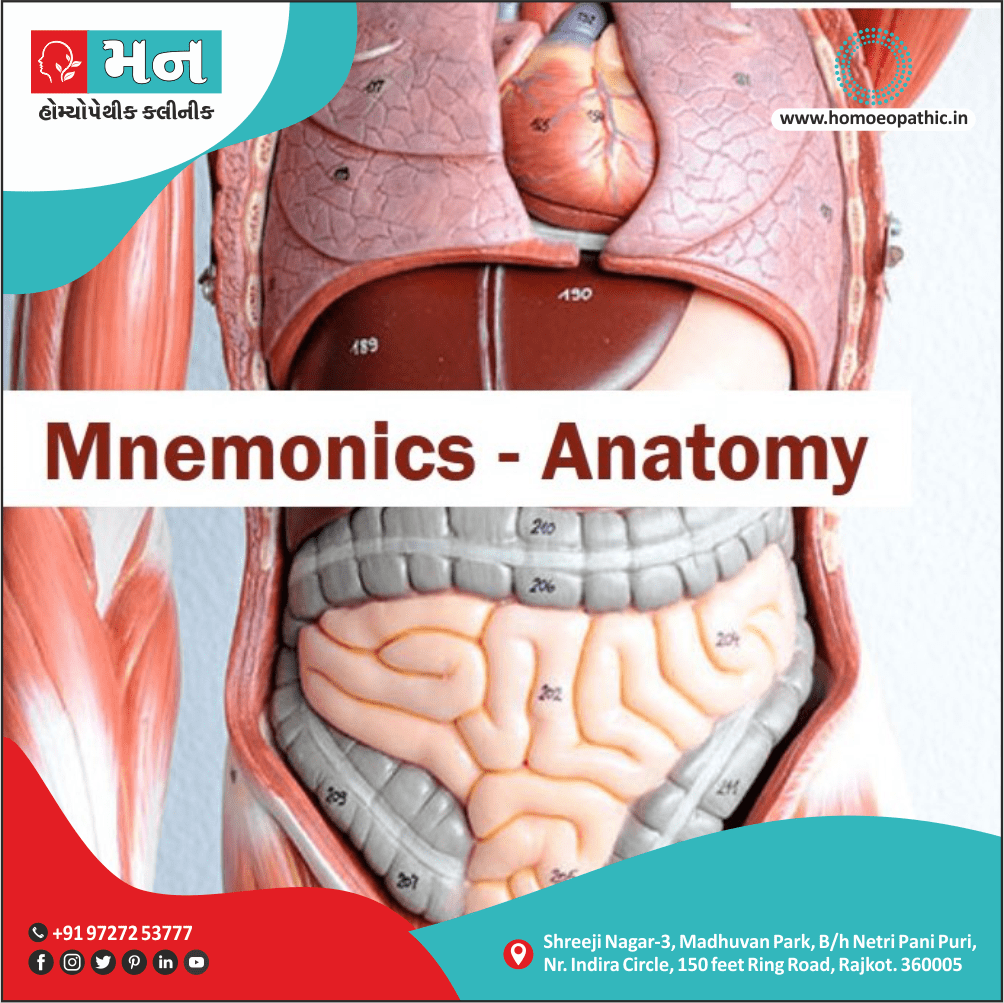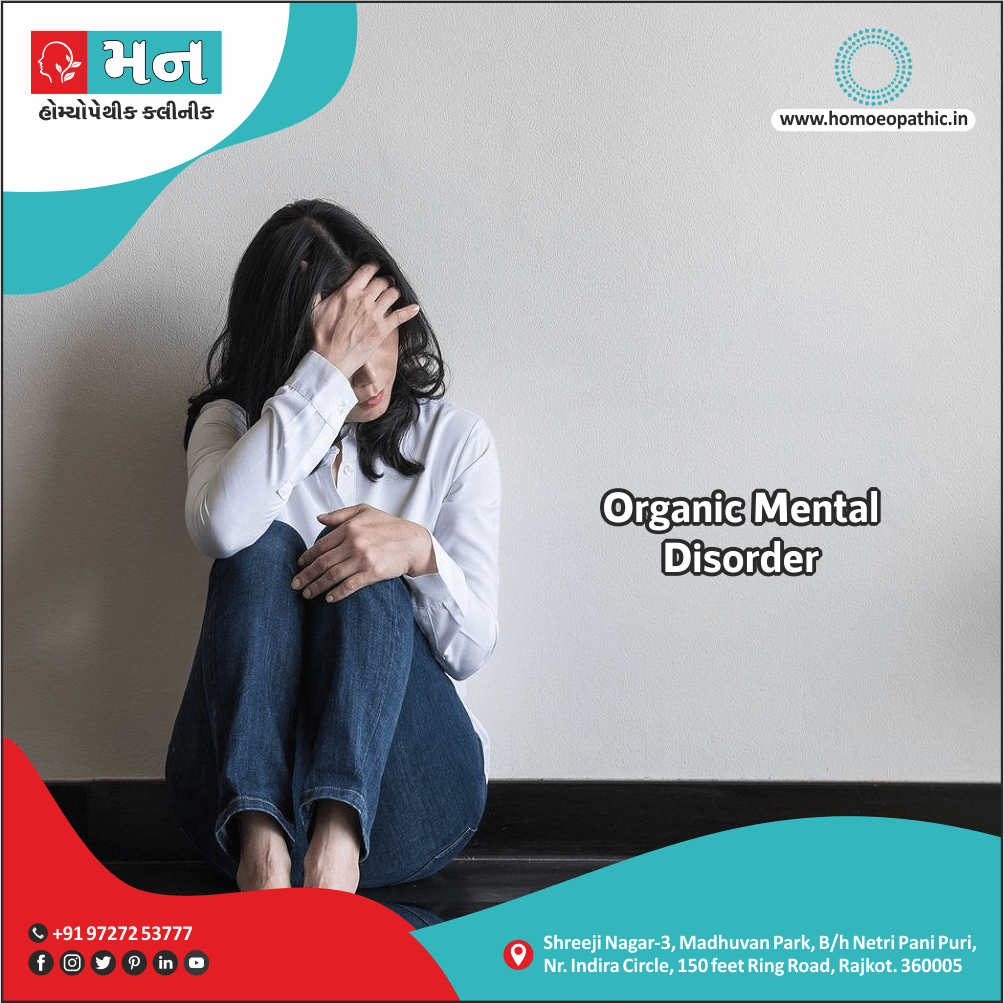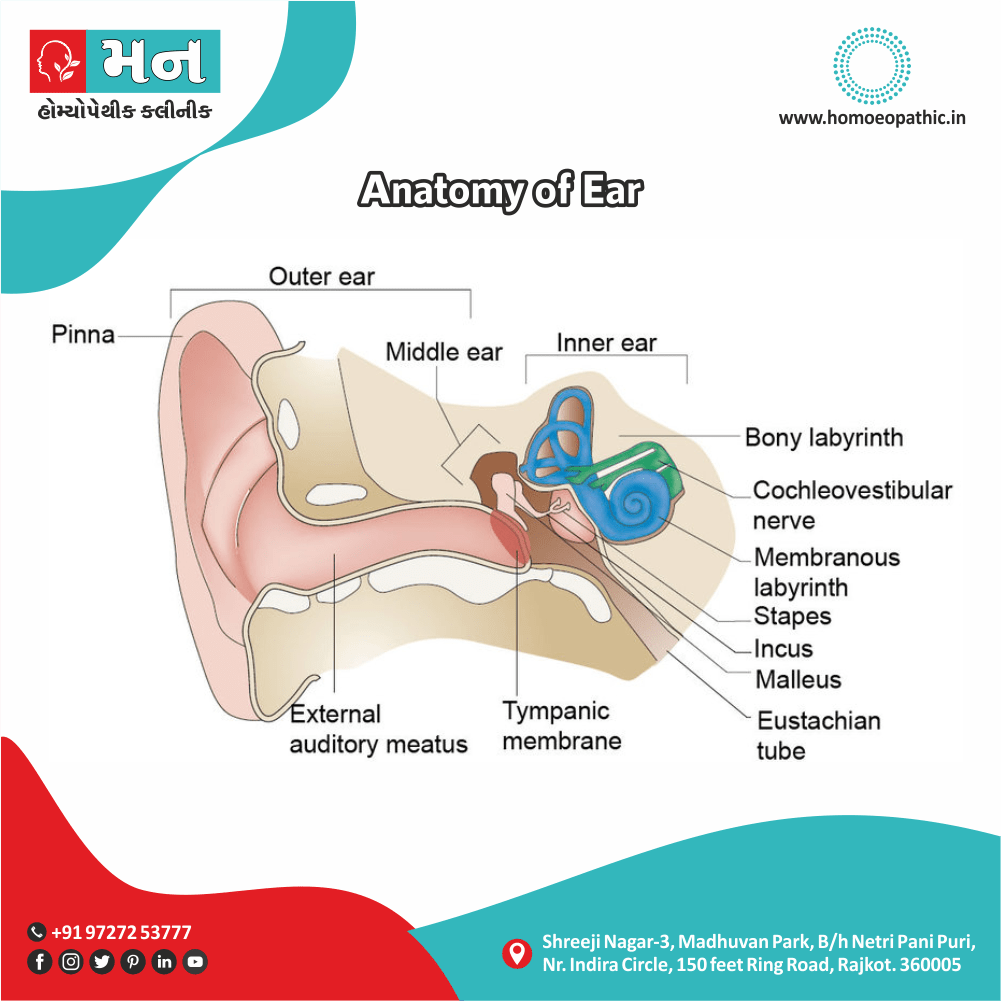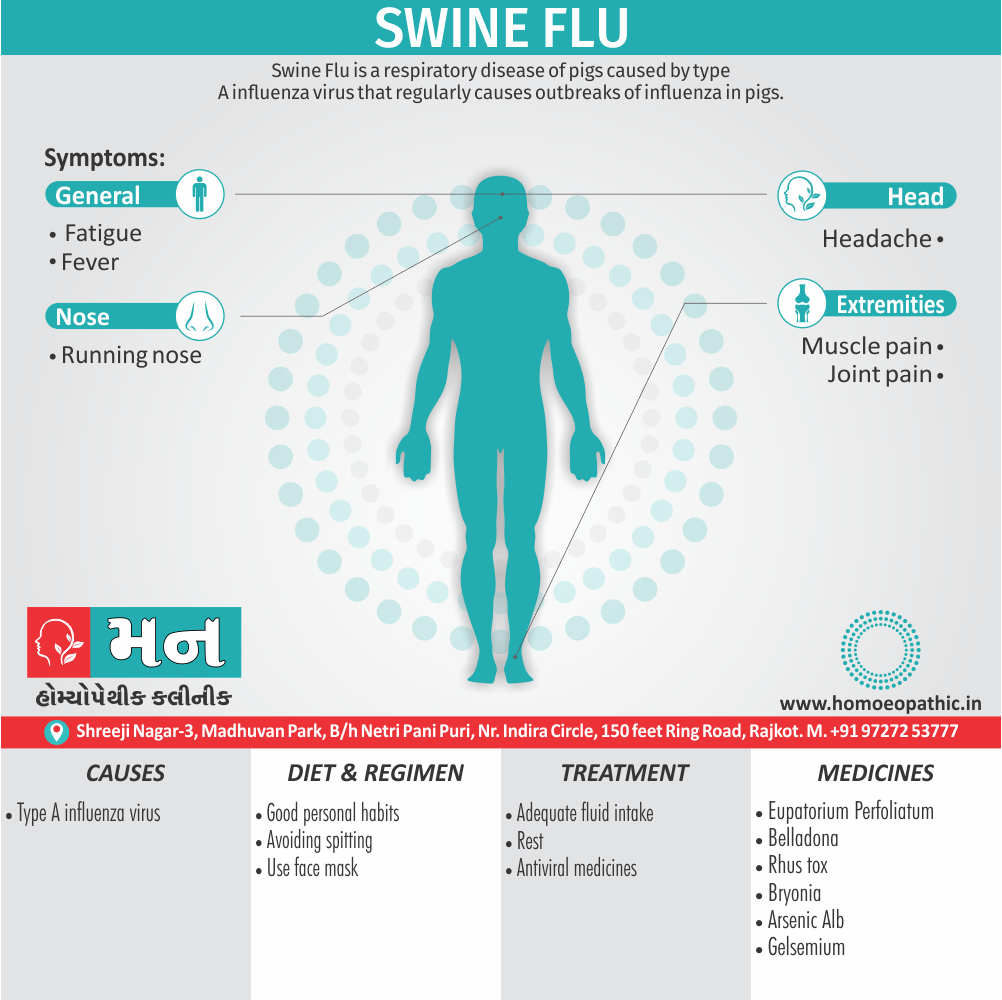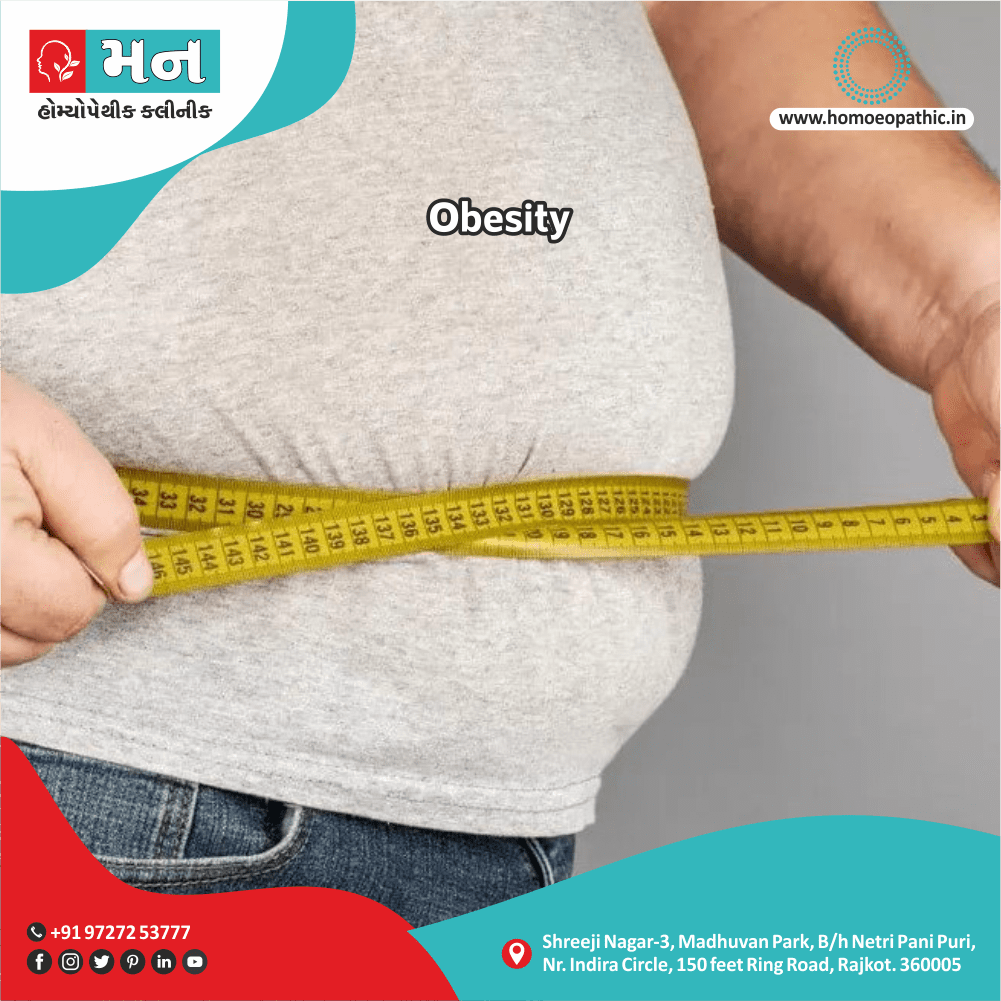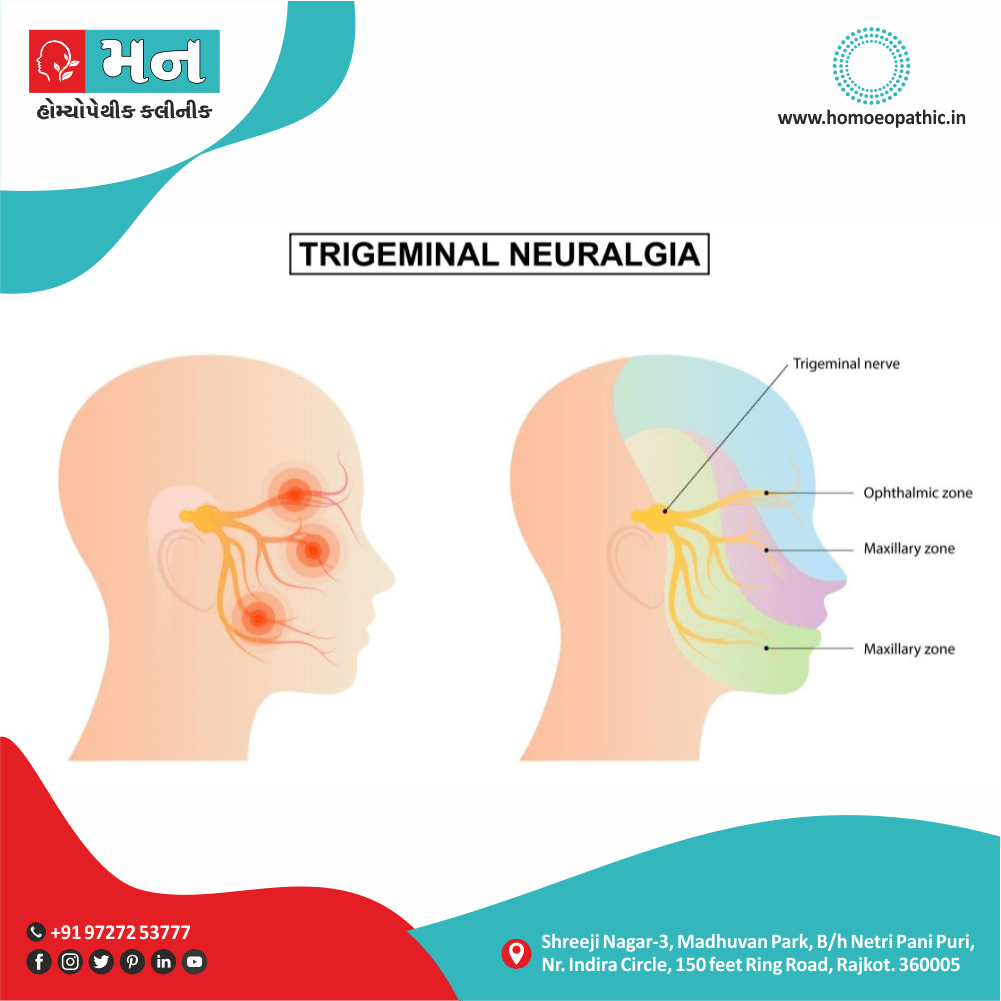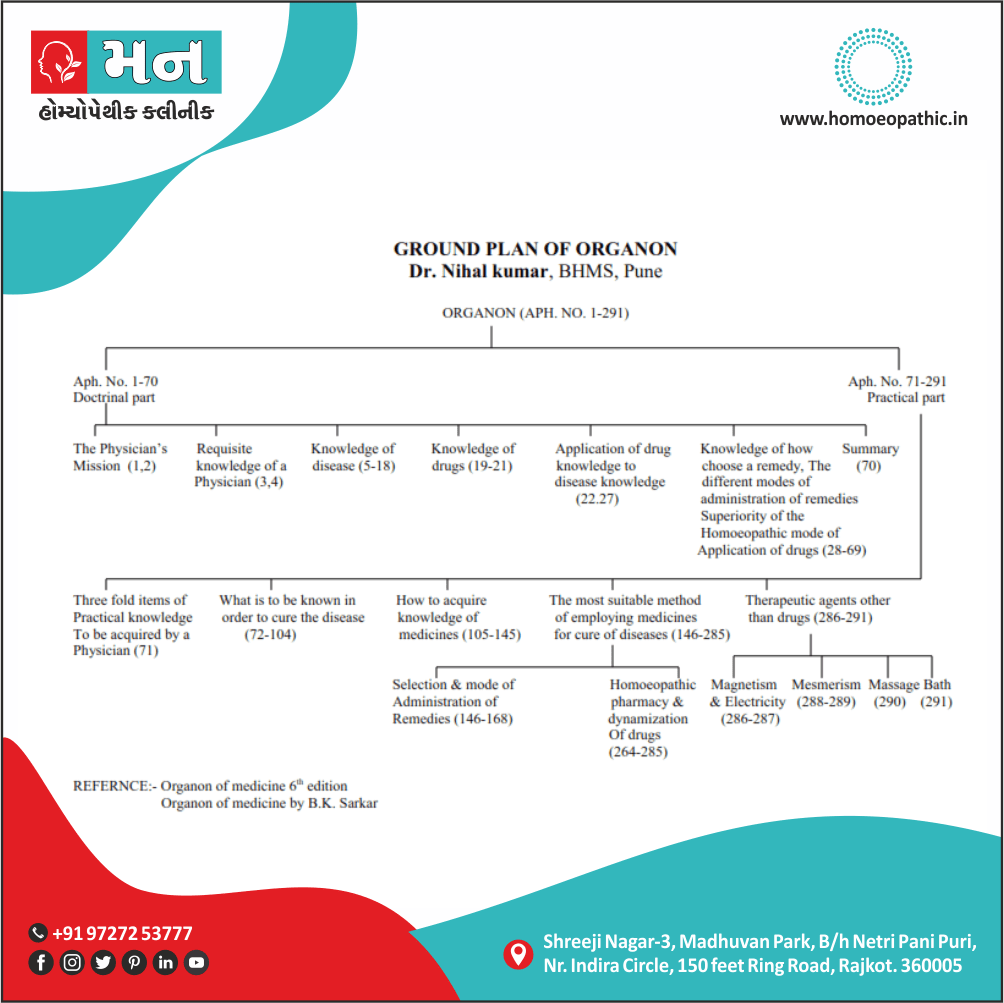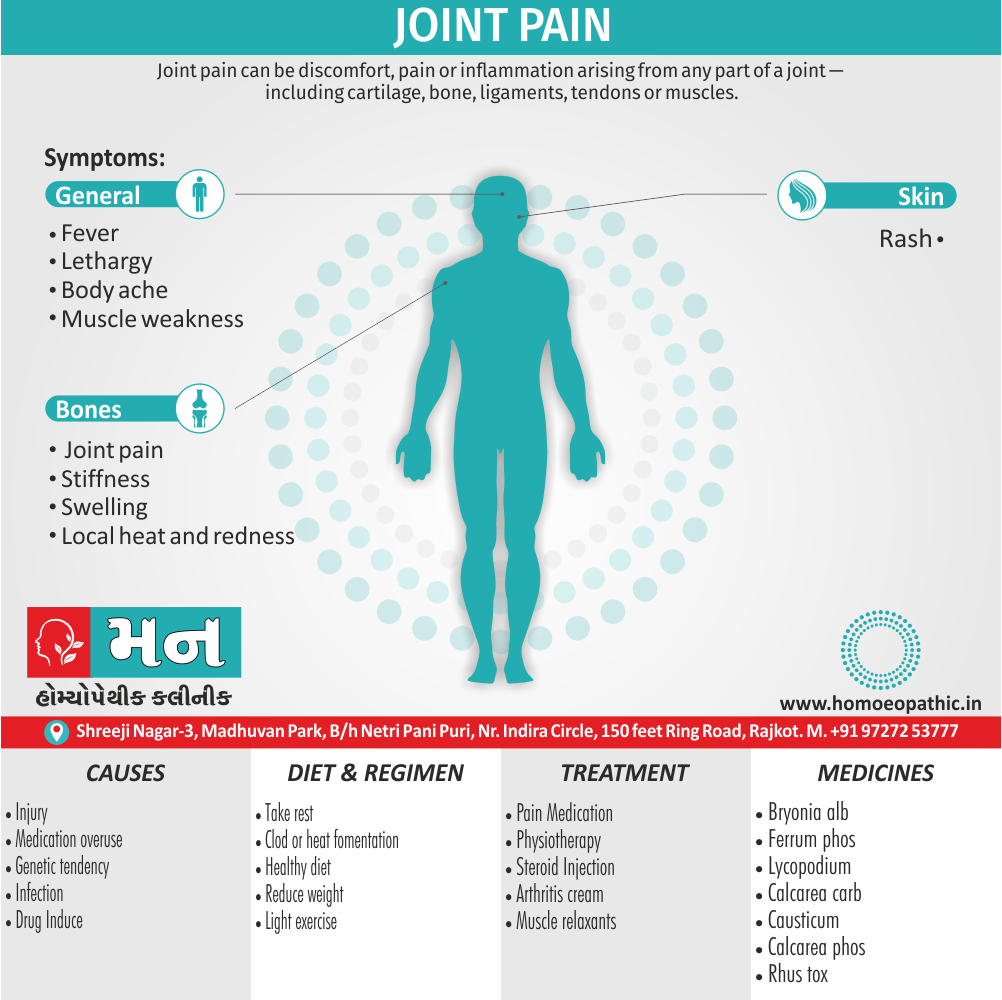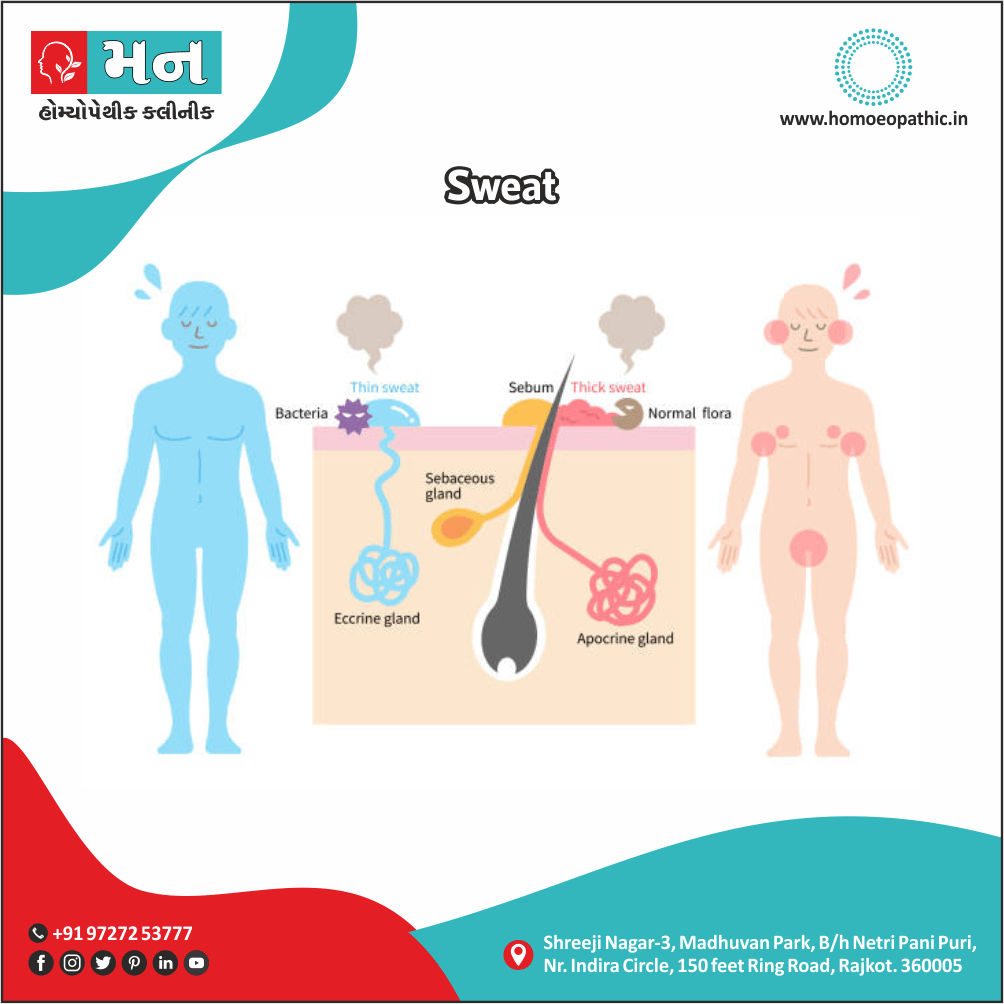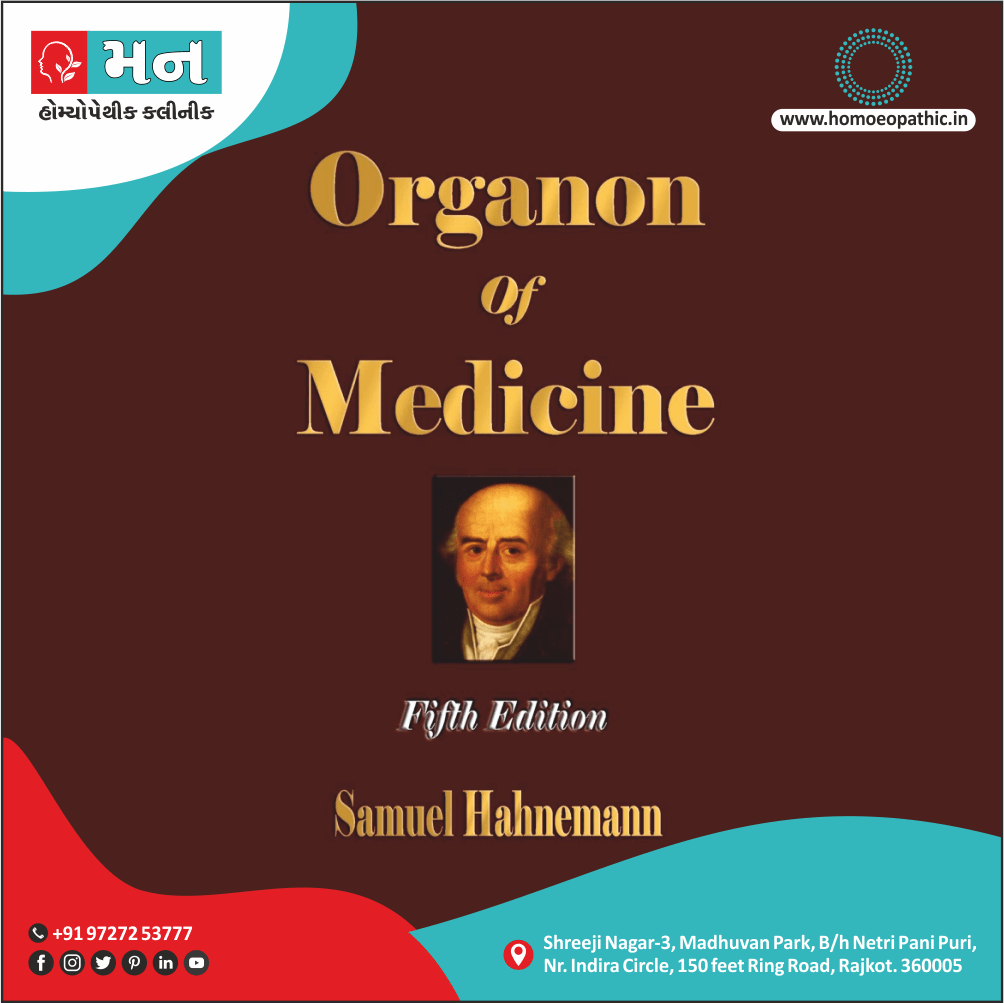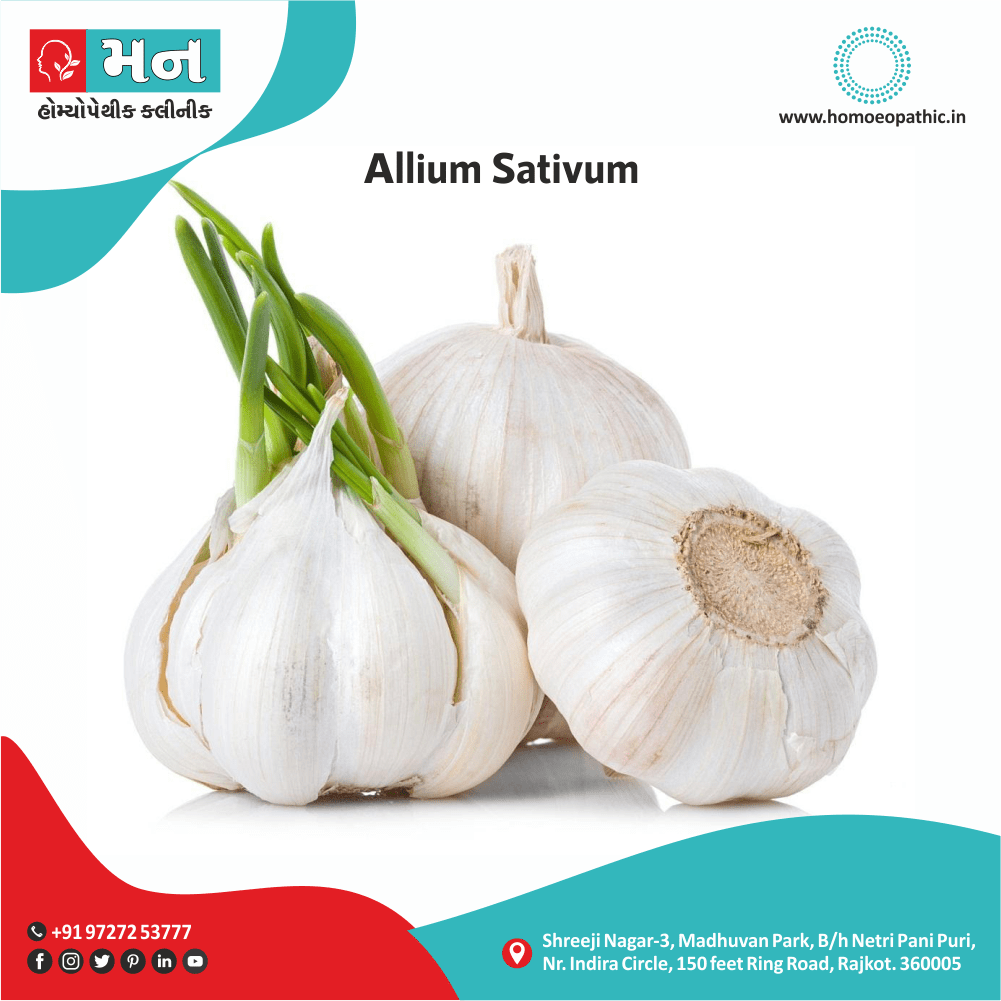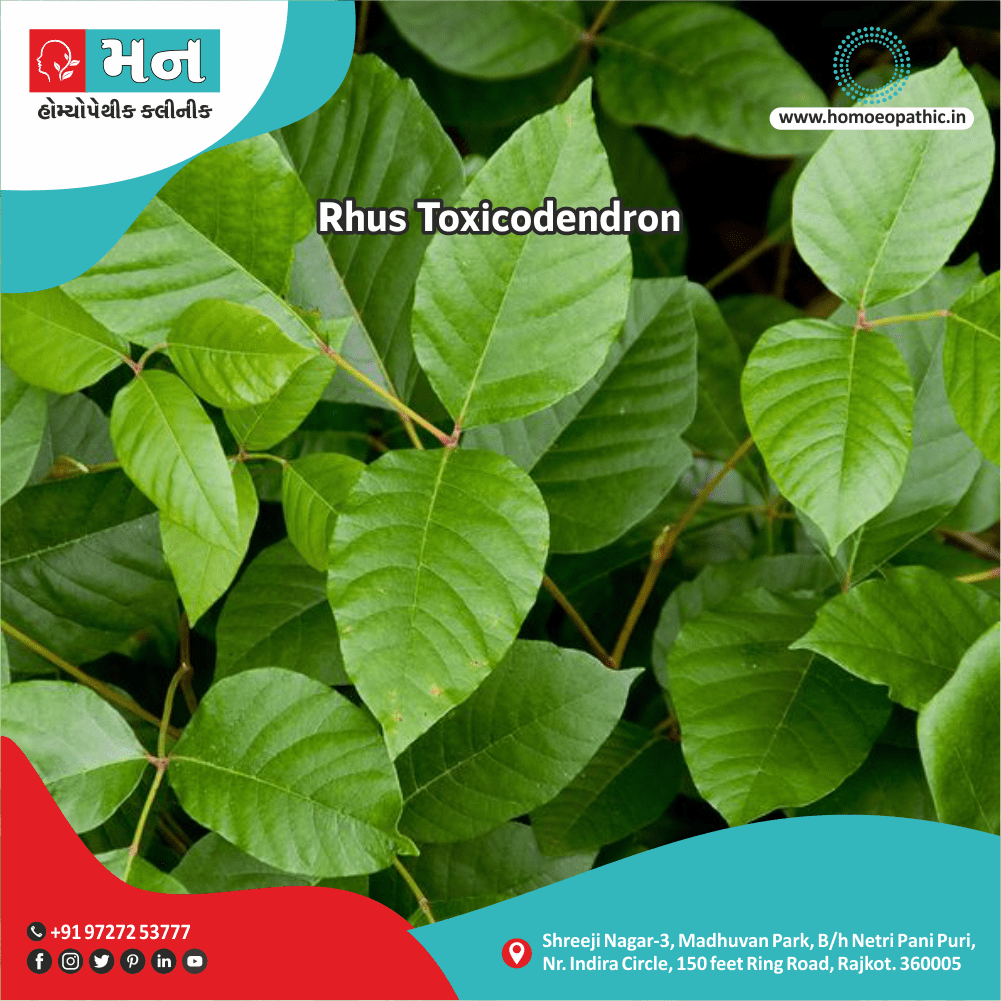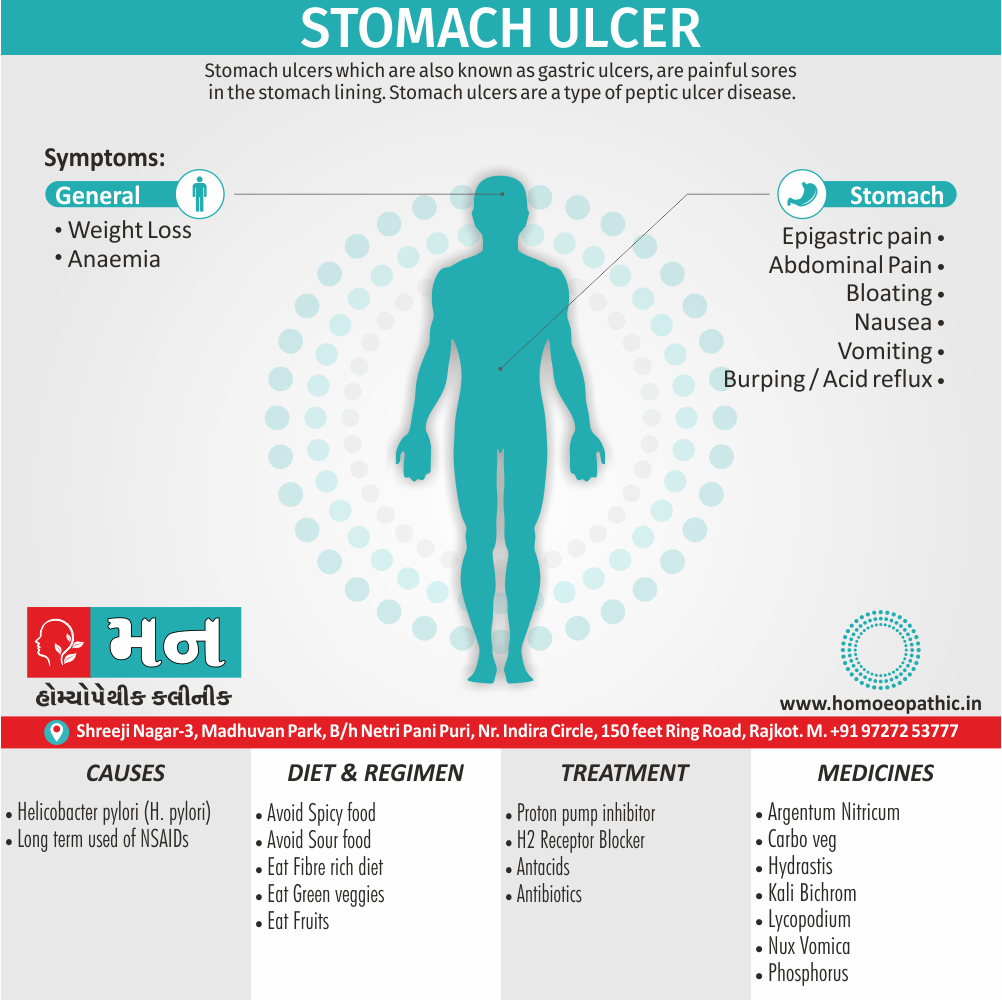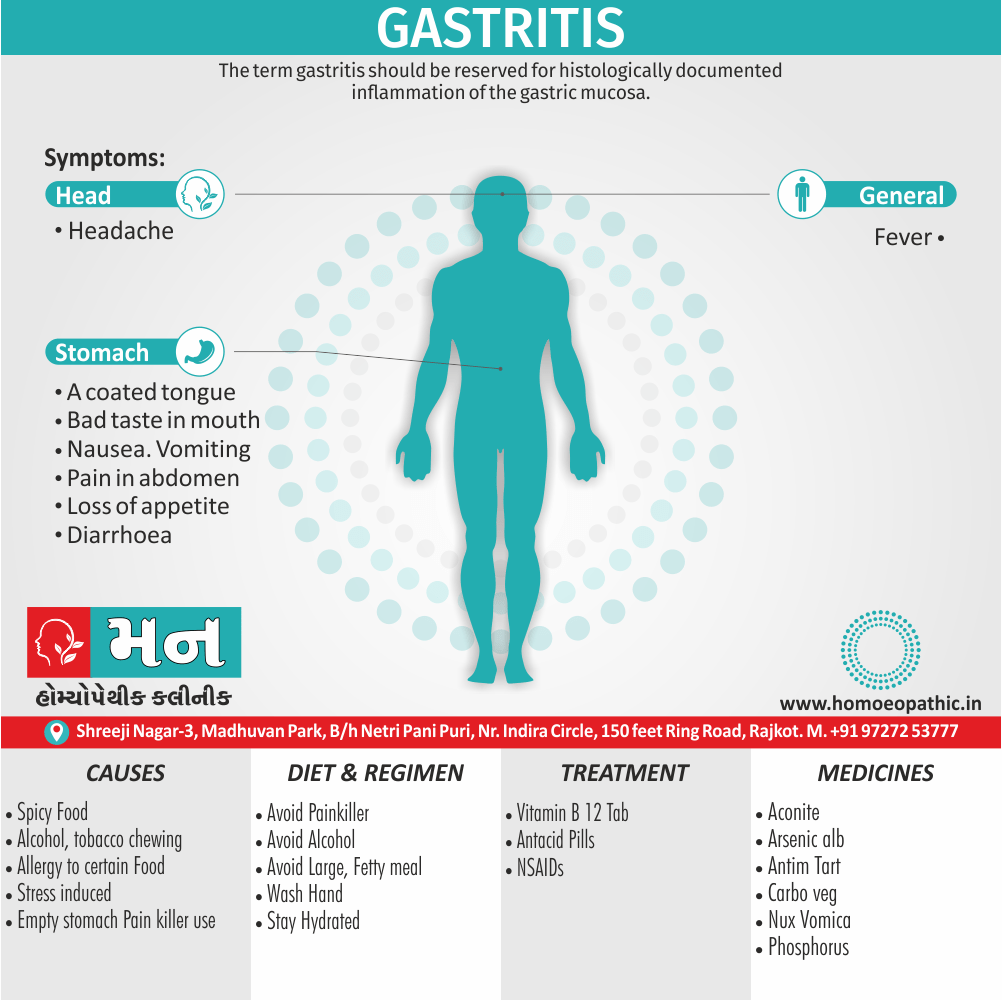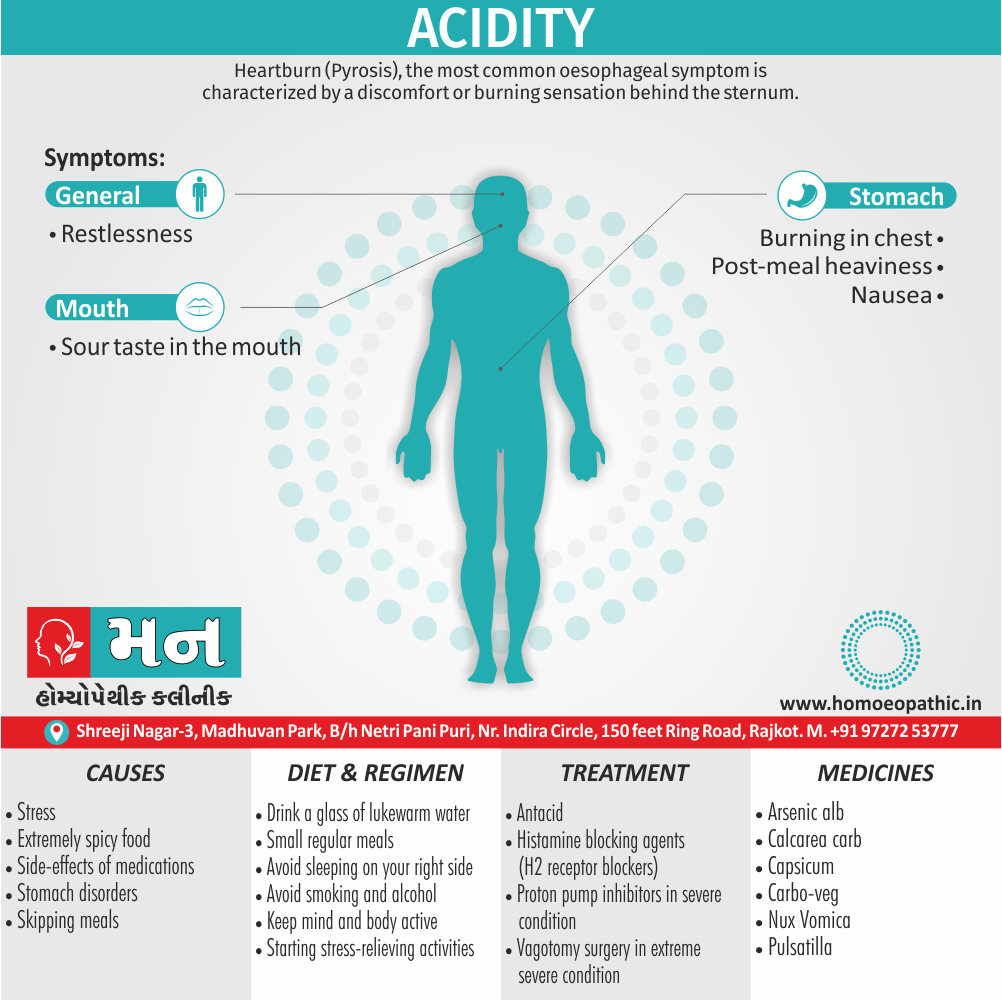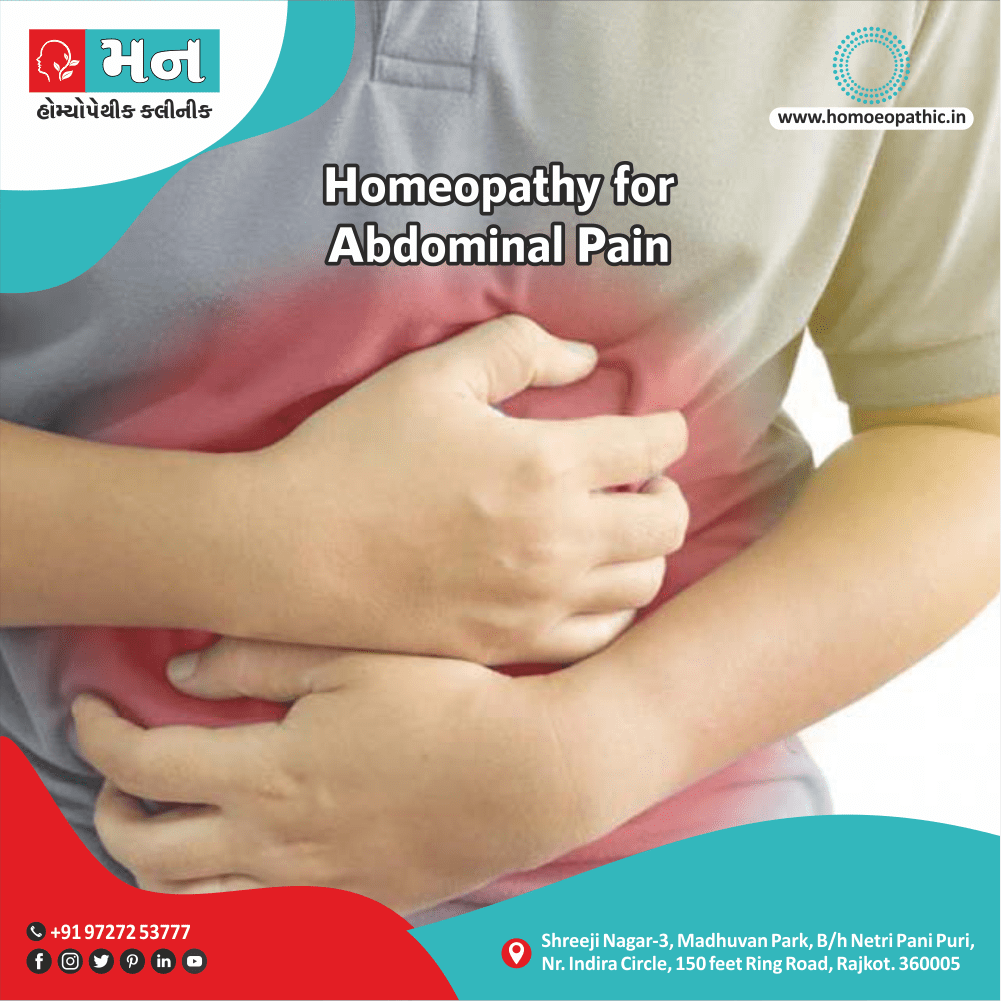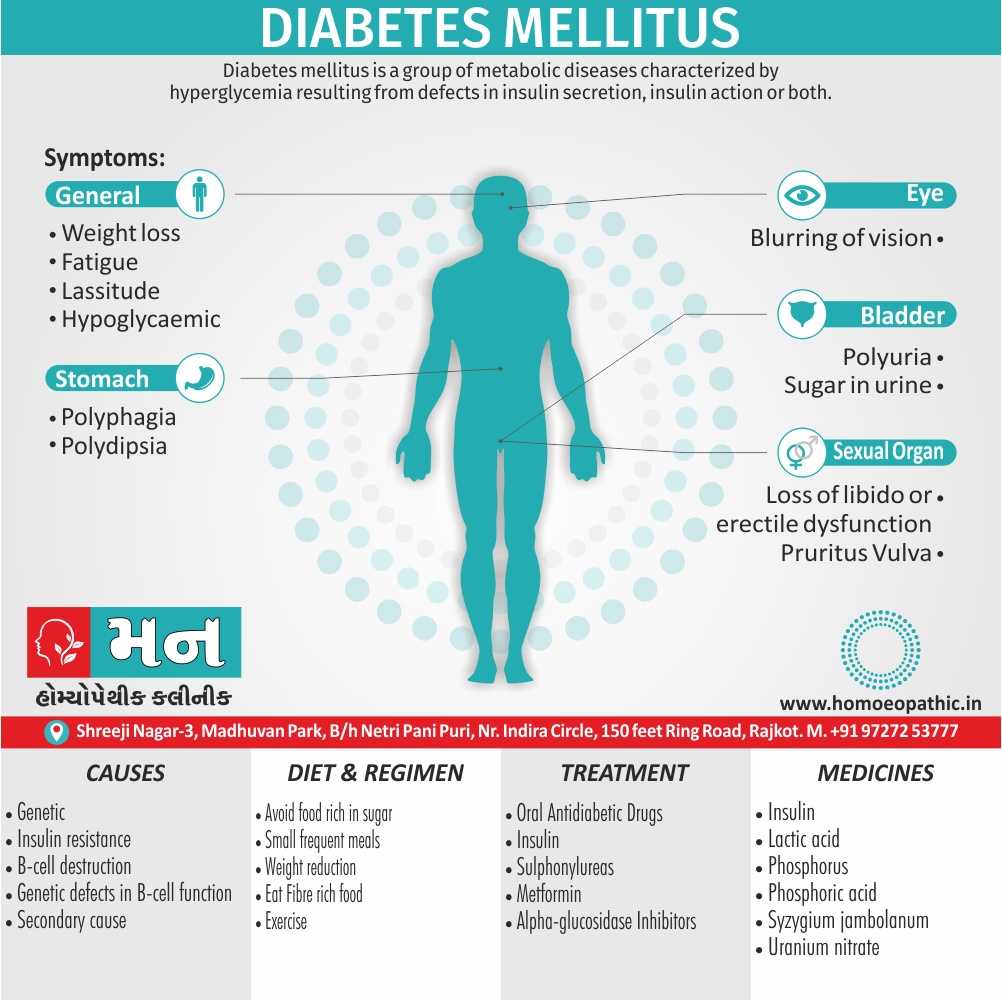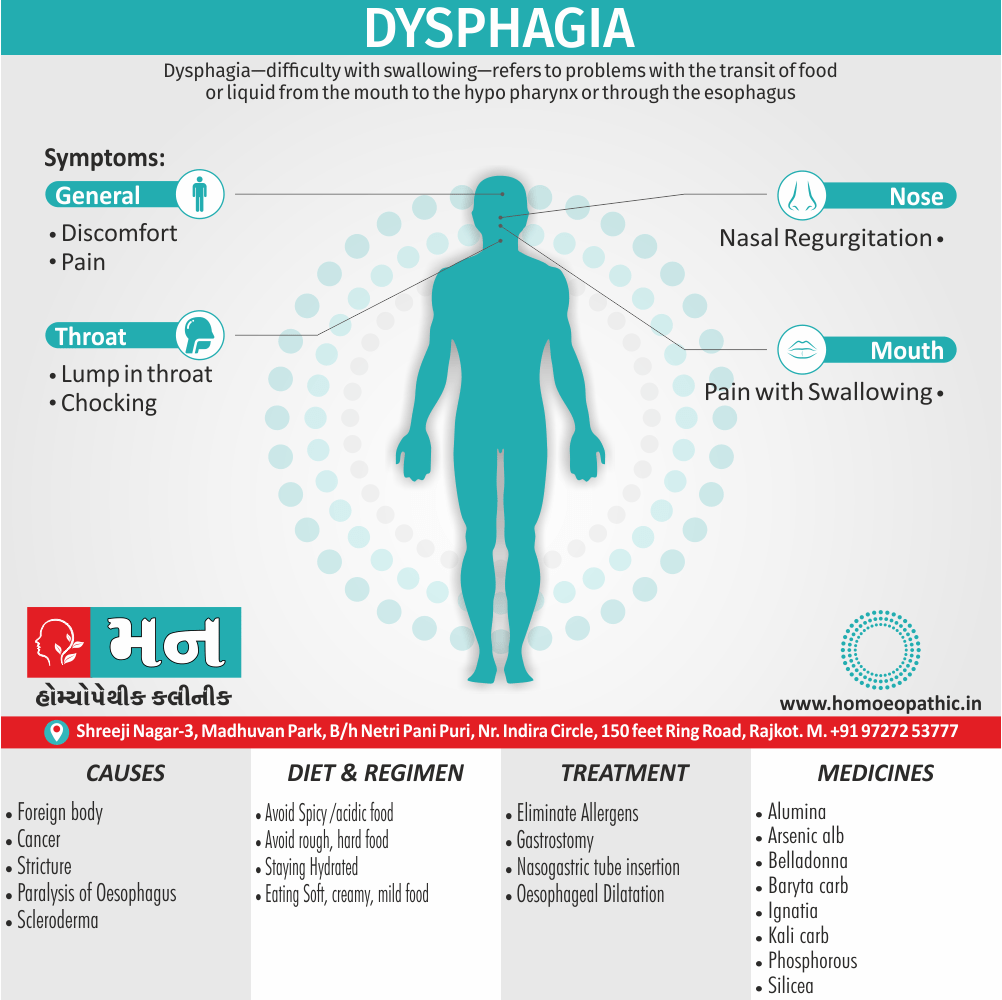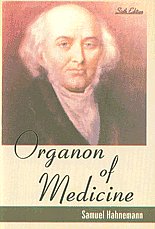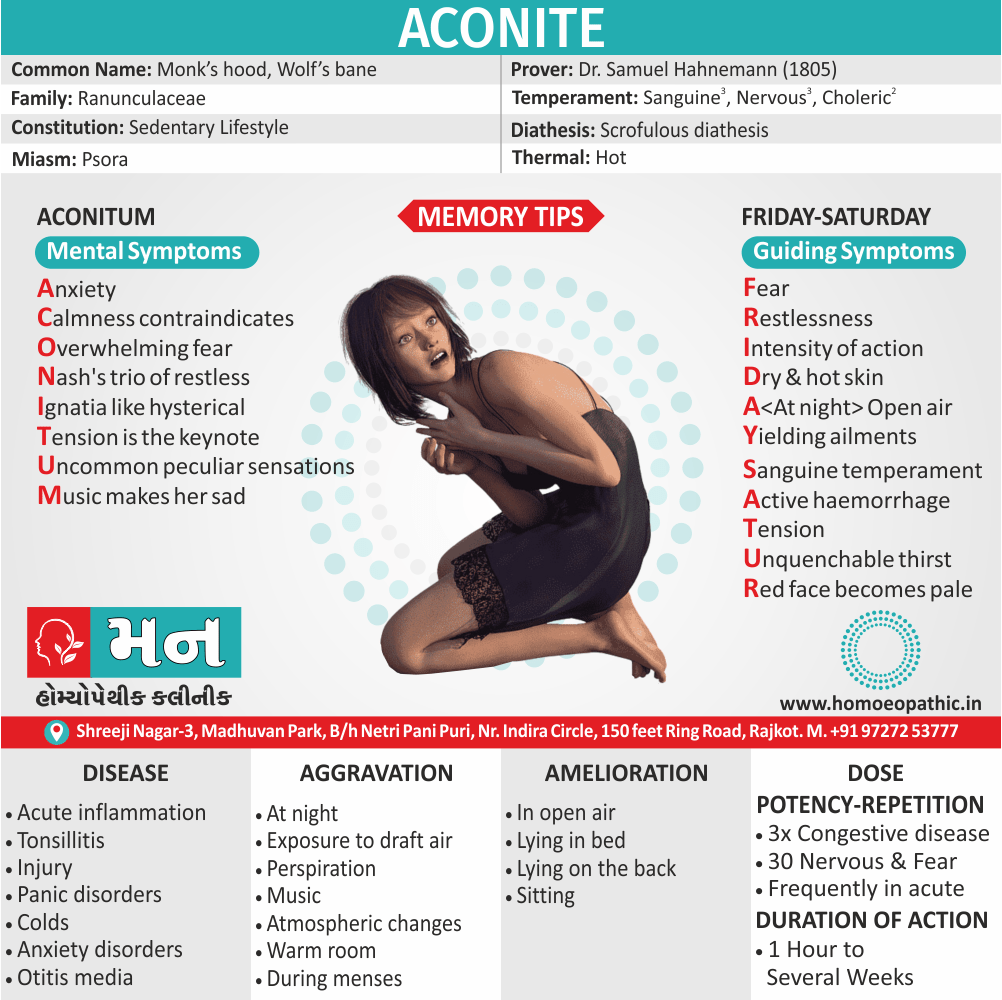Definition of Bed wetting:
It is also known as Enuresis.
Bed wetting or enuresis refers to the involuntary passage of urine during sleep.
Nocturnal enuresis:
Nocturnal enuresis of children may be simply a delay in the establishment of voluntary control over the act of micturition.
Drynight-Bedwetting facts stats
Although wetting is normal in infants and children in the first 12 months, about 13% of 6-year-olds and 5% of 10-year-olds wet the bed. Most girls can stay dry by age six and most boys stay dry by age seven Any child having reached the age of 8 years and not having gained full nocturnal control must be subjected to complete investigations. The child itself only is not responsible as considered by the parents since it is beyond his control and if the case is taken up properly and all etiological factors are taken into consideration the child can be cured.
Causes of Bed Wetting
- A small bladder- Your child’s bladder may not be developed enough to hold urine produced during the night.
- Inability to recognize a full bladder- If the nerves that control the bladder are slow to mature, a full bladder may not wake your child — especially if your child is a deep sleeper.
- A hormone imbalance- During childhood, some kids don’t produce enough anti-diuretic hormone (ADH) to slow nighttime urine production.
- Urinary tract infection- This infection can make it difficult for your child to control urination. Signs and symptoms may include bed-wetting, daytime accidents, frequent urination, red or pink urine, and pain during urination.
- Sleep apnea- Sometimes bed-wetting is a sign of obstructive sleep apnea, a condition in which the child’s breathing is interrupted during sleep — often due to inflamed or enlarged tonsils or adenoids. Other signs and symptoms may include snoring and daytime drowsiness.
- For a child who’s usually dry at night, bed-wetting may be the first sign of diabetes. Other signs and symptoms may include passing large amounts of urine at once, increased thirst, fatigue and weight loss in spite of a good appetite.
- Chronic constipation- The same muscles are used to control urine and stool elimination. When constipation is long term, these muscles can become dysfunctional and contribute to bed-wetting at night.
- A structural problem in the urinary tract or nervous system- Rarely, bed-wetting is related to a defect in the child’s neurological system or urinary system. (1)
Risk factors of Bed wetting
Bed-wetting can affect anyone, but it’s twice as common in boys as in girls. Several factors have been associated with an increased risk of bed-wetting, including:
- Stress and anxiety- Stressful events — such as becoming a big brother or sister, starting a new school, or sleeping away from home — may trigger bed-wetting.
- Family history- If one or both of a child’s parents wet the bed as children, their child has a significant chance of wetting the bed, too.
- Attention-deficit/hyperactivity disorder (ADHD)- Bed-wetting is more common in children who have ADHD.(1)
Pathophysiology of Bed Wetting
- Enuresis is defined as intermittent urinary incontinence during sleep in a child at least five years of age.
- Approximately 5% to 10% of all seven-year-olds have enuresis, and an estimated 5 to 7 million children in the United States have enuresis.
- The pathophysiology of primary nocturnal enuresis involves the inability to awaken from sleep in response to a full bladder, coupled with excessive nighttime urine production or a decreased functional capacity of the bladder.
- Initial evaluation should include a history, physical examination, and urinalysis.
- Several conditions, such as constipation, obstructive sleep apnea, diabetes mellitus, diabetes insipidus, chronic kidney disease, and psychiatric disorders, are associated with enuresis.
- If identified, these conditions should be evaluated and treated. (2)
Types of Bed Wetting
there are 2 types of enuresis (Bed wetting) .
- Primary, in which the child has never been dry at night.
- Secondary, in which the child is dry for a period of months or years and then begins to wet the bed.
Primary Enuresis
Primary enuresis has an organic basis and common causes are
- Delay in maturation of the relevant part of the nervous system.
- Some children acquire control the bladder late.
- Organic causes of Bed wetting:
- In Boys
- Defect in urethral valve.
- Adherent / elongated prepuce
- Phimosis
- In Girls
- Ectopic ureters, which may open in urethral part of vagina. Suspected when the child is able to pass urine normally but dribbles day and night.
- Hooded clitoris.
- In Boys
- Psychological cause of Bed wetting :
- Over enthusiasm on the part of parents regarding the child’s toilet training leads to undue anxiety and enuresis.
- Yelling or spanking the child about his ill-performance or ridiculing him especially in the presence of others has a negative effect on his toilet training.
Secondary Enuresis
Common causes are
-
Psychological causes
- Worry at home or school has reflex irritation of the bladder resulting in enuresis.
- A move to school to school.
- A move to house to house
- Epilepsy
- Chorea is an exciting cause
-
Composition of urine
- High acidity of urine.
- Presence of uric acid crystals.
-
Skin diseases
- Erythema
- Eczema
- Pruritis
-
Diet
- Liberal indulgence in saccharine food
- Liberal use of articles rich in sugar or fatty articles
- Lightly use of fruit rich in sugar
- Drinking of too much coffee
-
Worms
-
Traumatic
- After circumcision operation
- Catheterization
Sign & Symptoms of Enuresis:
- These are usually self apparent;
- some children will sleep right through the night and still wet the bed while asleep while others will wake up and then wet the bed.
- There may be symptoms of itching in genitals or anus in some children.
Clinical Examination of Bed Wetting
- The physical examination should focus on identifying causes of secondary (non monosymptomatic) enuresis because findings are typically normal in primary enuresis.
- Genital and rectal examinations can help identify genitourinary malformations or constipation. These examinations may be considered if acceptable to the child and family, and if there are concerns for secondary enuresis.
- Neurologic examination should include inspection of the lumbosacral spine for signs of occult abnormalities (e.g., dimple, lipoma, hypertrichosis, sacral agenesis), or signs of spinal cord dysfunction, such as tight heel cords, or hammer or claw toes.
- There should also be an assessment of posturing through stressed gait or mirrored movements to evaluate for central nervous system abnormalities.(2)
Investigation of Bed Wetting
- Physical exam. Discussion of symptoms, fluid intake, family history, bowel and bladder habits, and problems associated with bed-wetting.
- Urine tests to check for signs of an infection or diabetes.
- X-rays or other imaging tests of the kidneys or bladder to look at the structure of the urinary tract. (1)
Diagnosis of Enuresis:
A detailed history along with thorough examination is essential to diagnose the case. All extrinsic causes having been excluded, a full urological investigation will be preferred i.e.:
- Sex: Clinical examination of the external genitals of to rule out any organic defect.
- Urine: Chemical and bacteriological examination of twenty four hours specimen of urine to determine any change in composition of urine or any sediment exerted in the urine
- Stool: Examination for worms, some times repeated tests are required as worms are not detected in 1st and 2 nd stool specimen examination.
- Congenital Malformation: Attention should be paid to find any congenital malformation, folds or flaps of mucus membranes in the urethra, narrowing of the bladder neck etc,
- Psychological Investigation: In whom the most searching investigations fail to reveal any abnormality, they will usually be of a highly nervous disposition; Specifically here a homoeopath will play a role of physician, diagnostician and psychologist as well.
Differential diagnosis of Bed Wetting
- Urinary tract infections
- Diabetes
- Sickle cell disease
- Sleep apnea
- Neurological problems
- Kidney or bladder abnormalities (3)
Treatment of Bed wetting
- Most children outgrow bed-wetting on their own. If treatment is needed, it can be based on a discussion of options with your doctor and identifying what will work best for your situation.
- If your child isn’t especially bothered or embarrassed by an occasional wet night, lifestyle changes — such as avoiding caffeine entirely and limiting fluid intake in the evening — may work well. However, if lifestyle changes aren’t successful or if your grade schooler is terrified about wetting the bed, he or she may be helped by additional treatments.
- If found, underlying causes of bed-wetting, such as constipation or sleep apnea, should be addressed before other treatment.
- Options for treating bed-wetting may include moisture alarms and medication.
Moisture alarms
- These small, battery-operated devices — available without a prescription at most pharmacies — connect to a moisture-sensitive pad on your child’s pajamas or bedding. When the pad senses wetness, the alarm goes off.
- Ideally, the moisture alarm sounds just as your child begins to urinate — in time to help your child wake, stop the urine stream and get to the toilet. If your child is a heavy sleeper, another person may need to listen for the alarm and wake the child.
- If you try a moisture alarm, give it plenty of time. It often takes one to three months to see any type of response and up to 16 weeks to achieve dry nights. Moisture alarms are effective for many children, carry a low risk of relapse or side effects, and may provide a better long-term solution than medication does. These devices are not typically covered by insurance.
Medication
Certain types of medication can:
- Slow night-time urine production. The drug desmopressin (DDAVP) reduces urine production at night. But drinking too much liquid with the medication can cause problems, and desmopressin should be avoided if your child has symptoms such as a fever, diarrhea or nausea. Be sure to carefully follow instructions for using this drug.
Desmopressin is given orally as a tablet and is only for children over 5 years old. According to the Food and Drug Administration, nasal spray formulations of desmopressin (Noctiva, others) are no longer recommended for treatment of bed-wetting due to the risk of serious side effects.
- Calm the bladder. If your child has a small bladder, an anticholinergic drug such as oxybutynin (Ditropan XL) may help reduce bladder contractions and increase bladder capacity, especially if daytime wetting also occurs. This drug is usually used along with other medications and is generally recommended when other treatments have failed
Life style change and home remedies:
- Avoid beverages and foods with caffeine- Beverages with caffeine are discouraged for children at any time of day. Because caffeine may stimulate the bladder, it’s especially discouraged in the evening.
- Encourage double voiding before bed- Double voiding is urinating at the beginning of the bedtime routine and then again just before falling asleep. Remind your child that it’s OK to use the toilet during the night if needed. Use small night lights, so your child can easily find the way between the bedroom and bathroom.
- Encourage regular toilet use throughout the day- During the day and evening, suggest that your child urinate every two hours or so, or at least often enough to avoid a feeling of urgency.
- Prevent rashes- To prevent a rash caused by wet underwear, help your child rinse his or her bottom and genital area every morning. It also may help to cover the affected area with a protective moisture barrier ointment or cream at bedtime. Ask your pediatrician for product recommendations.
Alternative medicine
- Some people may choose to try complementary or alternative medicine approaches to treat bed-wetting. For approaches such as hypnosis, acupuncture, chiropractic therapy and herbal therapy, evidence of effectiveness for bed-wetting is weak and inconclusive or such efforts have proved to be ineffective.
Coping and support
- Children don’t wet the bed to irritate their parents. Try to be patient as you and your child work through the problem together. Effective treatment may include several strategies and may take time to be successful.
- Limit fluids in the evening- It’s important to get enough fluids, so there’s no need to limit how much your child drinks in a day. However, encourage drinking liquids in the morning and early afternoon, which may reduce thirst in the evening. But don’t limit evening fluids if your child participates in sports practice or games in the evenings.
- Be sensitive to your child’s feelings- If your child is stressed or anxious, encourage him or her to express those feelings. Offer support and encouragement. When your child feels calm and secure, bed-wetting may become less problematic. If needed, talk to your pediatrician about additional strategies for dealing with stress.
- Plan for easy cleanup- Cover your child’s mattress with a plastic cover. Use thick, absorbent underwear at night to help contain the urine. Keep extra bedding and pajamas handy. However, avoid the long-term use of diapers or disposable pull-up underwear.
- Enlist your child’s help- If age-appropriate, consider asking your child to rinse his or her wet underwear and pajamas or place these items in a specific container for washing. Taking responsibility for bed-wetting may help your child feel more control over the situation.
- Celebrate effort- Bed-wetting is involuntary, so it doesn’t make sense to punish or tease your child for wetting the bed. Also, discourage siblings from teasing the child who wets the bed. Instead, praise your child for following the bedtime routine and helping clean up after accidents. Use a sticker reward system if you think this might help motivate your child. (4)
Prevention of Bed Wetting
- Reduce evening fluid intake- Do not give your child anything to drink in the two hours before bedtime, especially drinks such as tea or sodas that contain caffeine.
- Have your child go to the bathroom before getting into bed.
- Set a goal for your child of getting up at night to use the toilet- Instead of focusing on making it through the night dry, help your child understand that it is more important to wake up every night to use the toilet.
- Make sure the child has easy access to the toilet- Clear the path from their bed to the toilet and install night-lights. Provide a portable toilet if necessary.
- Reward your child for remaining dry- A system of sticker charts and rewards works for some children. The child gets a sticker on the chart for every night of remaining dry. A certain number of stickers earn a reward.
- Consider using absorbent pants at night- Some believe that you should avoid using absorbent pants at home because they can interfere with the motivation to wake up and use the toilet. Others argue that absorbent pants help the child feel more independent and confident. Talk to your child’s doctor to determine what is best for your child.
- Monitor your child’s bowel movements- Constipation can interfere with the complete and efficient emptying of the bladder. Talk to your pediatrician if your child has troubles with constipation. (5)
Homeopathic Treatment of Bed Wetting
Homeopathy treats the person as a whole. It means that homeopathic treatment focuses on the patient as a person, as well as his pathological condition. The homeopathic medicines selected after a full individualizing examination and case-analysis.
Which includes
- The medical history of the patient,
- Physical and mental constitution,
- Family history,
- Presenting symptoms,
- Underlying pathology,
- Possible causative factors etc.
A miasmatic tendency (predisposition/susceptibility) also often taken into account for the treatment of chronic conditions.
What Homoeopathic doctors do?
A homeopathy doctor tries to treat more than just the presenting symptoms. The focus is usually on what caused the disease condition? Why ‘this patient’ is sick ‘this way’?
The disease diagnosis is important but in homeopathy, the cause of disease not just probed to the level of bacteria and viruses. Other factors like mental, emotional and physical stress that could predispose a person to illness also looked for. Now a days, even modern medicine also considers a large number of diseases as psychosomatic. The correct homeopathy remedy tries to correct this disease predisposition.
The focus is not on curing the disease but to cure the person who is sick, to restore the health. If a disease pathology not very advanced, homeopathy remedies do give a hope for cure but even in incurable cases, the quality of life can greatly improve with homeopathic medicines.
Homeopathic Medicines for Bed Wetting:
The homeopathic remedies (medicines) given below indicate the therapeutic affinity but this is not a complete and definite guide to the homeopathy treatment of this condition. The symptoms listed against each homeopathic remedy may not be directly related to this disease because in homeopathy general symptoms and constitutional indications also taken into account for selecting a remedy, potency and repetition of dose by Homeopathic doctor.
So, here we describe homeopathic medicine only for reference and education purpose. Do not take medicines without consulting registered homeopathic doctor (BHMS or M.D. Homeopath).
Medicines:
Due to organic causes
Causticum : Particularly in children during first sleep worse in winter and ceases or becomes more moderate in summer with great debility .
Belladonna: Children with blue eyes , light hair , fine complexion , restless sleep, involuntary urination consequent upon paralysis of sphincter muscles.
Rhus tox : Enuresis due to weakness of bladder with constant dribbling of urine.
Ferrum met: As under change of composition of urine .
Sabal serrulata : Due to paralysis of sphincter ,constant desire to pass urine at night
Gelsemium : Due to paralysis of sphincter muscles , does not like to talk with any body .
Dulcamara : Enuresis after some disease of bladder, worse from cold and damp. The child desires different things ,but rejects on receiving them , copious turbid foul smelling urine .
Petroleum : Due to weakness of bladder, urine drops out even after urination, involuntary at night in bed .
Due to psychological causes
Kreosotum : Enuresis with dream of urination in a decent manner, wets the bed at night. A girl 16 years of age suffering from enuresis has been cured on the basis of this particular symptom.
Borax : Frequent urination at night, children who are frightened when being laid in a cot or carried down stairs.
Argentum nitricum : Great nervousness with restlessness, urine passes unconsciously and interruptedly, pale fetid urine, drinking coffee aggravates.
Sulphur : wetting bed at night, copious discharge of children who suffer from chronic cutaneous eruption.
Psorinum : Worse during full moon. Intractable cases, when there is an eczematous history. In children when there are Psoric manifestations. Secretions have filthy smell. The child is very sensitive to cold.
Constitutional basis :
Calcarea carb : complaints of children who are fat, fair and flabby too much emission of urination at night. Sour vomiting of children during dentition with a tendency to eat indigestible things such as chalk, pencils etc,
Medorrhinum : in children where there is a psychotic history nocturnal enuresis weak memory, fear in the dark as if some one is behind her/him.
Sepia : The sepia child is dull, depressed moody indolent with a greasy skin disinterested in work worse from change of weather. A tendency to diarrhoea from boiled mil, the child is prone to enuresis during the first sleep (Causticum).
Tuberculinum : Enuresis in a child with primary tuberculosis psychotic persons
Sulphur : for pale lean children with loose abdomen who love sugar and highly seasoned food and aversion to be washed, micturition midnight .
In young girls :
Pulsatilla : suited to cases of nocturnal enuresis occurring in children of tearful habit, conscious of its leakage but unable to control it. The urine passed drop by drop.
Kali phos : Enuresis in longer children due to nervous factors.
Calcarea carb : Scrofulous children sweat easily wetting the follow and catch cold easily.
Kali brom : Nocturnal enuresis from profound sleep of children or young persons.
Lac canium : As under psychological causes.
Opium : As under psychological causes
When without any apparent cause but due to more habit
Equisetum : Enuresis by day and night, it acts well when it remains a mere force of habit, after removal of the primary cause, dreams of seeing crowd of people
Due to defective digestion
Nux vom : Loves fats and tolerated them well , nausea in the morning after eating . Irritable bladder from spasmodic splinter, frequent calls little and often with dribbling of urine.
Carbo veg : when associated with acidity of the stomach
Iodine : Children eat too much but still emaciate all the time.
Change in urine composition
Benzoic acid : when enuresis is accompanied by high colored and strong smelling urine, Benzoic acid will turn the urine normal and prevent its escape.
Ferrum met : more in day time than at night. Floods the bed 5-6 times at night; stains the bed very dark and smell very strong. Clay colored sediment adhering to bottom of vessel.
Cubeba : urine foamy with smell of violets. Frequent urination due to some organic disease as uretheritis prostates.
Viburnum : urine of a foul odor like cat urine can not hold urine while walking
When due to worms
Cina : the chief remedy for worms. The child is very irritable useful for round and thread worms (not pin worms) urine turns milky on standing. Enuresis during first sleep, great appetite soon after leaving the table.
Silica : useful for children suffering from worms due to weakness of urinary organs
Santon ine : Especially useful for children suffering from ascaris, lumbricoids and thread worms and not tape worms, urine greenish if acidic and reddish if alkaline
Sepia : Incontinence of urine at night especially 1 st sleep the urine is very offensive and deposits a clay colored, sediment which adheres to the chambers.
Nat. mur : Hungry yet looses flesh , craving for salt , aversion to bread and fats , child emaciating from neck urine passing involuntarily when walking and coughing , has to weight a long time for it to pass if others are present .
“ Kreosotum” and “ Belladonna” – who sleep so deeply that they loose control of their bodily function. “ Sepia” wets himself during the first part of the sleep, while his days are spent tidying up in order to restore a sense of cleanliness and order.
“ Capsicum” has never recovered from a house move or other displacement.
Kali bichromicum : is trying to define his boundaries just like an animal marking its territory
Lac canium : is the main remedy for long standing enuresis, which may continue through in to adolescence. Additionally, the patient believes he is worthless and that he will never achieve any thing.
Diet & Regimen of Bed wetting
CINNAMON
- Chewing cinnamon bark daily can help to reduce bedwetting tendencies. If child refuse to chew you can fed powdered cinnamon.
AMLA
- Amla is high in vitamin C and antioxidants. It not only helps to build strong immunity but also prevents urinary and intestinal infections.
- It is helpful to control sudden urination while sleeping. Mix amla powder in warm water and sprinkle 2 pinch black pepper powder in it.
- This herbal remedy can slowly cure bedwetting tendency in kids.
OLIVE OIL
- Massage the lower abdomen with warm olive oil everyday. It helps to prevent involuntary flexing of the pelvic muscles which is the main cause of bedwetting.
APPLE CIDER VINEGAR
- It is said that apple cider vinegar reduces the acidic level in stomach that irritates the bowel. Bowel irritation is one of the cause of bedwetting.
- Dilute 2 table spoon of ACV in a glass of water and give it to your kid. to make it less bitter you can add honey.
JAGGERY
- Jaggery helps to keep the body warm which may minimize the bedwetting tendency in kids. Give your kids a piece of jaggery with warm milk everyday. You can prepare any treat with jaggery too.
HIGH FIBER DIET
- In treatment of bedwetting, a healthy diet can go way long towards improvement.
- Constipation is one of the factors responsible for bedwetting. Including fiber rich foods such as whole grains, oats, nuts and seeds, legumes, vegetables and fruits in diet can help to easily flush out harmful toxins from the body and are good to prevent constipation thus stopping or controlling bedwetting.
MAGNESIUM RICH FOODS IN DIET
- According to research children deficient in magnesium might suffer from bedwetting.
- Lack of magnesium makes the nervous system less responsive. Including magnesium rich foods in a kid’s diet can help in treatment of bedwetting and can control or solve this problem. Sesame seeds, avocado, legumes, tofu bananas are some foods that are high in magnesium. (Magnesium for hormone) (6)
Reference:
- https://www.mayoclinic.org/diseases-conditions/bed-wetting/symptoms-causes/syc-20366685
- https://www.aafp.org/pubs/afp/issues/2014/1015/p560.html
- https://my.clevelandclinic.org/health/diseases/15075-bedwetting#
- https://www.mayoclinic.org/diseases-conditions/bed-wetting/diagnosis-treatment/drc-20366711
- https://www.webmd.com/sleep-disorders/overcome-bedwetting
- https://blog.iyurved.com/5-home-remedies-and-foods-to-cure-bedwetting/
What is Bed Wetting?
It is also known as Enuresis. Bed wetting or enuresis refers to the involuntary passage of urine during sleep.
Homeopathic Medicines used by Homeopathic Doctors in treatment of Bed Wetting?
- Causticum
- Sabal serrulata
- Kreosotum
- Pulsatilla
- Kali brom
- Equisetum
- Nux vom
- Benzoic acid
- Cina
What are the symptoms of Bed Wetting?
- Self apparent
- Some children will sleep right through the night and still wet the bed
- While others will wake up and then wet the bed
- Itching in genitals or anus in some children
What are the causes of Bed Wetting?
- Delay in maturation
- Defect in urethral valve.
- Adherent / elongated prepuce, Phimosis
- Ectopic ureters, Hooded clitoris
- Worry at home or school
- A move to school to school or house to house
- Epilepsy, Chorea
- High acidity of urine
- Erythema, Eczema, Pruritis
- Liberal indulgence in saccharine food
- Drinking of too much coffee
- Worms
- Catheterization
Definition:
It is also known as Enuresis.
Bed wetting or enuresis refers to the involuntary passage of urine during sleep.
Overview
Epidemiology
Causes
Risk Factors
Types
Pathophysiology
Clinical Features
Sign & Symptoms
Clinical Examination
Diagnosis
Differential Diagnosis
Complications
Investigations
Treatment
Prevention
Homeopathic Treatment
Diet & Regimen
Do’s and Dont’s
Terminology
References
FAQ
Also Search As
Overview
Nocturnal enuresis:
Nocturnal enuresis of children may be simply a delay in the establishment of voluntary control over the act of micturition.
Drynight-Bedwetting facts stats
Although wetting is normal in infants and children in the first 12 months, about 13% of 6-year-olds and 5% of 10-year-olds wet the bed. Most girls can stay dry by age six and most boys stay dry by age seven Any child having reached the age of 8 years and not having gained full nocturnal control must be subjected to complete investigations. The child itself only is not responsible as considered by the parents since it is beyond his control and if the case is taken up properly and all etiological factors are taken into consideration the child can be cured.
Epidemiology
Indian epidemiology then other
Causes
Causes of Bed Wetting
- A small bladder- Your child’s bladder may not be developed enough to hold urine produced during the night.
- Inability to recognize a full bladder- If the nerves that control the bladder are slow to mature, a full bladder may not wake your child — especially if your child is a deep sleeper.
- A hormone imbalance- During childhood, some kids don’t produce enough anti-diuretic hormone (ADH) to slow nighttime urine production.
- Urinary tract infection- This infection can make it difficult for your child to control urination. Signs and symptoms may include bed-wetting, daytime accidents, frequent urination, red or pink urine, and pain during urination.
- Sleep apnea- Sometimes bed-wetting is a sign of obstructive sleep apnea, a condition in which the child’s breathing is interrupted during sleep — often due to inflamed or enlarged tonsils or adenoids. Other signs and symptoms may include snoring and daytime drowsiness.
- For a child who’s usually dry at night, bed-wetting may be the first sign of diabetes. Other signs and symptoms may include passing large amounts of urine at once, increased thirst, fatigue and weight loss in spite of a good appetite.
- Chronic constipation- The same muscles are used to control urine and stool elimination. When constipation is long term, these muscles can become dysfunctional and contribute to bed-wetting at night.
- A structural problem in the urinary tract or nervous system- Rarely, bed-wetting is related to a defect in the child’s neurological system or urinary system. (1)
Risk Factors
Risk factors of Bed wetting
Bed-wetting can affect anyone, but it’s twice as common in boys as in girls. Several factors have been associated with an increased risk of bed-wetting, including:
- Stress and anxiety- Stressful events — such as becoming a big brother or sister, starting a new school, or sleeping away from home — may trigger bed-wetting.
- Family history- If one or both of a child’s parents wet the bed as children, their child has a significant chance of wetting the bed, too.
- Attention-deficit/hyperactivity disorder (ADHD)- Bed-wetting is more common in children who have ADHD.(1)
Types
Types of Bed Wetting
there are 2 types of enuresis (Bed wetting) .
- Primary, in which the child has never been dry at night.
- Secondary, in which the child is dry for a period of months or years and then begins to wet the bed.
Primary Enuresis
Primary enuresis has an organic basis and common causes are
- Delay in maturation of the relevant part of the nervous system.
- Some children acquire control the bladder late.
- Organic causes of Bed wetting:
- In Boys
- Defect in urethral valve.
- Adherent / elongated prepuce
- Phimosis
- In Girls
- Ectopic ureters, which may open in urethral part of vagina. Suspected when the child is able to pass urine normally but dribbles day and night.
- Hooded clitoris.
- In Boys
- Psychological cause of Bed wetting :
- Over enthusiasm on the part of parents regarding the child’s toilet training leads to undue anxiety and enuresis.
- Yelling or spanking the child about his ill-performance or ridiculing him especially in the presence of others has a negative effect on his toilet training.
Secondary Enuresis
Common causes are
Psychological causes
- Worry at home or school has reflex irritation of the bladder resulting in enuresis.
- A move to school to school.
- A move to house to house
- Epilepsy
- Chorea is an exciting cause
Composition of urine
- High acidity of urine.
- Presence of uric acid crystals.
Skin diseases
- Erythema
- Eczema
- Pruritis
Diet
- Liberal indulgence in saccharine food
- Liberal use of articles rich in sugar or fatty articles
- Lightly use of fruit rich in sugar
- Drinking of too much coffee
Worms
Traumatic
- After circumcision operation
- Catheterization
Pathophysiology
Pathophysiology of Bed Wetting
- Enuresis is defined as intermittent urinary incontinence during sleep in a child at least five years of age.
- Approximately 5% to 10% of all seven-year-olds have enuresis, and an estimated 5 to 7 million children in the United States have enuresis.
- The pathophysiology of primary nocturnal enuresis involves the inability to awaken from sleep in response to a full bladder, coupled with excessive nighttime urine production or a decreased functional capacity of the bladder.
- Initial evaluation should include a history, physical examination, and urinalysis.
- Several conditions, such as constipation, obstructive sleep apnea, diabetes mellitus, diabetes insipidus, chronic kidney disease, and psychiatric disorders, are associated with enuresis.
- If identified, these conditions should be evaluated and treated. (2)
Clinical Features
Tab Content
Sign & Symptoms
Sign & Symptoms of Enuresis:
- These are usually self apparent;
- some children will sleep right through the night and still wet the bed while asleep while others will wake up and then wet the bed.
- There may be symptoms of itching in genitals or anus in some children.
Clinical Examination
Clinical Examination of Bed Wetting
- The physical examination should focus on identifying causes of secondary (non monosymptomatic) enuresis because findings are typically normal in primary enuresis.
- Genital and rectal examinations can help identify genitourinary malformations or constipation. These examinations may be considered if acceptable to the child and family, and if there are concerns for secondary enuresis.
- Neurologic examination should include inspection of the lumbosacral spine for signs of occult abnormalities (e.g., dimple, lipoma, hypertrichosis, sacral agenesis), or signs of spinal cord dysfunction, such as tight heel cords, or hammer or claw toes.
- There should also be an assessment of posturing through stressed gait or mirrored movements to evaluate for central nervous system abnormalities.(2)
Diagnosis
Diagnosis of Enuresis:
A detailed history along with thorough examination is essential to diagnose the case. All extrinsic causes having been excluded, a full urological investigation will be preferred i.e.:
- Sex: Clinical examination of the external genitals of to rule out any organic defect.
- Urine: Chemical and bacteriological examination of twenty four hours specimen of urine to determine any change in composition of urine or any sediment exerted in the urine
- Stool: Examination for worms, some times repeated tests are required as worms are not detected in 1st and 2 nd stool specimen examination.
- Congenital Malformation: Attention should be paid to find any congenital malformation, folds or flaps of mucus membranes in the urethra, narrowing of the bladder neck etc,
- Psychological Investigation: In whom the most searching investigations fail to reveal any abnormality, they will usually be of a highly nervous disposition; Specifically here a homoeopath will play a role of physician, diagnostician and psychologist as well.
Differential Diagnosis
Differential diagnosis of Bed Wetting
- Urinary tract infections
- Diabetes
- Sickle cell disease
- Sleep apnea
- Neurological problems
- Kidney or bladder abnormalities (3)
Complications
Complications are what happen after you have a disease. They are the negative consequences of the disease process.
Investigations
Investigation of Bed Wetting
- Physical exam. Discussion of symptoms, fluid intake, family history, bowel and bladder habits, and problems associated with bed-wetting.
- Urine tests to check for signs of an infection or diabetes.
- X-rays or other imaging tests of the kidneys or bladder to look at the structure of the urinary tract. (1)
Treatment
Treatment of Bed wetting
- Most children outgrow bed-wetting on their own. If treatment is needed, it can be based on a discussion of options with your doctor and identifying what will work best for your situation.
- If your child isn’t especially bothered or embarrassed by an occasional wet night, lifestyle changes — such as avoiding caffeine entirely and limiting fluid intake in the evening — may work well. However, if lifestyle changes aren’t successful or if your grade schooler is terrified about wetting the bed, he or she may be helped by additional treatments.
- If found, underlying causes of bed-wetting, such as constipation or sleep apnea, should be addressed before other treatment.
- Options for treating bed-wetting may include moisture alarms and medication.
Moisture alarms
- These small, battery-operated devices — available without a prescription at most pharmacies — connect to a moisture-sensitive pad on your child’s pajamas or bedding. When the pad senses wetness, the alarm goes off.
- Ideally, the moisture alarm sounds just as your child begins to urinate — in time to help your child wake, stop the urine stream and get to the toilet. If your child is a heavy sleeper, another person may need to listen for the alarm and wake the child.
- If you try a moisture alarm, give it plenty of time. It often takes one to three months to see any type of response and up to 16 weeks to achieve dry nights. Moisture alarms are effective for many children, carry a low risk of relapse or side effects, and may provide a better long-term solution than medication does. These devices are not typically covered by insurance.
Medication
Certain types of medication can:
- Slow night-time urine production. The drug desmopressin (DDAVP) reduces urine production at night. But drinking too much liquid with the medication can cause problems, and desmopressin should be avoided if your child has symptoms such as a fever, diarrhea or nausea. Be sure to carefully follow instructions for using this drug.
Desmopressin is given orally as a tablet and is only for children over 5 years old. According to the Food and Drug Administration, nasal spray formulations of desmopressin (Noctiva, others) are no longer recommended for treatment of bed-wetting due to the risk of serious side effects.
- Calm the bladder. If your child has a small bladder, an anticholinergic drug such as oxybutynin (Ditropan XL) may help reduce bladder contractions and increase bladder capacity, especially if daytime wetting also occurs. This drug is usually used along with other medications and is generally recommended when other treatments have failed
Life style change and home remedies:
- Avoid beverages and foods with caffeine- Beverages with caffeine are discouraged for children at any time of day. Because caffeine may stimulate the bladder, it’s especially discouraged in the evening.
- Encourage double voiding before bed- Double voiding is urinating at the beginning of the bedtime routine and then again just before falling asleep. Remind your child that it’s OK to use the toilet during the night if needed. Use small night lights, so your child can easily find the way between the bedroom and bathroom.
- Encourage regular toilet use throughout the day- During the day and evening, suggest that your child urinate every two hours or so, or at least often enough to avoid a feeling of urgency.
- Prevent rashes- To prevent a rash caused by wet underwear, help your child rinse his or her bottom and genital area every morning. It also may help to cover the affected area with a protective moisture barrier ointment or cream at bedtime. Ask your pediatrician for product recommendations.
Alternative medicine
- Some people may choose to try complementary or alternative medicine approaches to treat bed-wetting. For approaches such as hypnosis, acupuncture, chiropractic therapy and herbal therapy, evidence of effectiveness for bed-wetting is weak and inconclusive or such efforts have proved to be ineffective.
Coping and support
- Children don’t wet the bed to irritate their parents. Try to be patient as you and your child work through the problem together. Effective treatment may include several strategies and may take time to be successful.
- Limit fluids in the evening- It’s important to get enough fluids, so there’s no need to limit how much your child drinks in a day. However, encourage drinking liquids in the morning and early afternoon, which may reduce thirst in the evening. But don’t limit evening fluids if your child participates in sports practice or games in the evenings.
- Be sensitive to your child’s feelings- If your child is stressed or anxious, encourage him or her to express those feelings. Offer support and encouragement. When your child feels calm and secure, bed-wetting may become less problematic. If needed, talk to your pediatrician about additional strategies for dealing with stress.
- Plan for easy cleanup- Cover your child’s mattress with a plastic cover. Use thick, absorbent underwear at night to help contain the urine. Keep extra bedding and pajamas handy. However, avoid the long-term use of diapers or disposable pull-up underwear.
- Enlist your child’s help- If age-appropriate, consider asking your child to rinse his or her wet underwear and pajamas or place these items in a specific container for washing. Taking responsibility for bed-wetting may help your child feel more control over the situation.
- Celebrate effort- Bed-wetting is involuntary, so it doesn’t make sense to punish or tease your child for wetting the bed. Also, discourage siblings from teasing the child who wets the bed. Instead, praise your child for following the bedtime routine and helping clean up after accidents. Use a sticker reward system if you think this might help motivate your child. (4)
Prevention
Prevention of Bed Wetting
- Reduce evening fluid intake- Do not give your child anything to drink in the two hours before bedtime, especially drinks such as tea or sodas that contain caffeine.
- Have your child go to the bathroom before getting into bed.
- Set a goal for your child of getting up at night to use the toilet- Instead of focusing on making it through the night dry, help your child understand that it is more important to wake up every night to use the toilet.
- Make sure the child has easy access to the toilet- Clear the path from their bed to the toilet and install night-lights. Provide a portable toilet if necessary.
- Reward your child for remaining dry- A system of sticker charts and rewards works for some children. The child gets a sticker on the chart for every night of remaining dry. A certain number of stickers earn a reward.
- Consider using absorbent pants at night- Some believe that you should avoid using absorbent pants at home because they can interfere with the motivation to wake up and use the toilet. Others argue that absorbent pants help the child feel more independent and confident. Talk to your child’s doctor to determine what is best for your child.
- Monitor your child’s bowel movements- Constipation can interfere with the complete and efficient emptying of the bladder. Talk to your pediatrician if your child has troubles with constipation. (5)
Homeopathic Treatment
Homeopathic Treatment of Bed Wetting
Homeopathy treats the person as a whole. It means that homeopathic treatment focuses on the patient as a person, as well as his pathological condition. The homeopathic medicines selected after a full individualizing examination and case-analysis.
Which includes
- The medical history of the patient,
- Physical and mental constitution,
- Family history,
- Presenting symptoms,
- Underlying pathology,
- Possible causative factors etc.
A miasmatic tendency (predisposition/susceptibility) also often taken into account for the treatment of chronic conditions.
What Homoeopathic doctors do?
A homeopathy doctor tries to treat more than just the presenting symptoms. The focus is usually on what caused the disease condition? Why ‘this patient’ is sick ‘this way’?
The disease diagnosis is important but in homeopathy, the cause of disease not just probed to the level of bacteria and viruses. Other factors like mental, emotional and physical stress that could predispose a person to illness also looked for. Now a days, even modern medicine also considers a large number of diseases as psychosomatic. The correct homeopathy remedy tries to correct this disease predisposition.
The focus is not on curing the disease but to cure the person who is sick, to restore the health. If a disease pathology not very advanced, homeopathy remedies do give a hope for cure but even in incurable cases, the quality of life can greatly improve with homeopathic medicines.
Homeopathic Medicines for Bed Wetting:
The homeopathic remedies (medicines) given below indicate the therapeutic affinity but this is not a complete and definite guide to the homeopathy treatment of this condition. The symptoms listed against each homeopathic remedy may not be directly related to this disease because in homeopathy general symptoms and constitutional indications also taken into account for selecting a remedy, potency and repetition of dose by Homeopathic doctor.
So, here we describe homeopathic medicine only for reference and education purpose. Do not take medicines without consulting registered homeopathic doctor (BHMS or M.D. Homeopath).
Medicines:
Due to organic causes
Causticum : Particularly in children during first sleep worse in winter and ceases or becomes more moderate in summer with great debility .
Belladonna: Children with blue eyes , light hair , fine complexion , restless sleep, involuntary urination consequent upon paralysis of sphincter muscles.
Rhus tox : Enuresis due to weakness of bladder with constant dribbling of urine.
Ferrum met: As under change of composition of urine .
Sabal serrulata : Due to paralysis of sphincter ,constant desire to pass urine at night
Gelsemium : Due to paralysis of sphincter muscles , does not like to talk with any body .
Dulcamara : Enuresis after some disease of bladder, worse from cold and damp. The child desires different things ,but rejects on receiving them , copious turbid foul smelling urine .
Petroleum : Due to weakness of bladder, urine drops out even after urination, involuntary at night in bed .
Due to psychological causes
Kreosotum : Enuresis with dream of urination in a decent manner, wets the bed at night. A girl 16 years of age suffering from enuresis has been cured on the basis of this particular symptom.
Borax : Frequent urination at night, children who are frightened when being laid in a cot or carried down stairs.
Argentum nitricum : Great nervousness with restlessness, urine passes unconsciously and interruptedly, pale fetid urine, drinking coffee aggravates.
Sulphur : wetting bed at night, copious discharge of children who suffer from chronic cutaneous eruption.
Psorinum : Worse during full moon. Intractable cases, when there is an eczematous history. In children when there are Psoric manifestations. Secretions have filthy smell. The child is very sensitive to cold.
Constitutional basis :
Calcarea carb : complaints of children who are fat, fair and flabby too much emission of urination at night. Sour vomiting of children during dentition with a tendency to eat indigestible things such as chalk, pencils etc,
Medorrhinum : in children where there is a psychotic history nocturnal enuresis weak memory, fear in the dark as if some one is behind her/him.
Sepia : The sepia child is dull, depressed moody indolent with a greasy skin disinterested in work worse from change of weather. A tendency to diarrhoea from boiled mil, the child is prone to enuresis during the first sleep (Causticum).
Tuberculinum : Enuresis in a child with primary tuberculosis psychotic persons
Sulphur : for pale lean children with loose abdomen who love sugar and highly seasoned food and aversion to be washed, micturition midnight .
In young girls :
Pulsatilla : suited to cases of nocturnal enuresis occurring in children of tearful habit, conscious of its leakage but unable to control it. The urine passed drop by drop.
Kali phos : Enuresis in longer children due to nervous factors.
Calcarea carb : Scrofulous children sweat easily wetting the follow and catch cold easily.
Kali brom : Nocturnal enuresis from profound sleep of children or young persons.
Lac canium : As under psychological causes.
Opium : As under psychological causes
When without any apparent cause but due to more habit
Equisetum : Enuresis by day and night, it acts well when it remains a mere force of habit, after removal of the primary cause, dreams of seeing crowd of people
Due to defective digestion
Nux vom : Loves fats and tolerated them well , nausea in the morning after eating . Irritable bladder from spasmodic splinter, frequent calls little and often with dribbling of urine.
Carbo veg : when associated with acidity of the stomach
Iodine : Children eat too much but still emaciate all the time.
Change in urine composition
Benzoic acid : when enuresis is accompanied by high colored and strong smelling urine, Benzoic acid will turn the urine normal and prevent its escape.
Ferrum met : more in day time than at night. Floods the bed 5-6 times at night; stains the bed very dark and smell very strong. Clay colored sediment adhering to bottom of vessel.
Cubeba : urine foamy with smell of violets. Frequent urination due to some organic disease as uretheritis prostates.
Viburnum : urine of a foul odor like cat urine can not hold urine while walking
When due to worms
Cina : the chief remedy for worms. The child is very irritable useful for round and thread worms (not pin worms) urine turns milky on standing. Enuresis during first sleep, great appetite soon after leaving the table.
Silica : useful for children suffering from worms due to weakness of urinary organs
Santon ine : Especially useful for children suffering from ascaris, lumbricoids and thread worms and not tape worms, urine greenish if acidic and reddish if alkaline
Sepia : Incontinence of urine at night especially 1 st sleep the urine is very offensive and deposits a clay colored, sediment which adheres to the chambers.
Nat. mur : Hungry yet looses flesh , craving for salt , aversion to bread and fats , child emaciating from neck urine passing involuntarily when walking and coughing , has to weight a long time for it to pass if others are present .
“ Kreosotum” and “ Belladonna” – who sleep so deeply that they loose control of their bodily function. “ Sepia” wets himself during the first part of the sleep, while his days are spent tidying up in order to restore a sense of cleanliness and order.
“ Capsicum” has never recovered from a house move or other displacement.
Kali bichromicum : is trying to define his boundaries just like an animal marking its territory
Lac canium : is the main remedy for long standing enuresis, which may continue through in to adolescence. Additionally, the patient believes he is worthless and that he will never achieve any thing.
Diet & Regimen
Diet & Regimen of Bed wetting
CINNAMON
- Chewing cinnamon bark daily can help to reduce bedwetting tendencies. If child refuse to chew you can fed powdered cinnamon.
AMLA
- Amla is high in vitamin C and antioxidants. It not only helps to build strong immunity but also prevents urinary and intestinal infections.
- It is helpful to control sudden urination while sleeping. Mix amla powder in warm water and sprinkle 2 pinch black pepper powder in it.
- This herbal remedy can slowly cure bedwetting tendency in kids.
OLIVE OIL
- Massage the lower abdomen with warm olive oil everyday. It helps to prevent involuntary flexing of the pelvic muscles which is the main cause of bedwetting.
APPLE CIDER VINEGAR
- It is said that apple cider vinegar reduces the acidic level in stomach that irritates the bowel. Bowel irritation is one of the cause of bedwetting.
- Dilute 2 table spoon of ACV in a glass of water and give it to your kid. to make it less bitter you can add honey.
JAGGERY
- Jaggery helps to keep the body warm which may minimize the bedwetting tendency in kids. Give your kids a piece of jaggery with warm milk everyday. You can prepare any treat with jaggery too.
HIGH FIBER DIET
- In treatment of bedwetting, a healthy diet can go way long towards improvement.
- Constipation is one of the factors responsible for bedwetting. Including fiber rich foods such as whole grains, oats, nuts and seeds, legumes, vegetables and fruits in diet can help to easily flush out harmful toxins from the body and are good to prevent constipation thus stopping or controlling bedwetting.
MAGNESIUM RICH FOODS IN DIET
- According to research children deficient in magnesium might suffer from bedwetting.
- Lack of magnesium makes the nervous system less responsive. Including magnesium rich foods in a kid’s diet can help in treatment of bedwetting and can control or solve this problem. Sesame seeds, avocado, legumes, tofu bananas are some foods that are high in magnesium. (Magnesium for hormone) (6)
Do’s and Dont’s
Tab Content
Terminology
Tab Content
References
Reference:
- https://www.mayoclinic.org/diseases-conditions/bed-wetting/symptoms-causes/syc-20366685
- https://www.aafp.org/pubs/afp/issues/2014/1015/p560.html
- https://my.clevelandclinic.org/health/diseases/15075-bedwetting#
- https://www.mayoclinic.org/diseases-conditions/bed-wetting/diagnosis-treatment/drc-20366711
- https://www.webmd.com/sleep-disorders/overcome-bedwetting
- https://blog.iyurved.com/5-home-remedies-and-foods-to-cure-bedwetting/
FAQ
What is Bed Wetting?
It is also known as Enuresis. Bed wetting or enuresis refers to the involuntary passage of urine during sleep.
Homeopathic Medicines used by Homeopathic Doctors in treatment of Bed Wetting?
- Causticum
- Sabal serrulata
- Kreosotum
- Pulsatilla
- Kali brom
- Equisetum
- Nux vom
- Benzoic acid
- Cina
What are the symptoms of Bed Wetting?
- Self apparent
- Some children will sleep right through the night and still wet the bed
- While others will wake up and then wet the bed
- Itching in genitals or anus in some children
What are the causes of Bed Wetting?
- Delay in maturation
- Defect in urethral valve.
- Adherent / elongated prepuce, Phimosis
- Ectopic ureters, Hooded clitoris
- Worry at home or school
- A move to school to school or house to house
- Epilepsy, Chorea
- High acidity of urine
- Erythema, Eczema, Pruritis
- Liberal indulgence in saccharine food
- Drinking of too much coffee
- Worms
- Catheterization
Also Search As
Frequently Asked Questions (FAQ)
XYZ
XXX
XYZ
XXX
XYZ
XXX
People found Homeopathic Clinic For XXXX by searching for
XXX
People found Homeopathic Doctors for XXXX by searching for
XXX
People found Homeopathic treatment for XXXX by searching for
XXX
